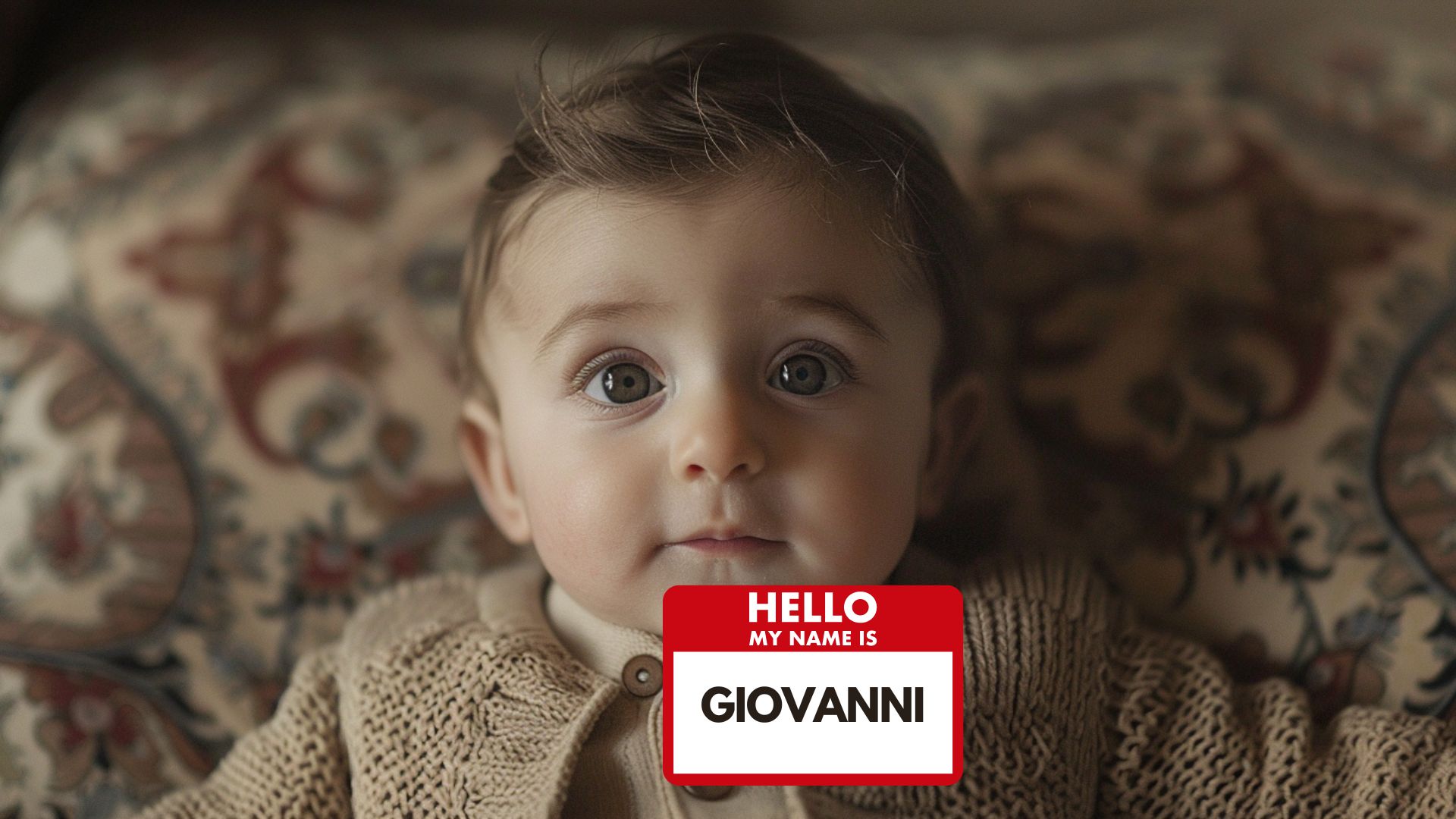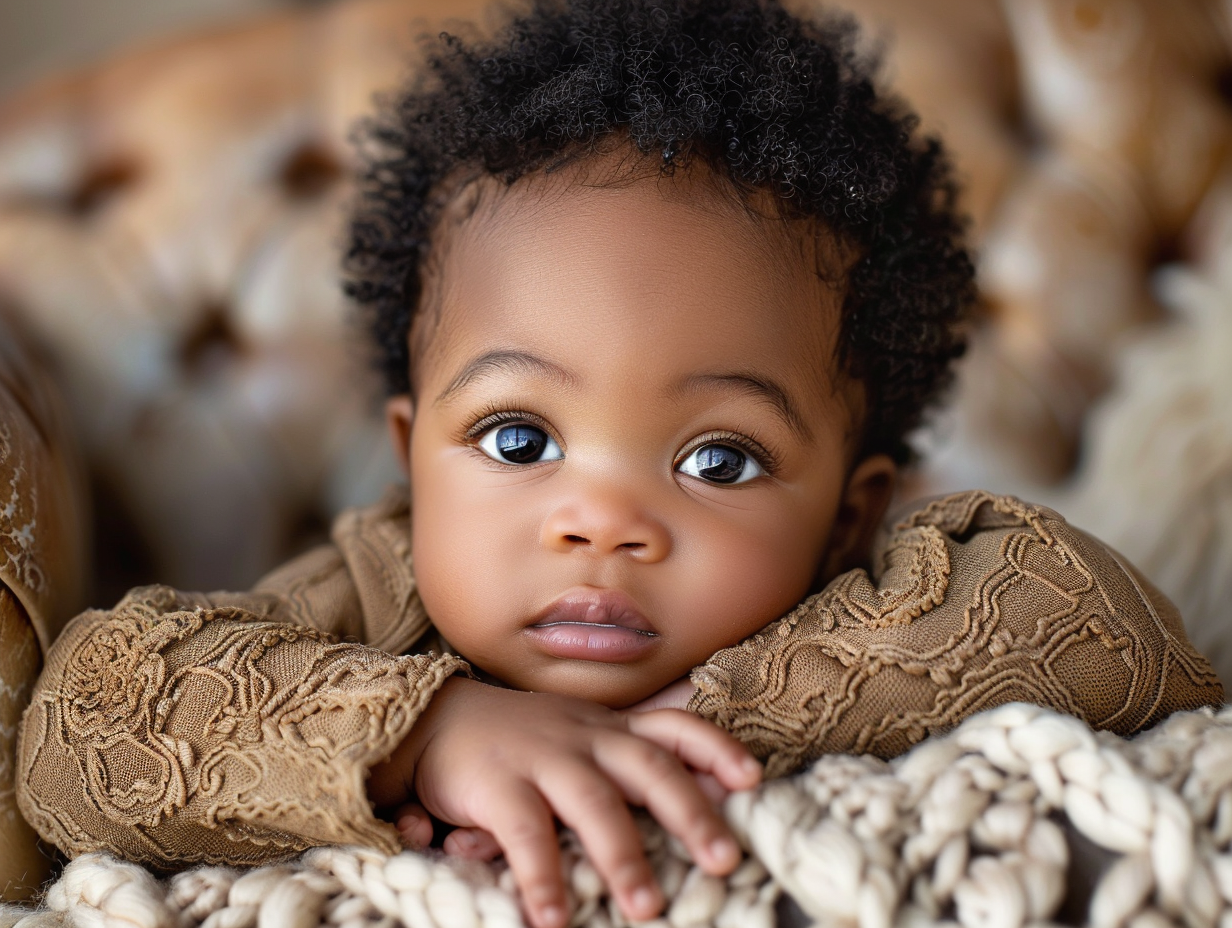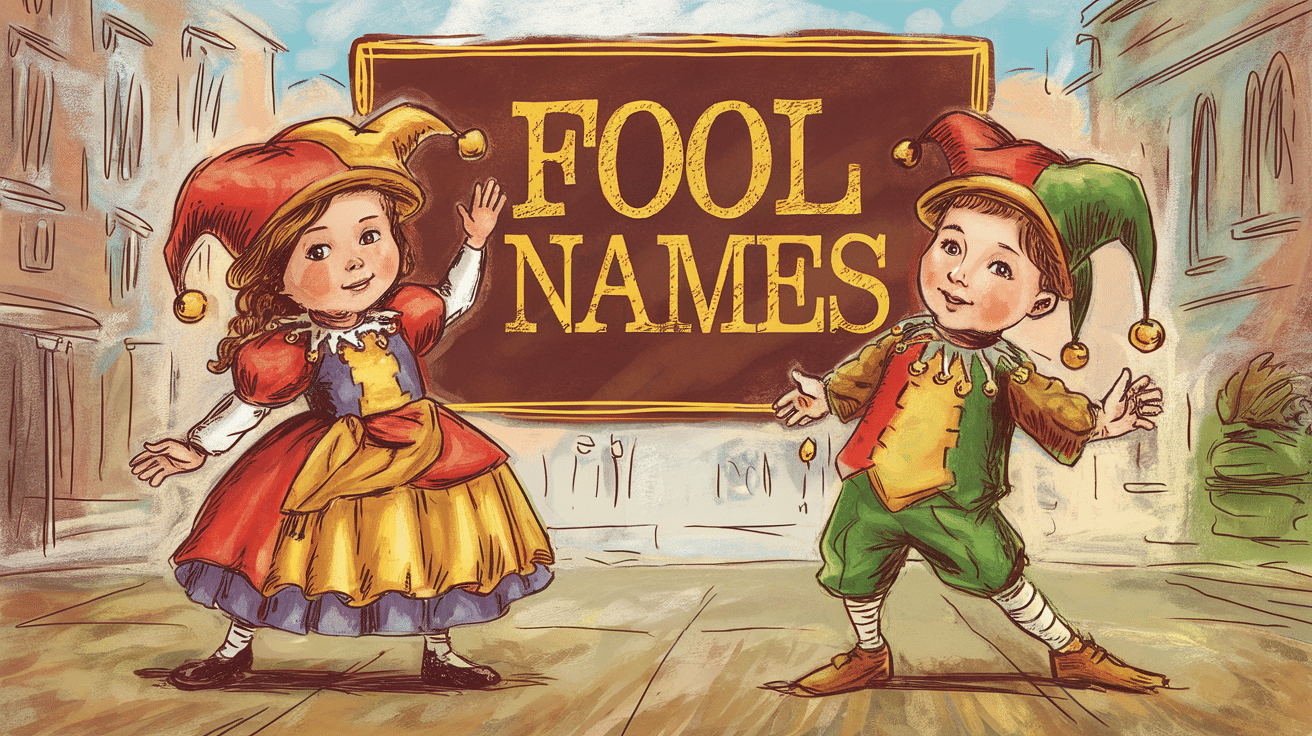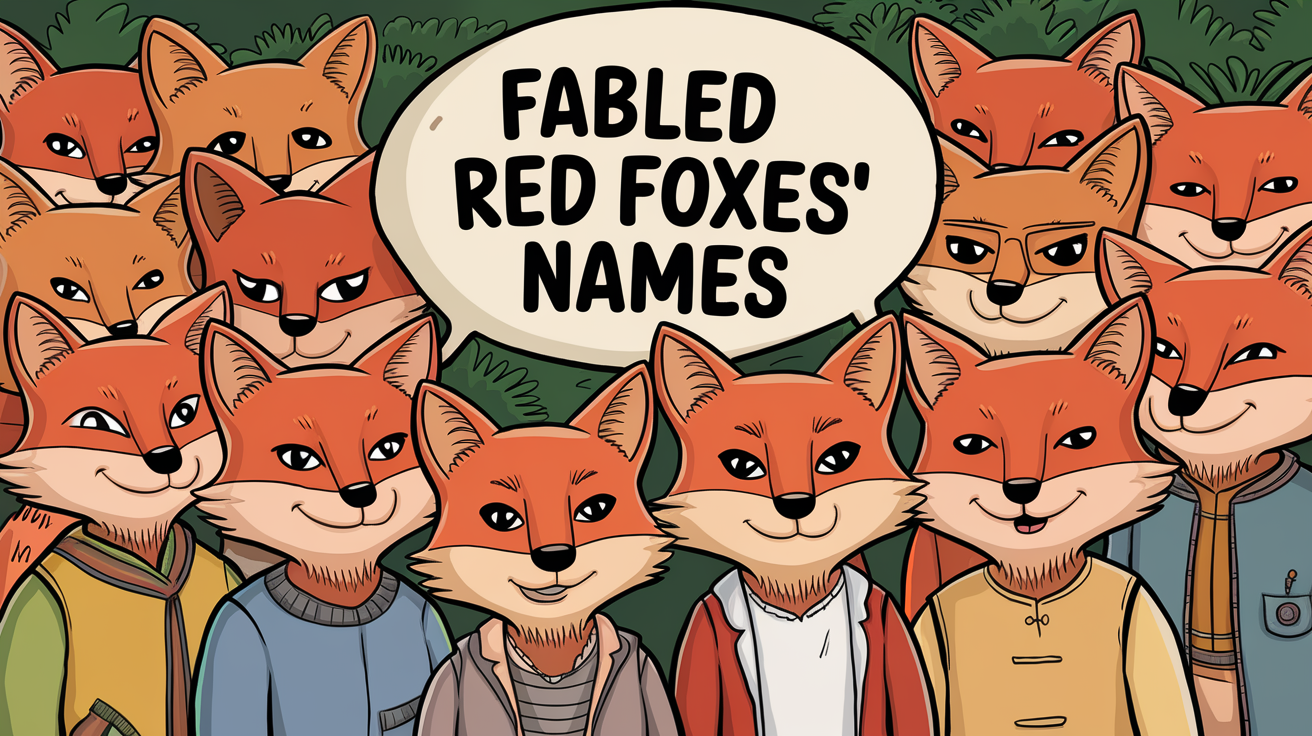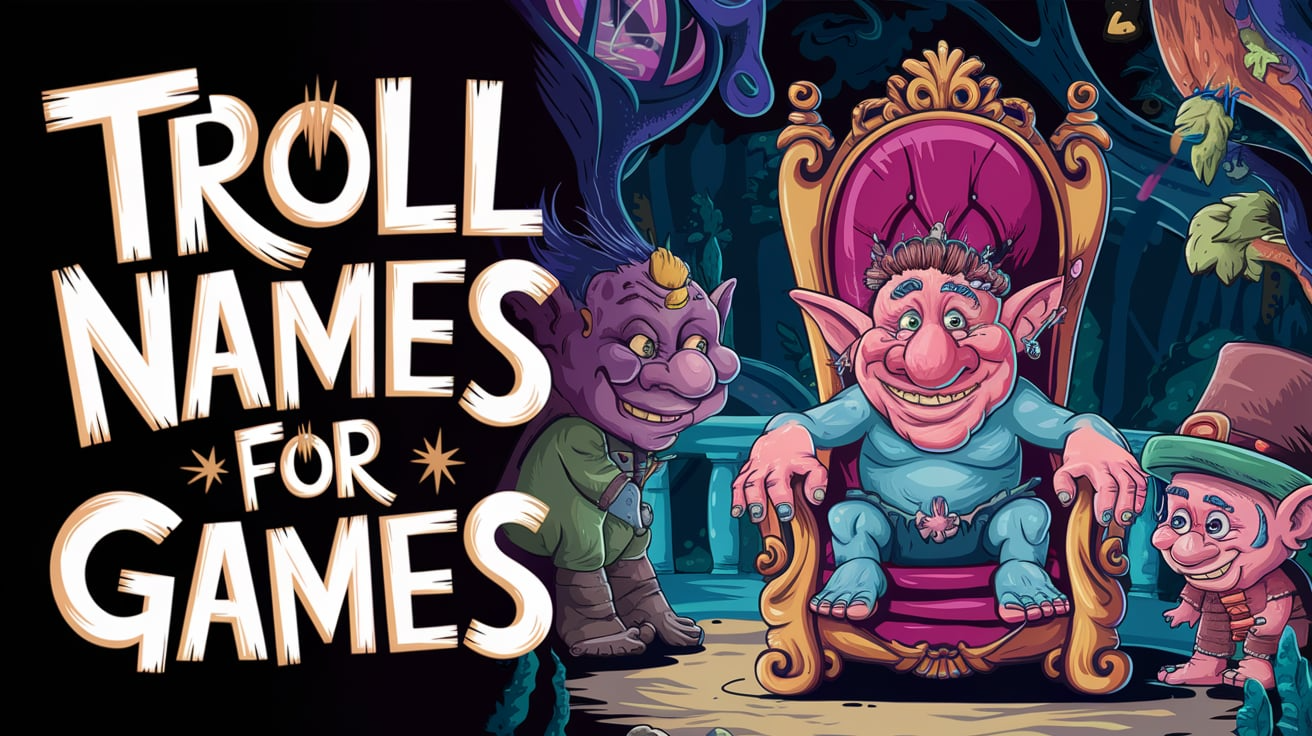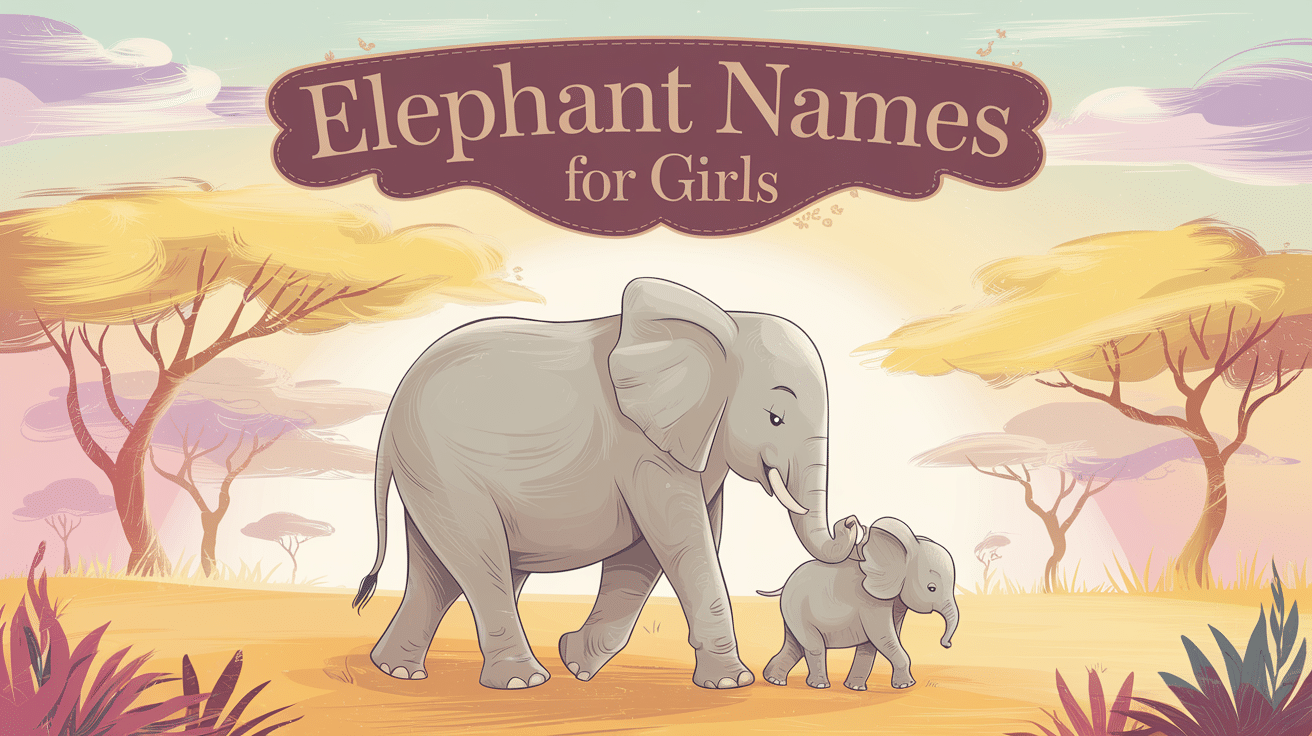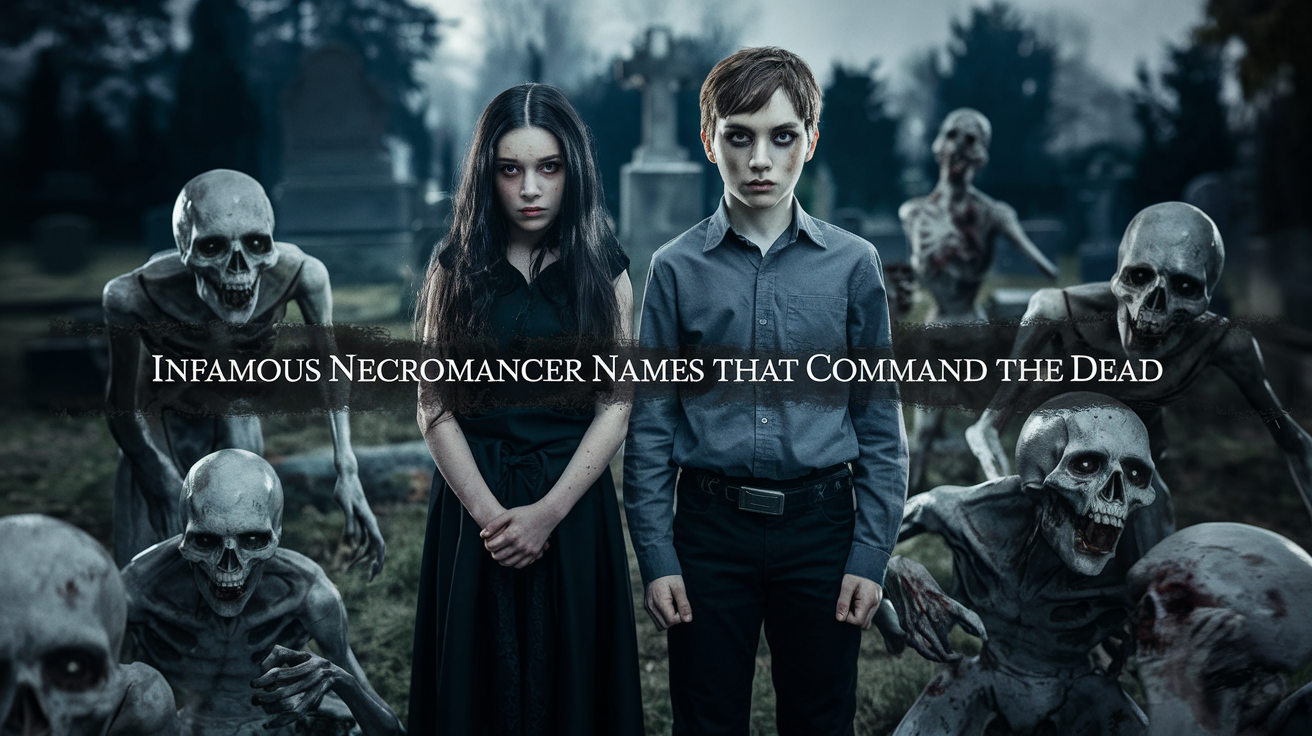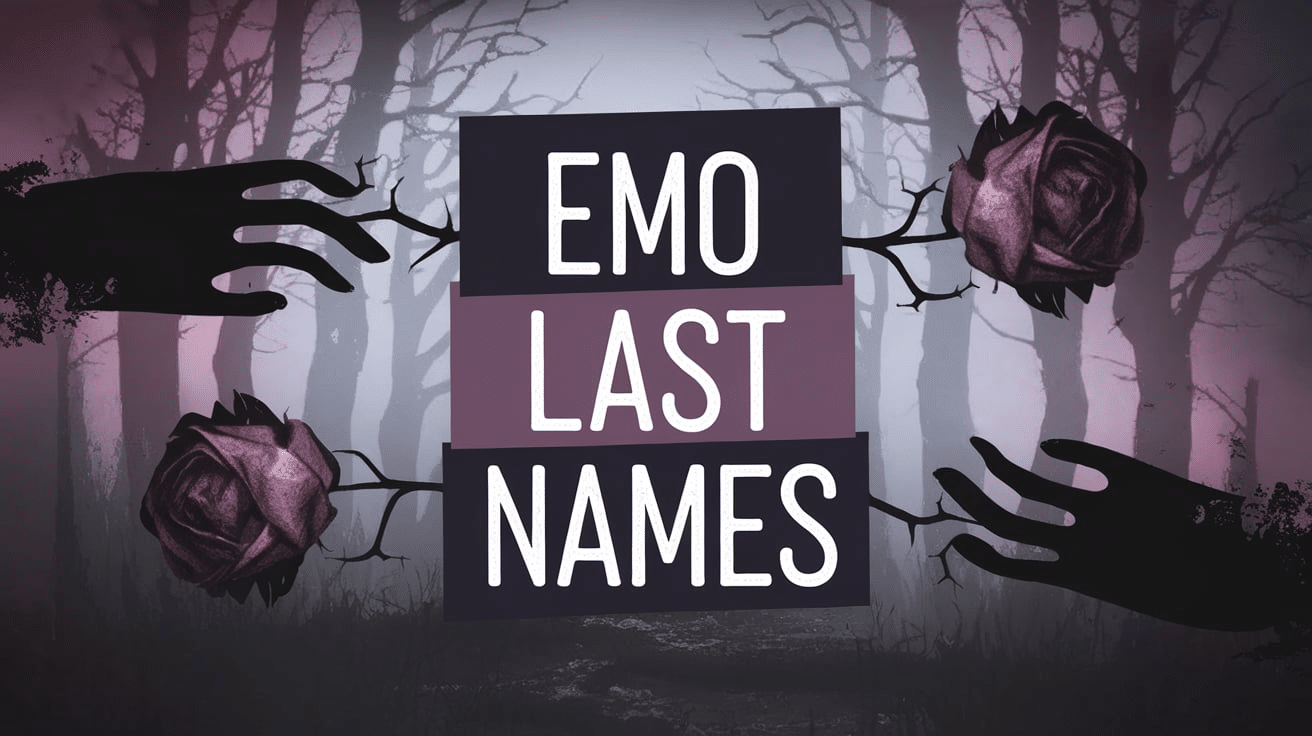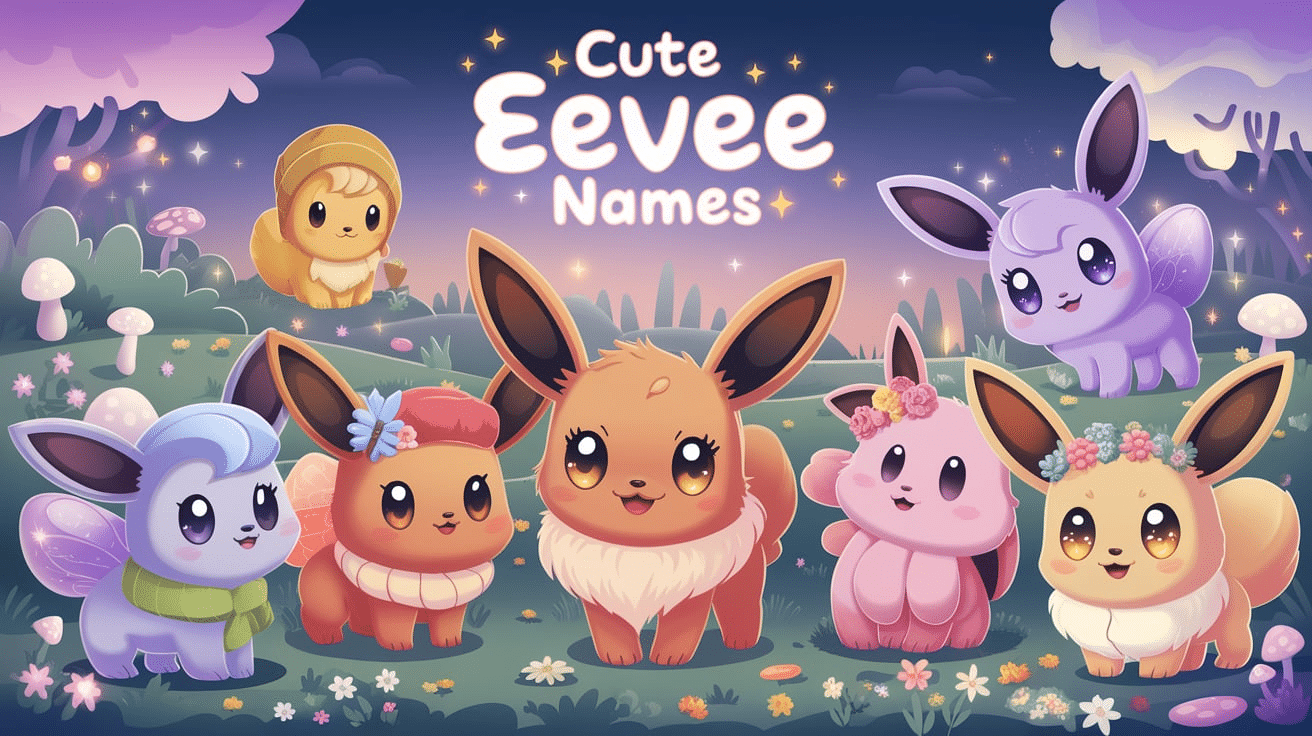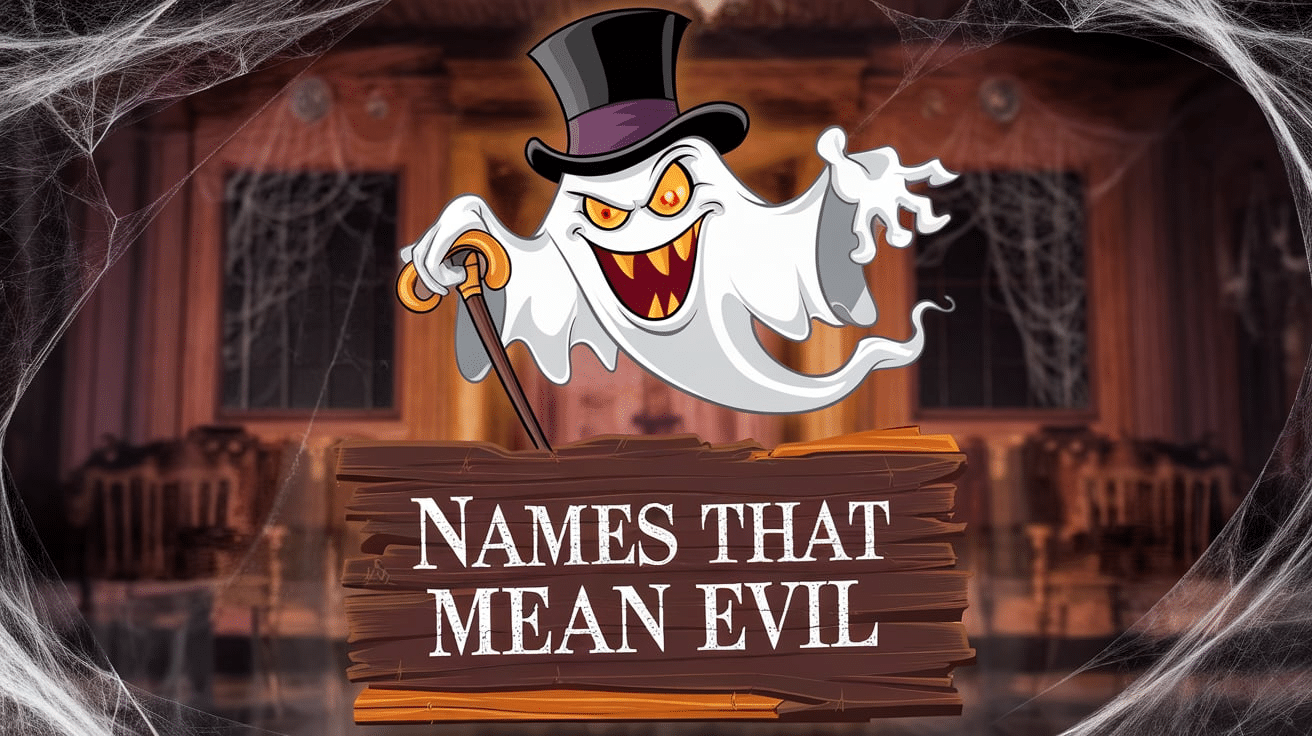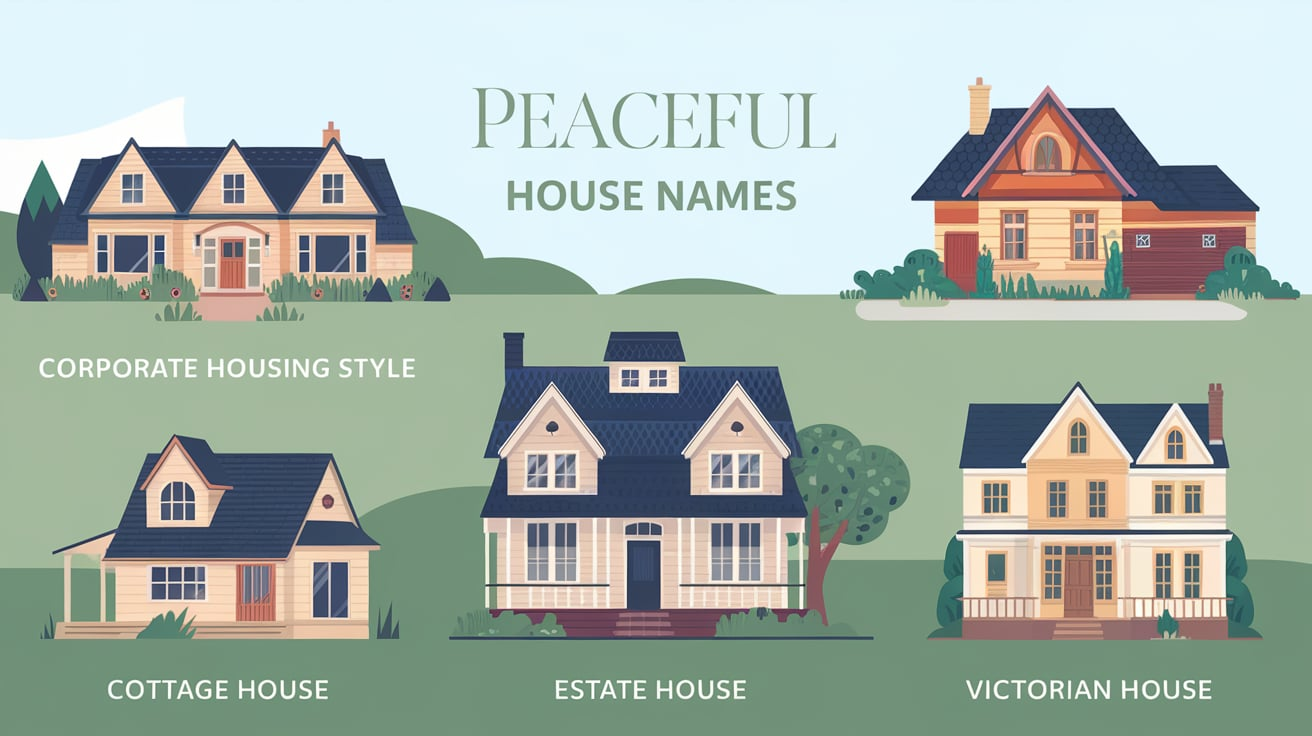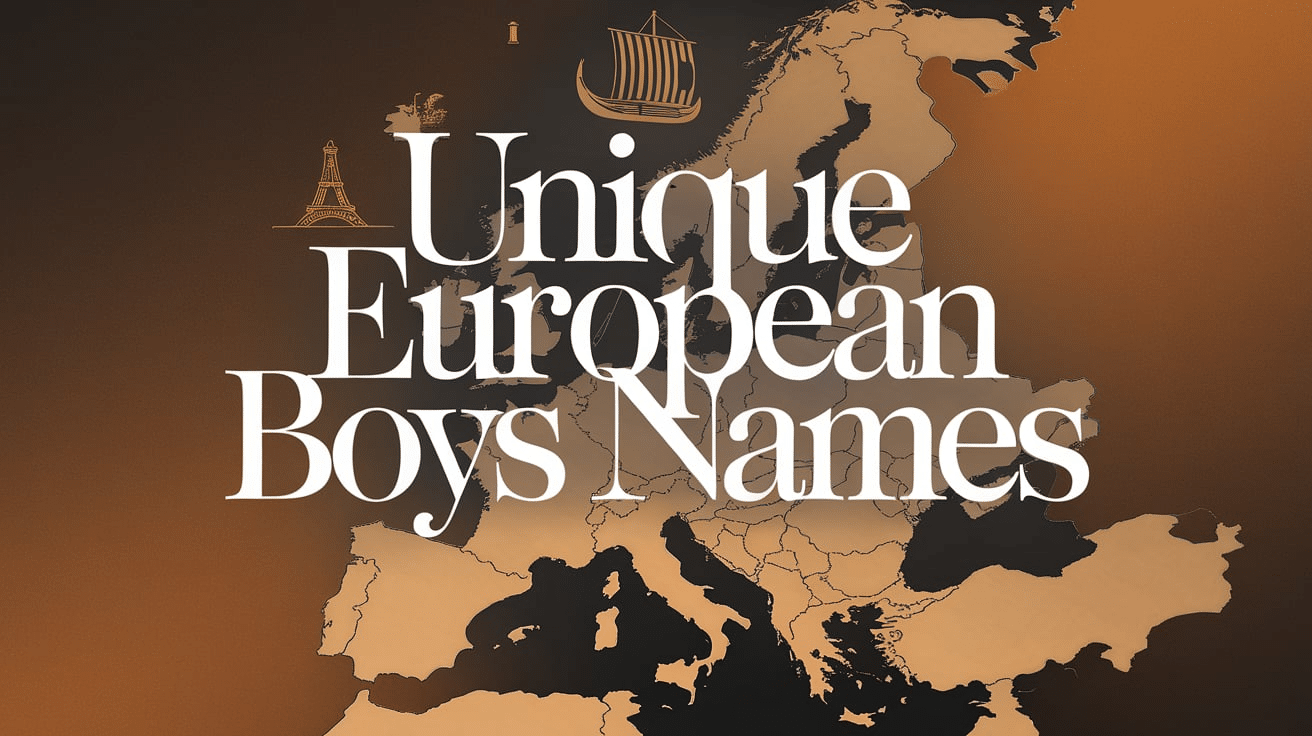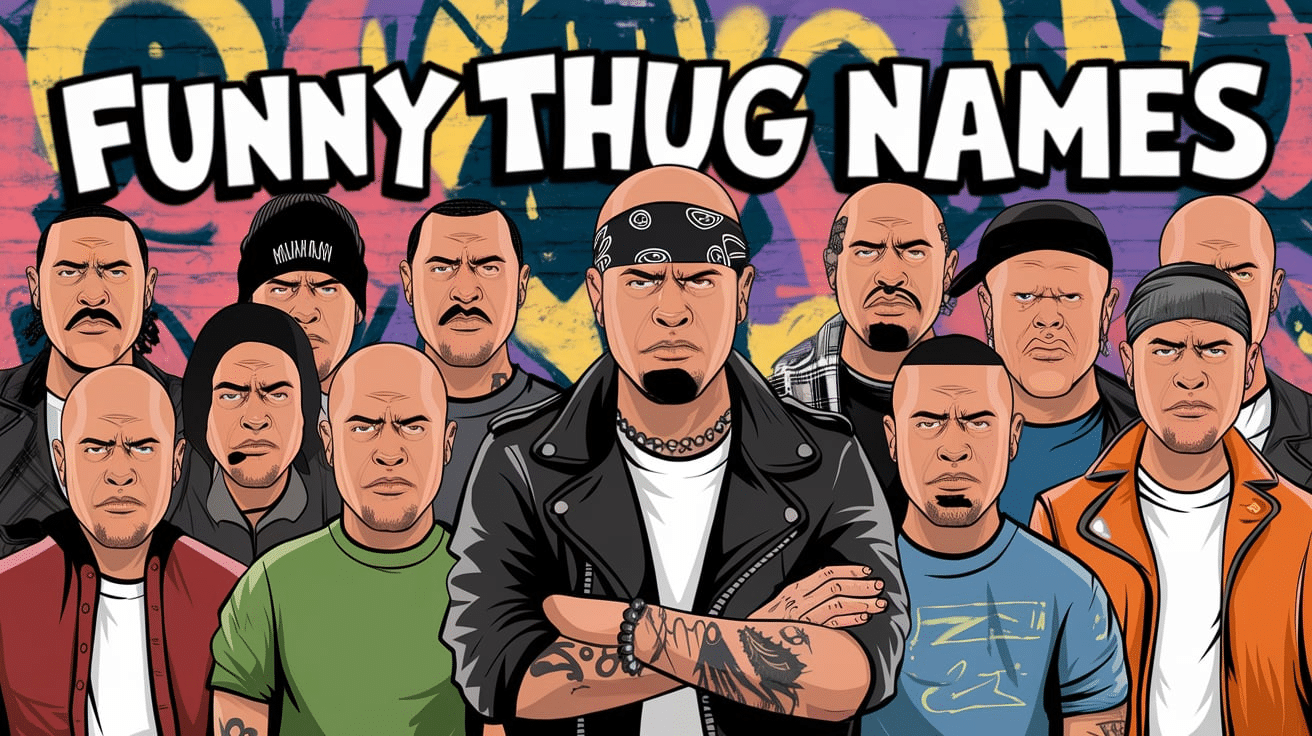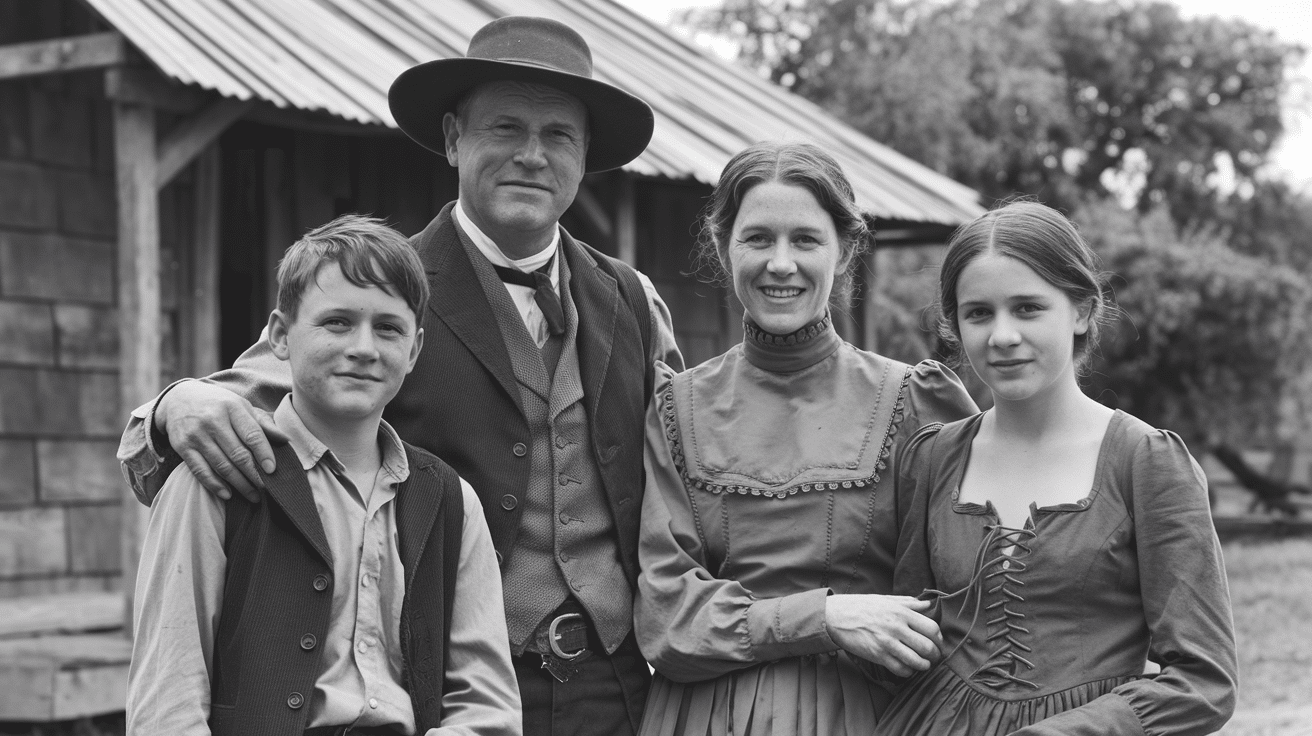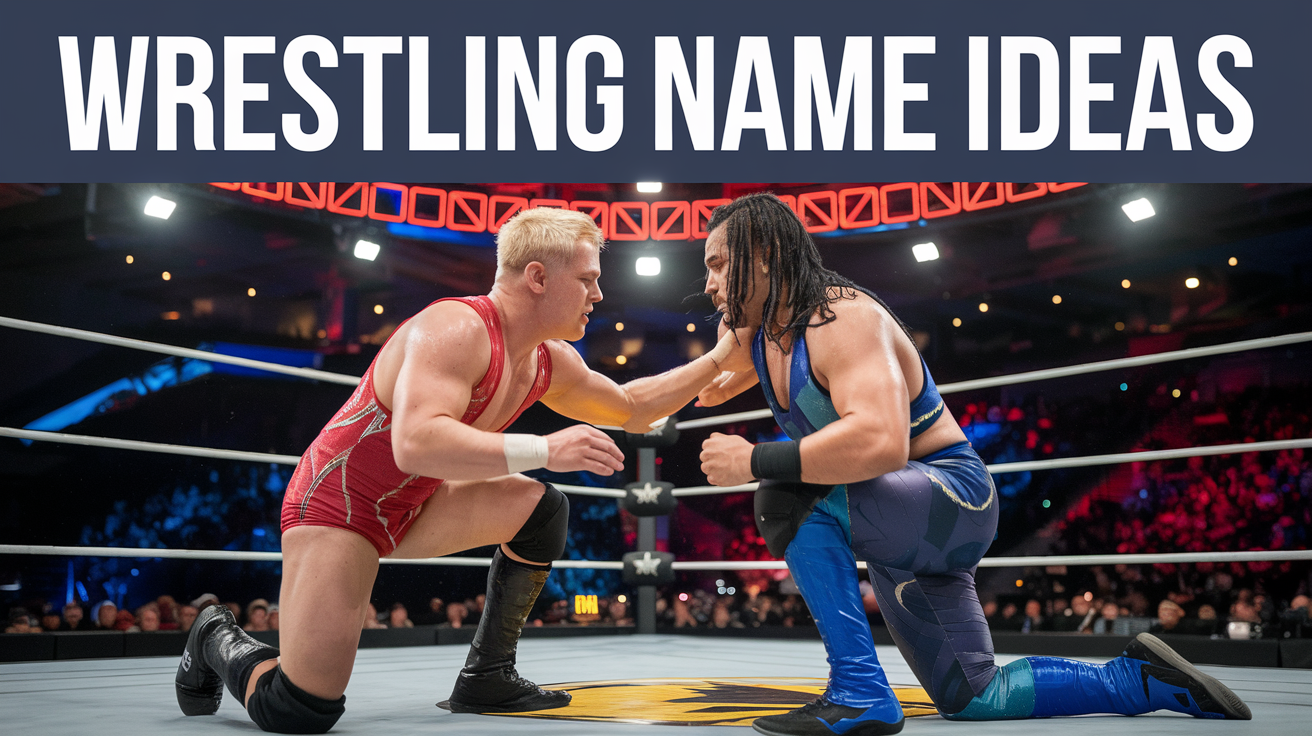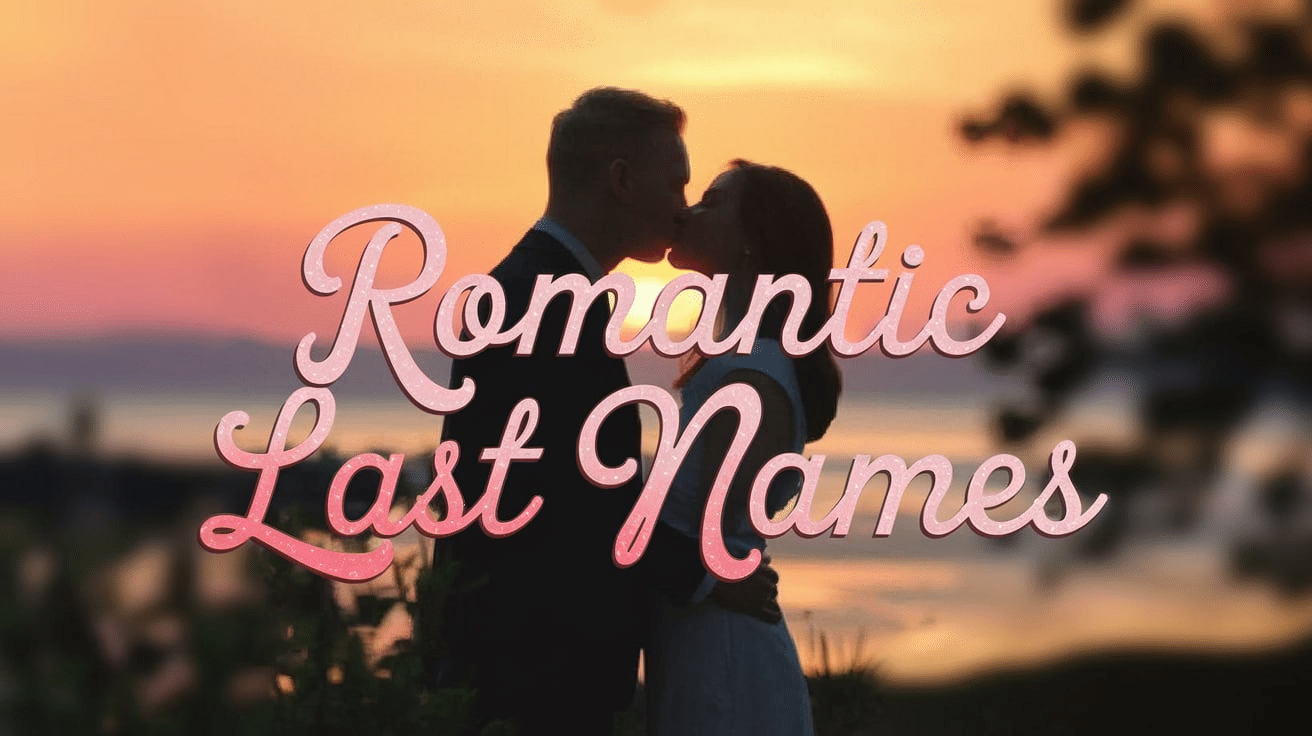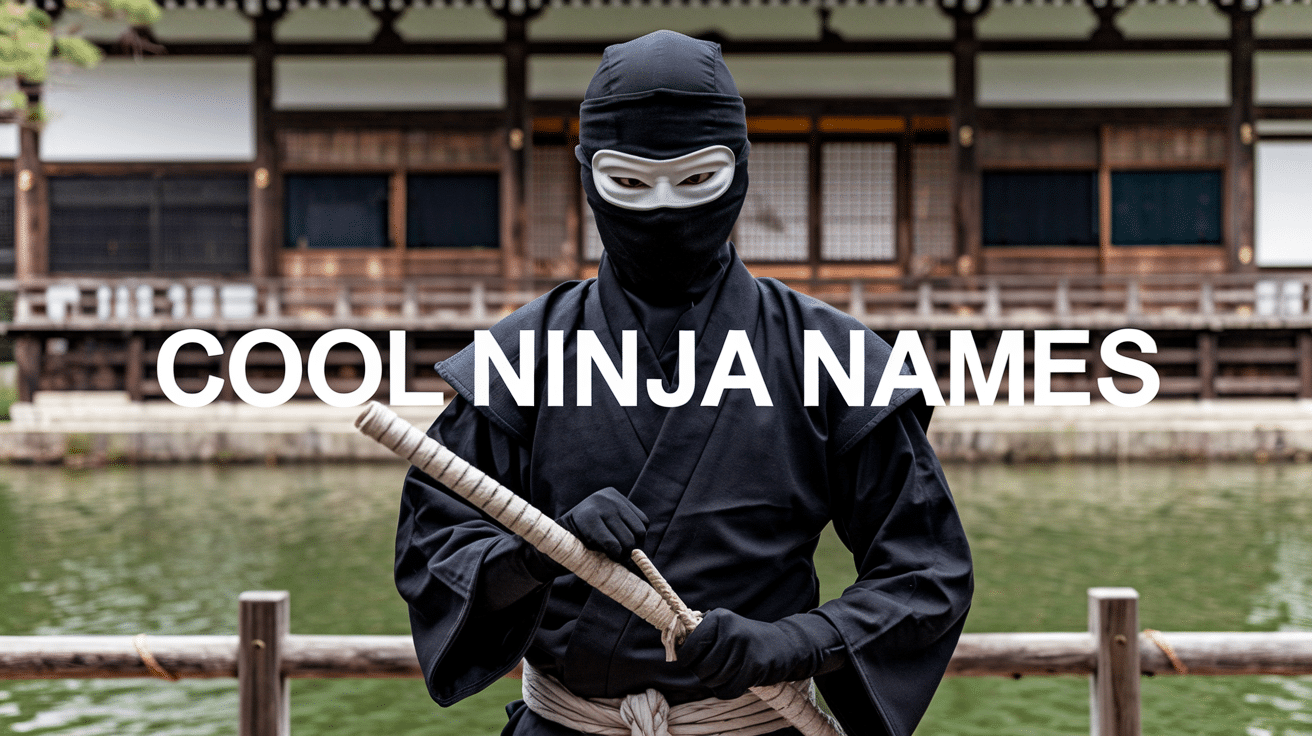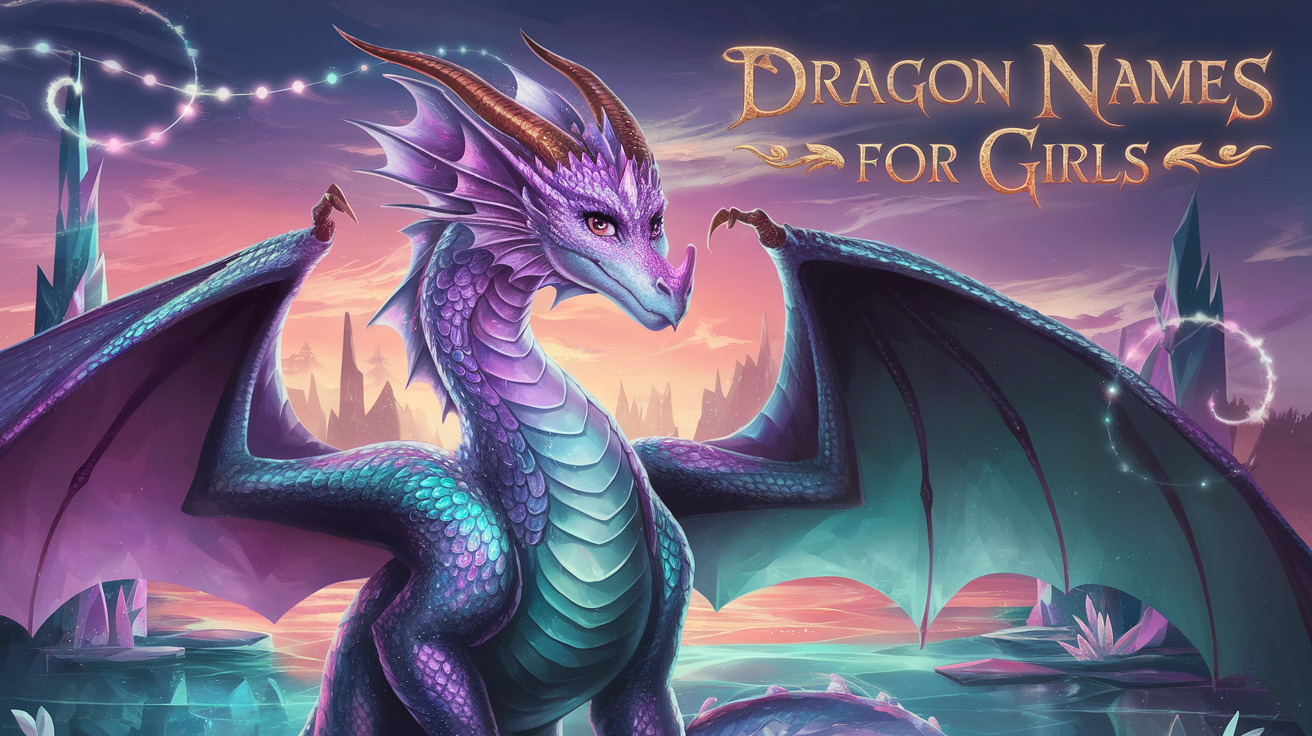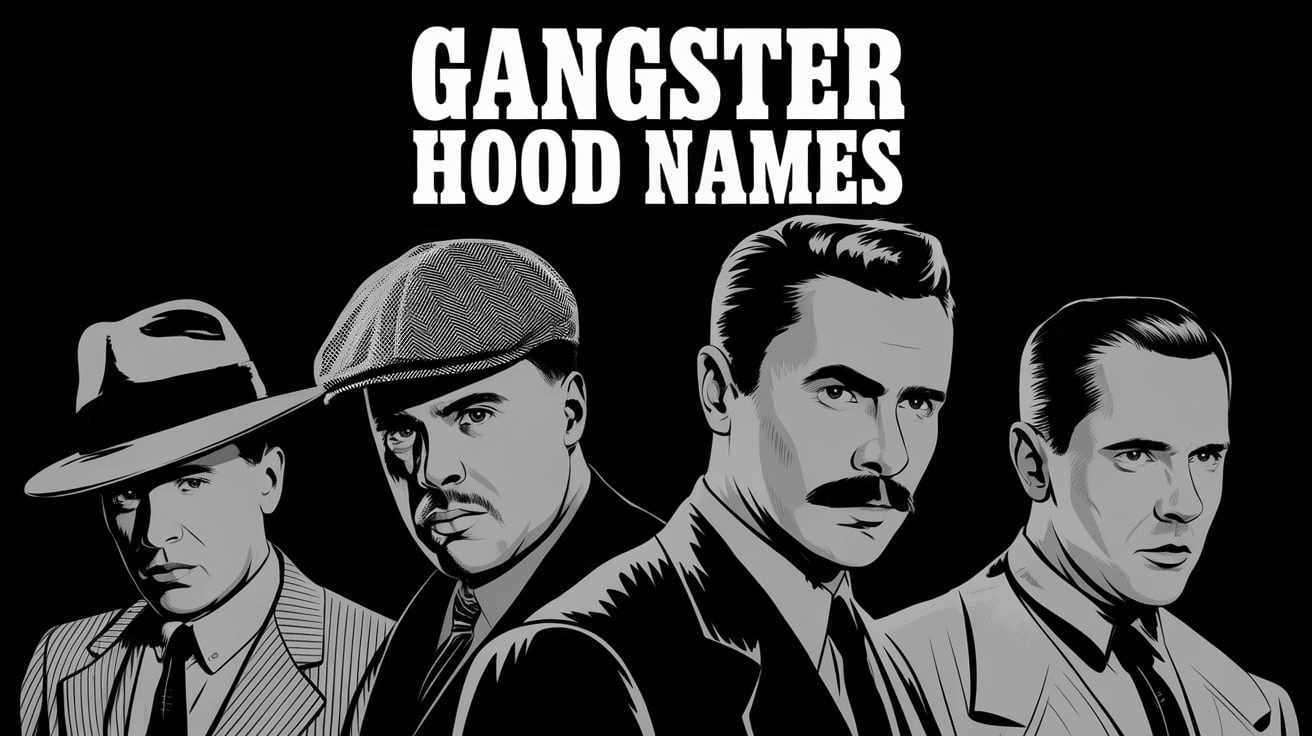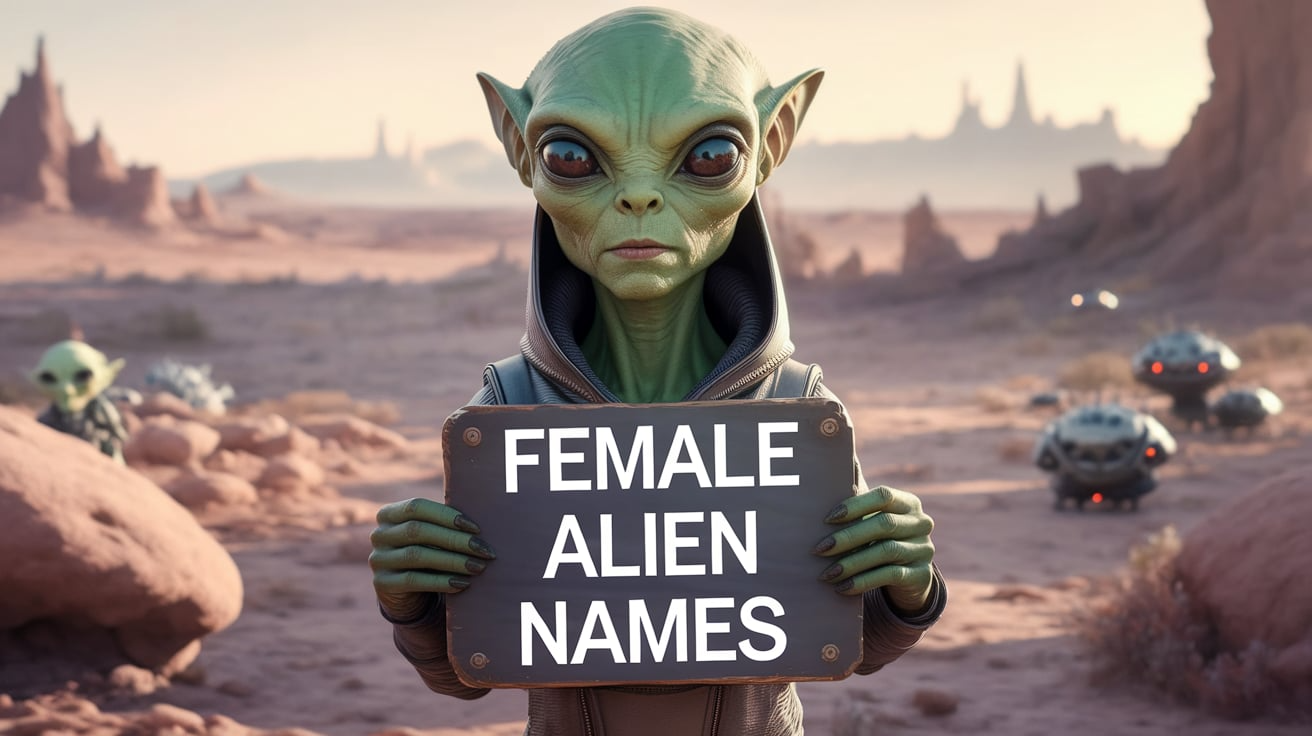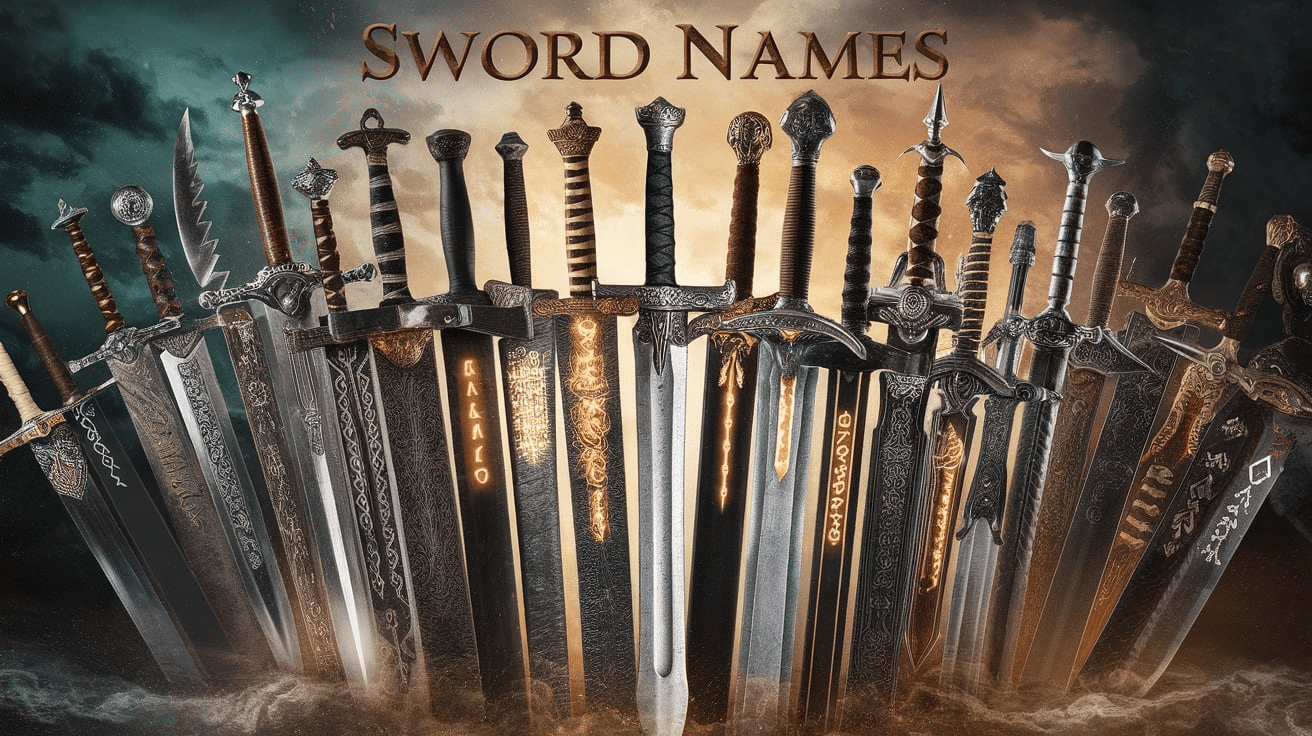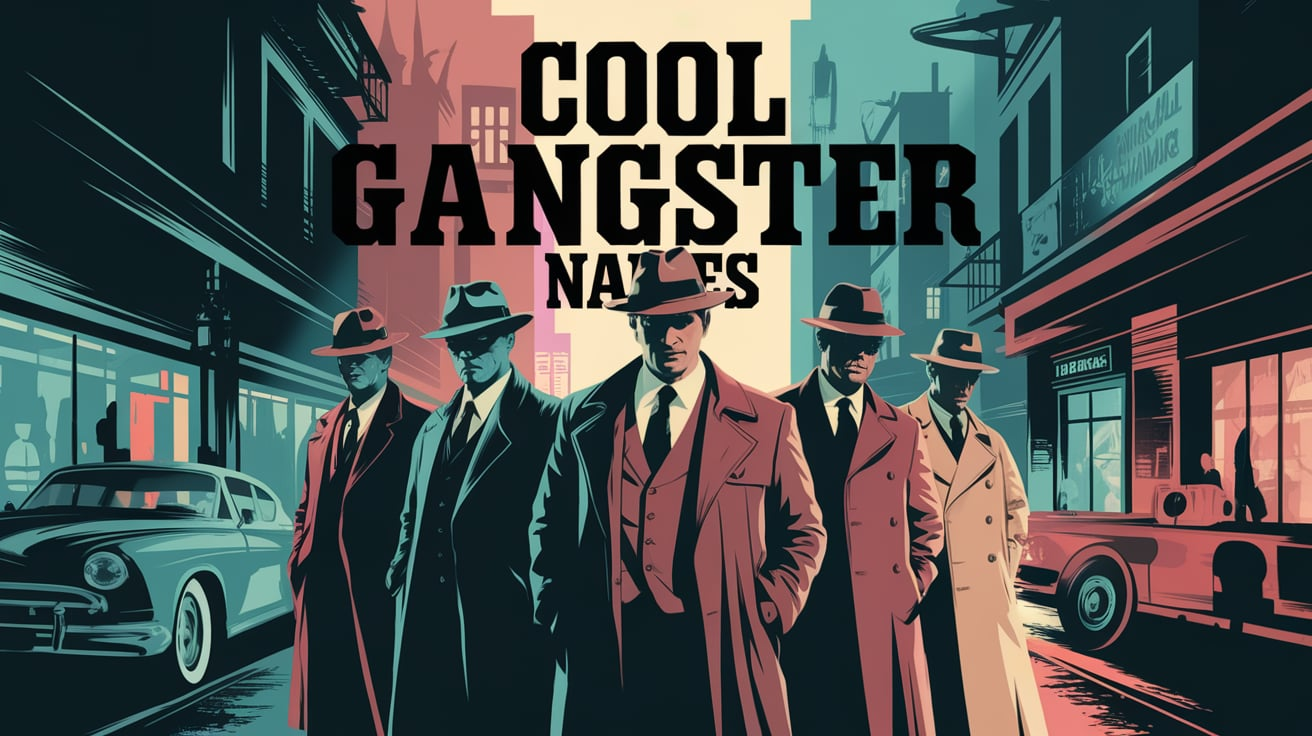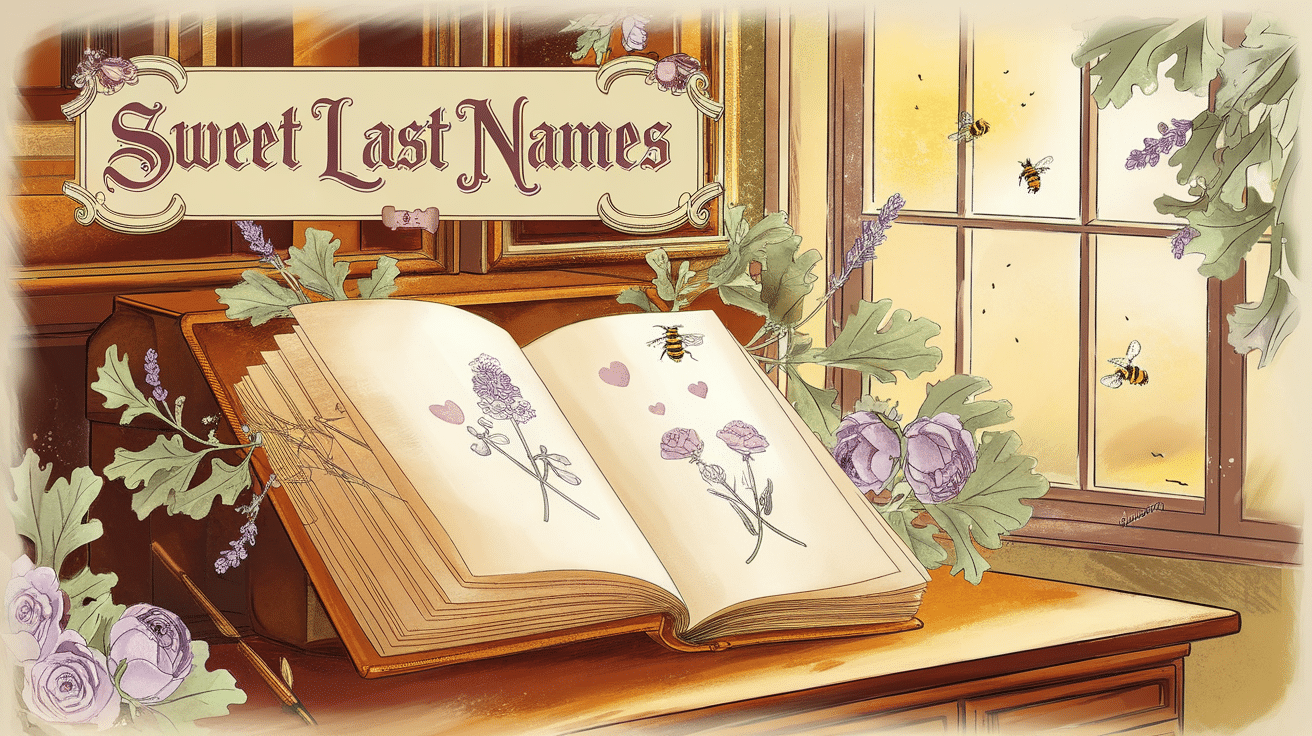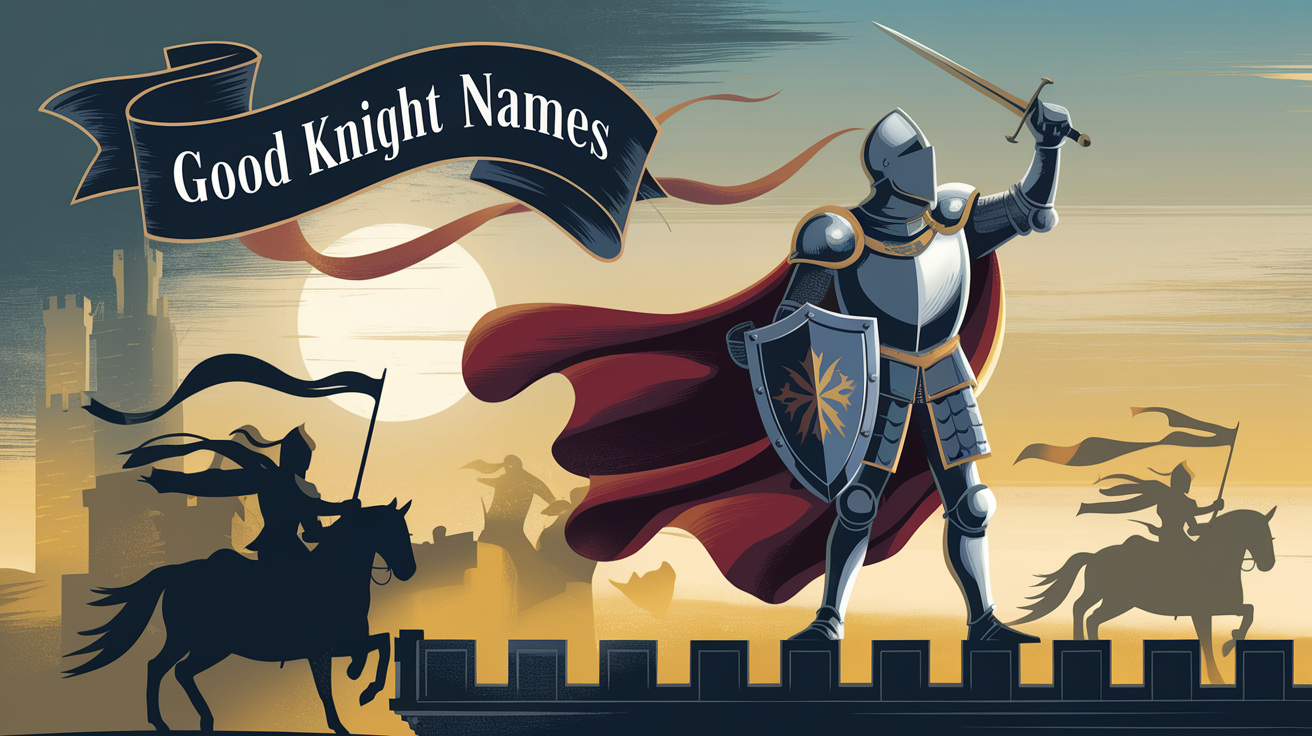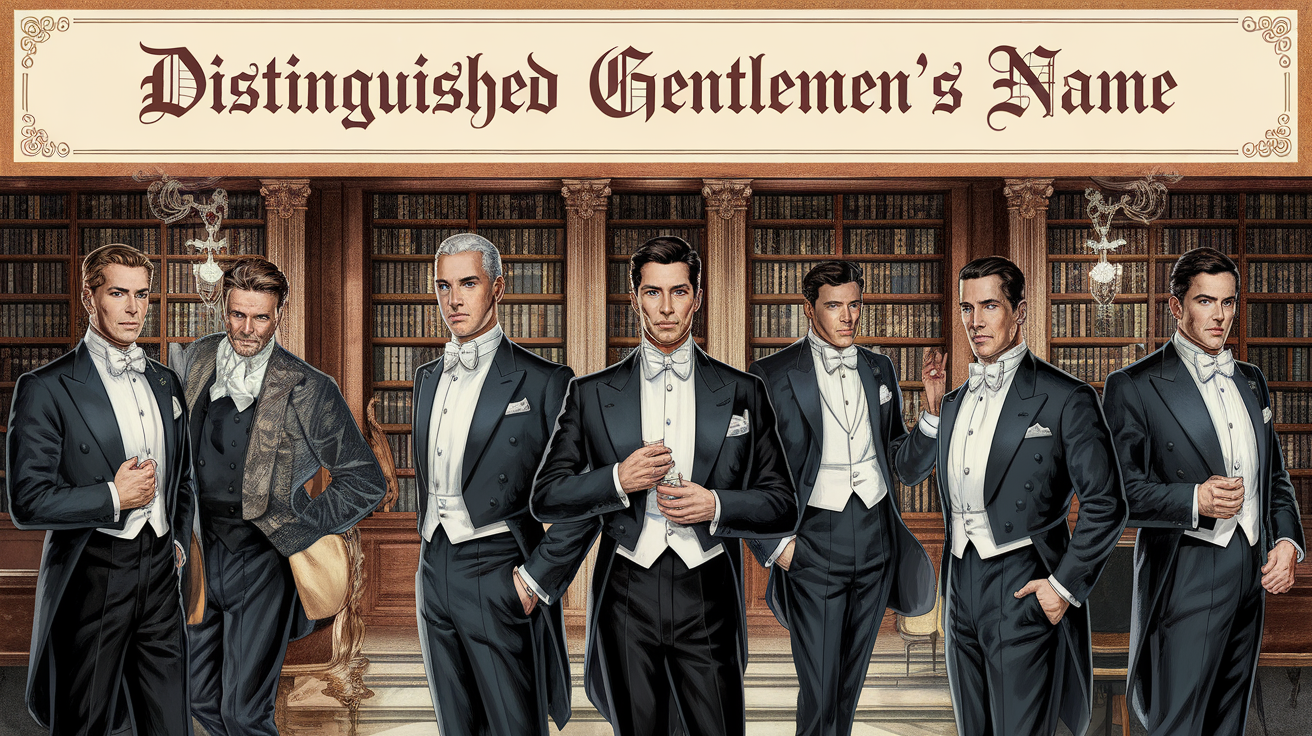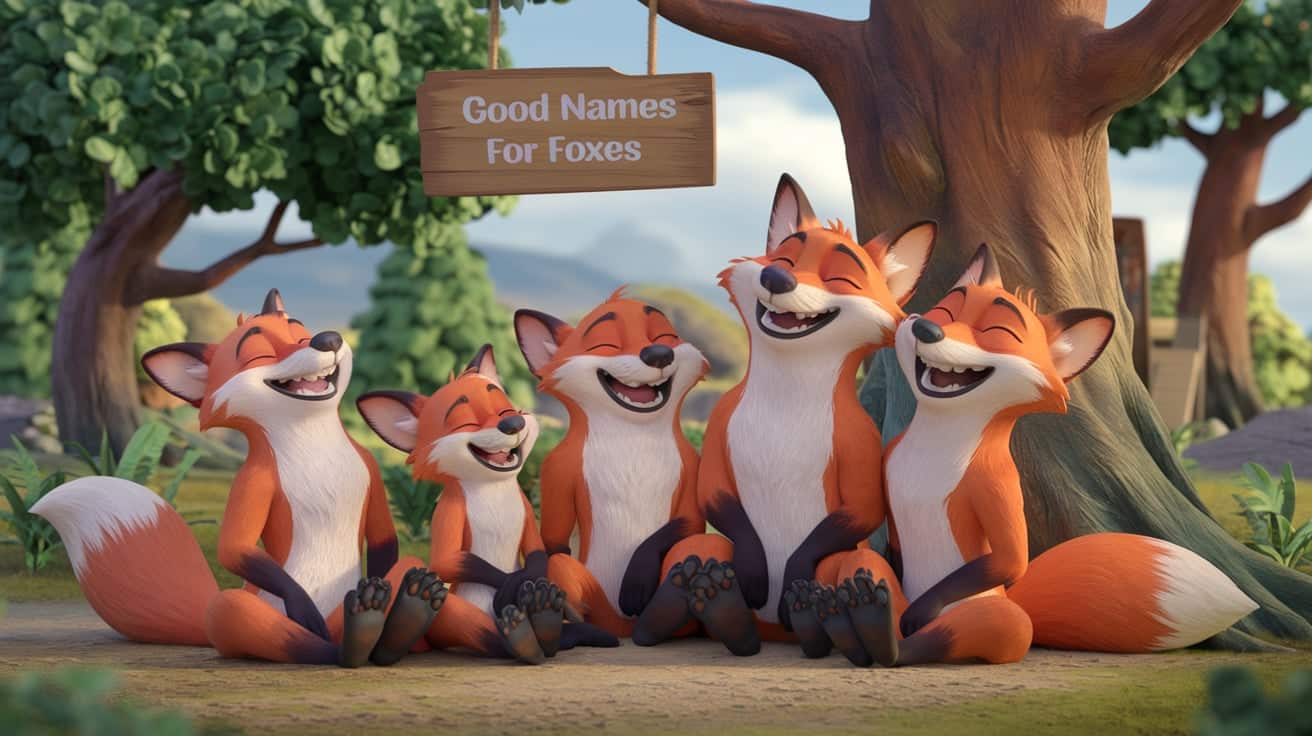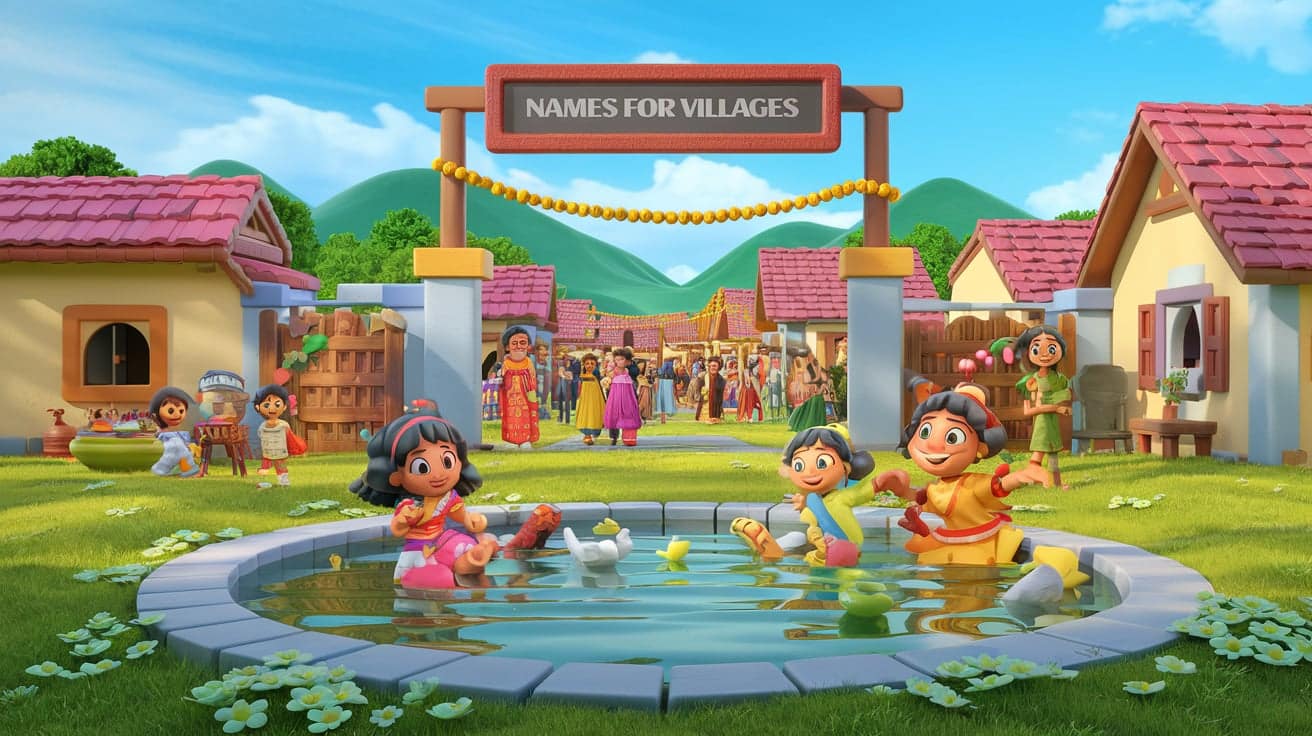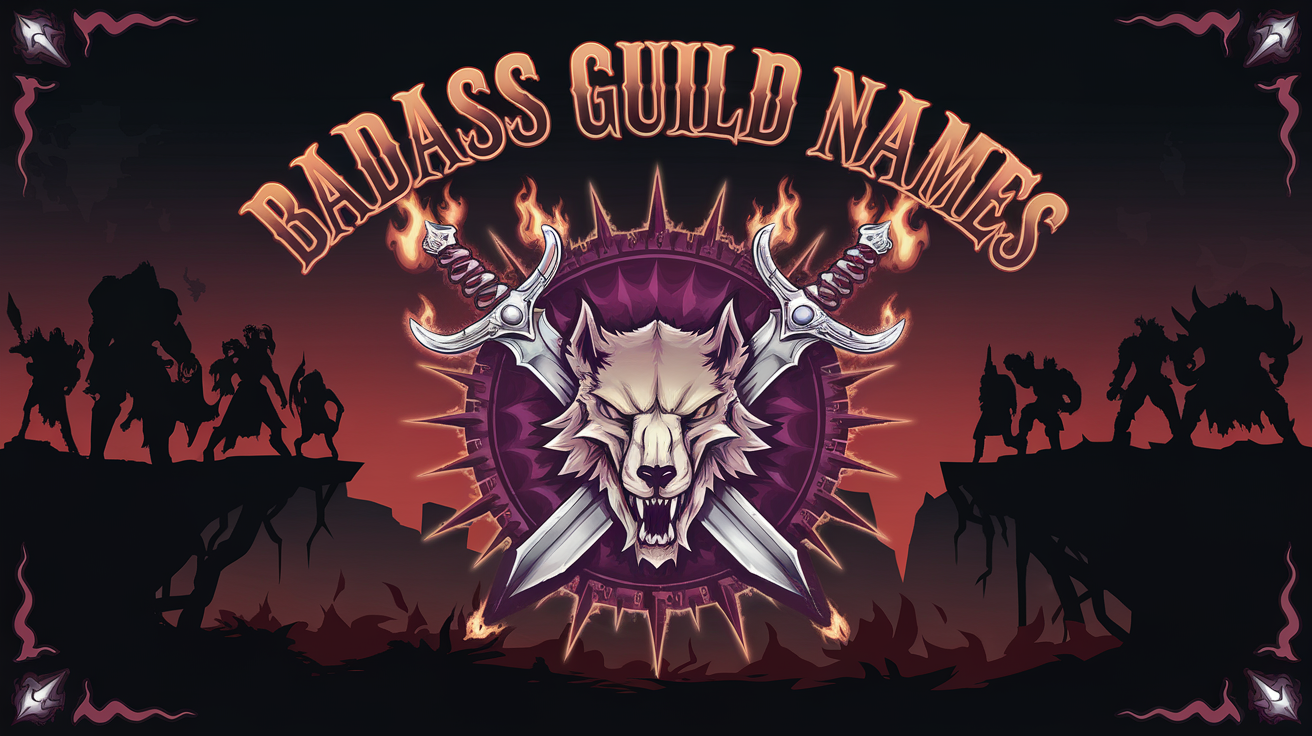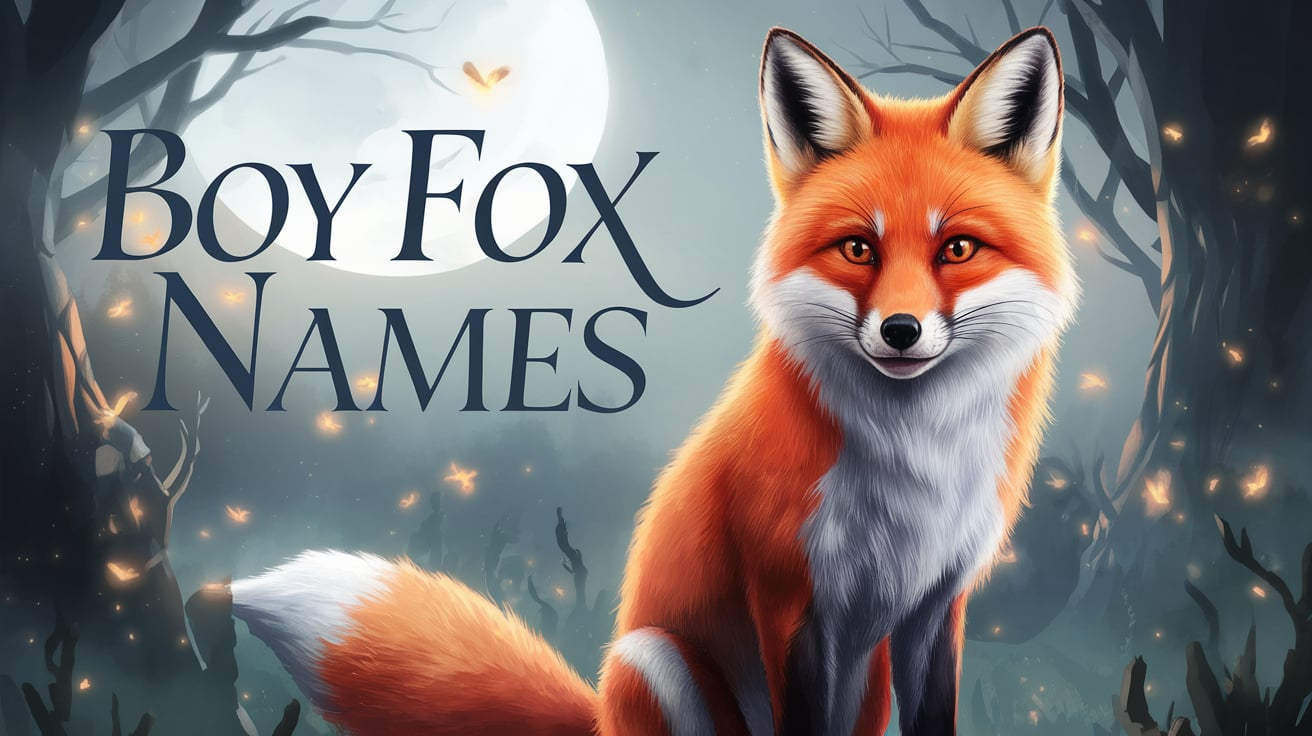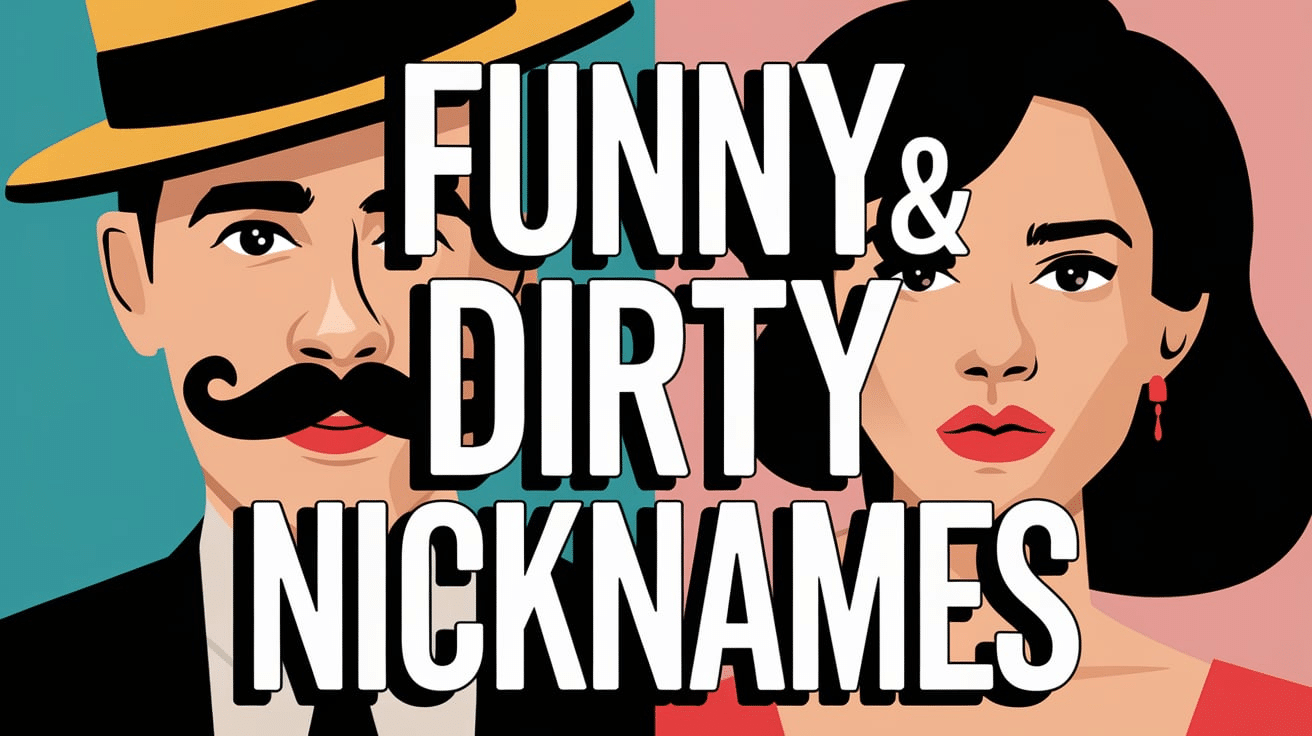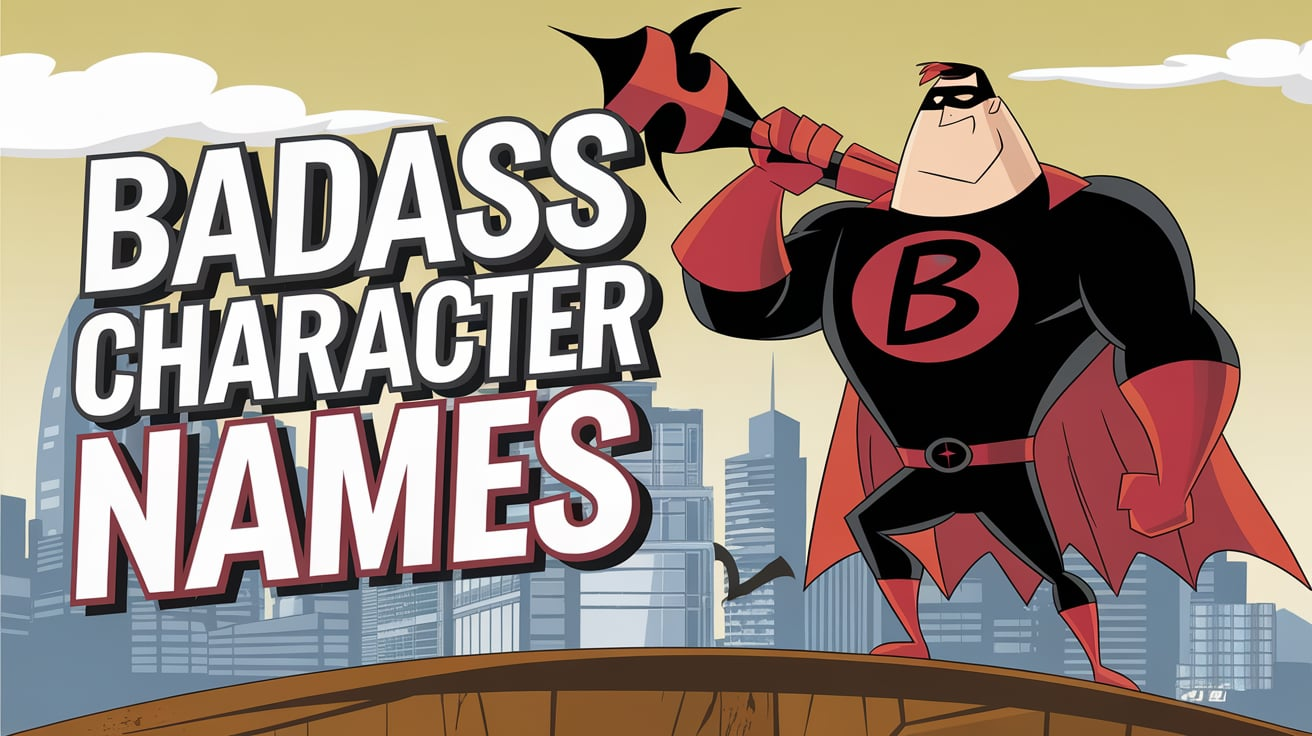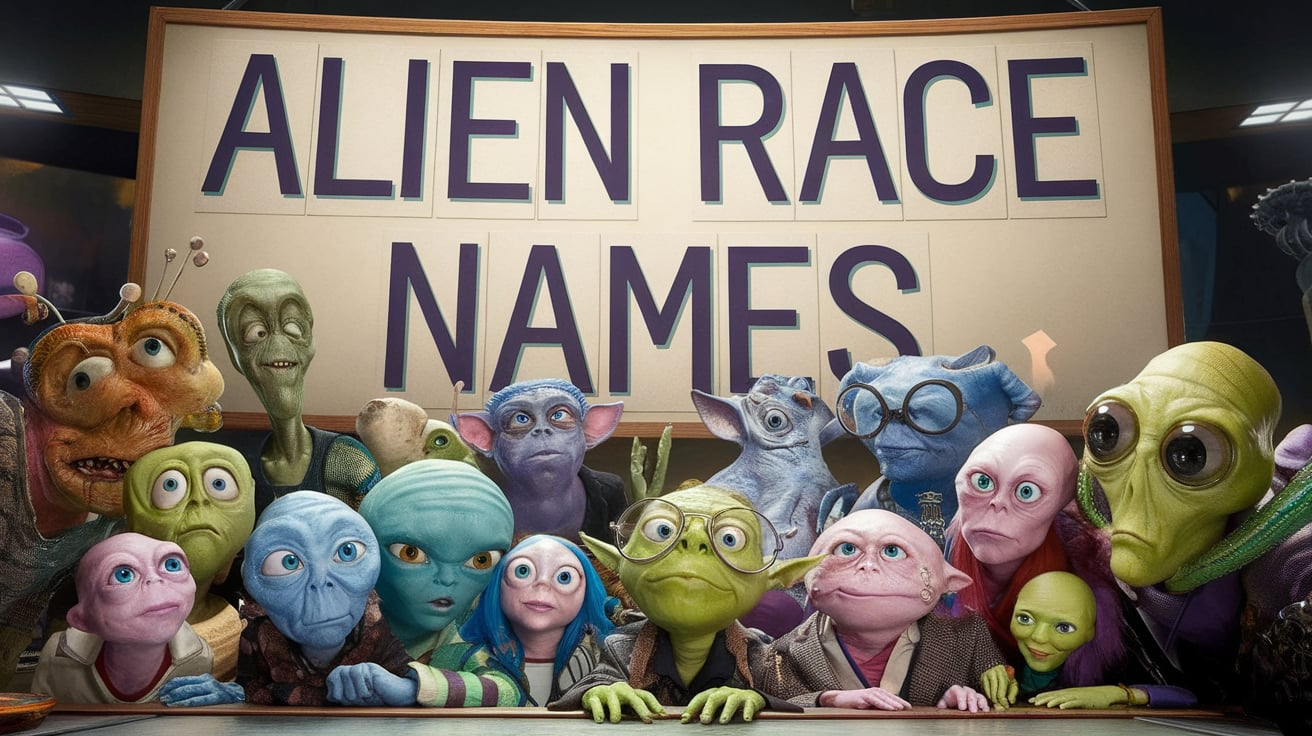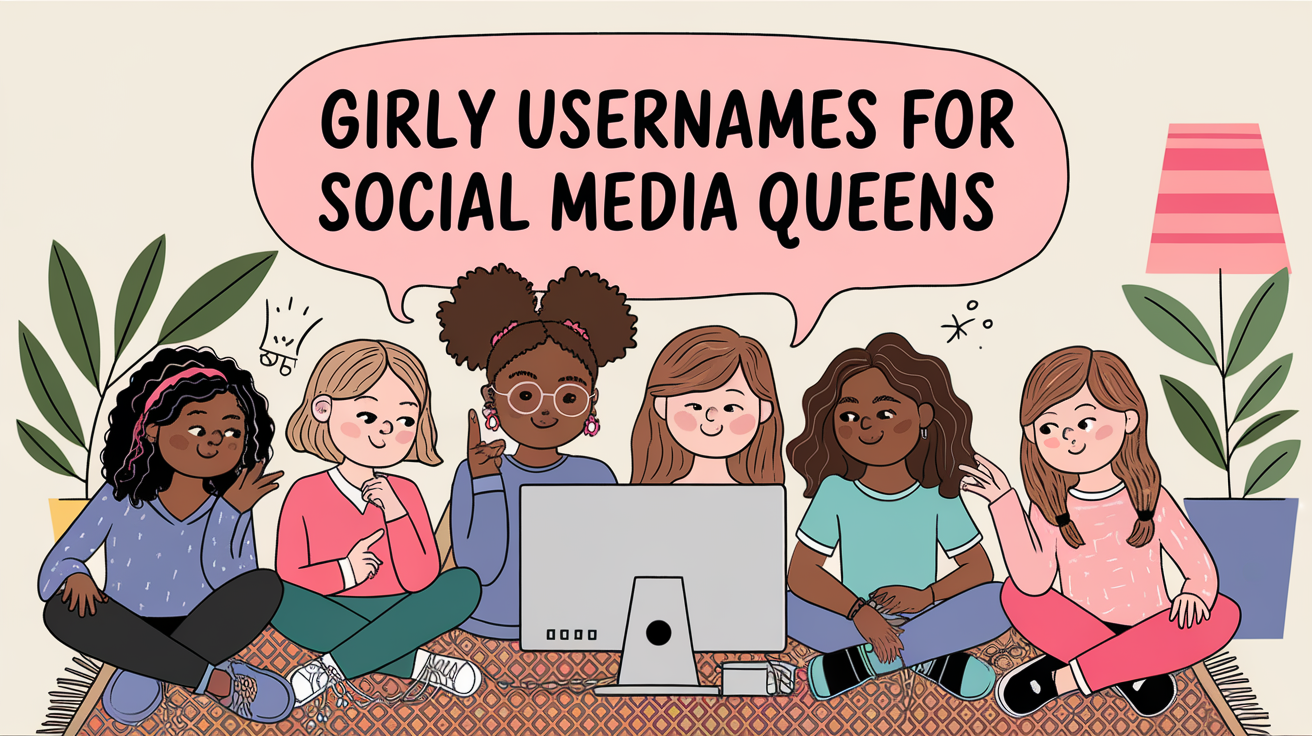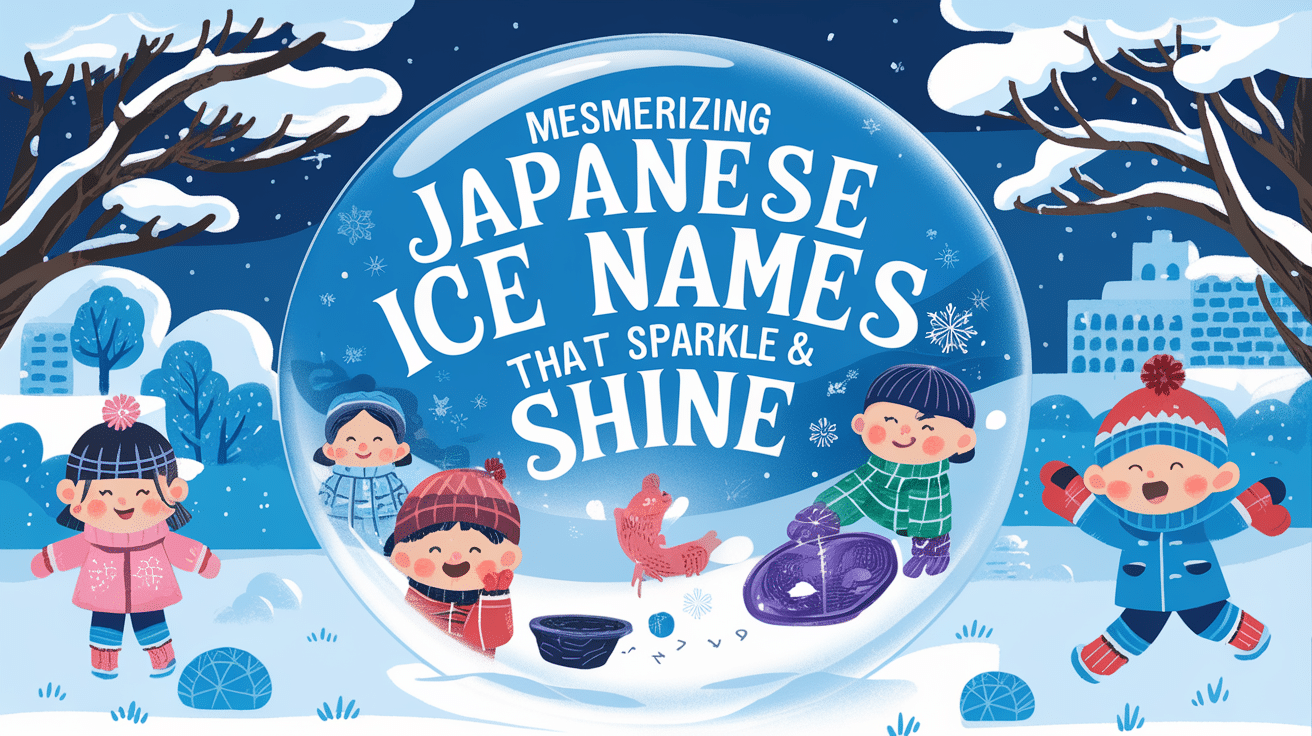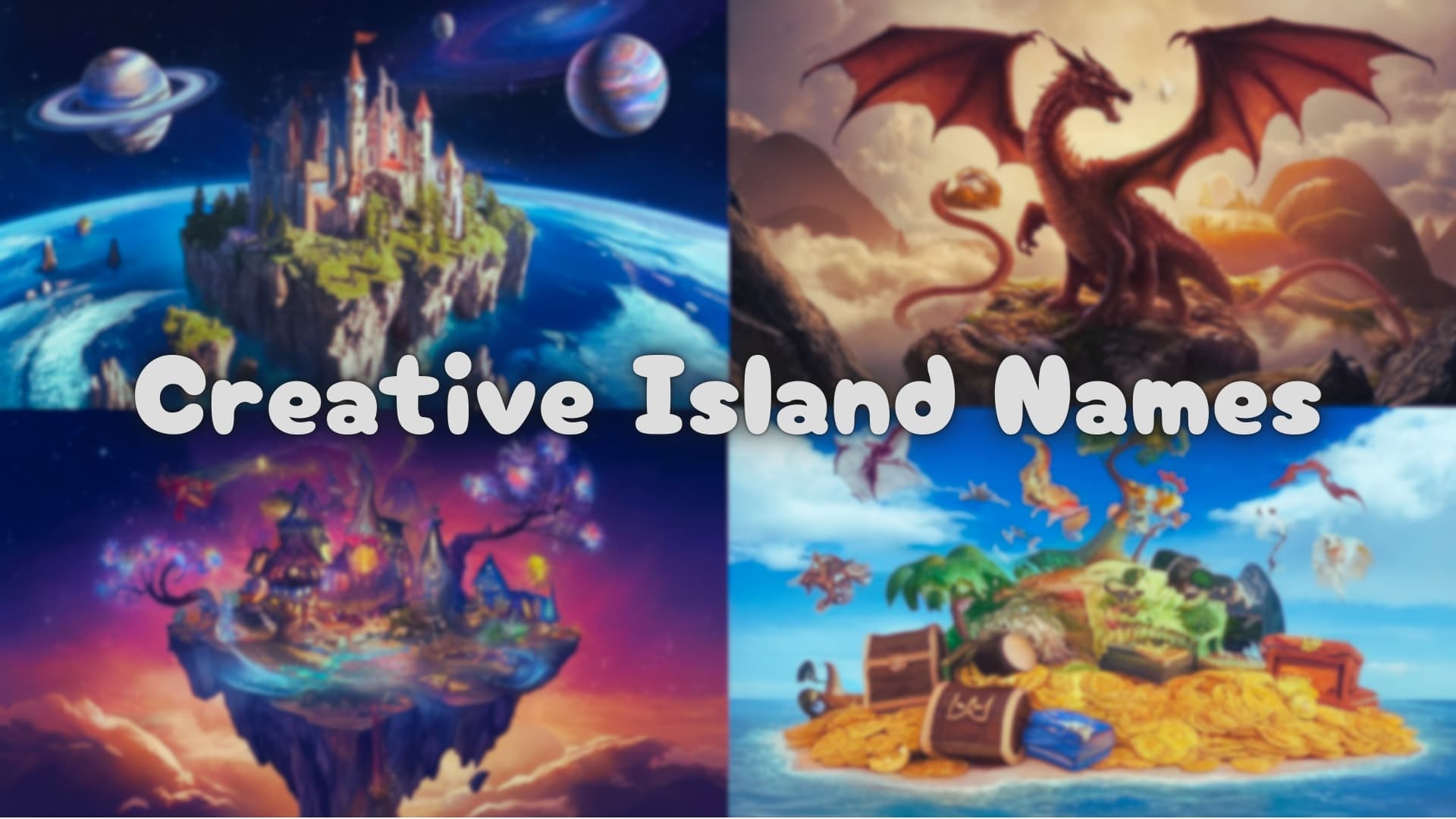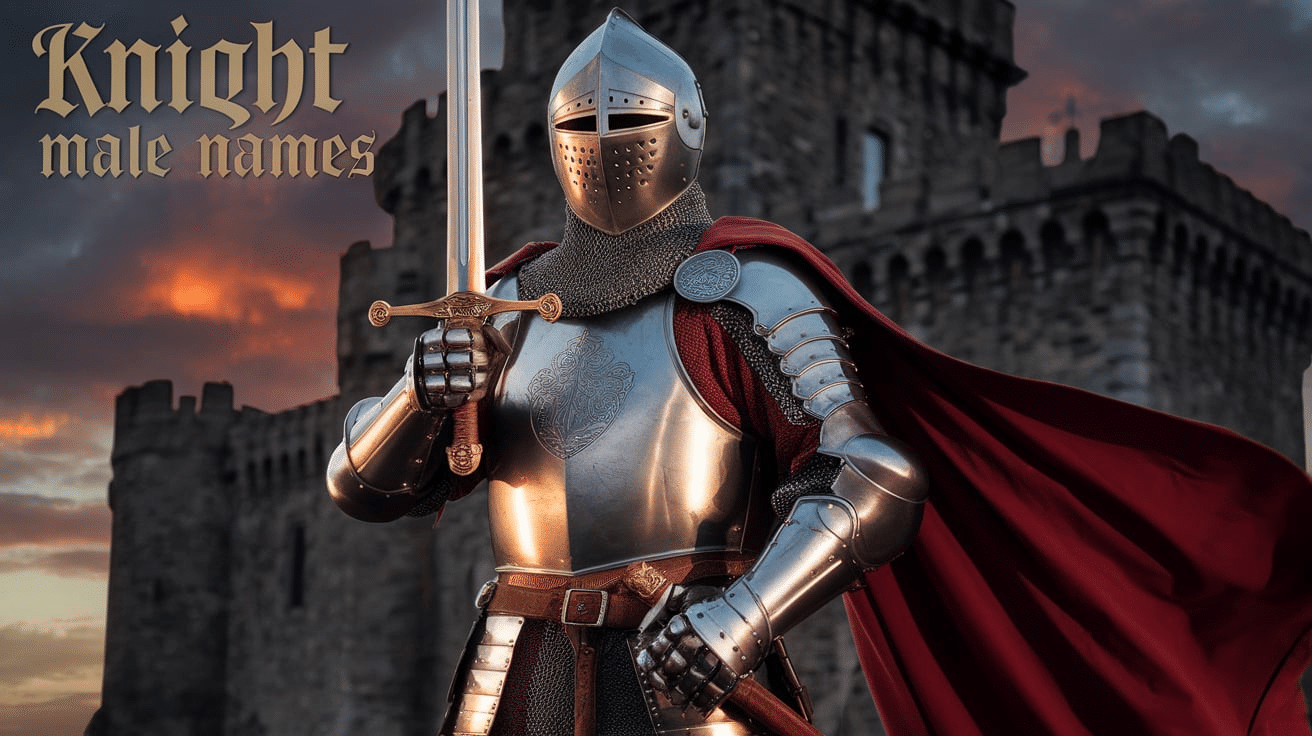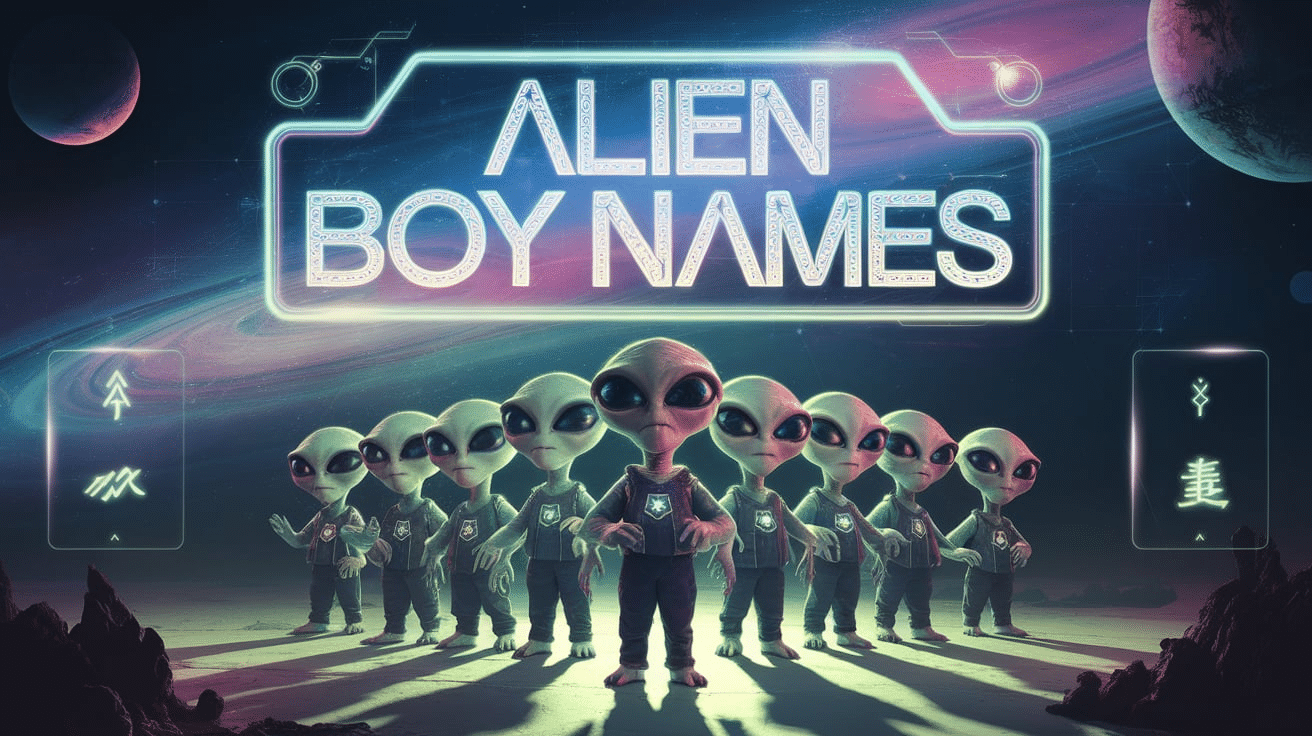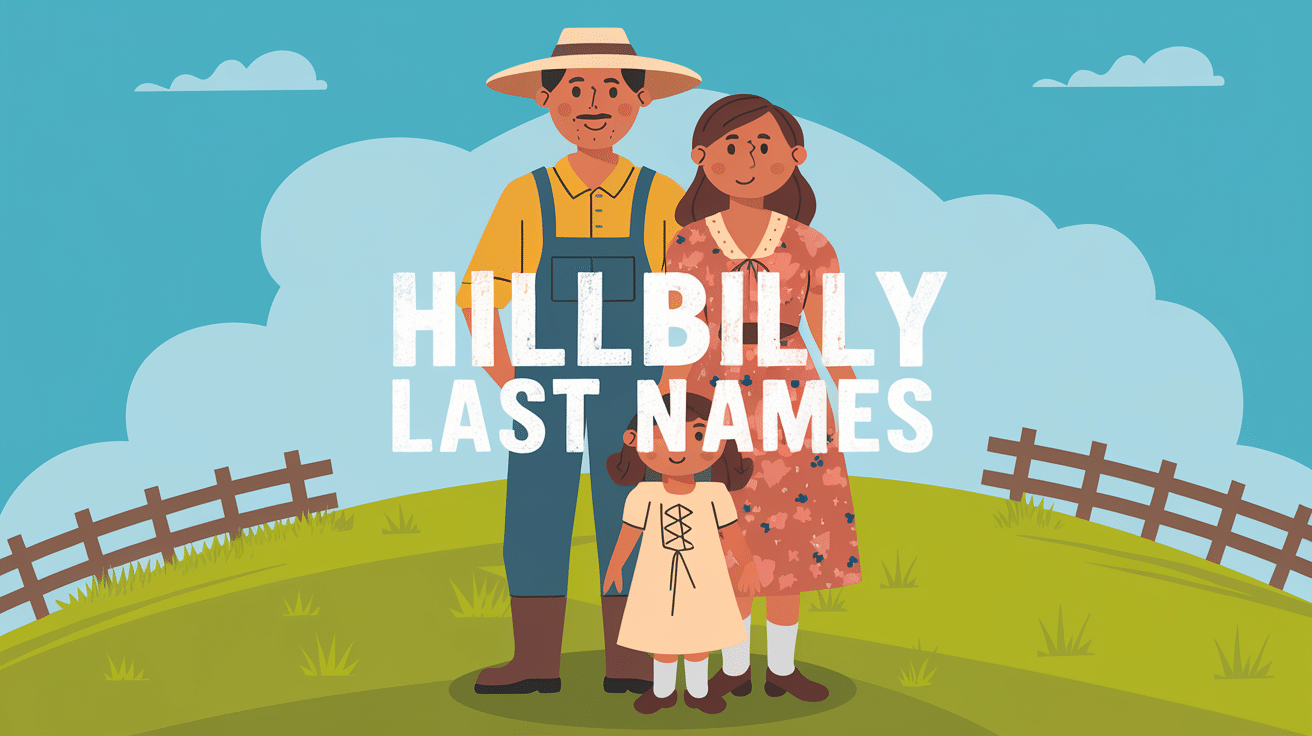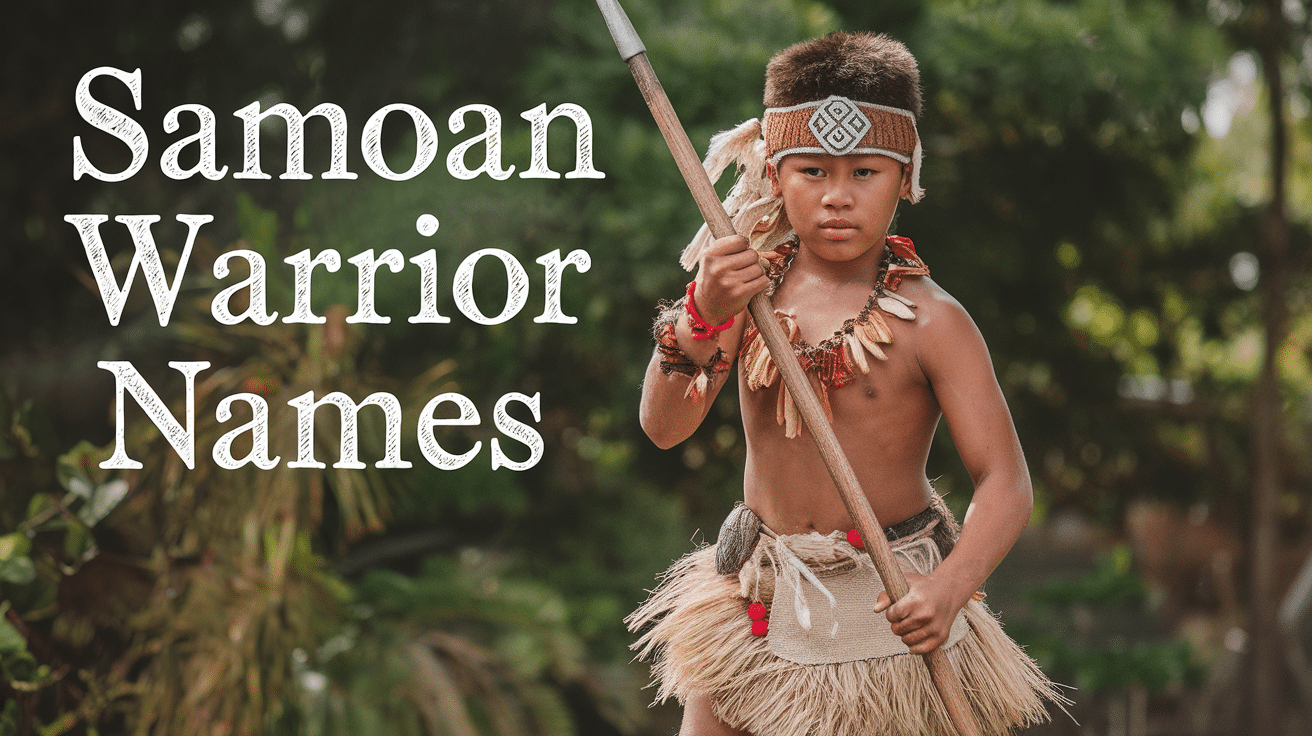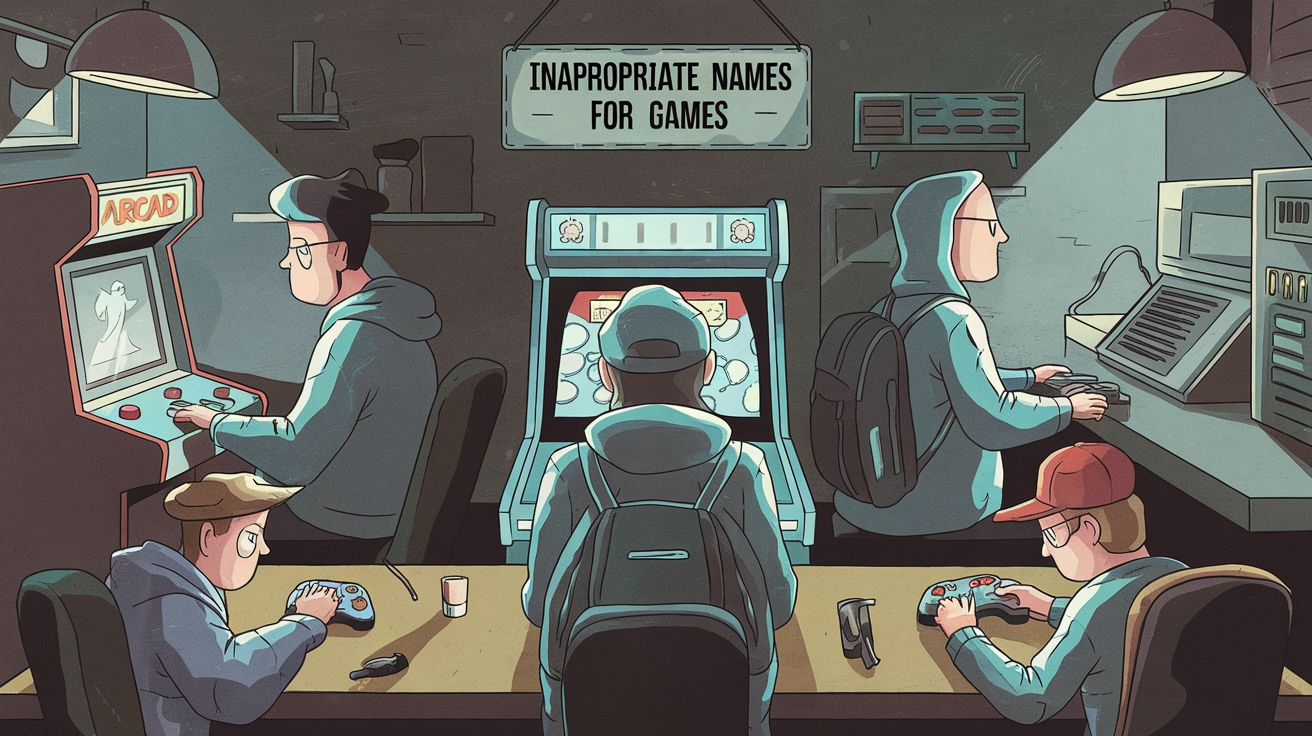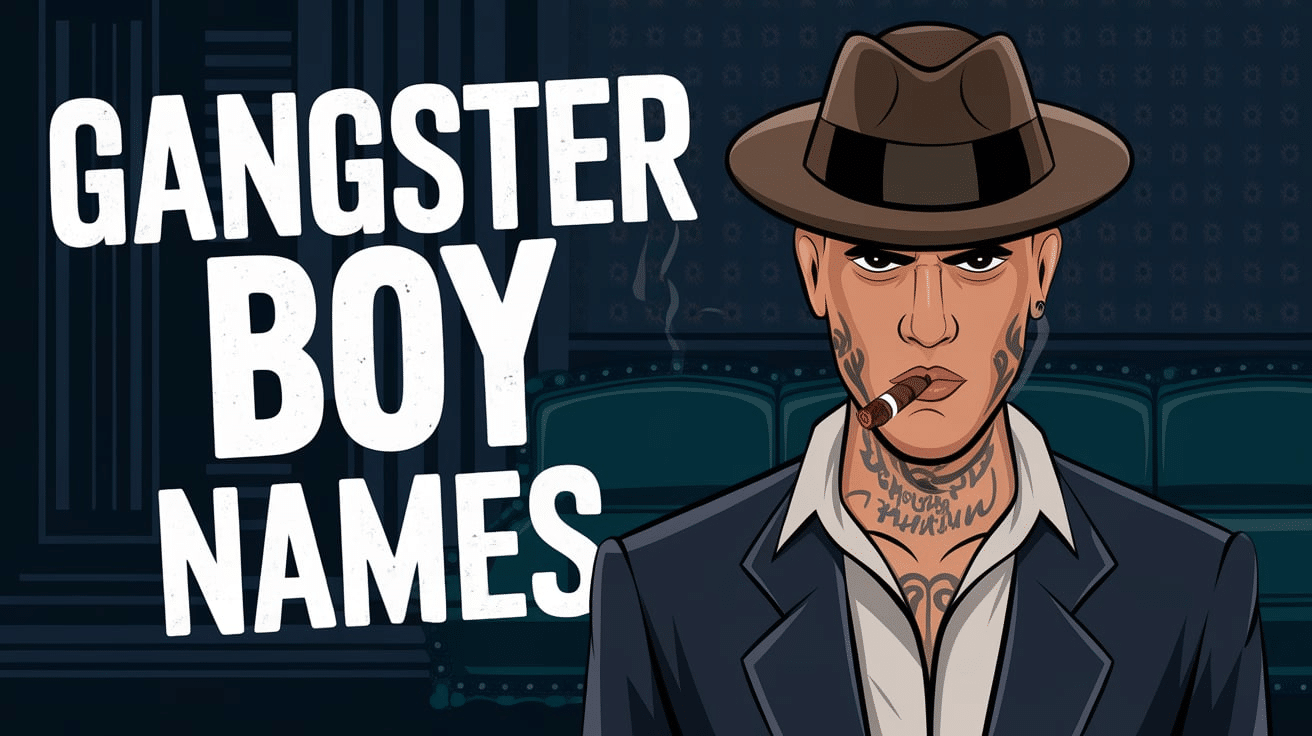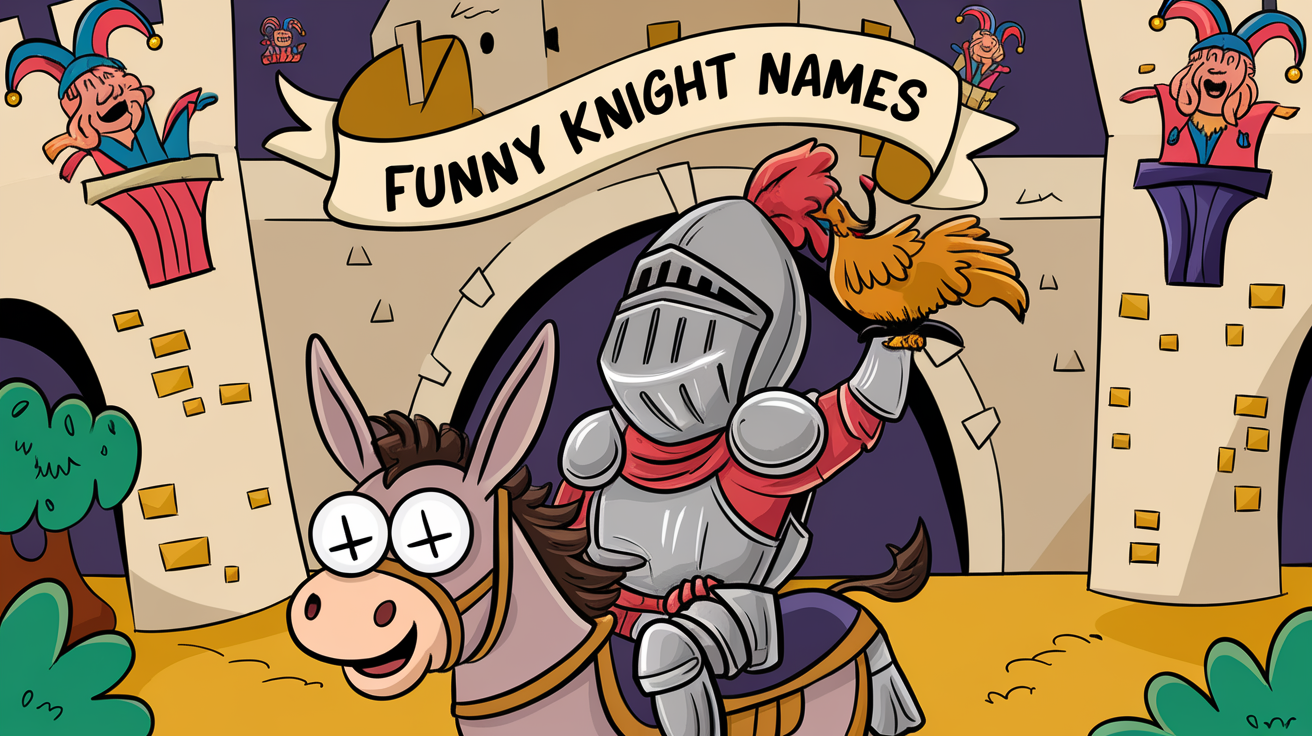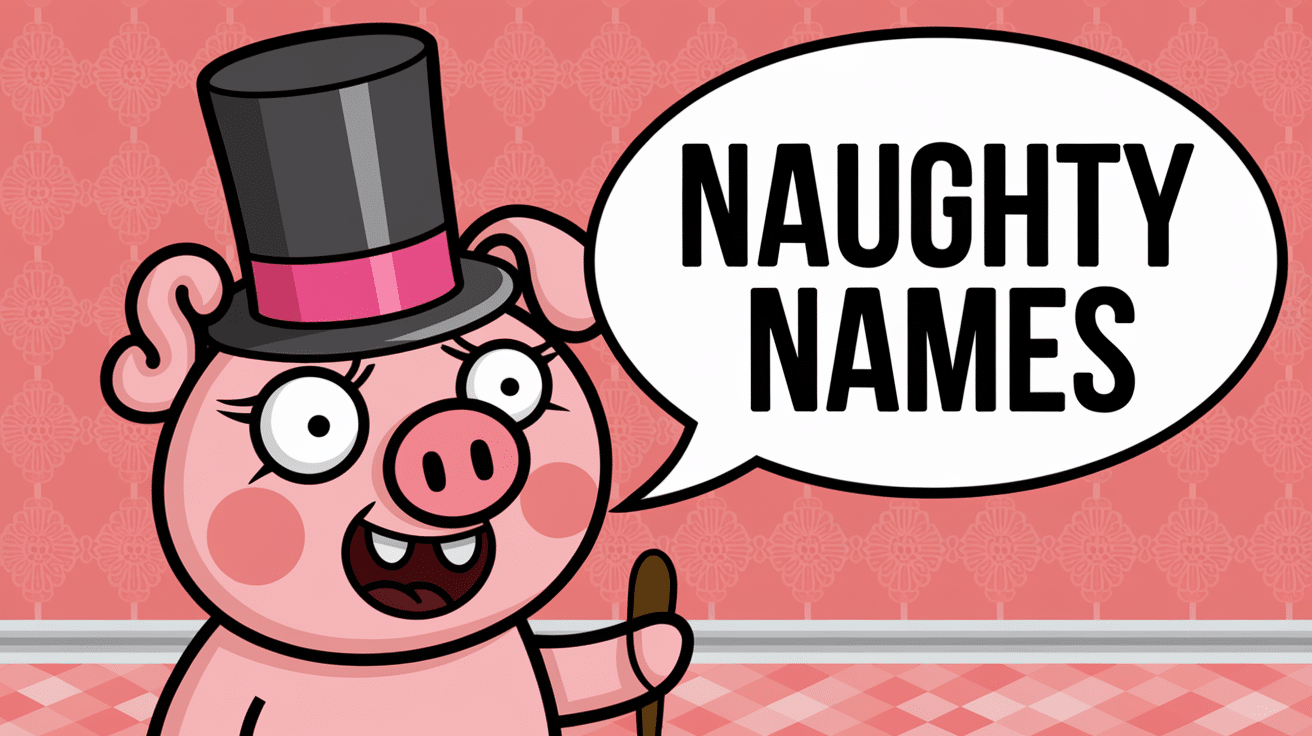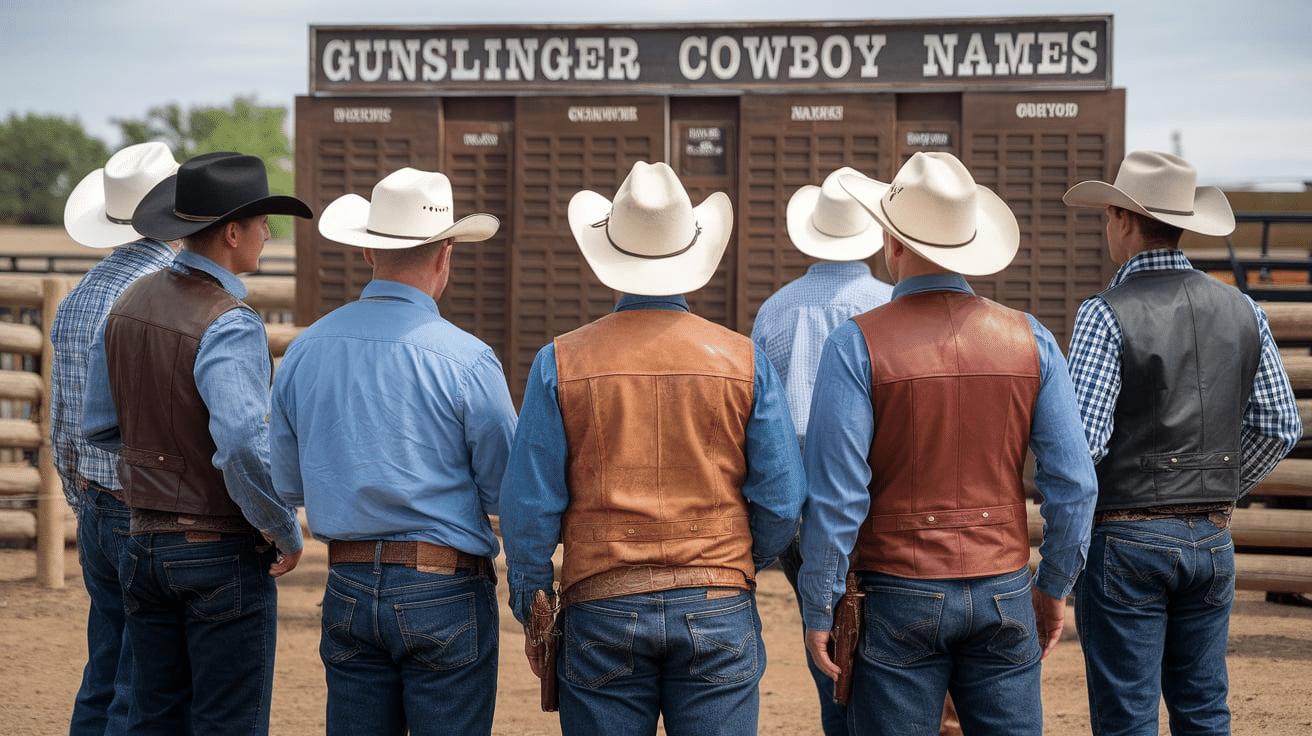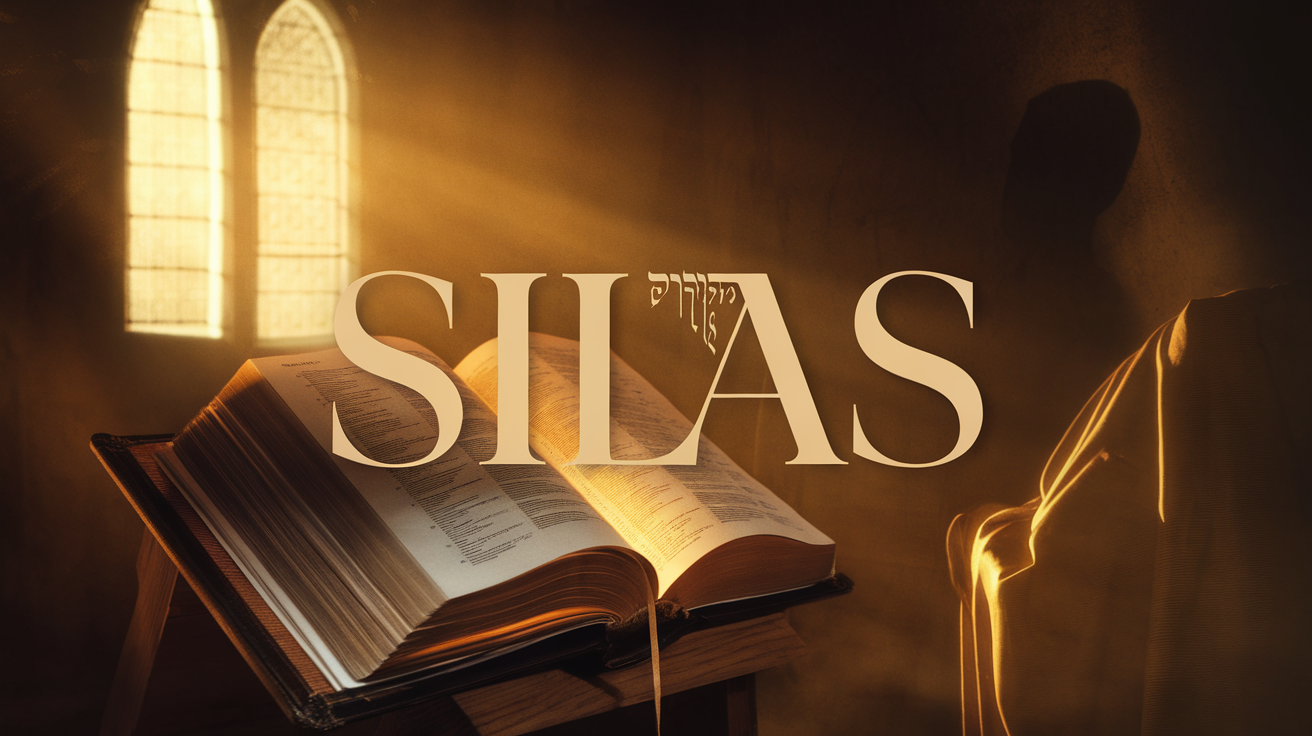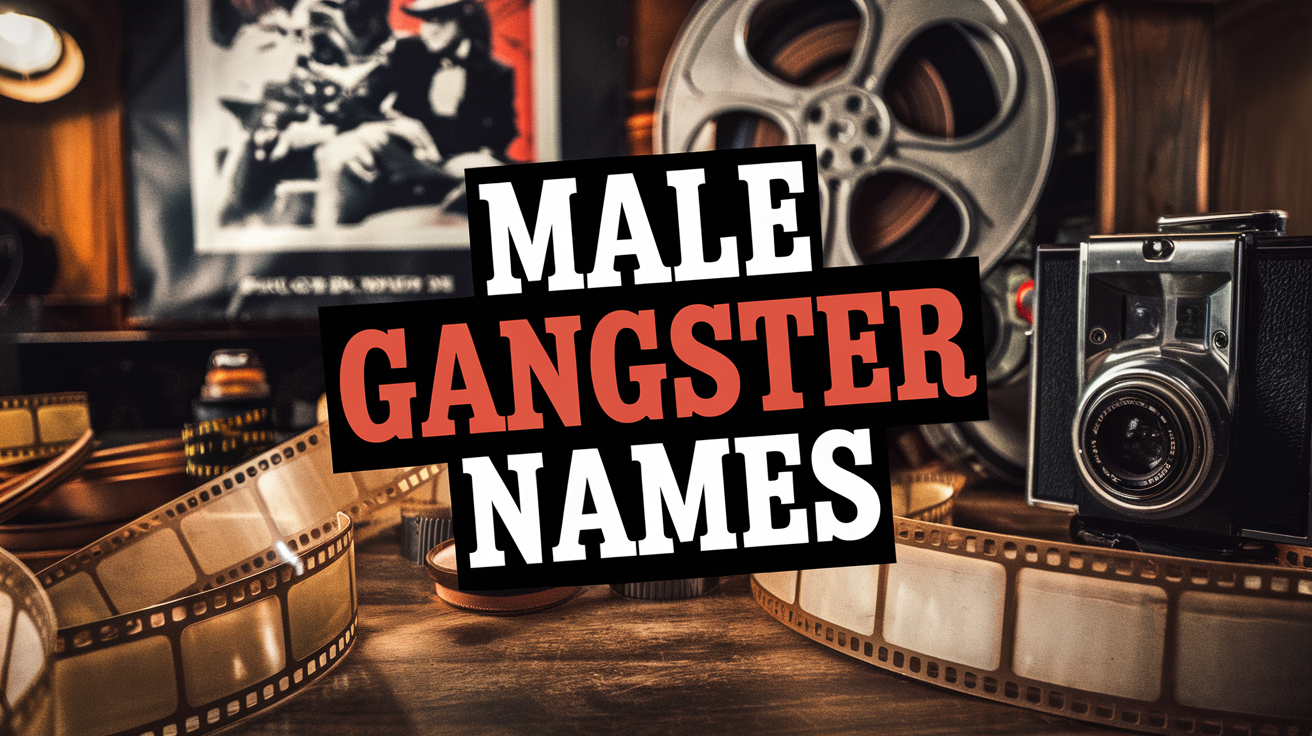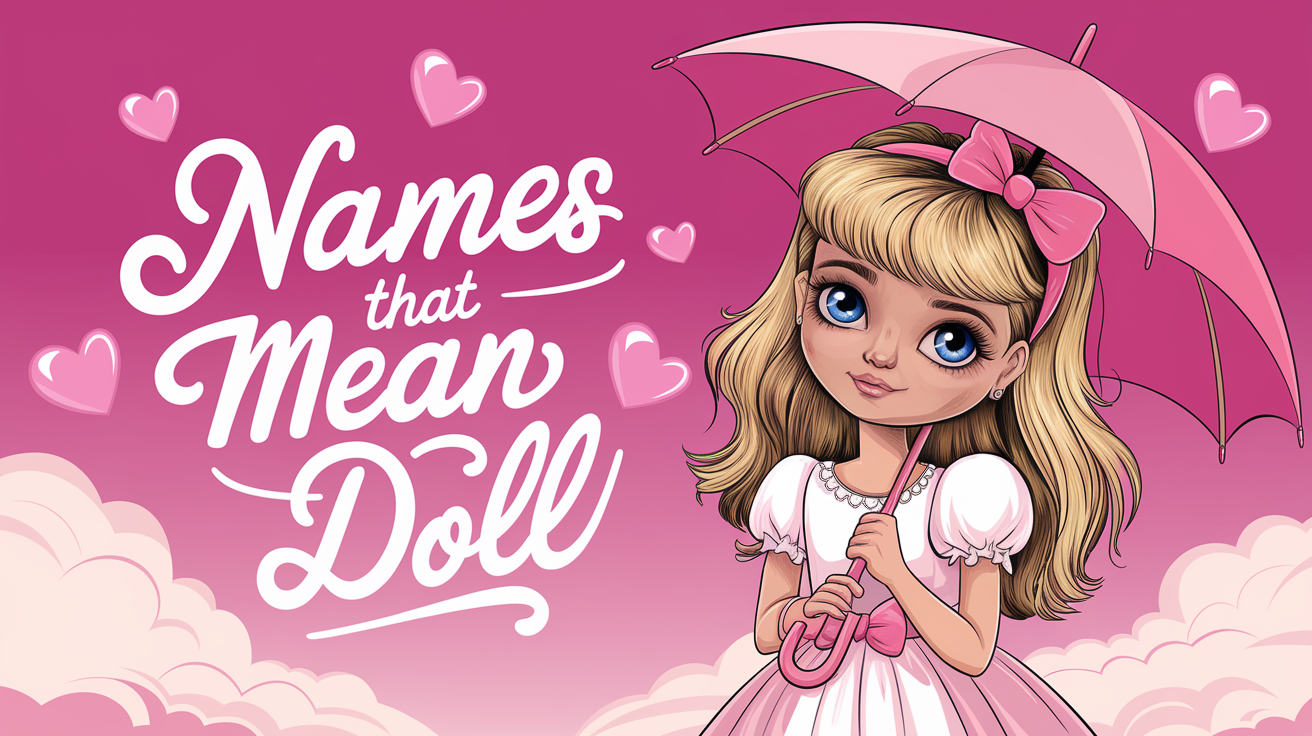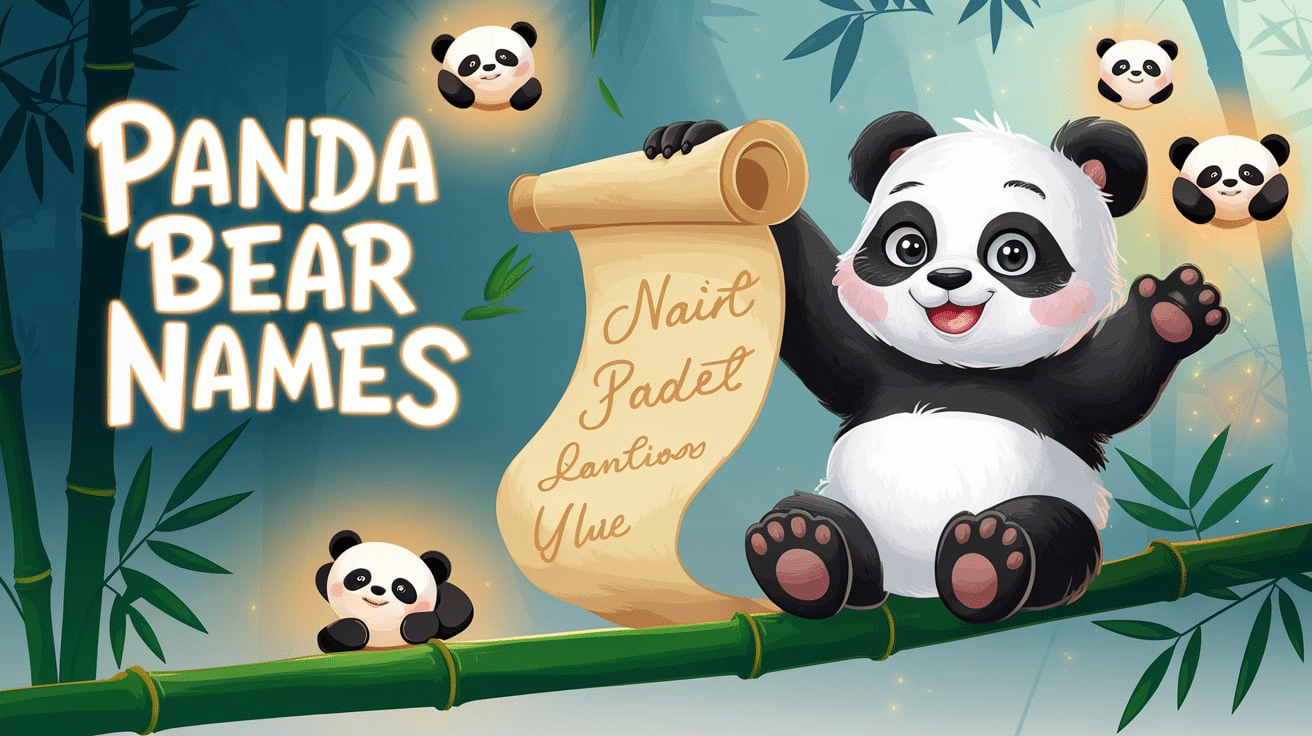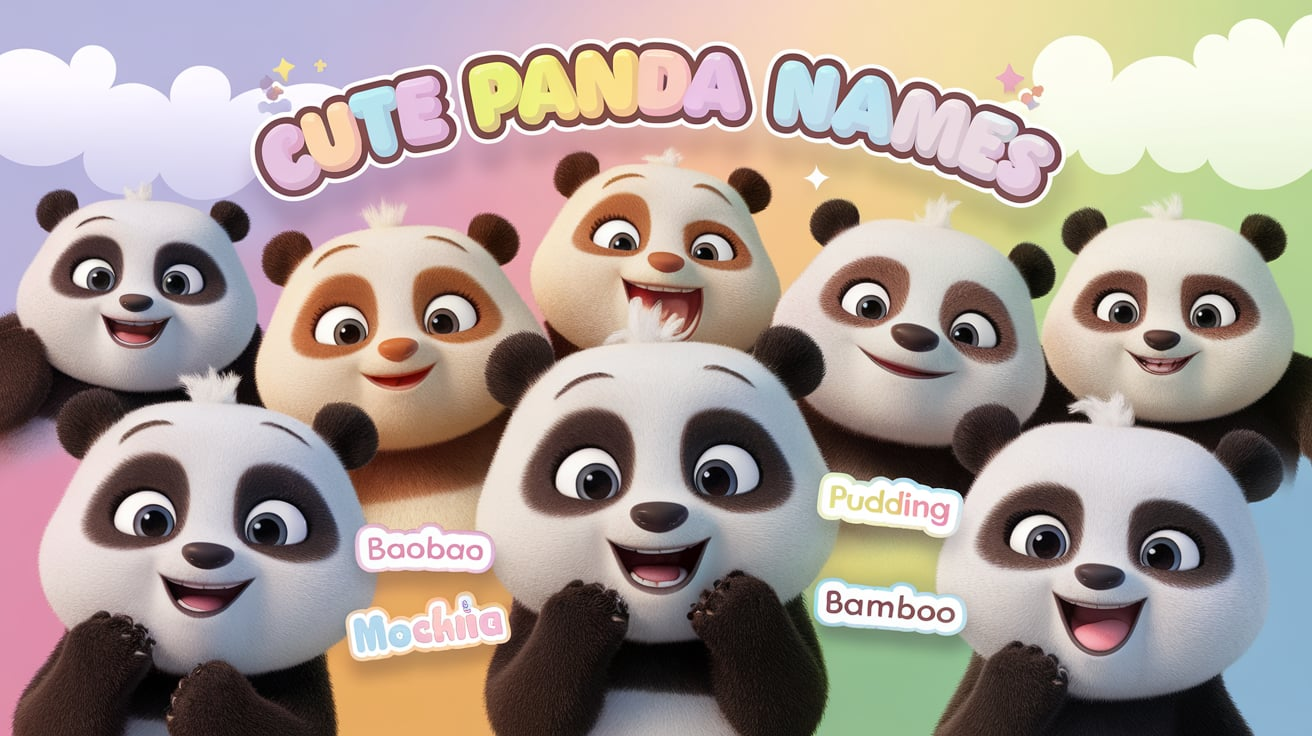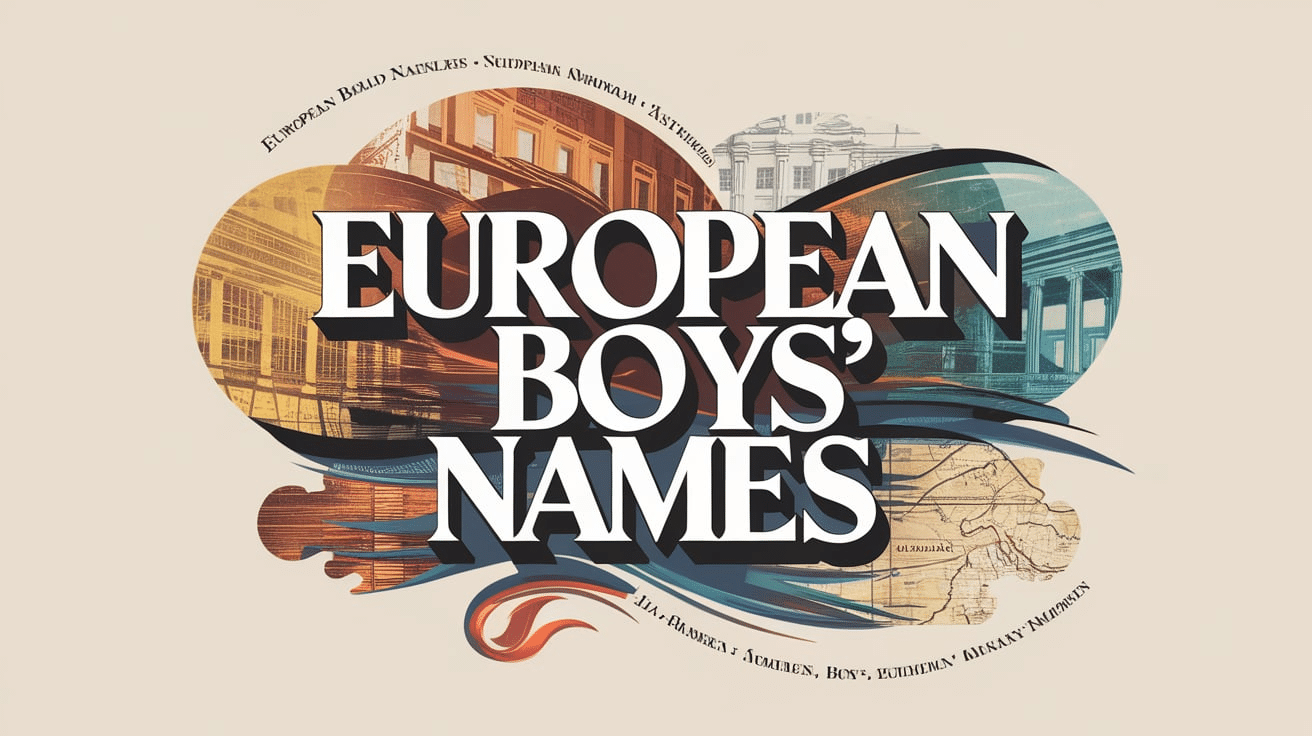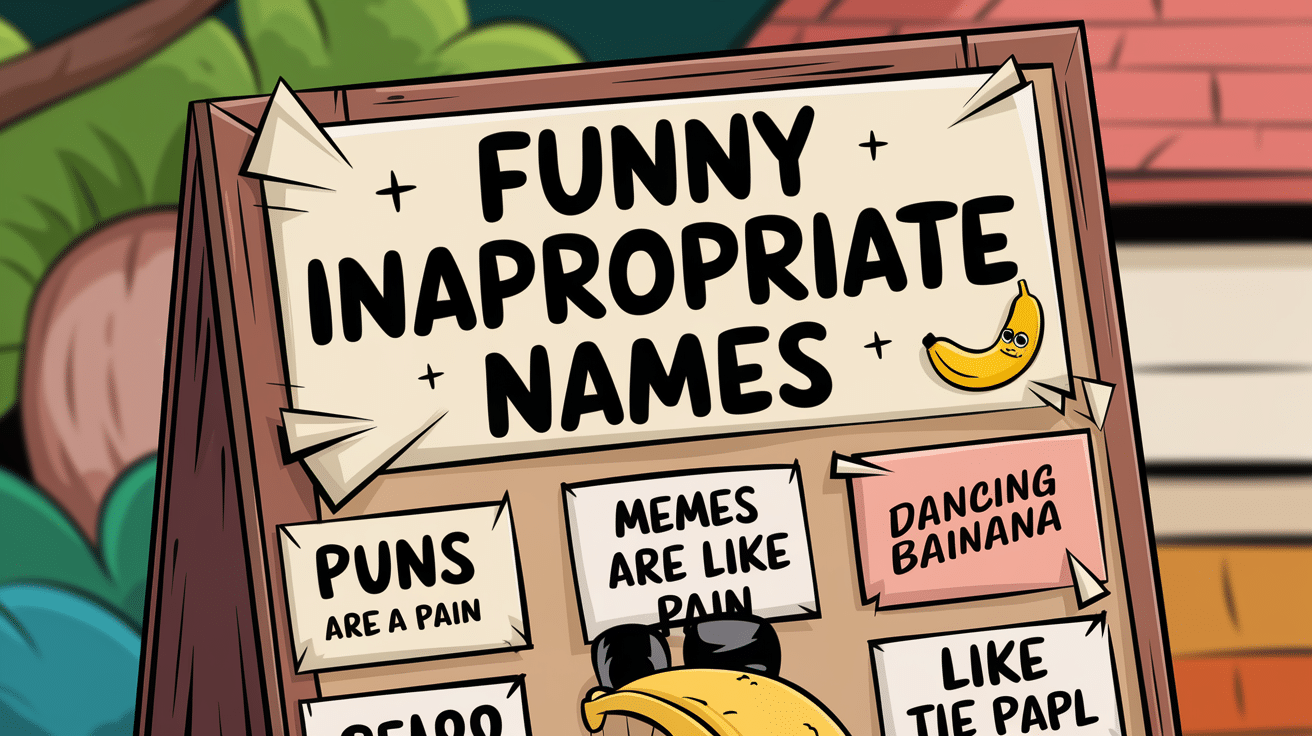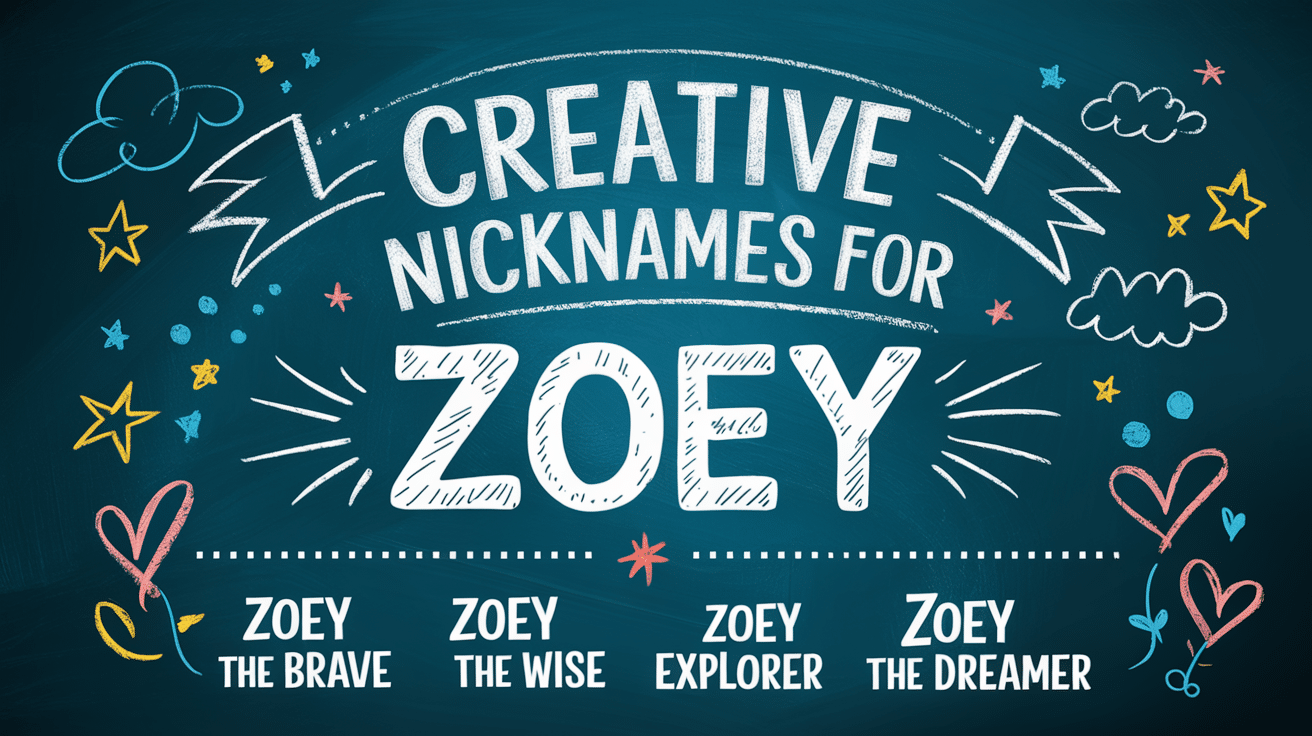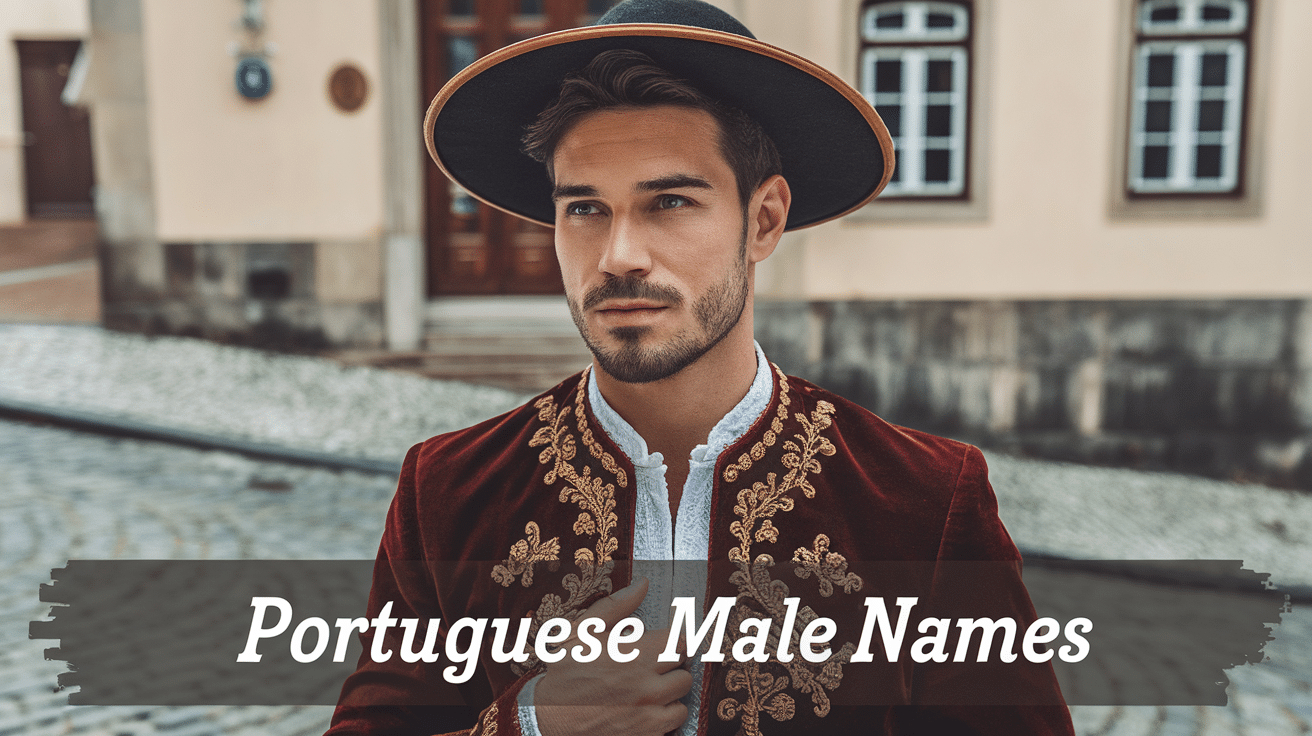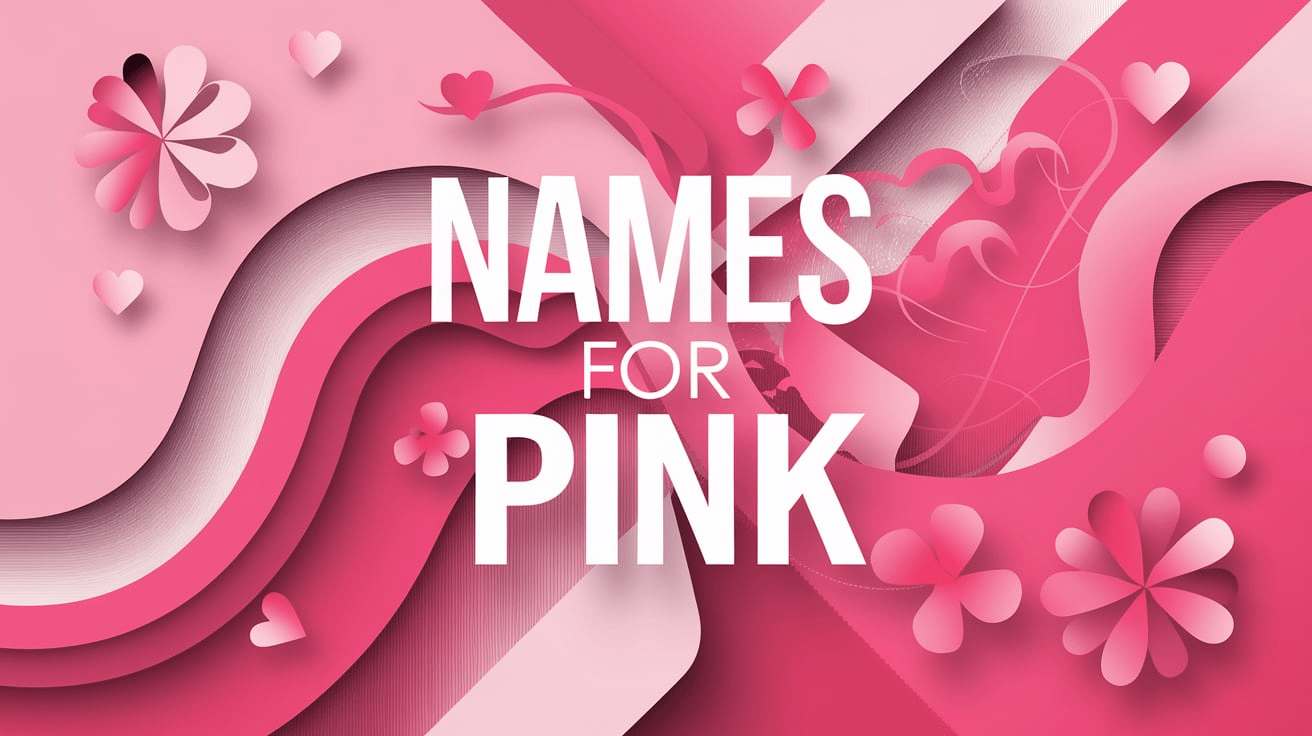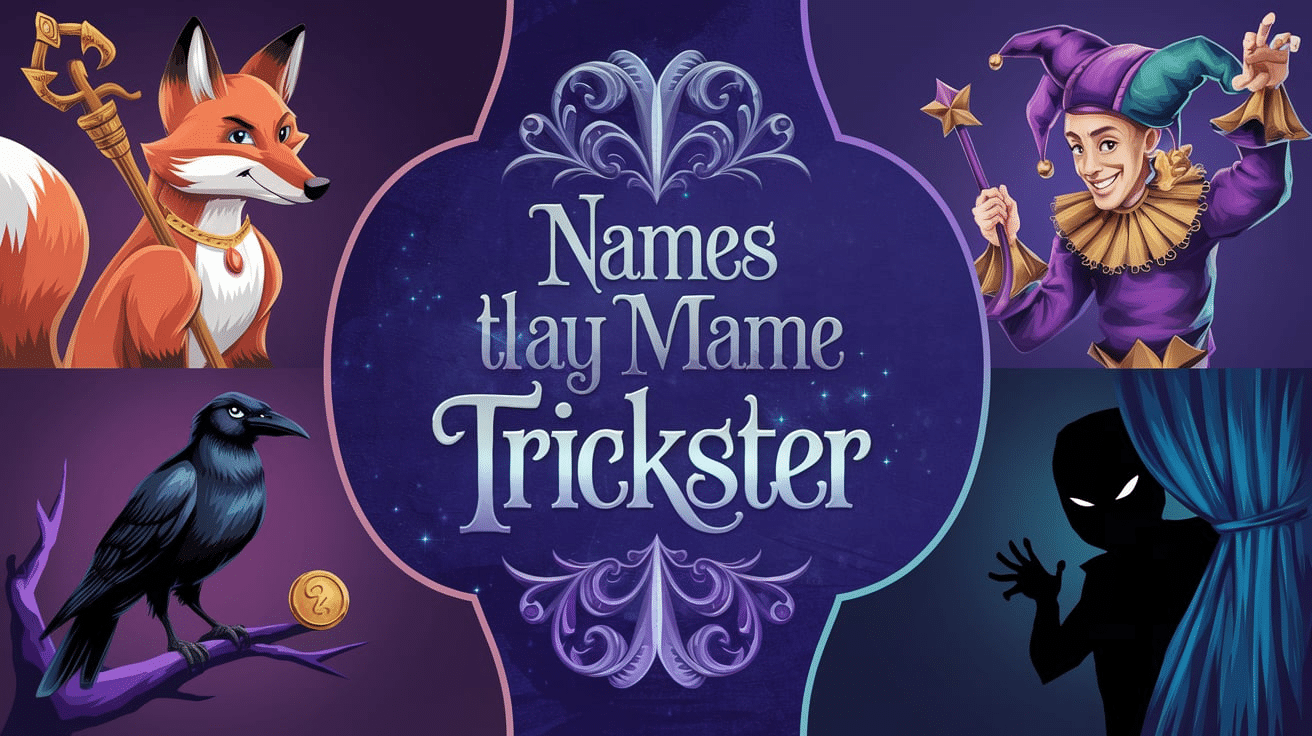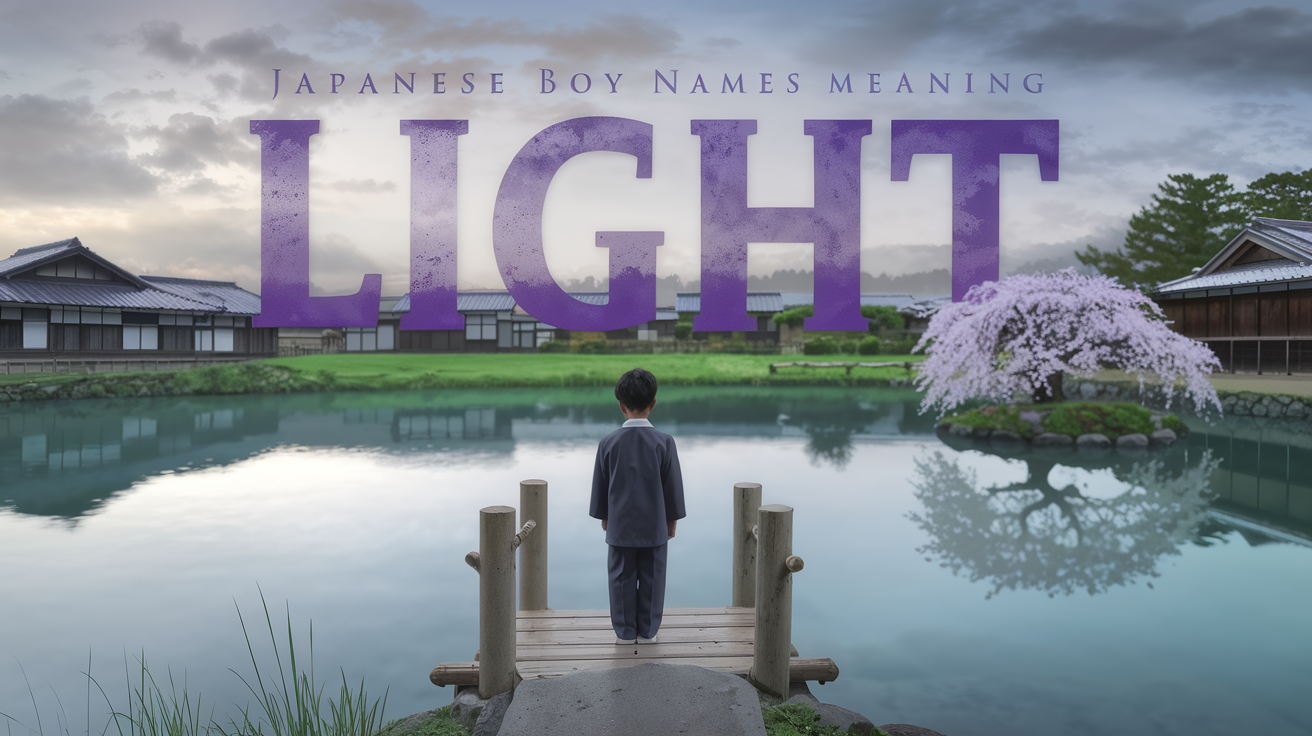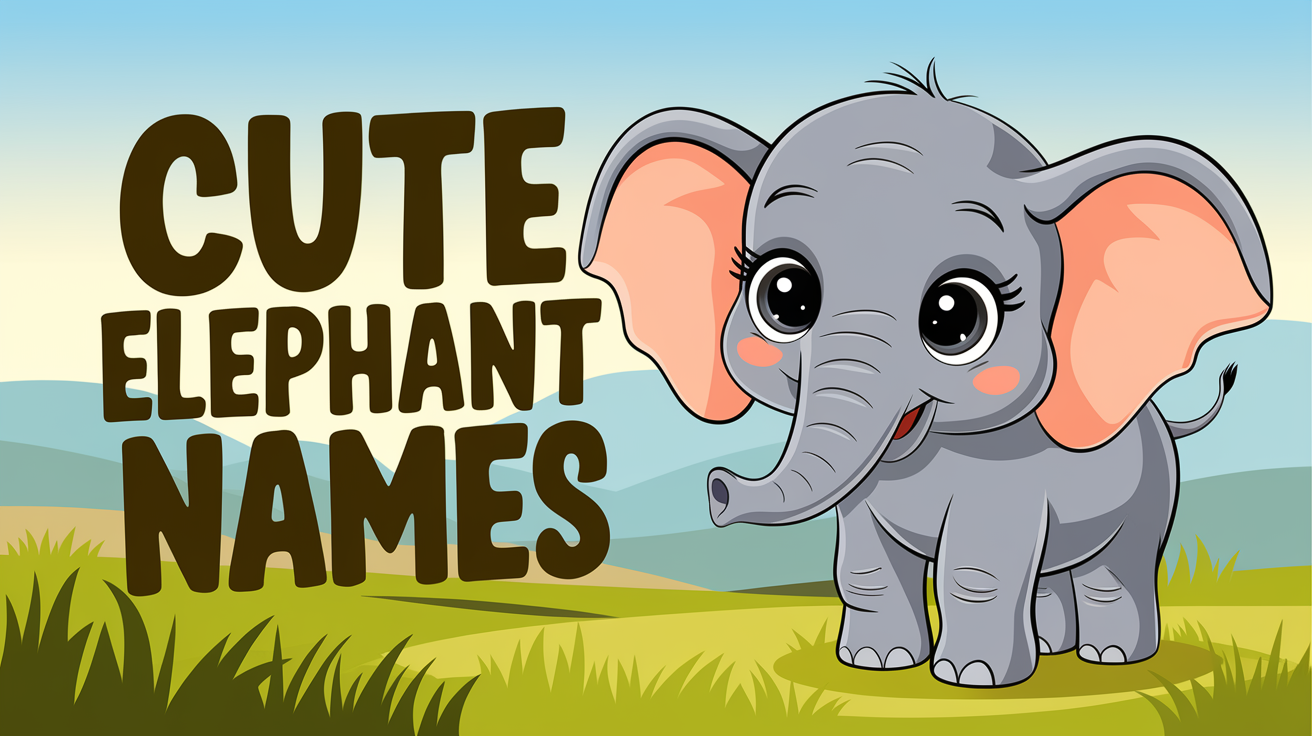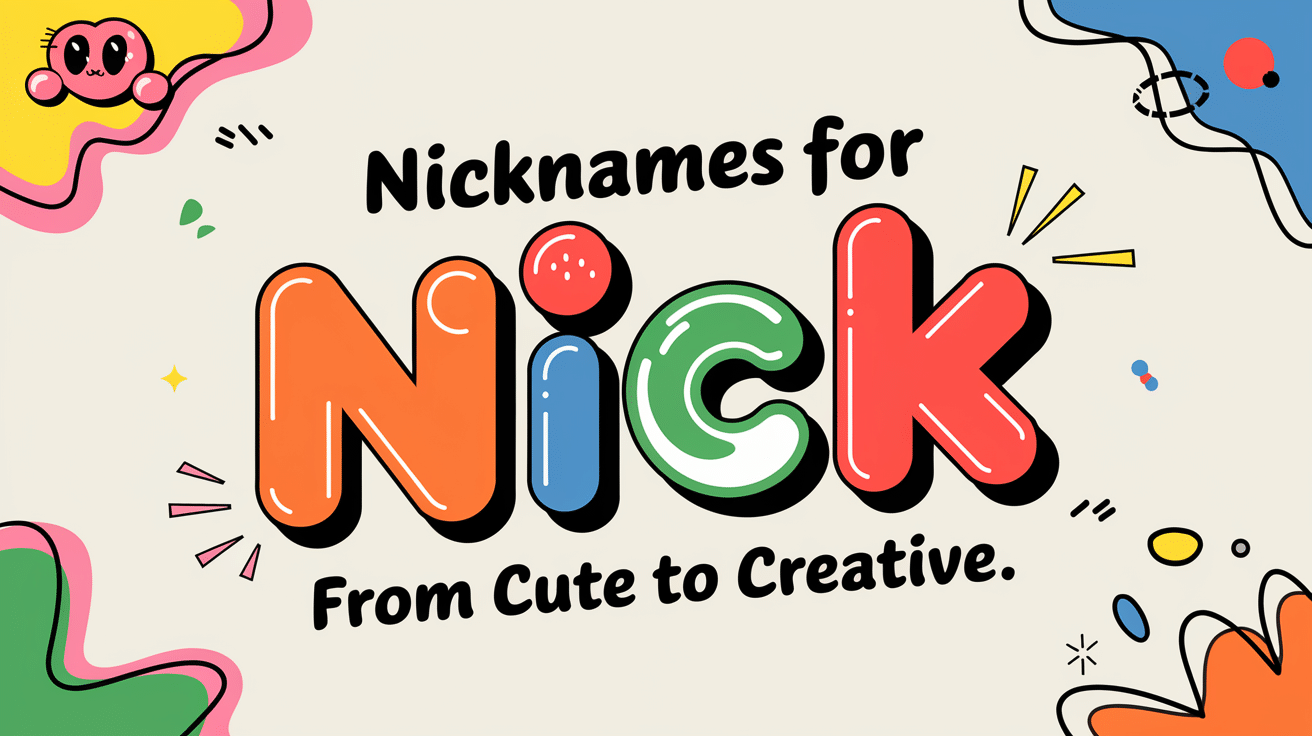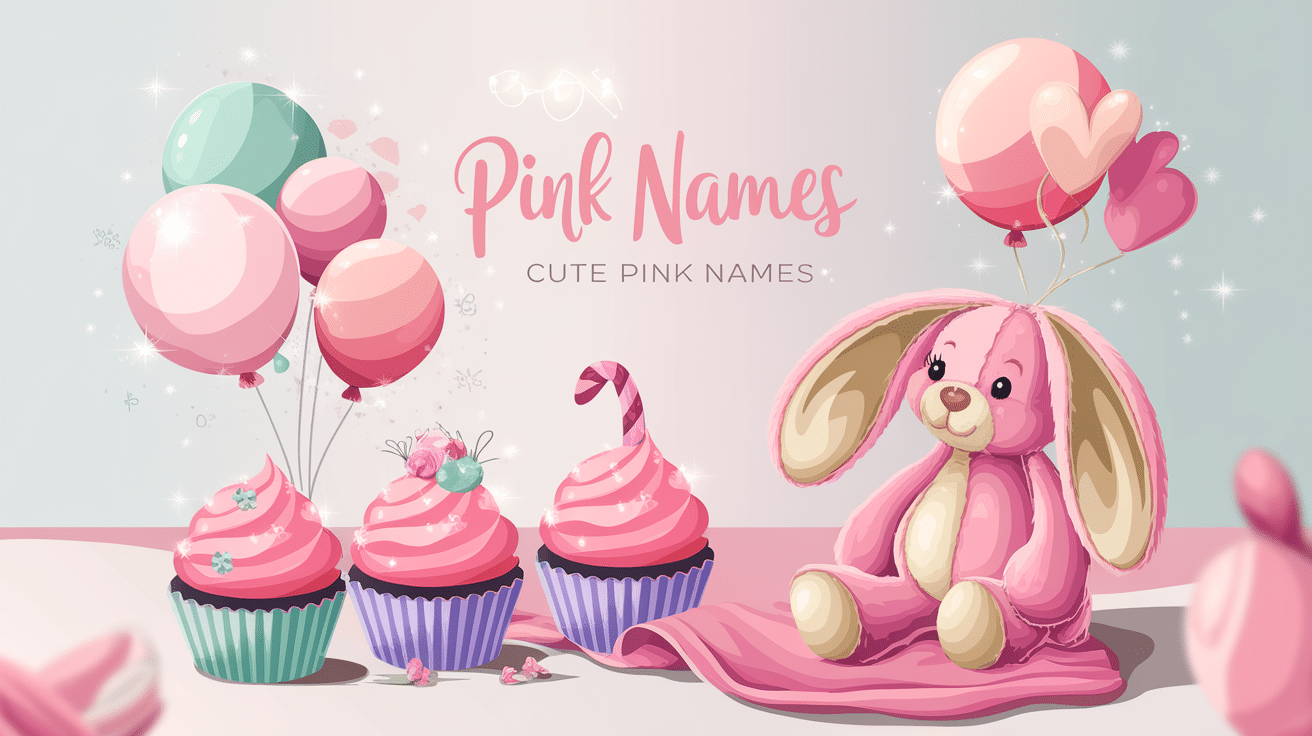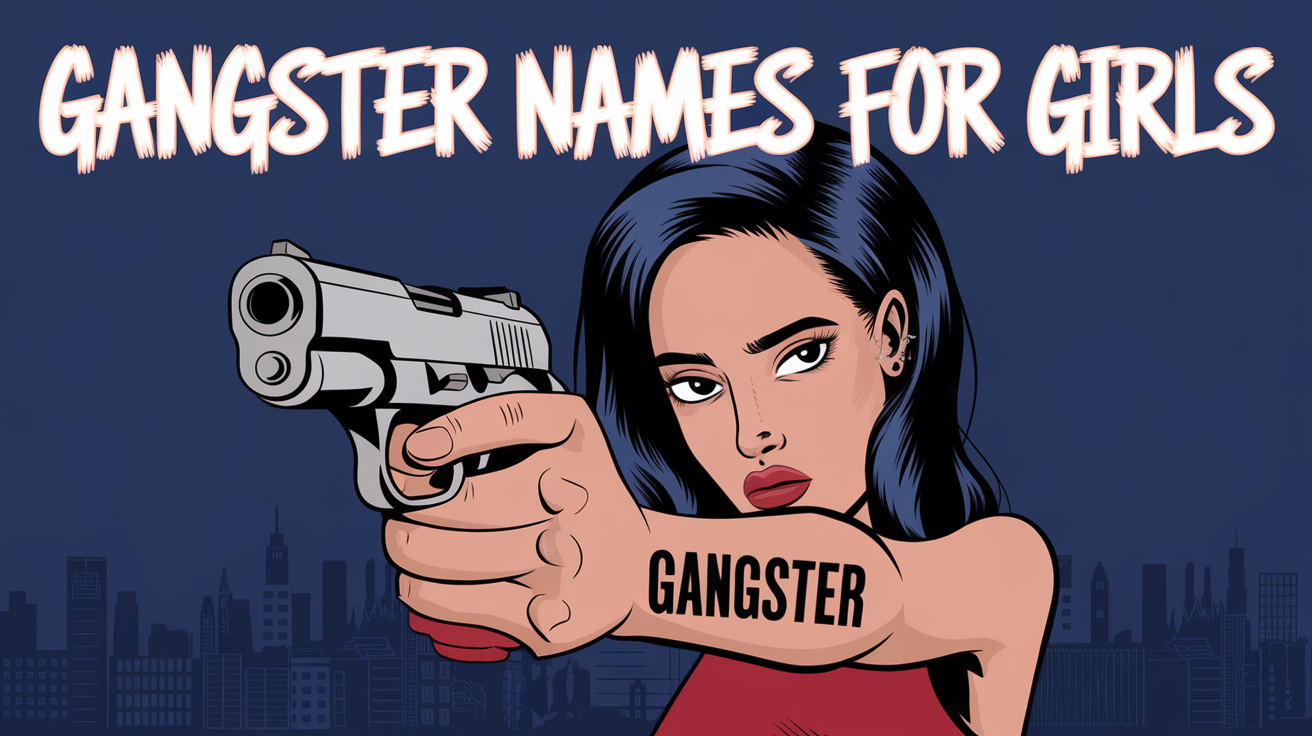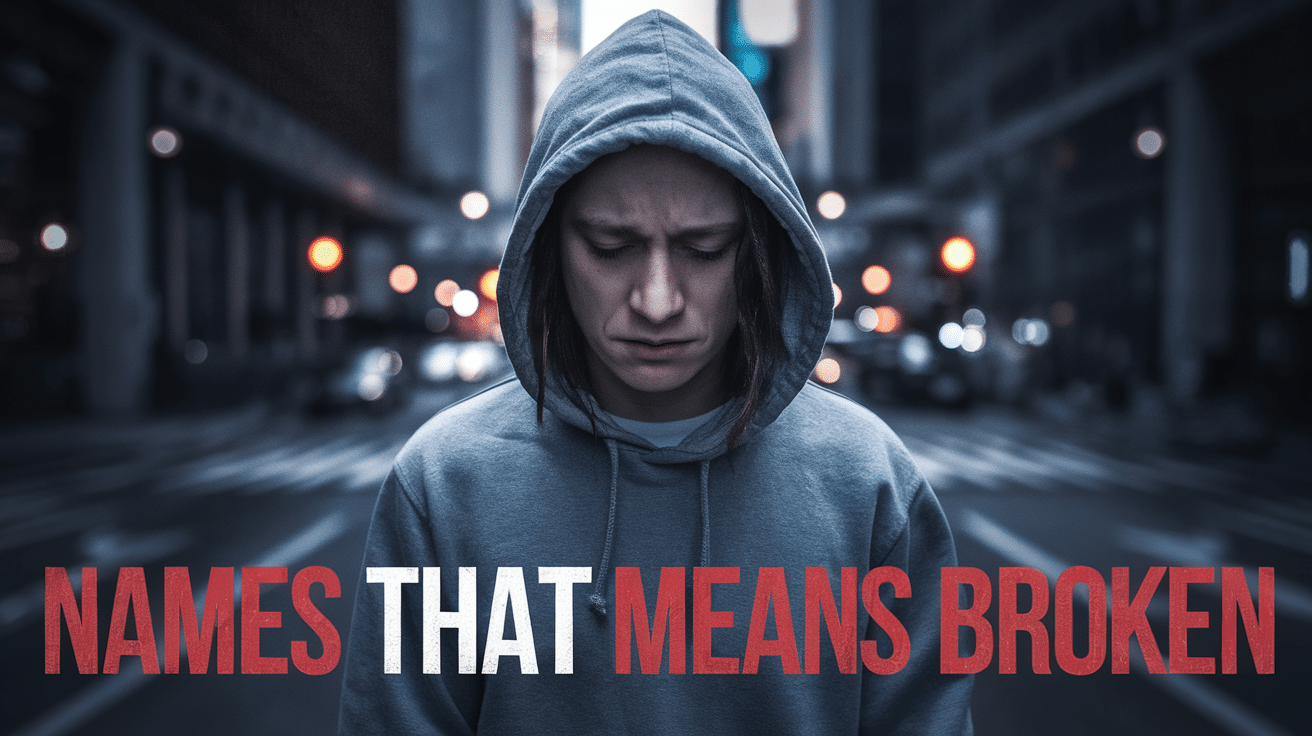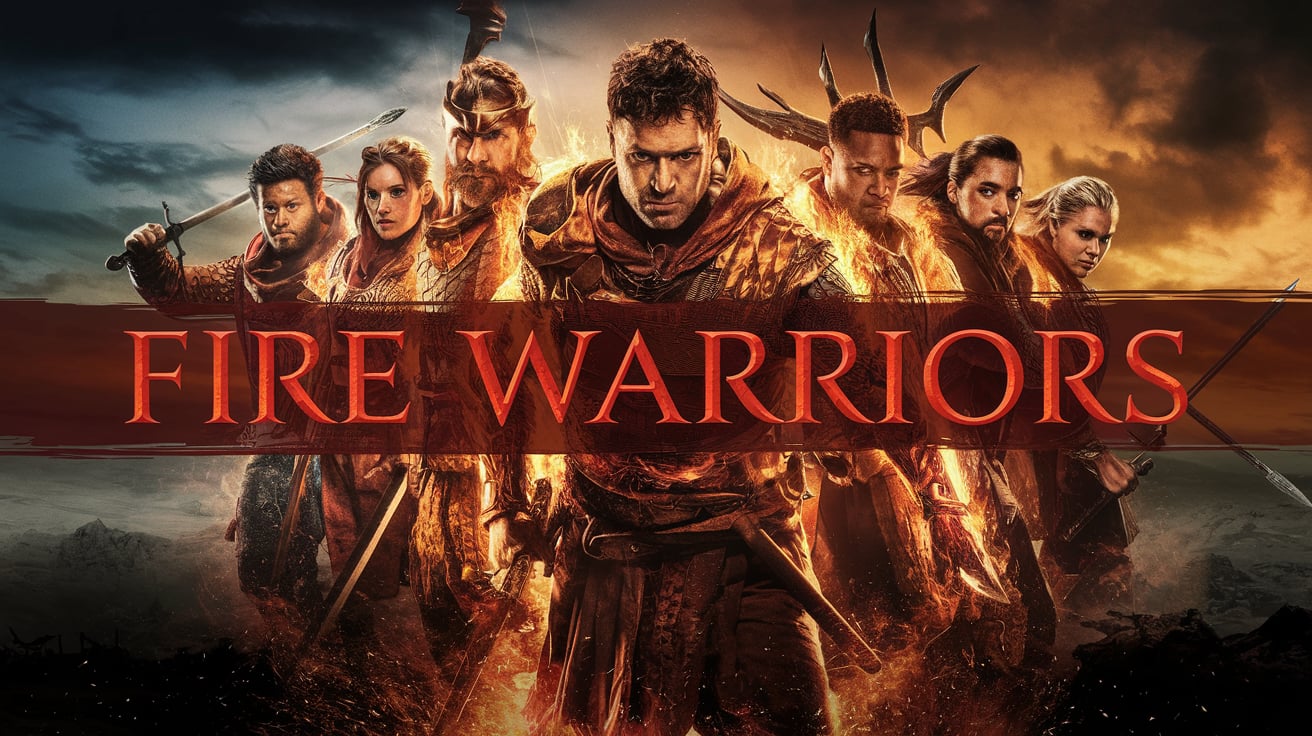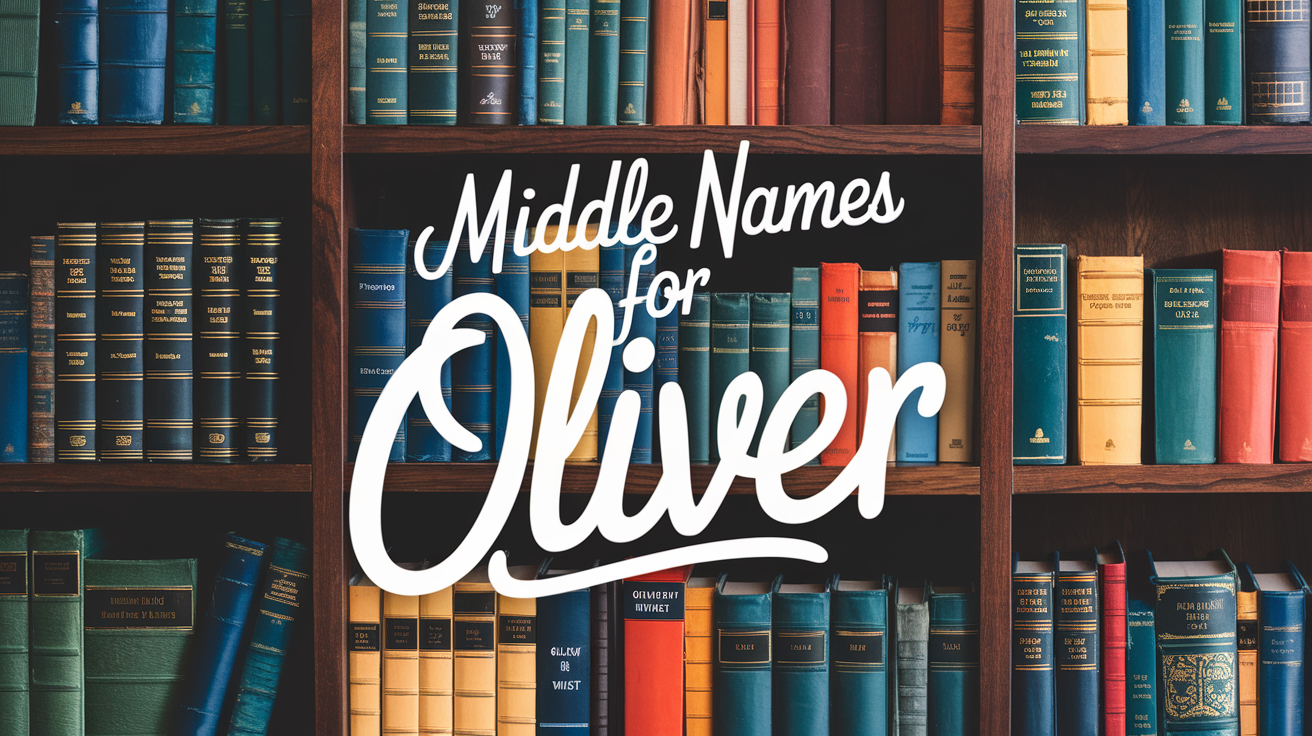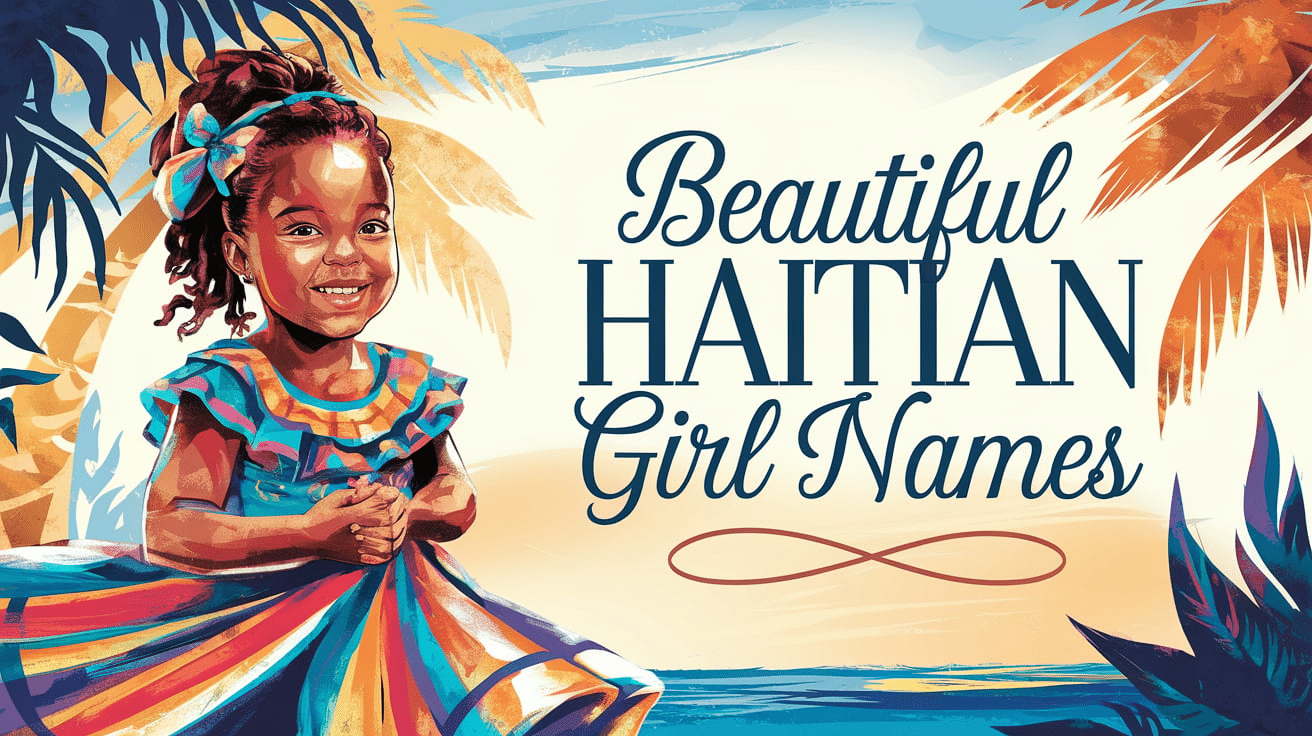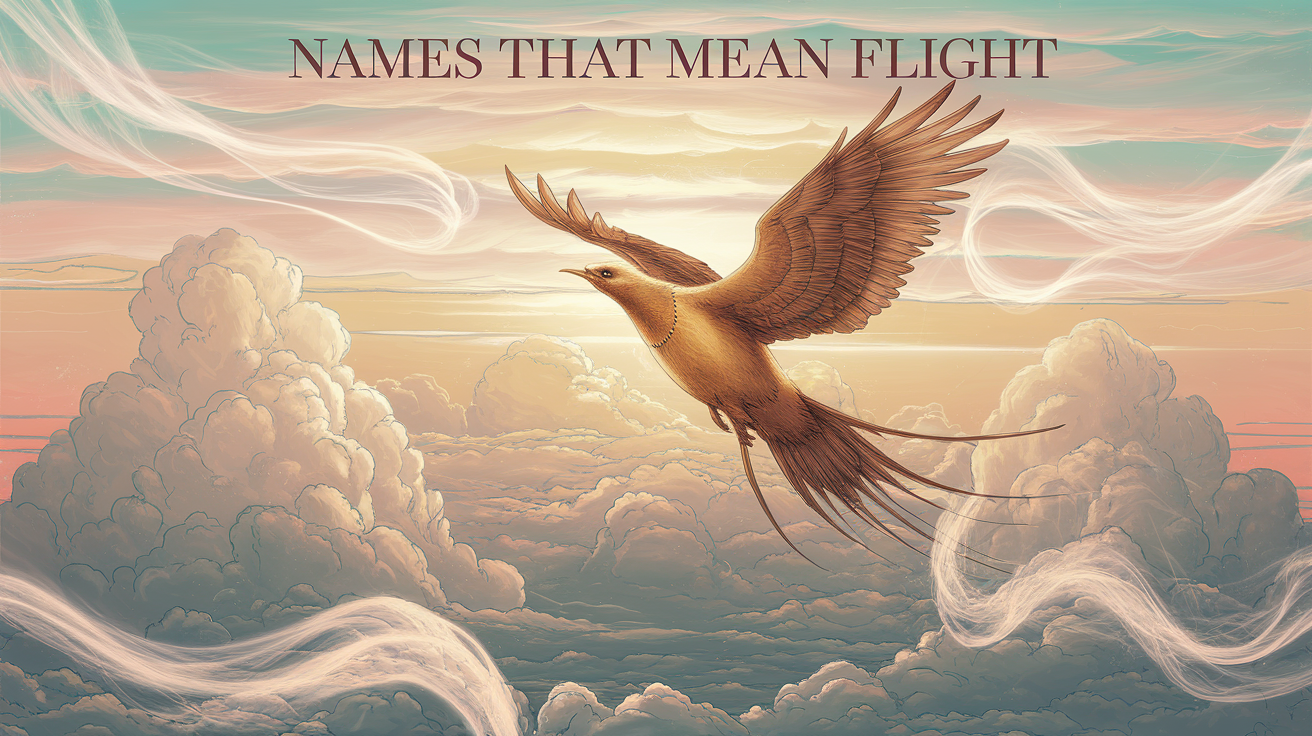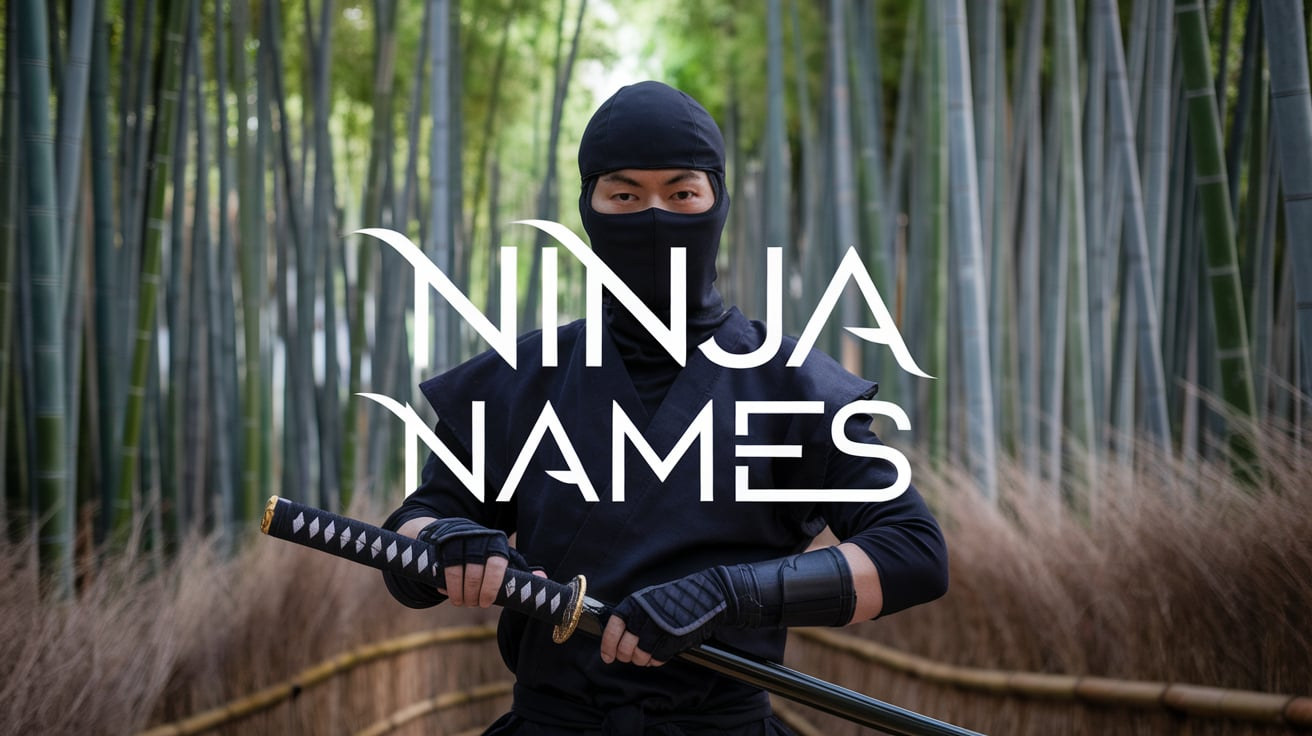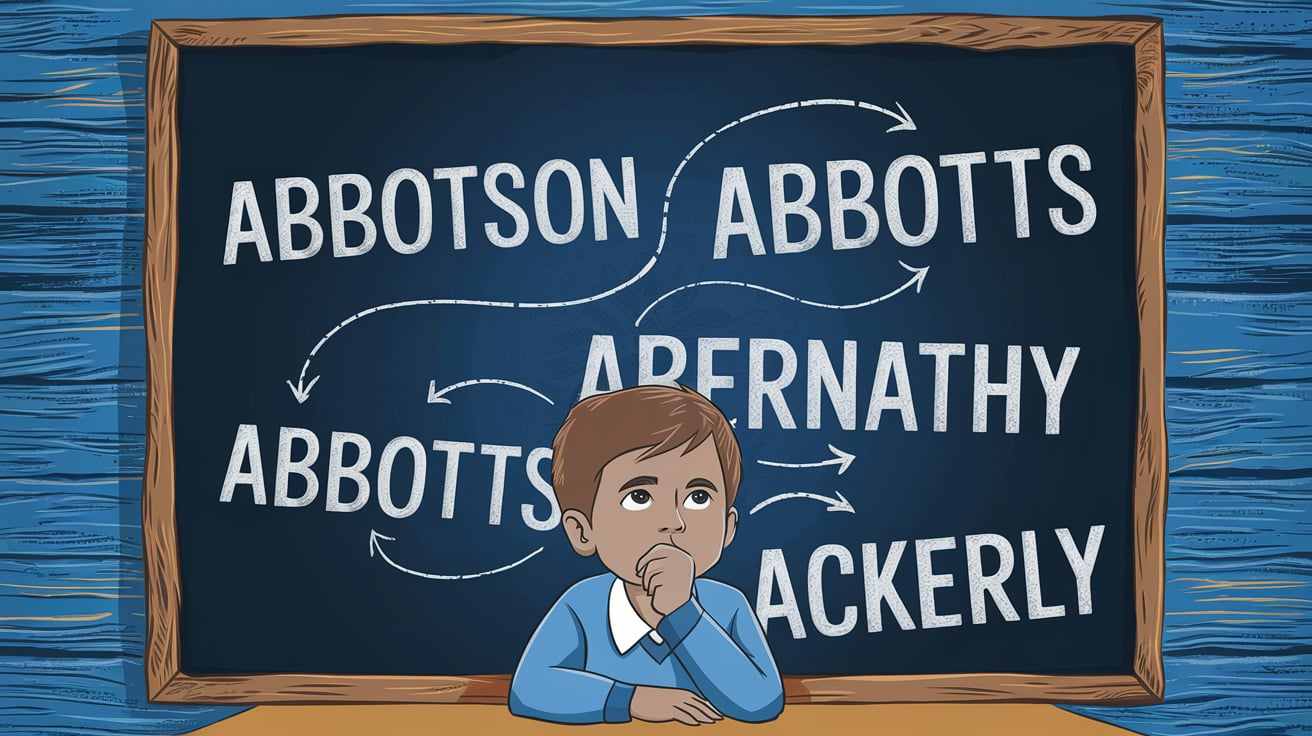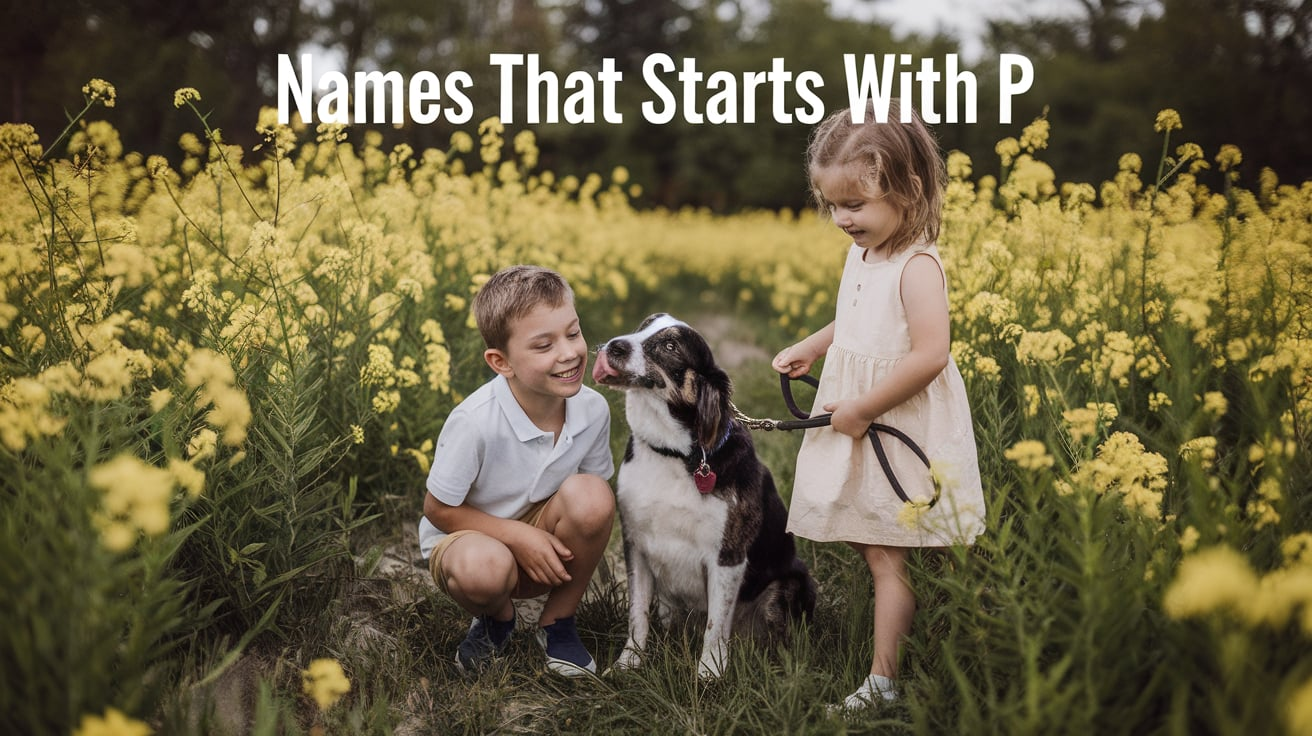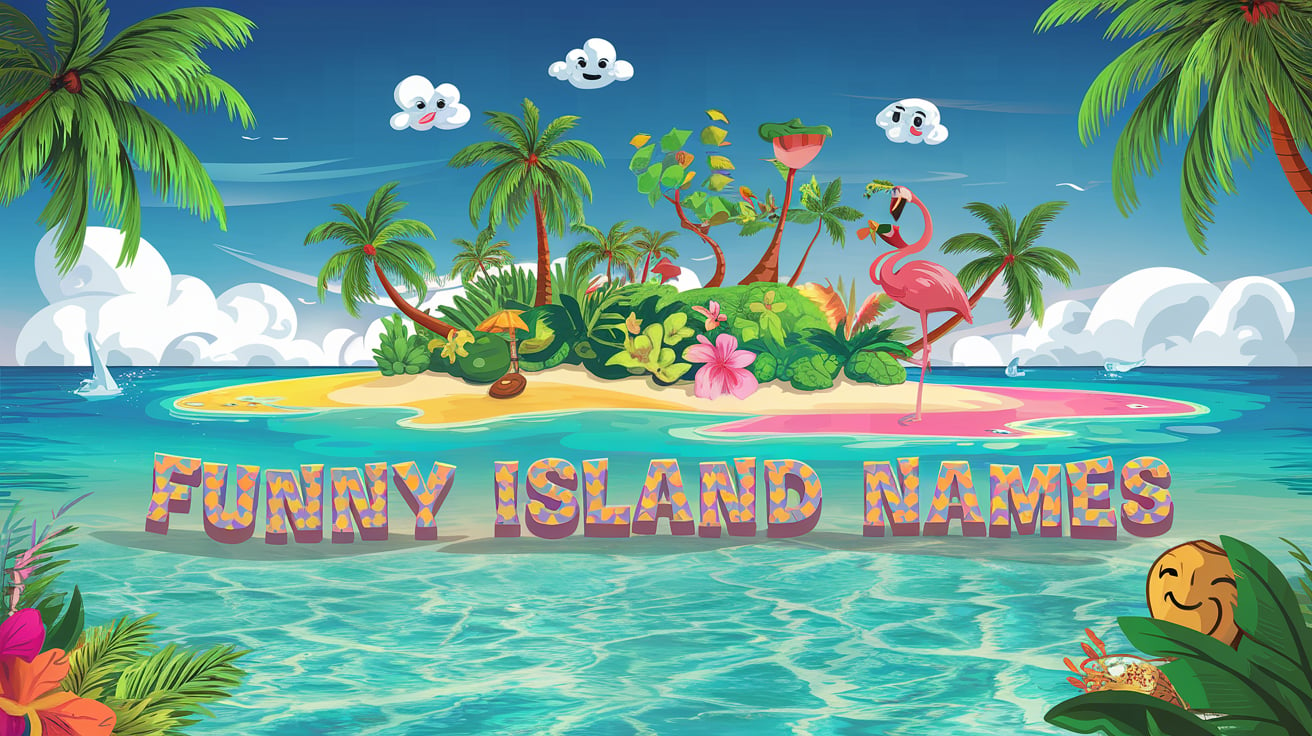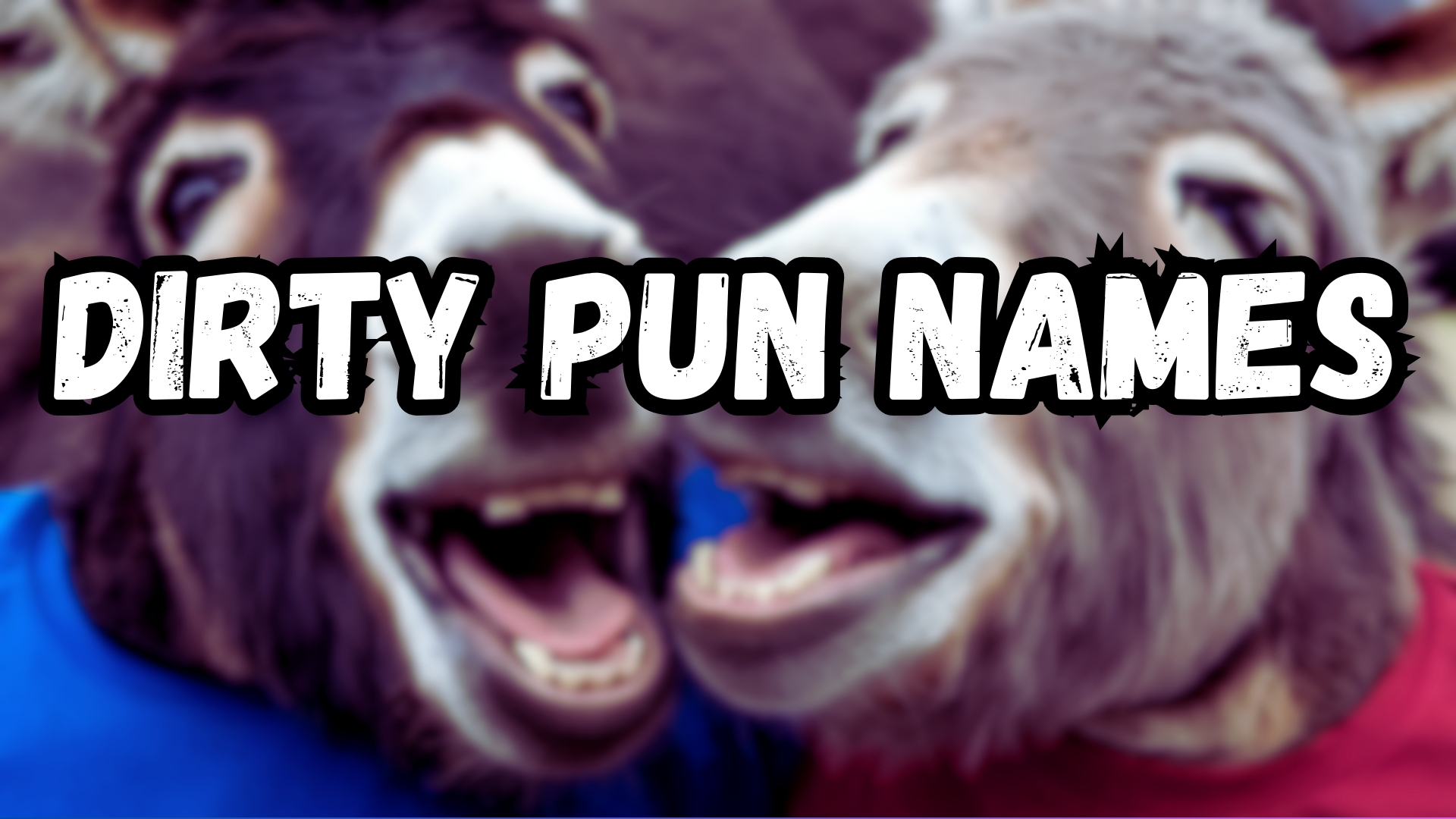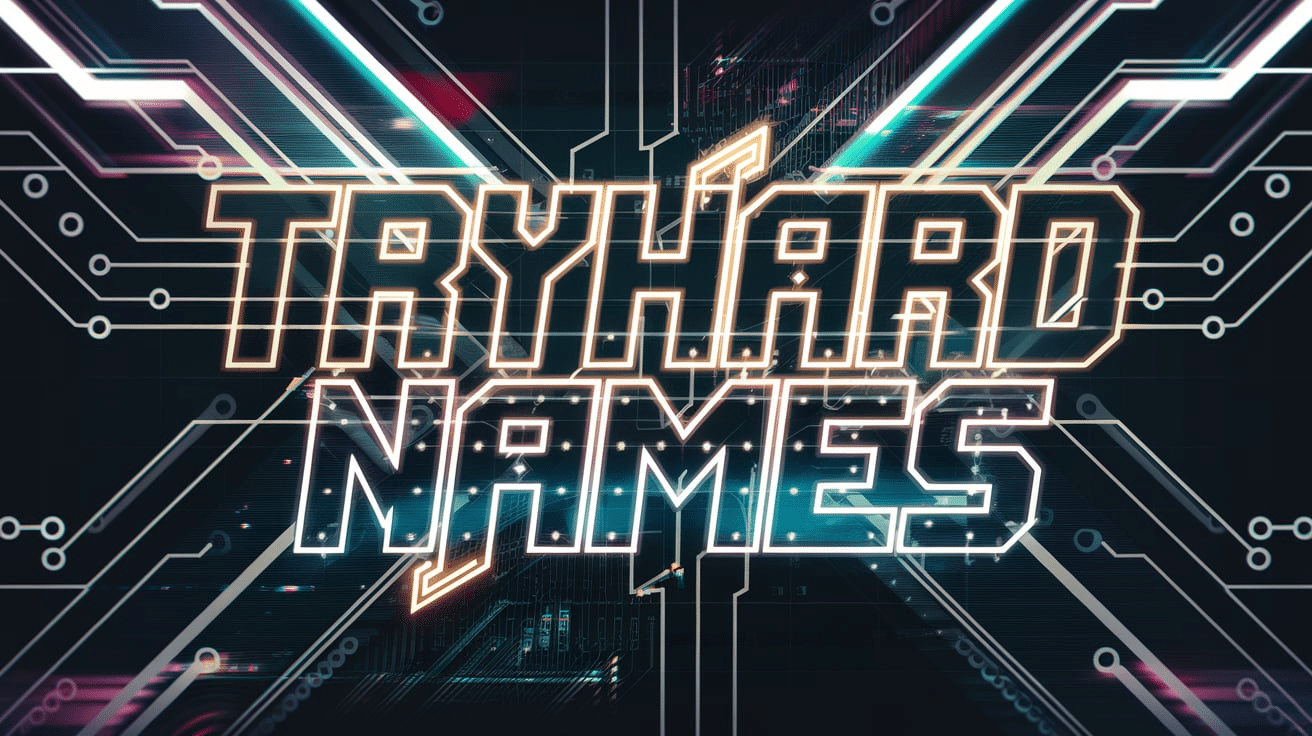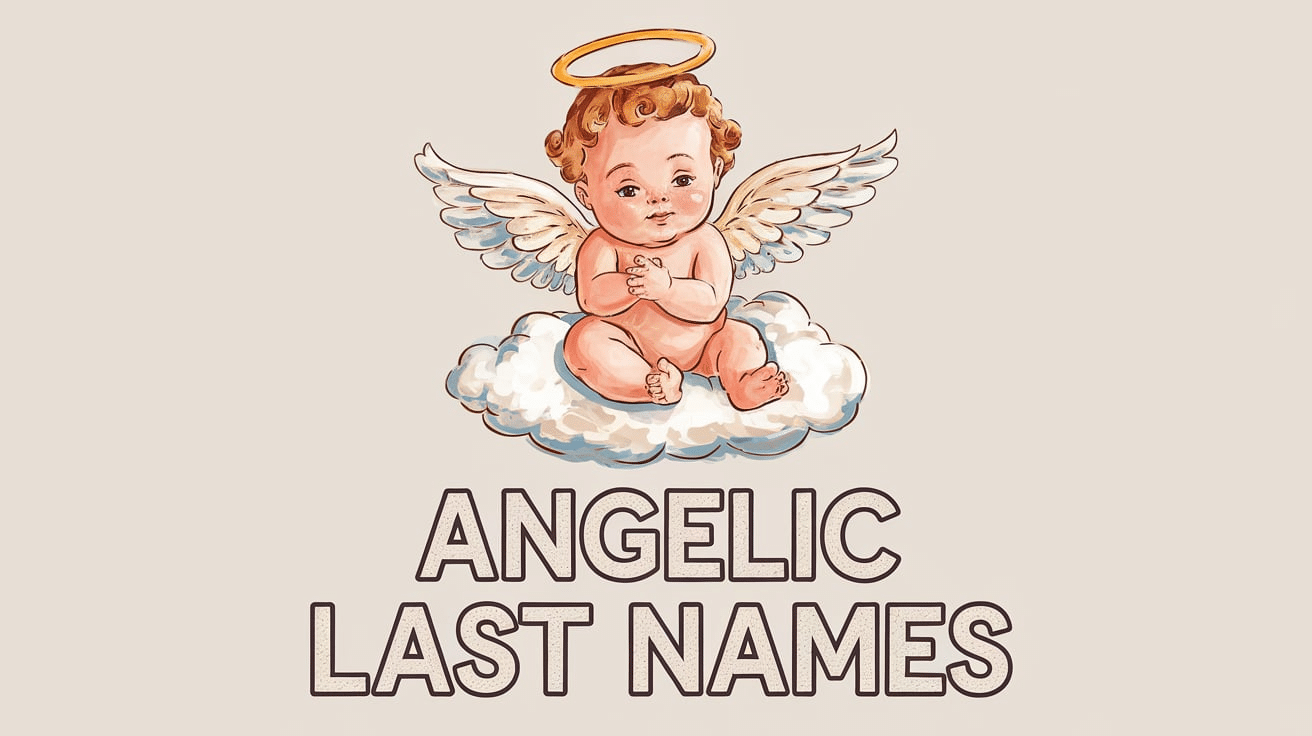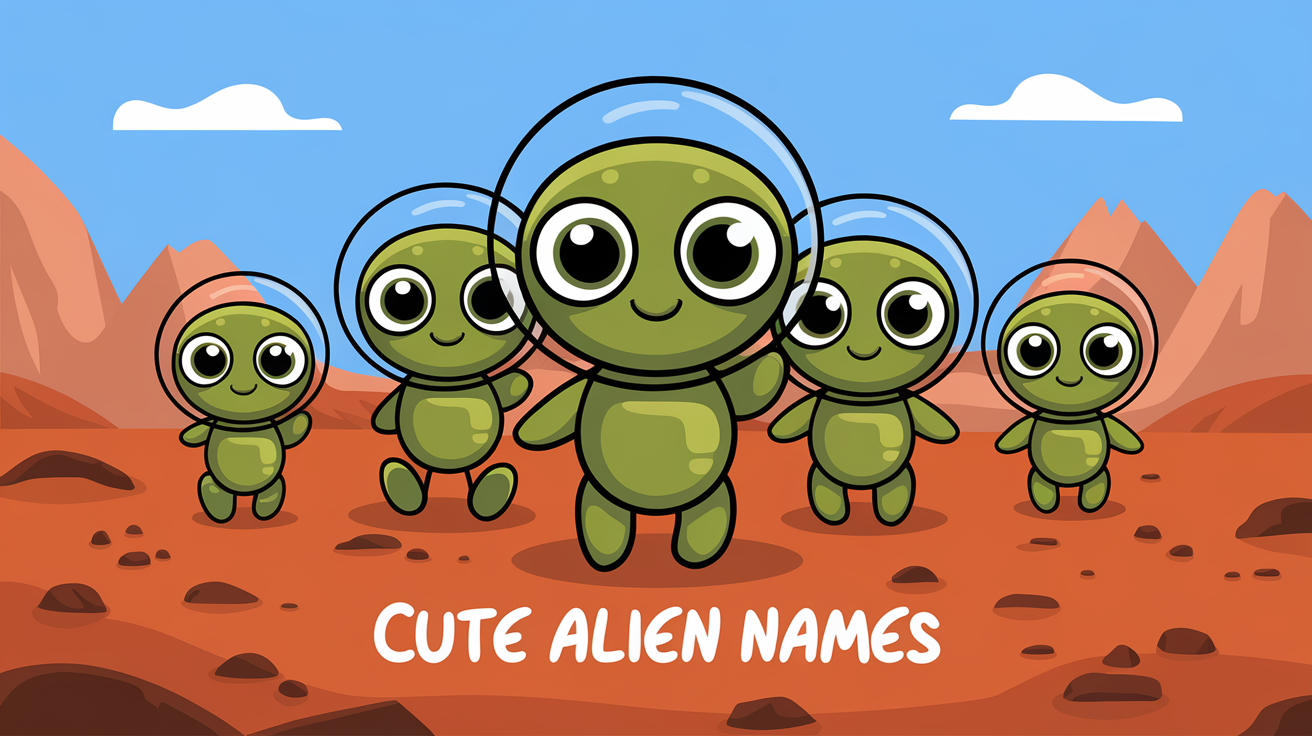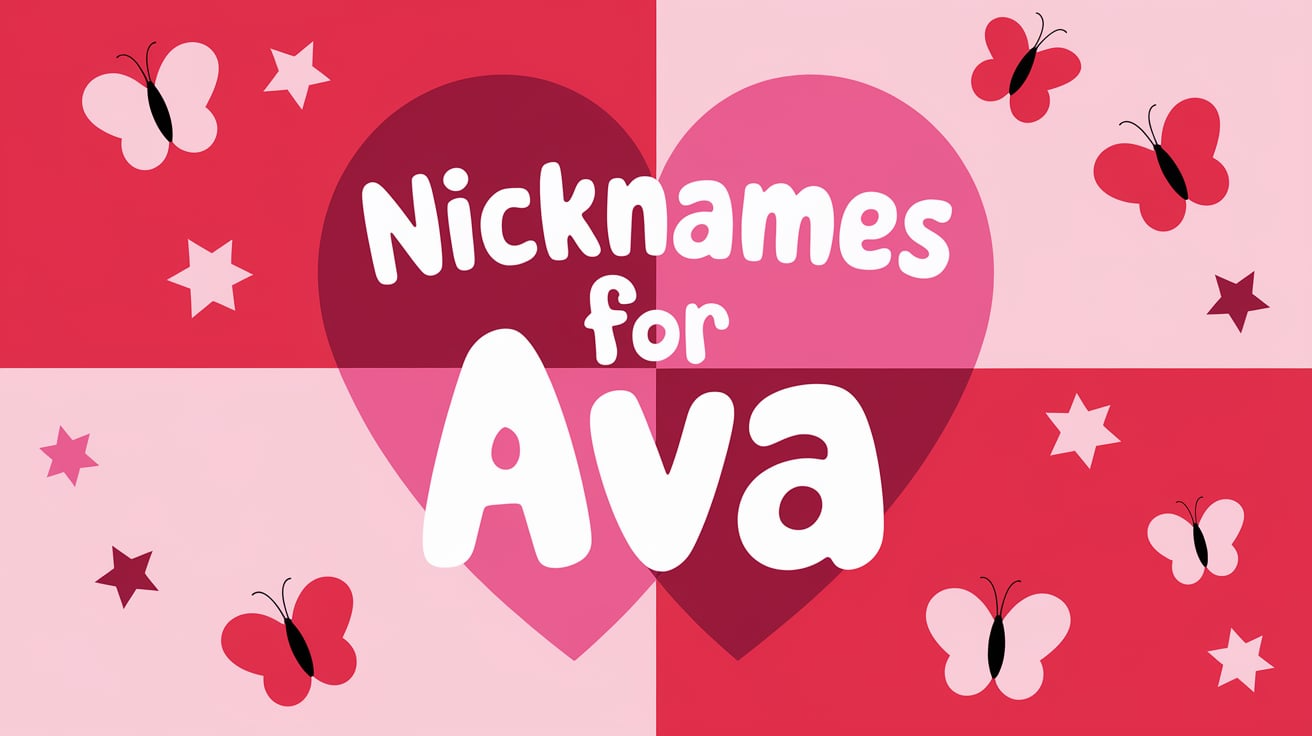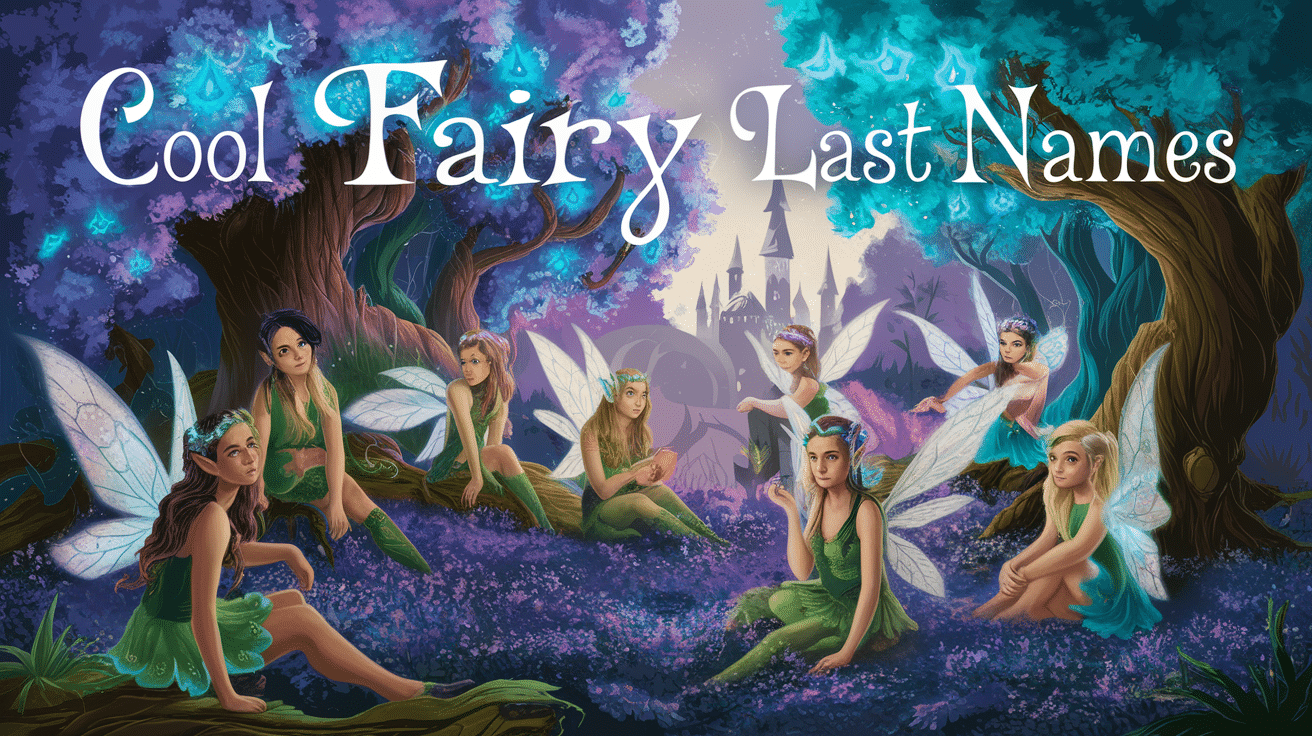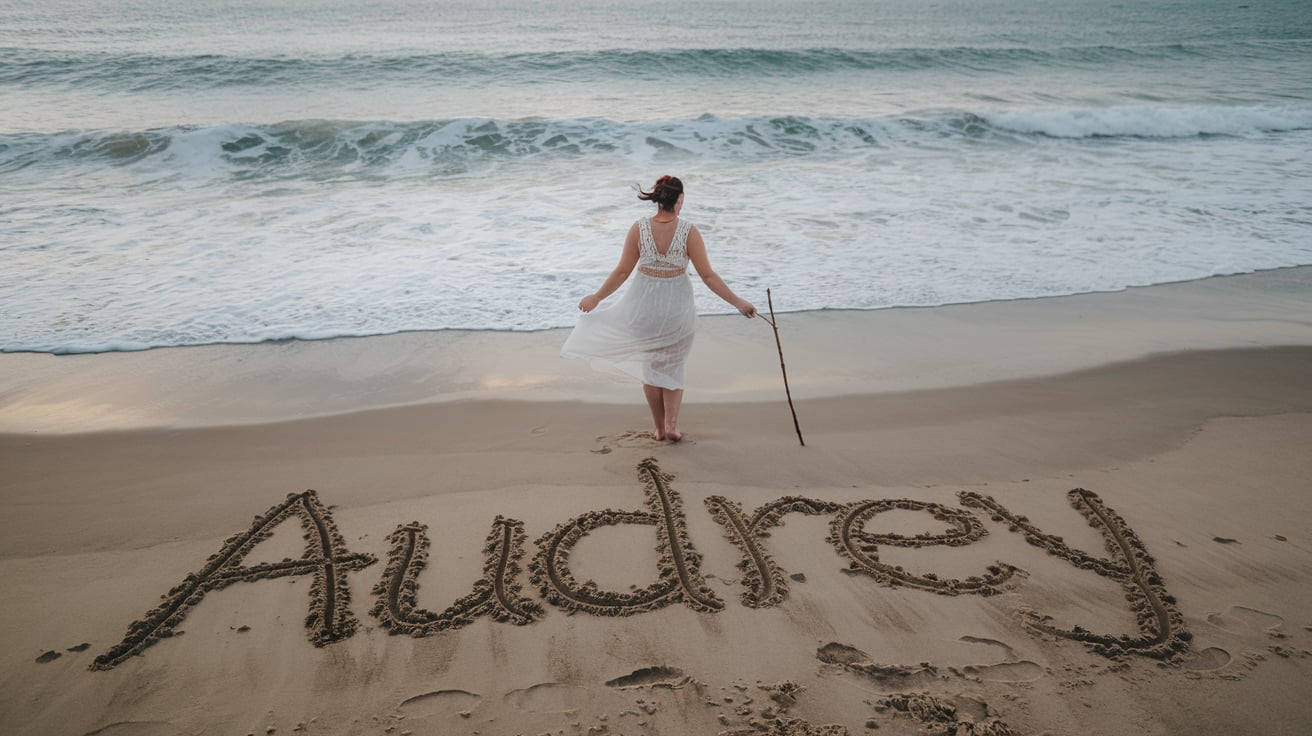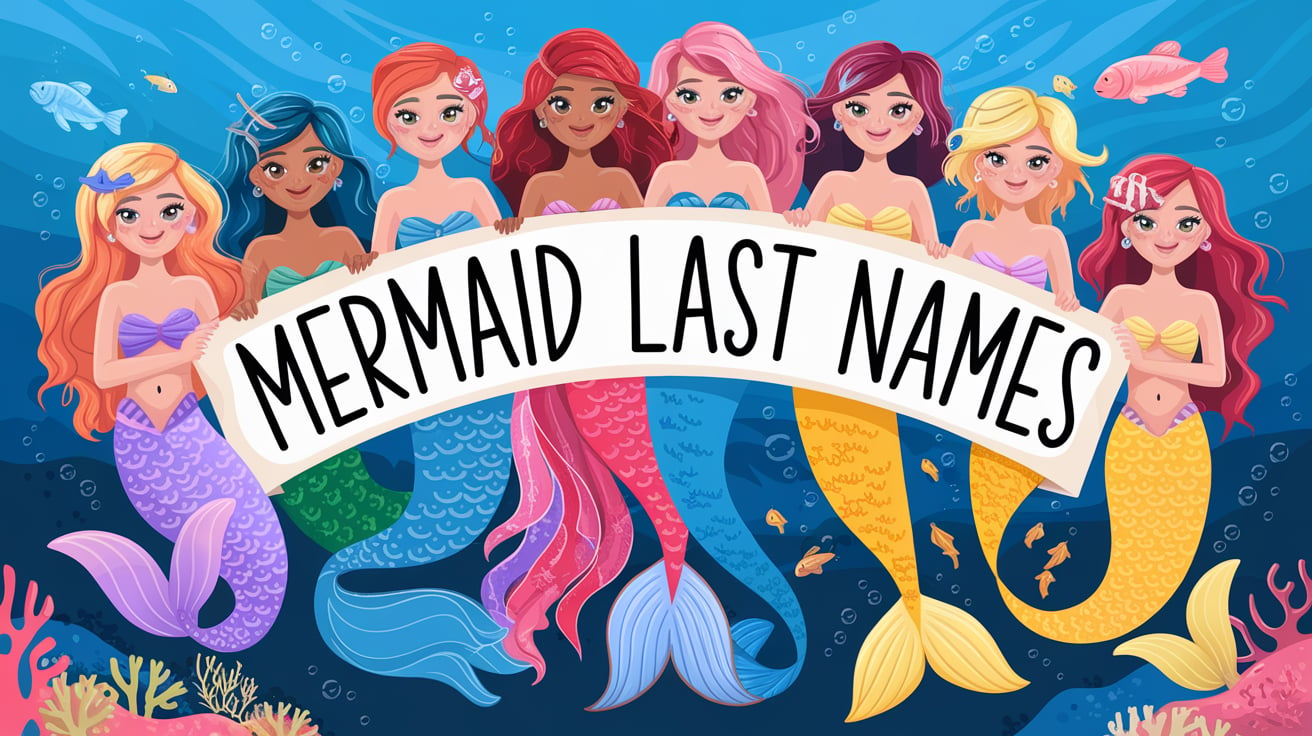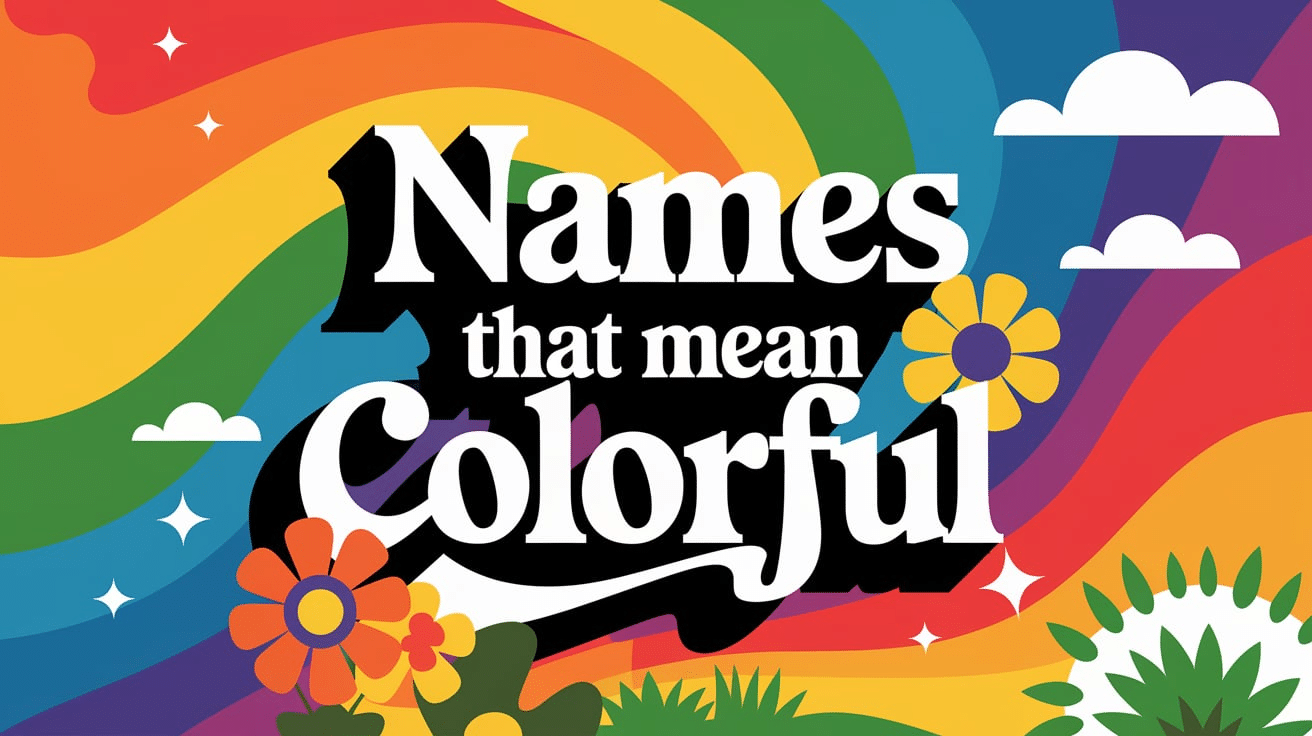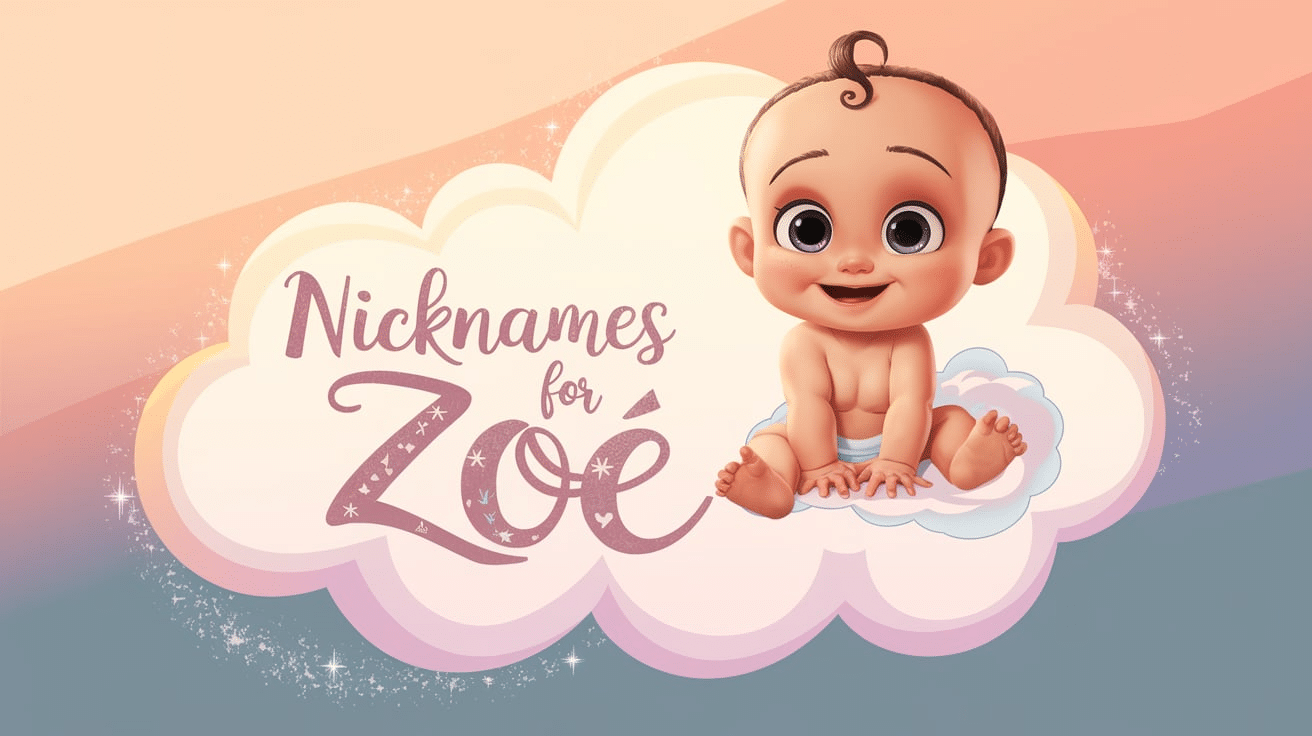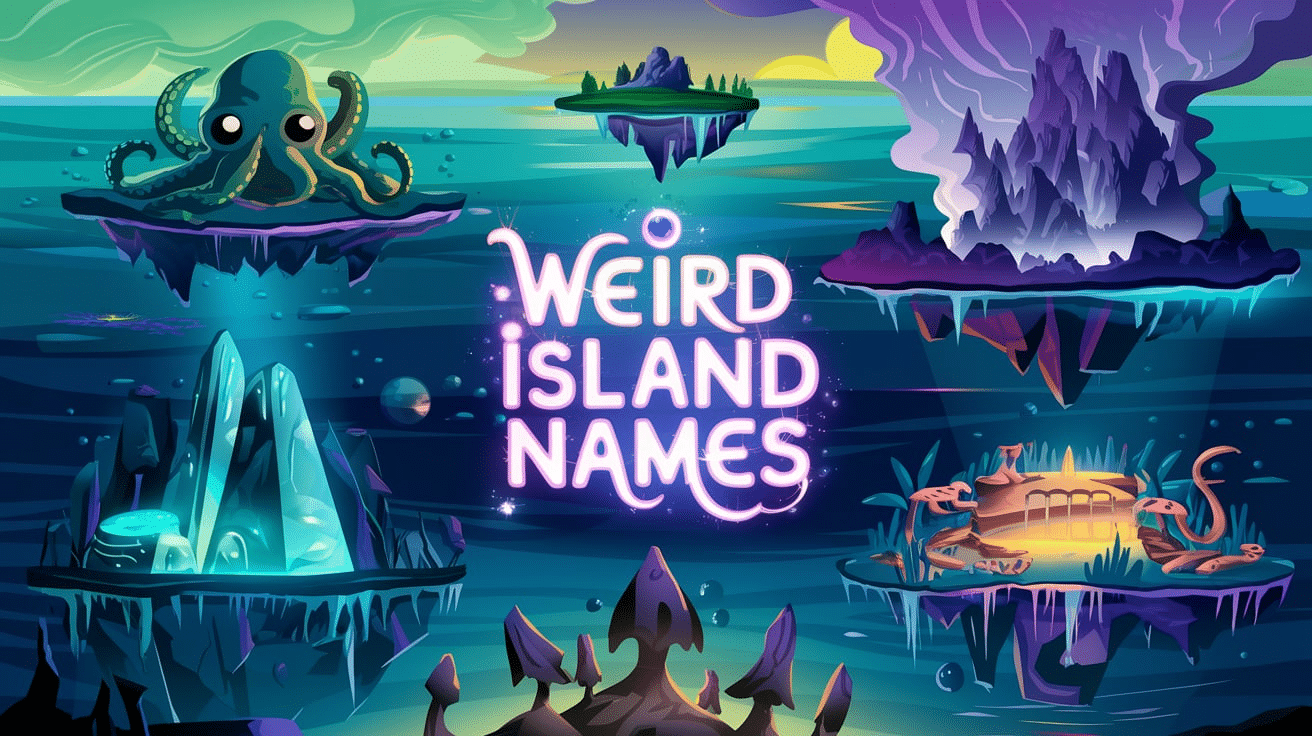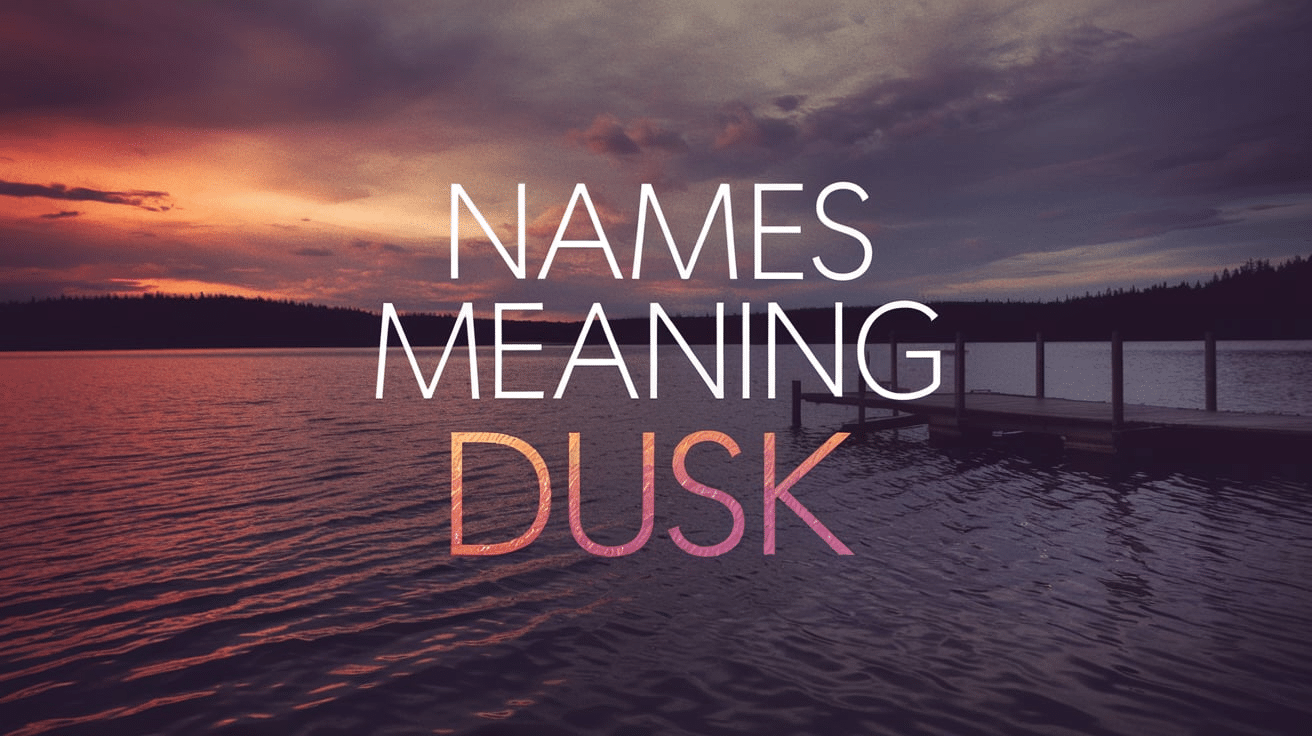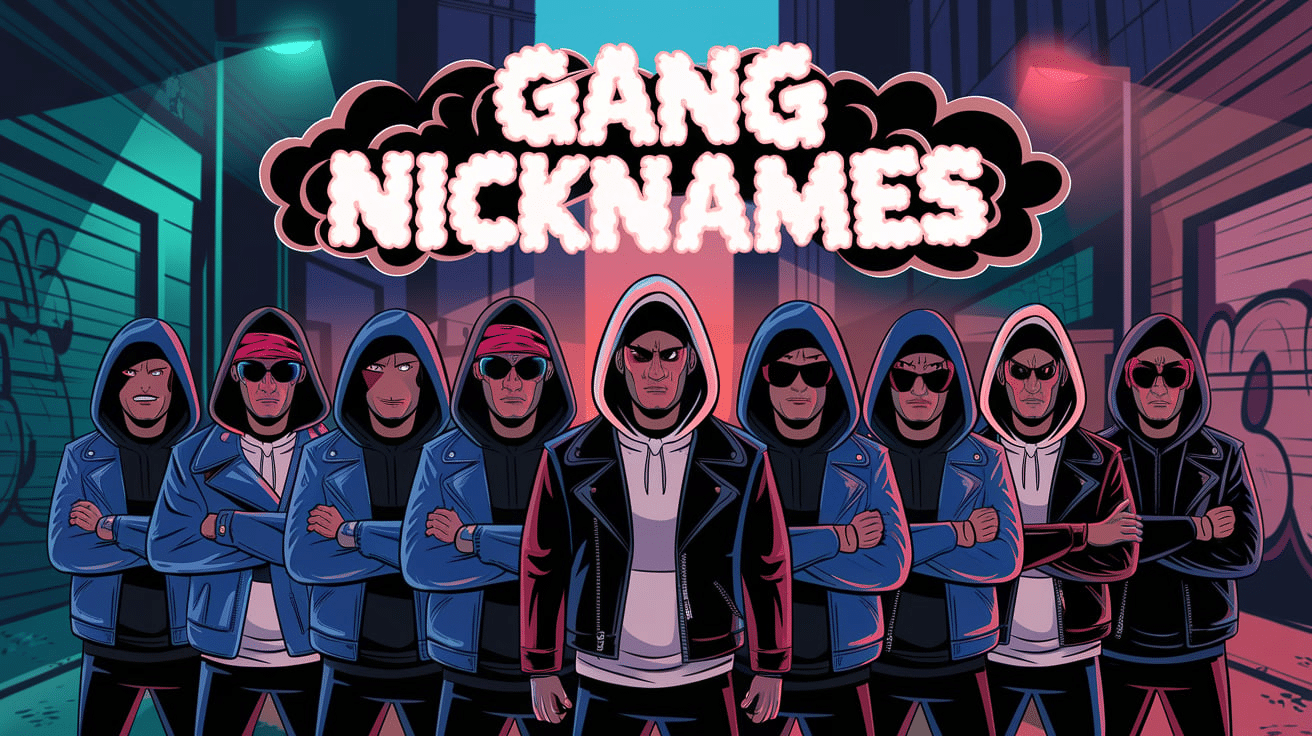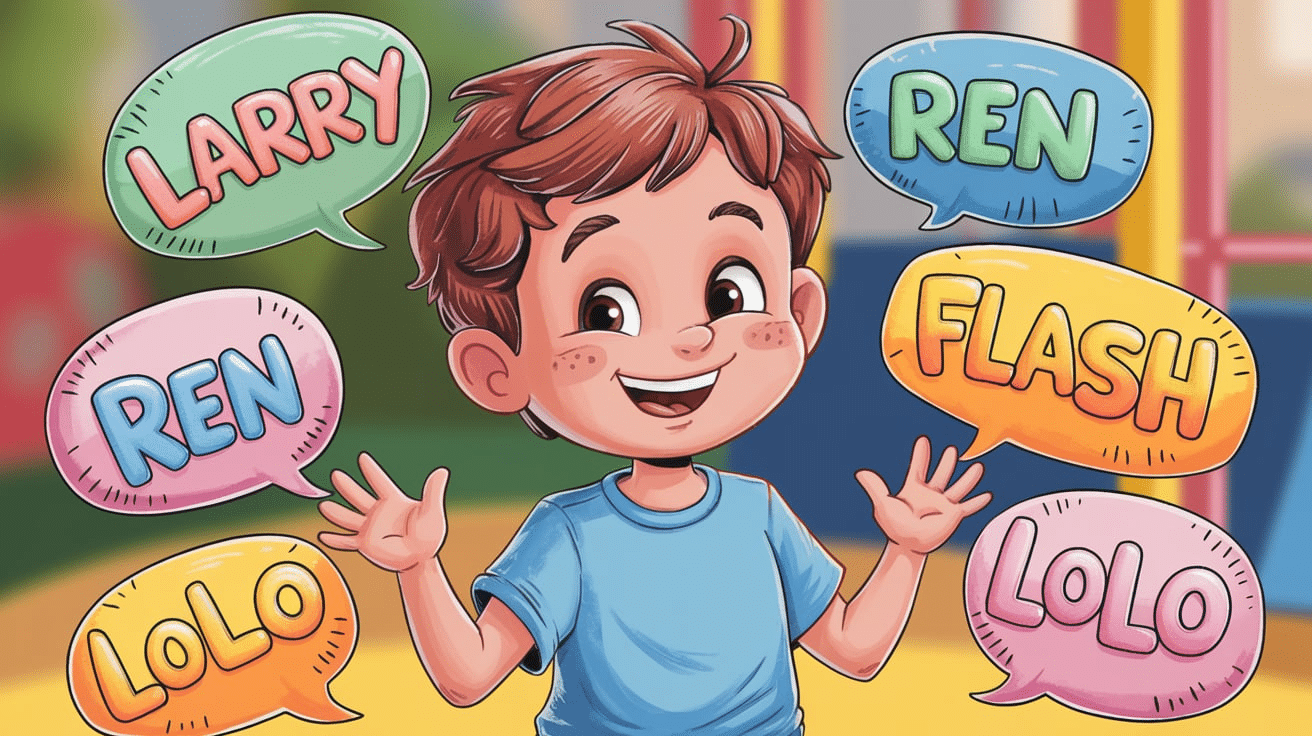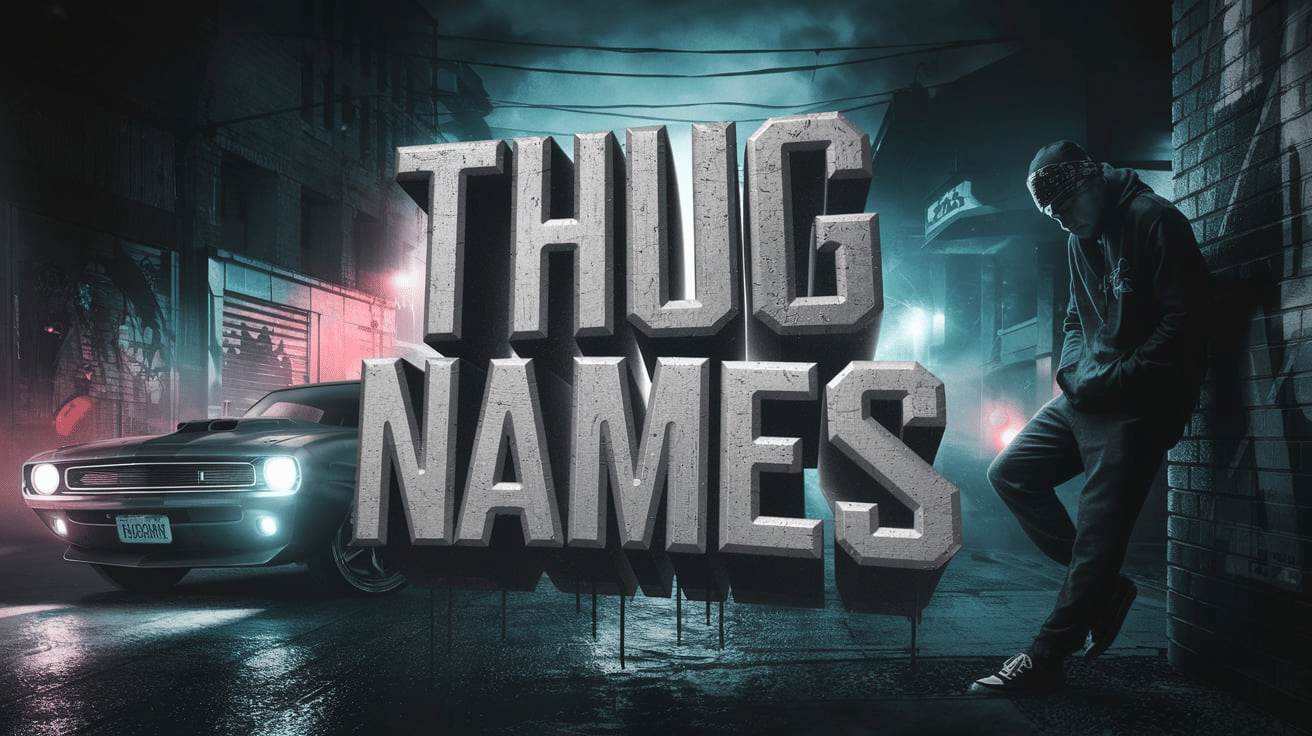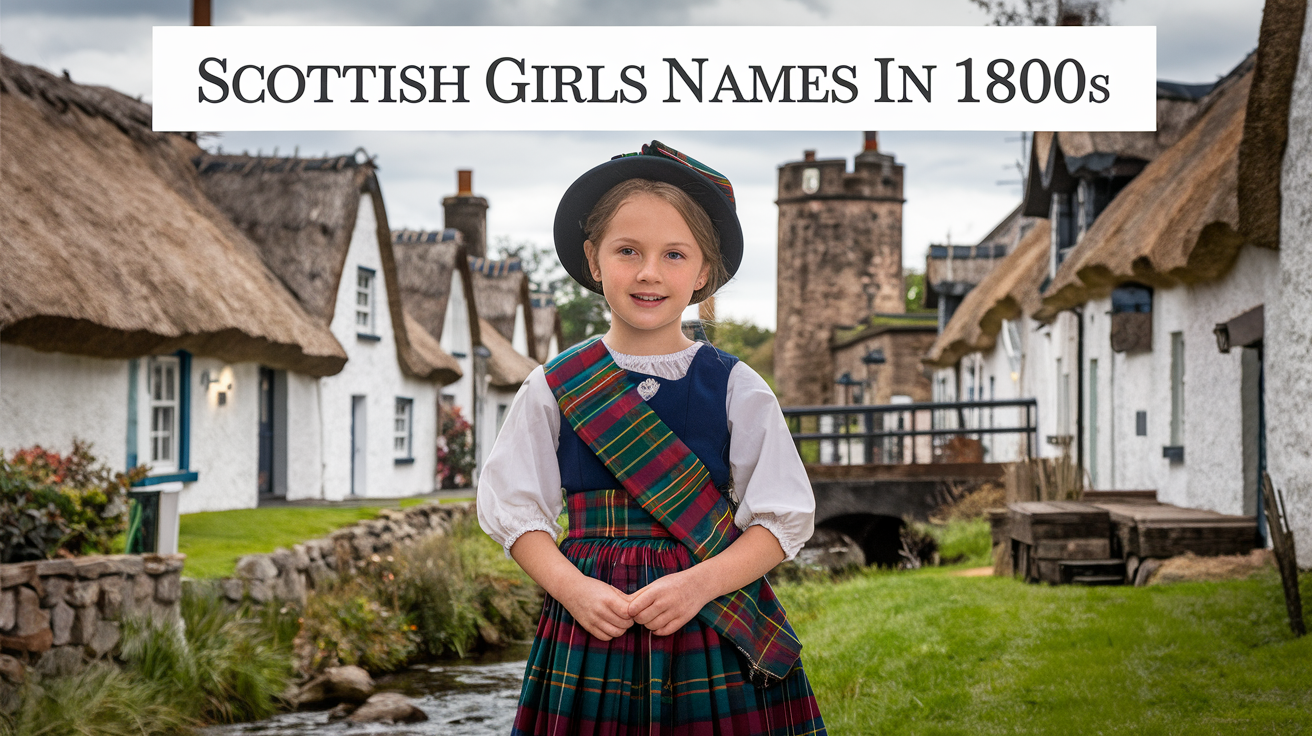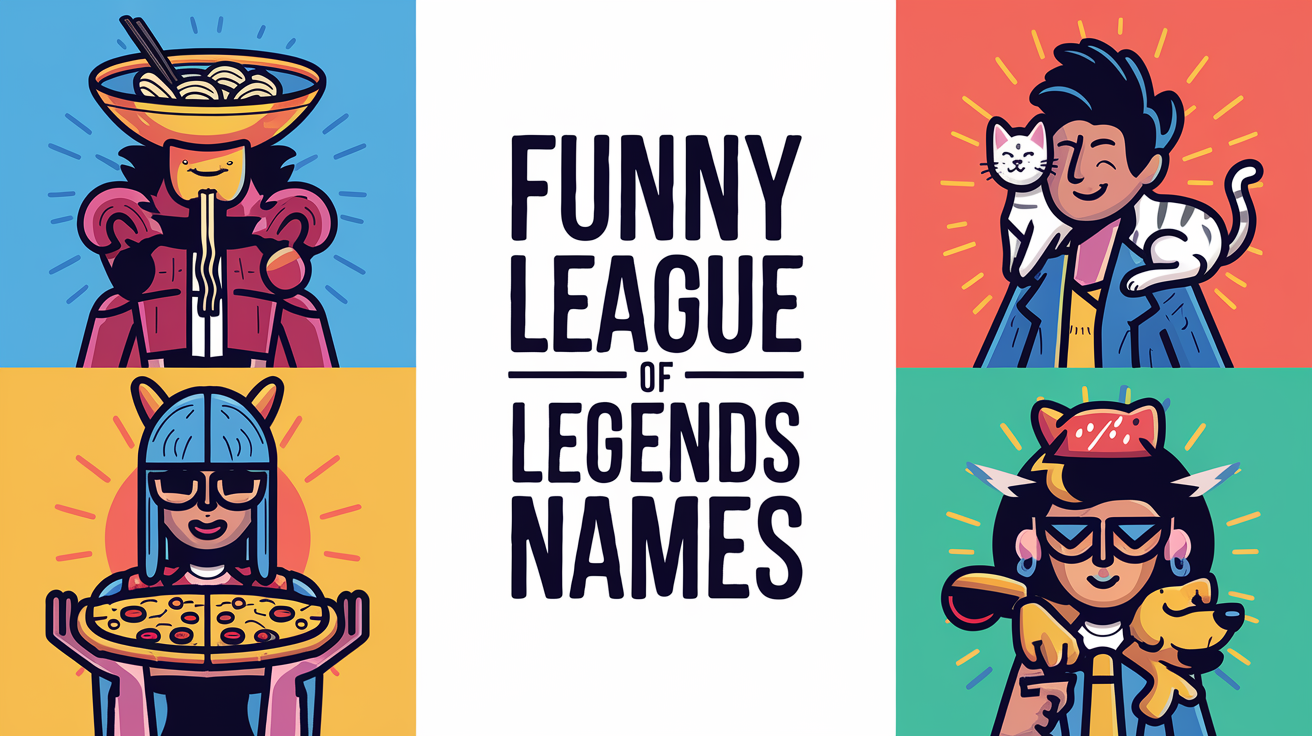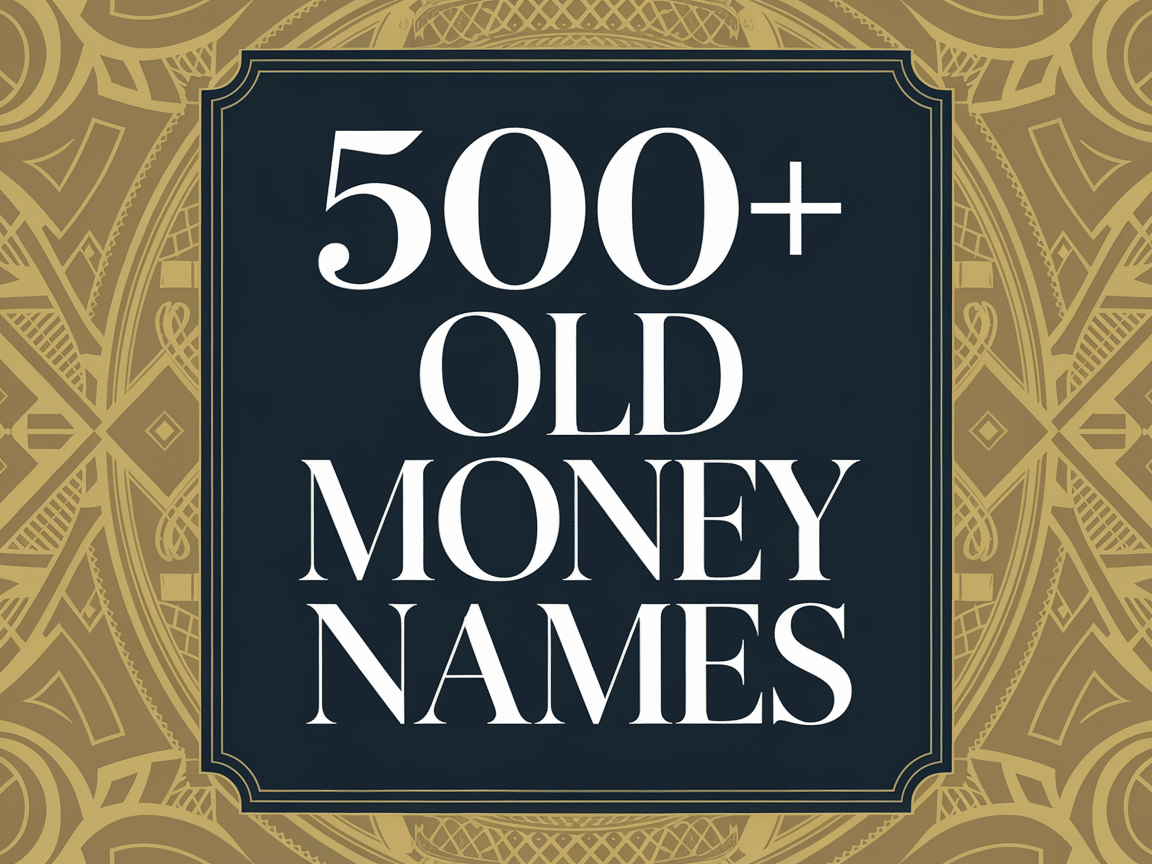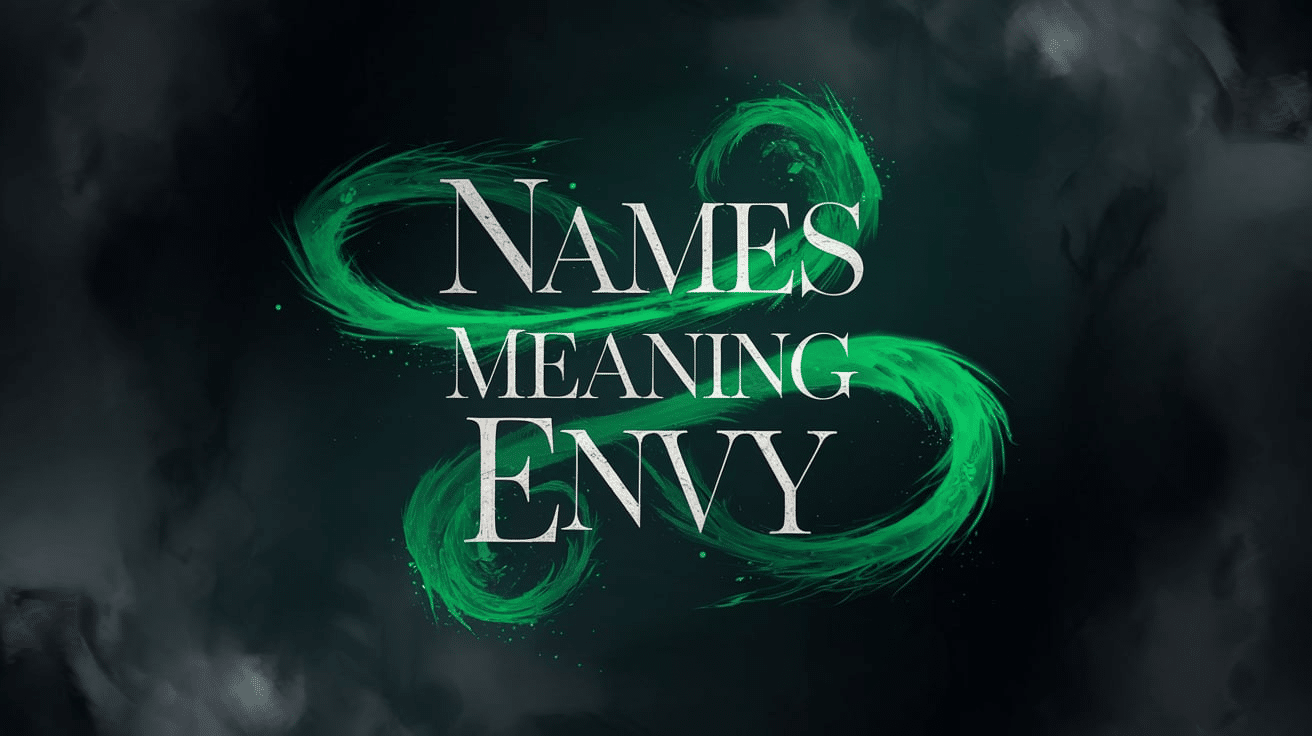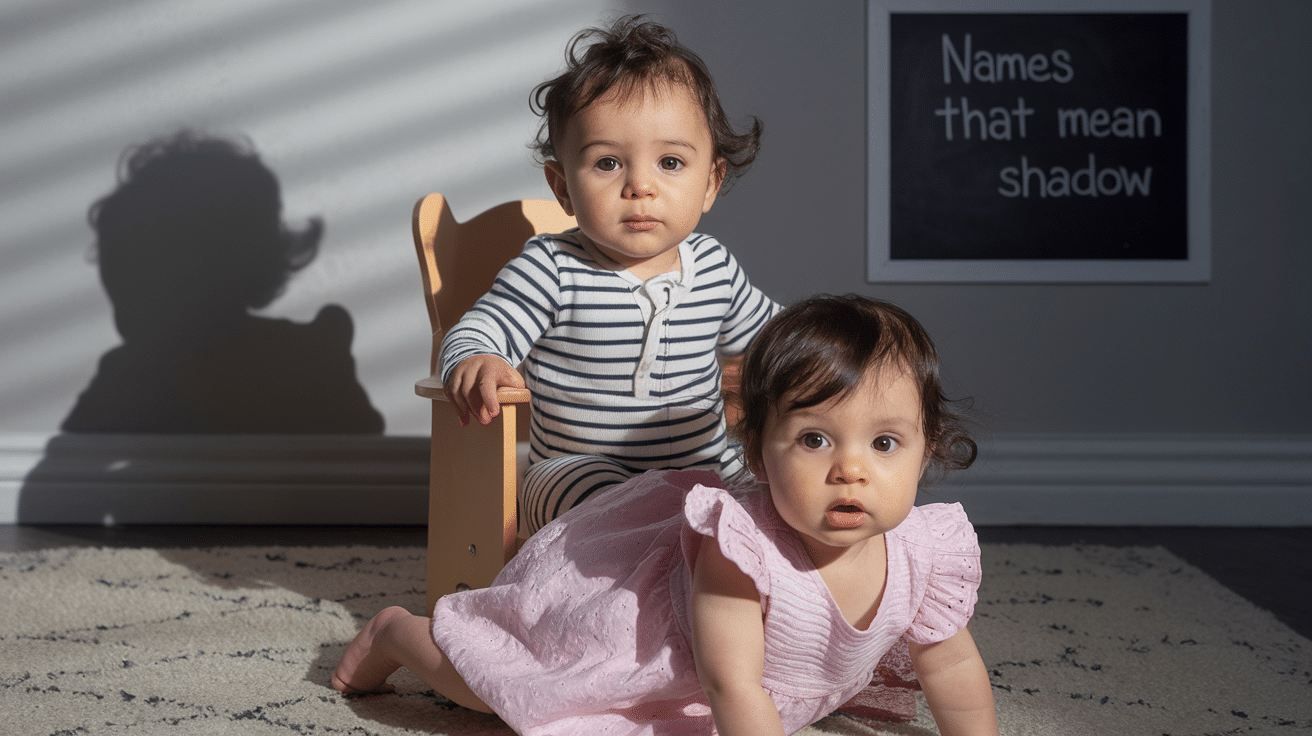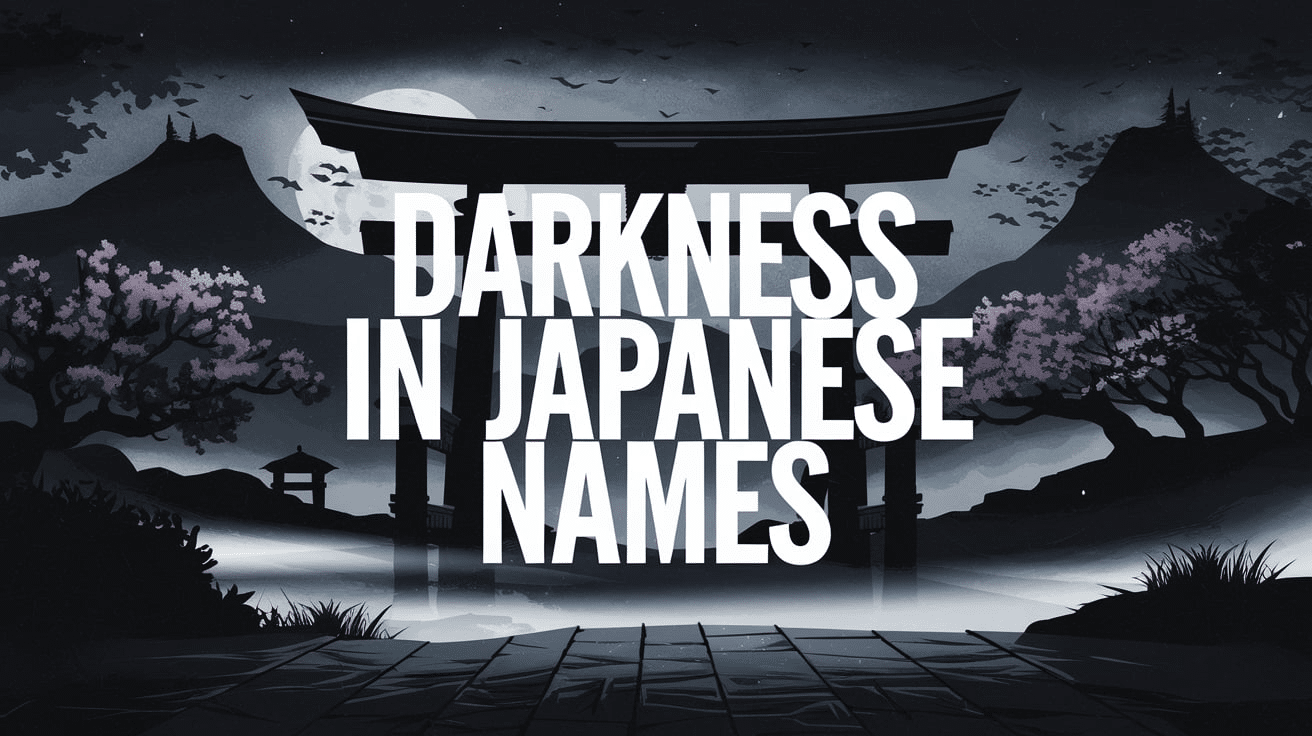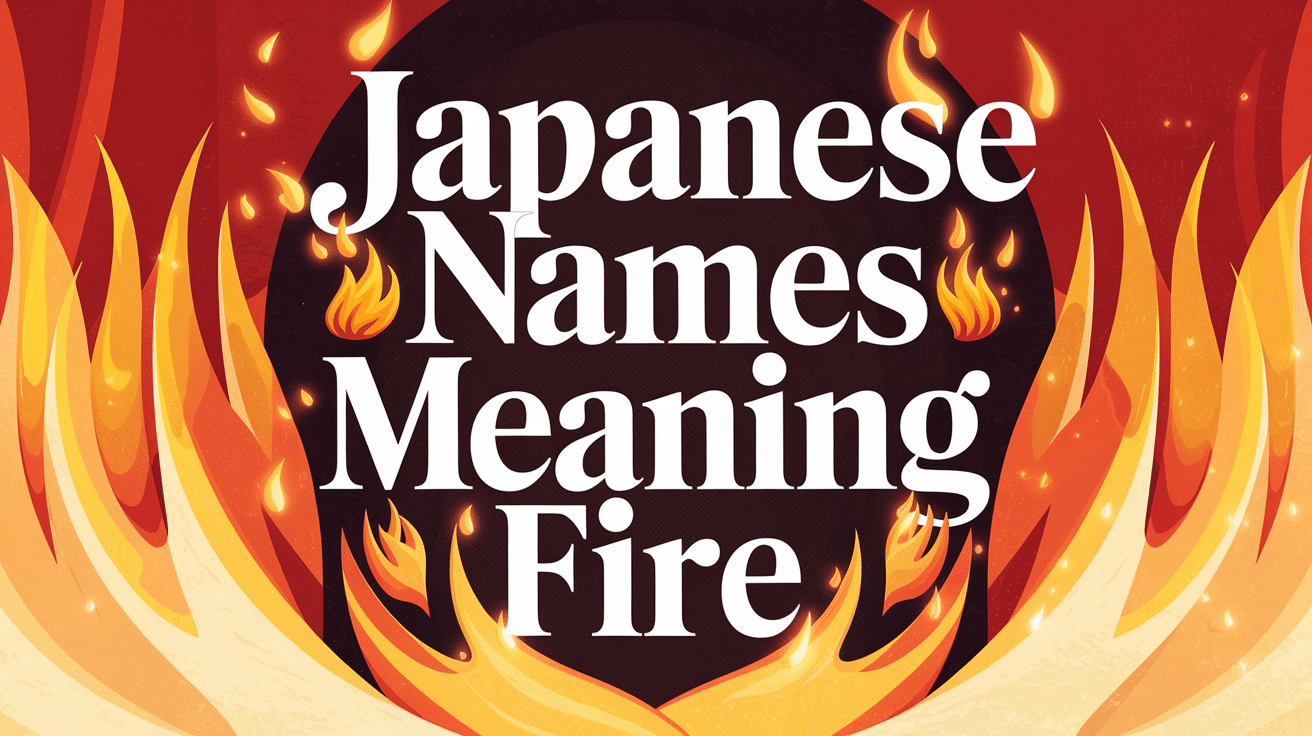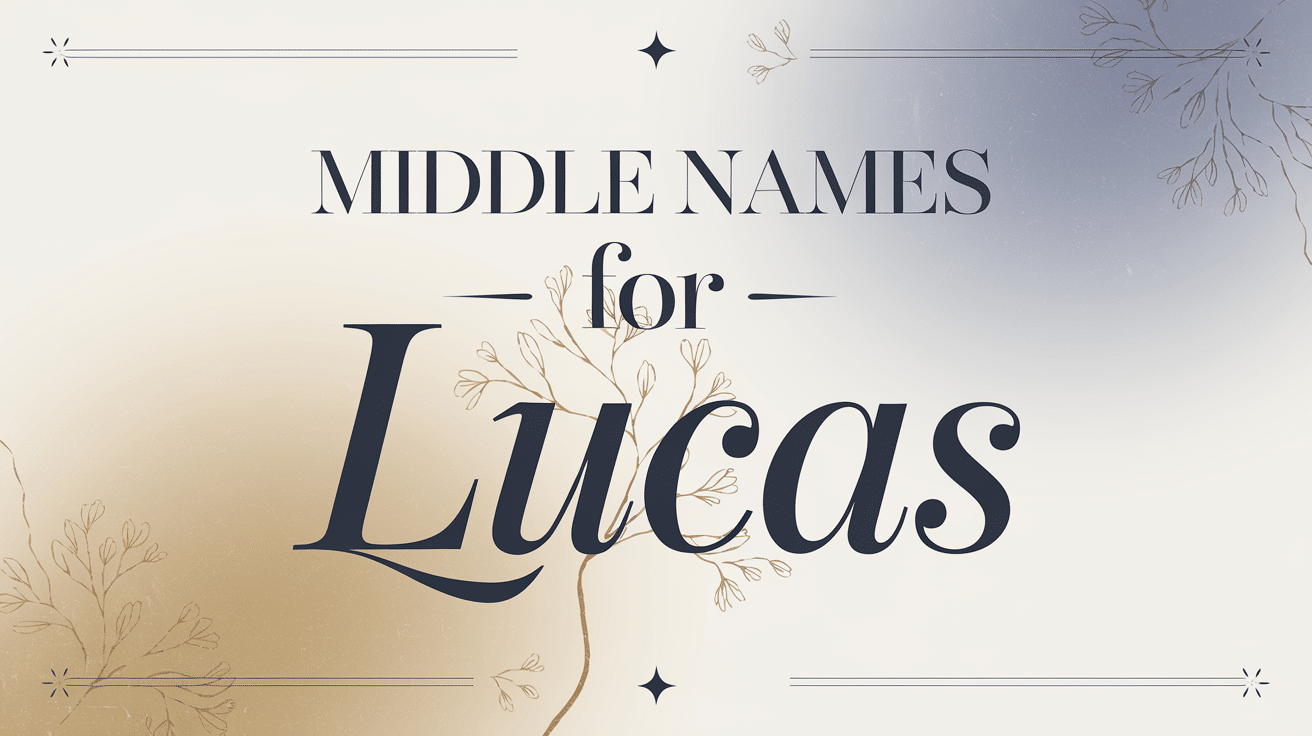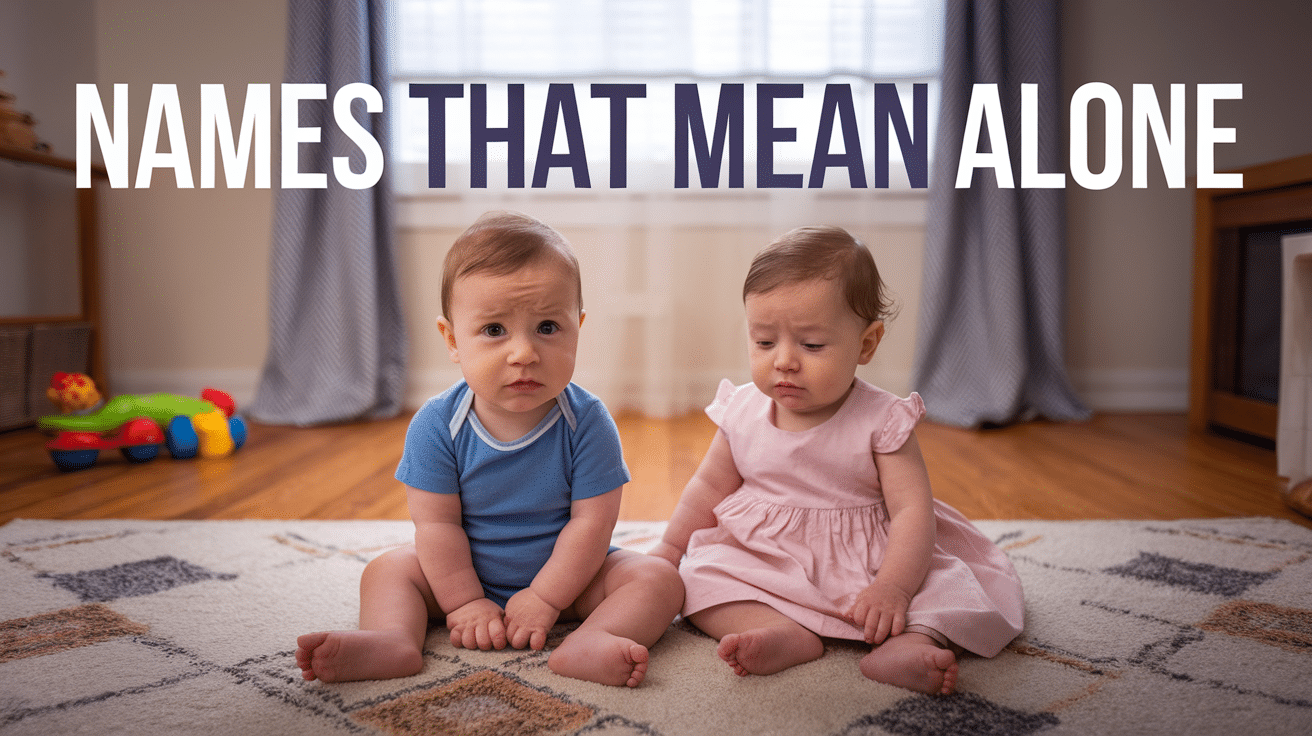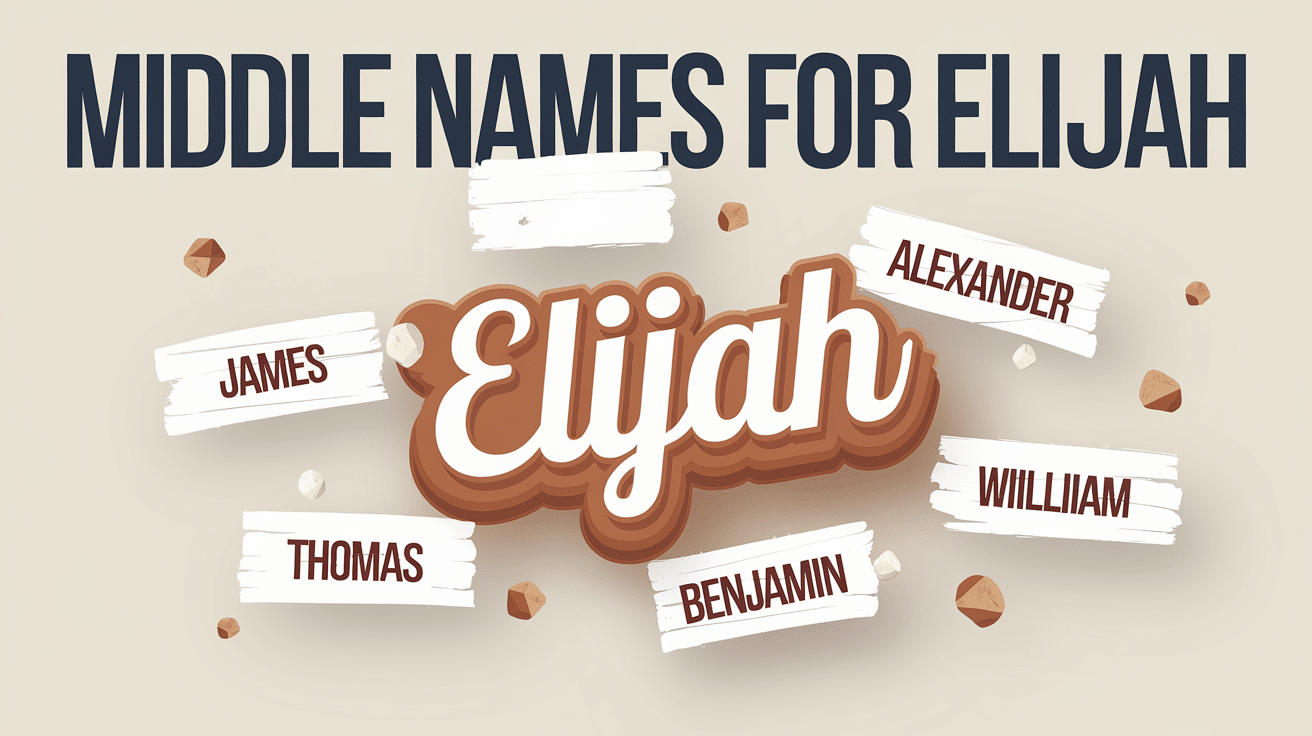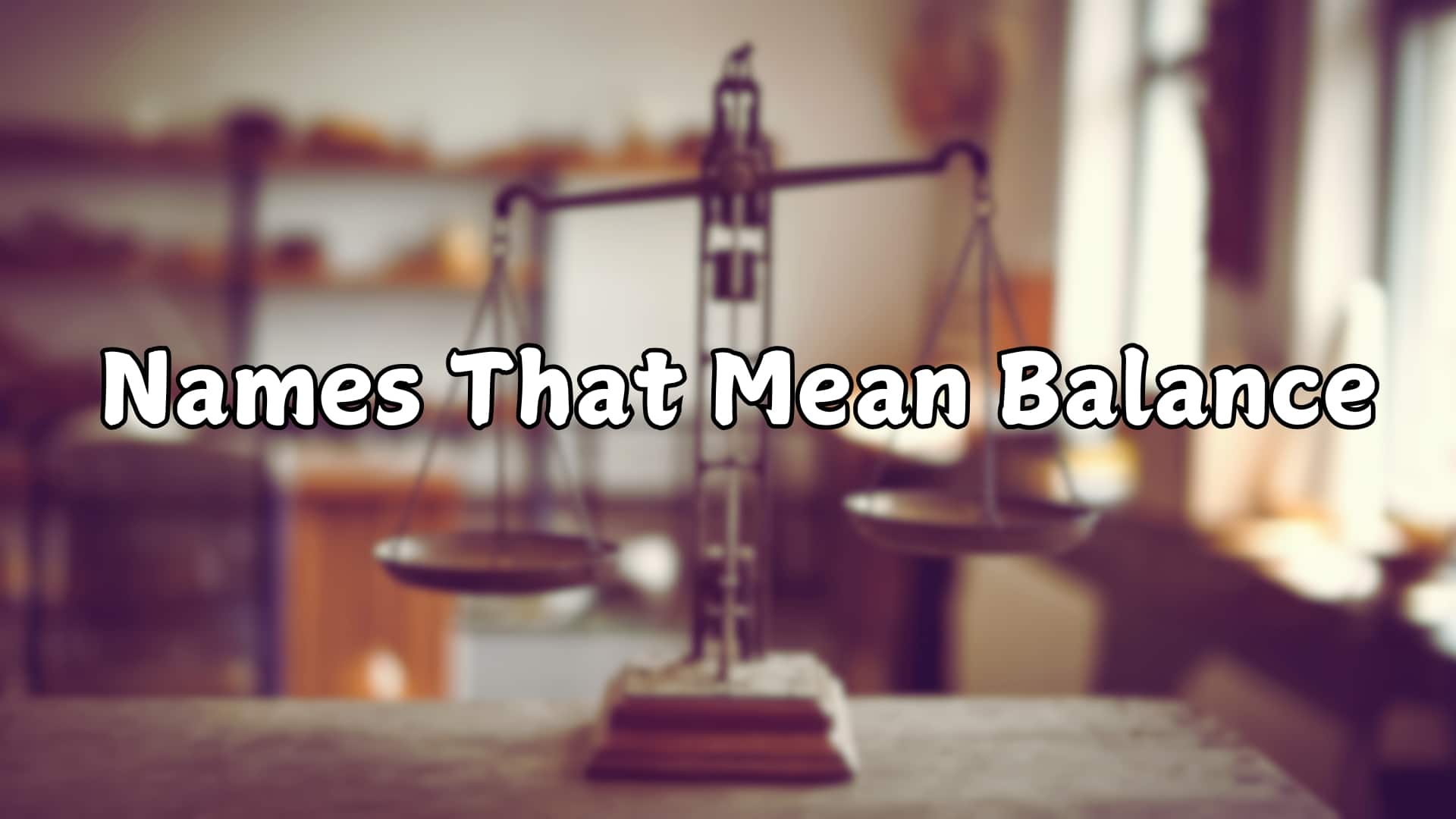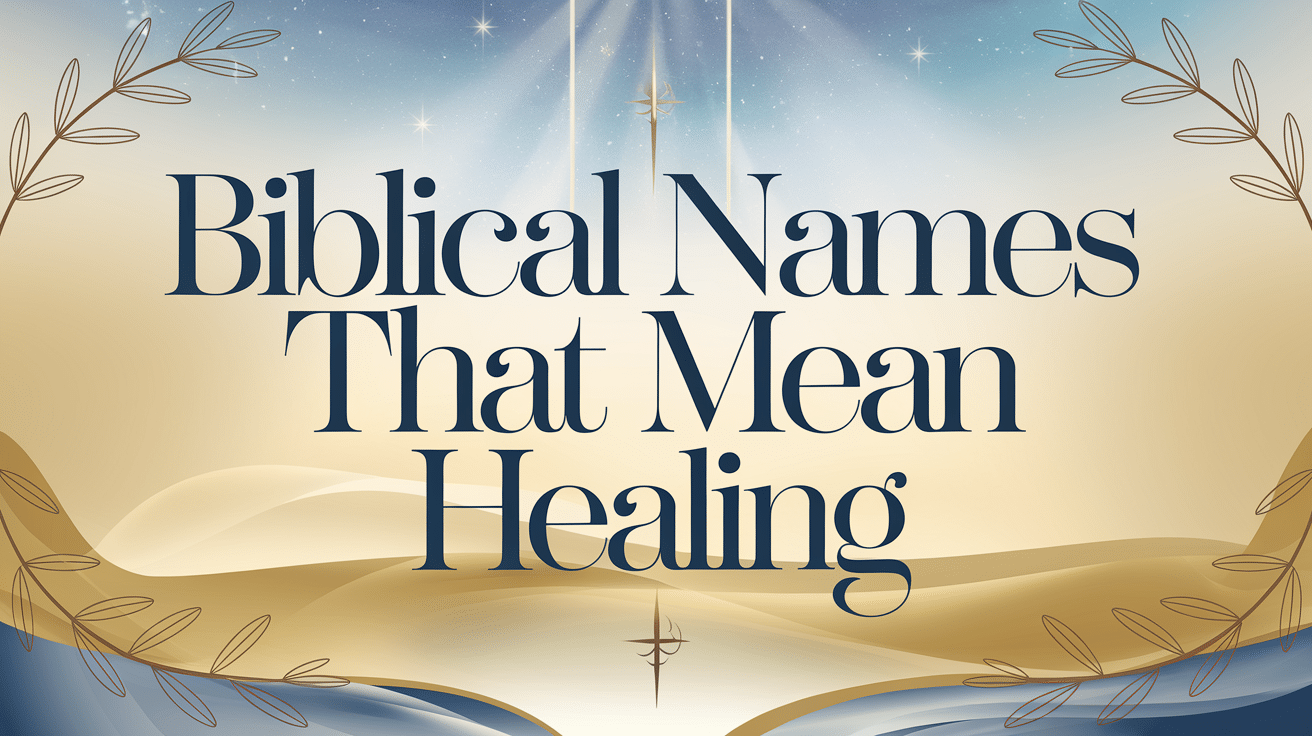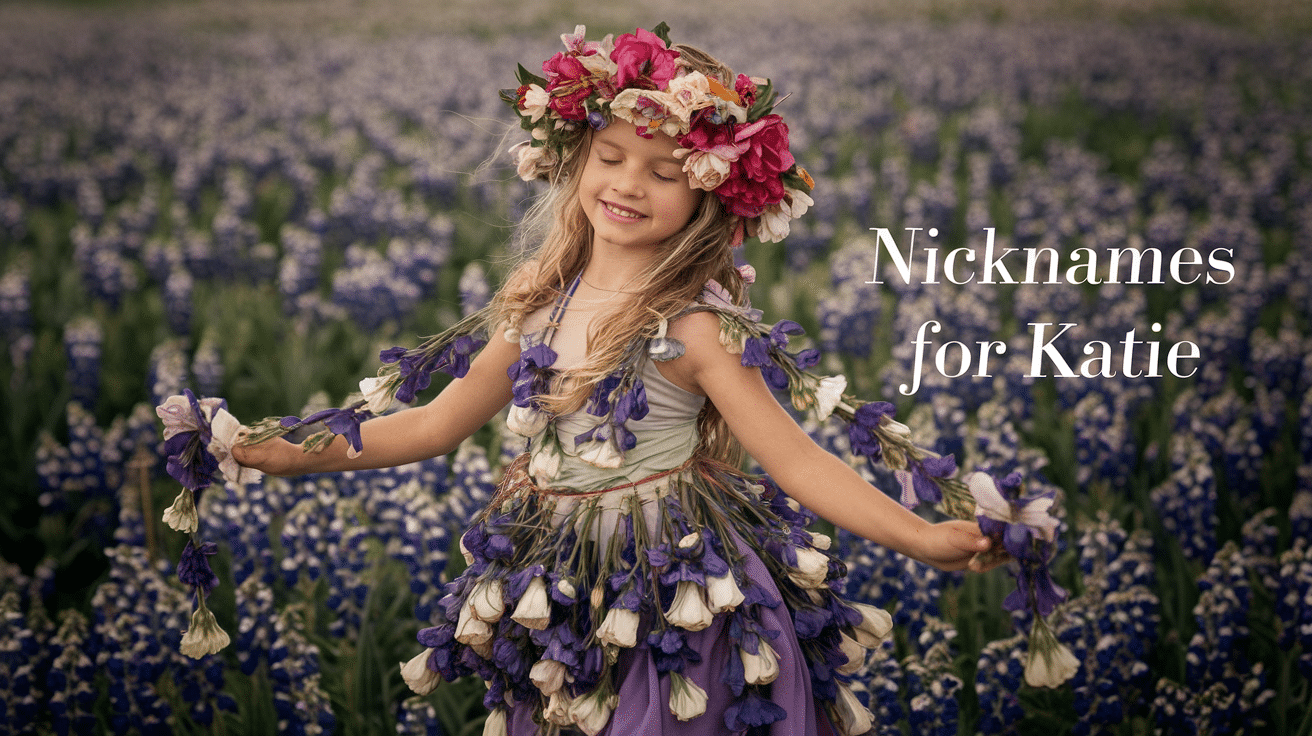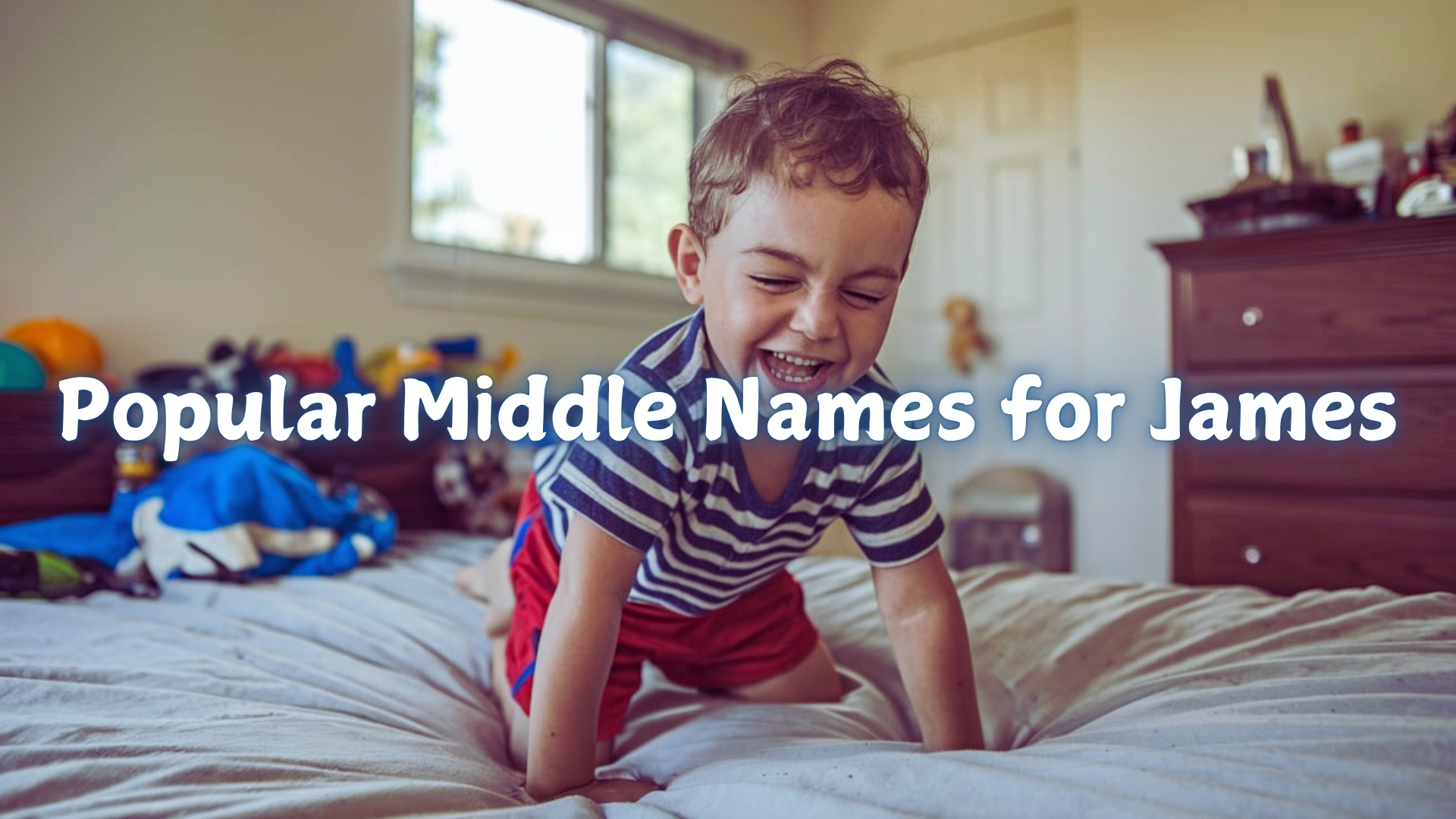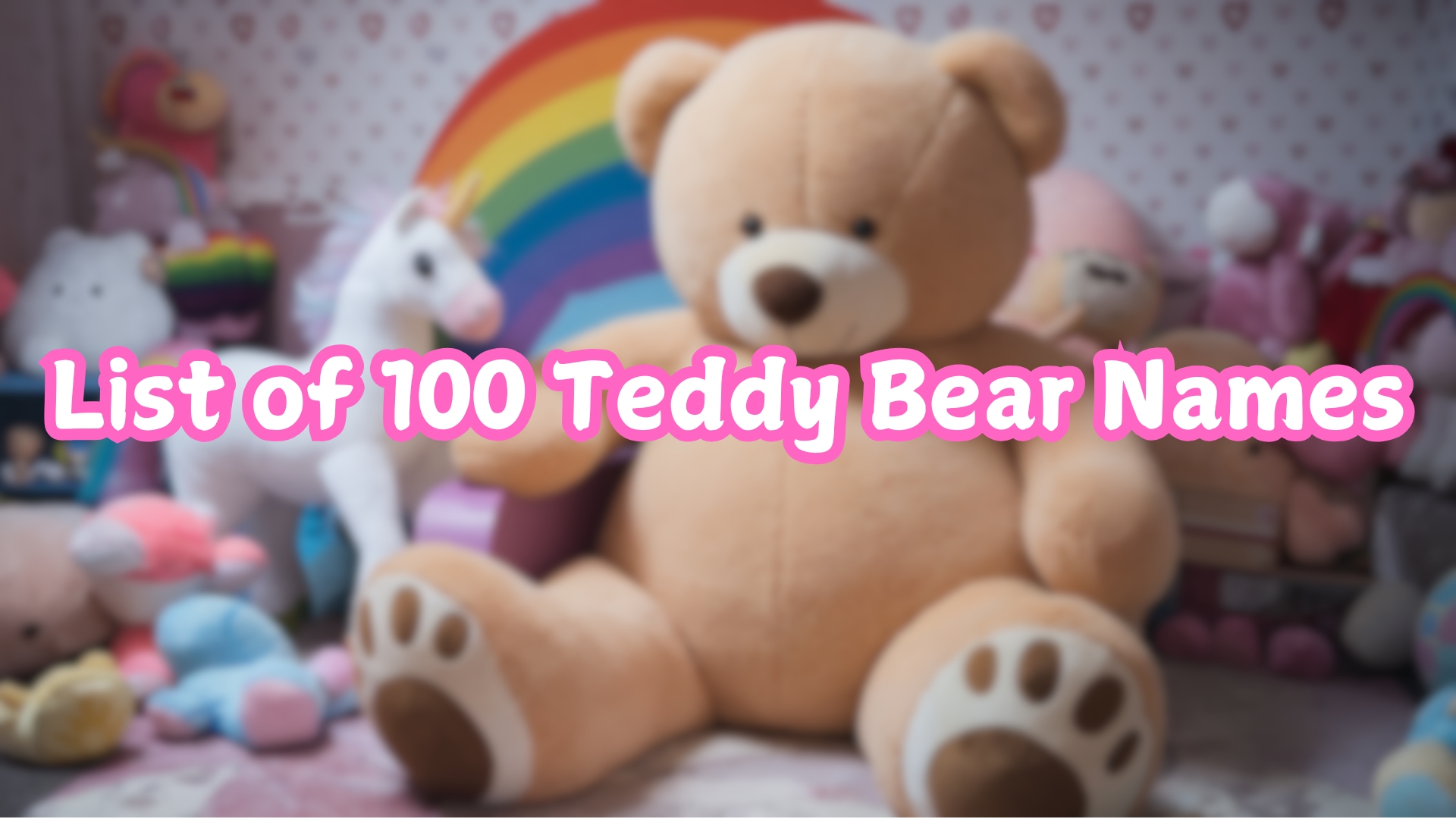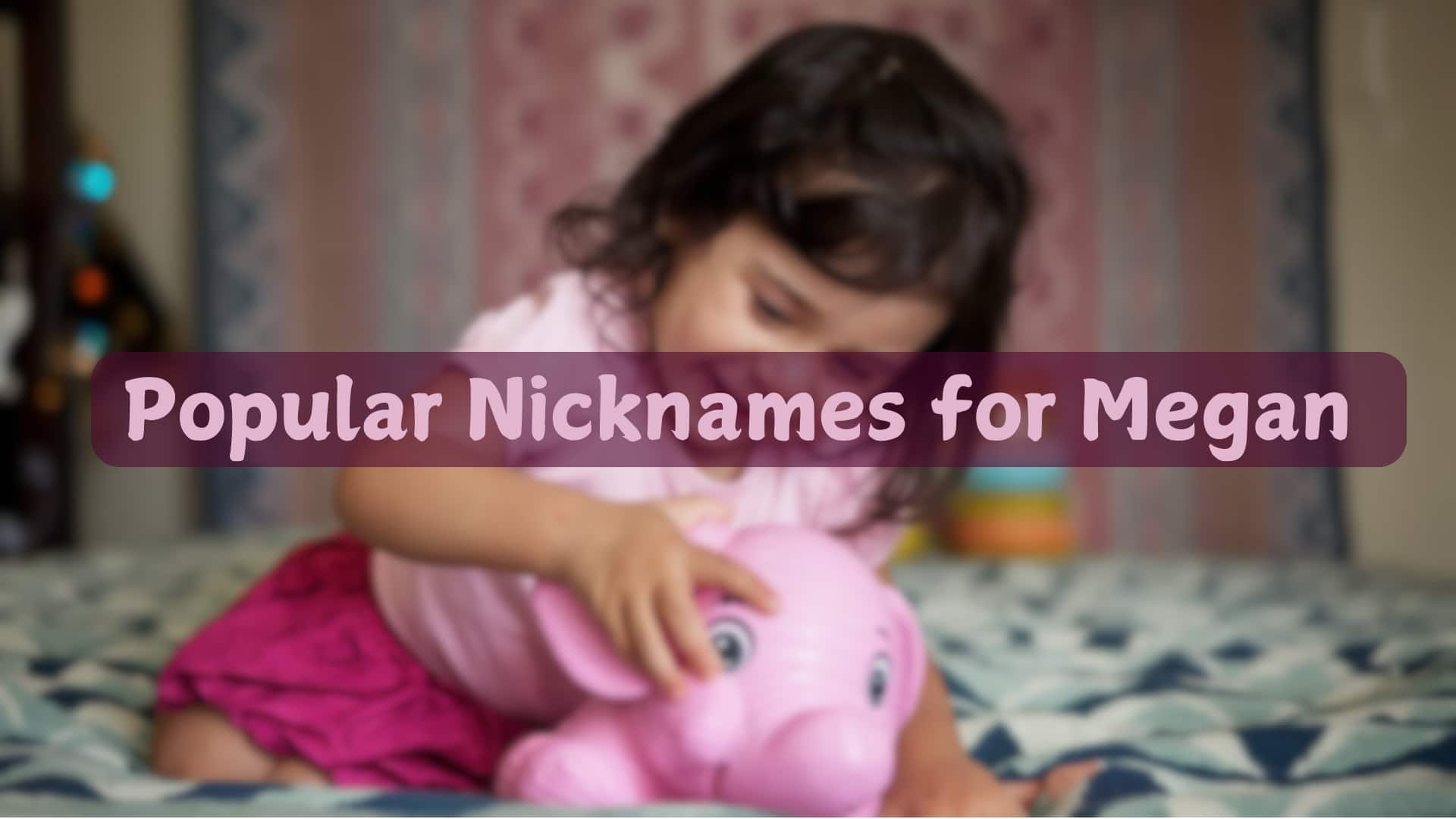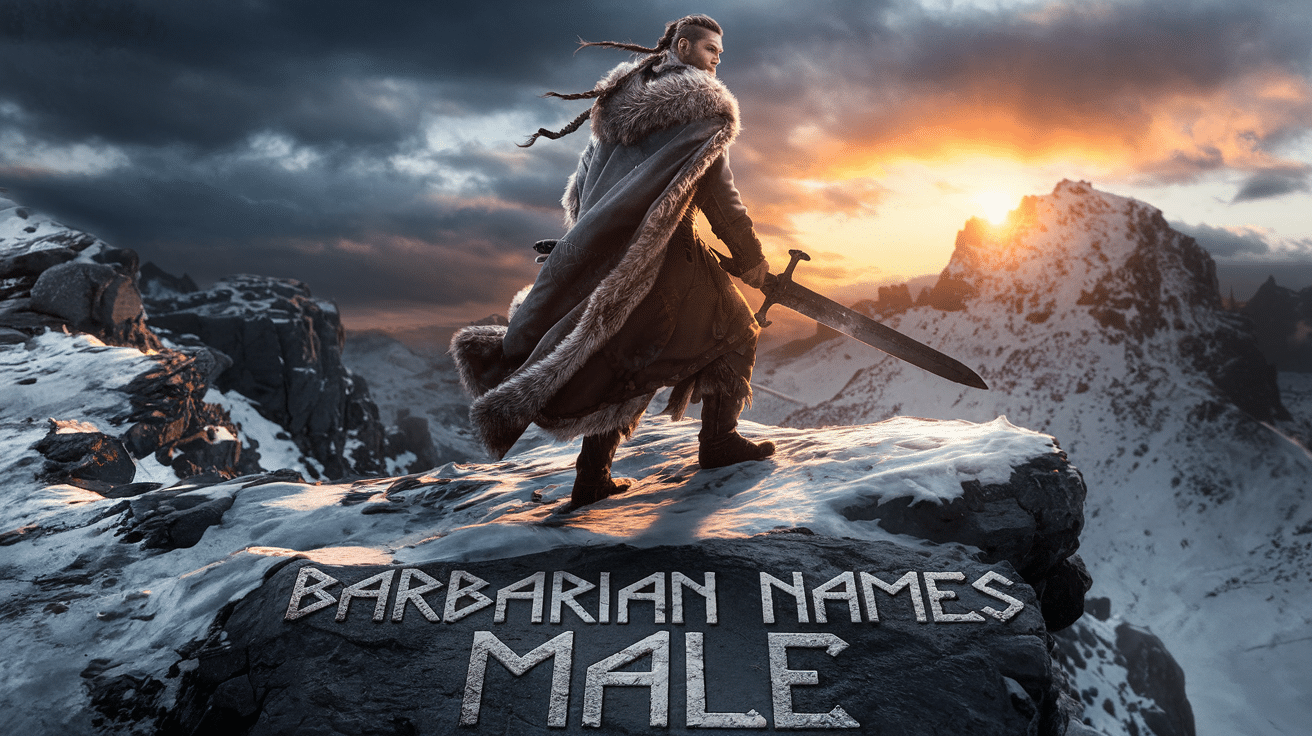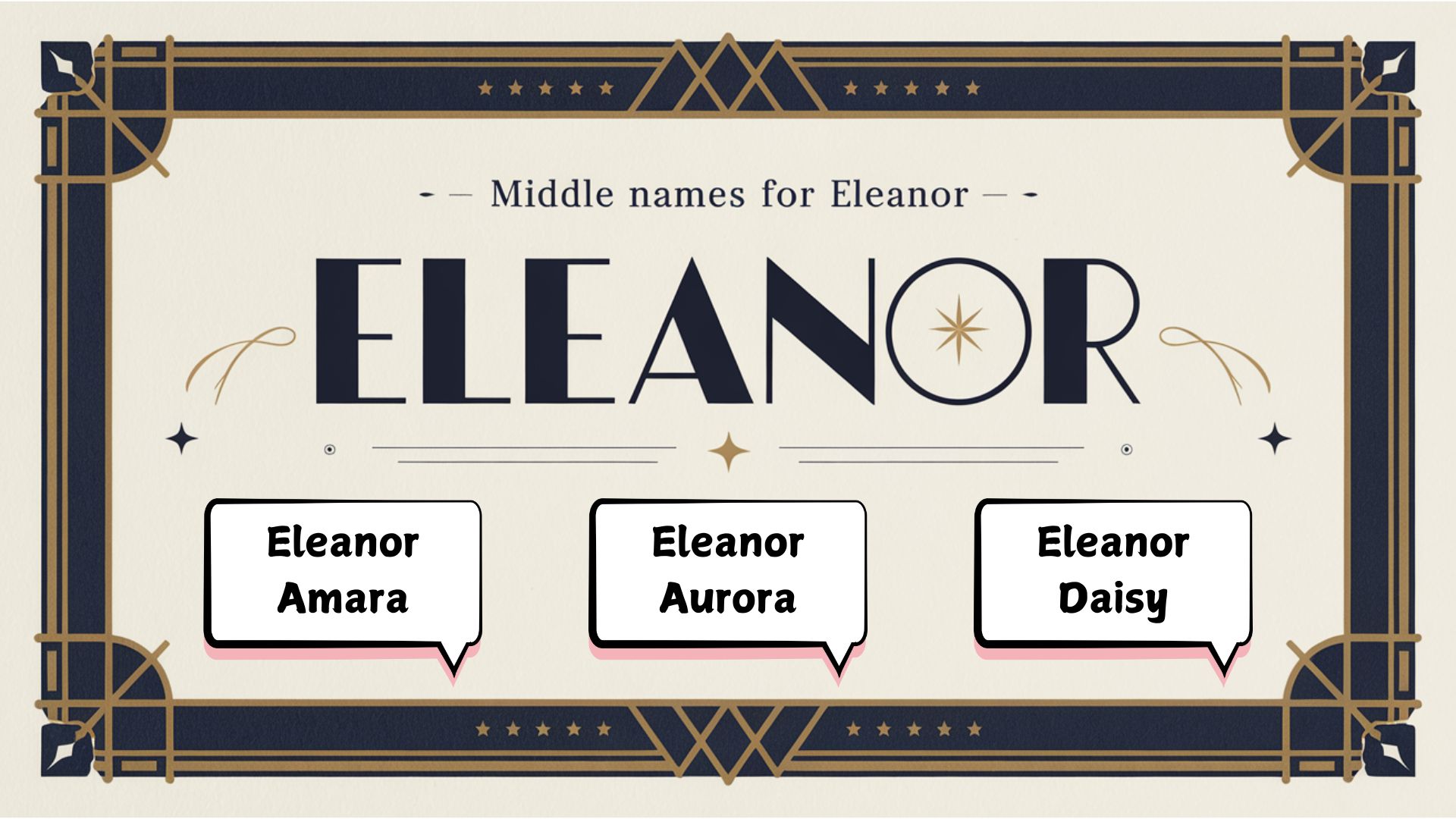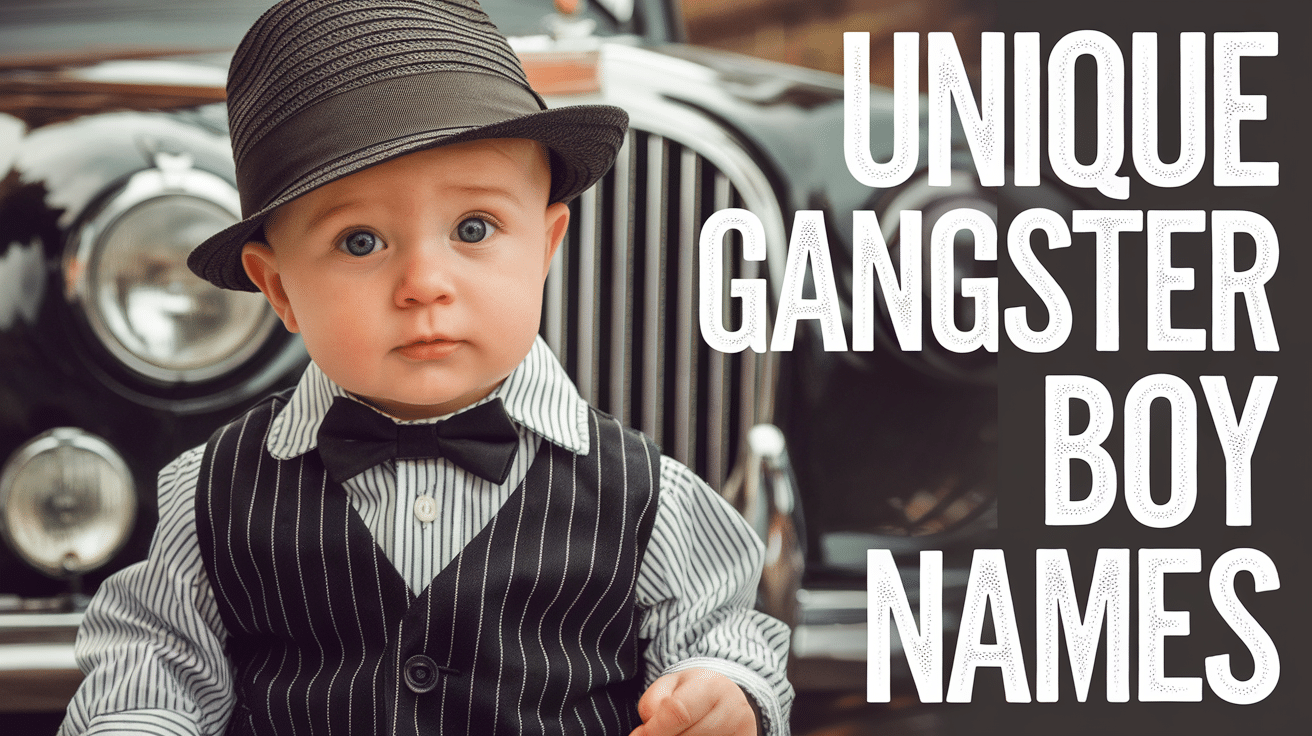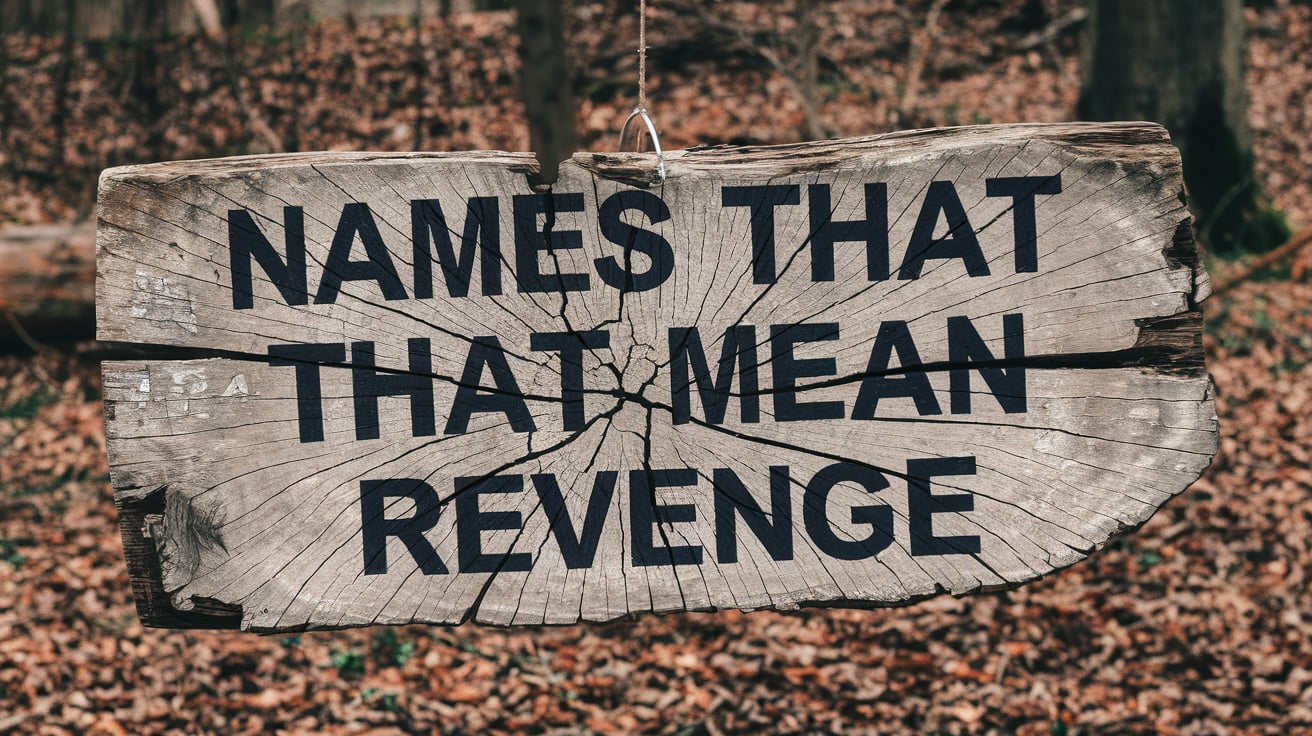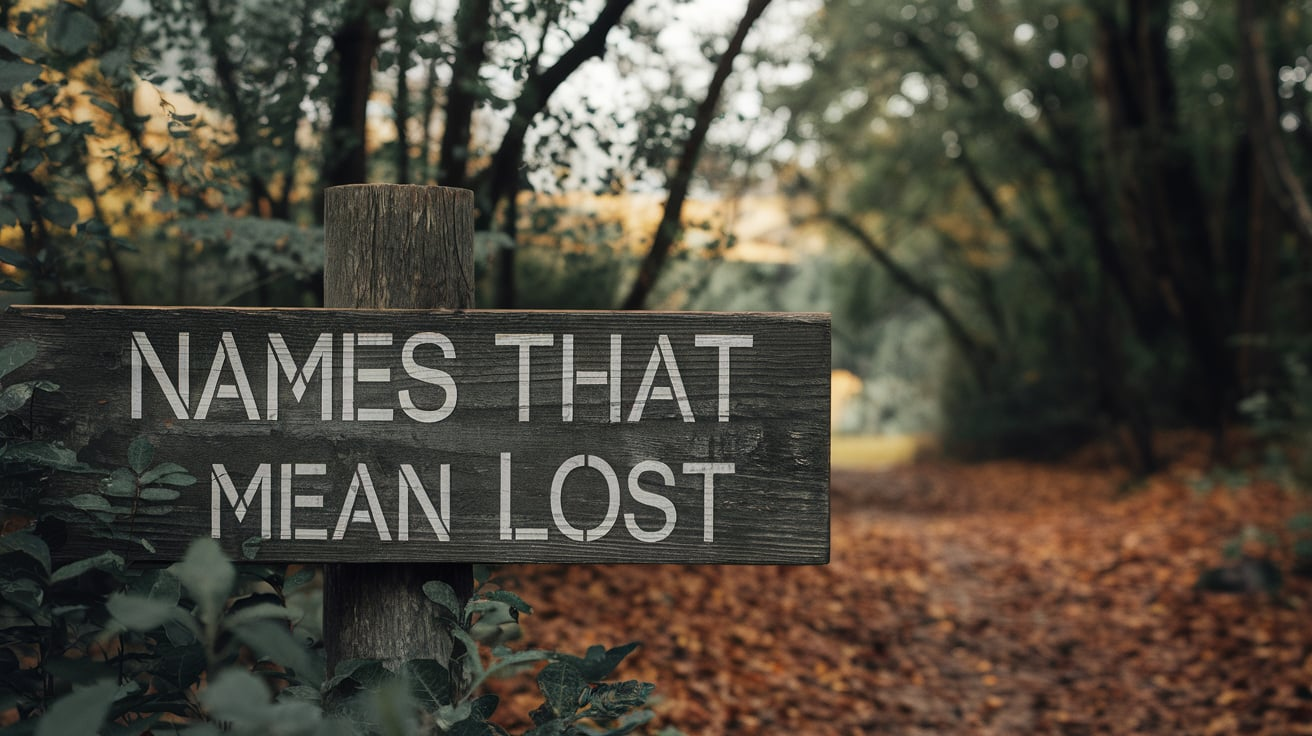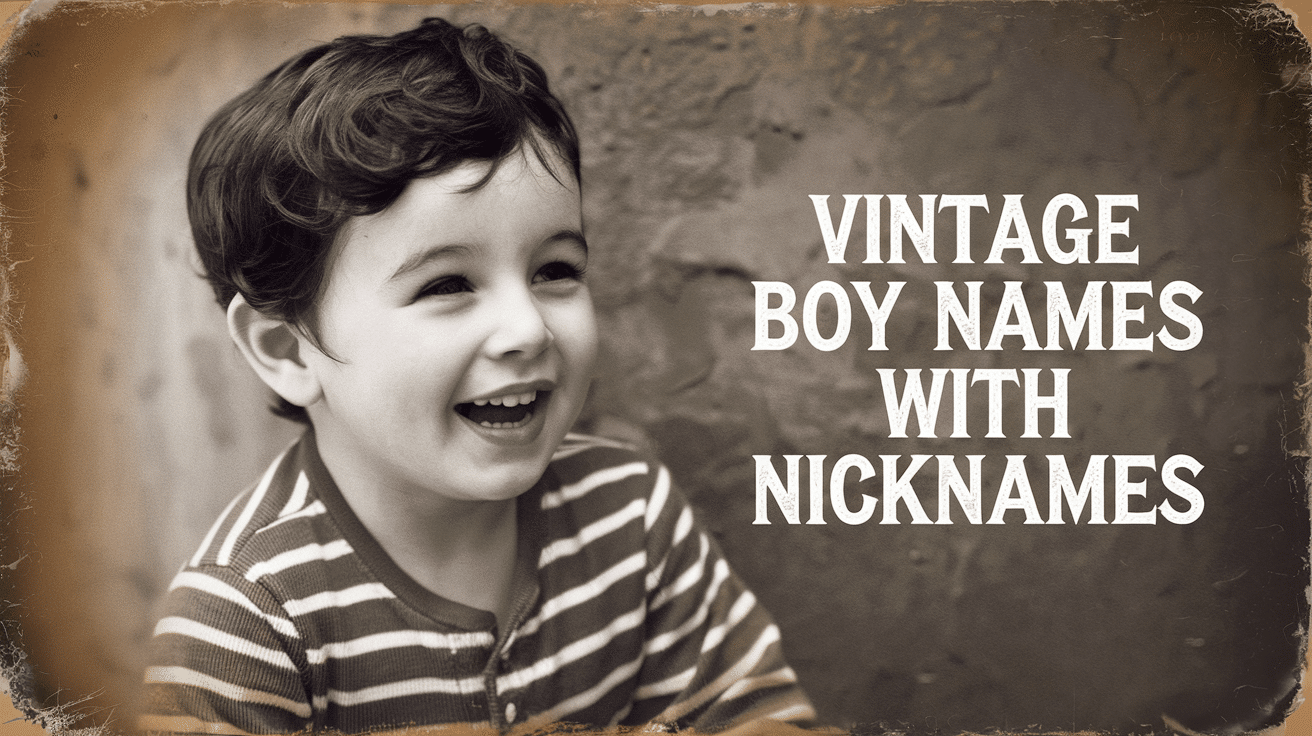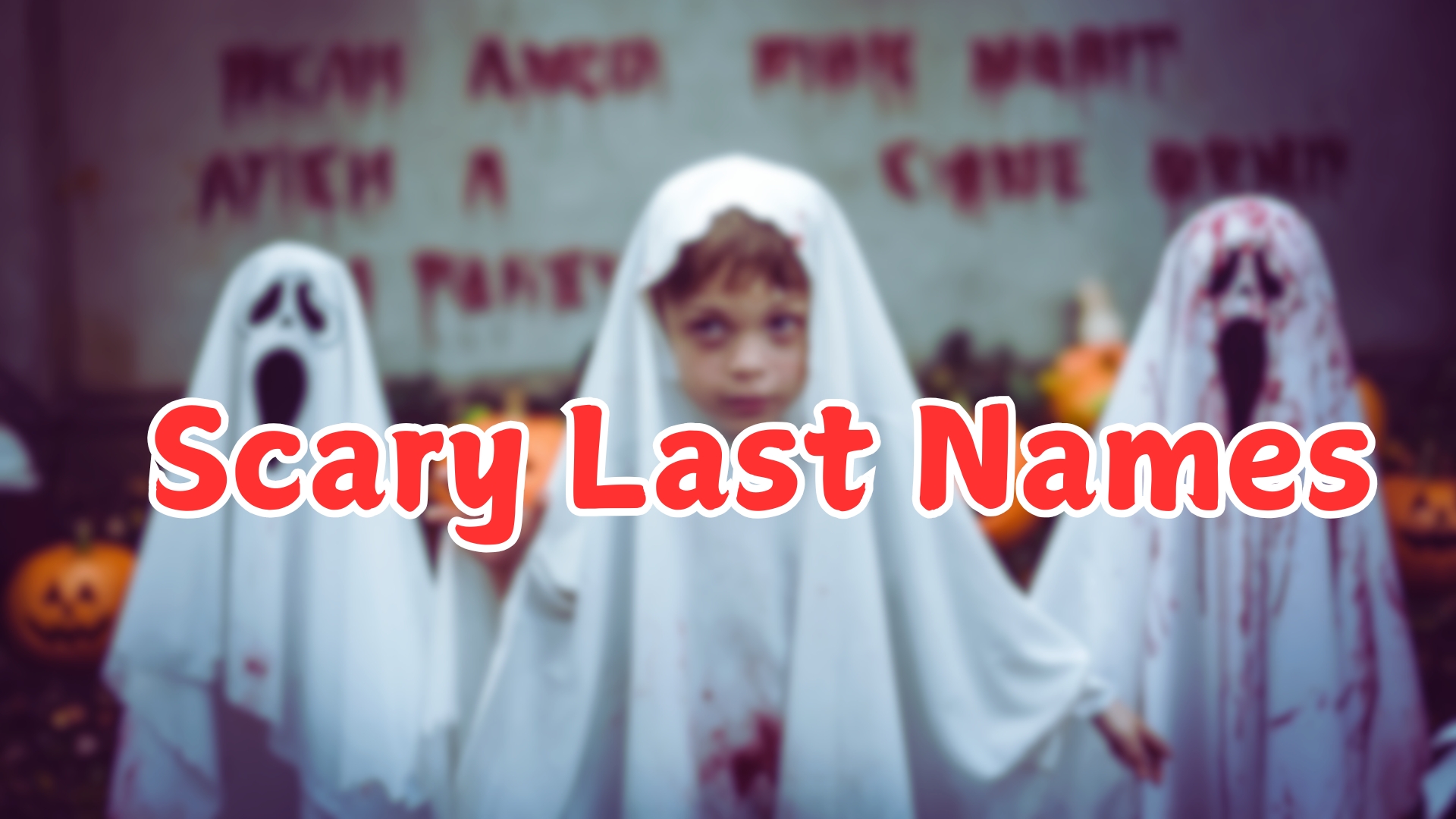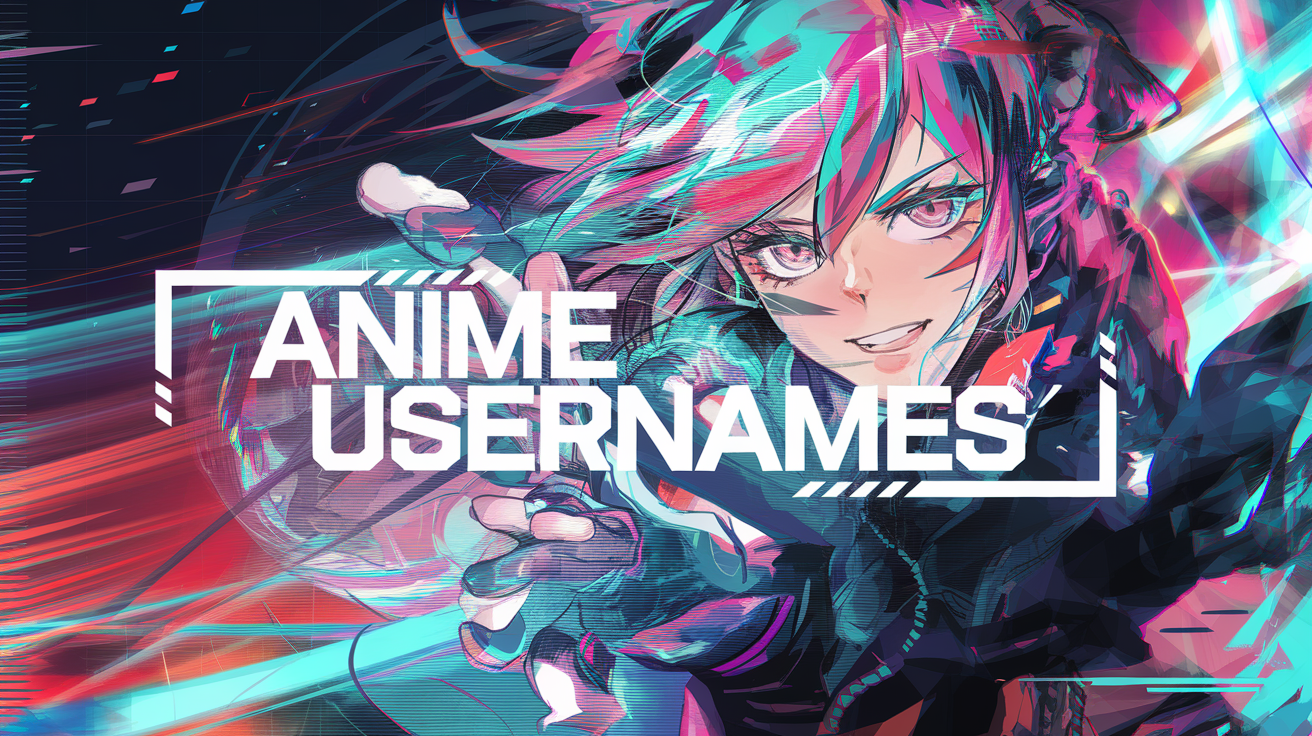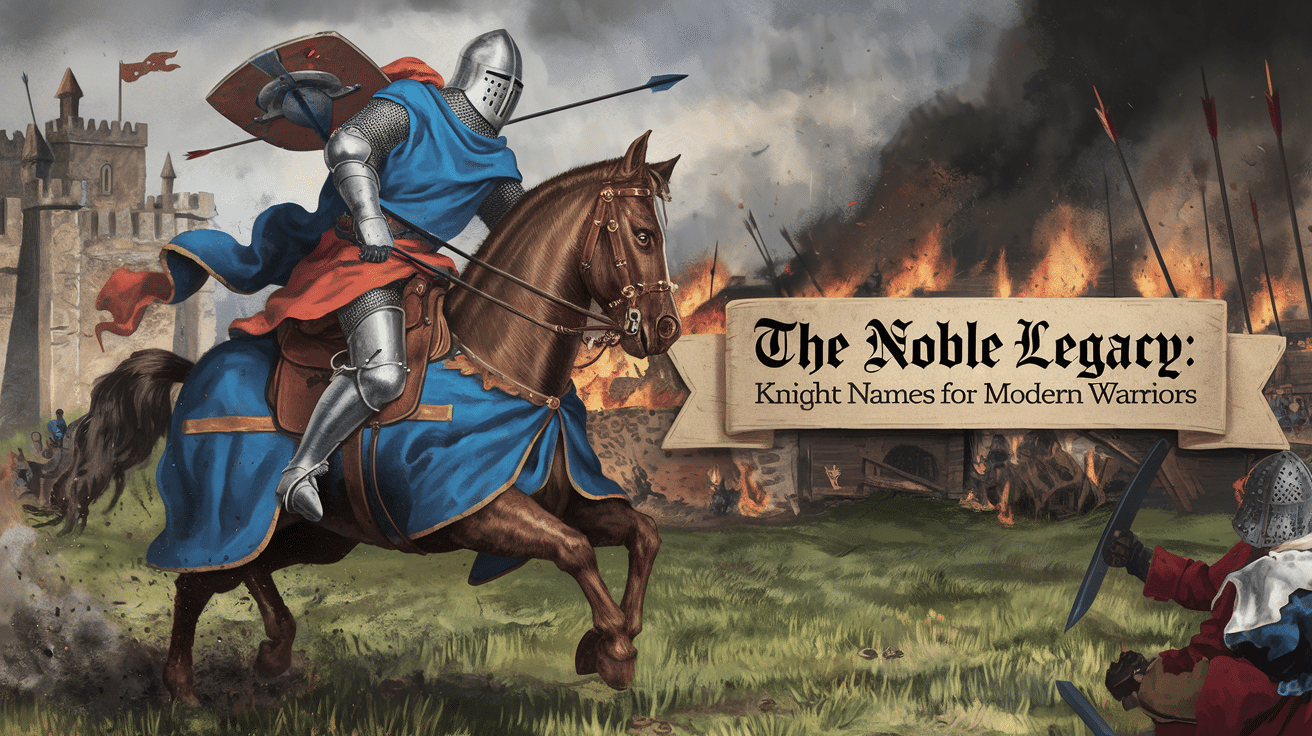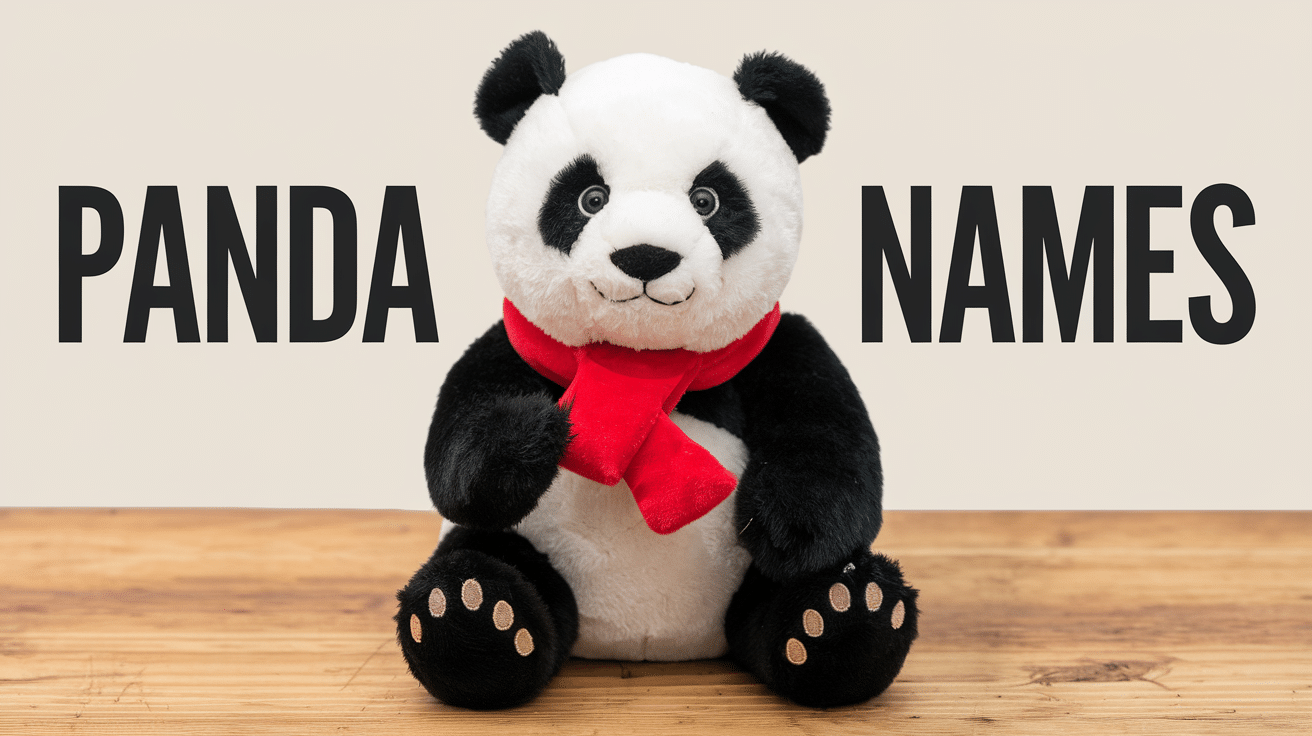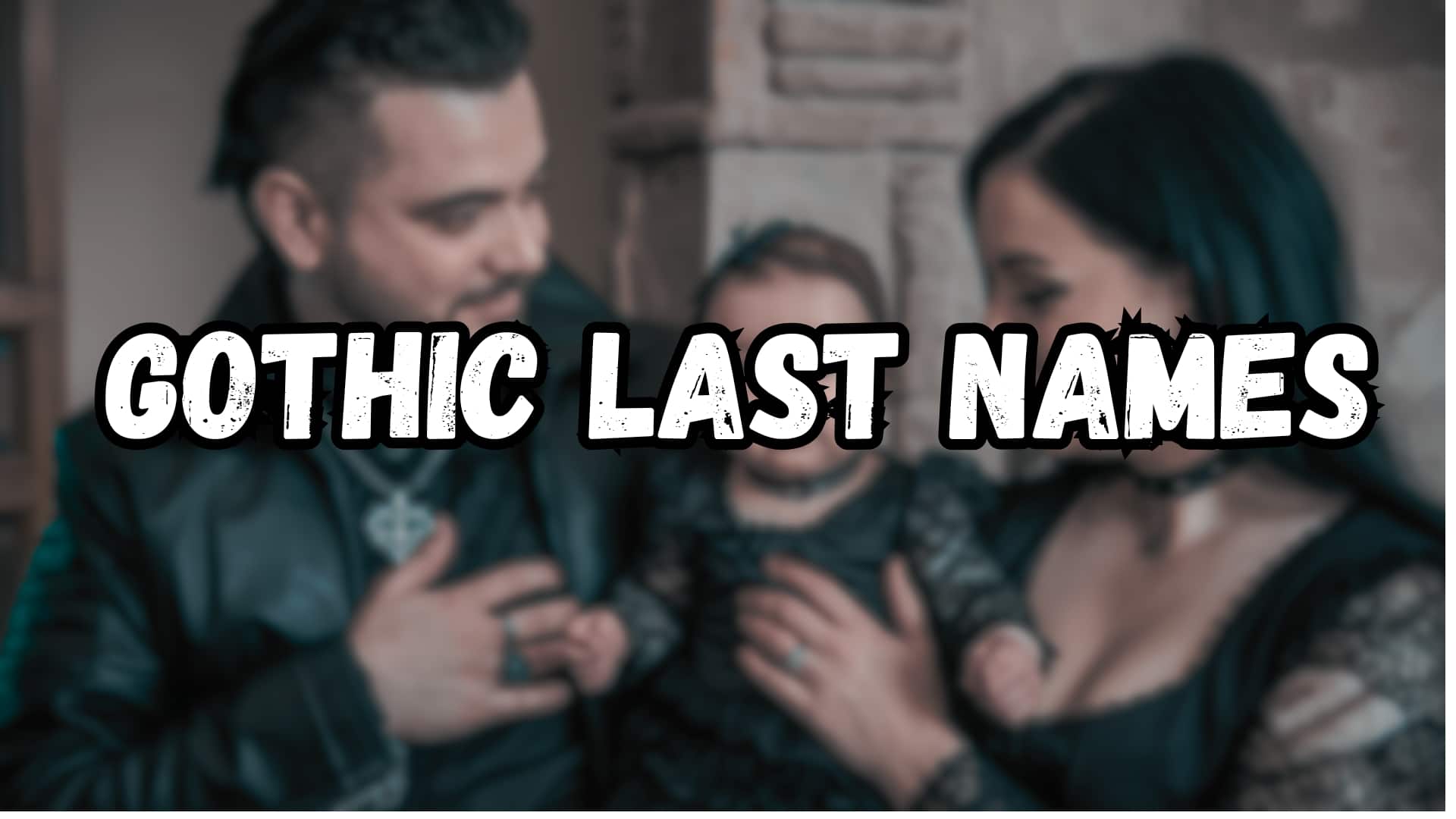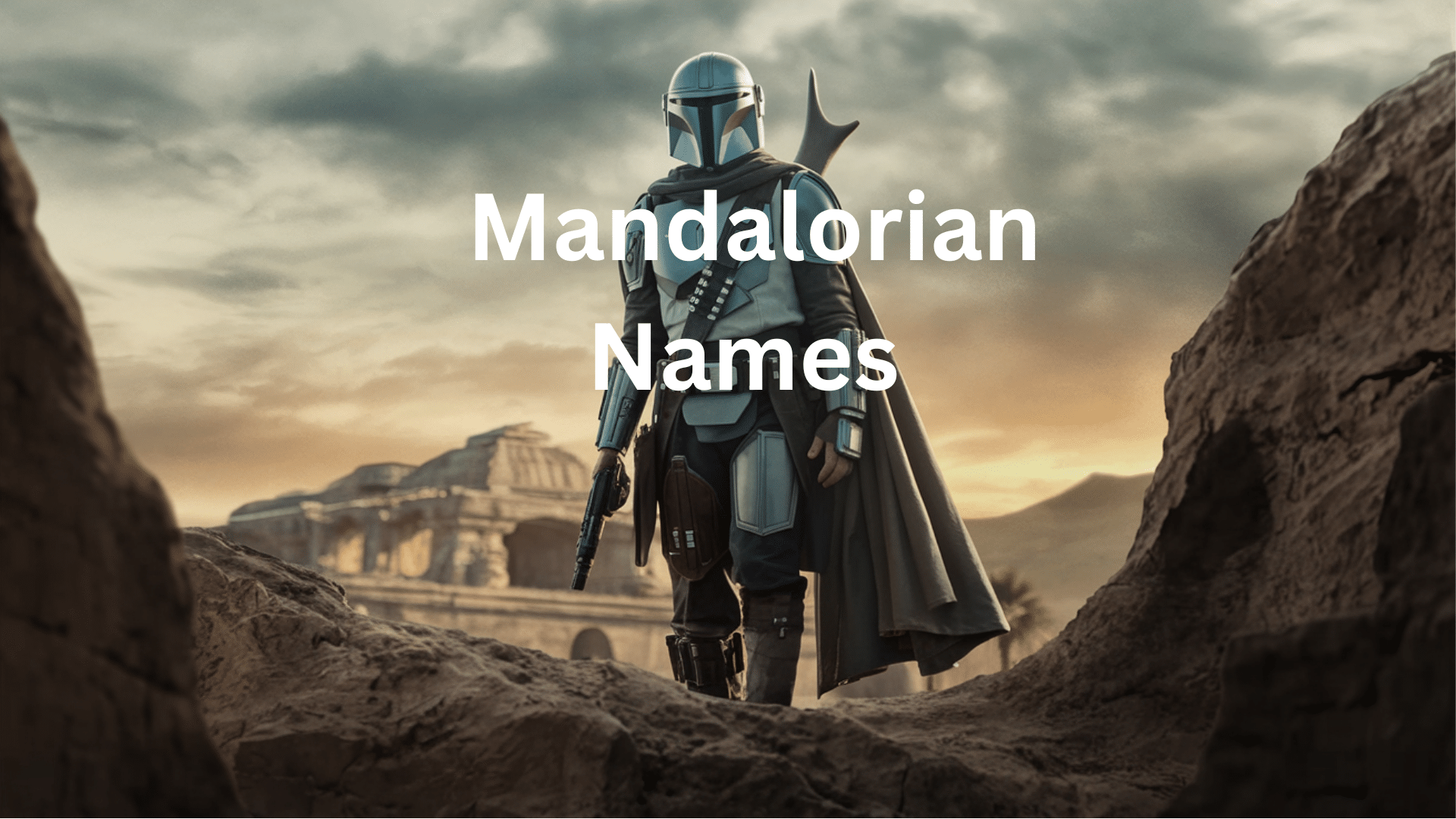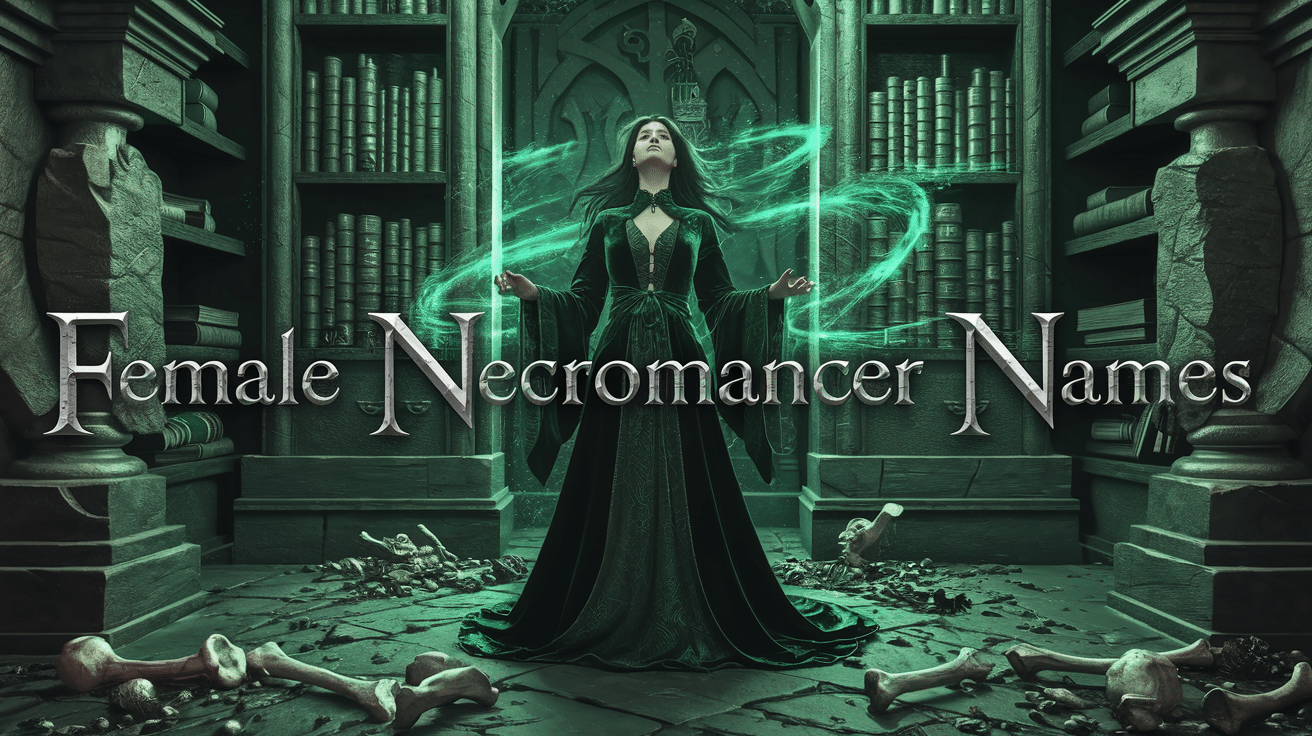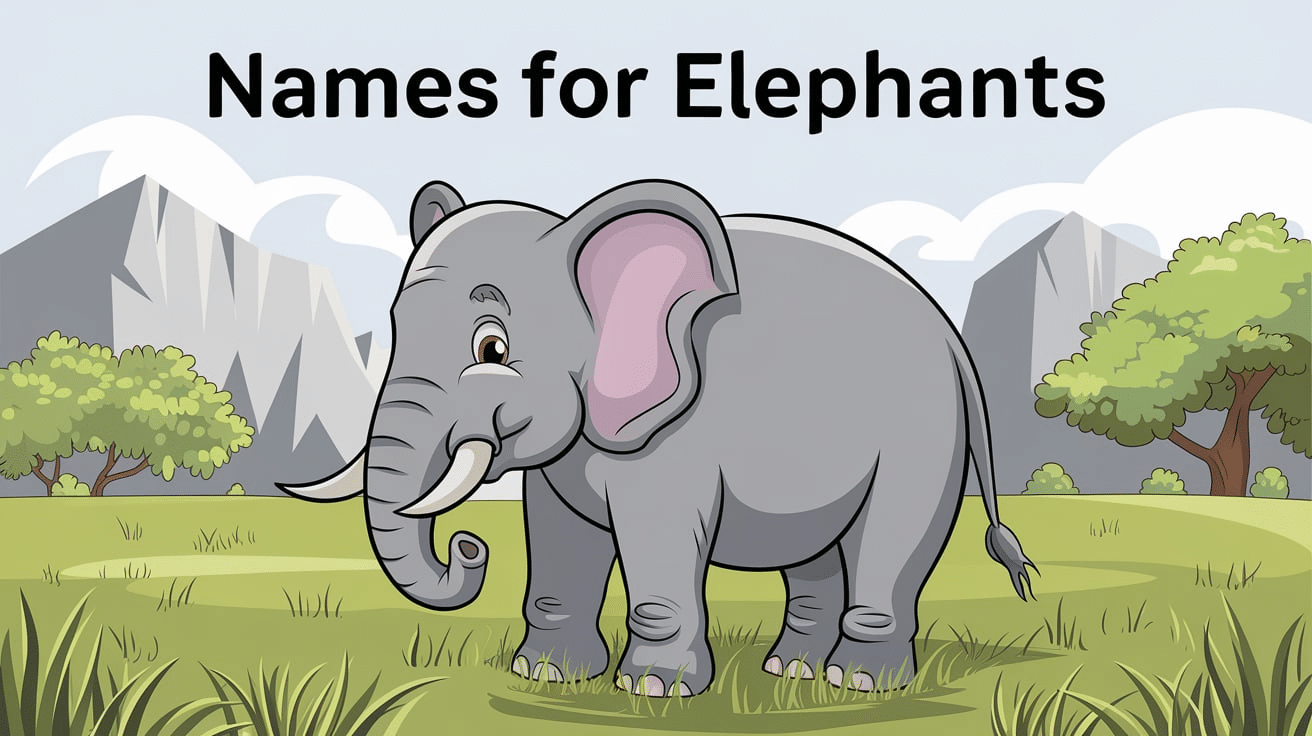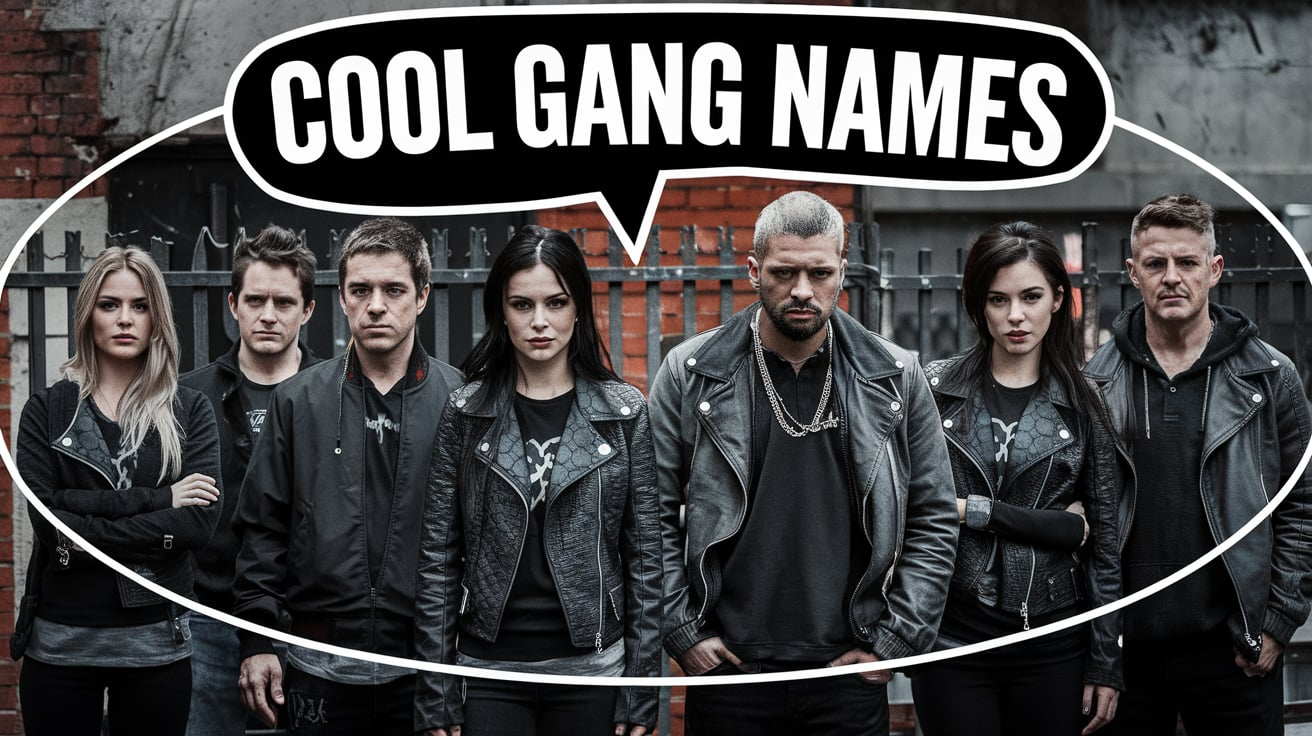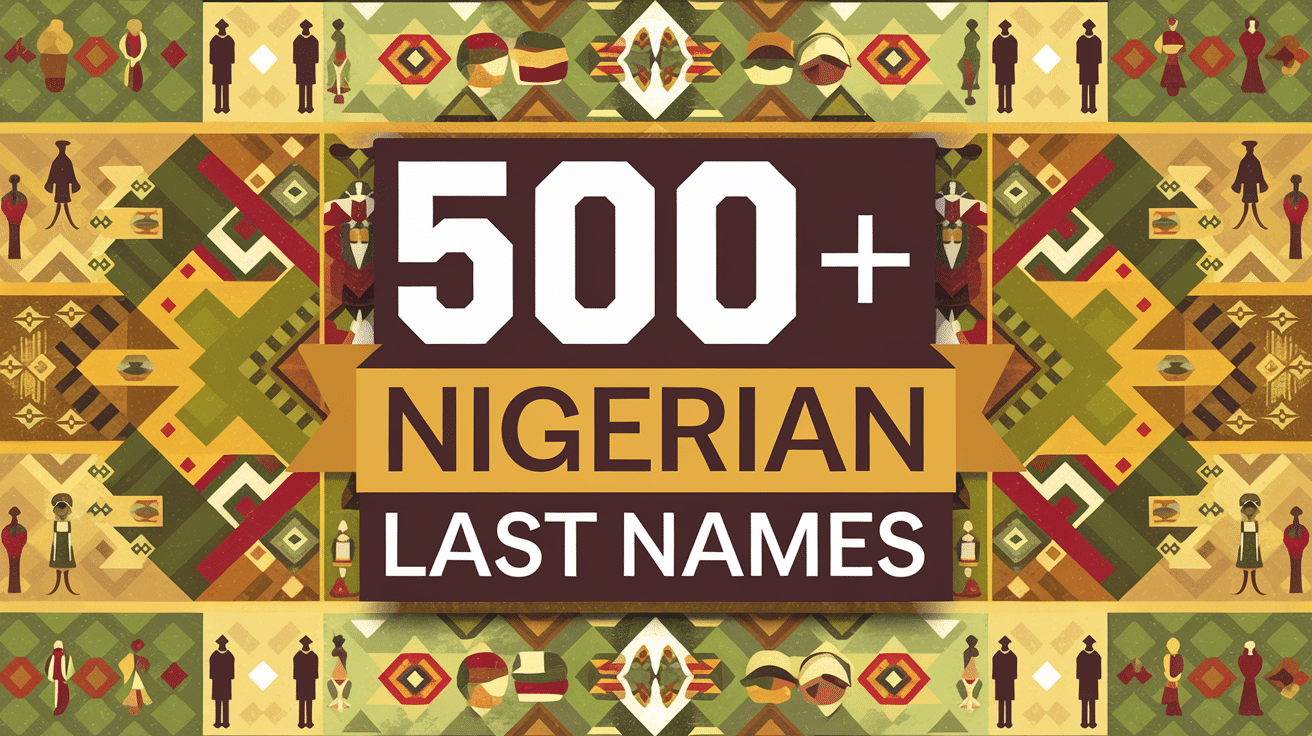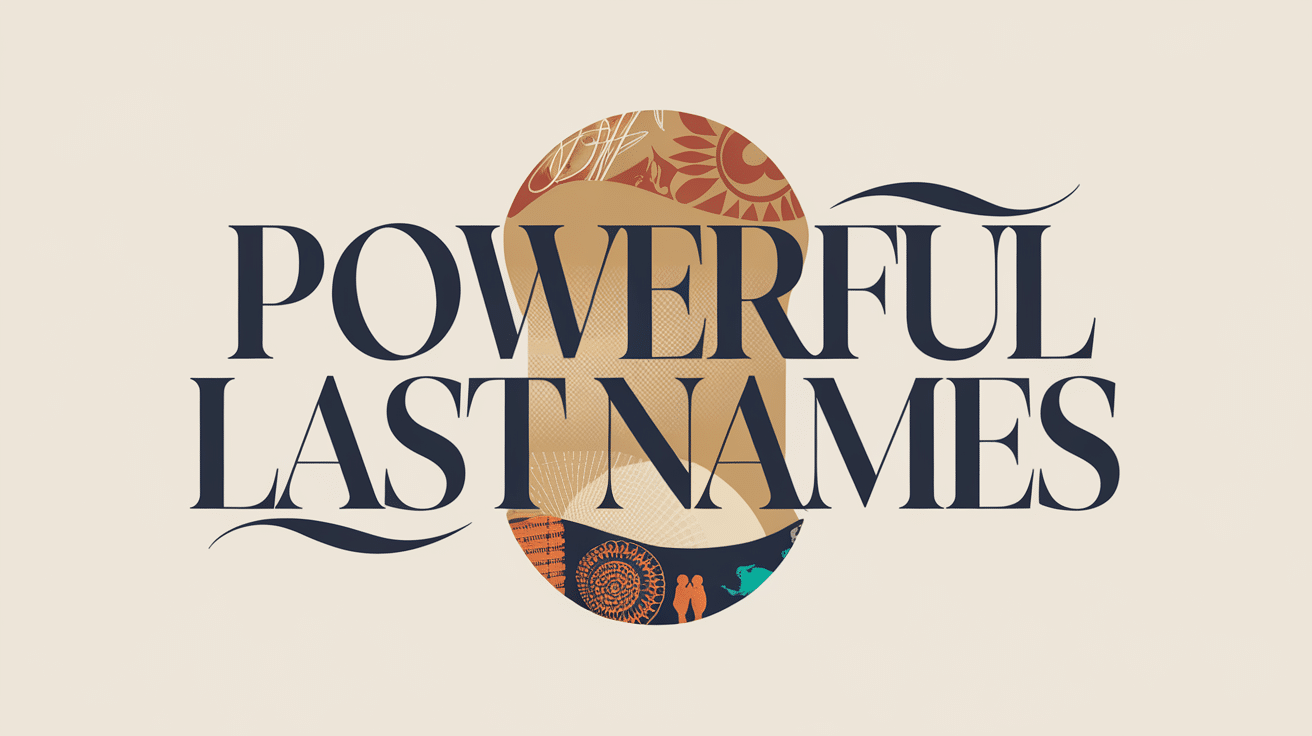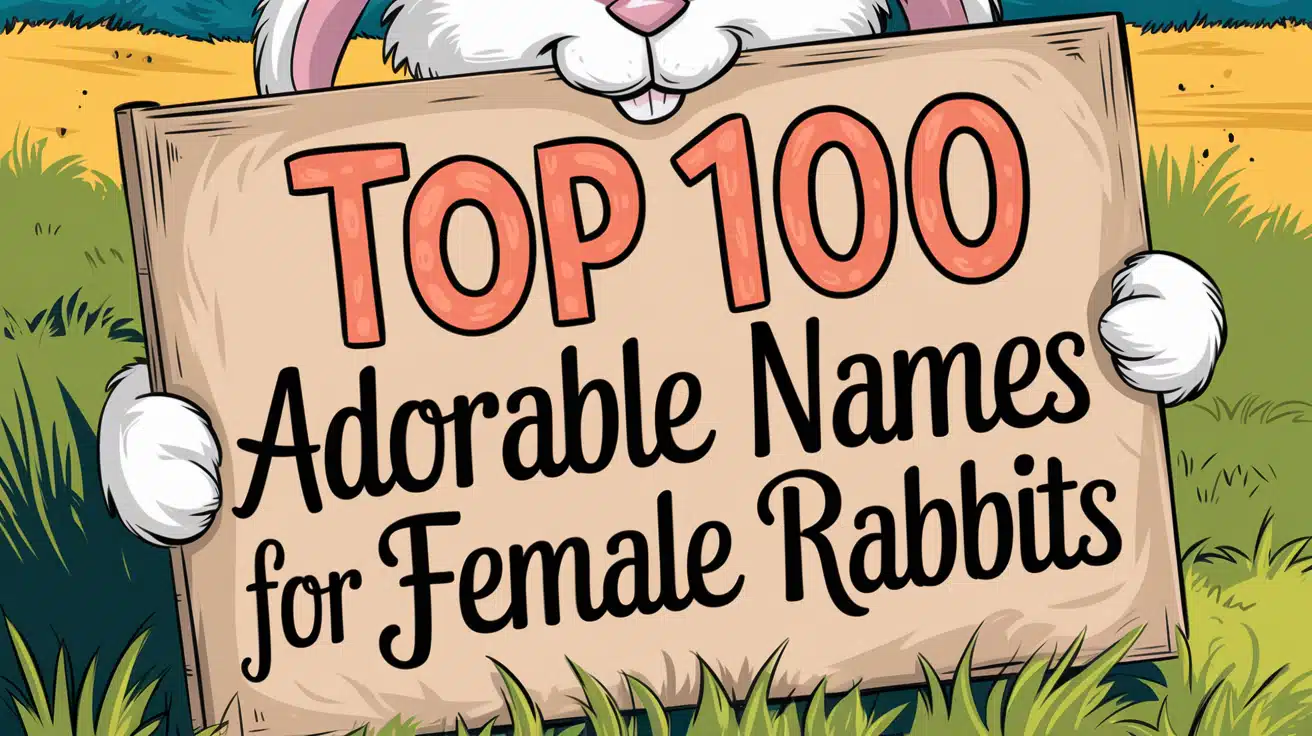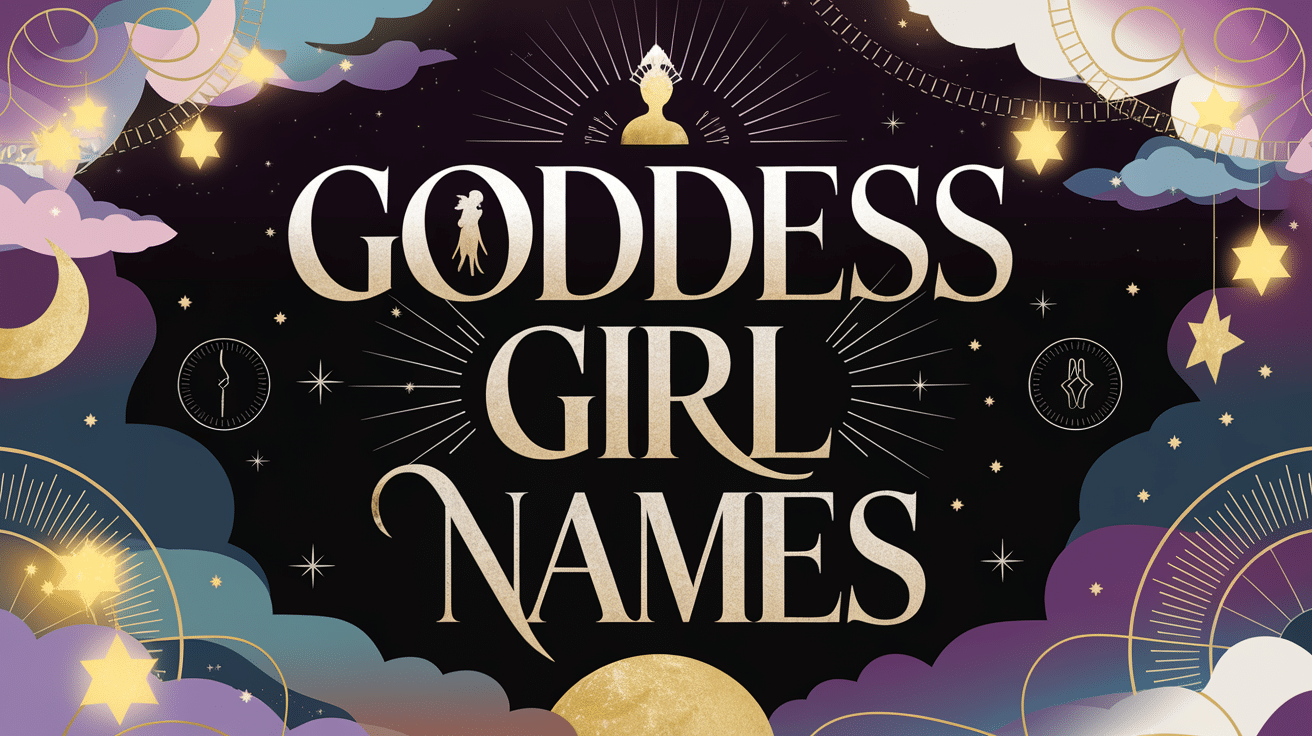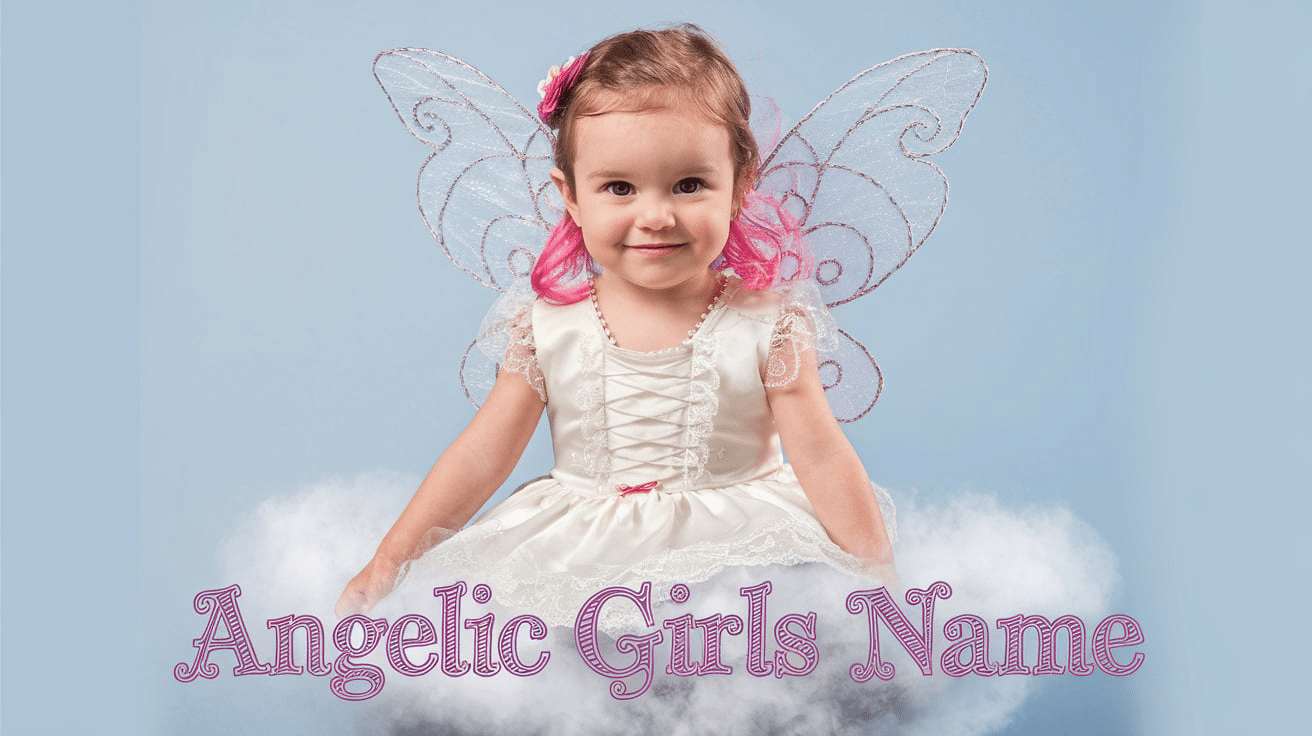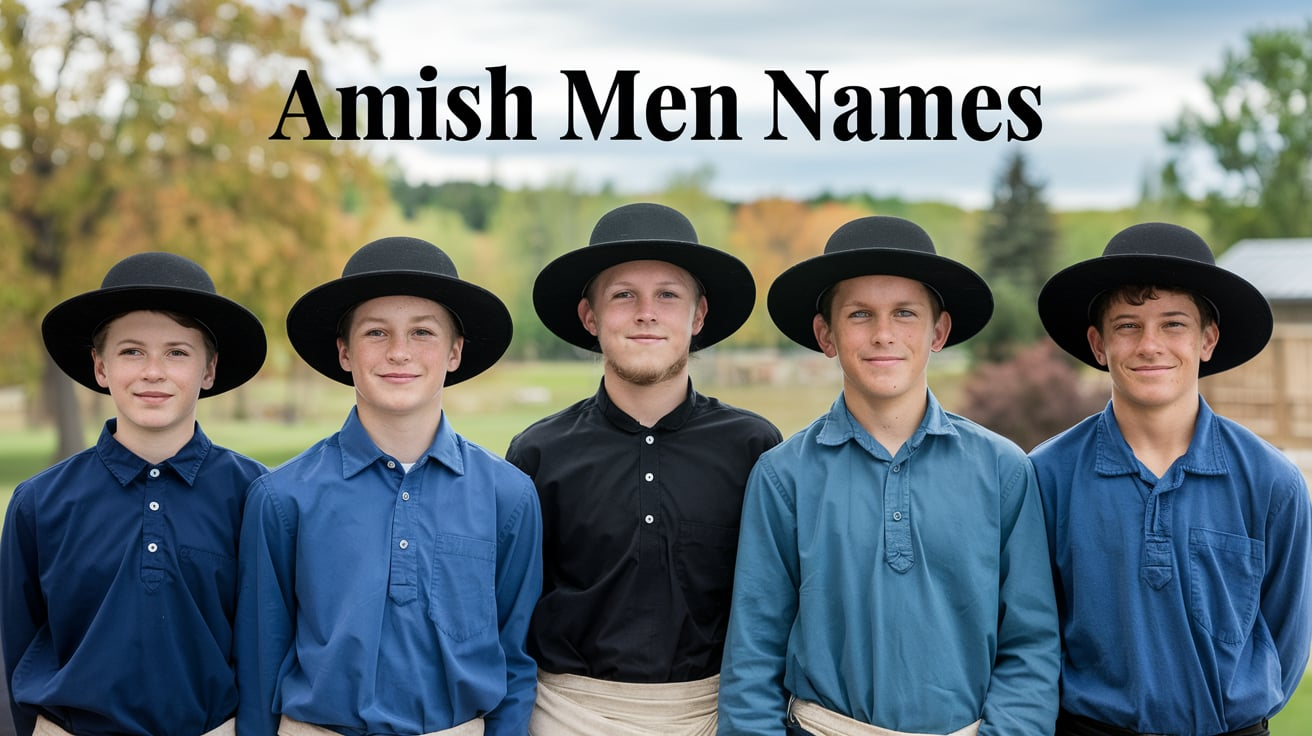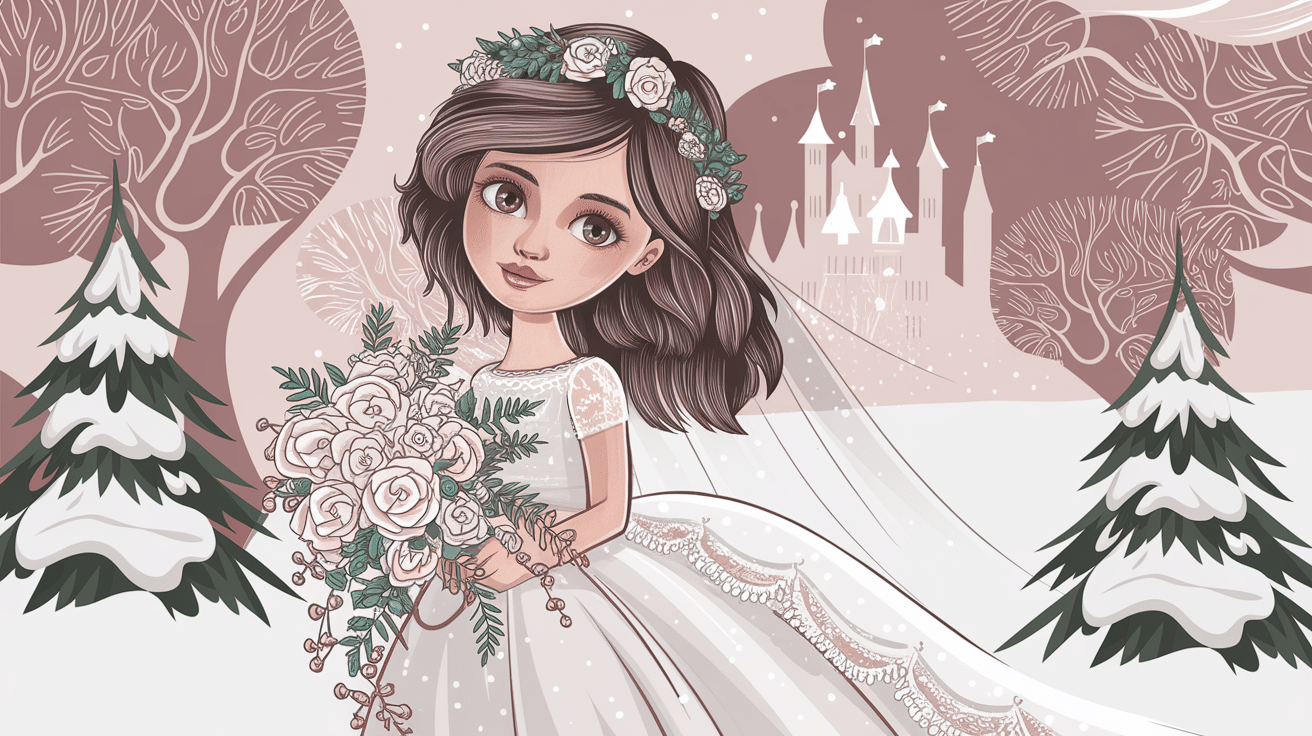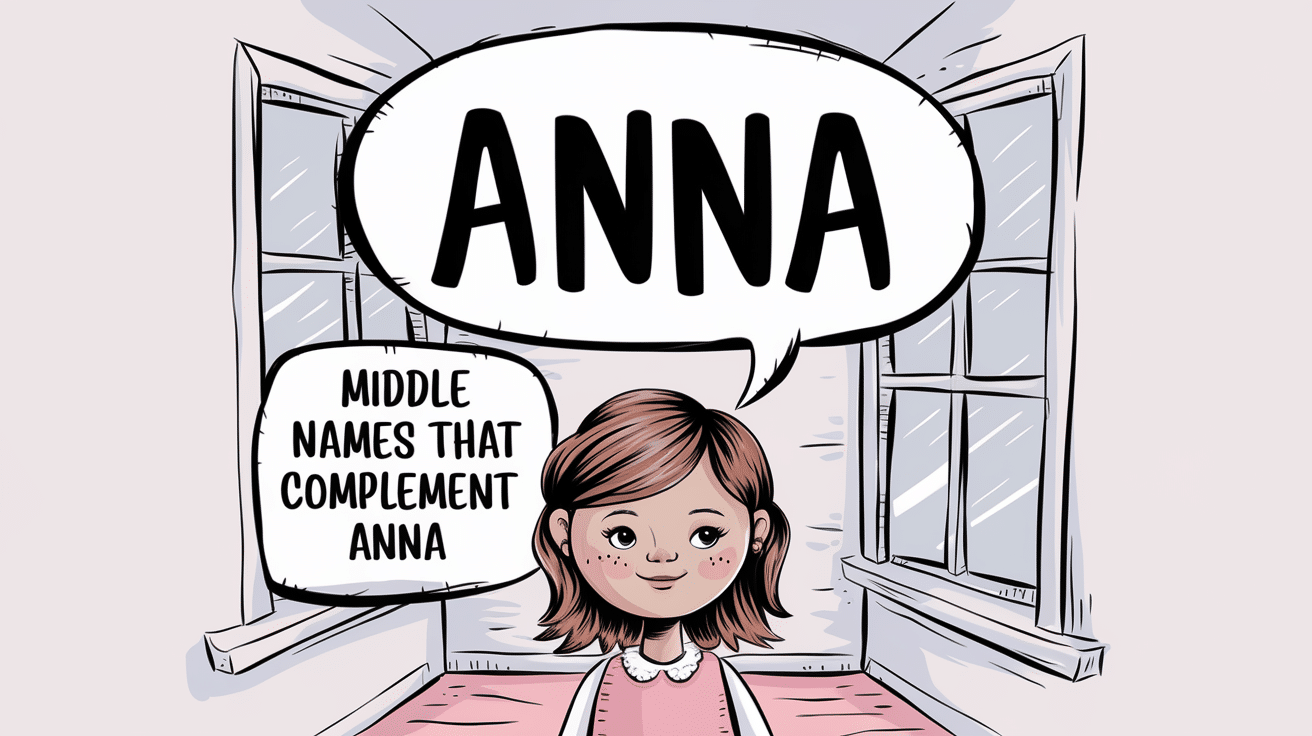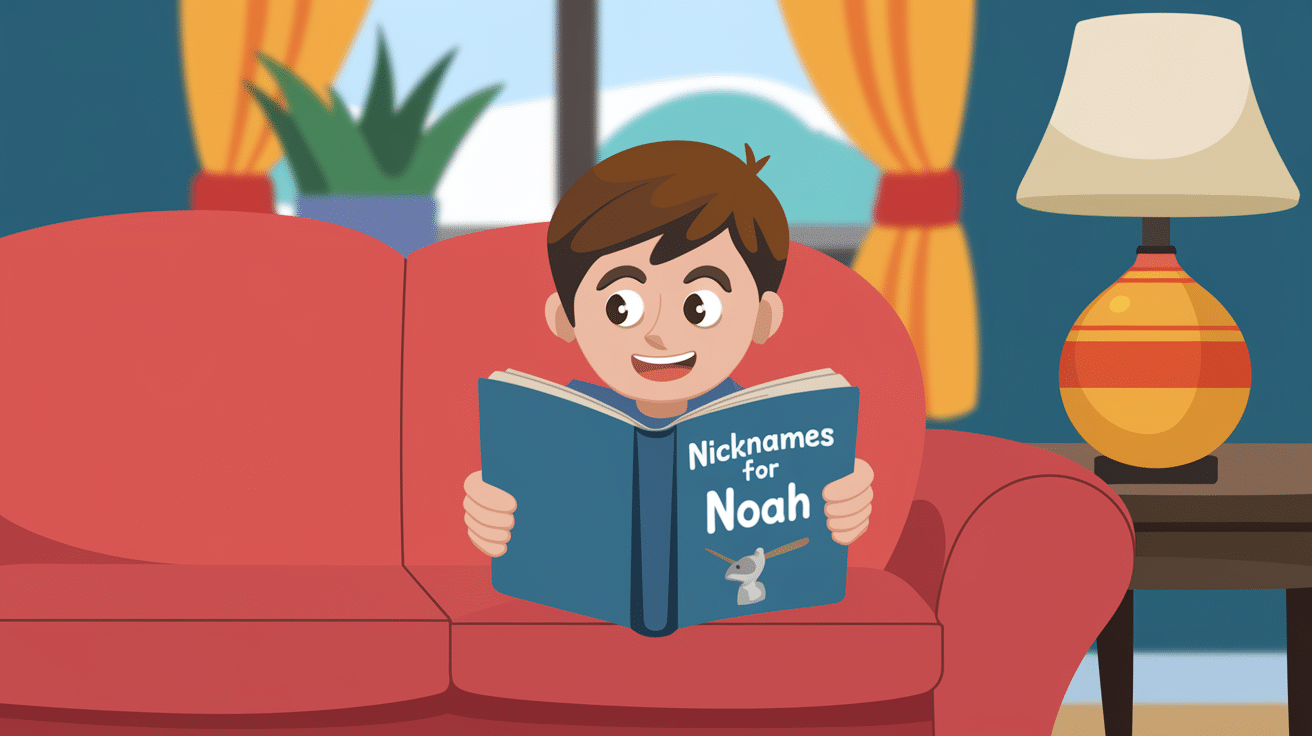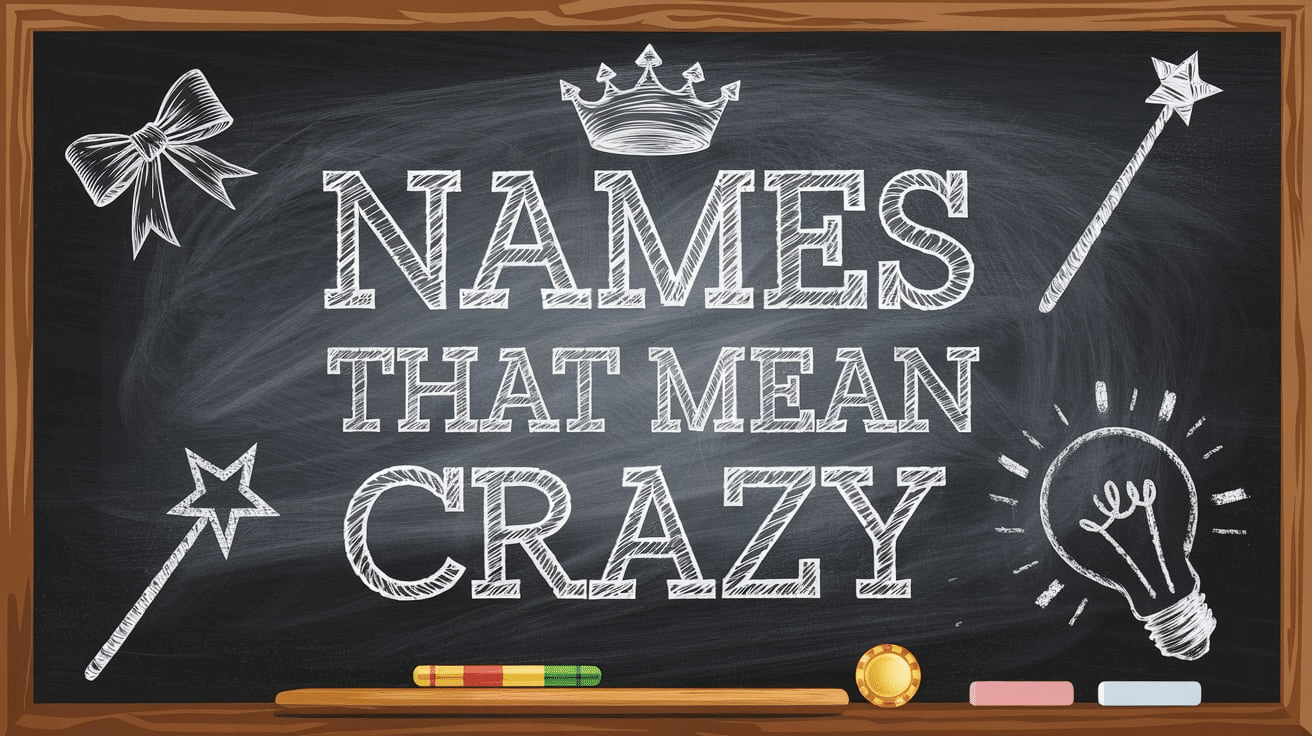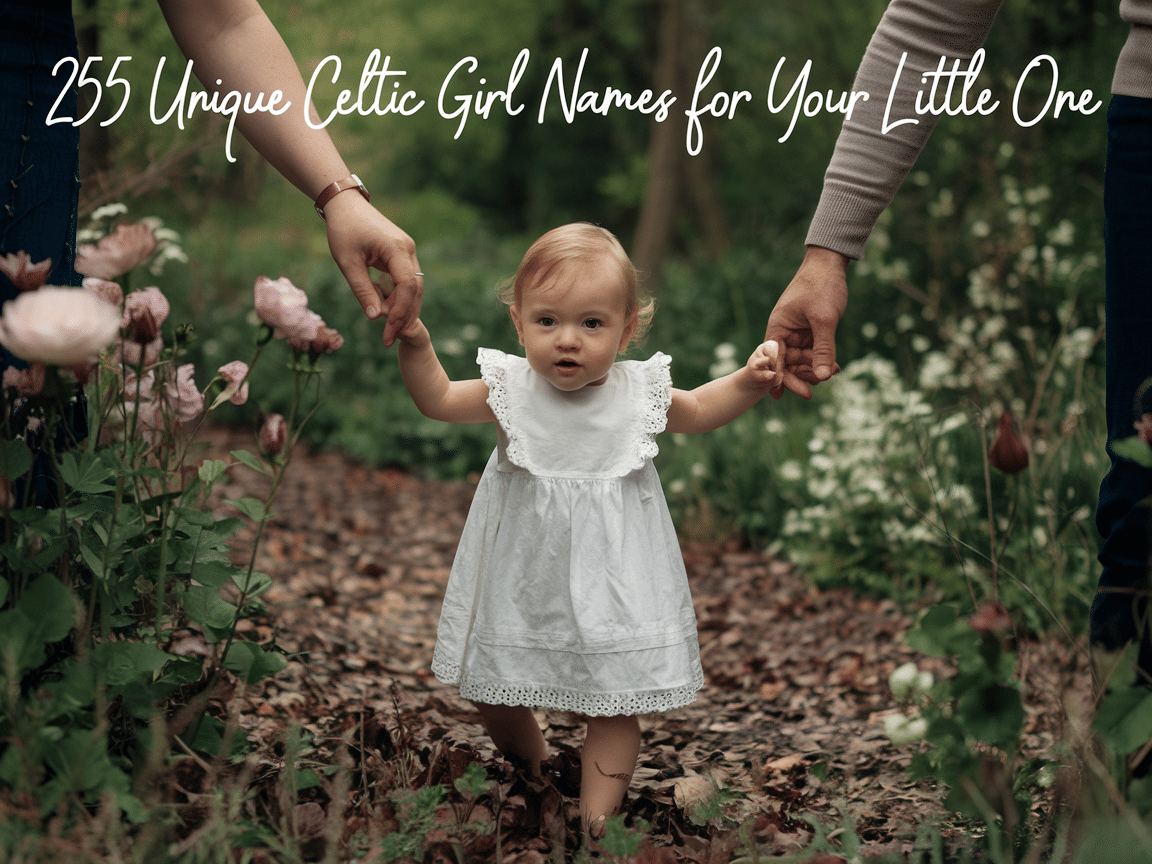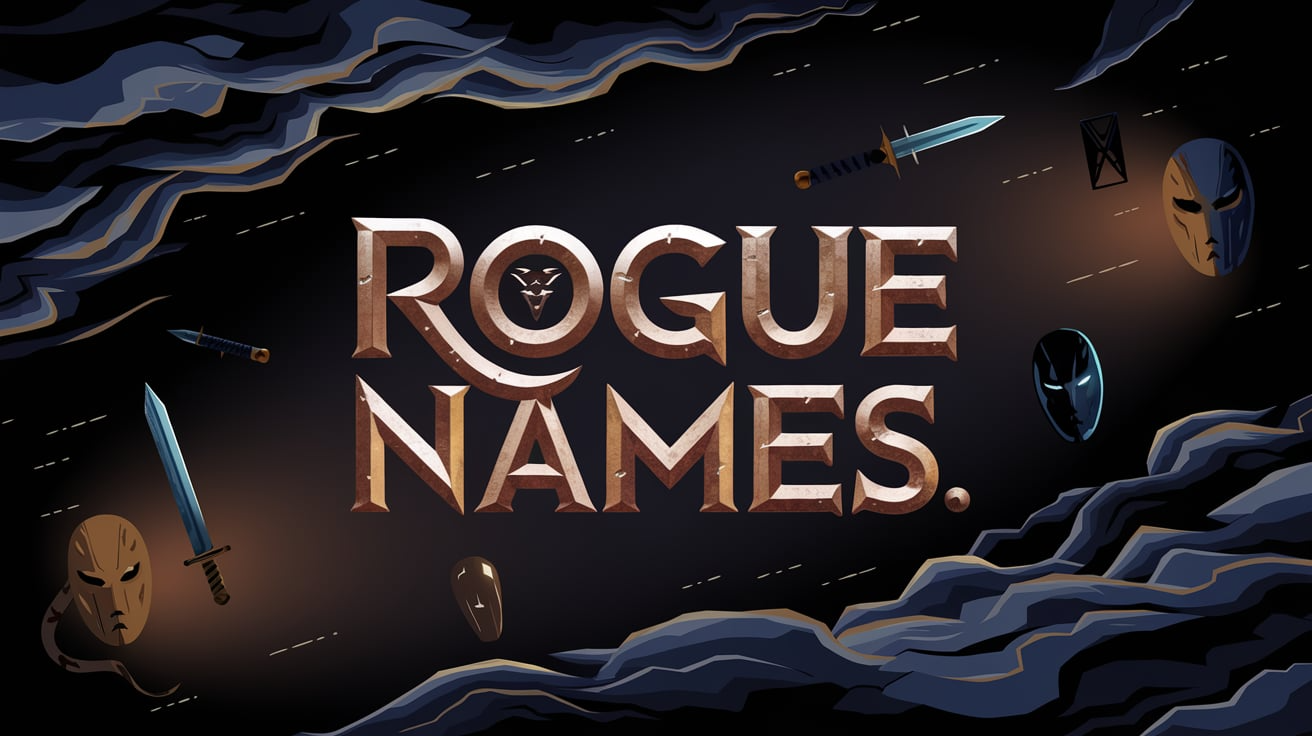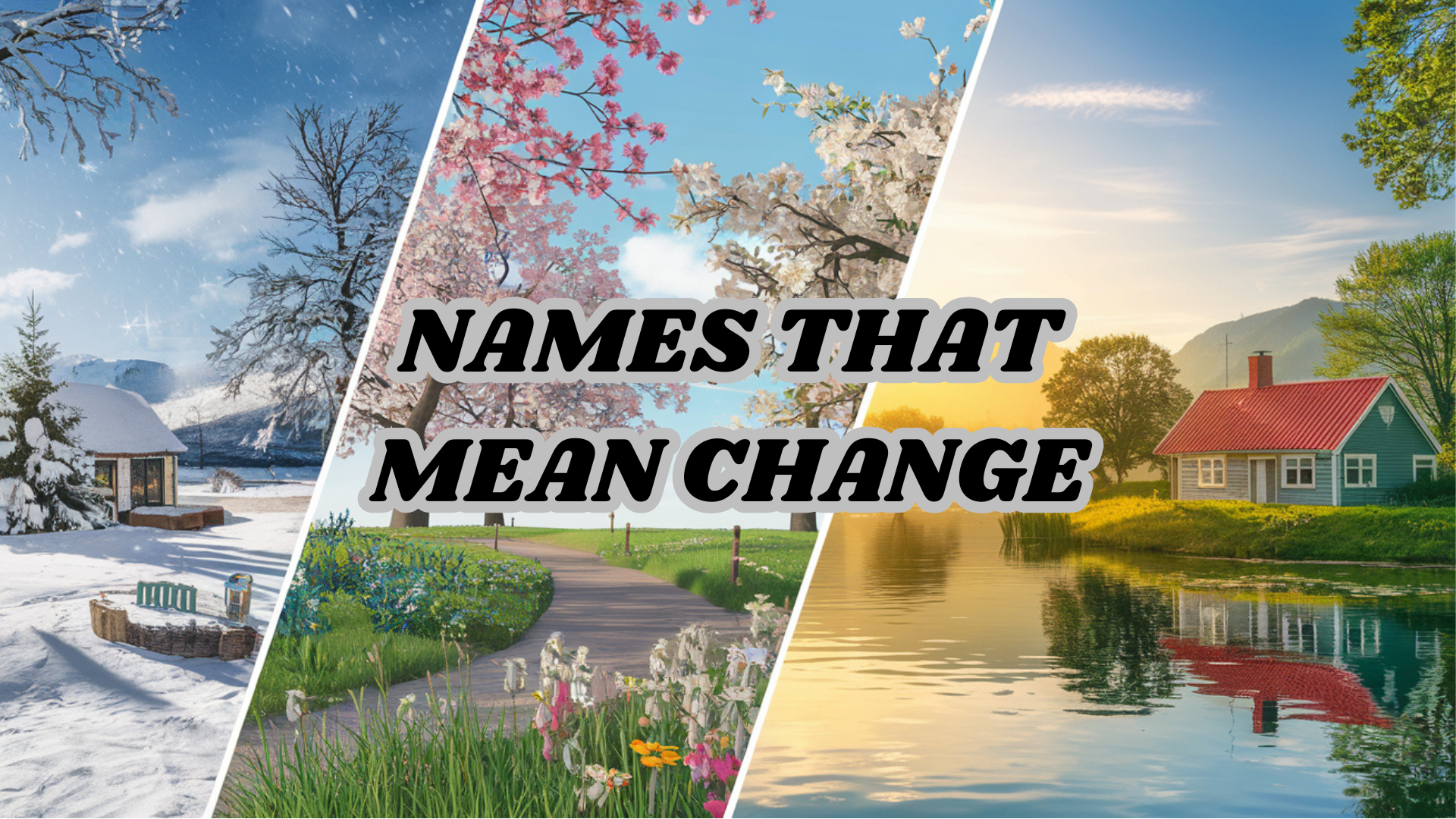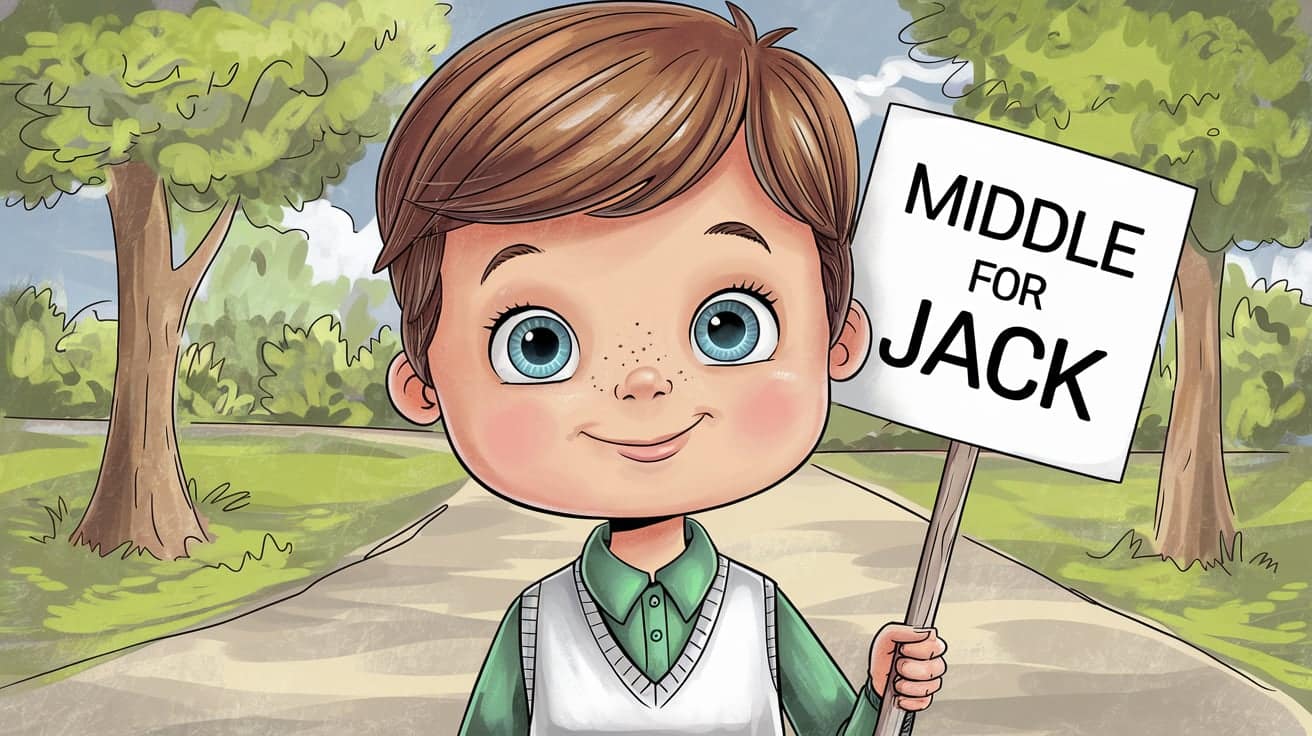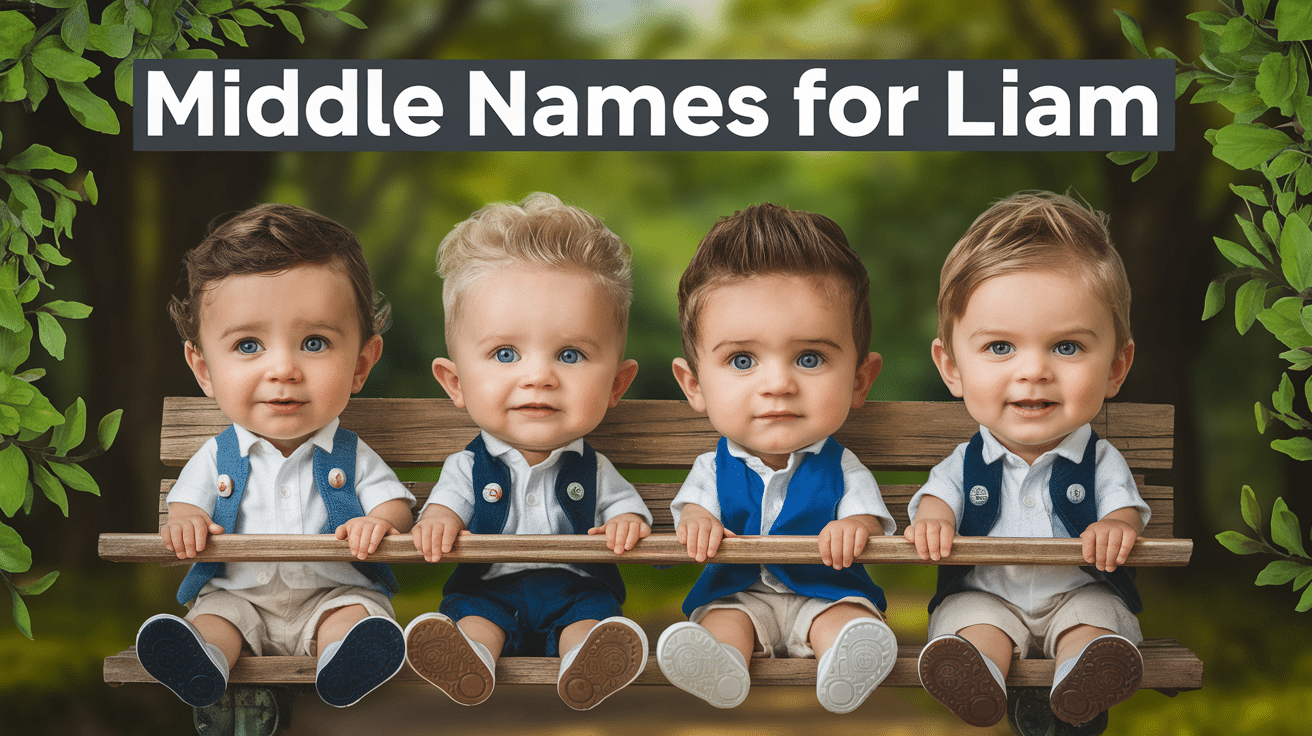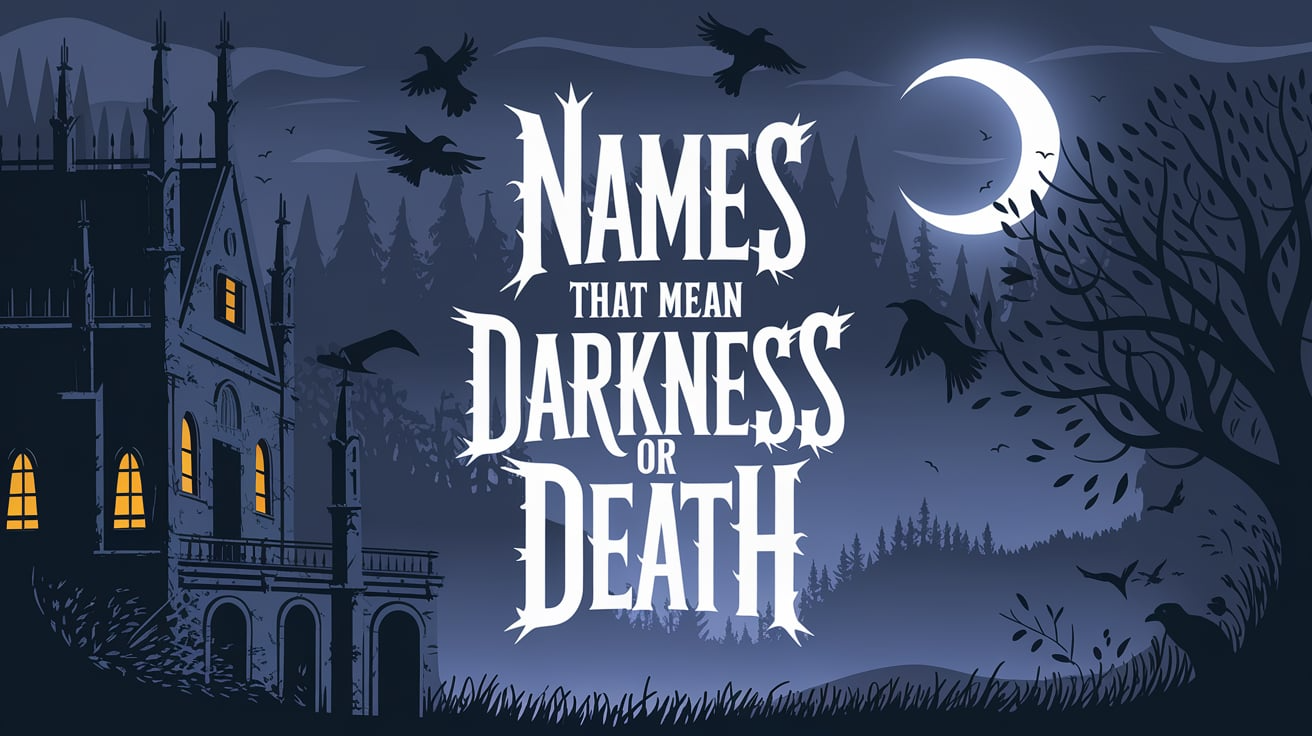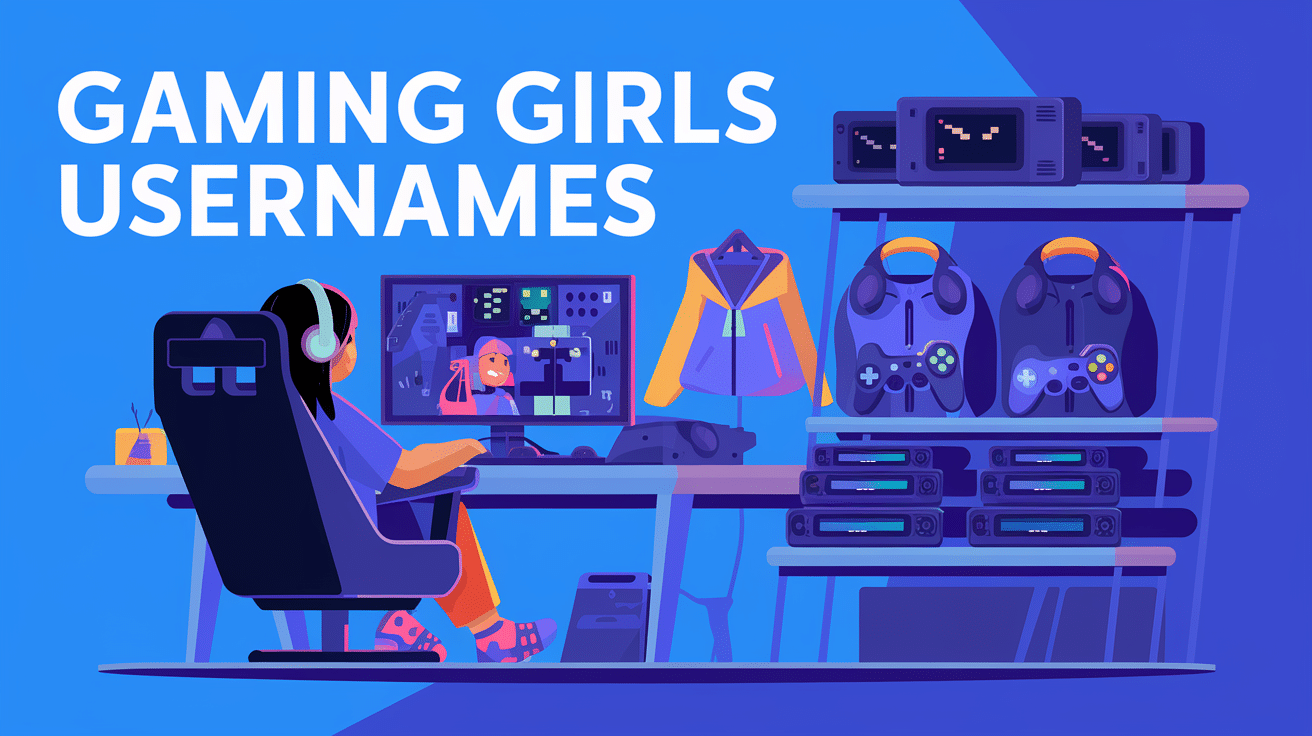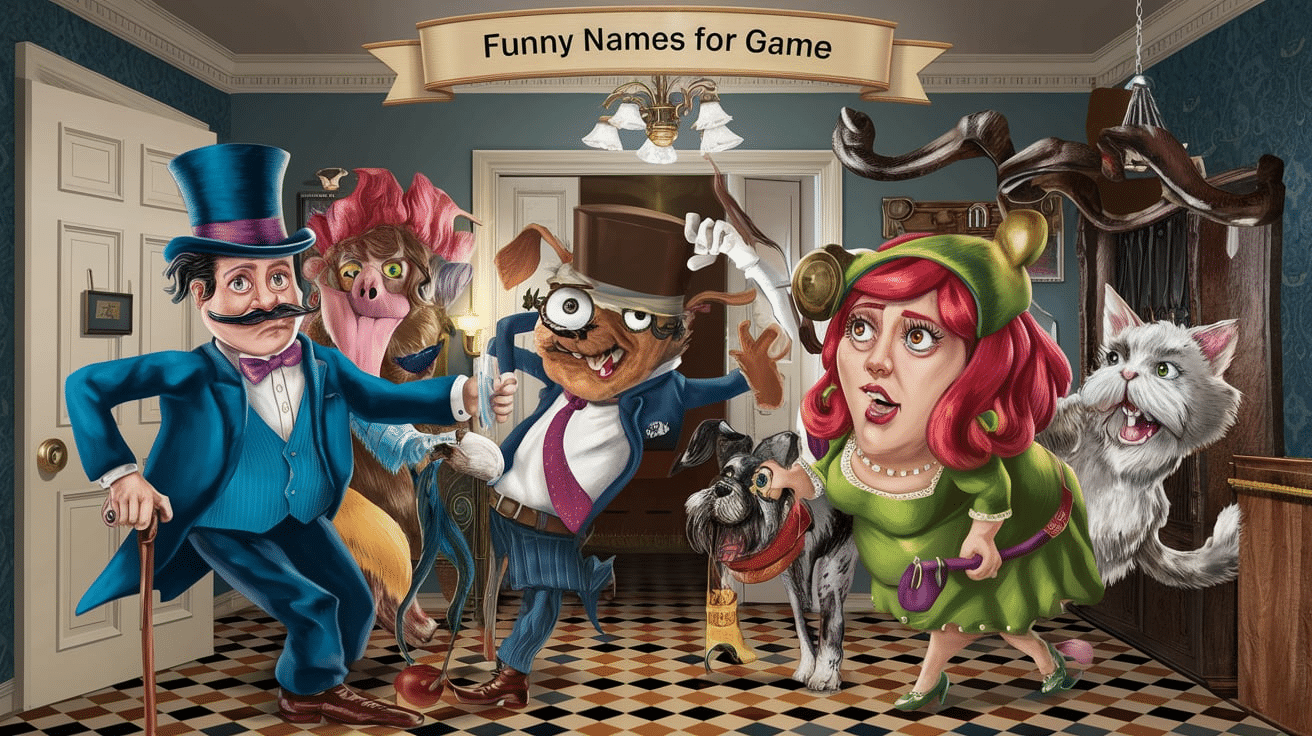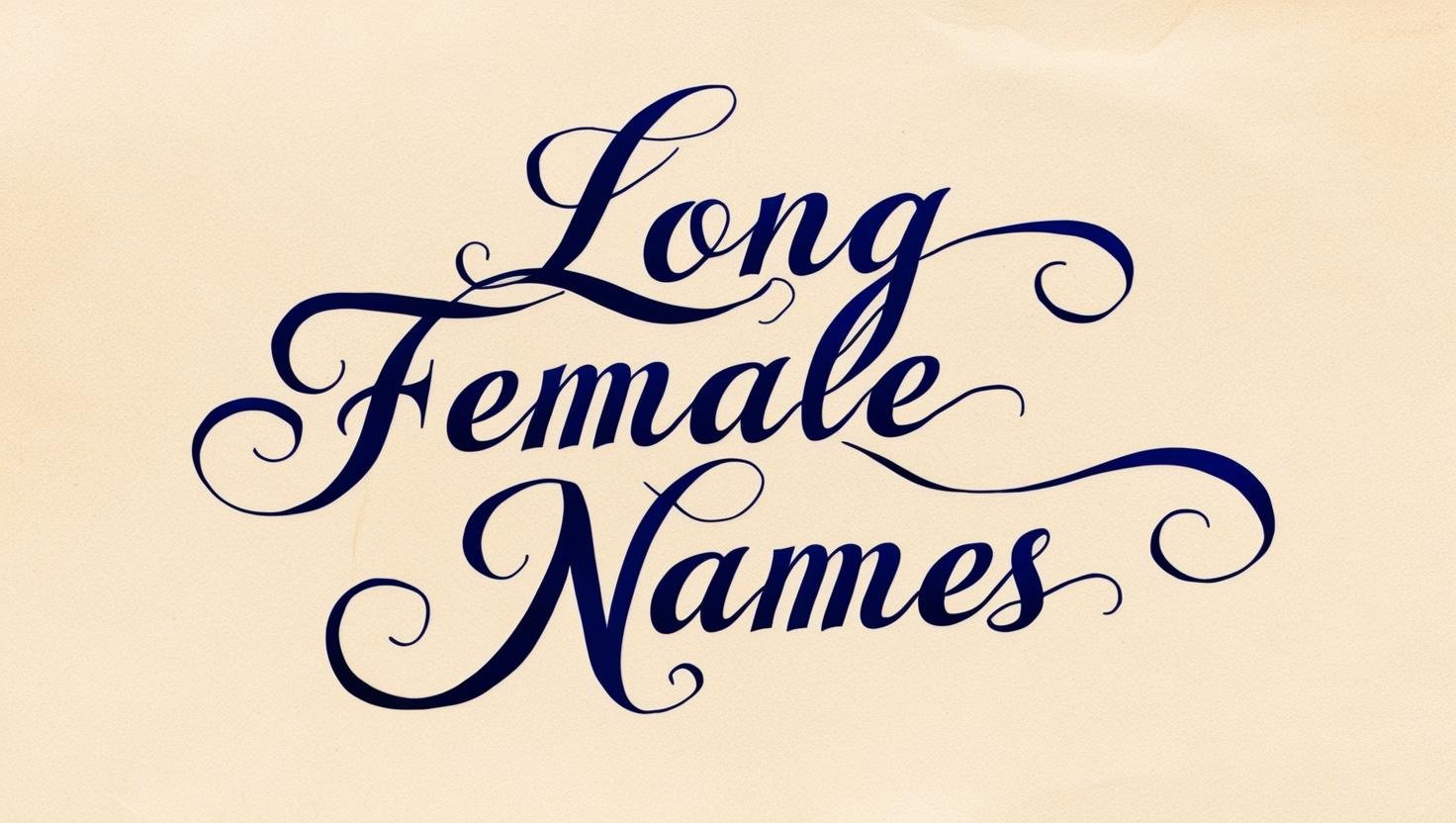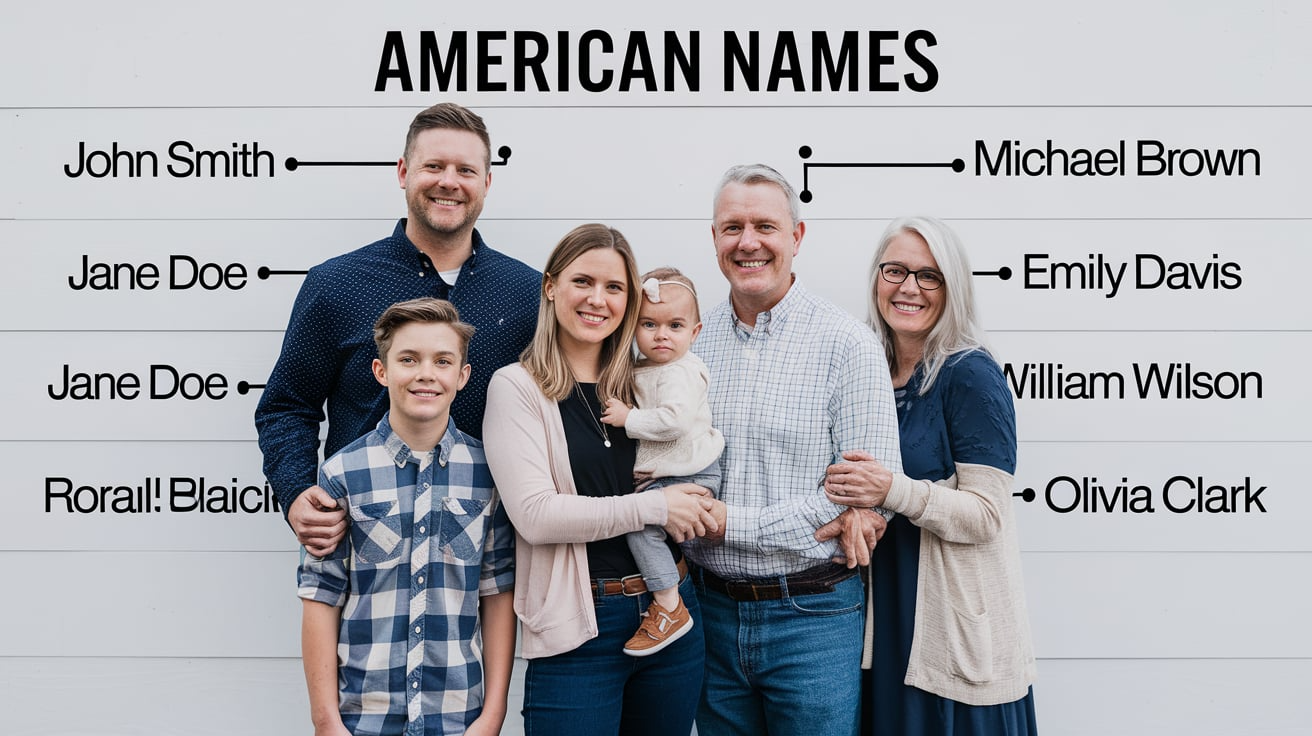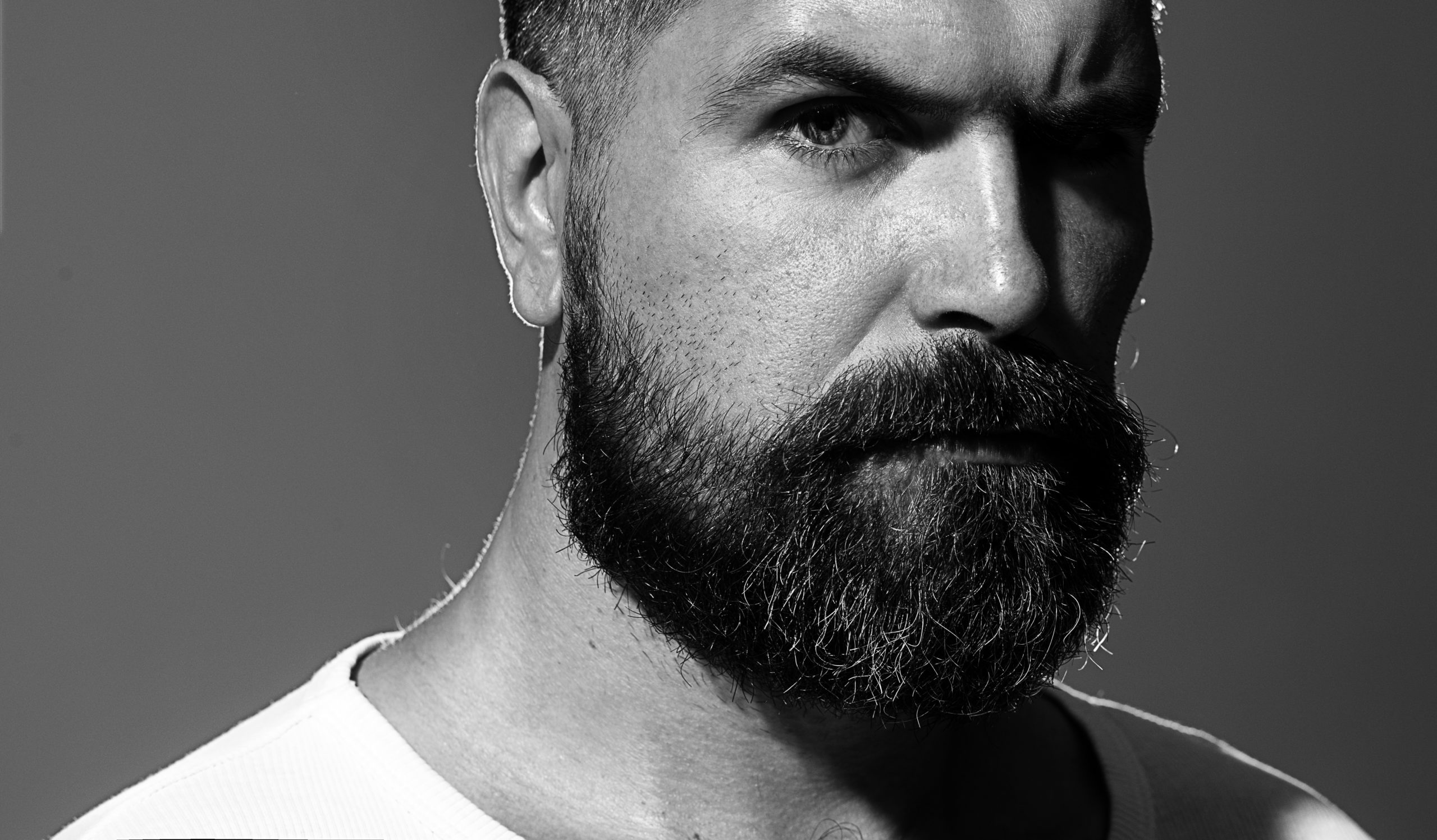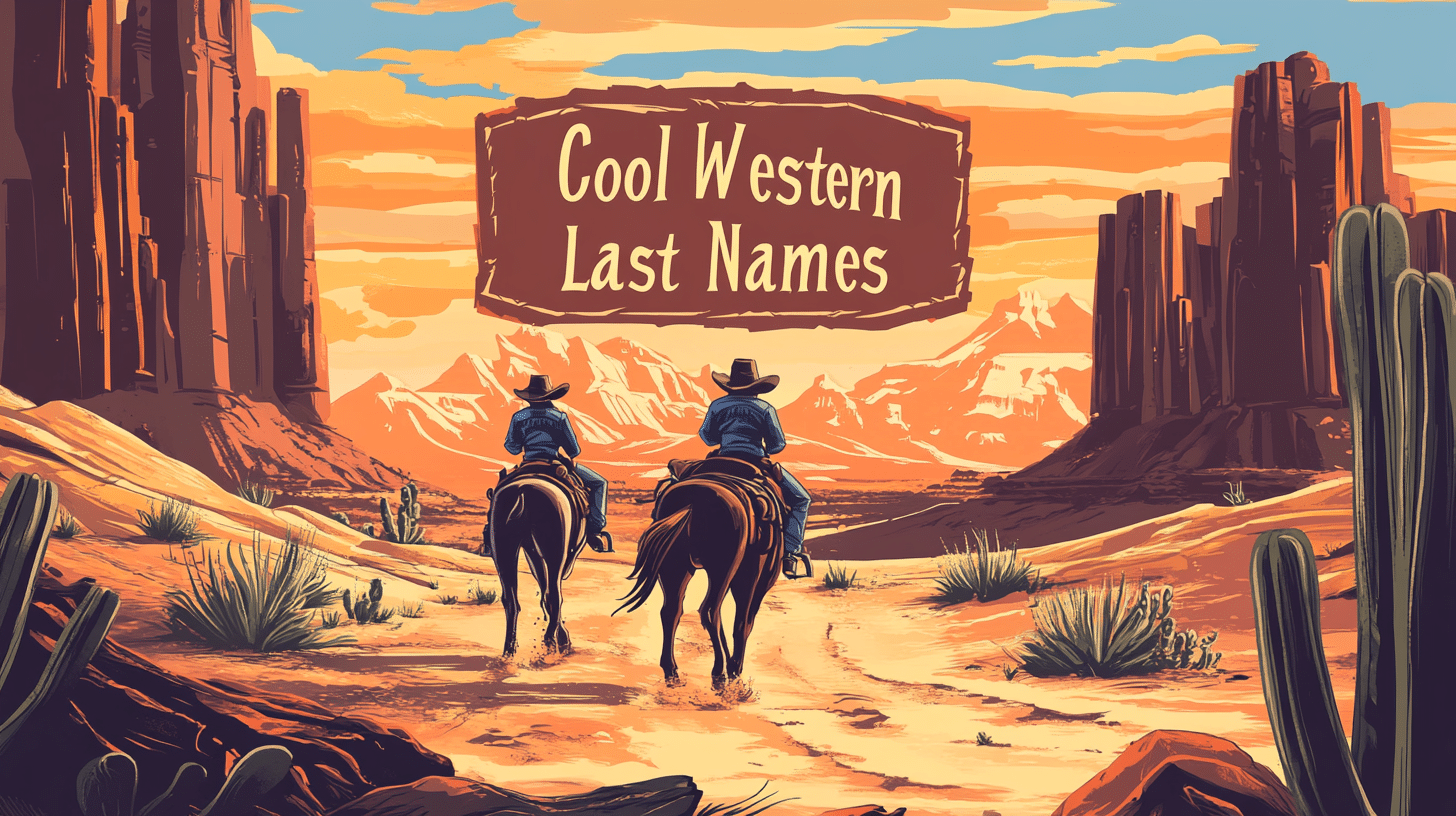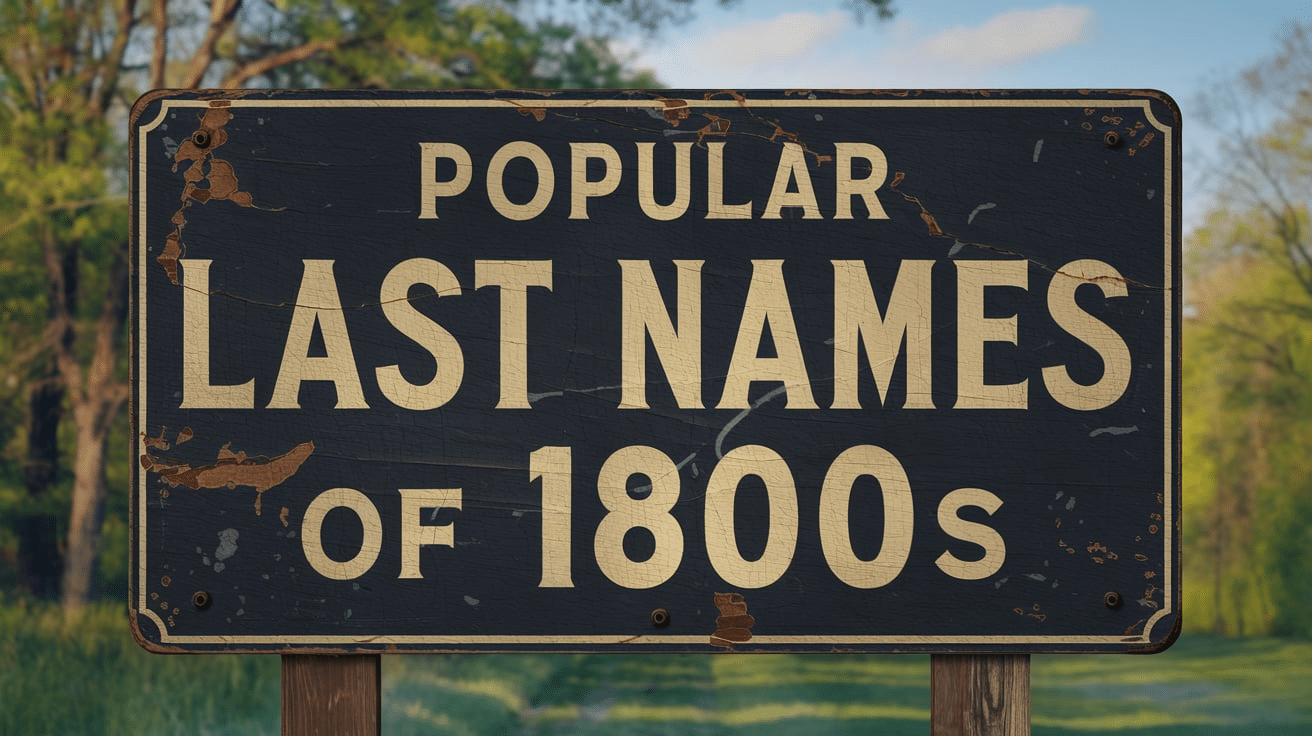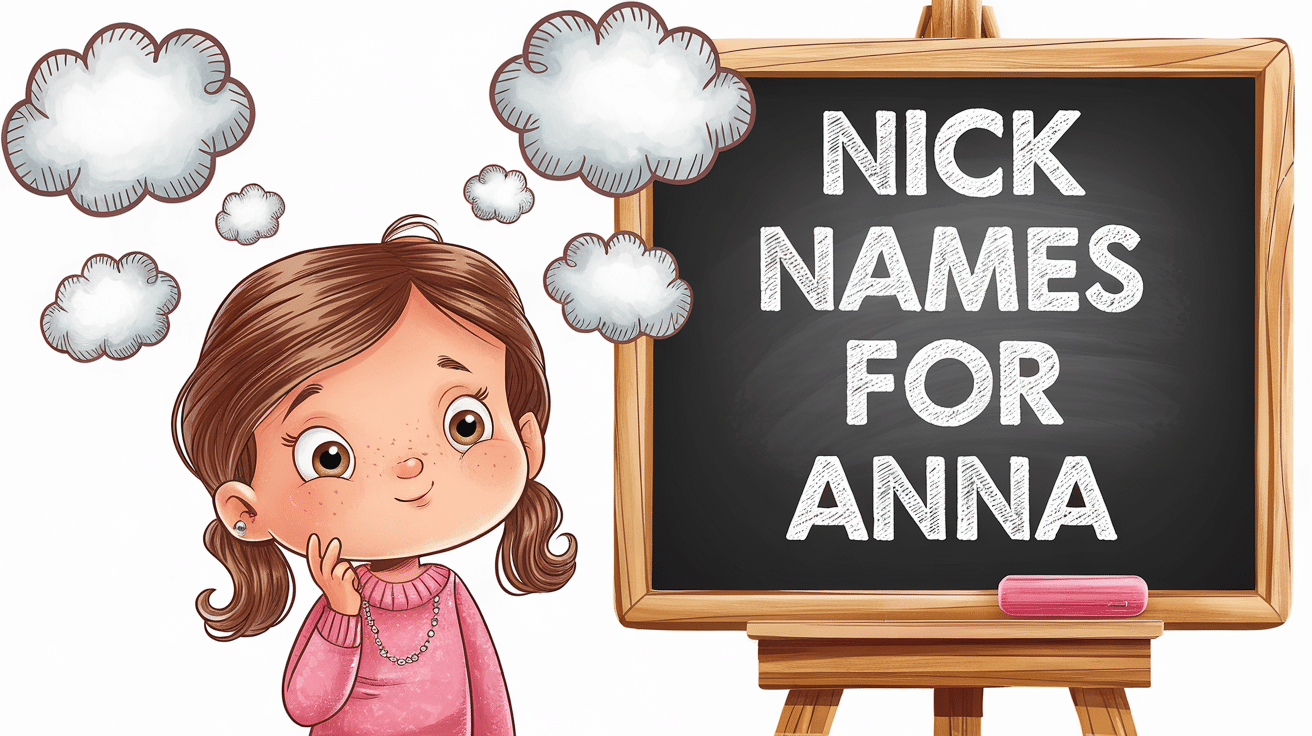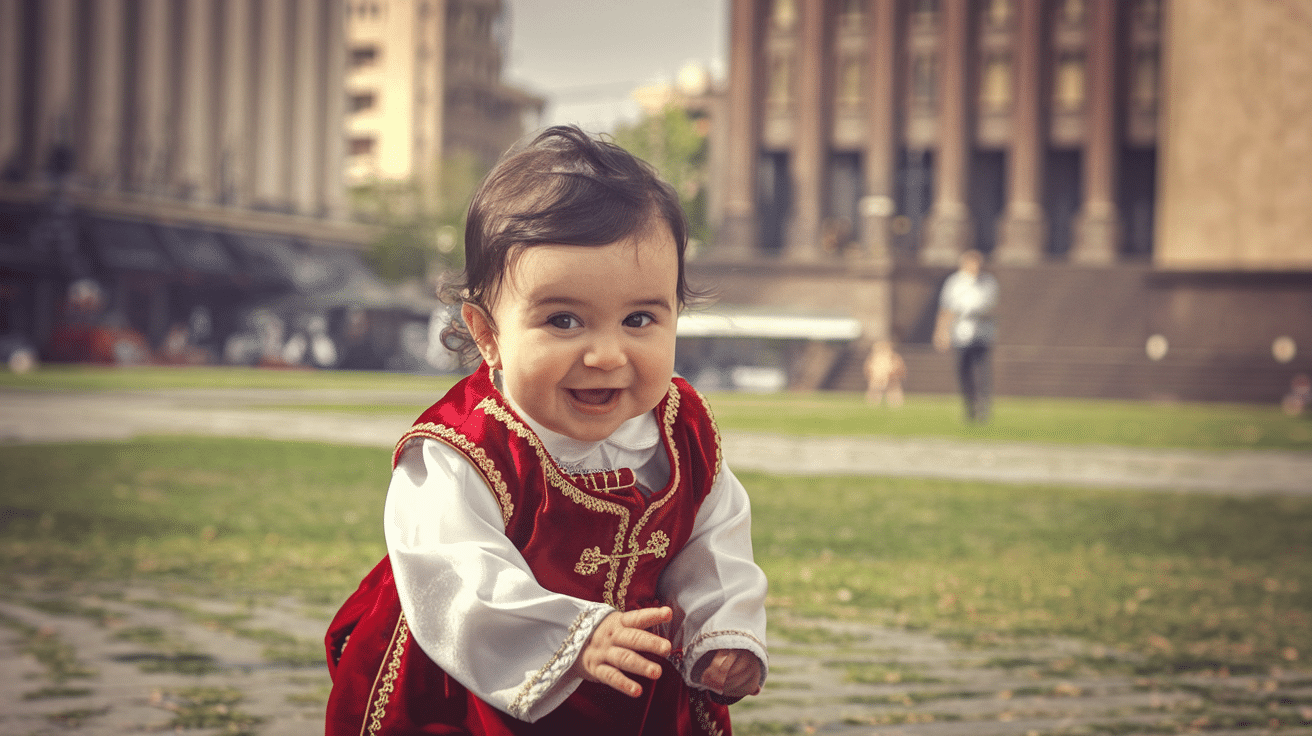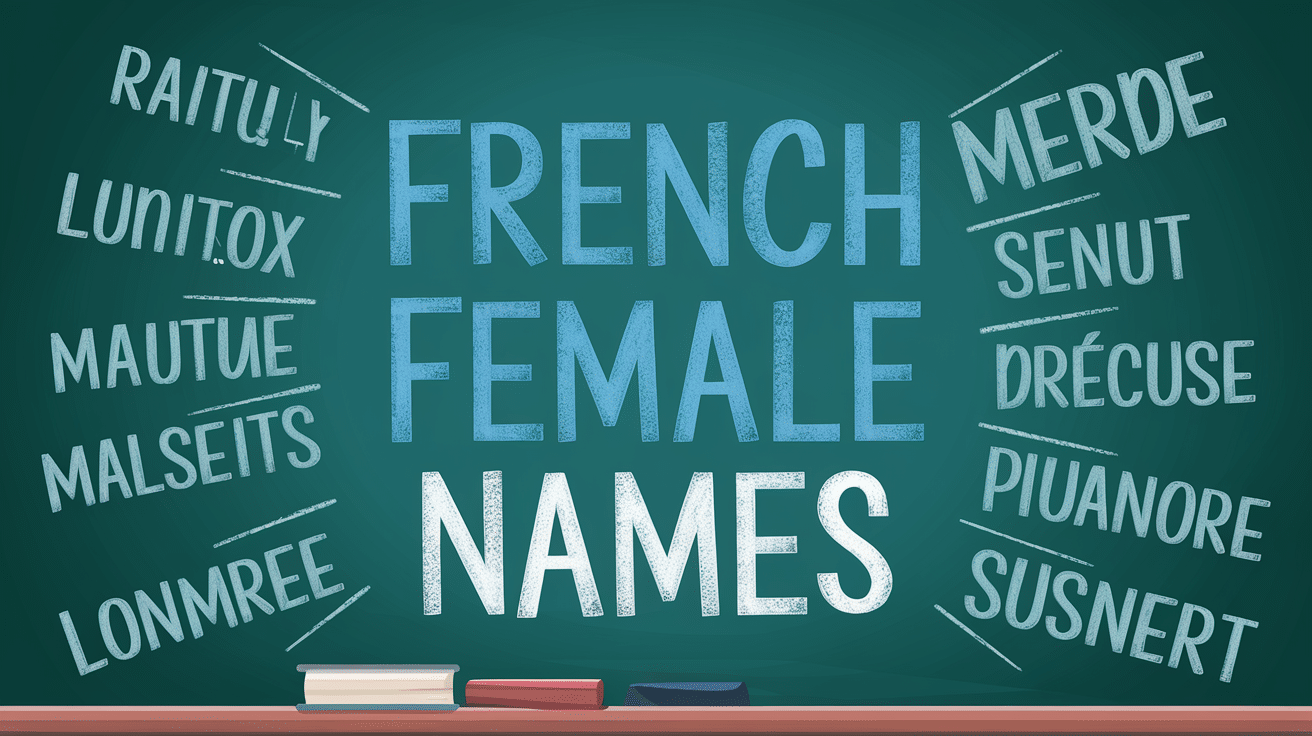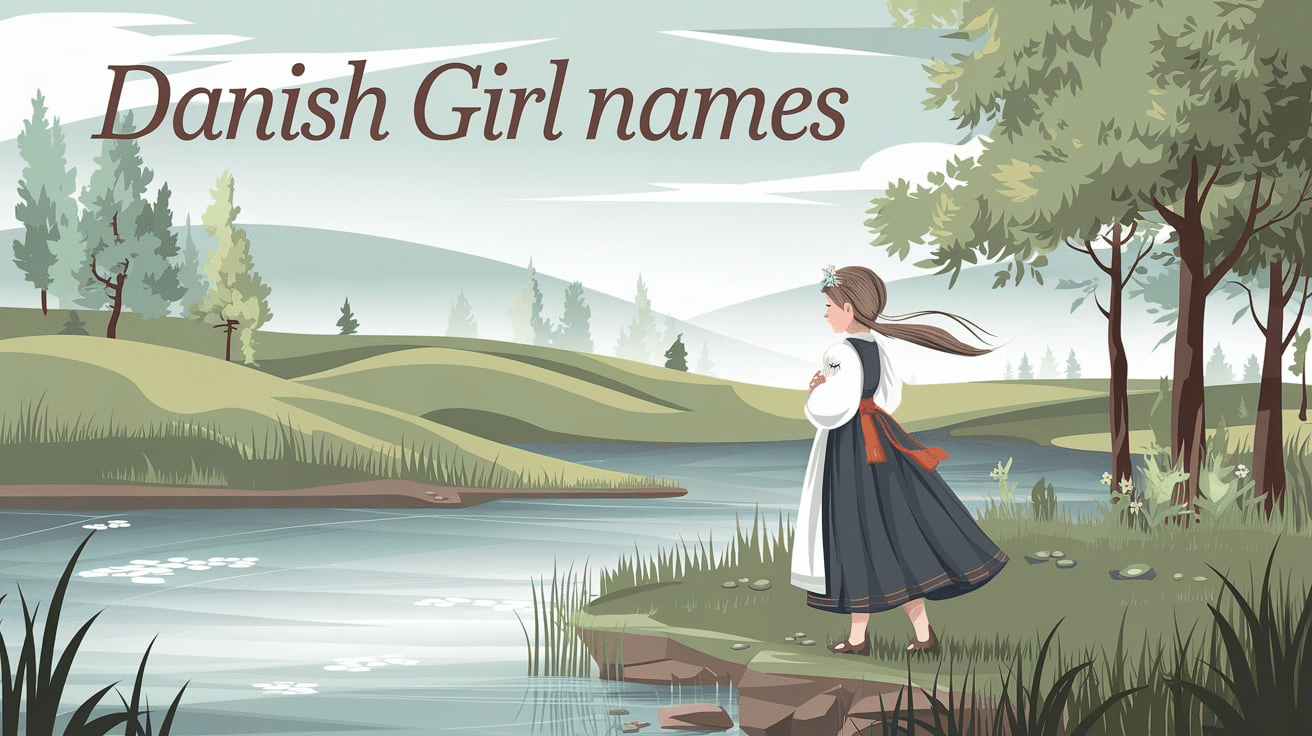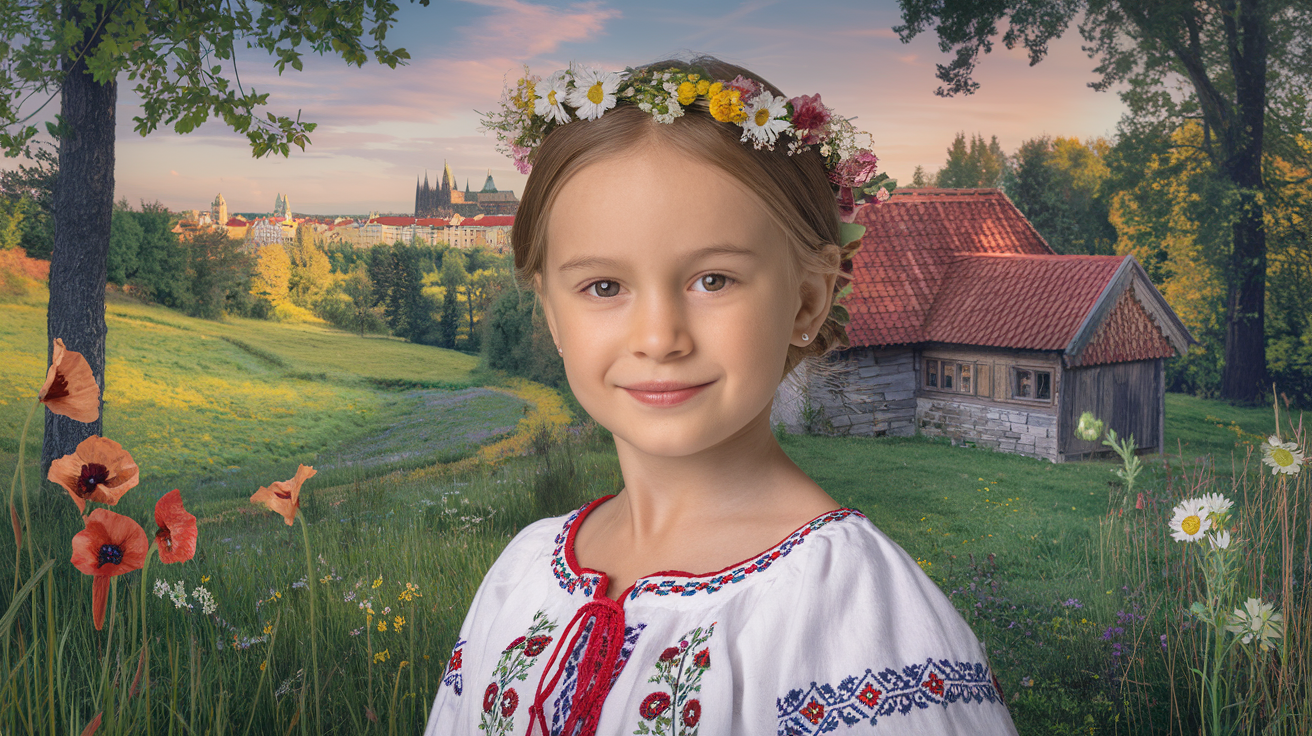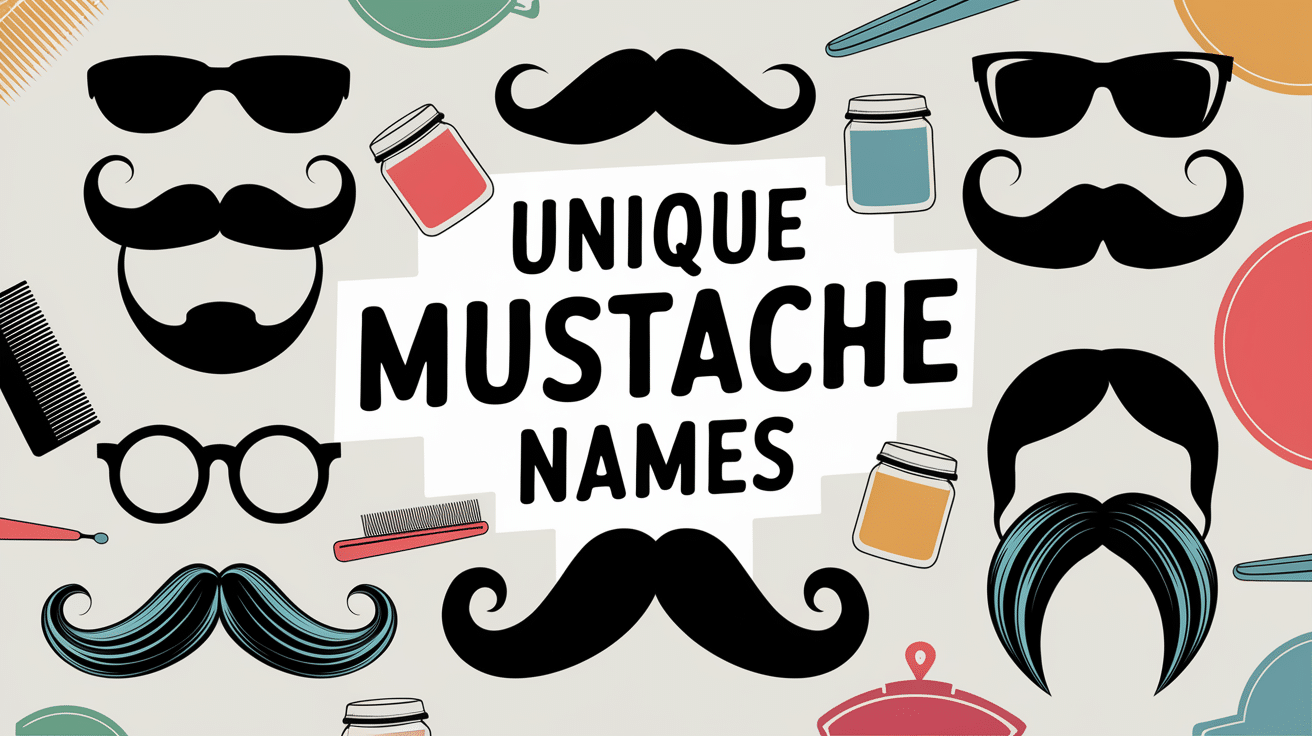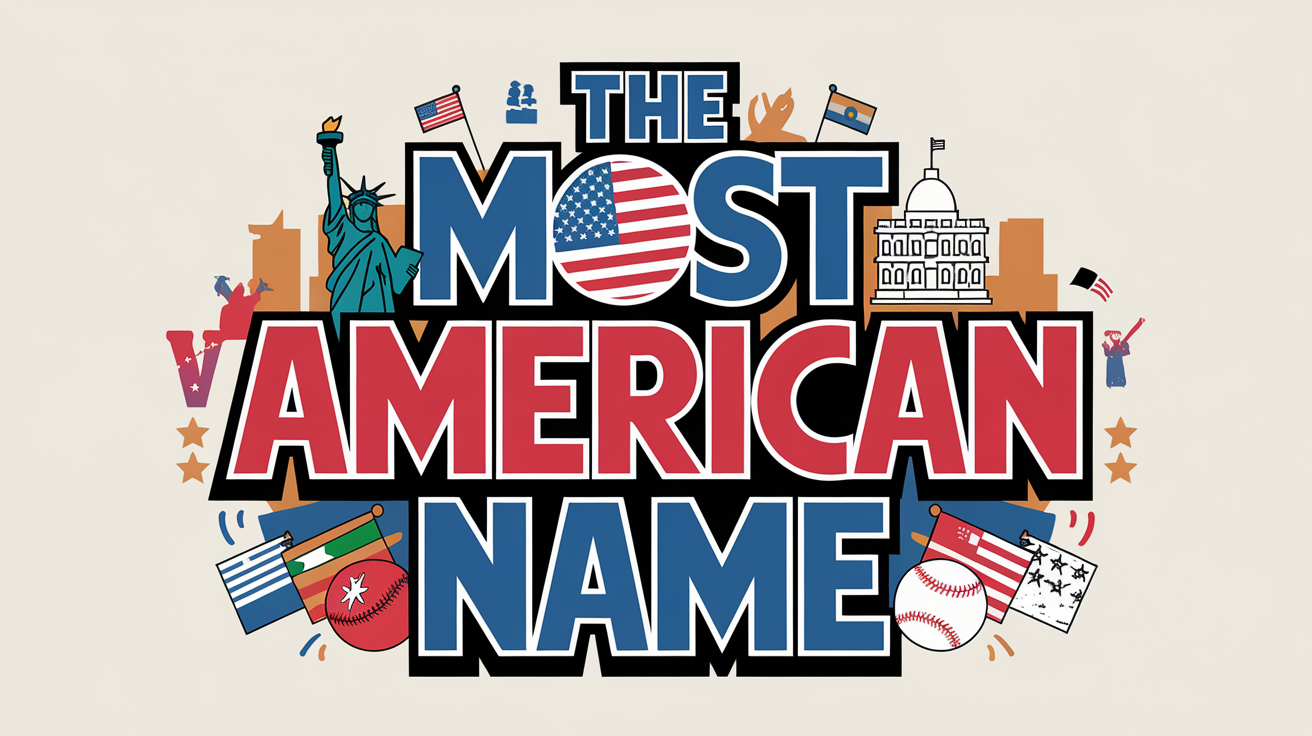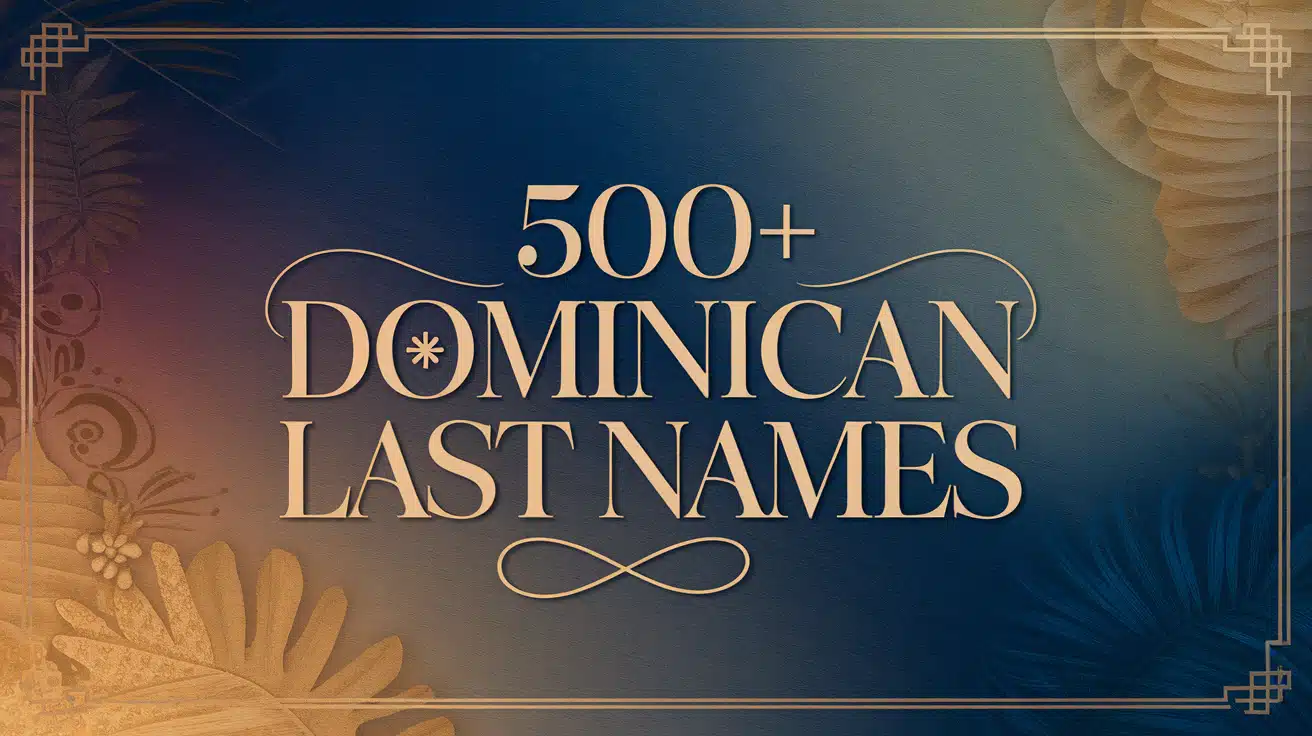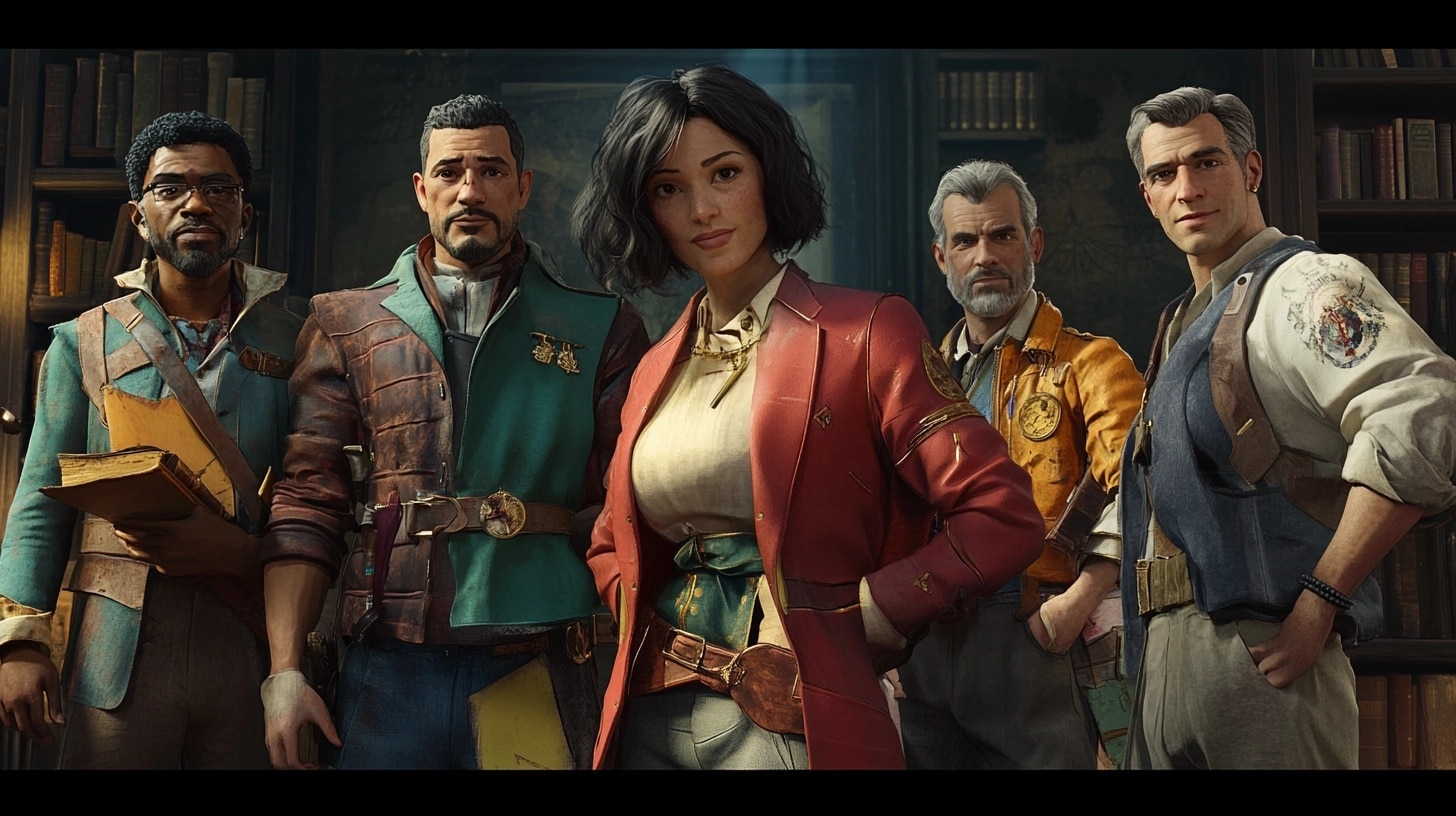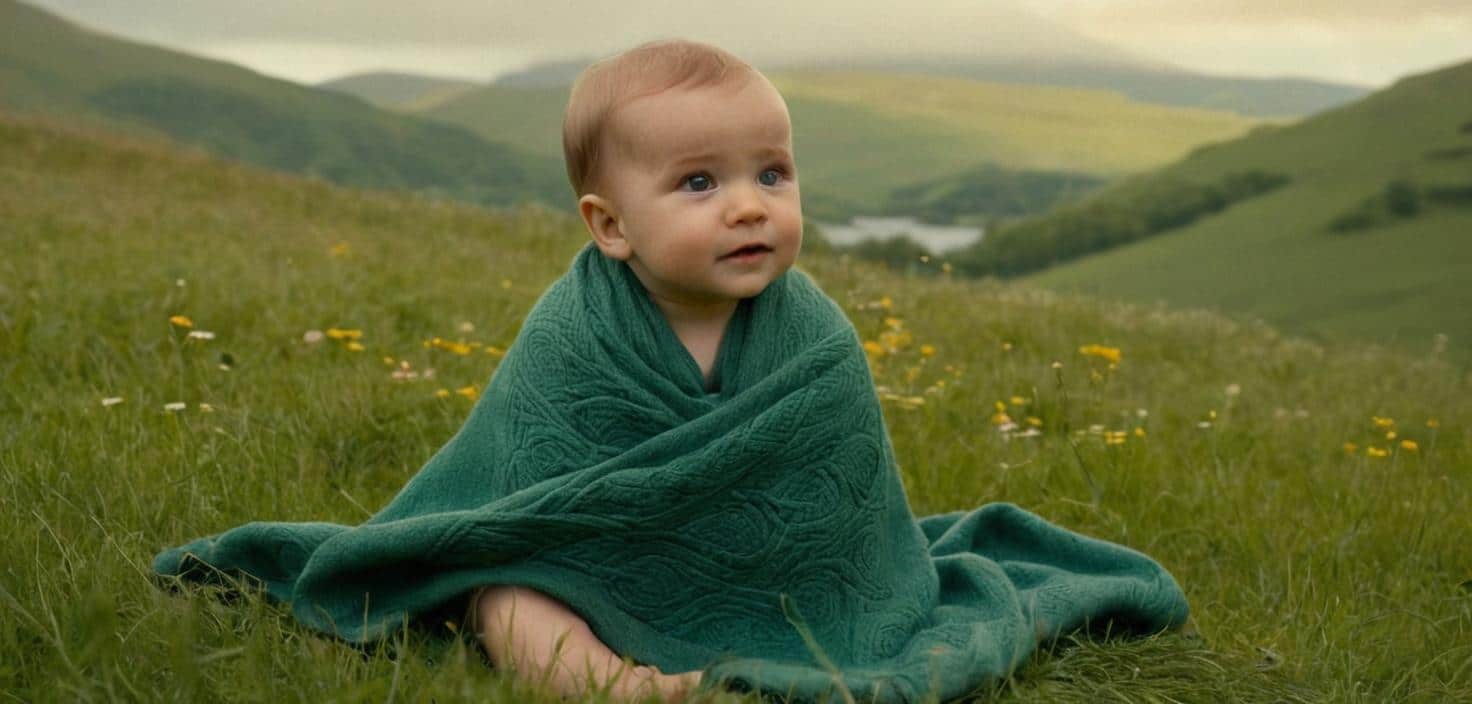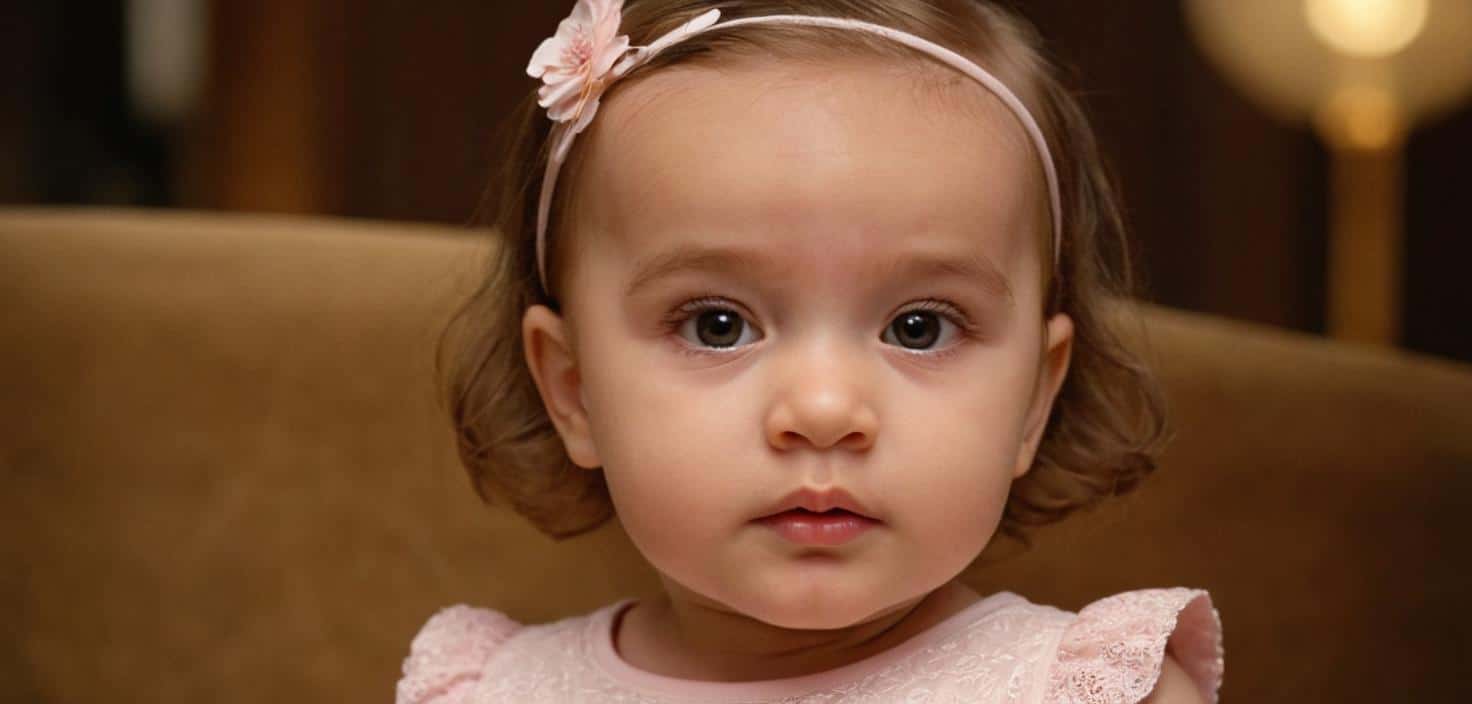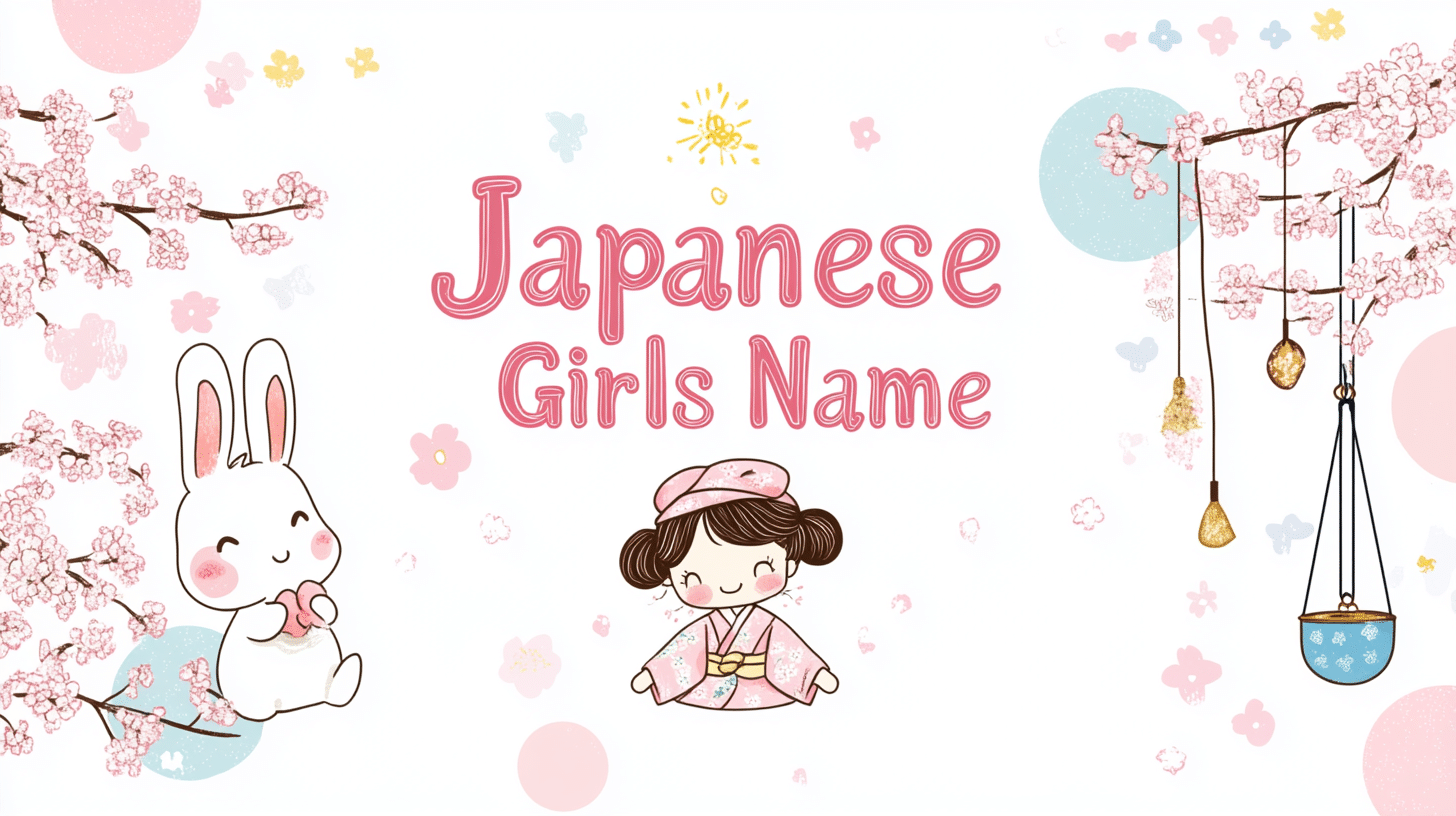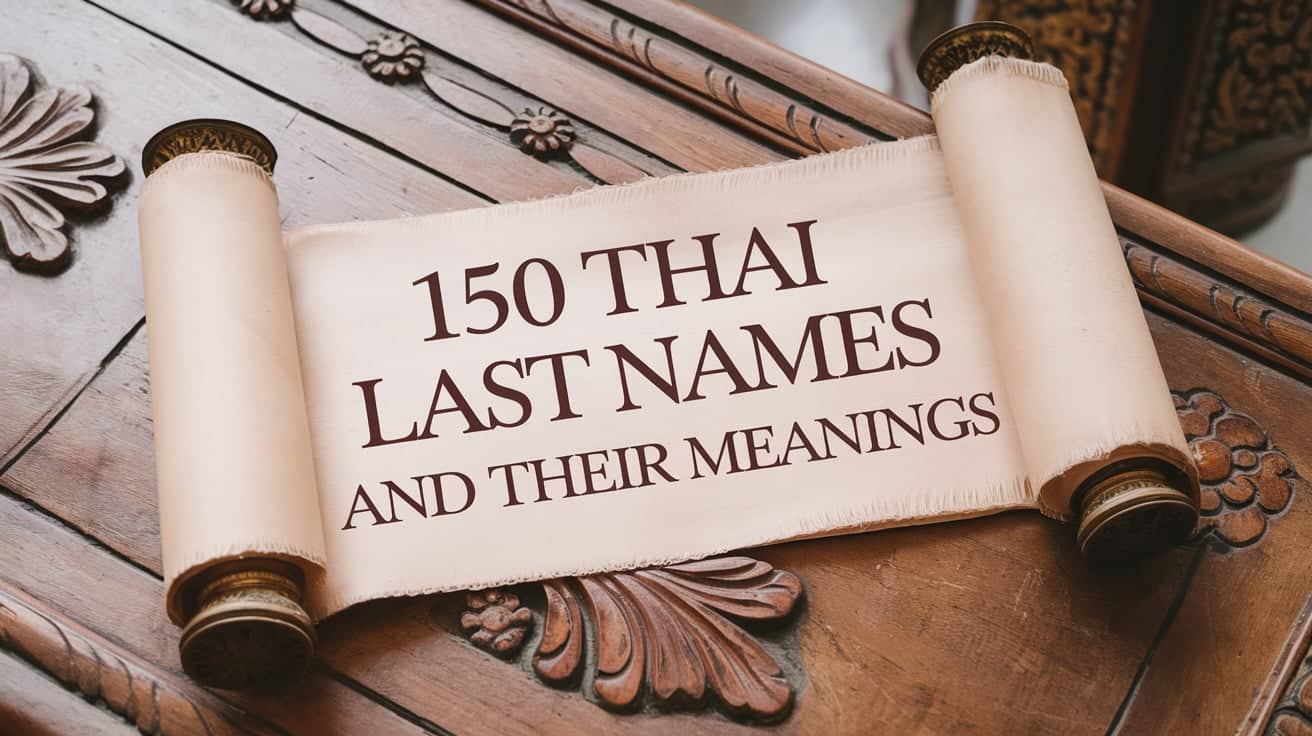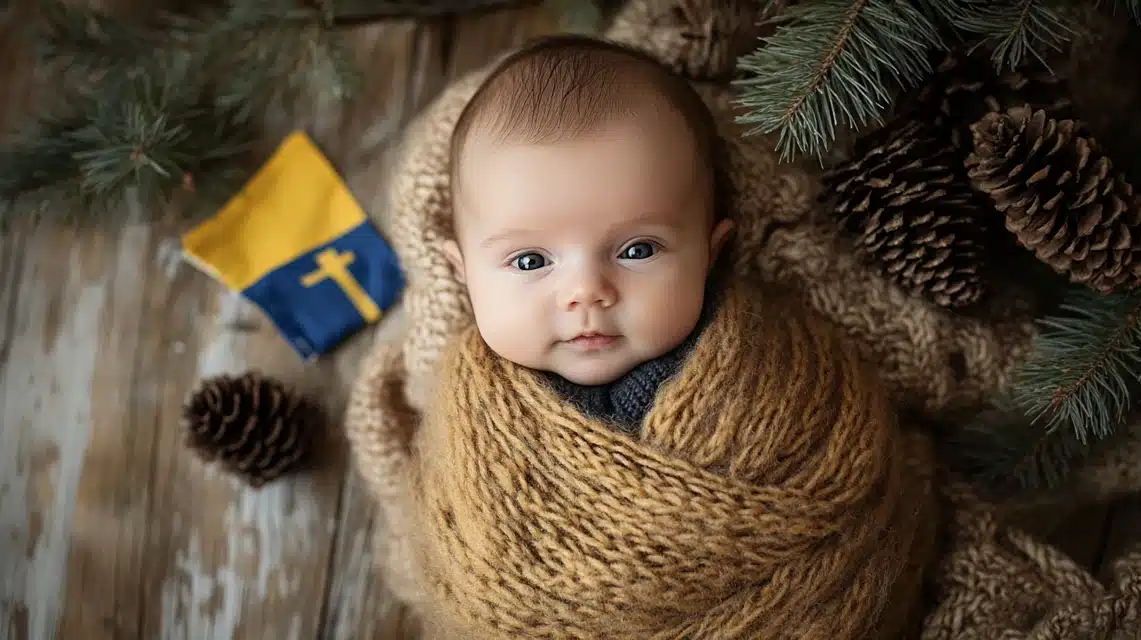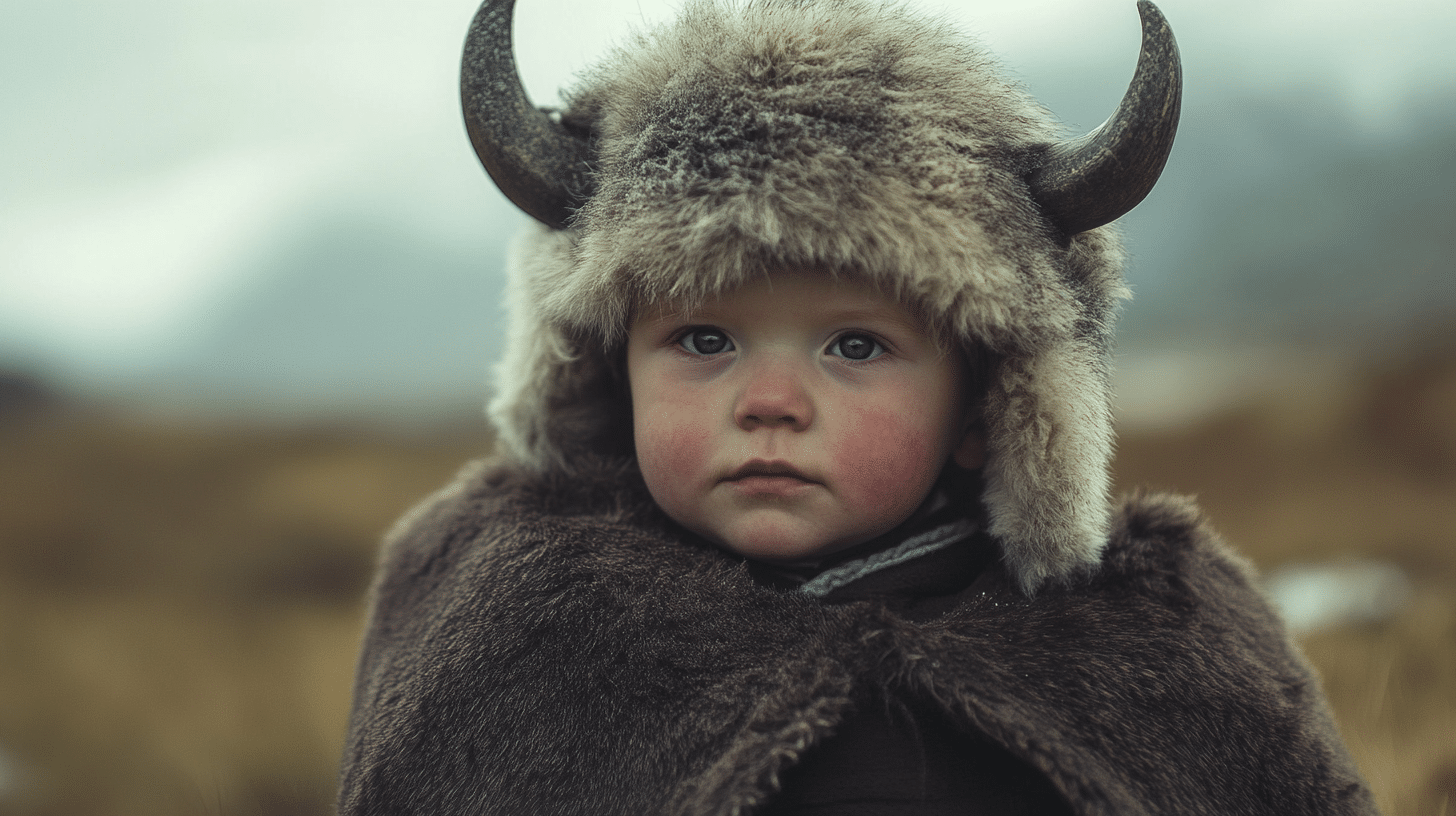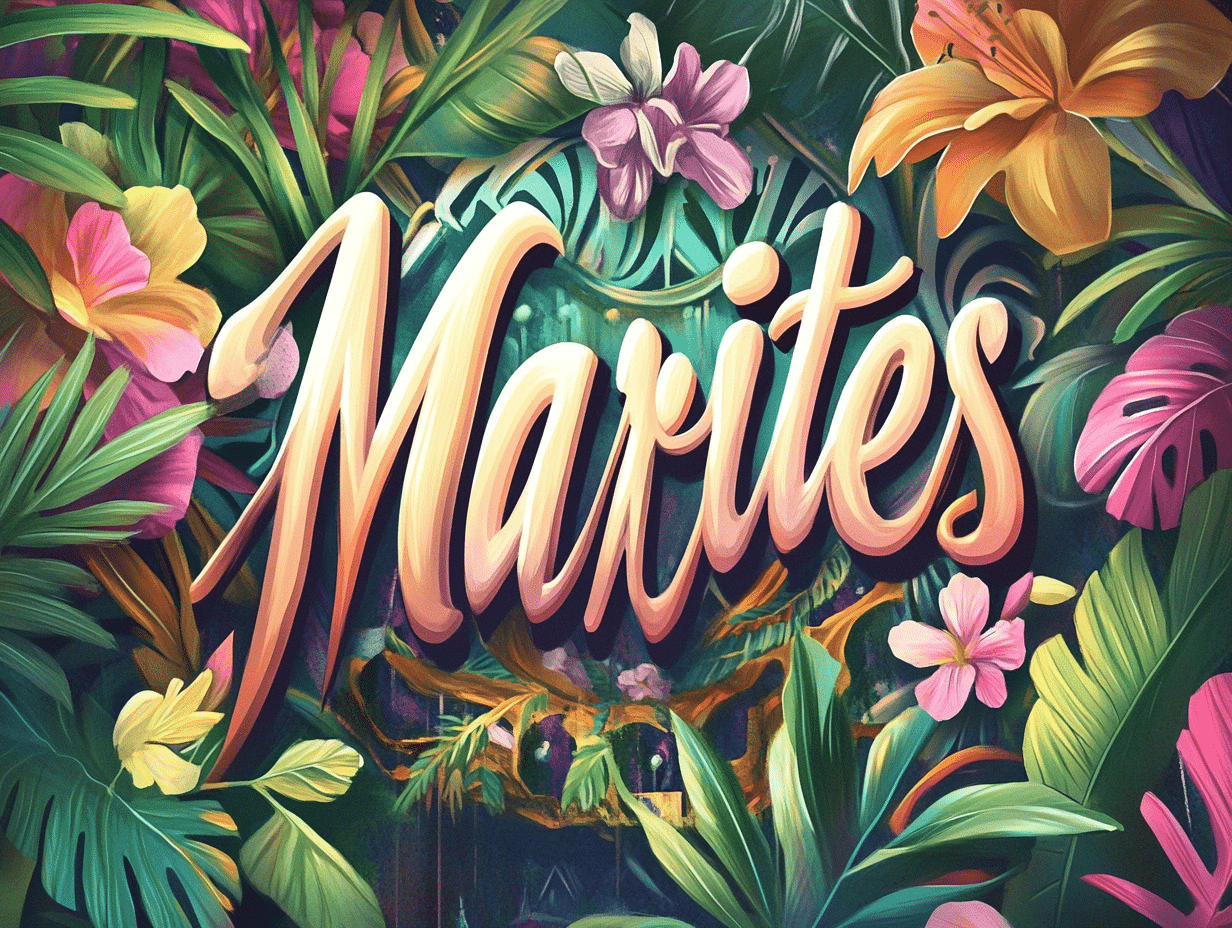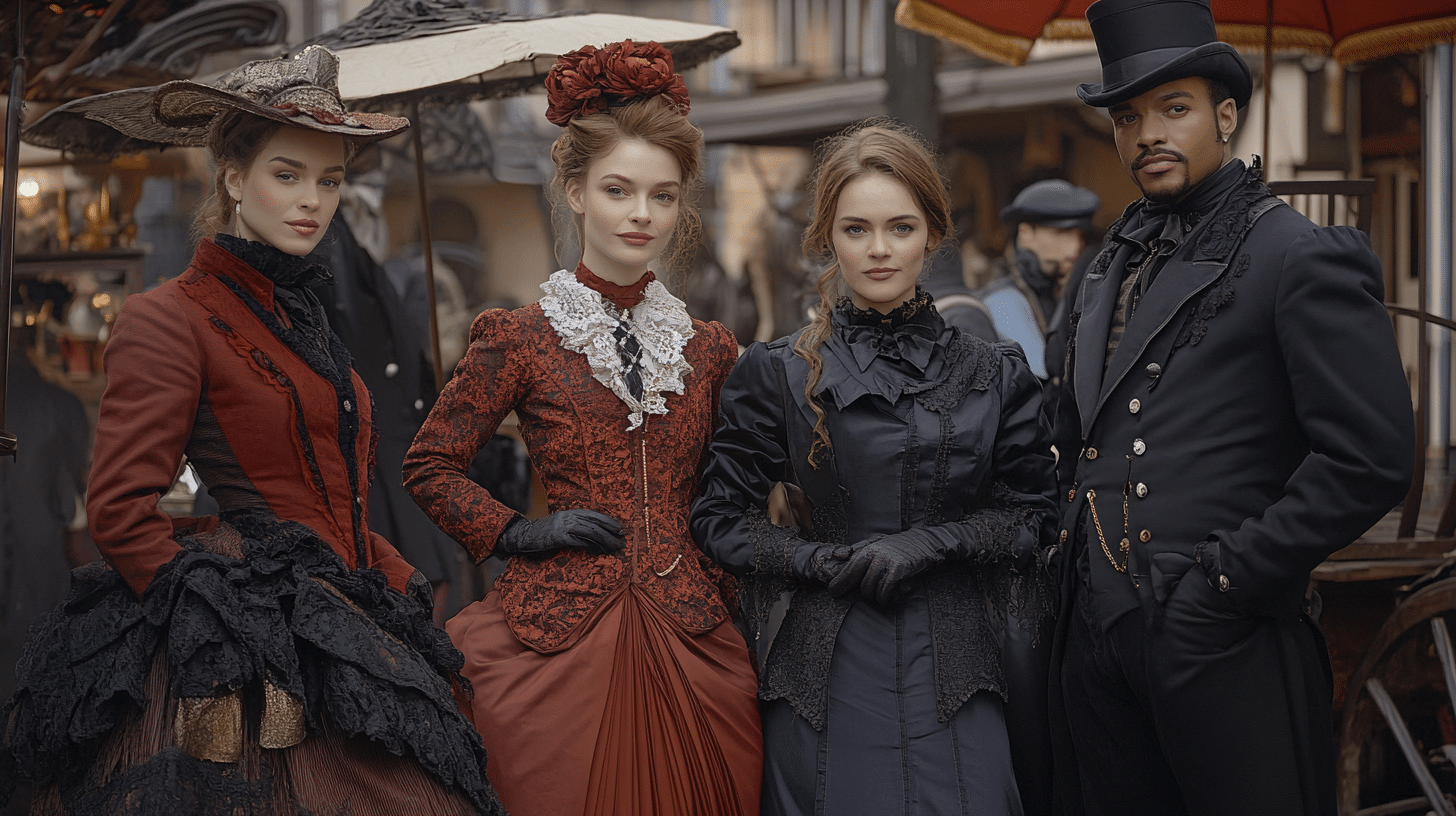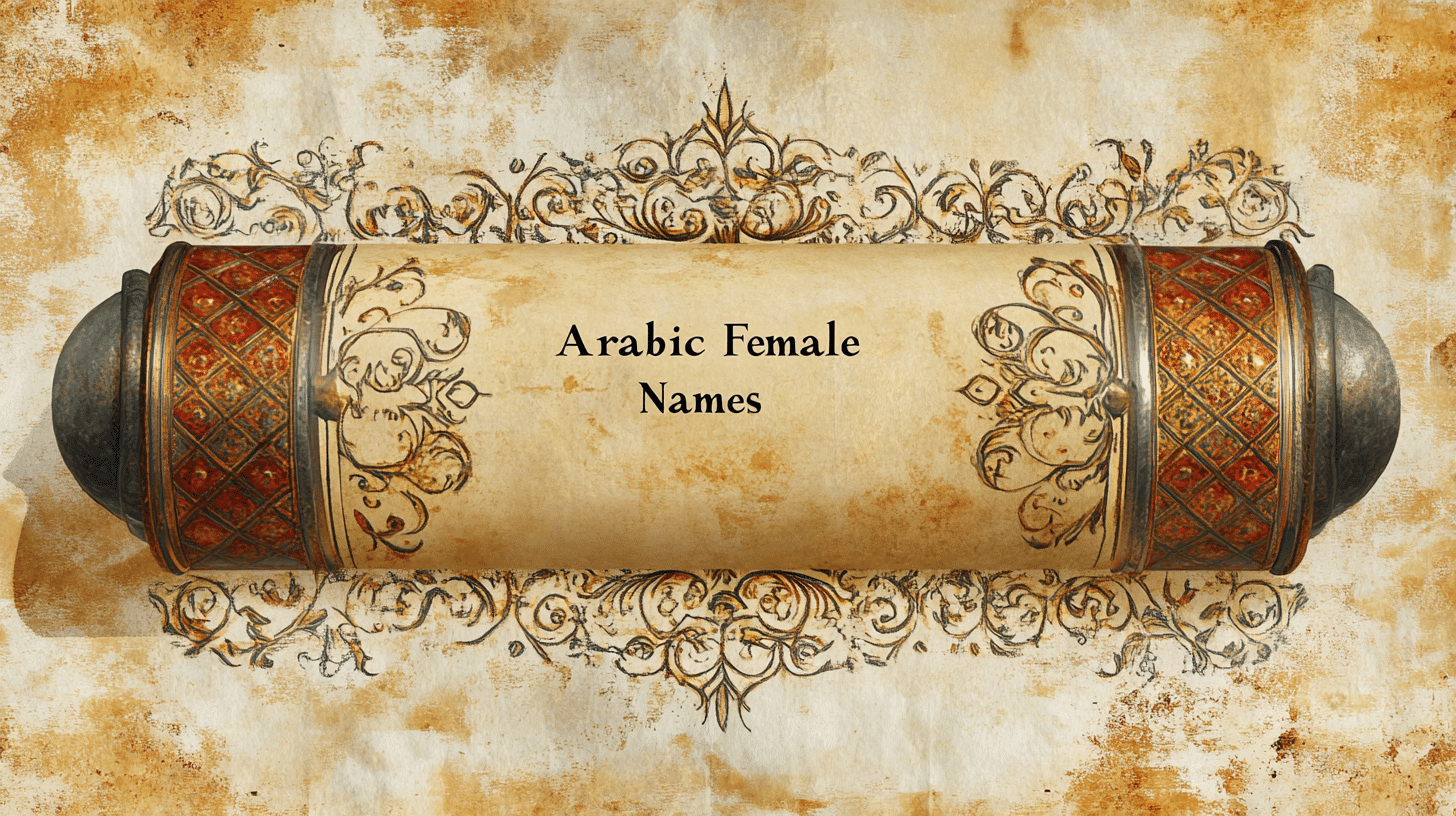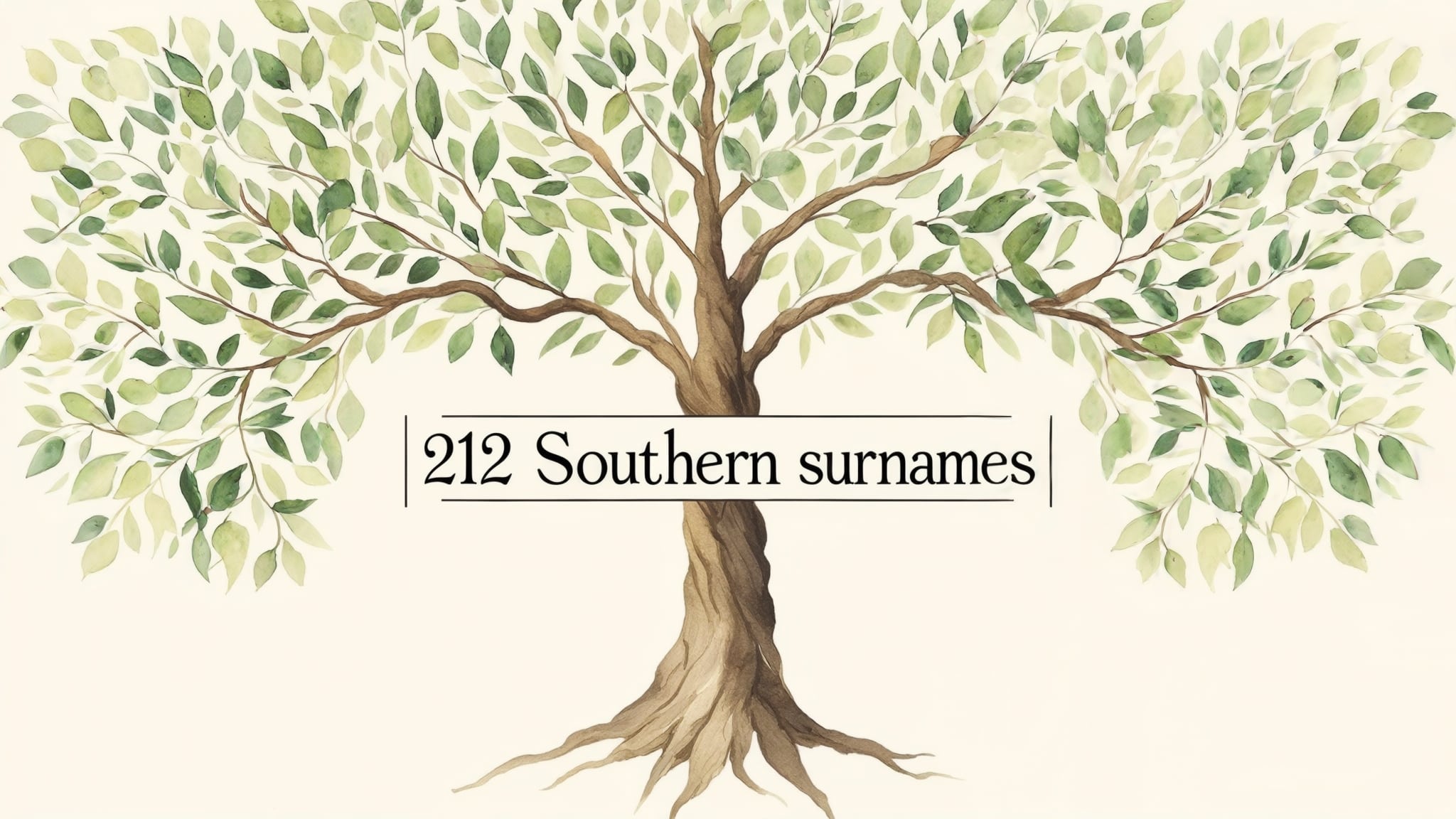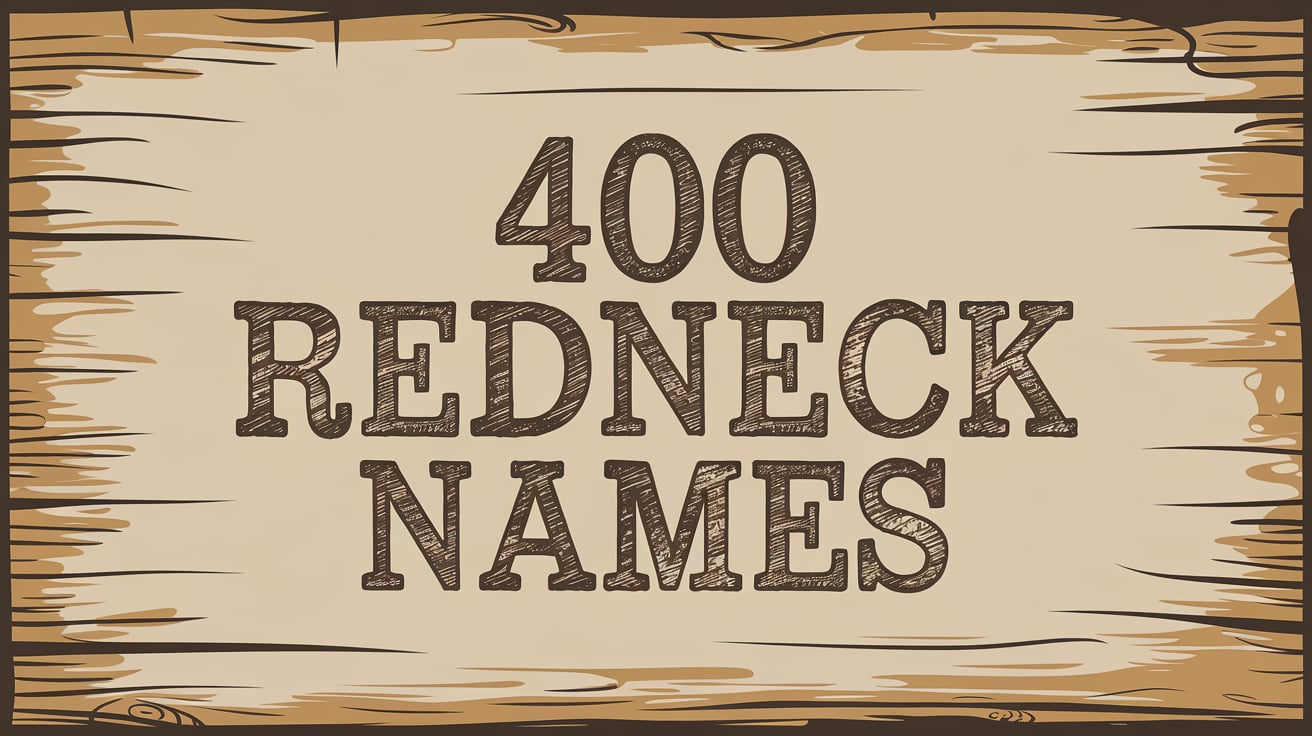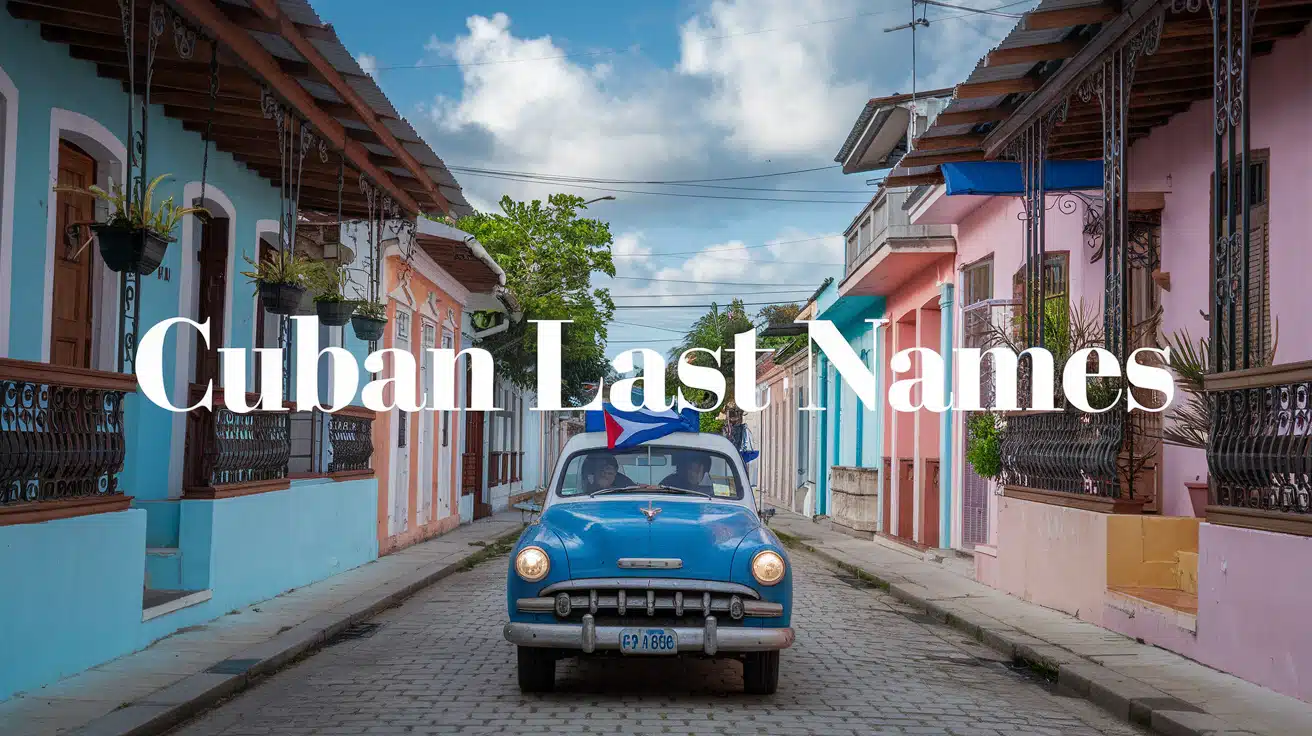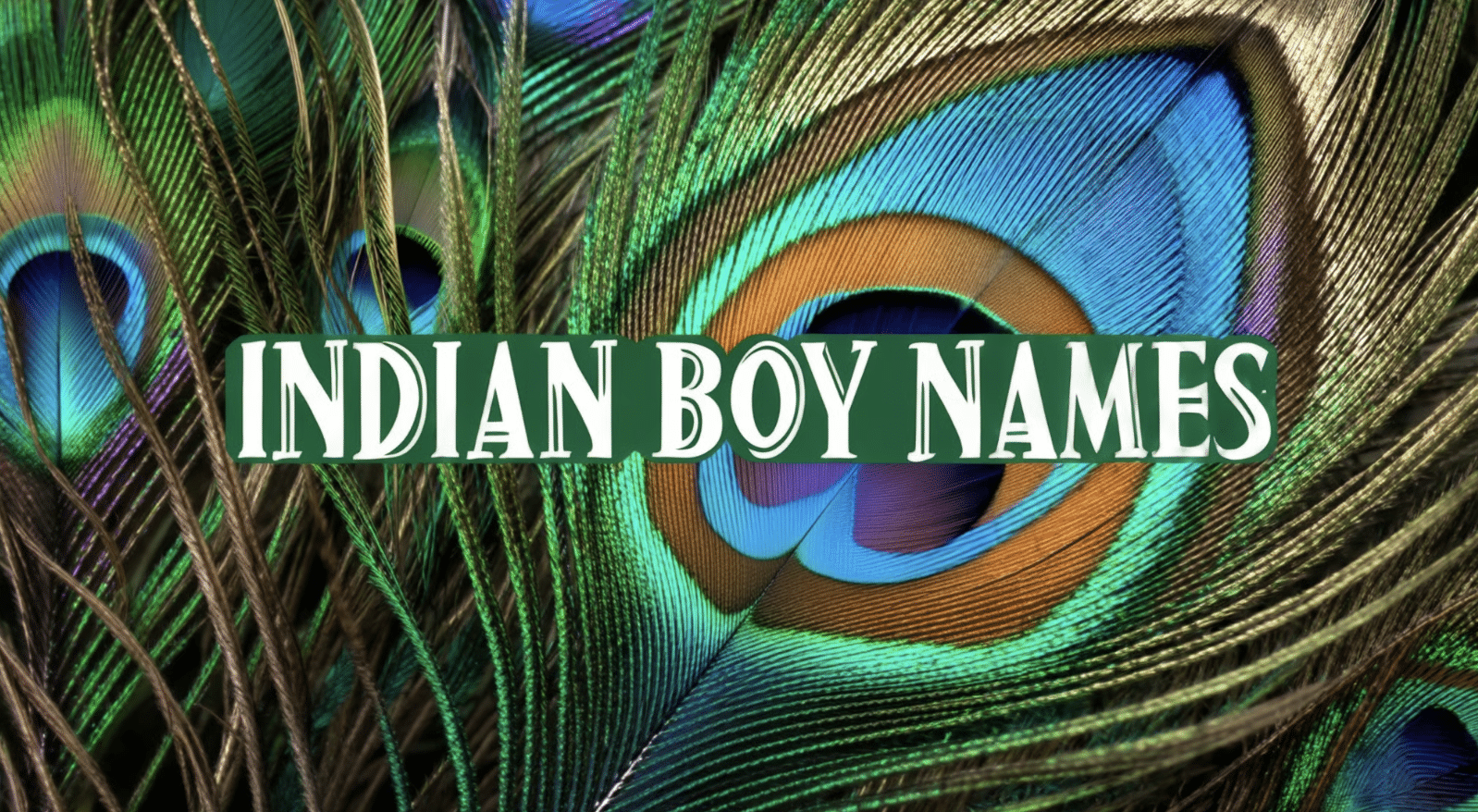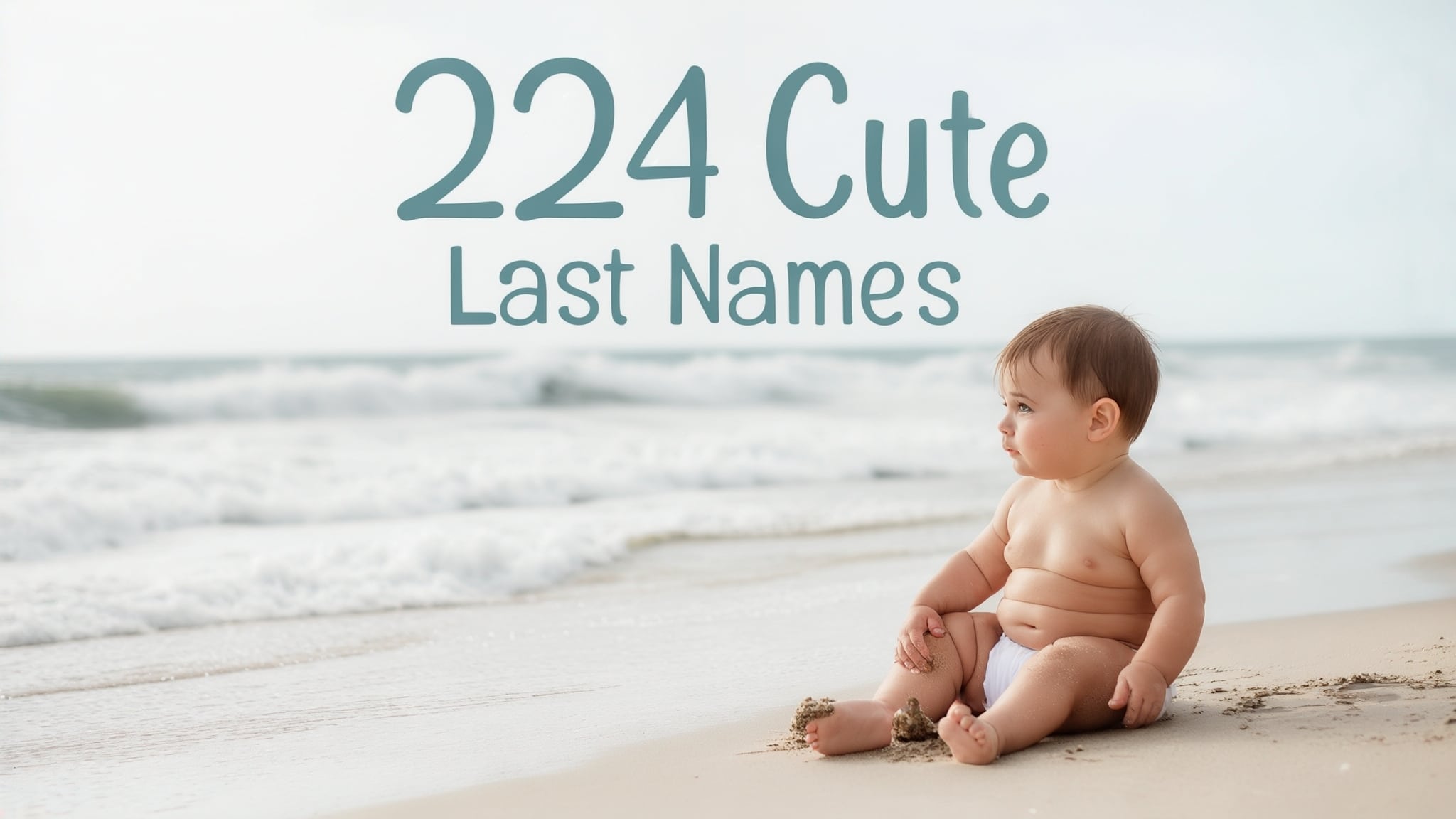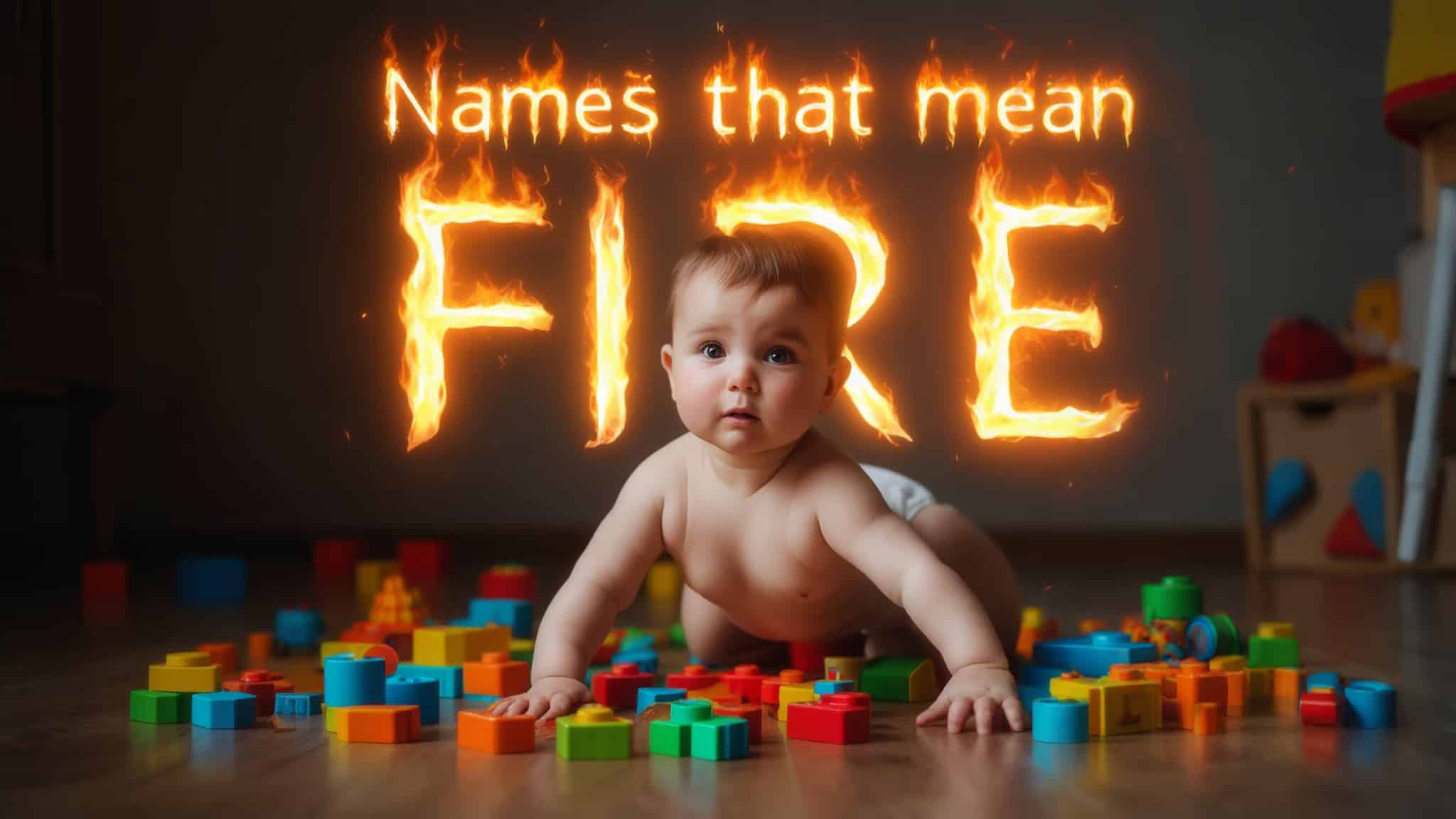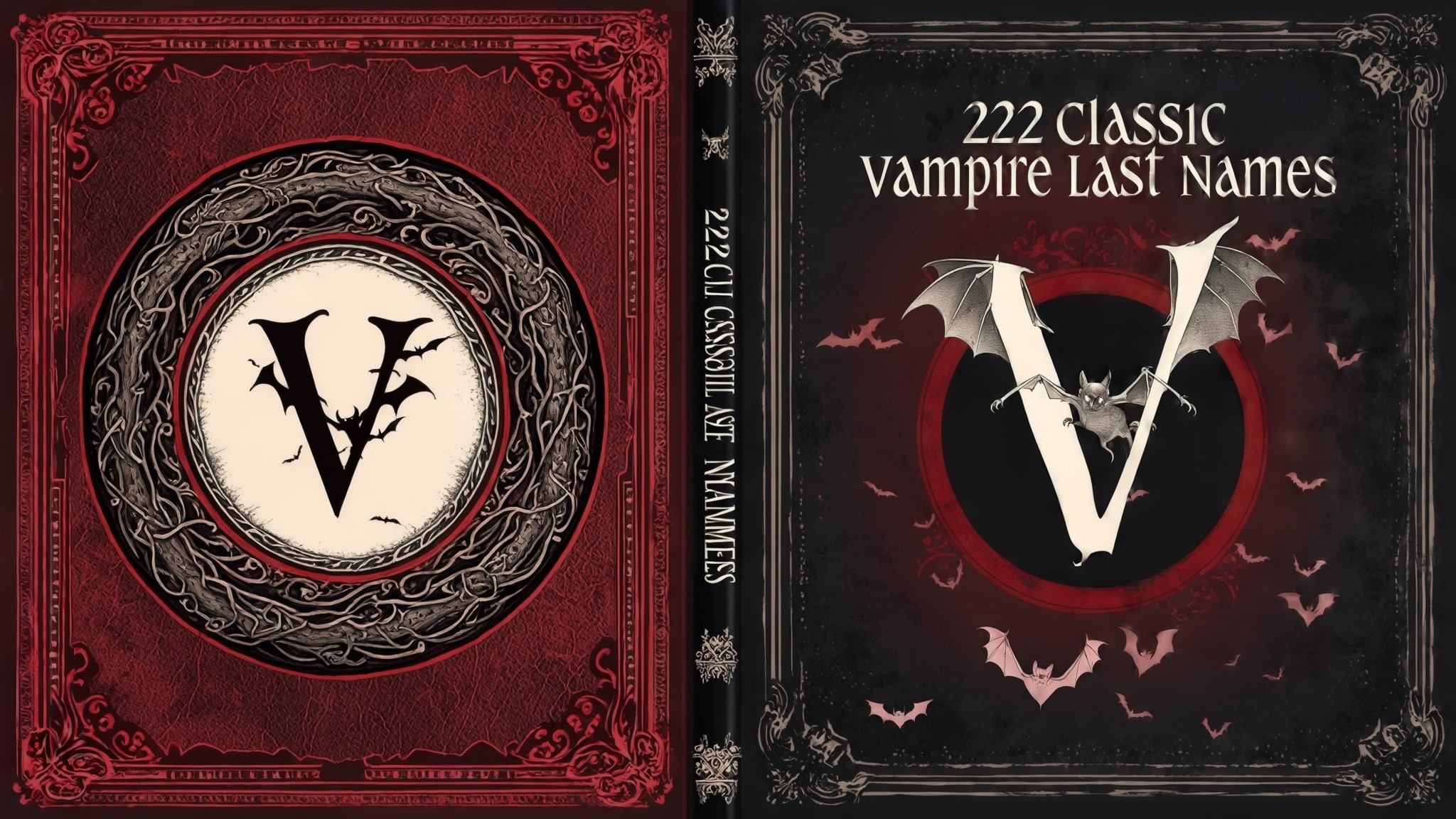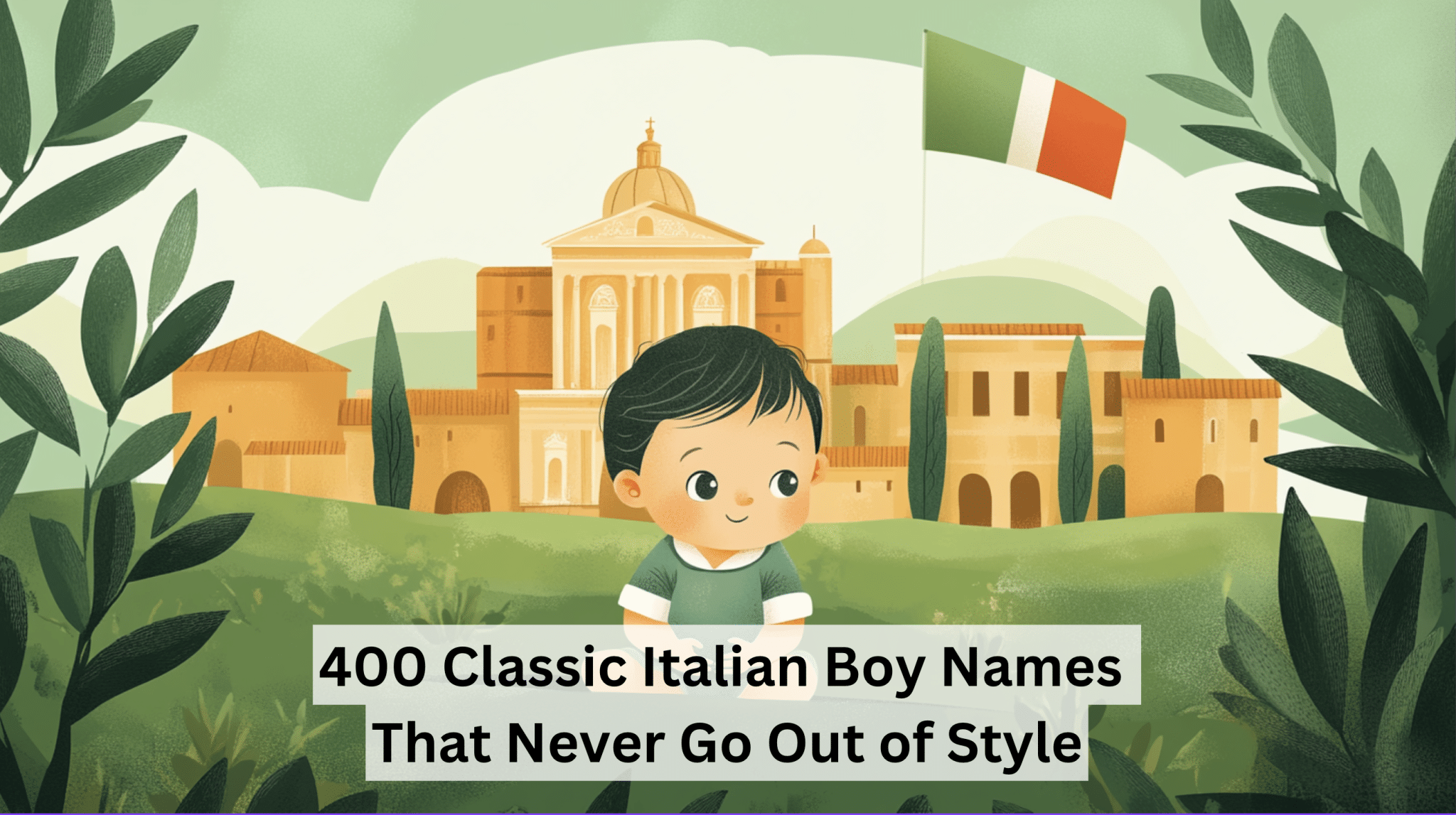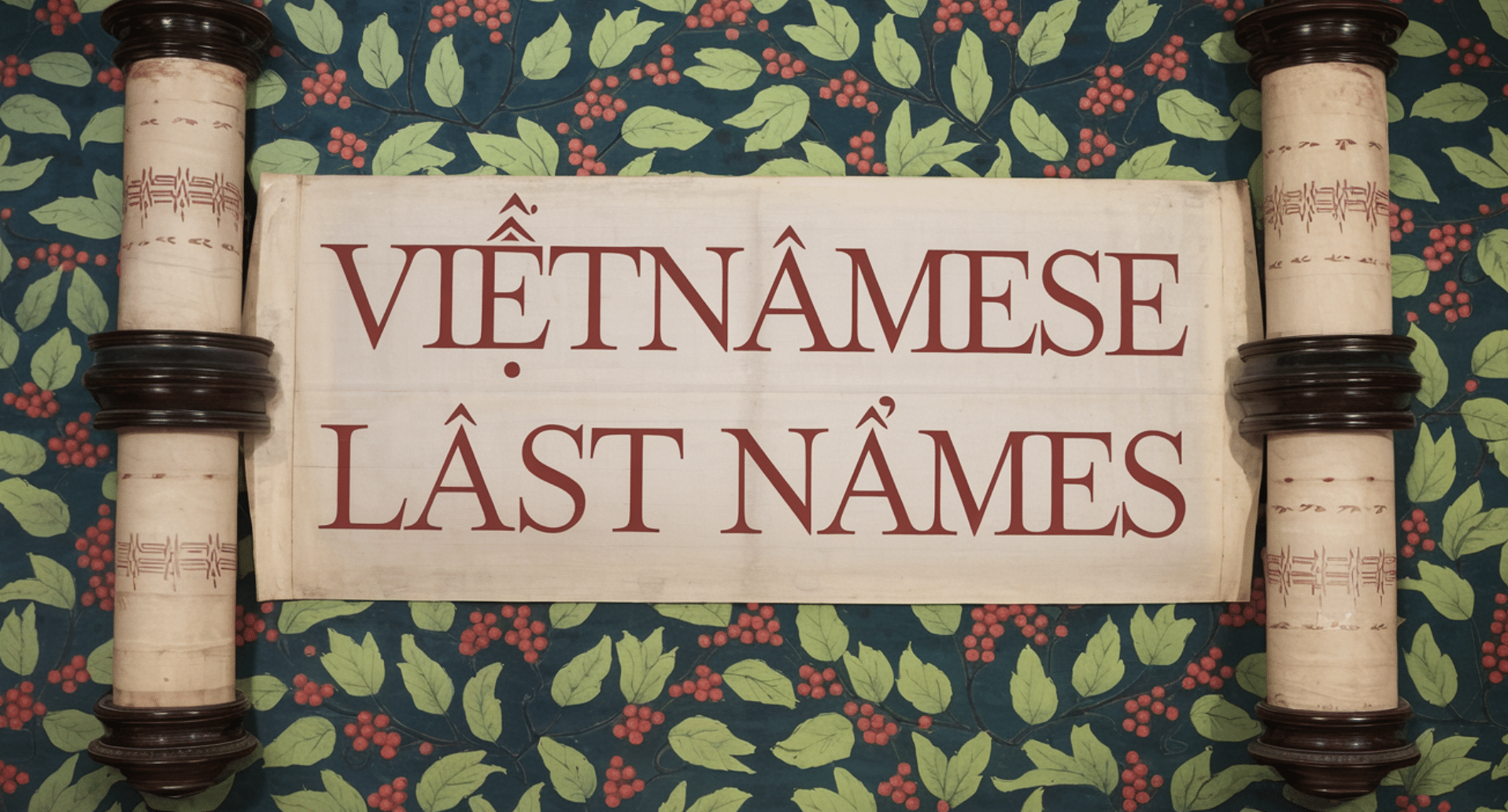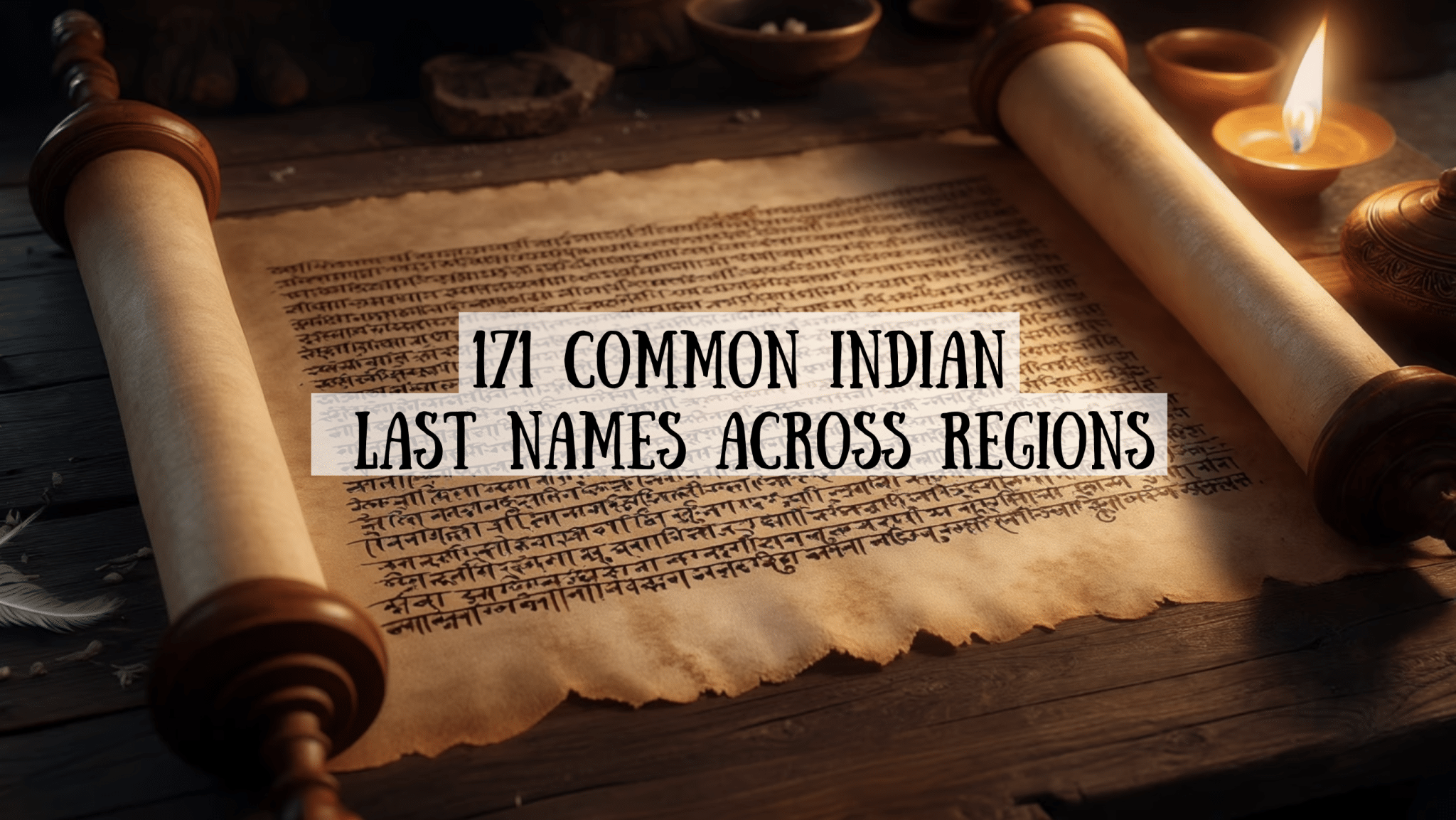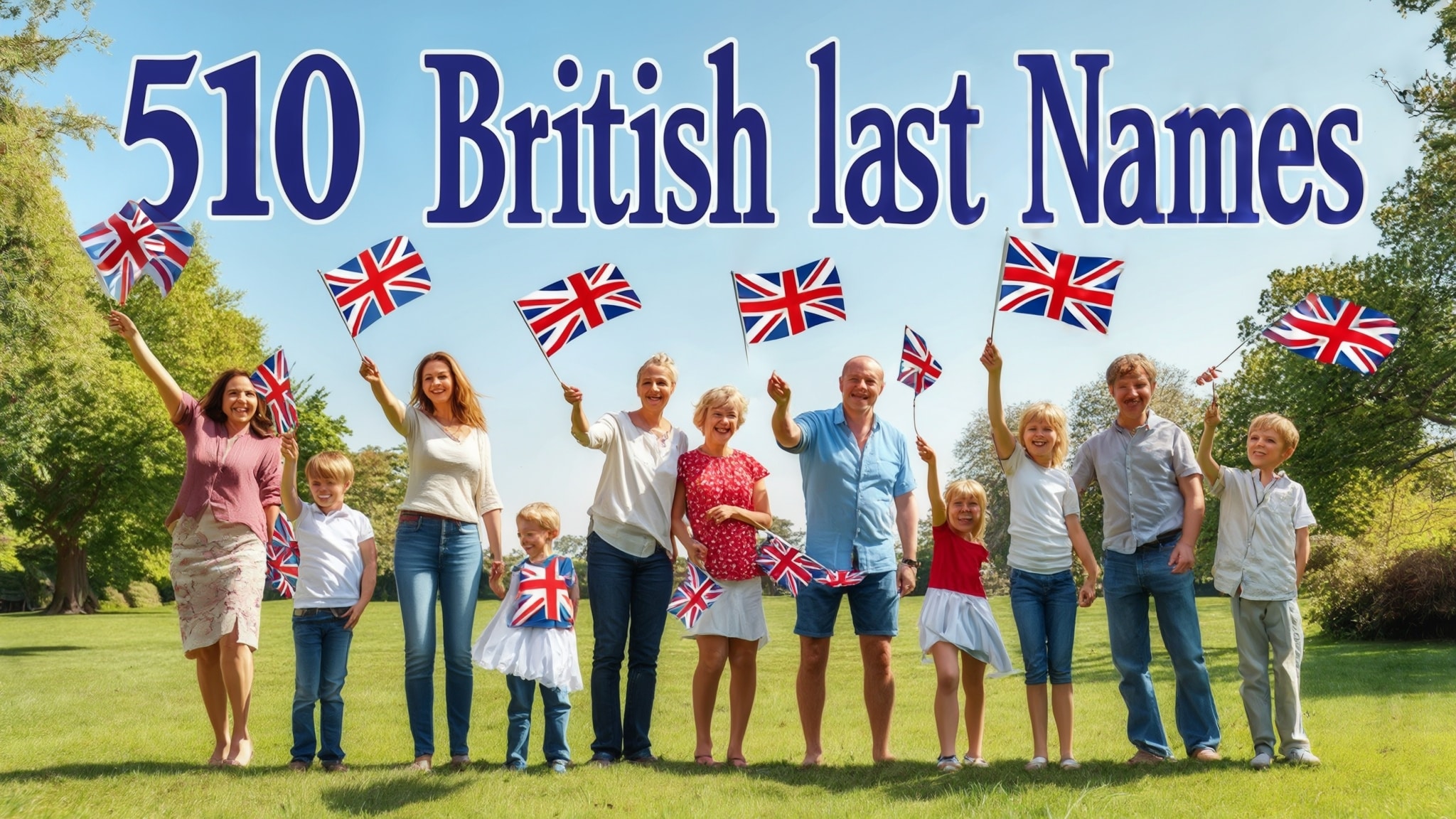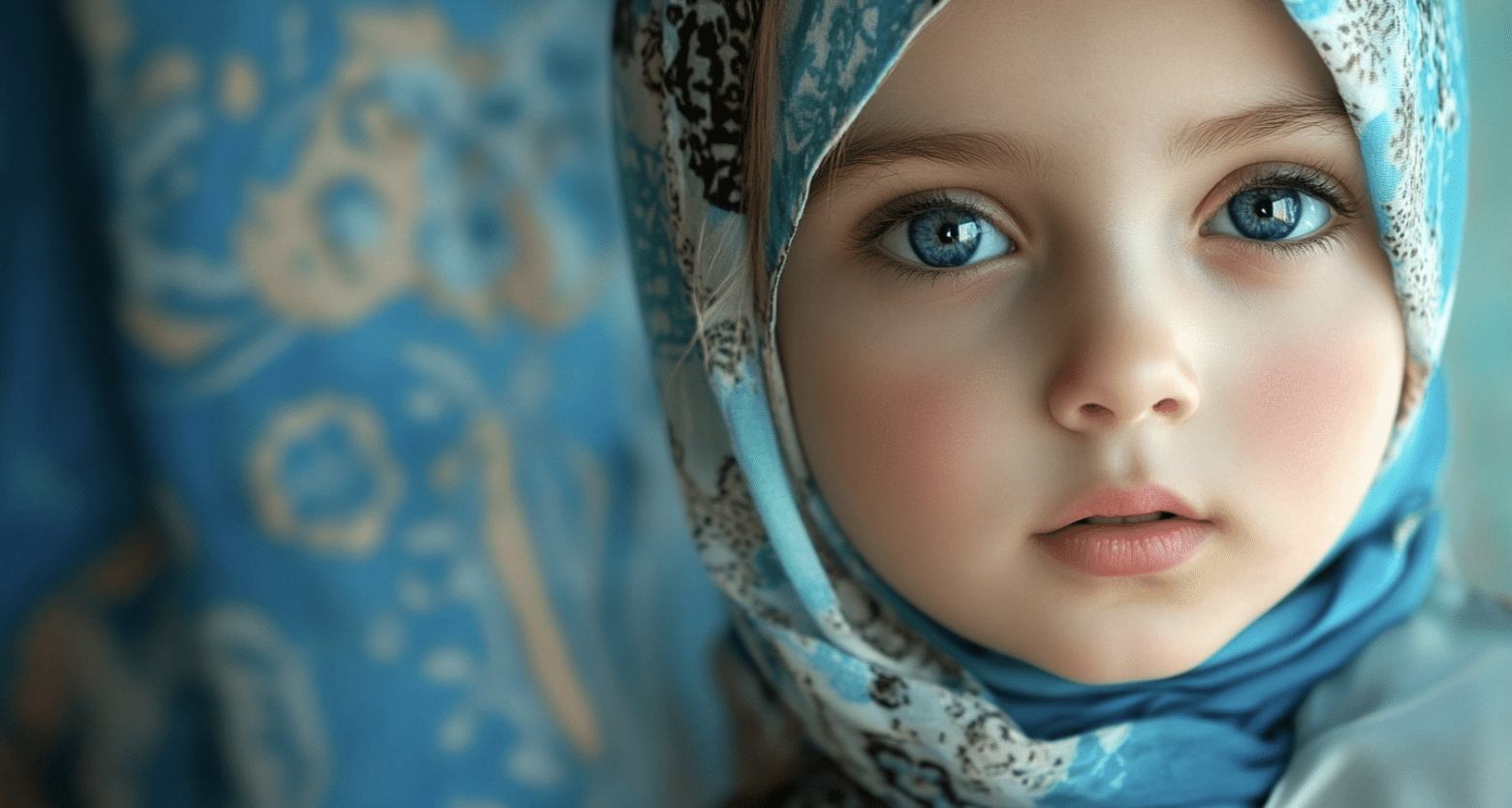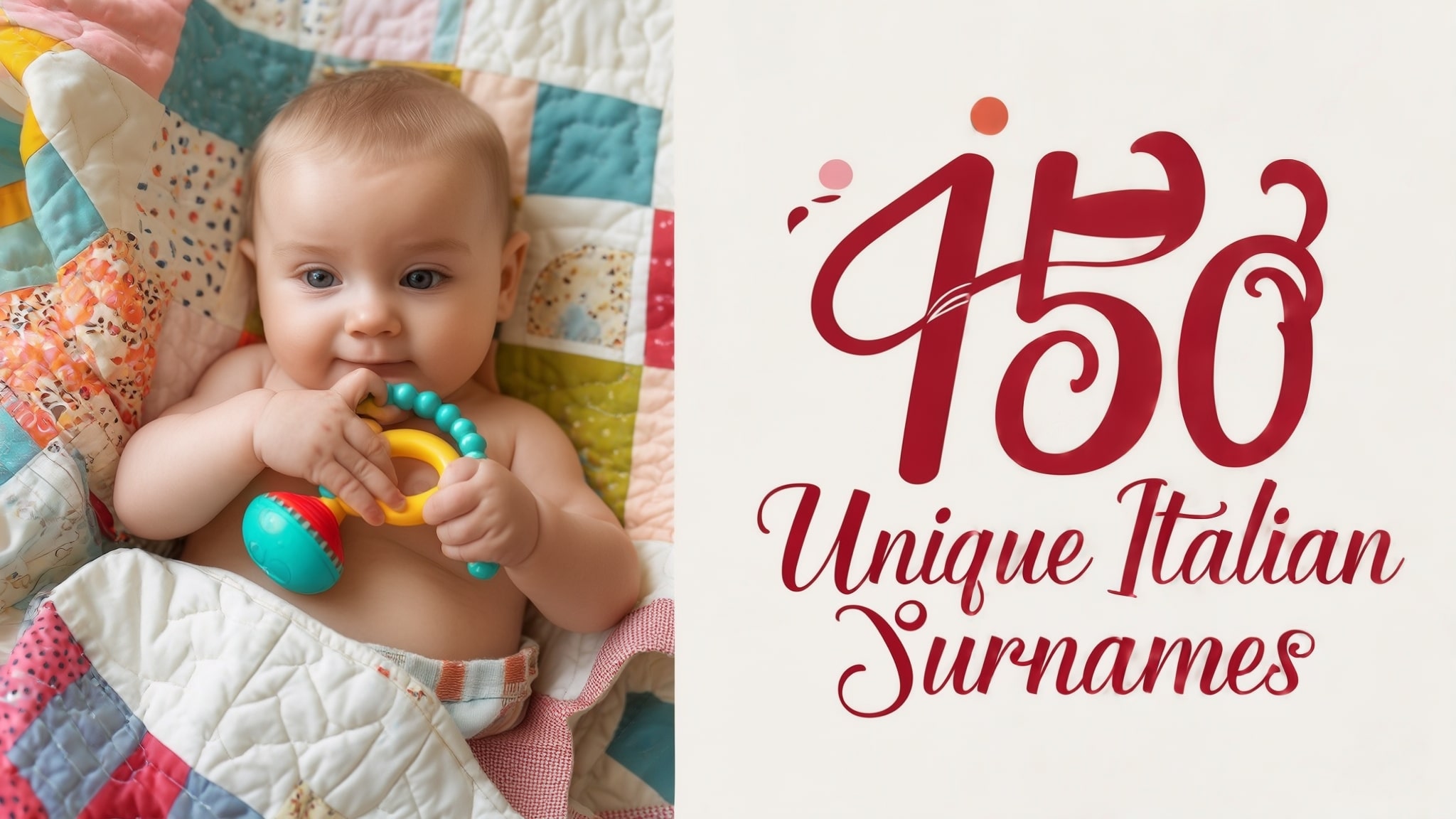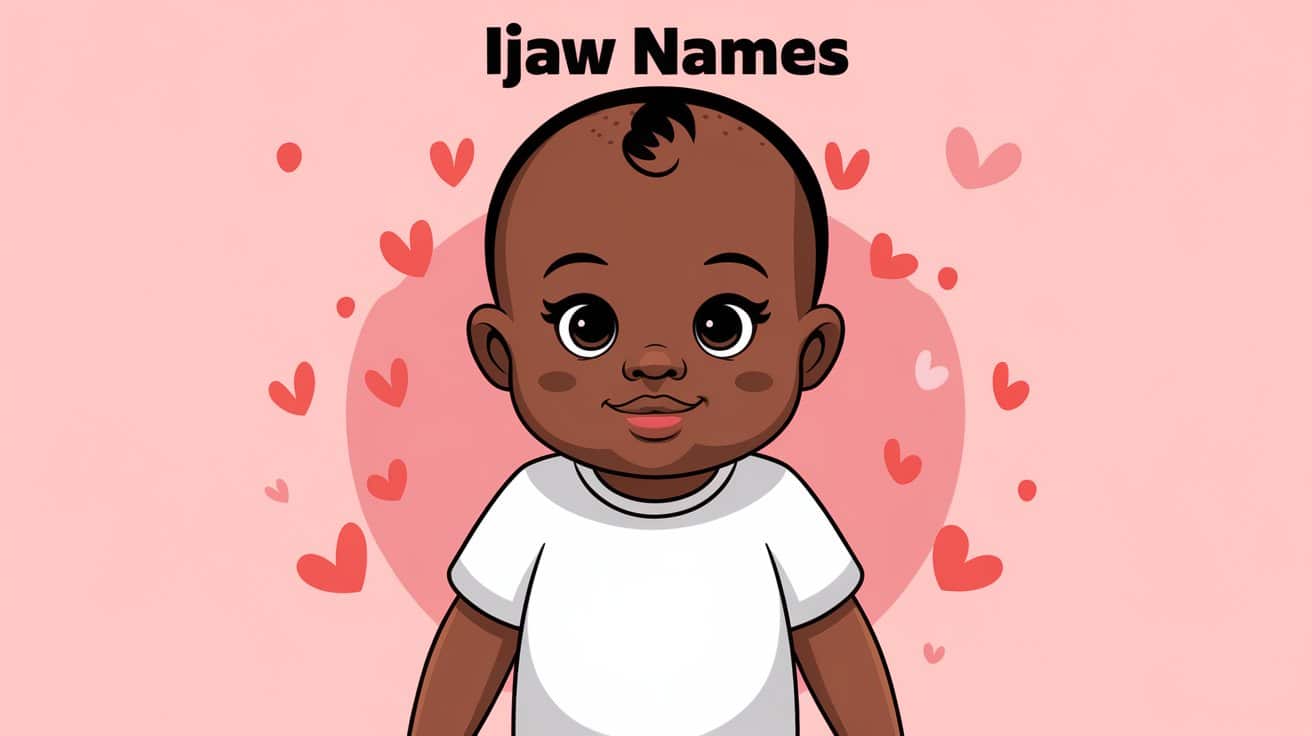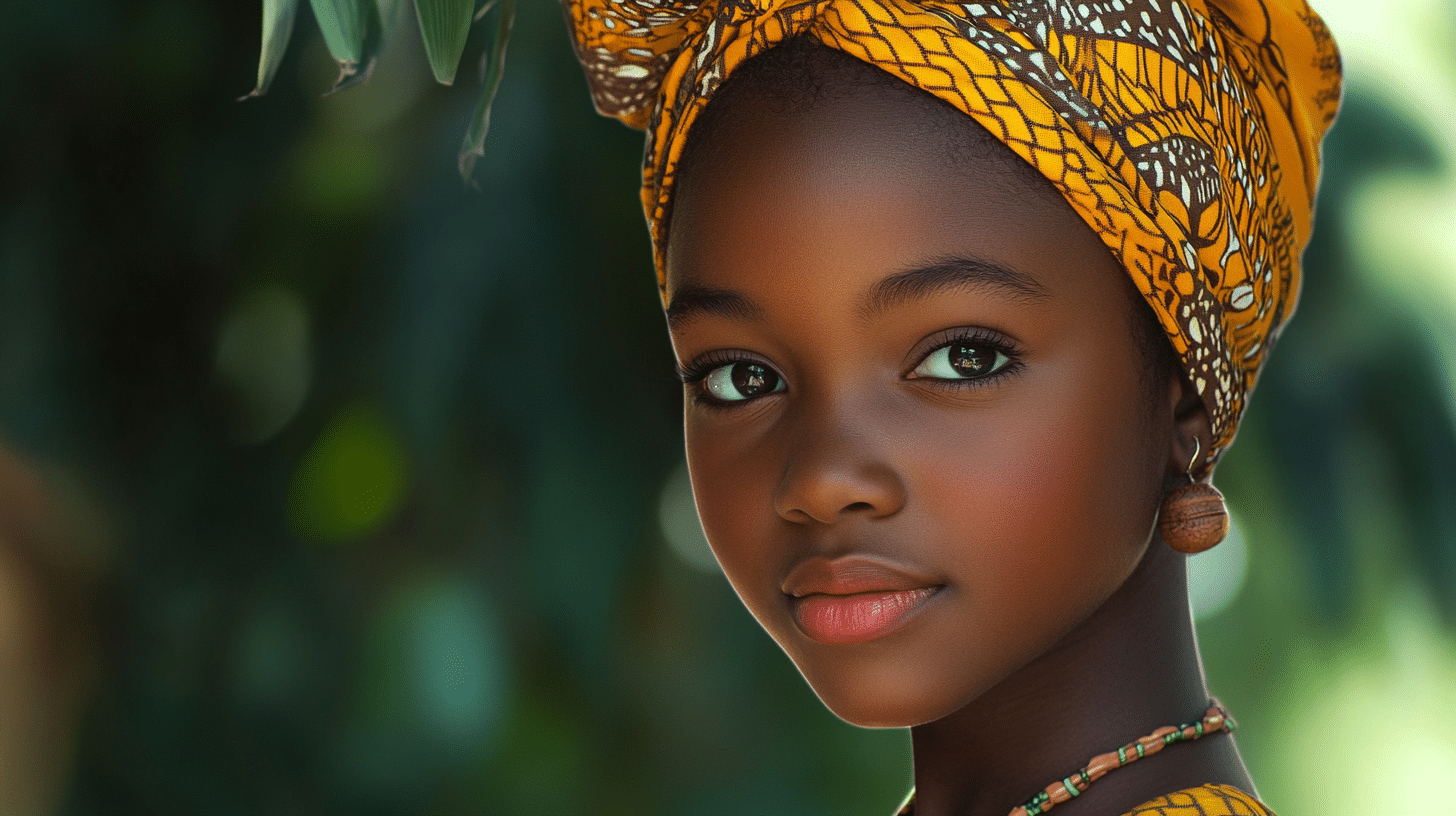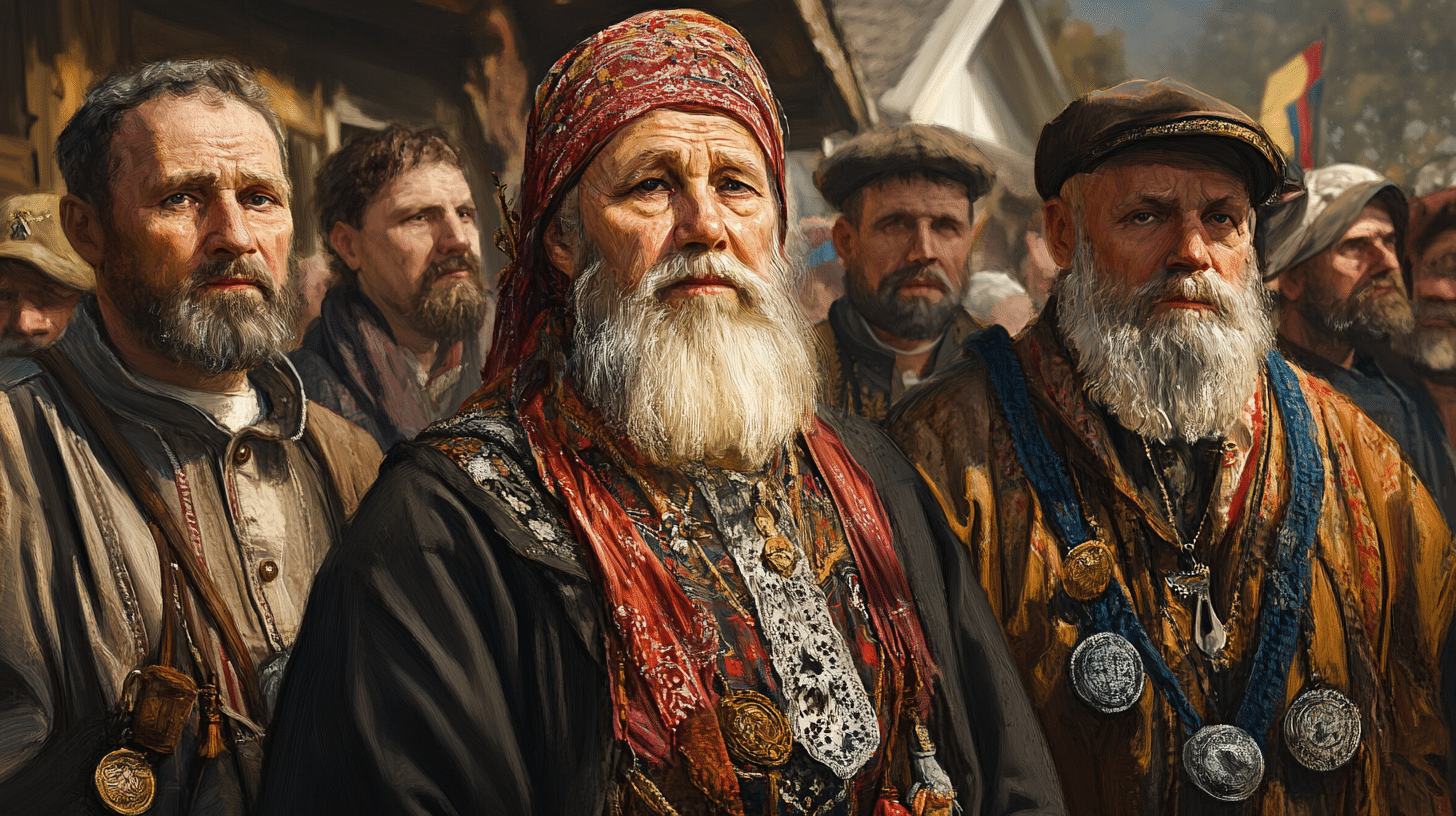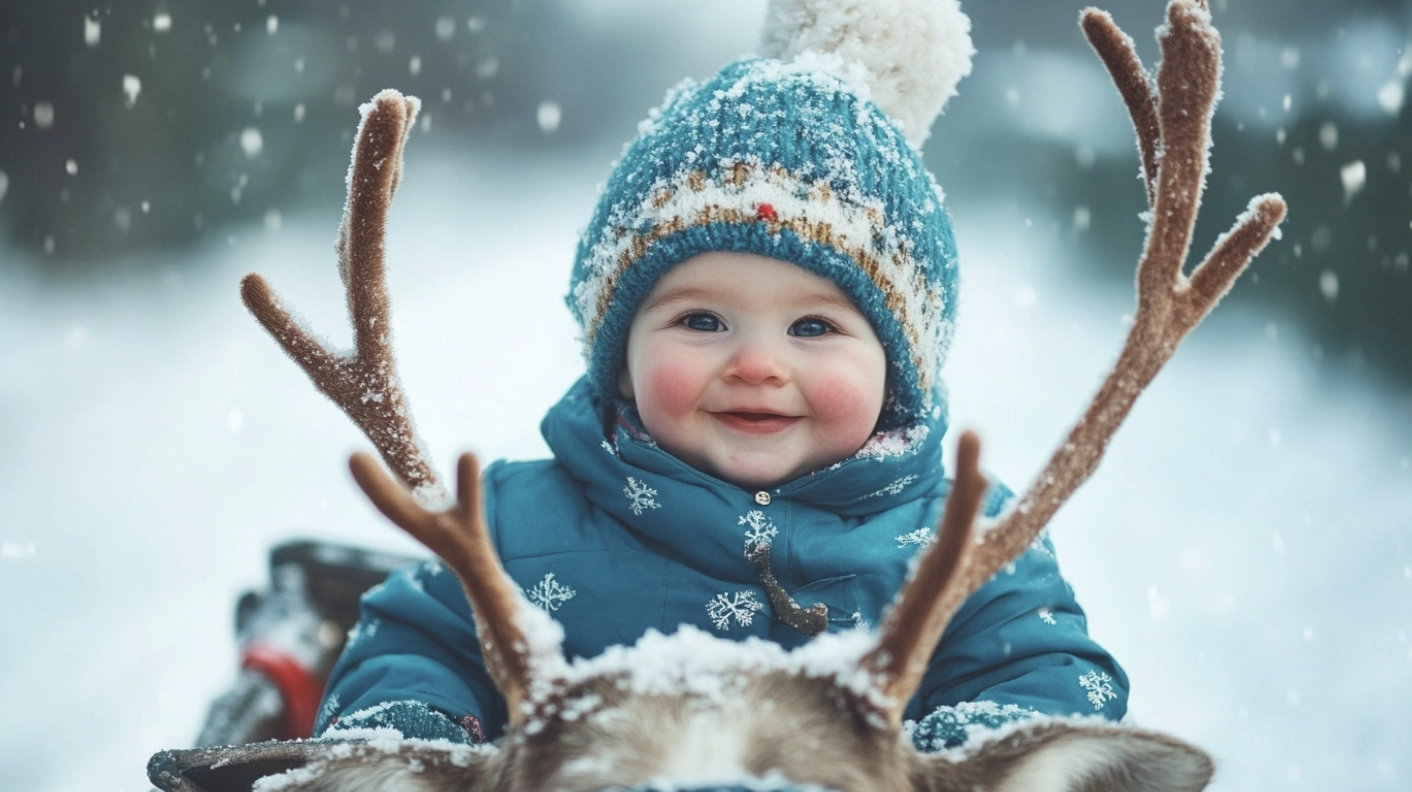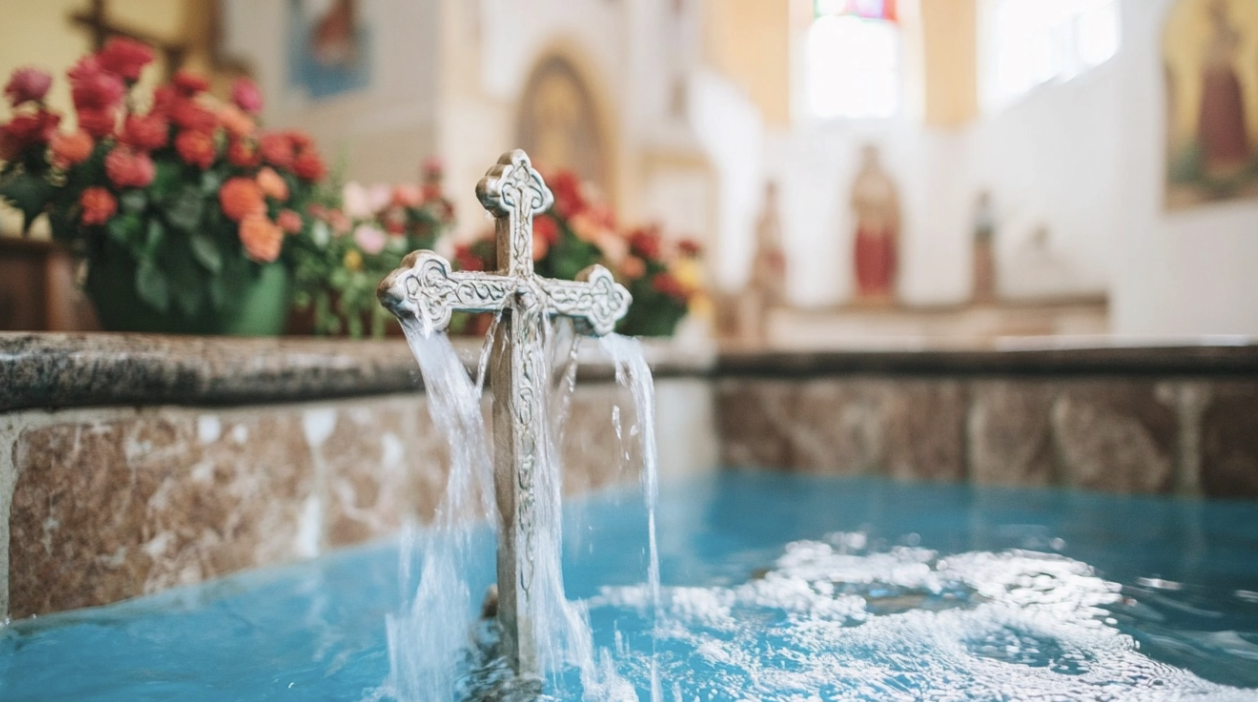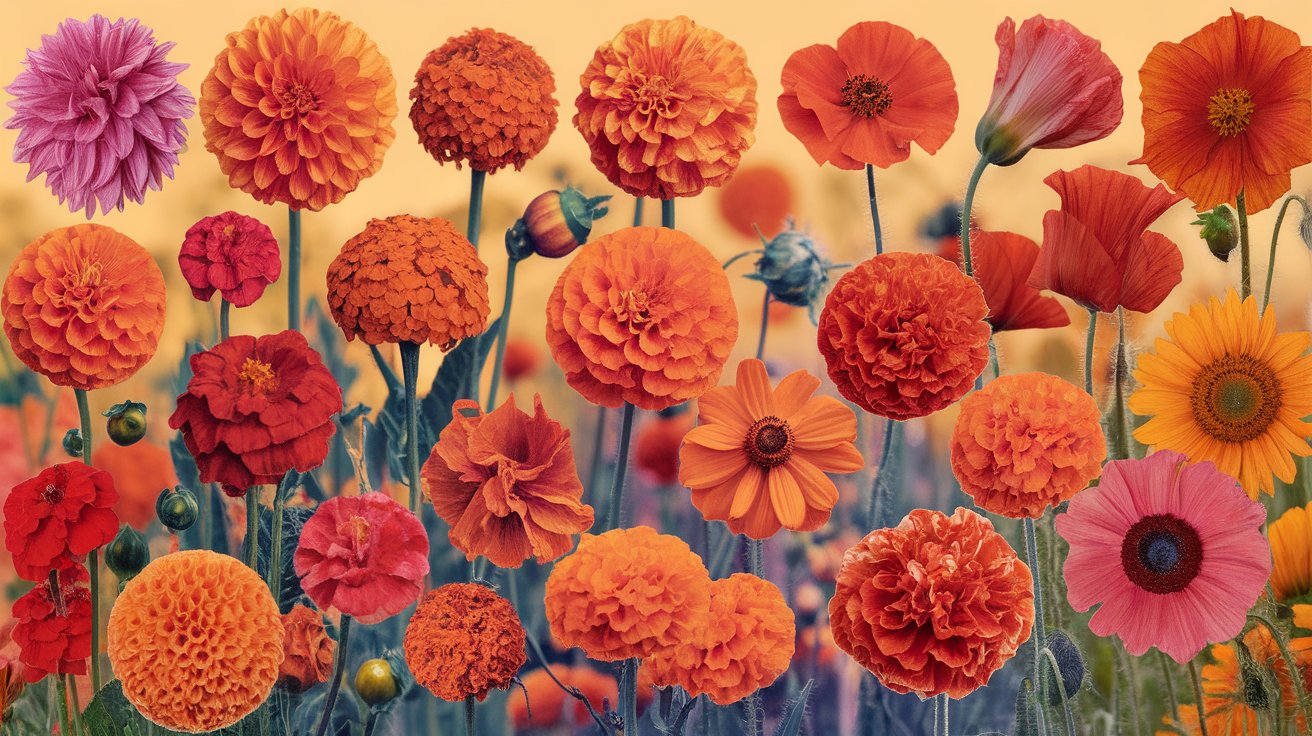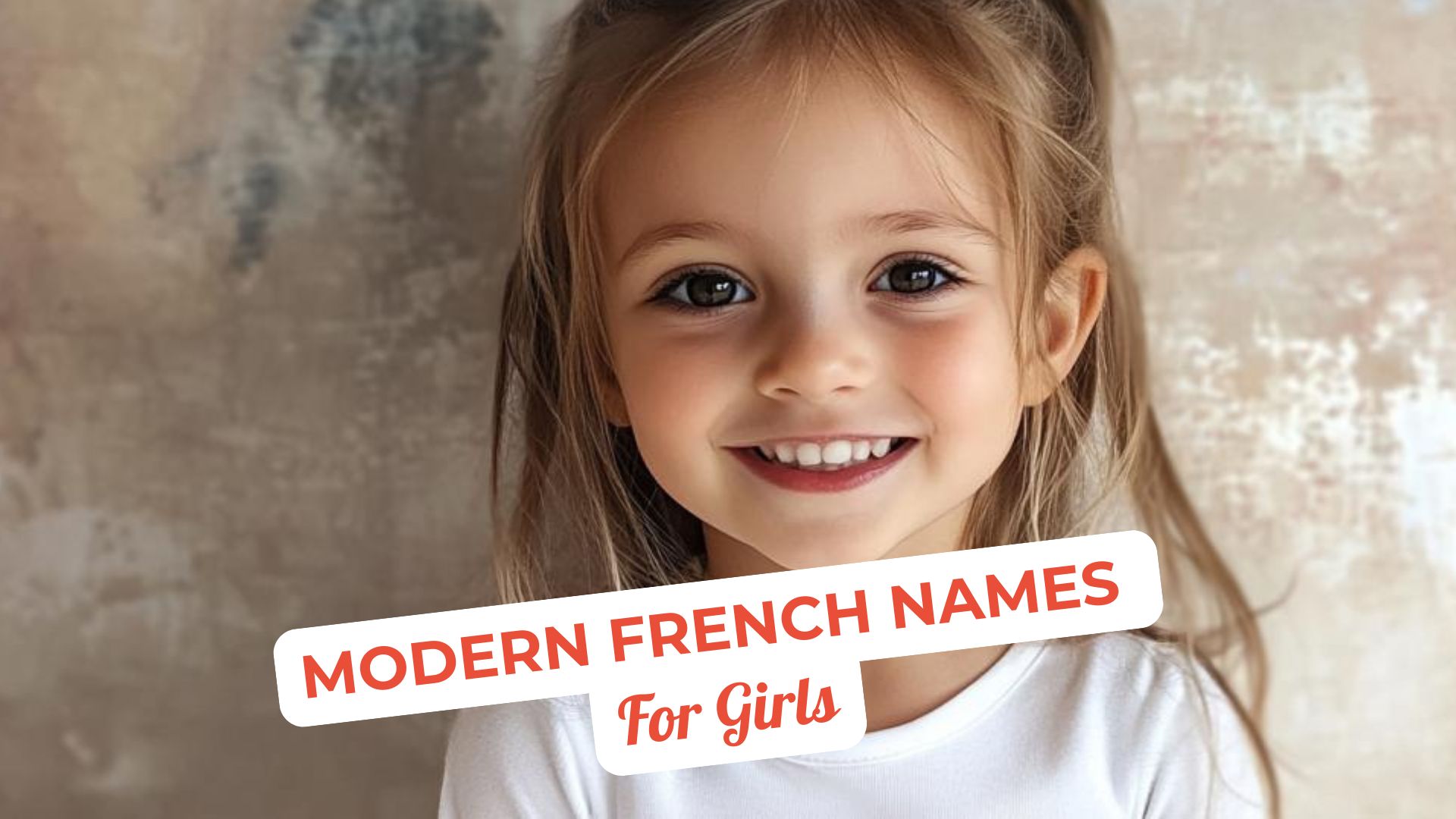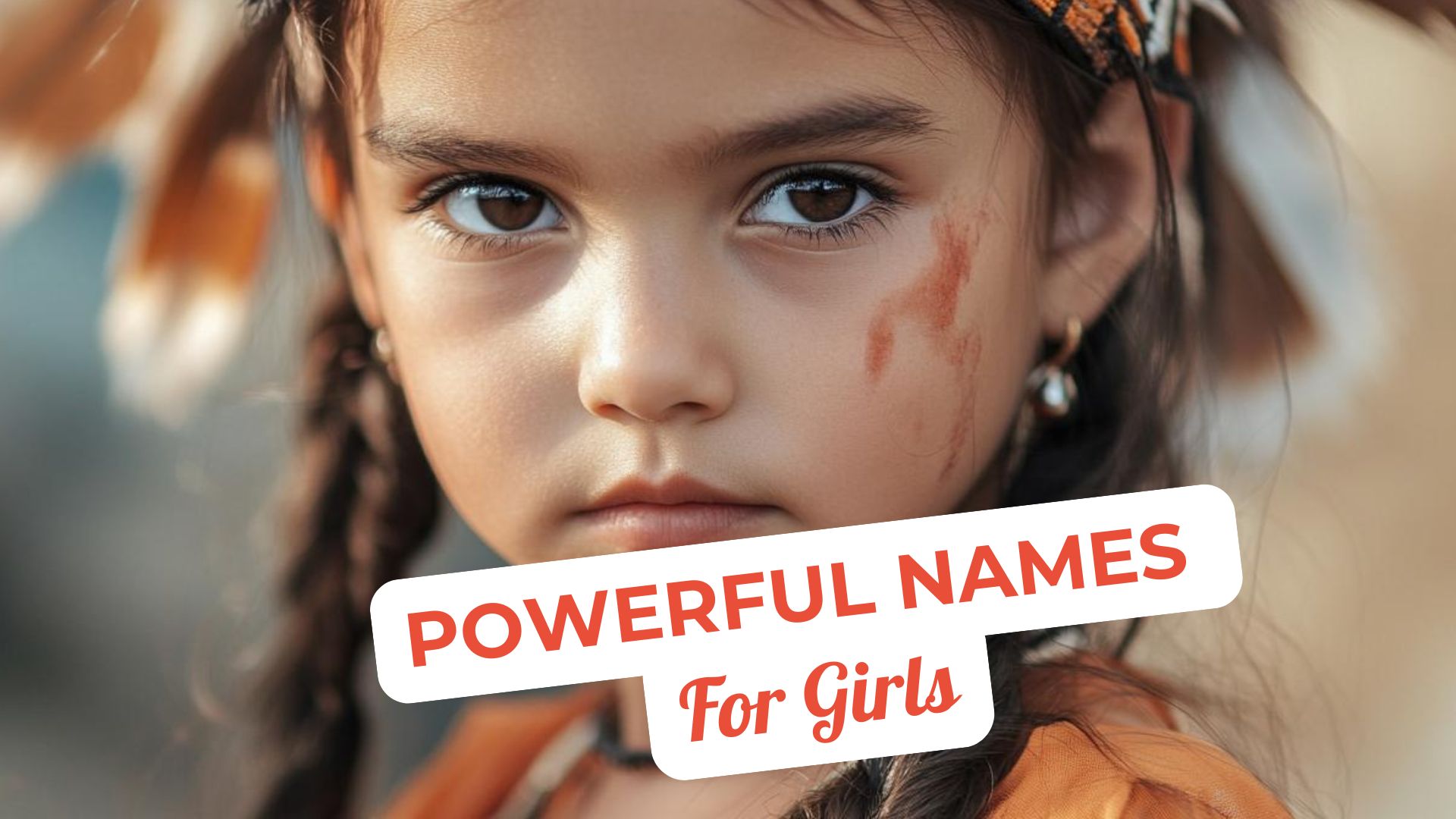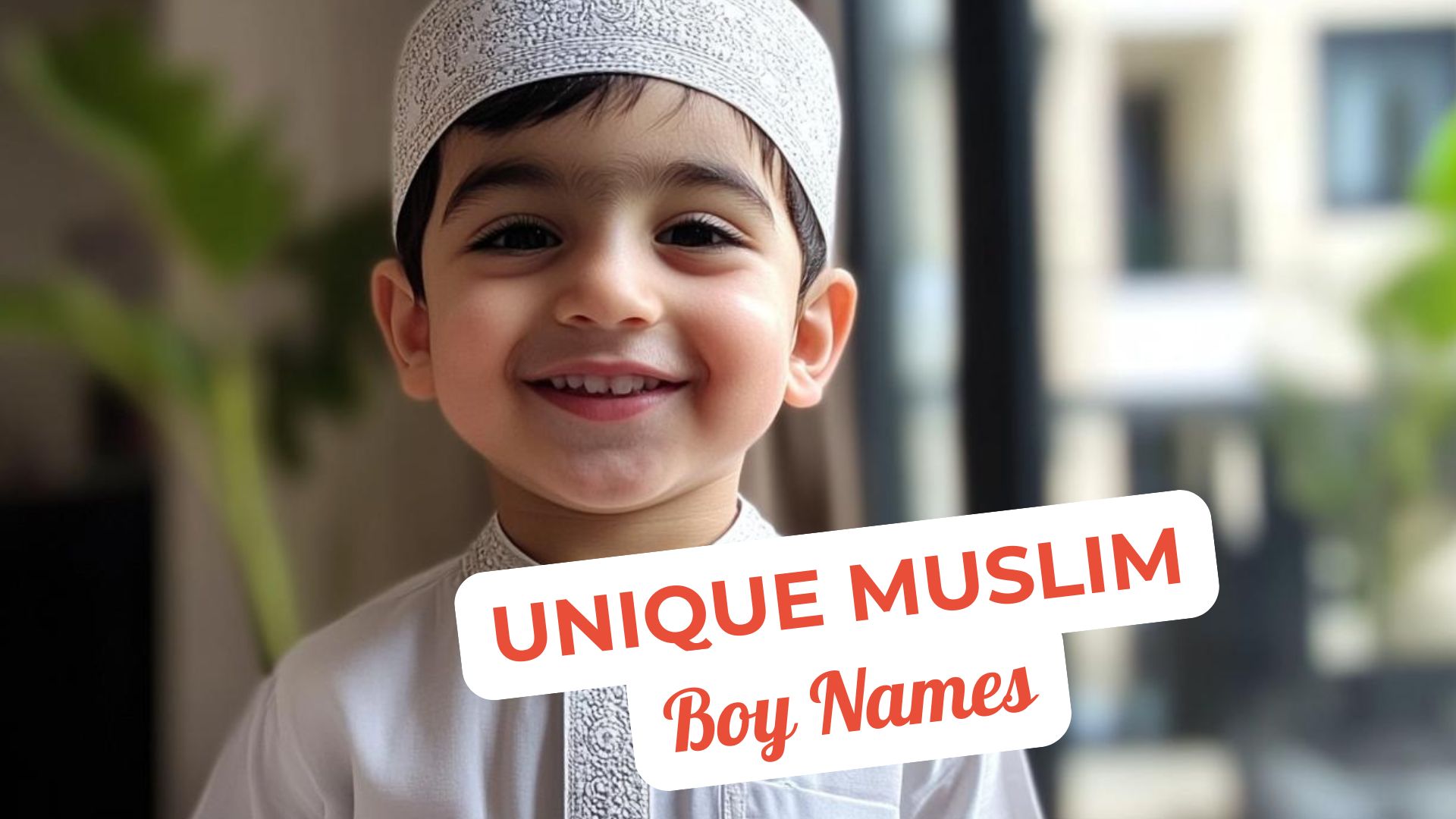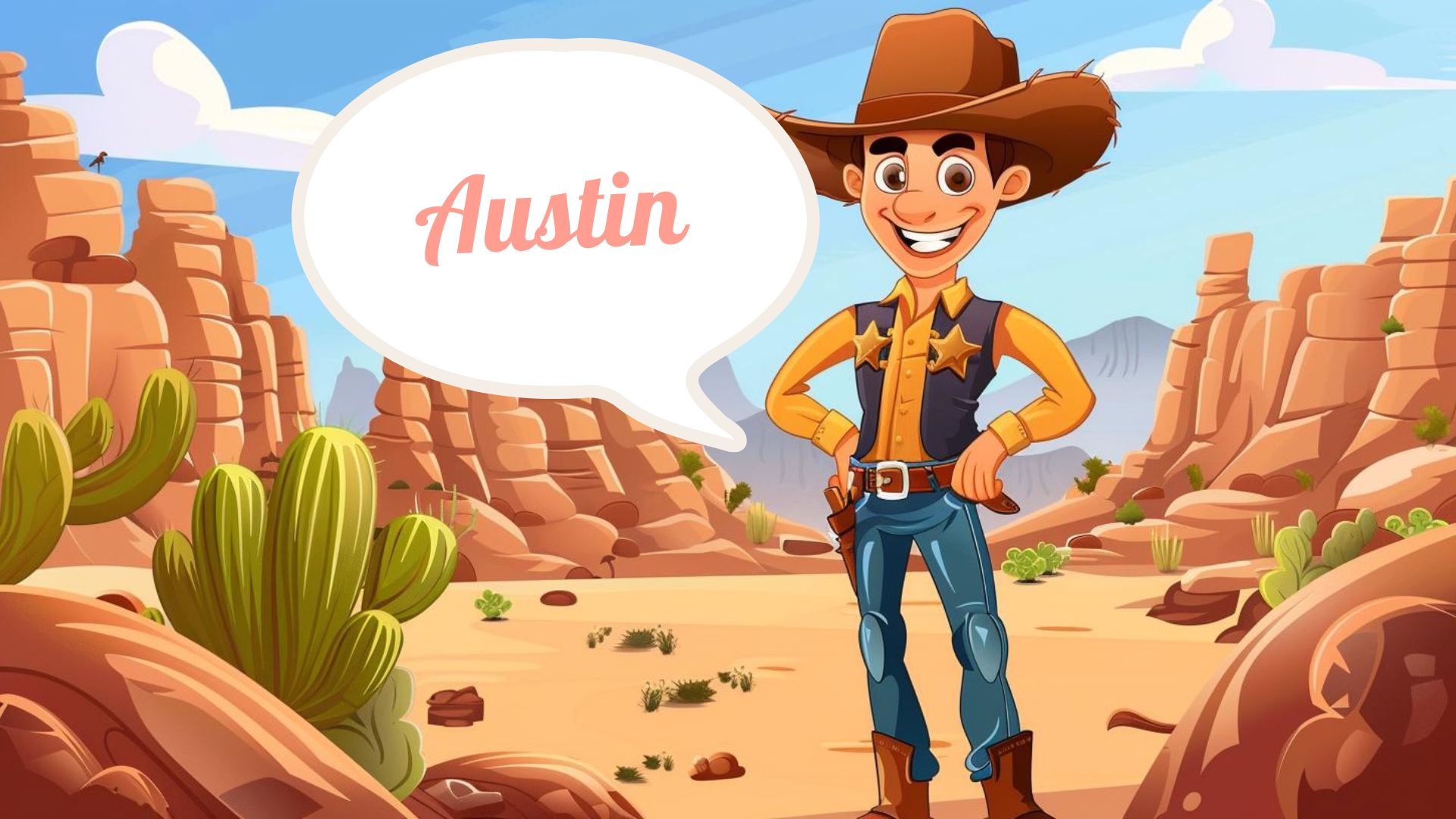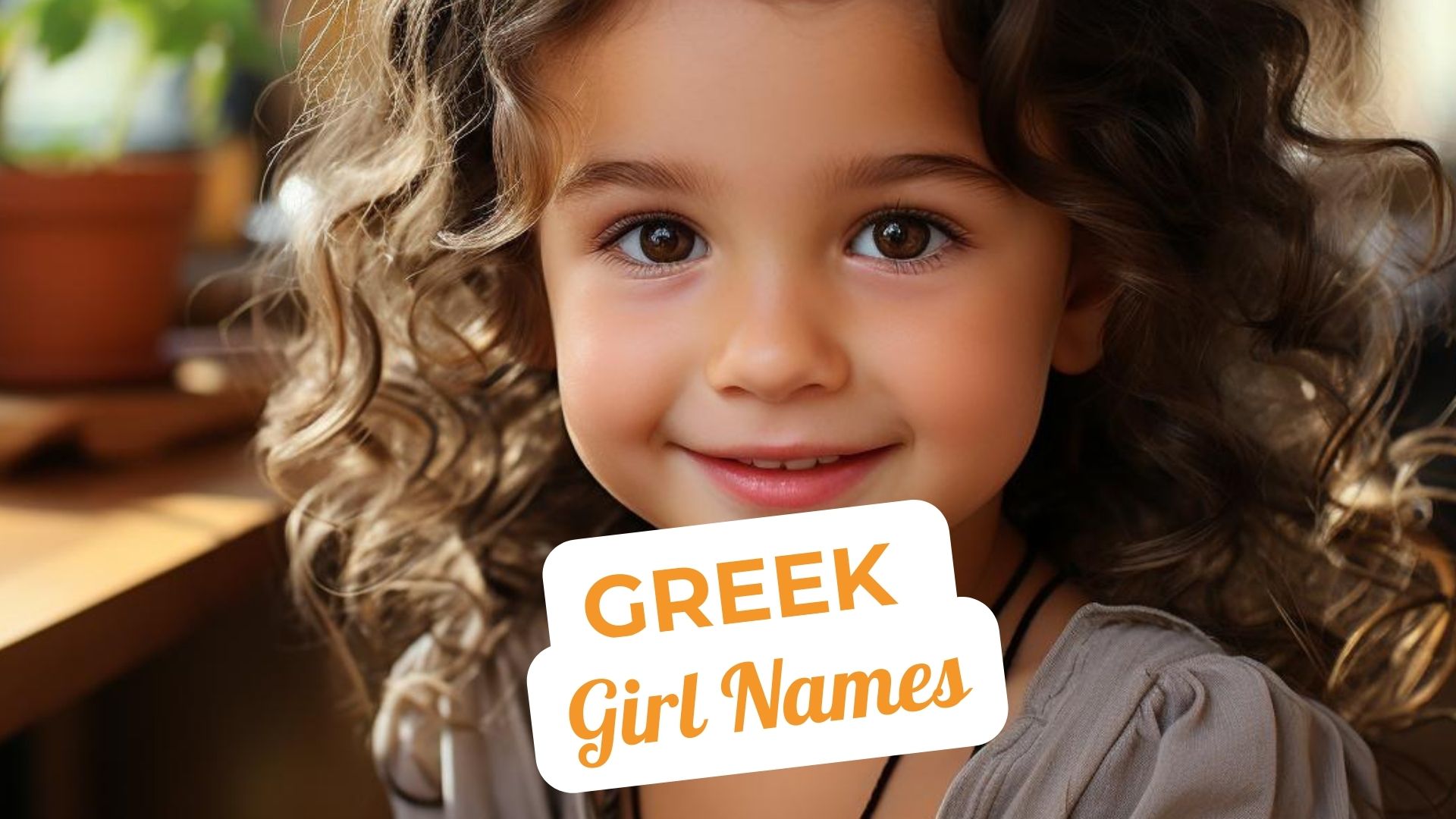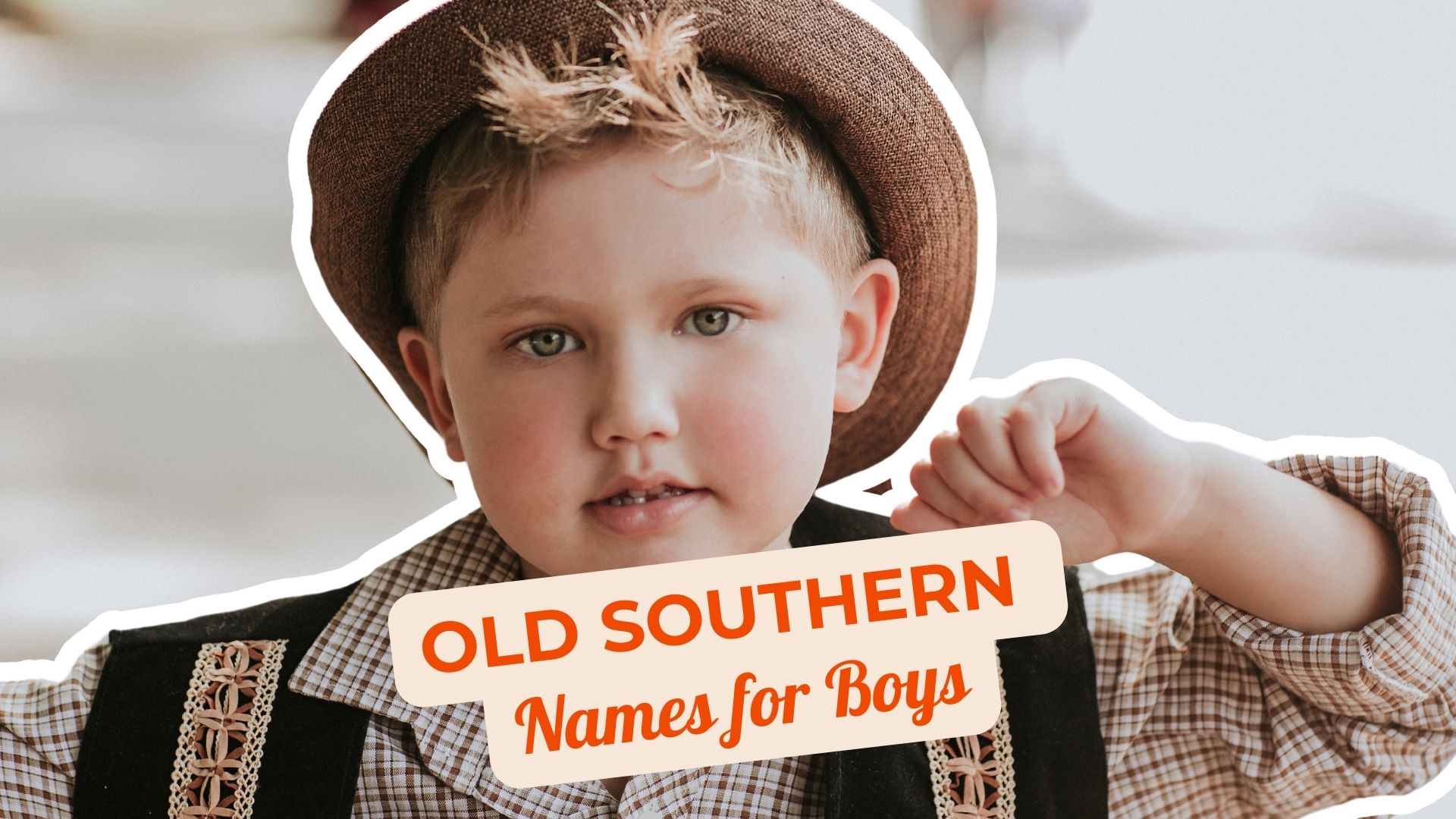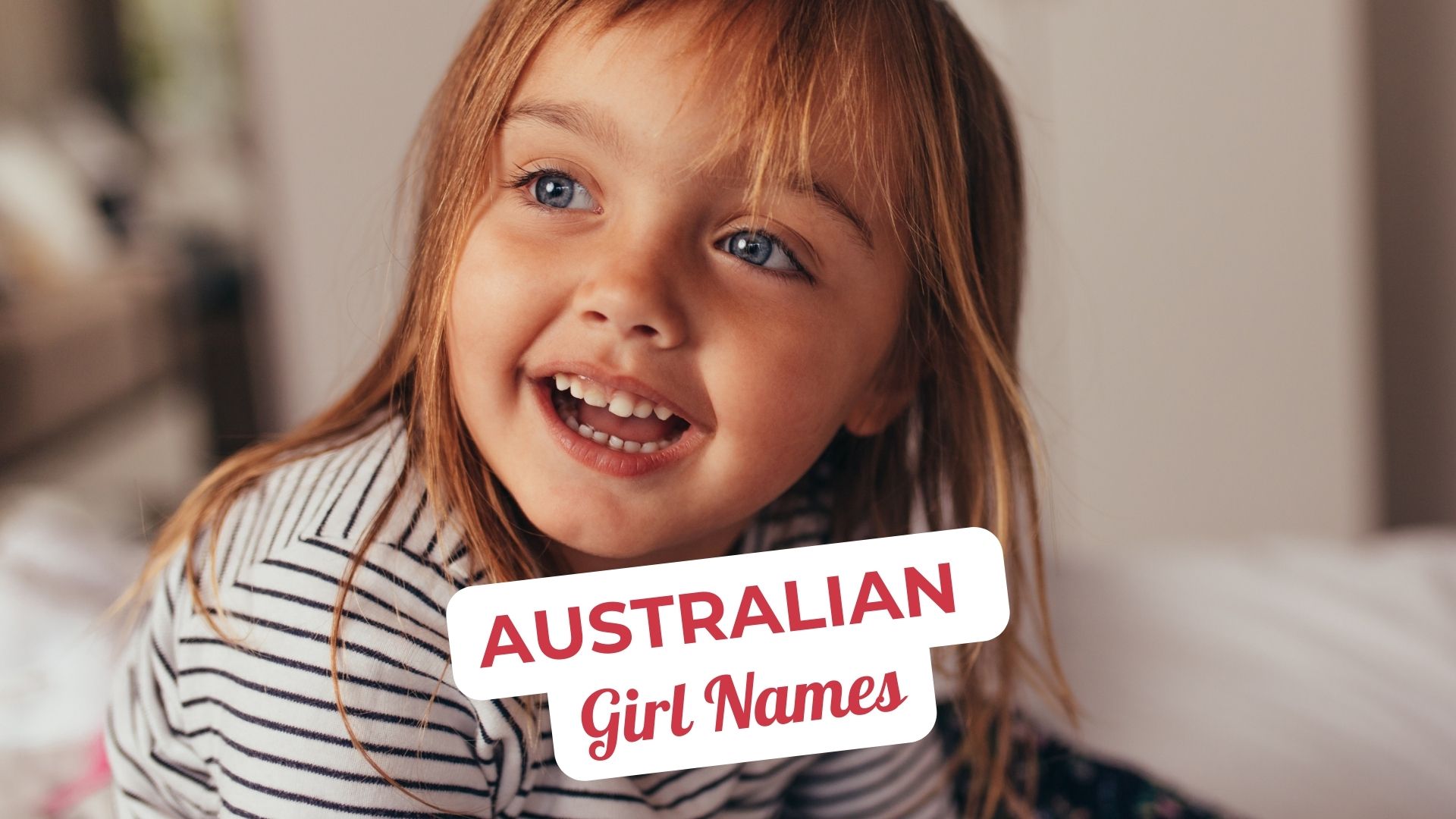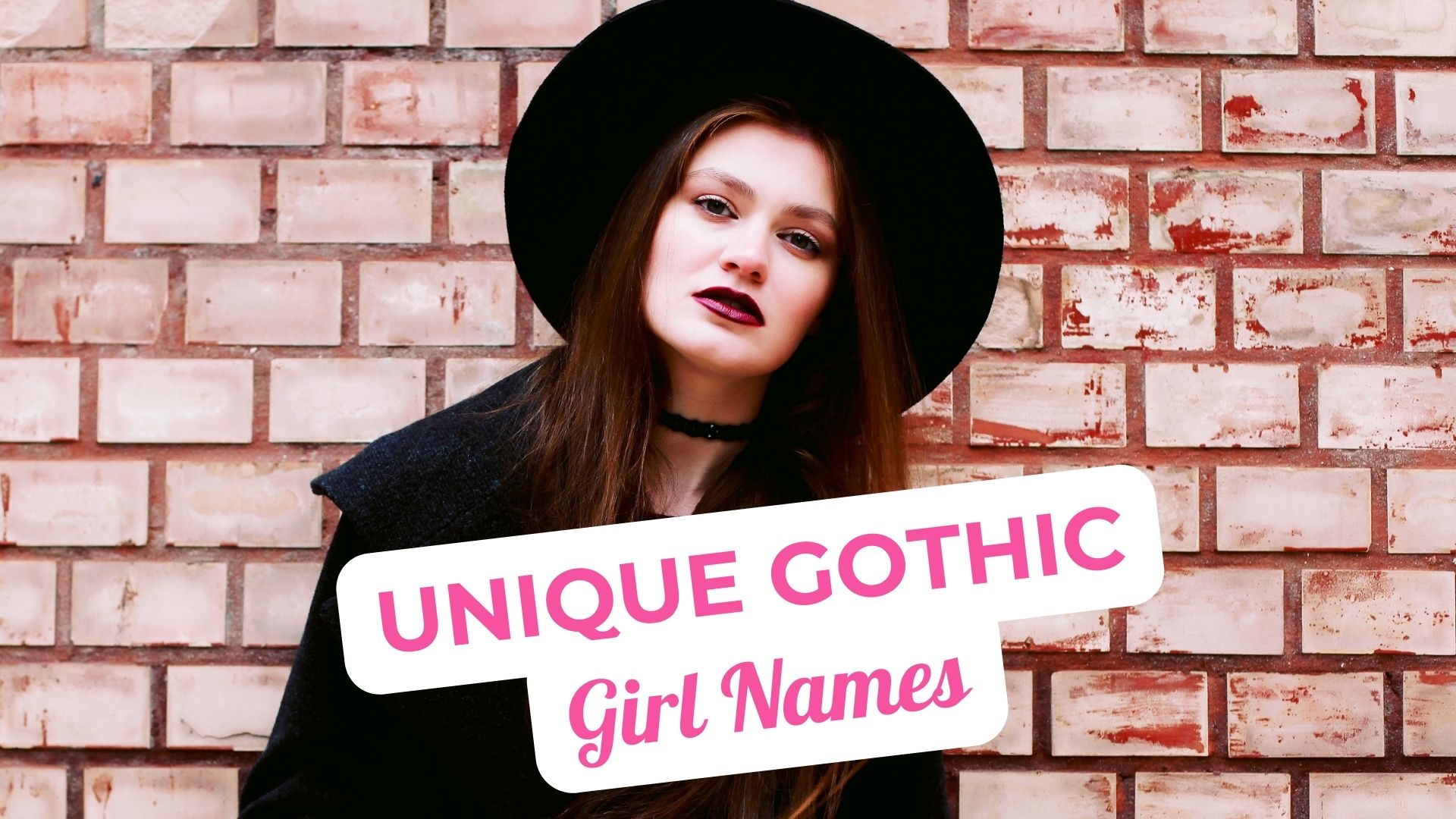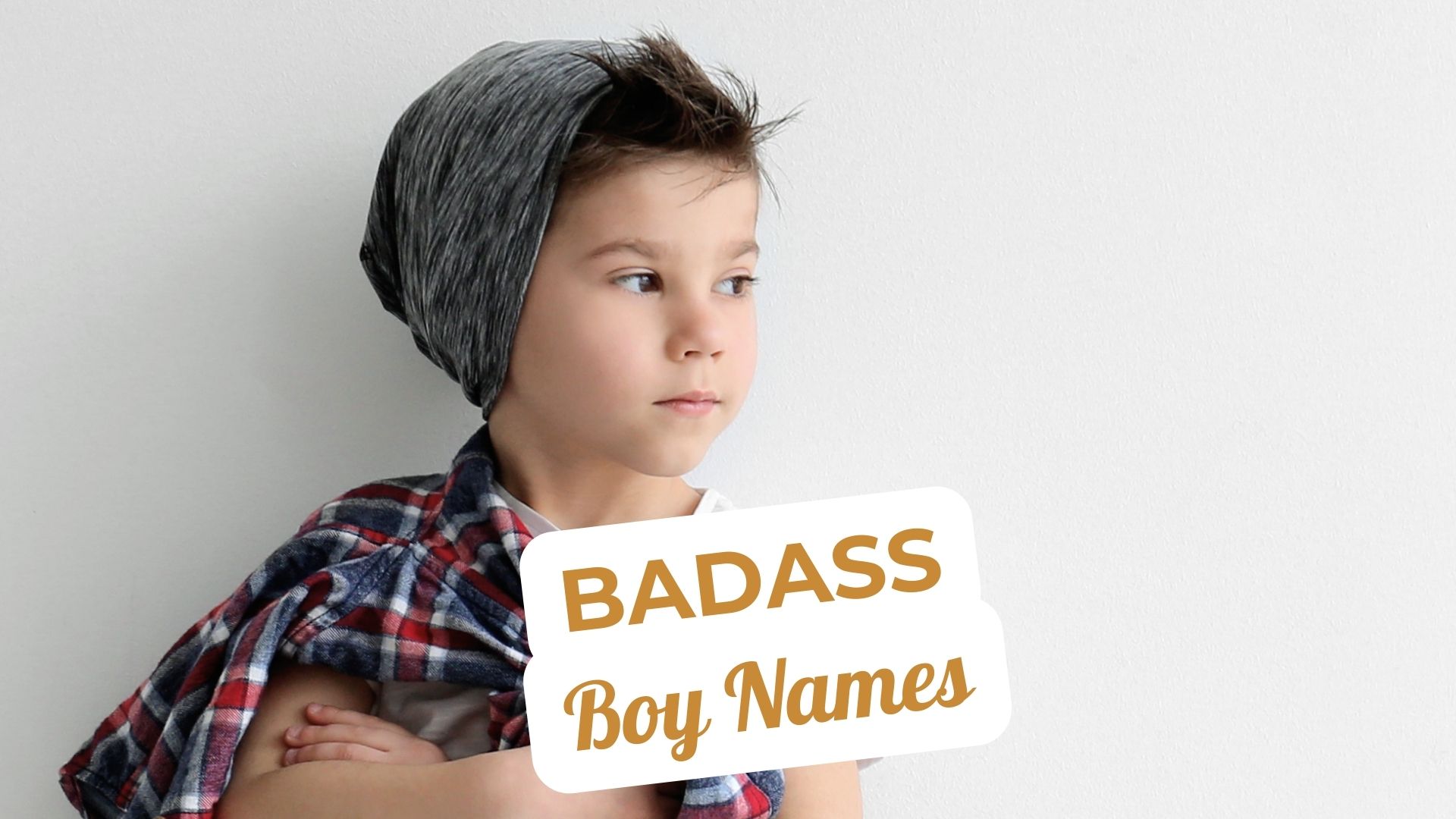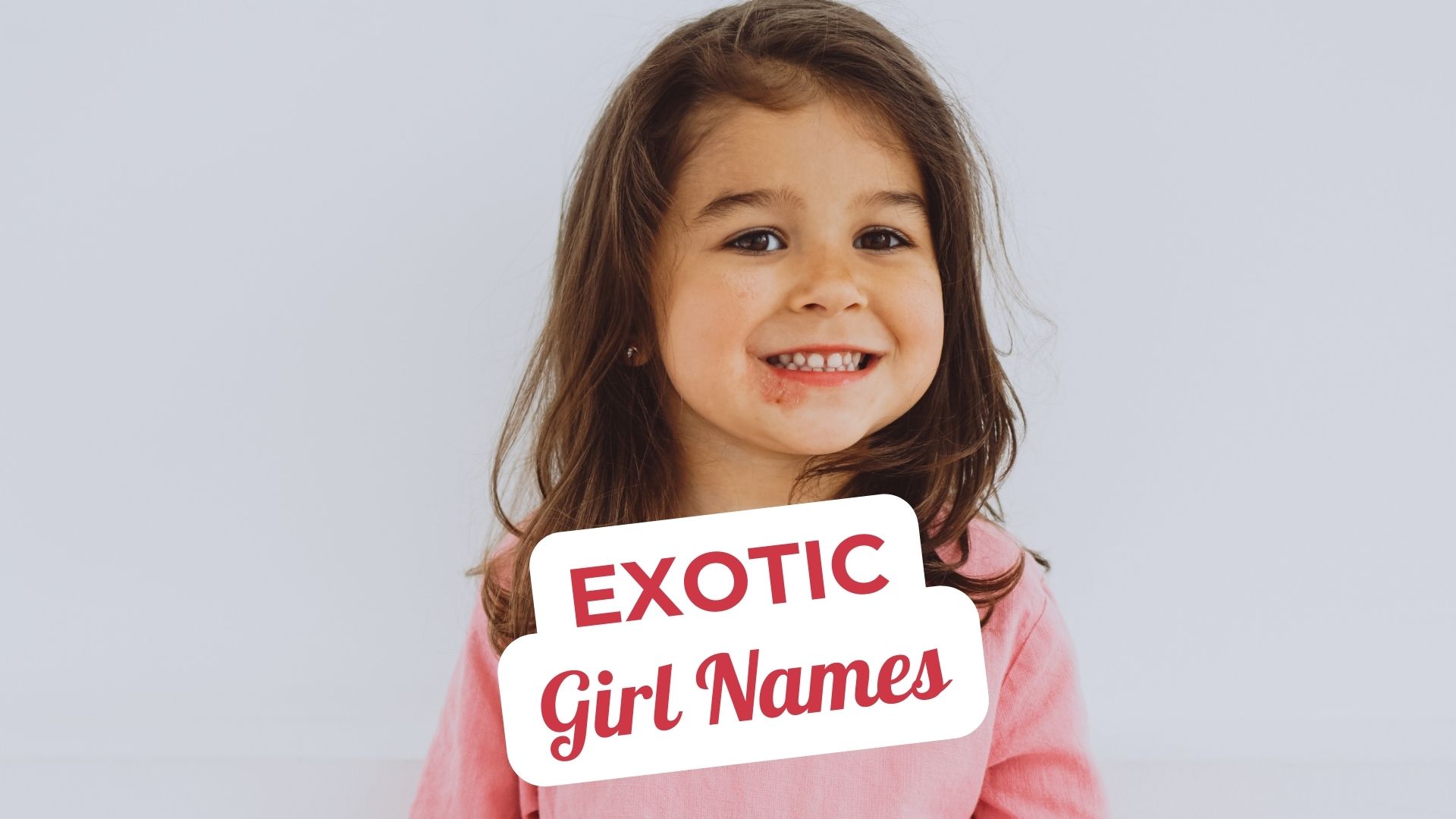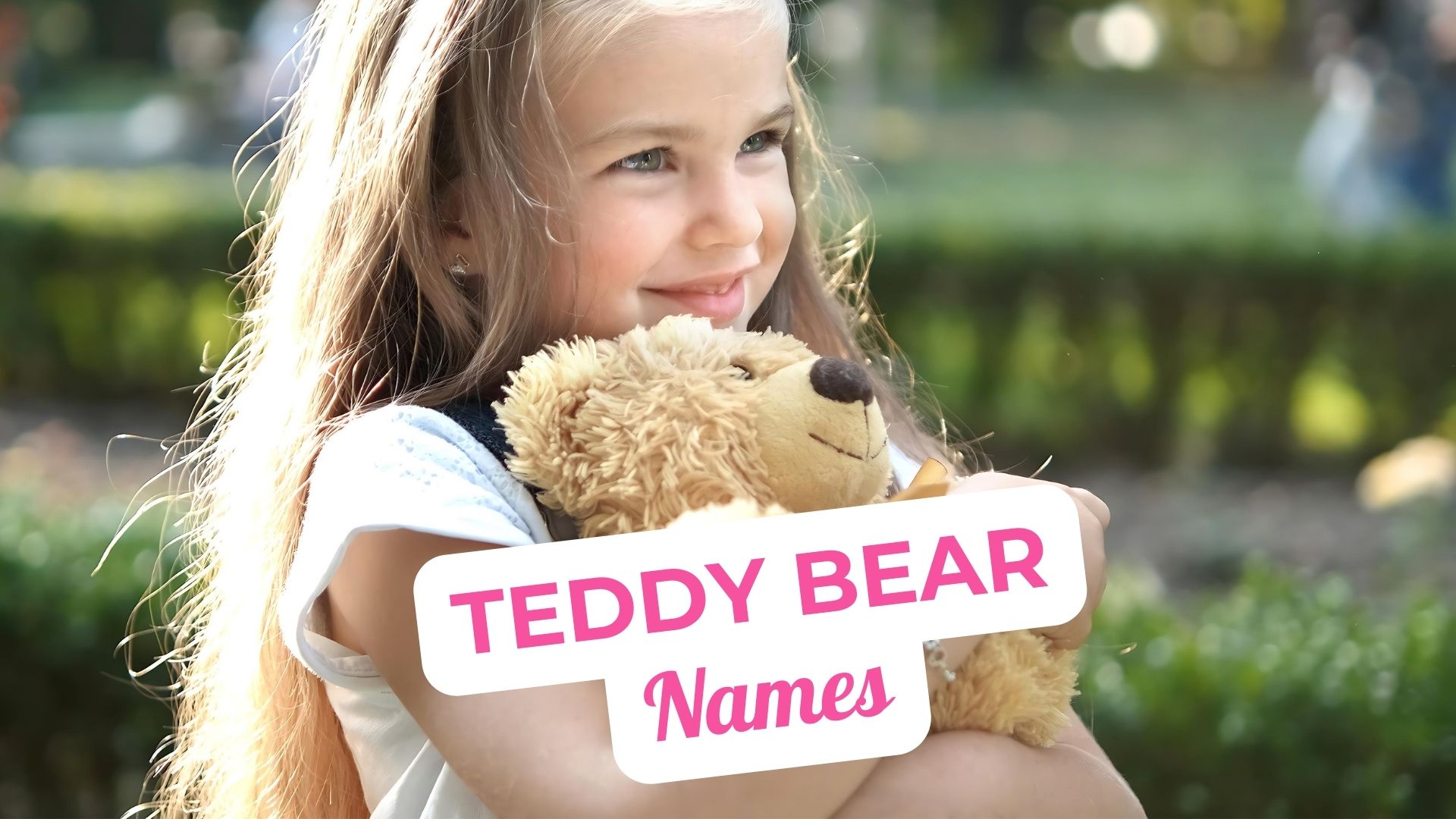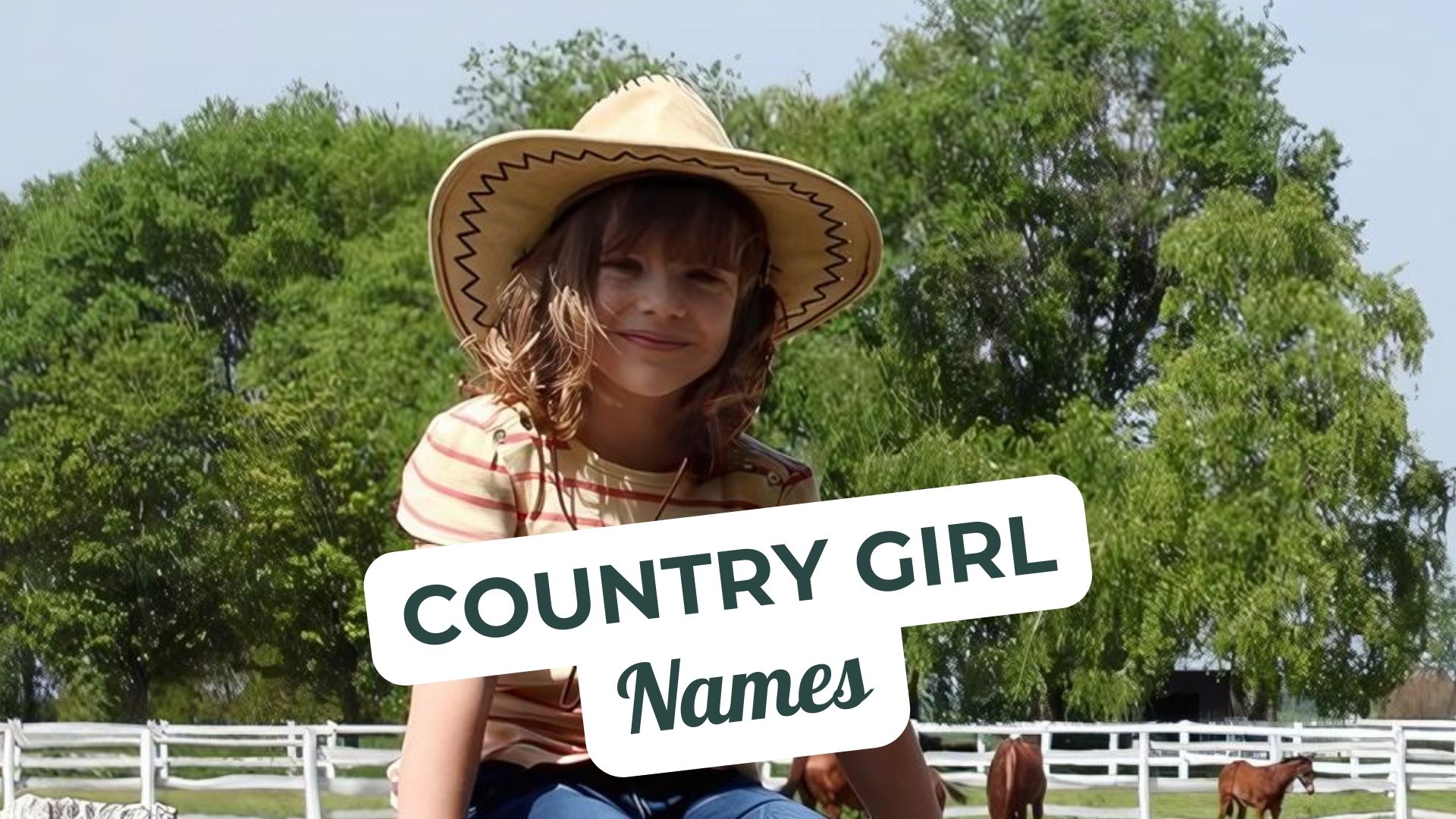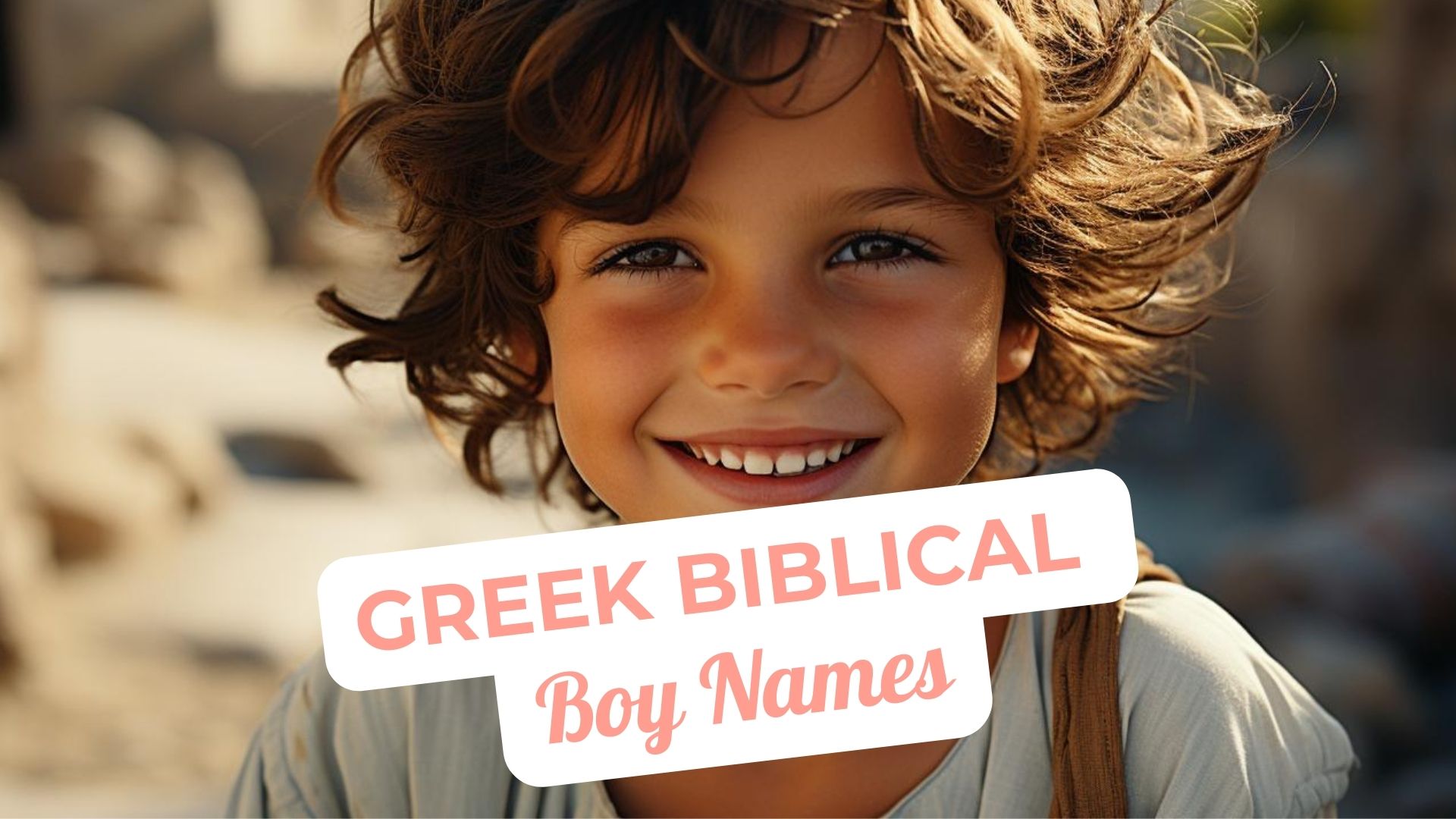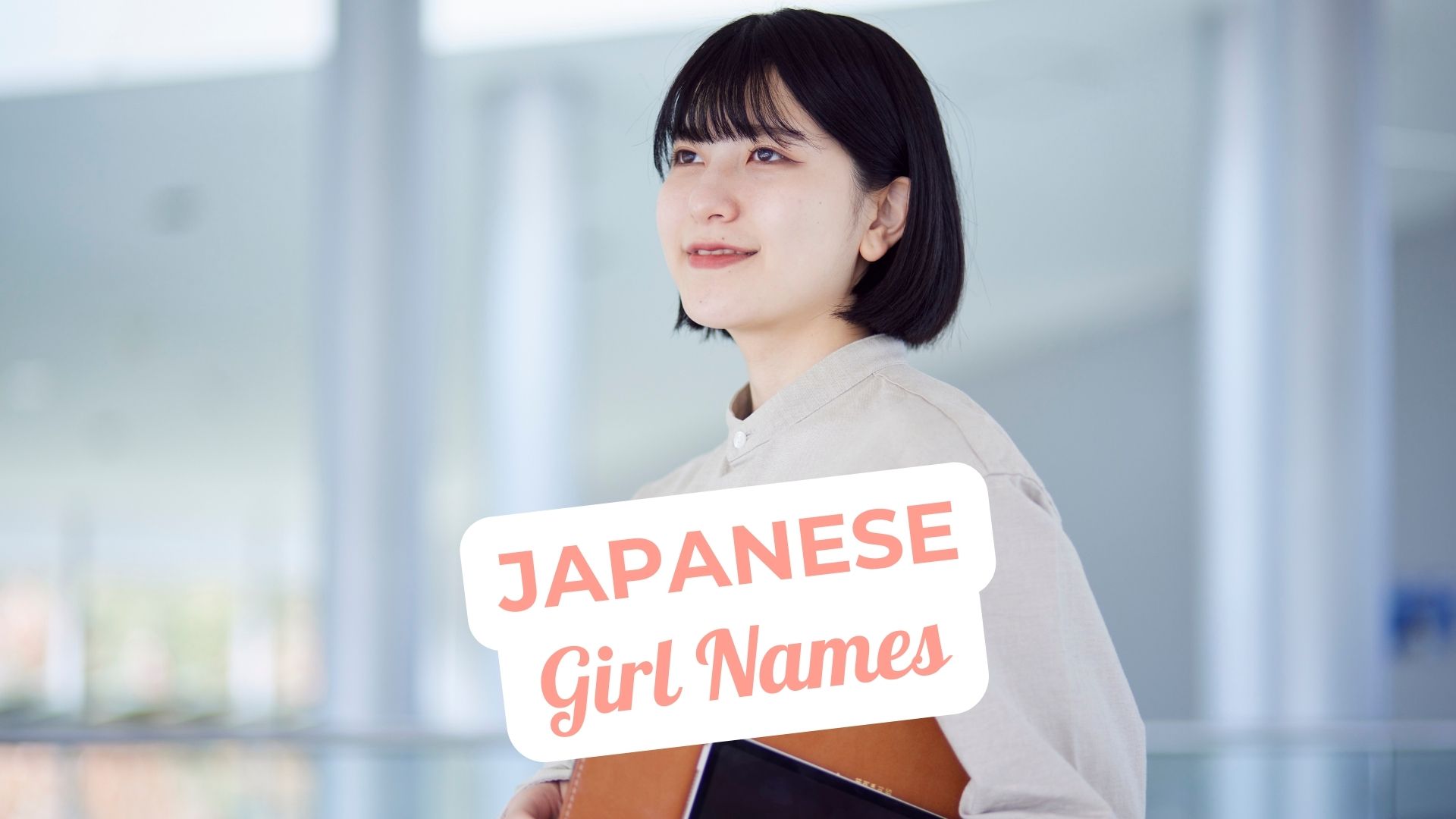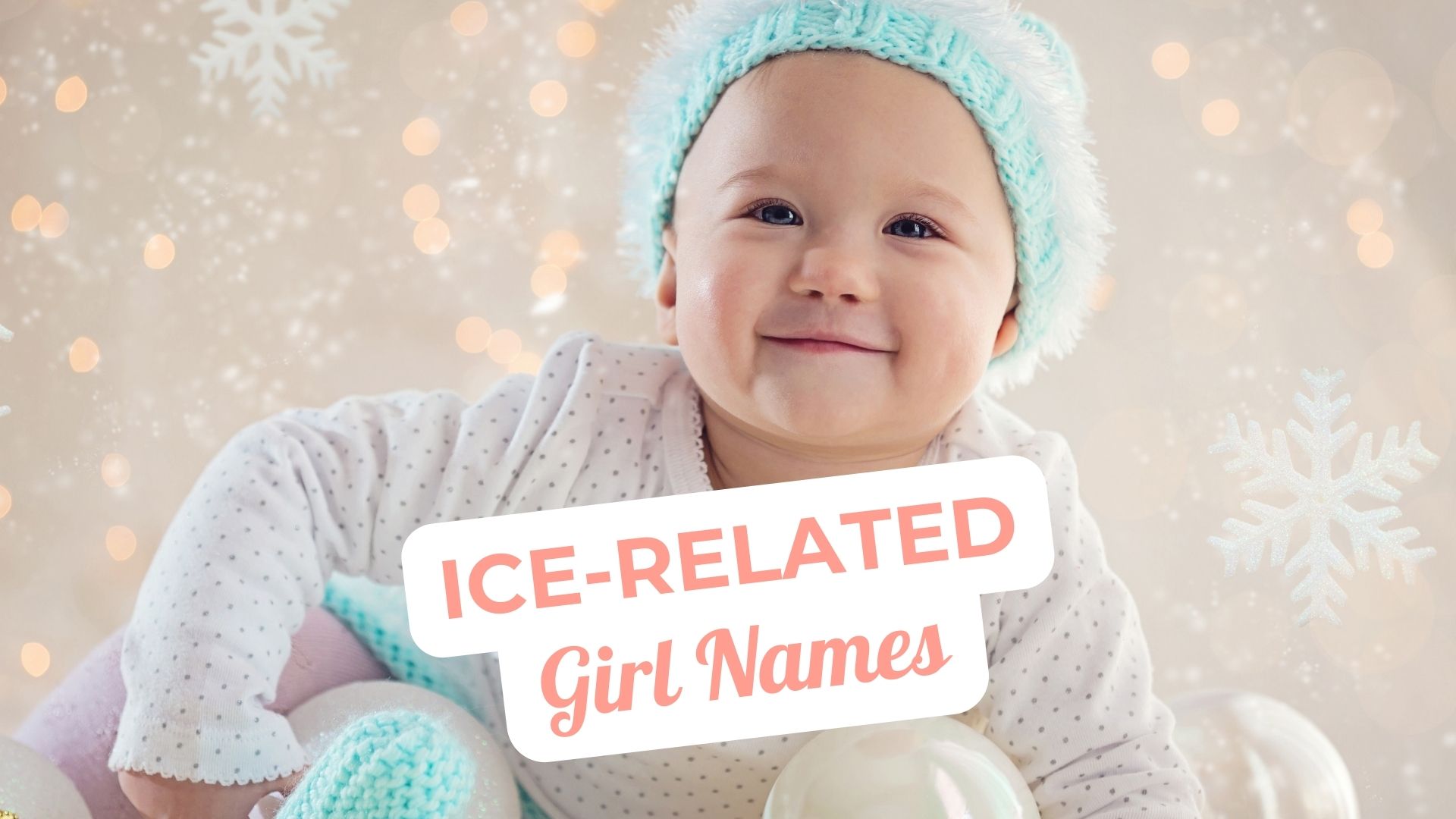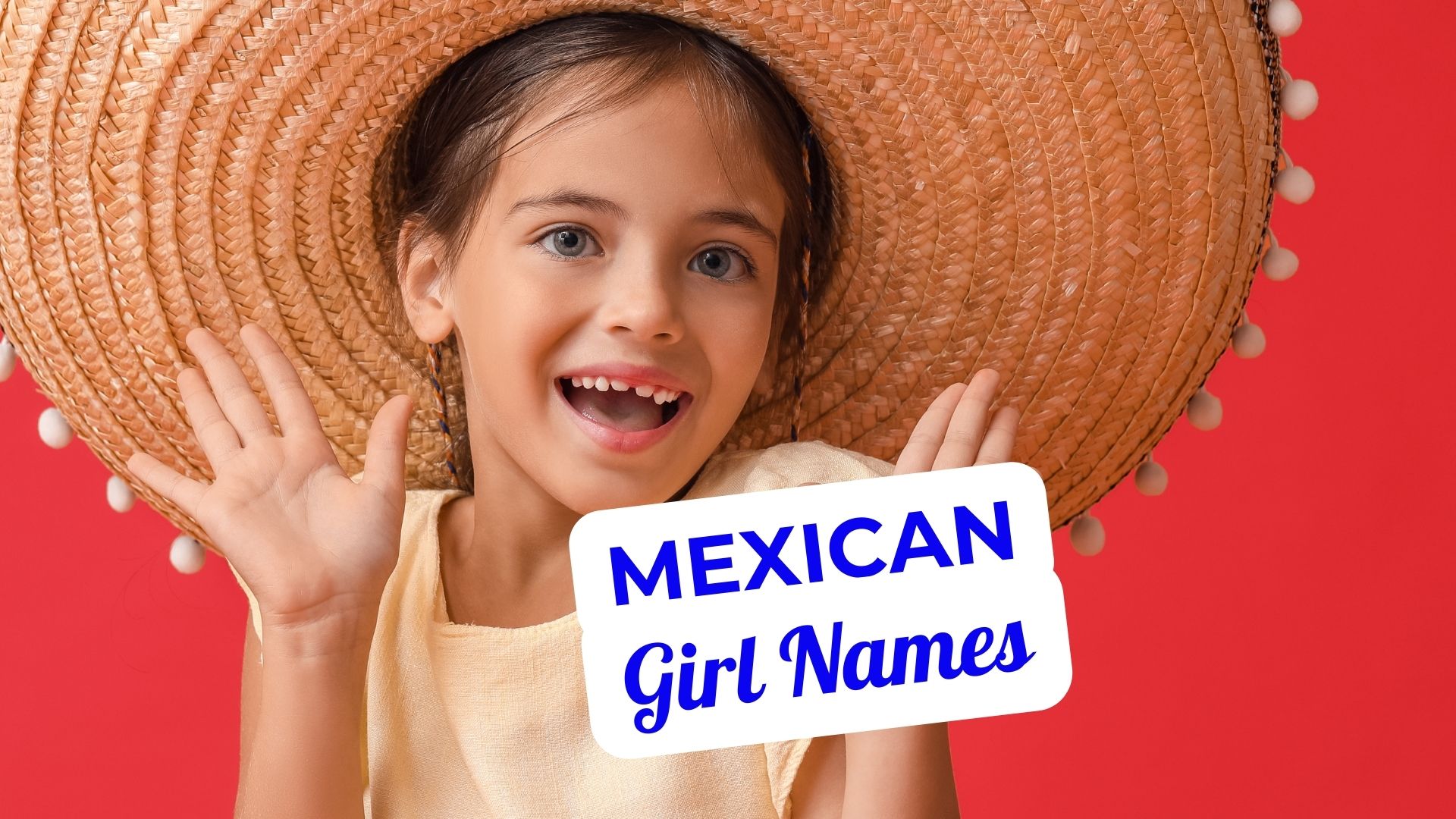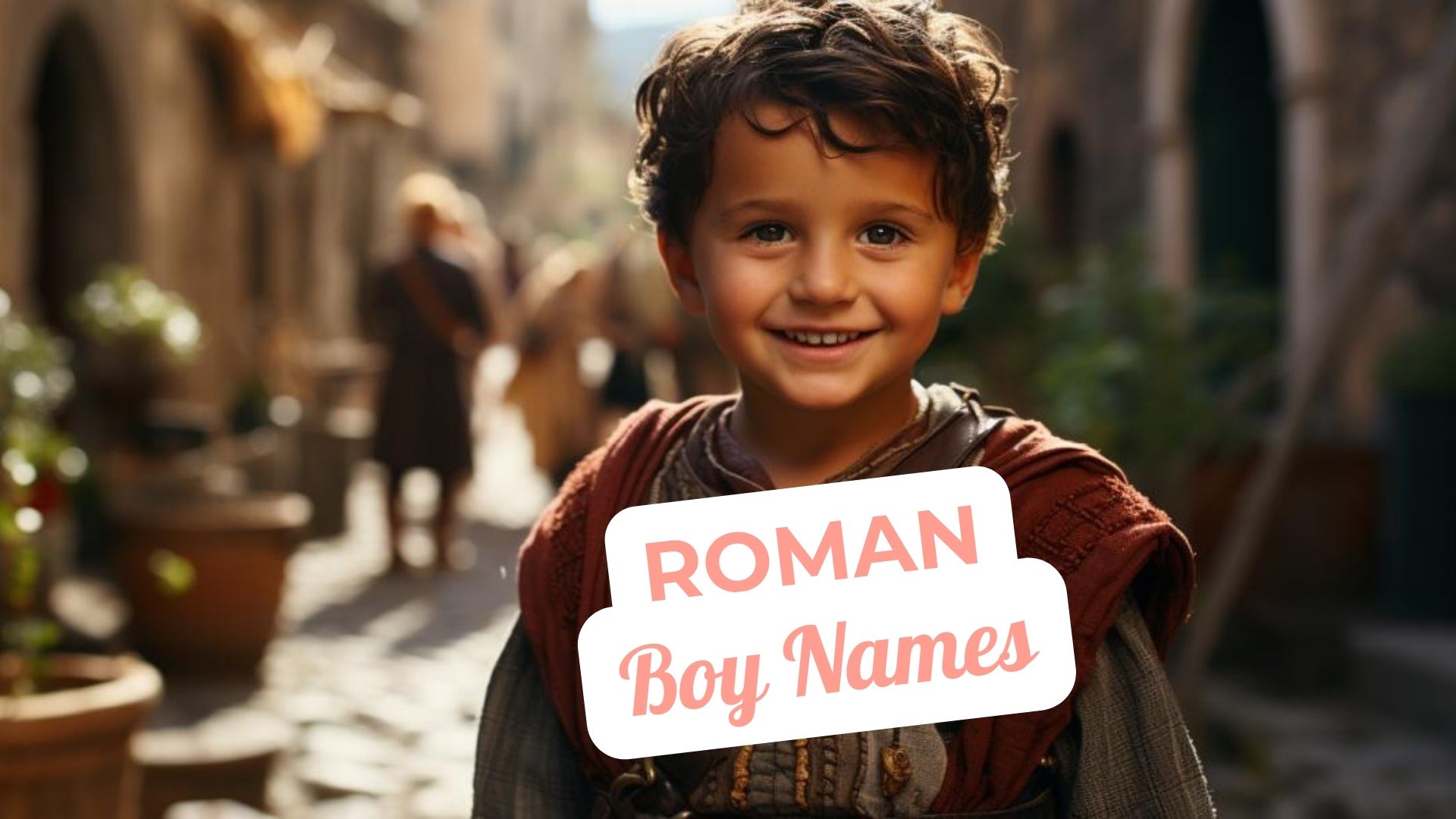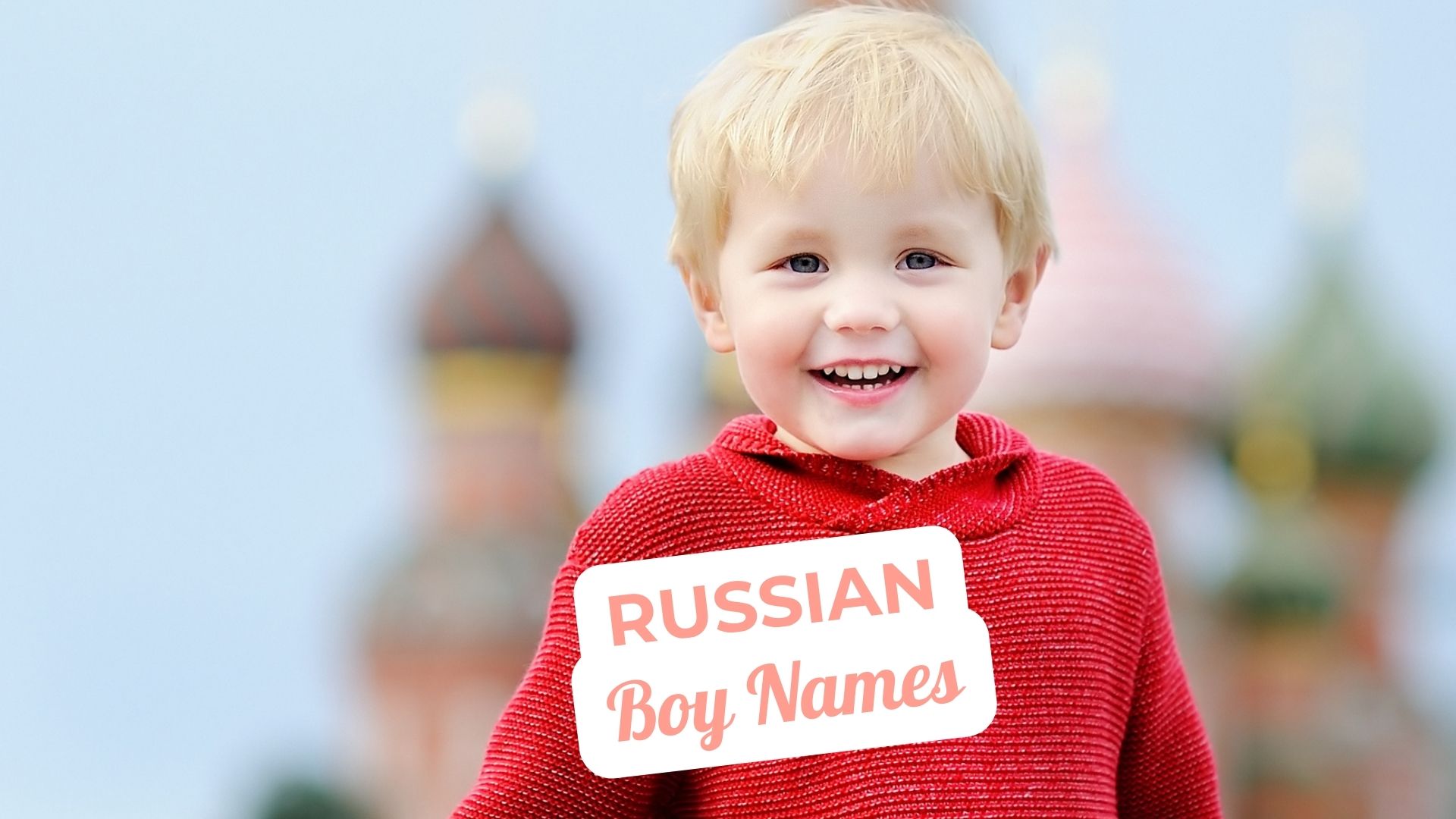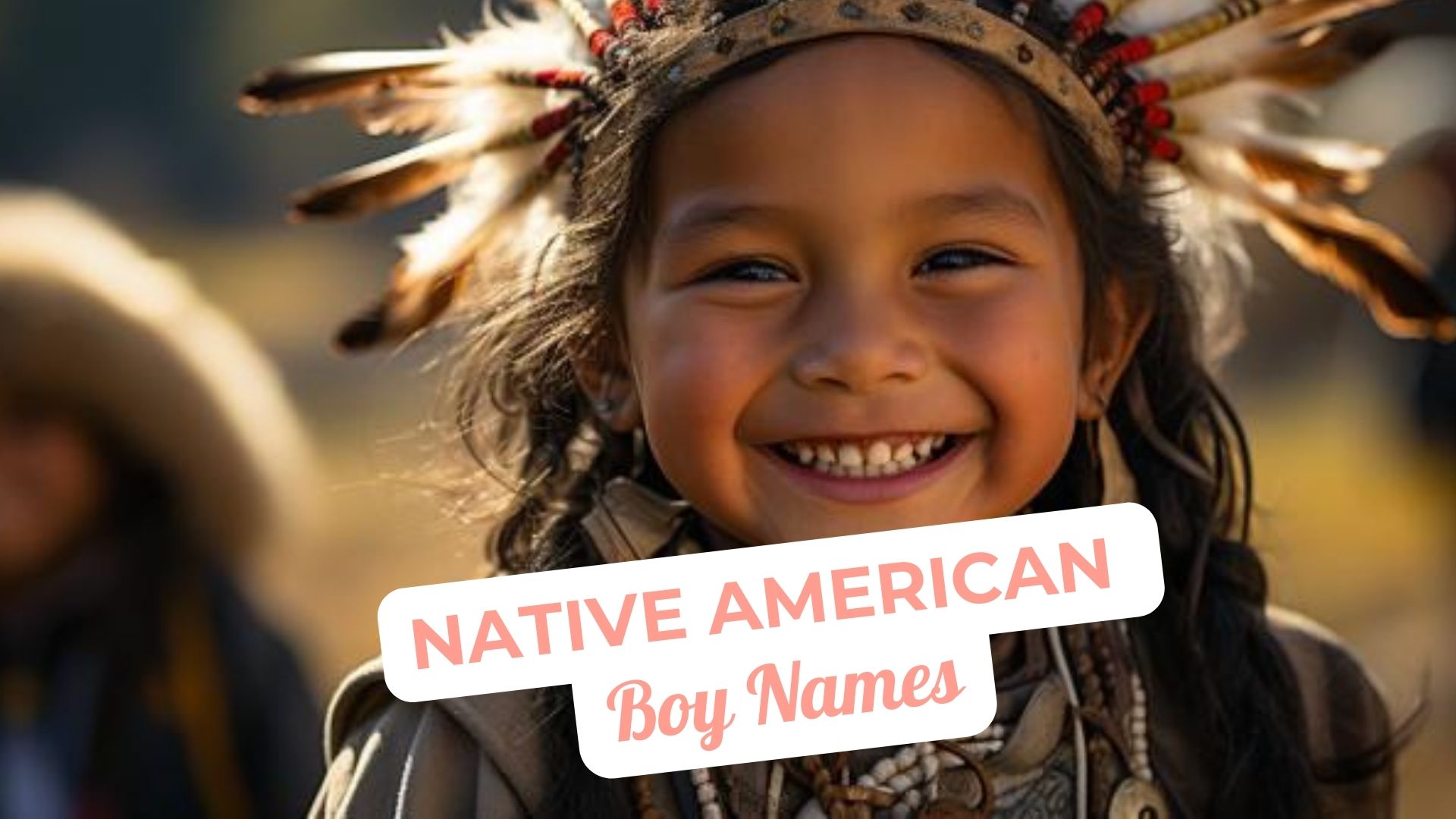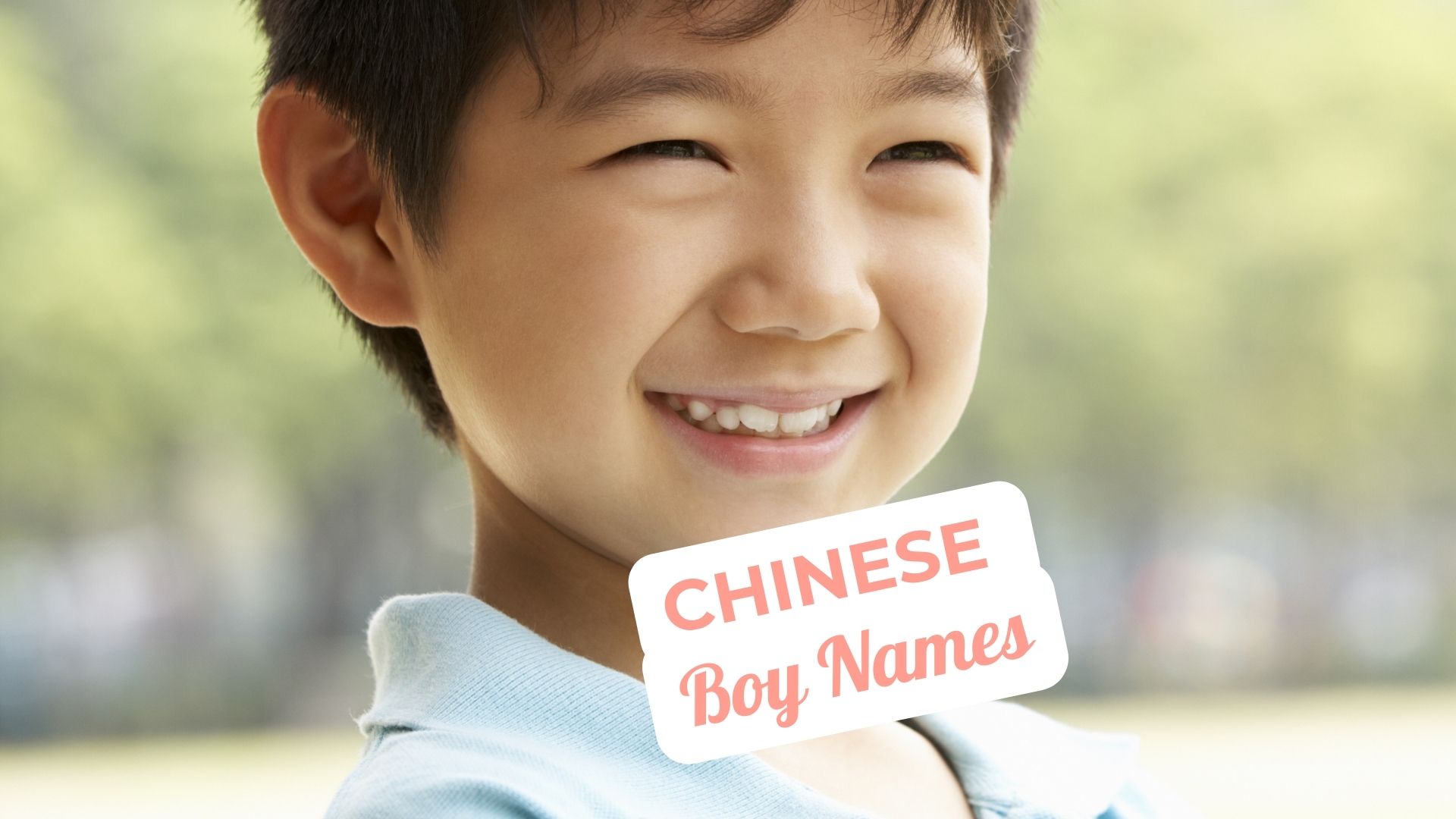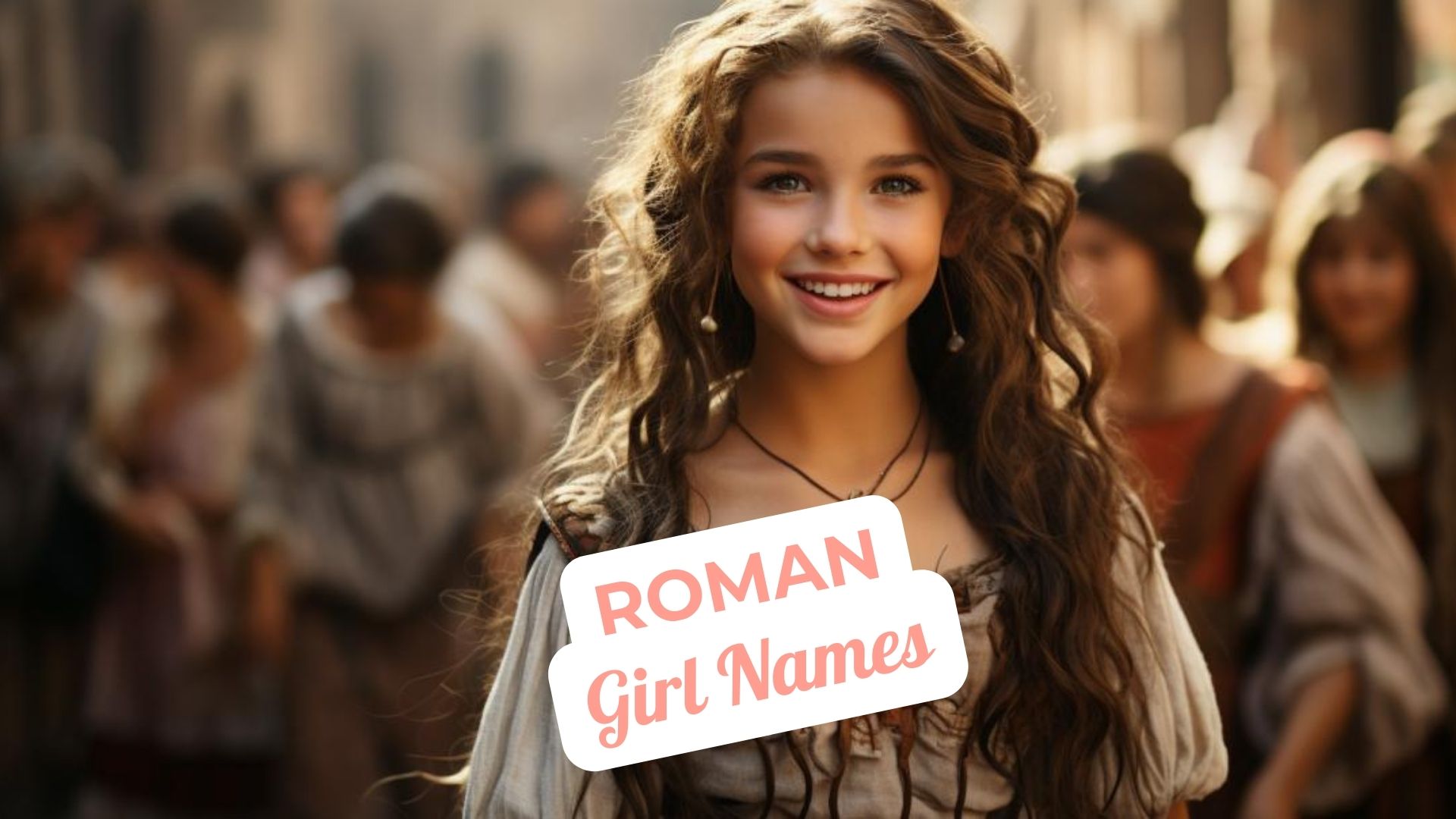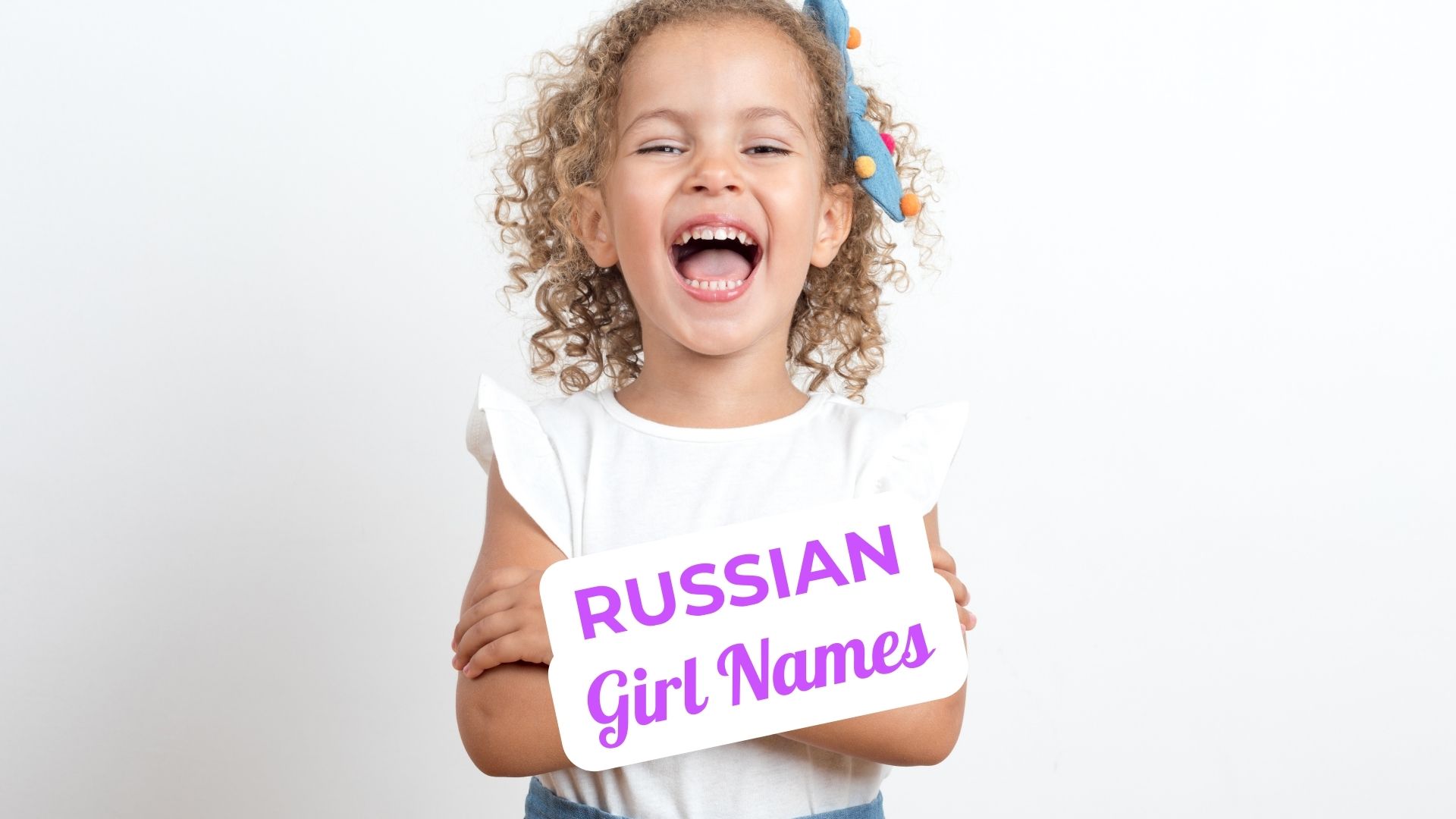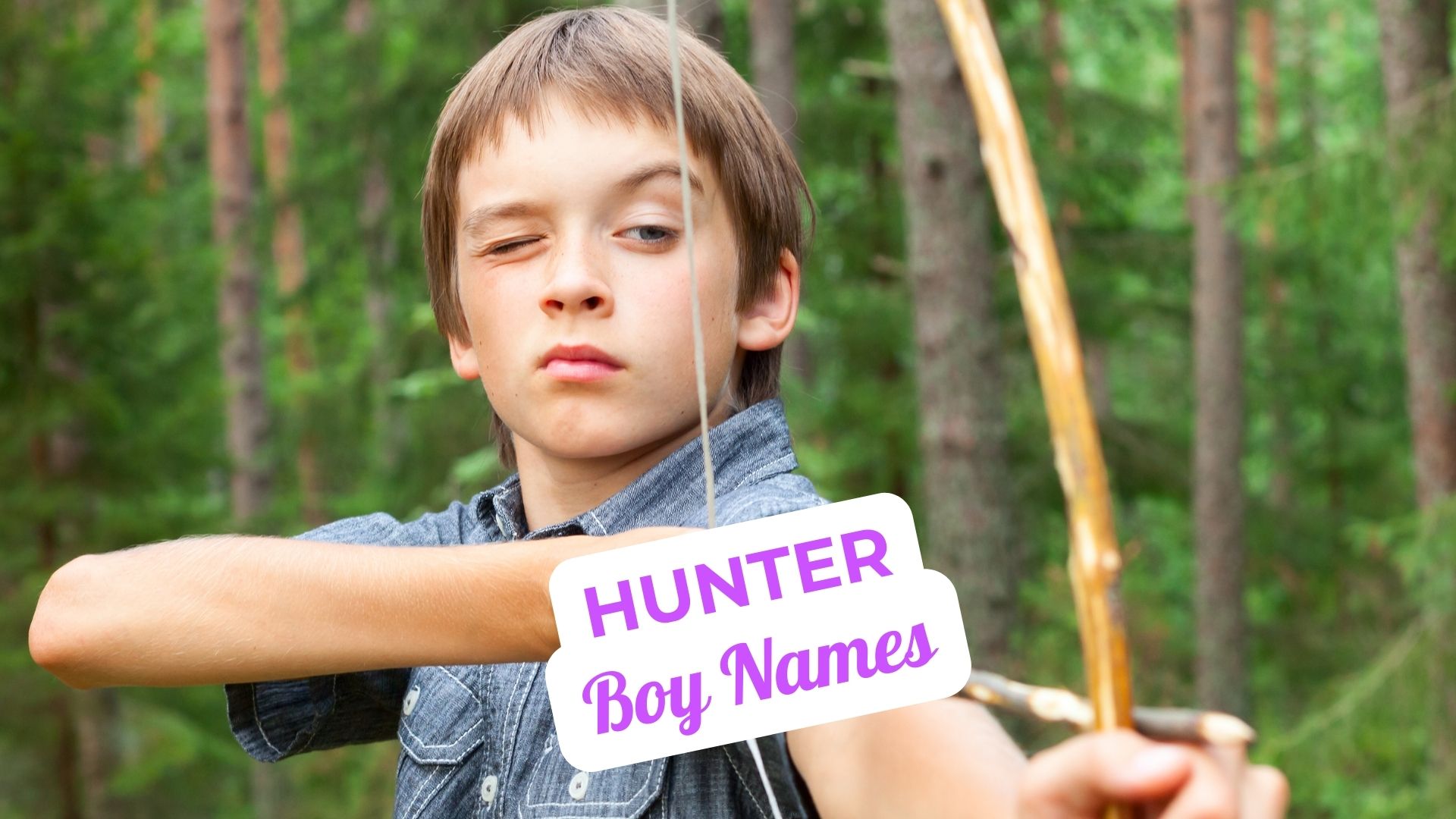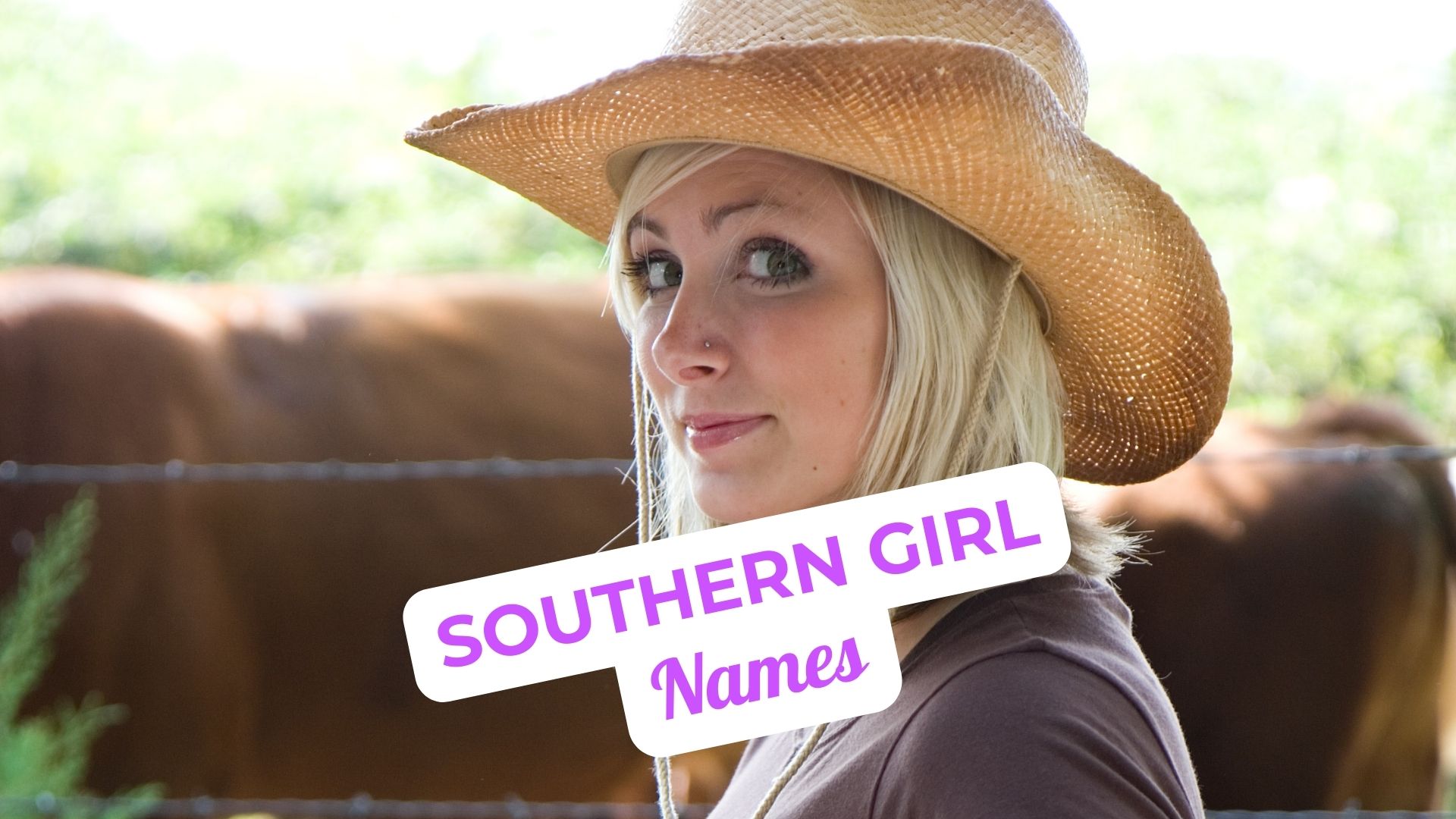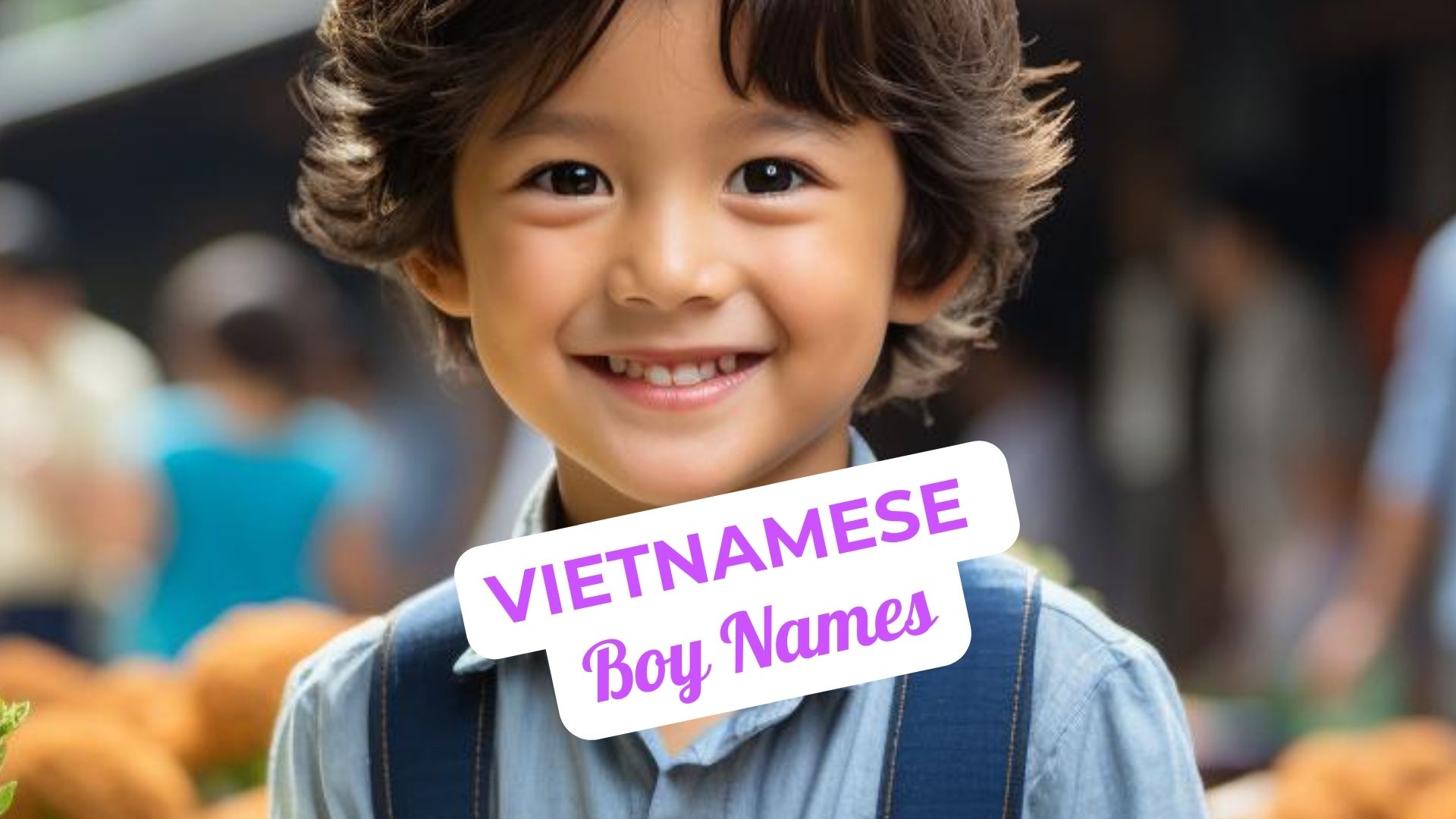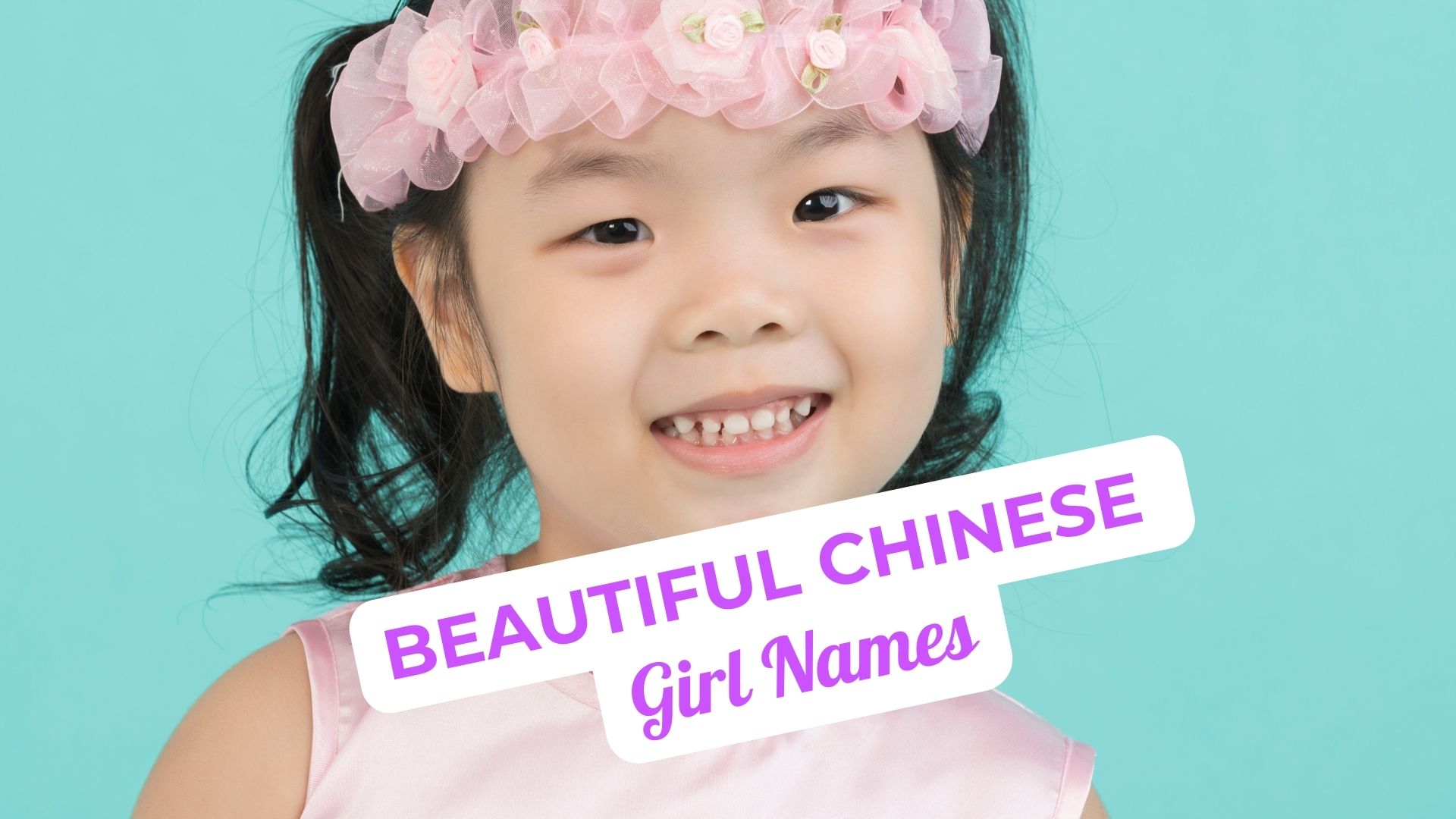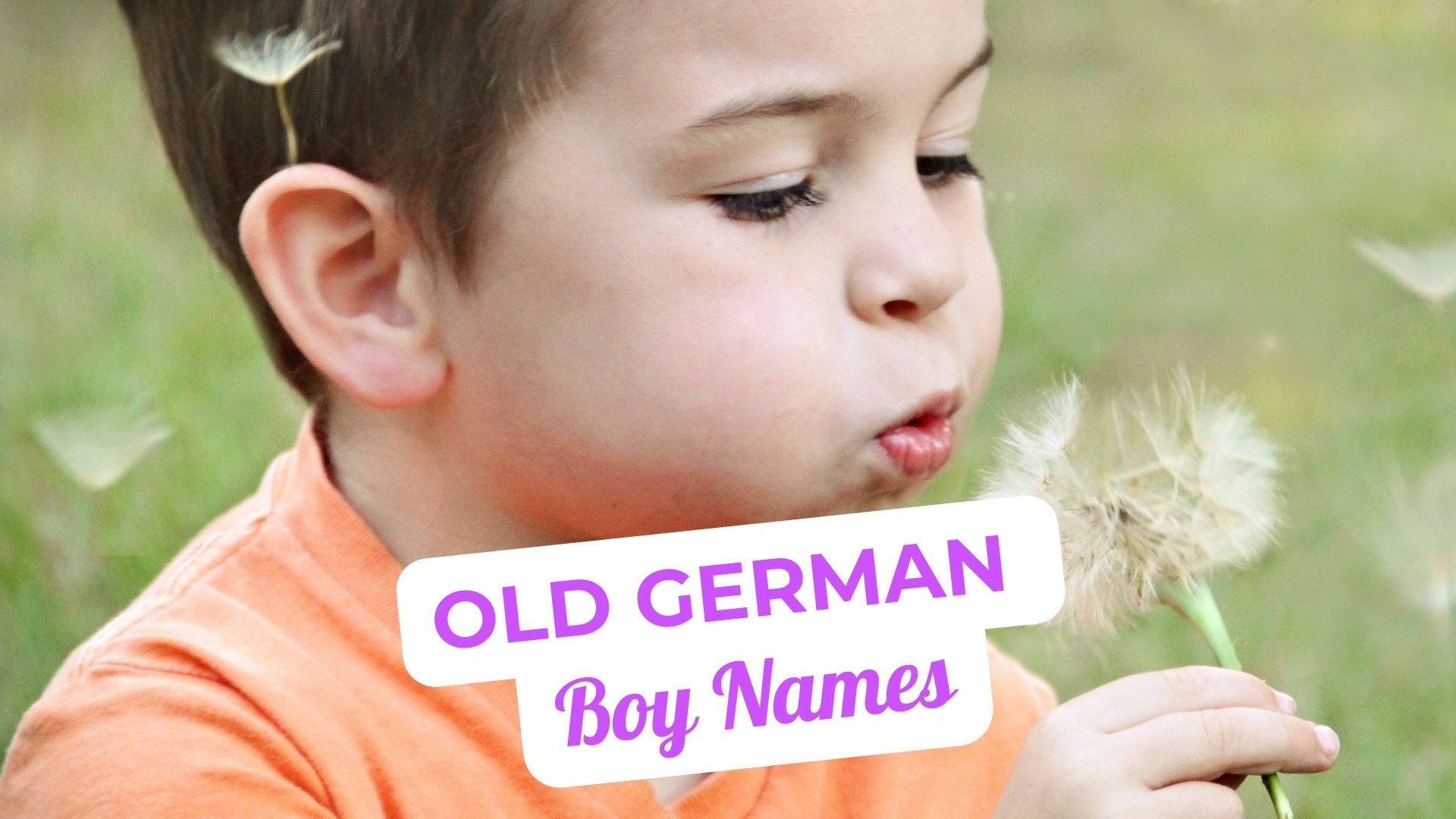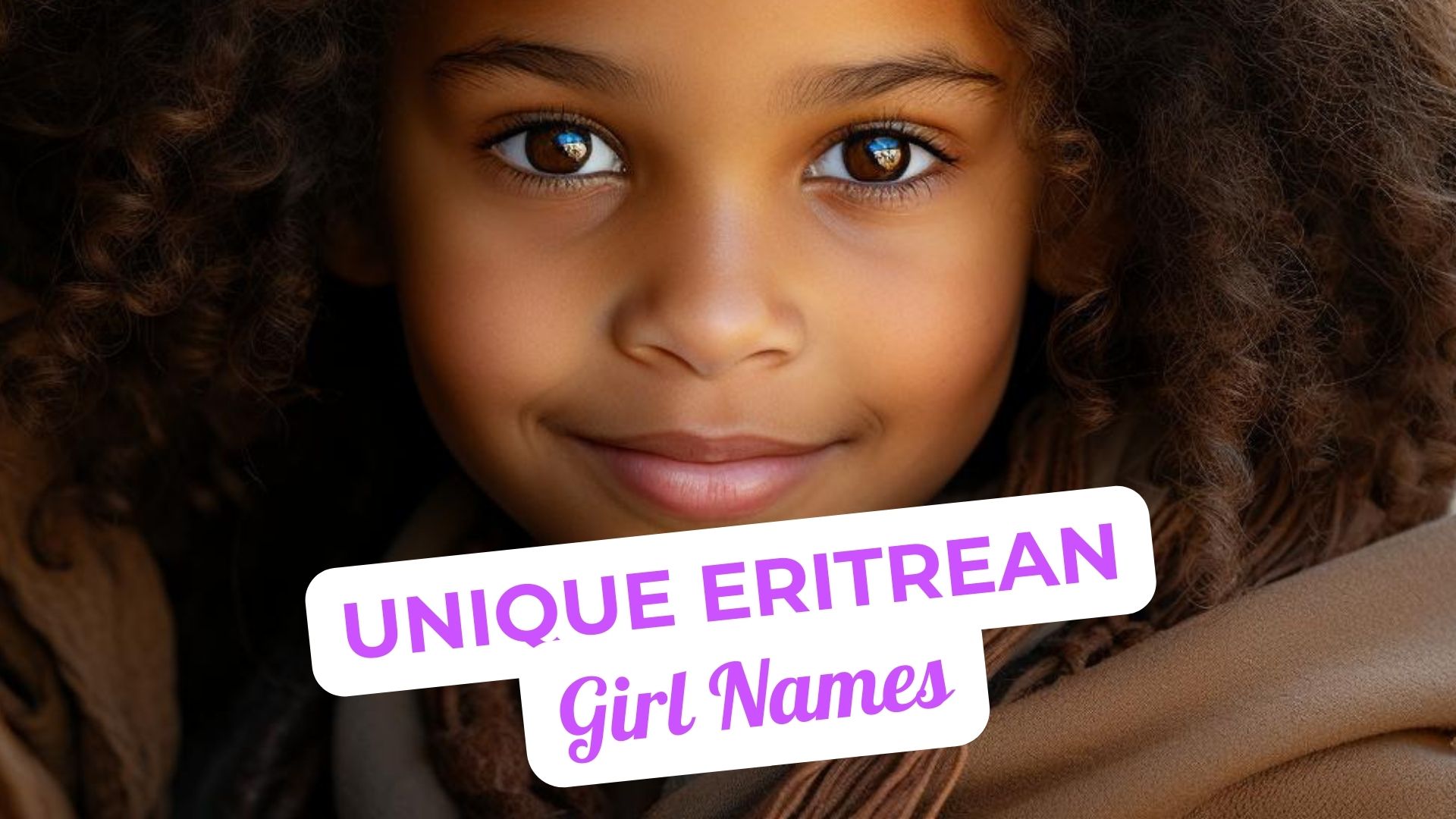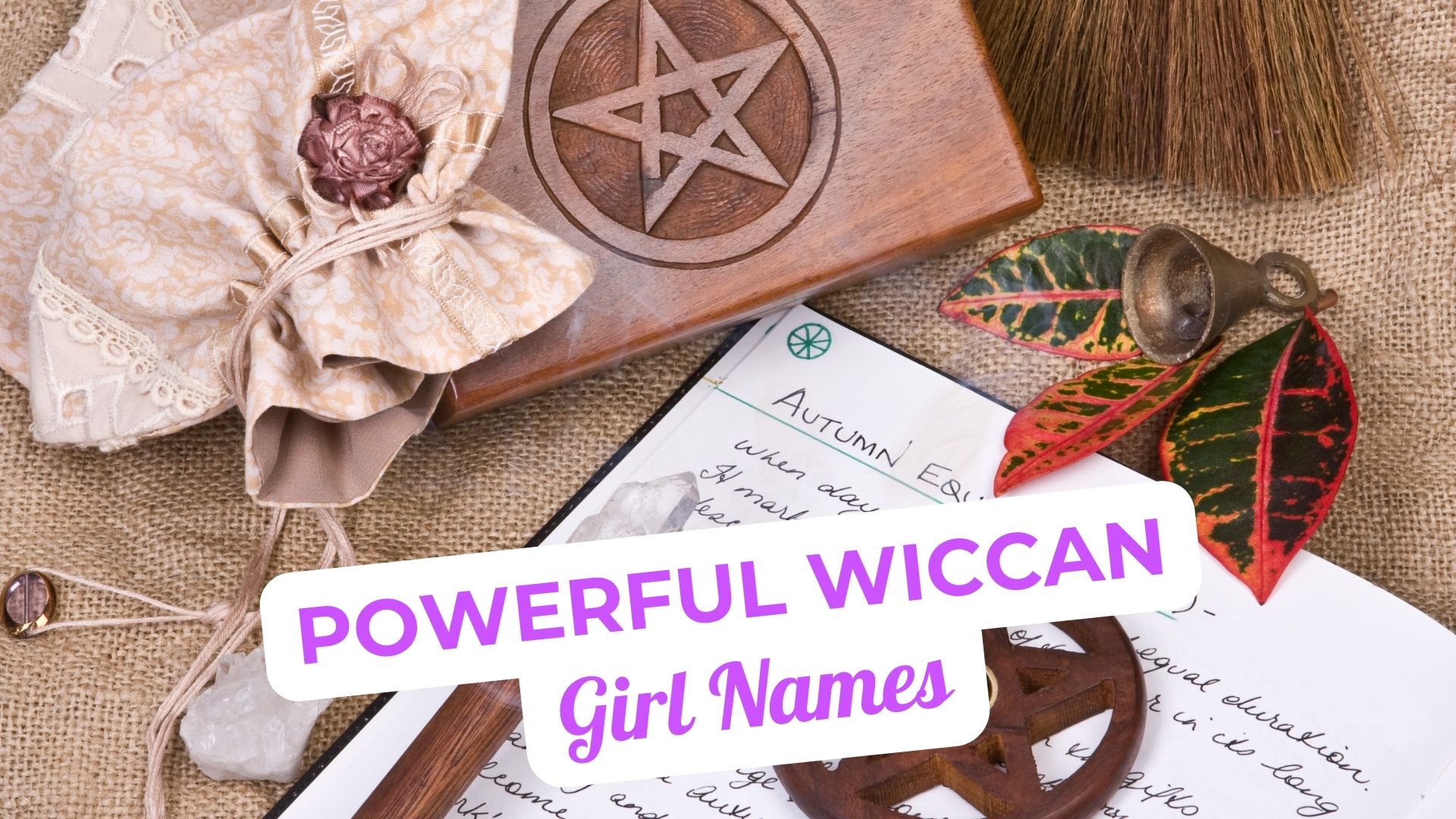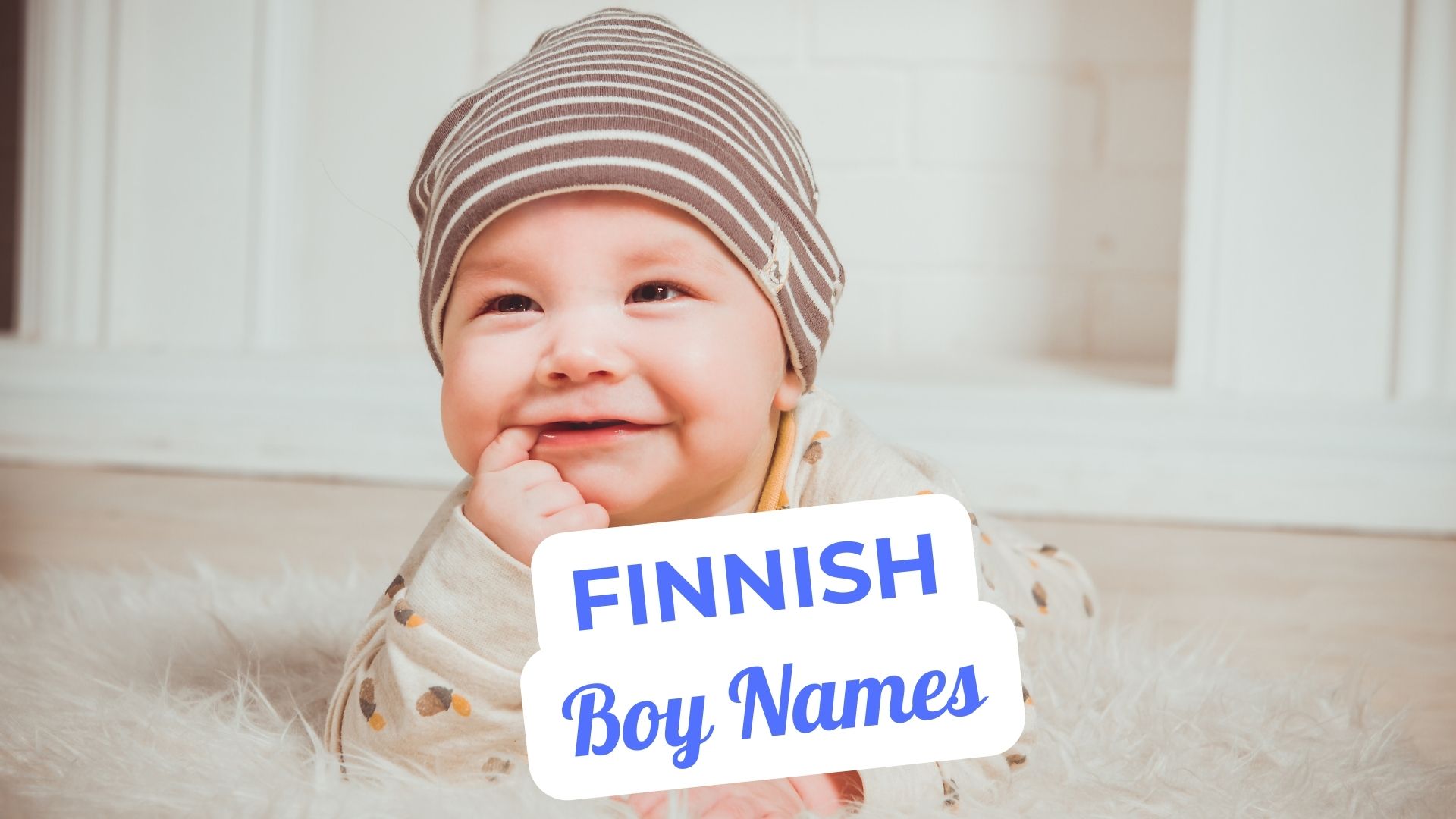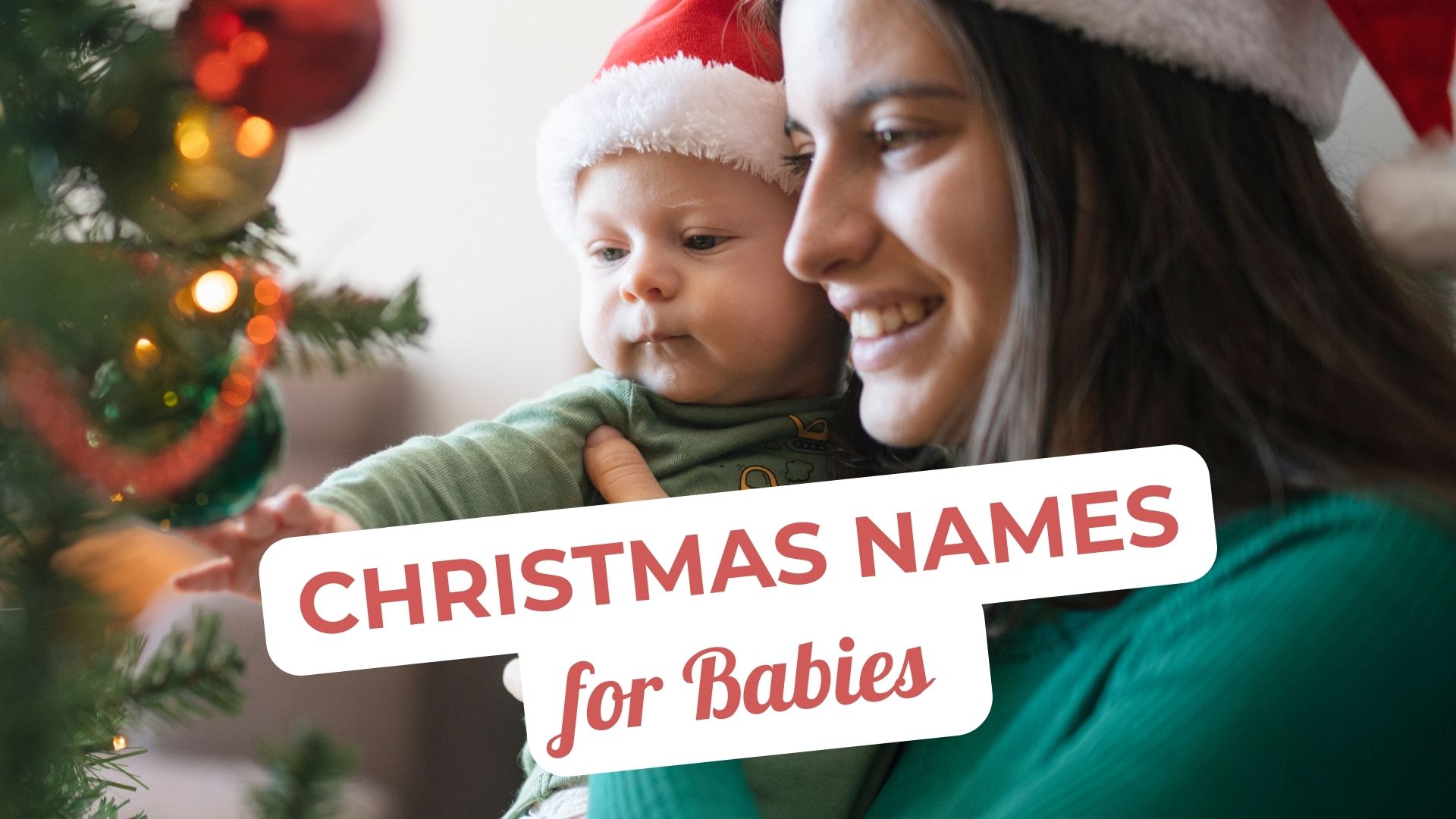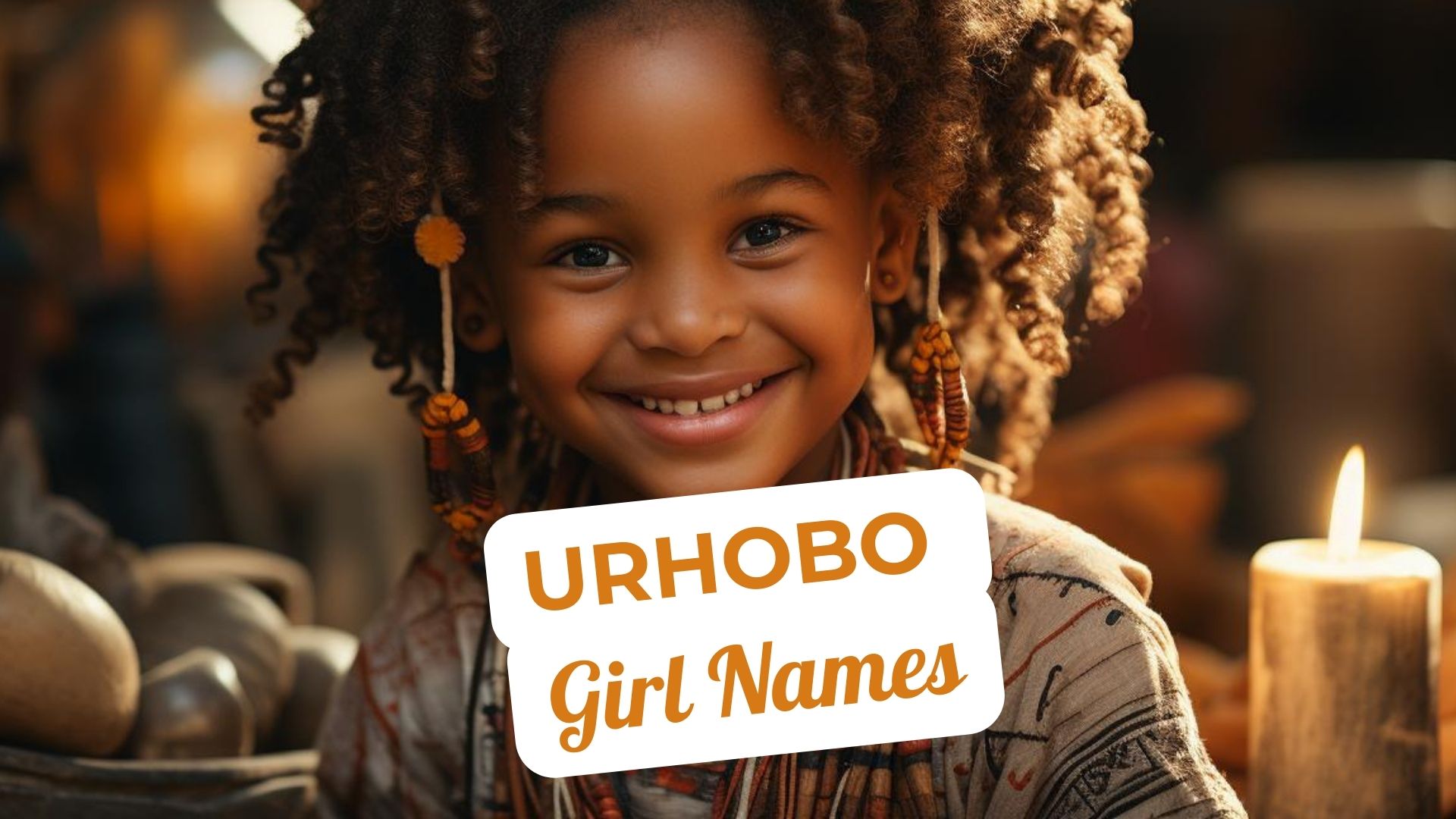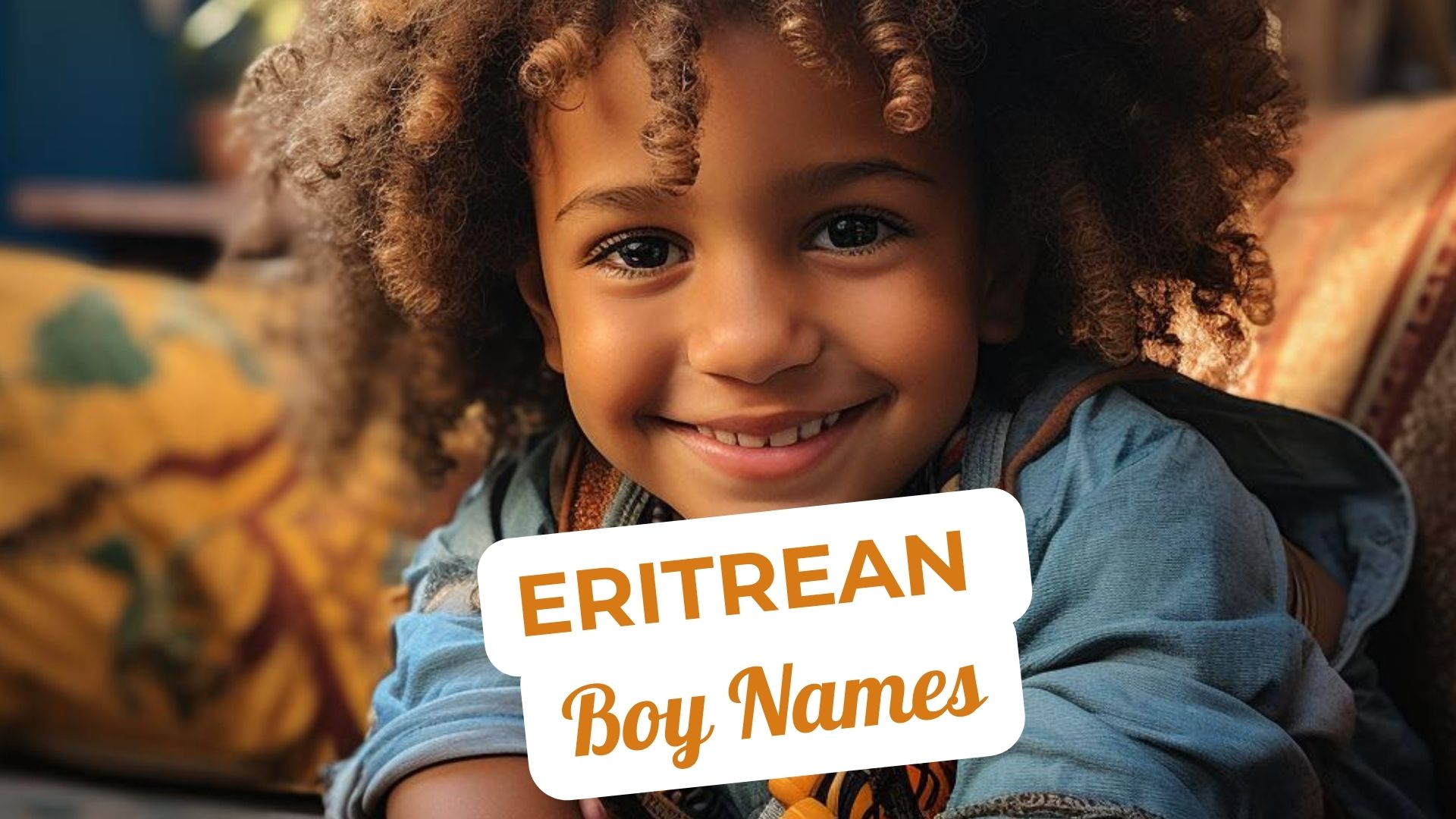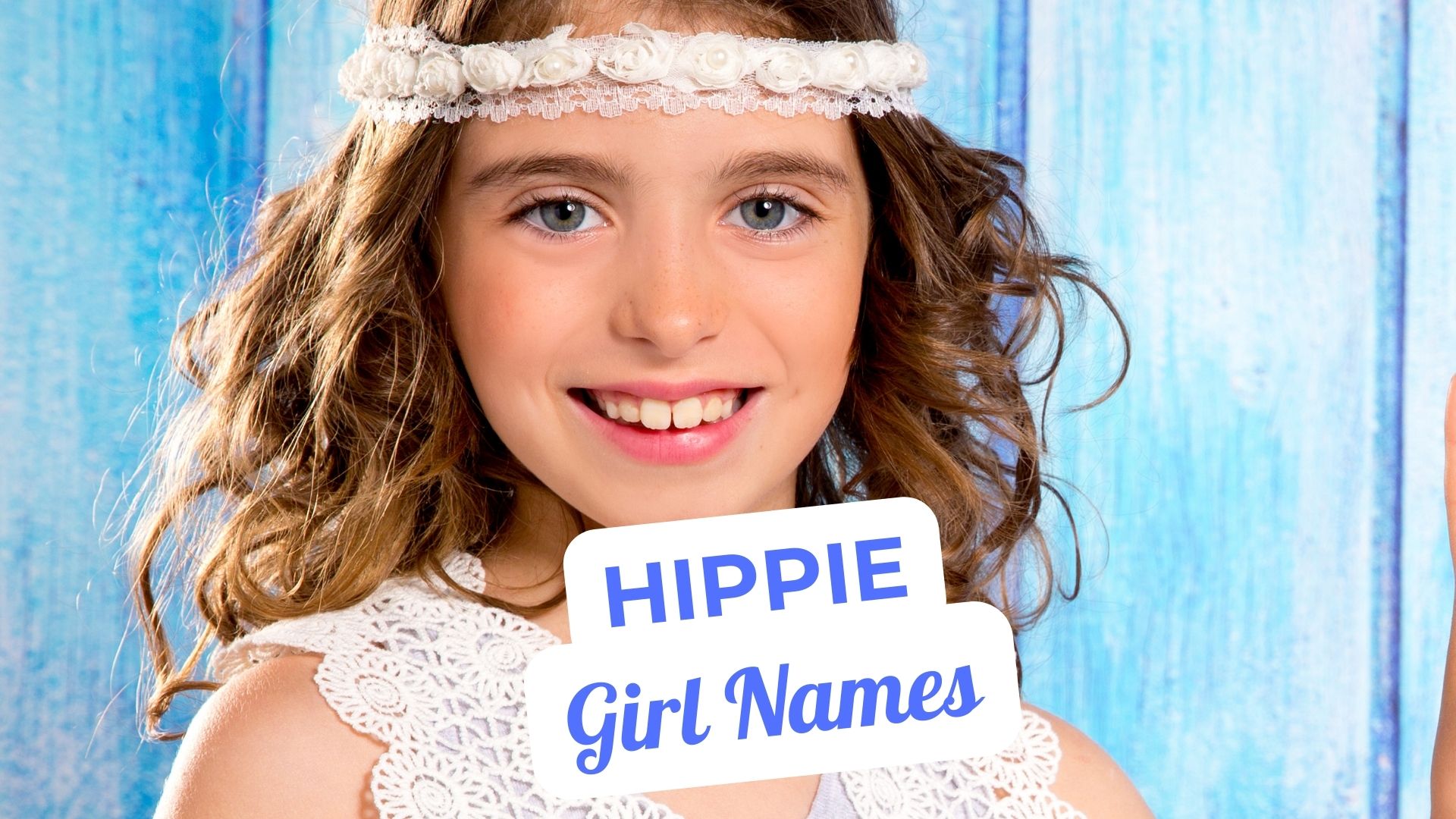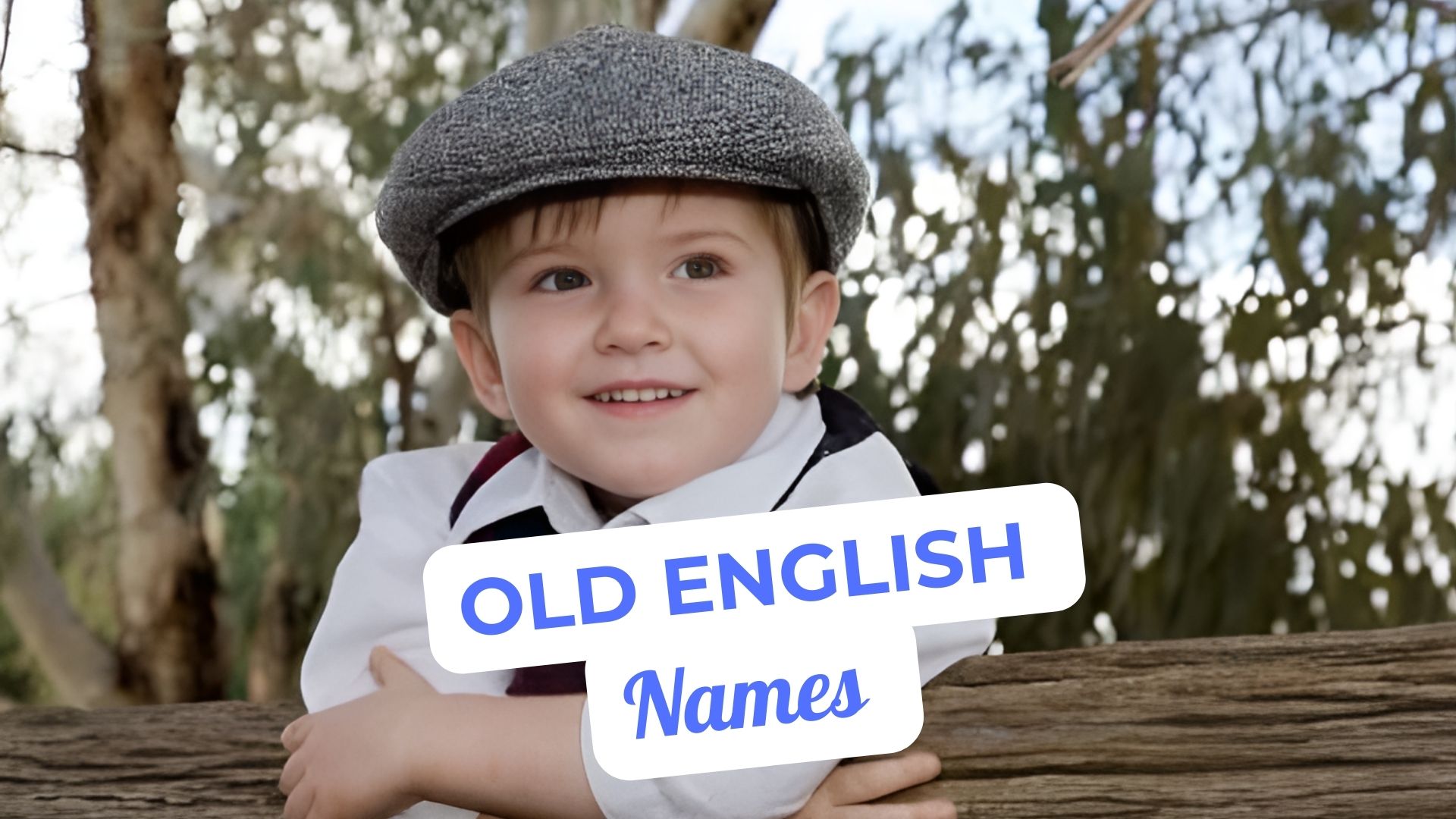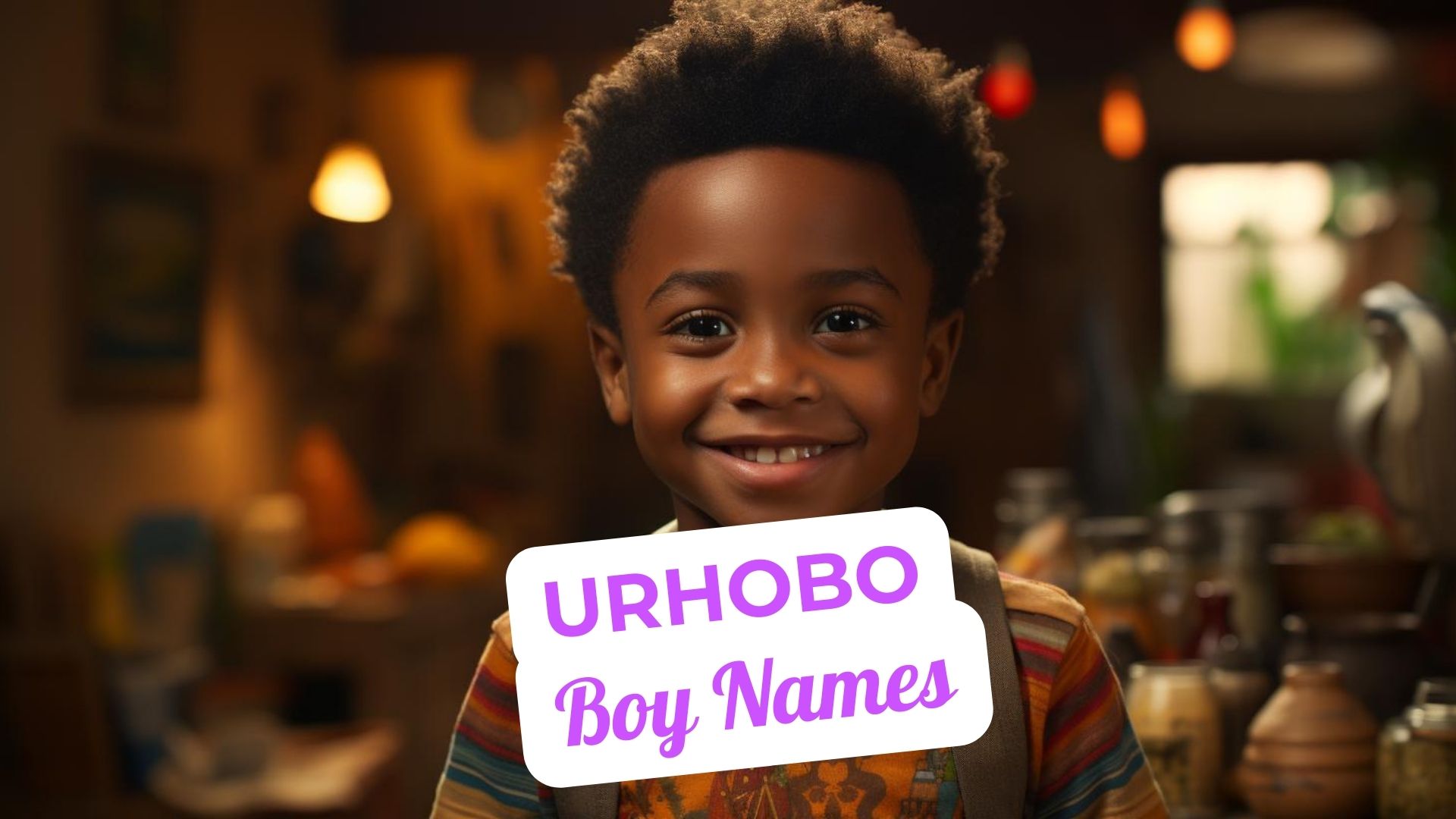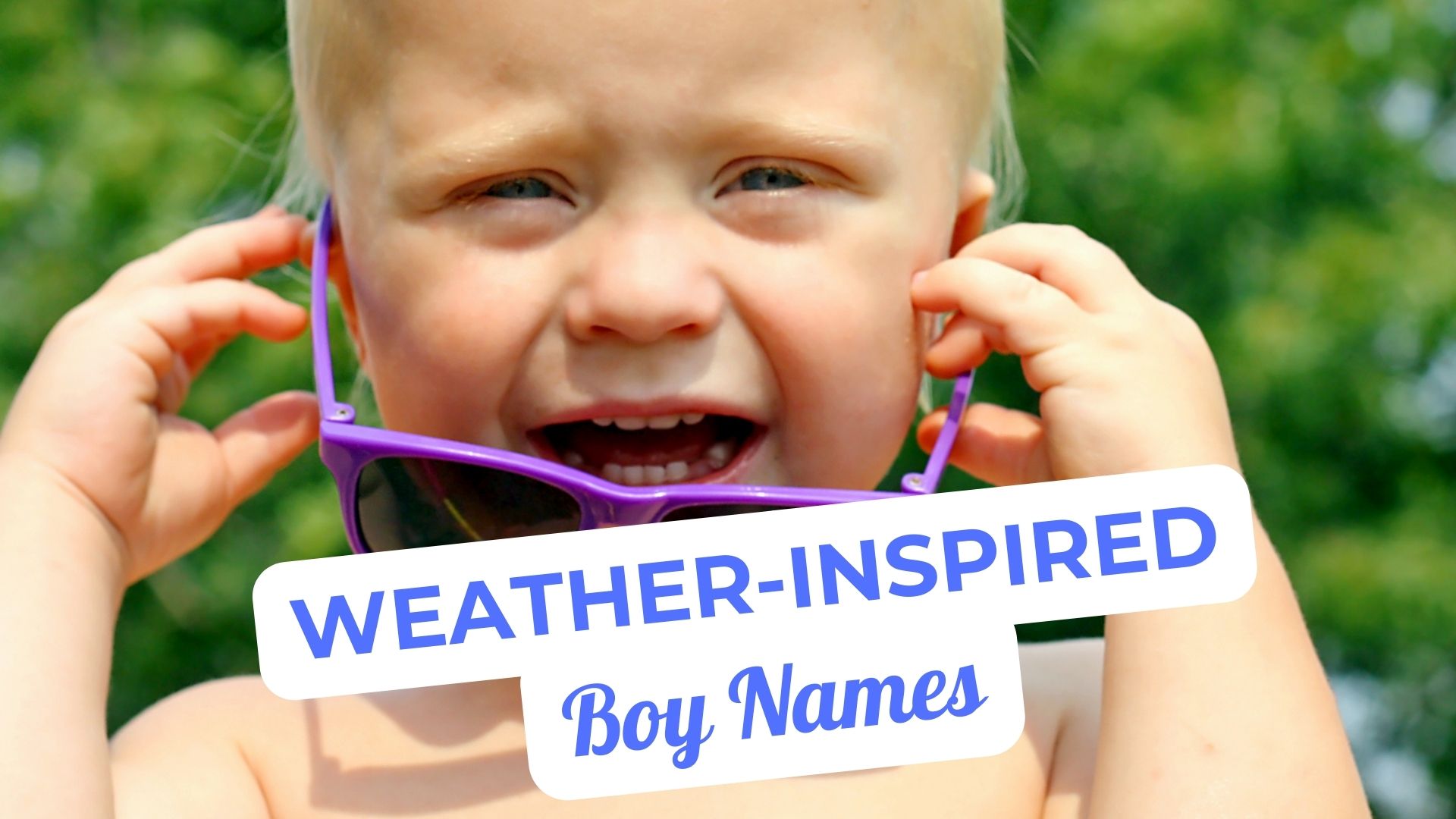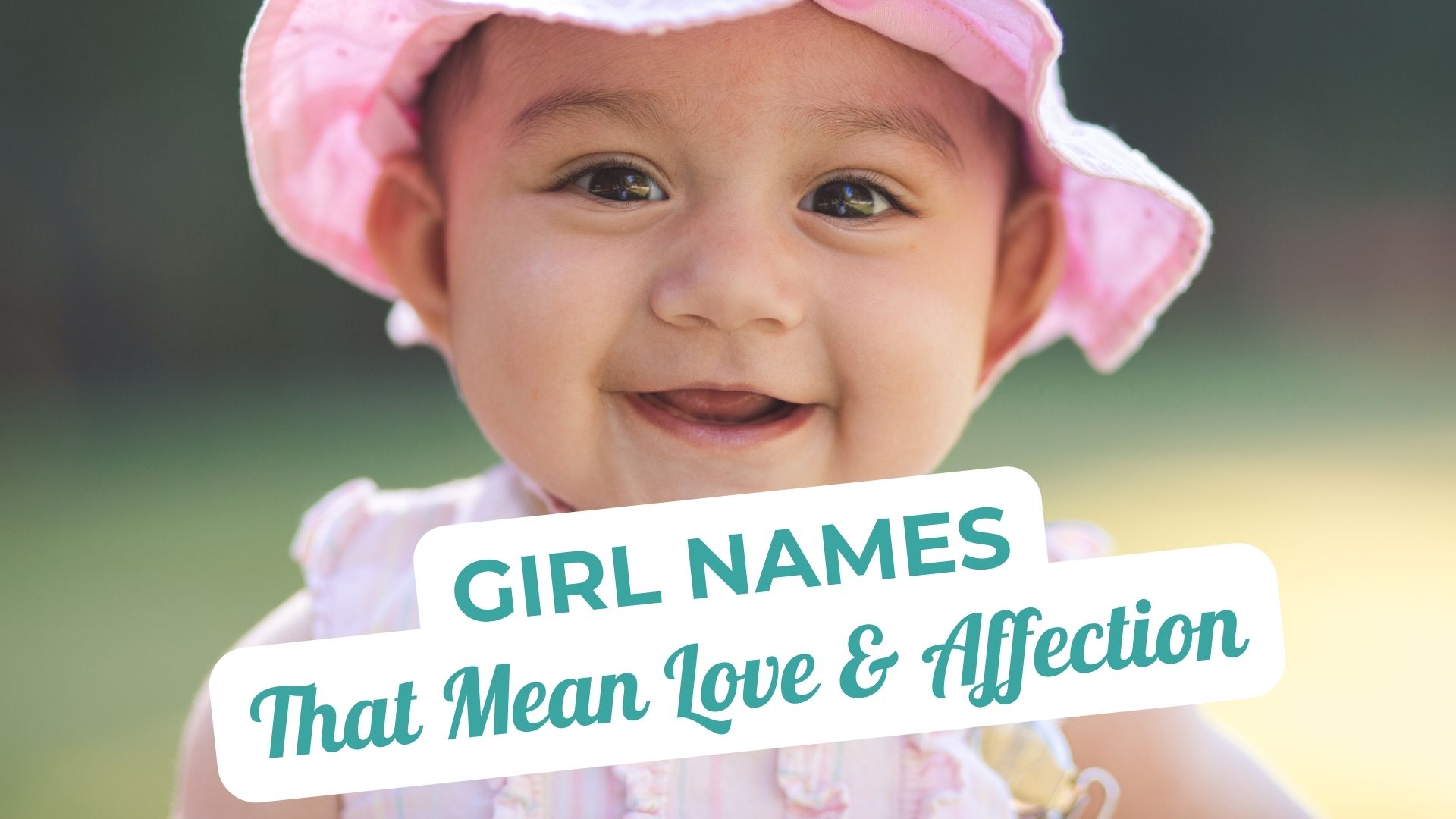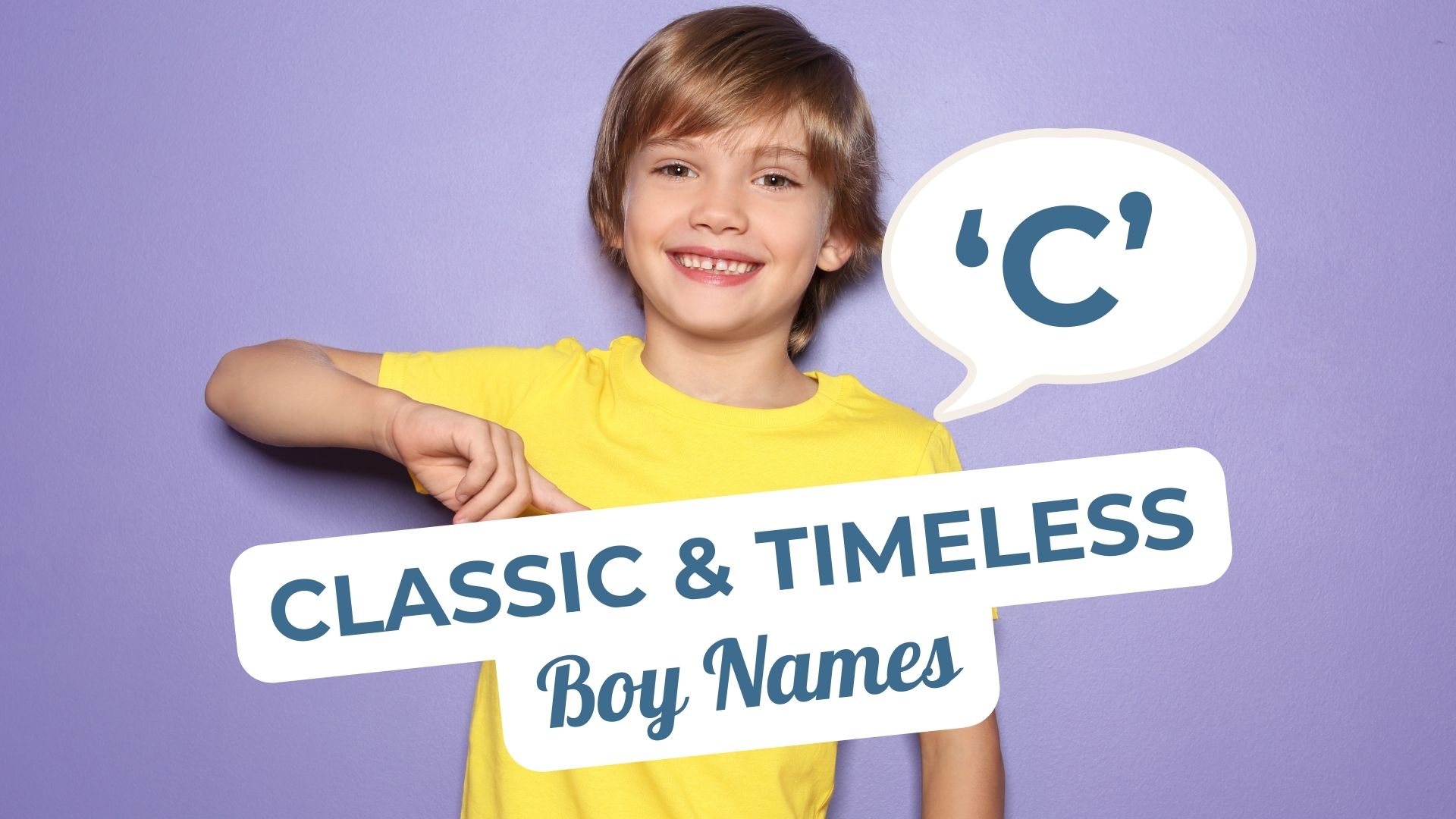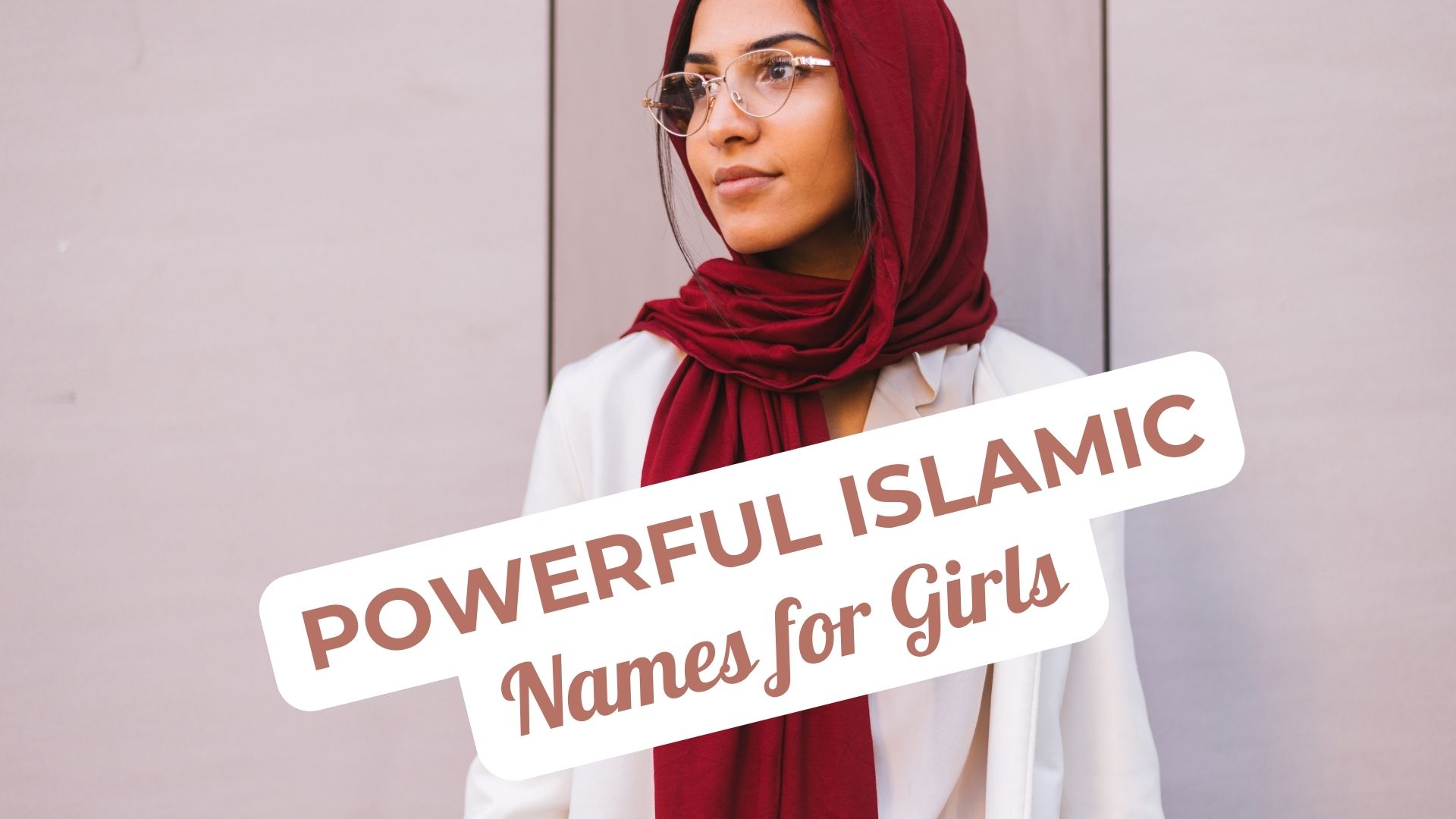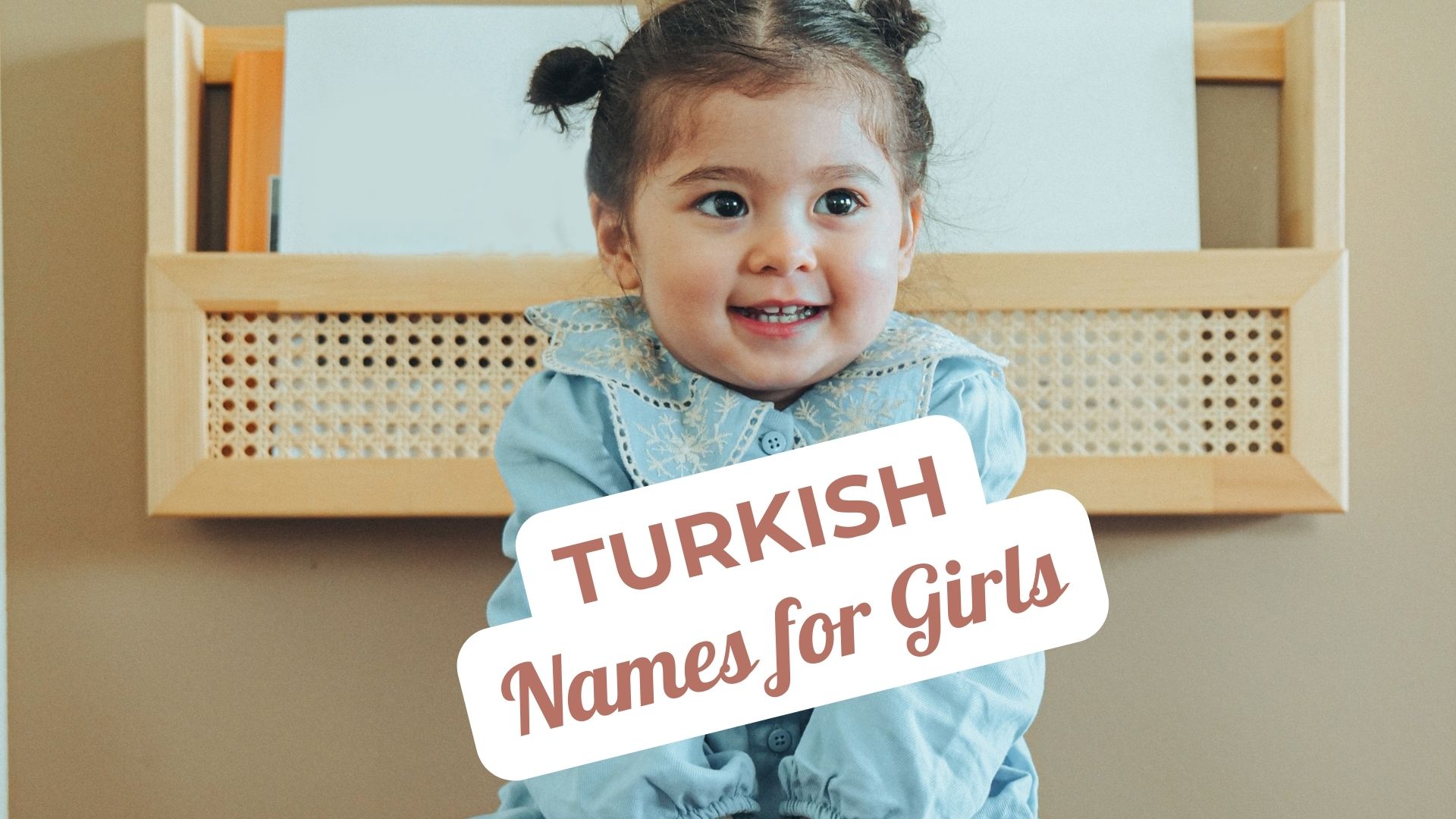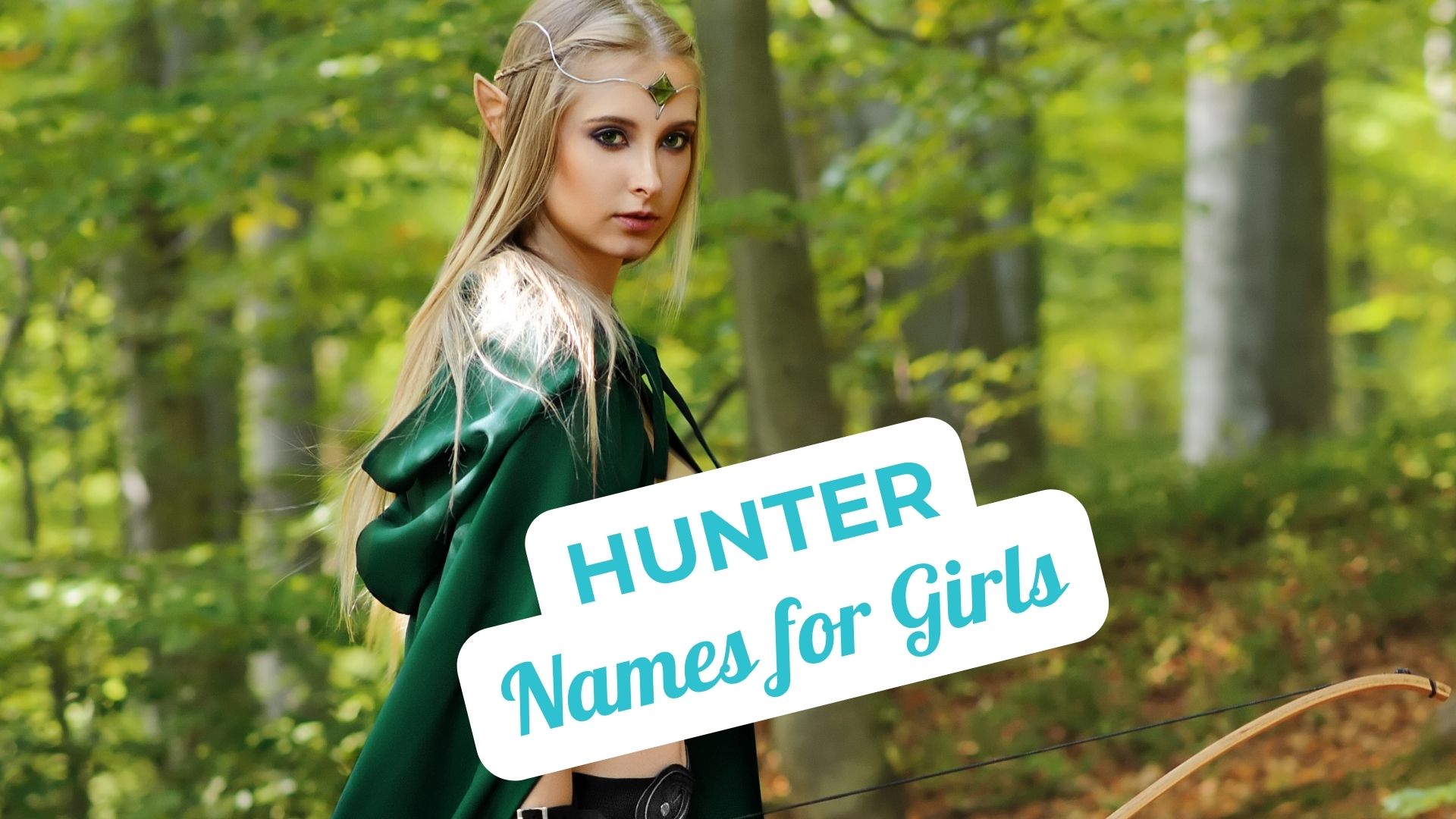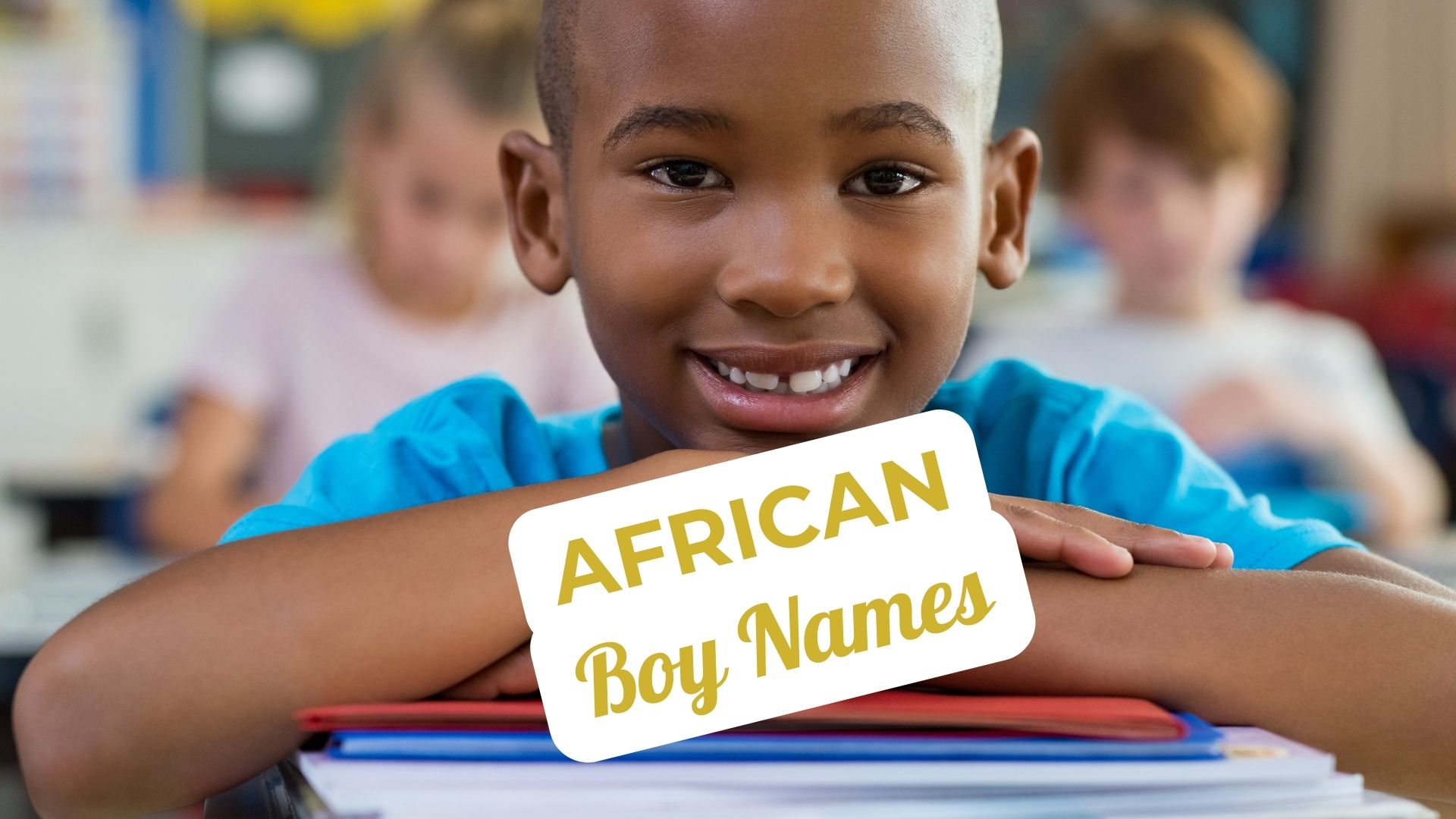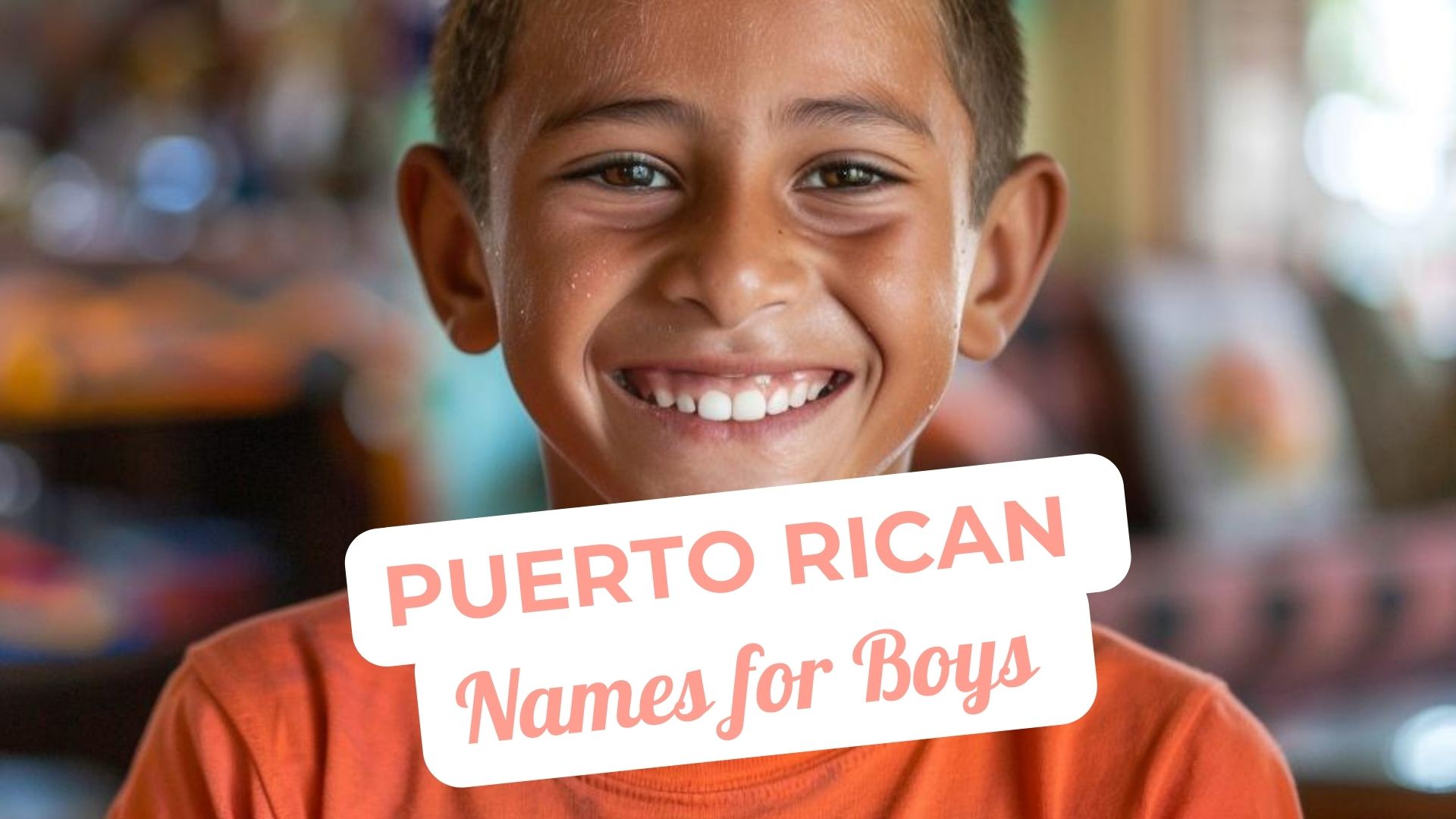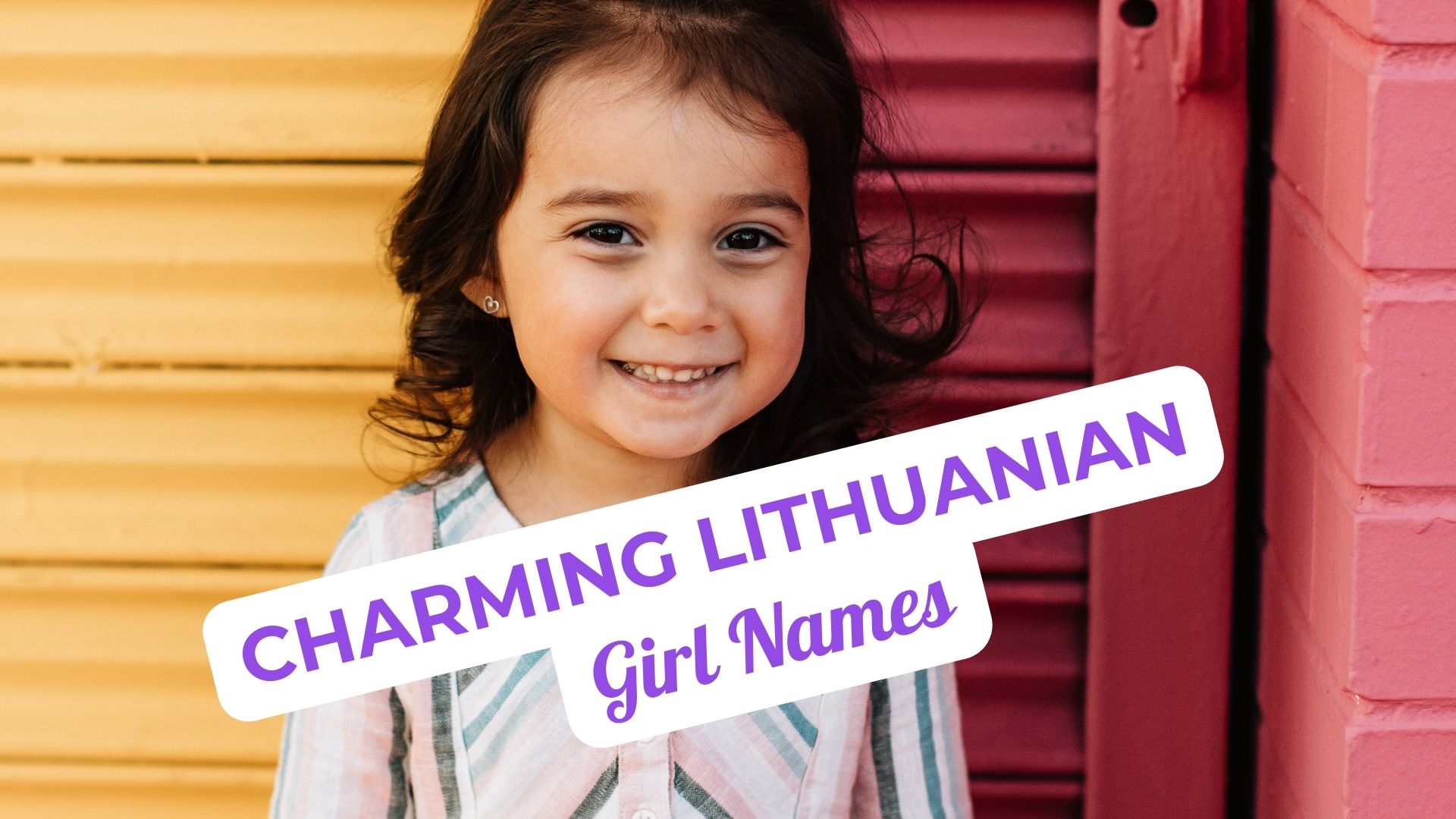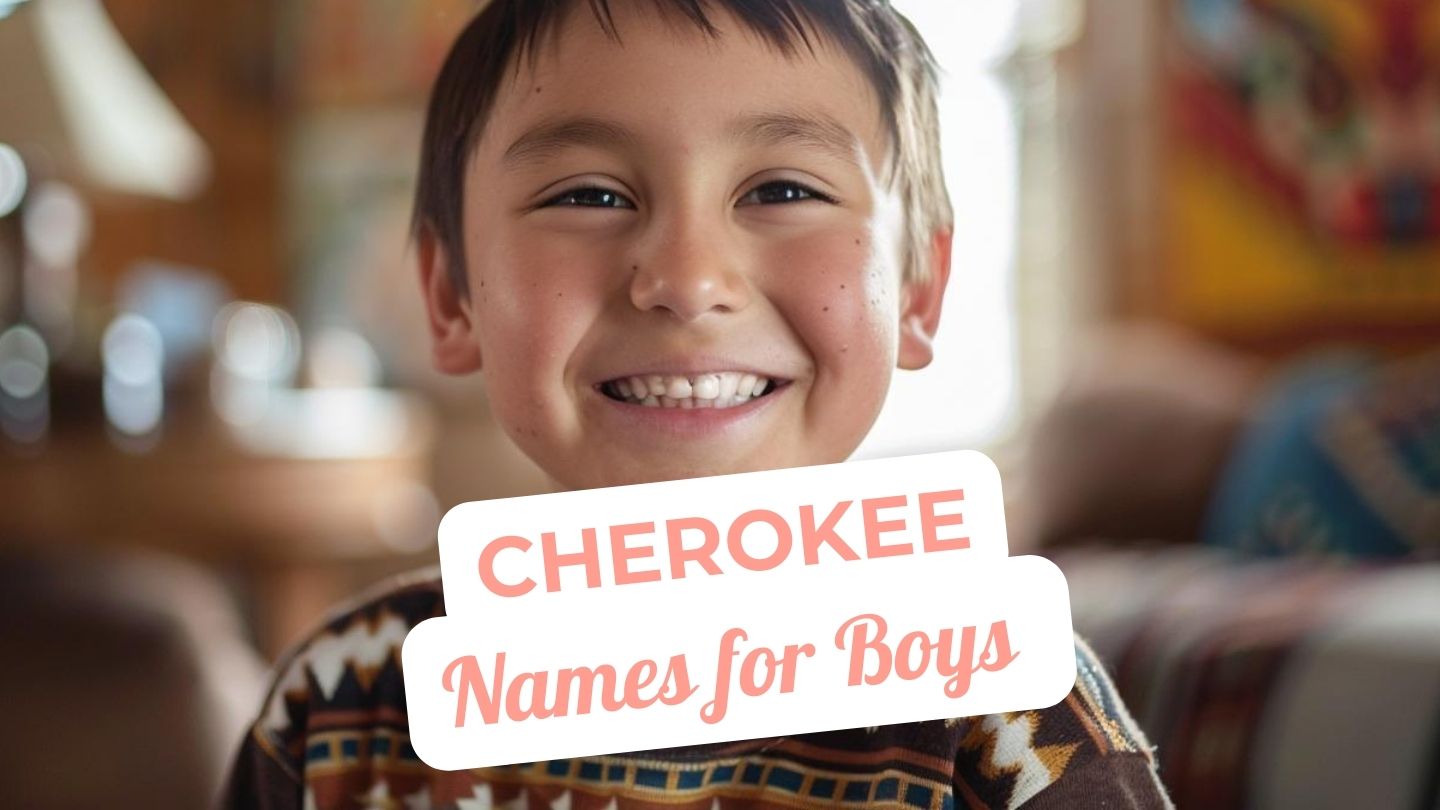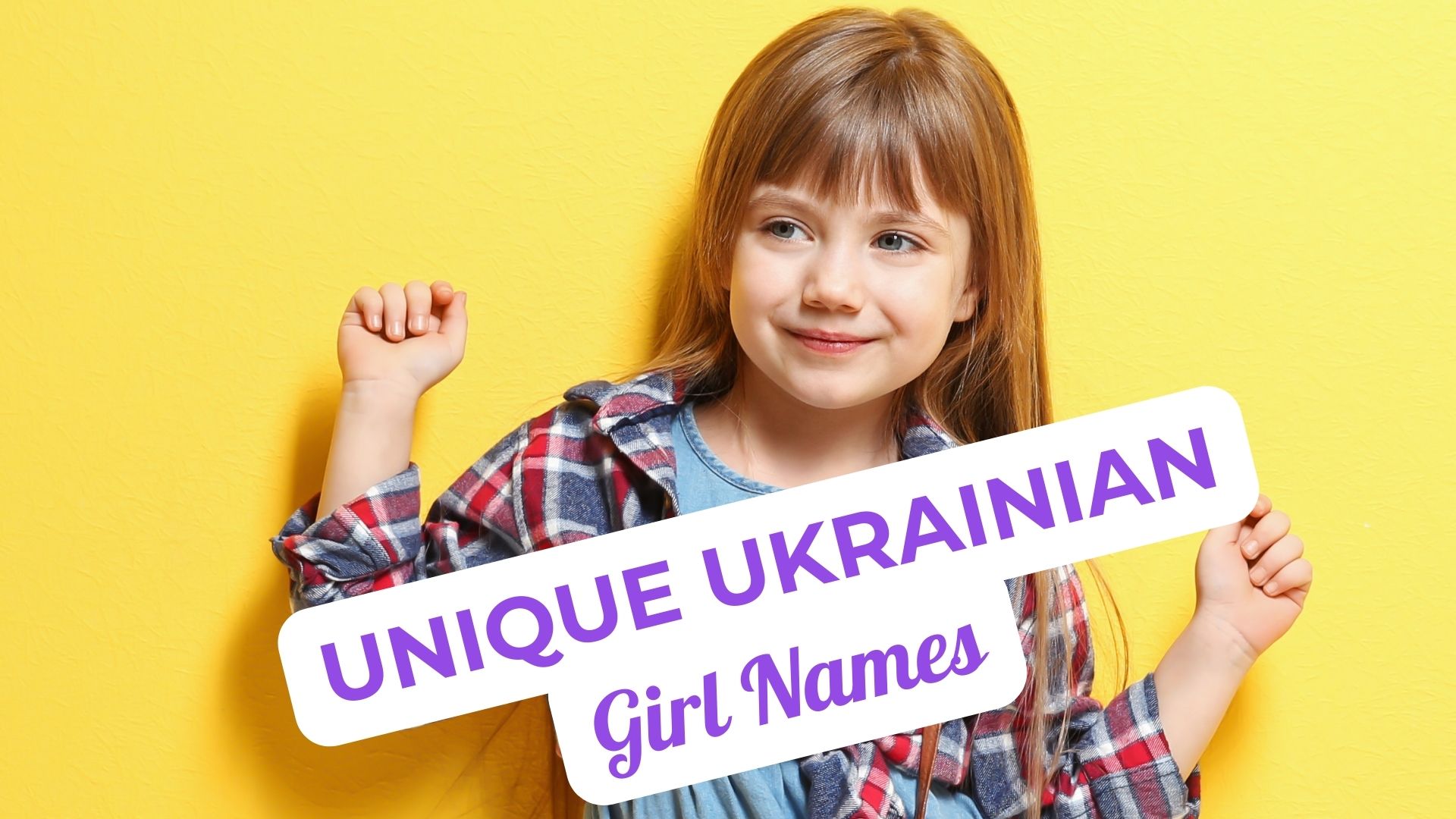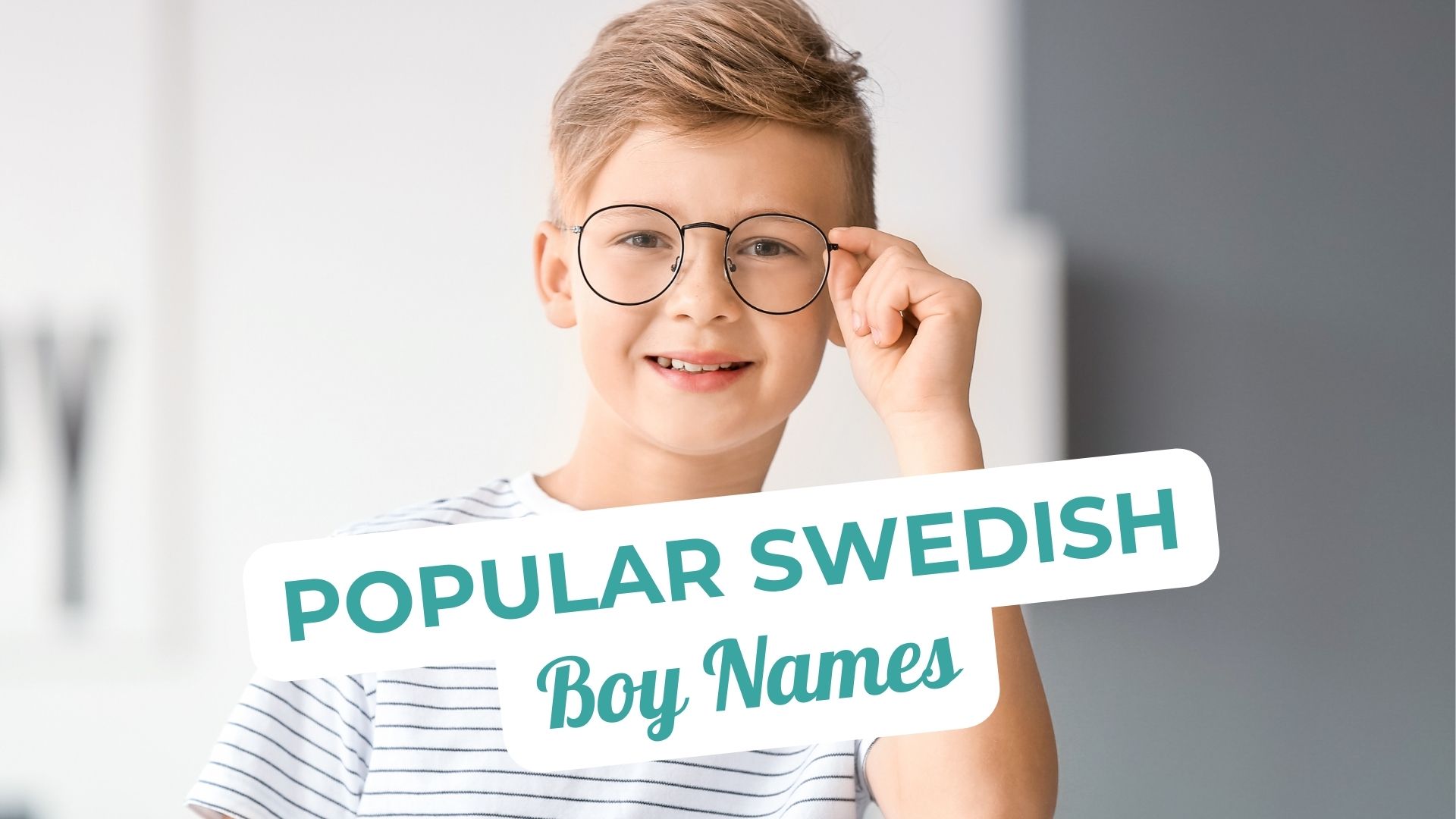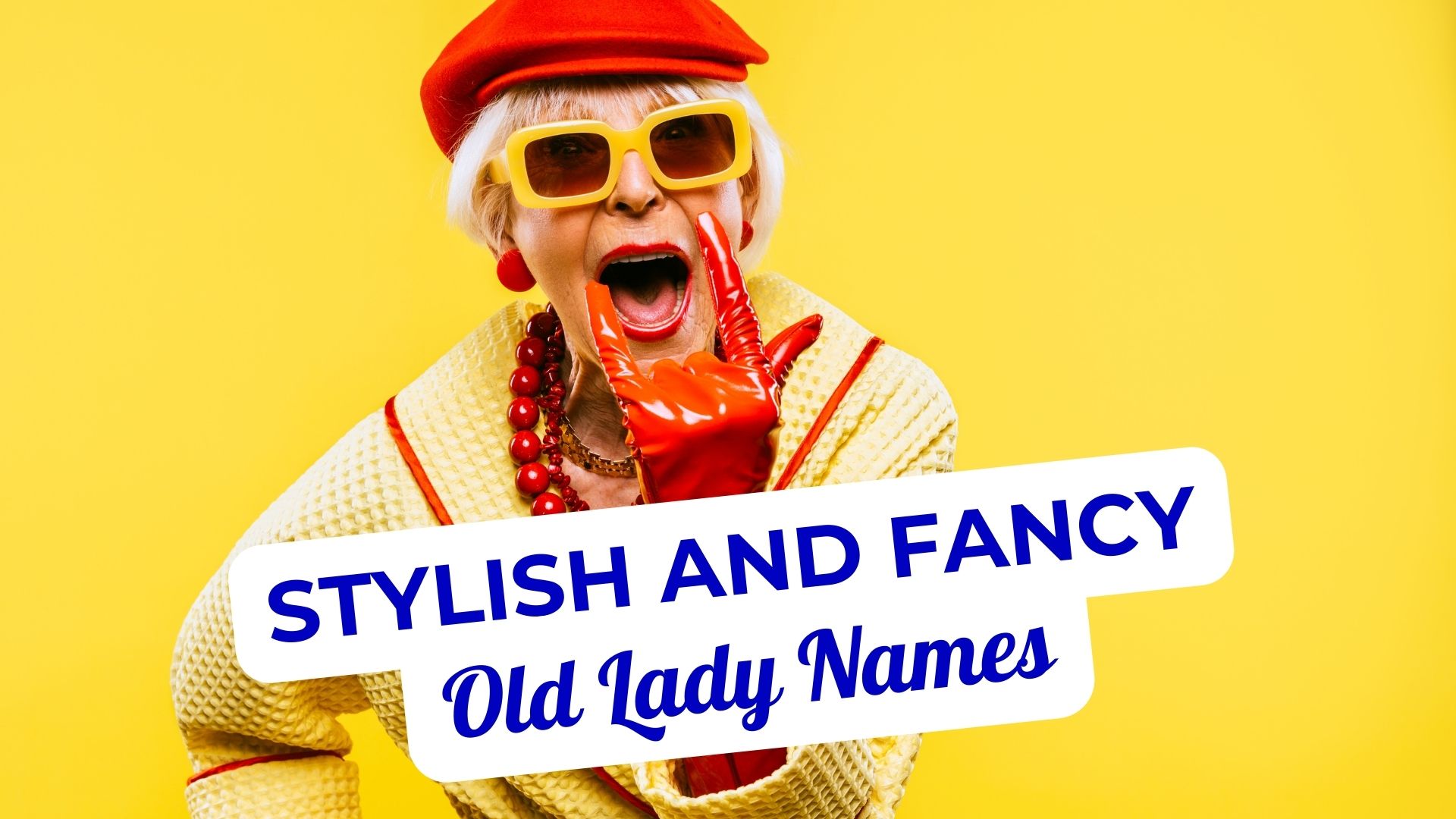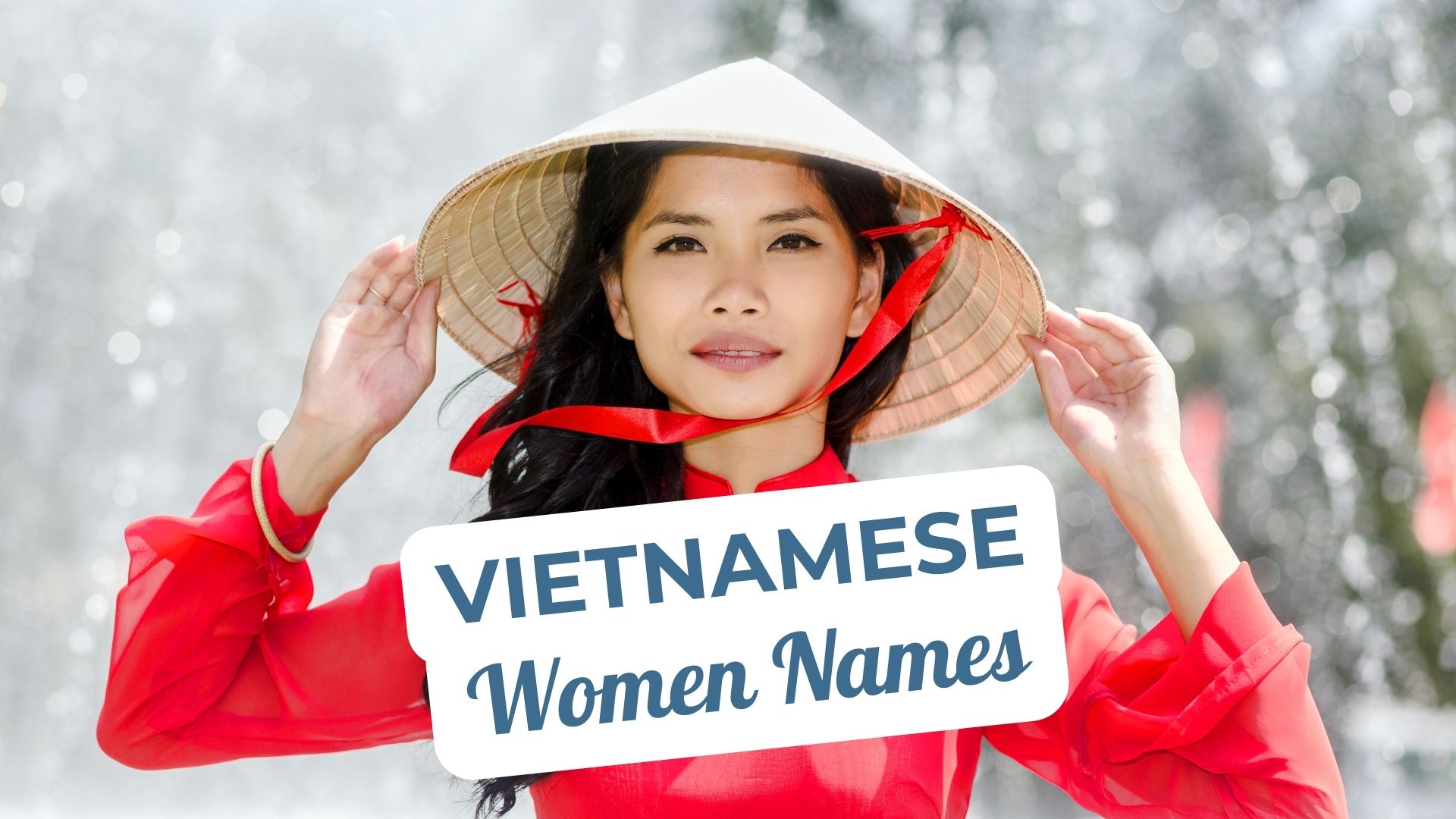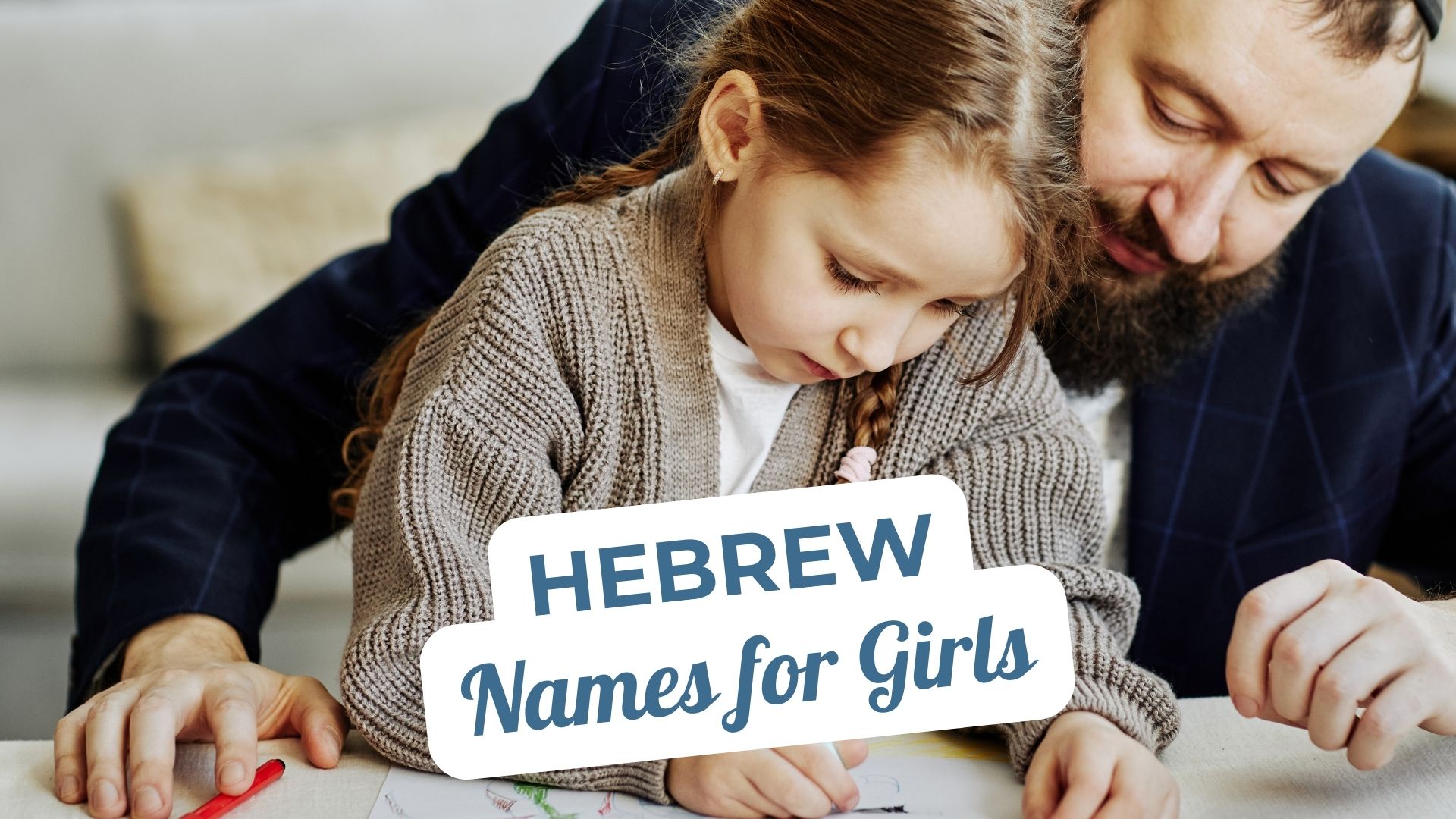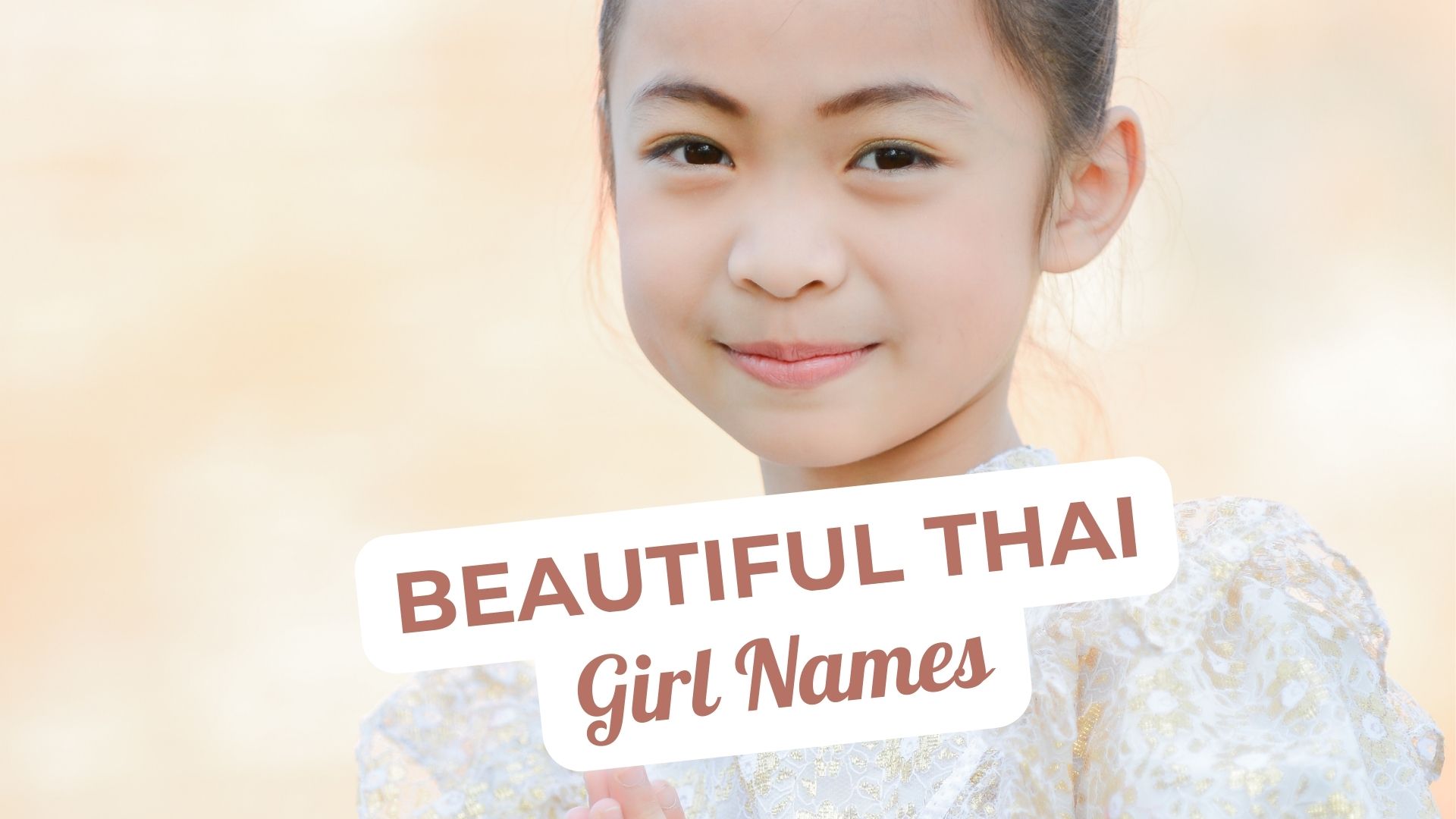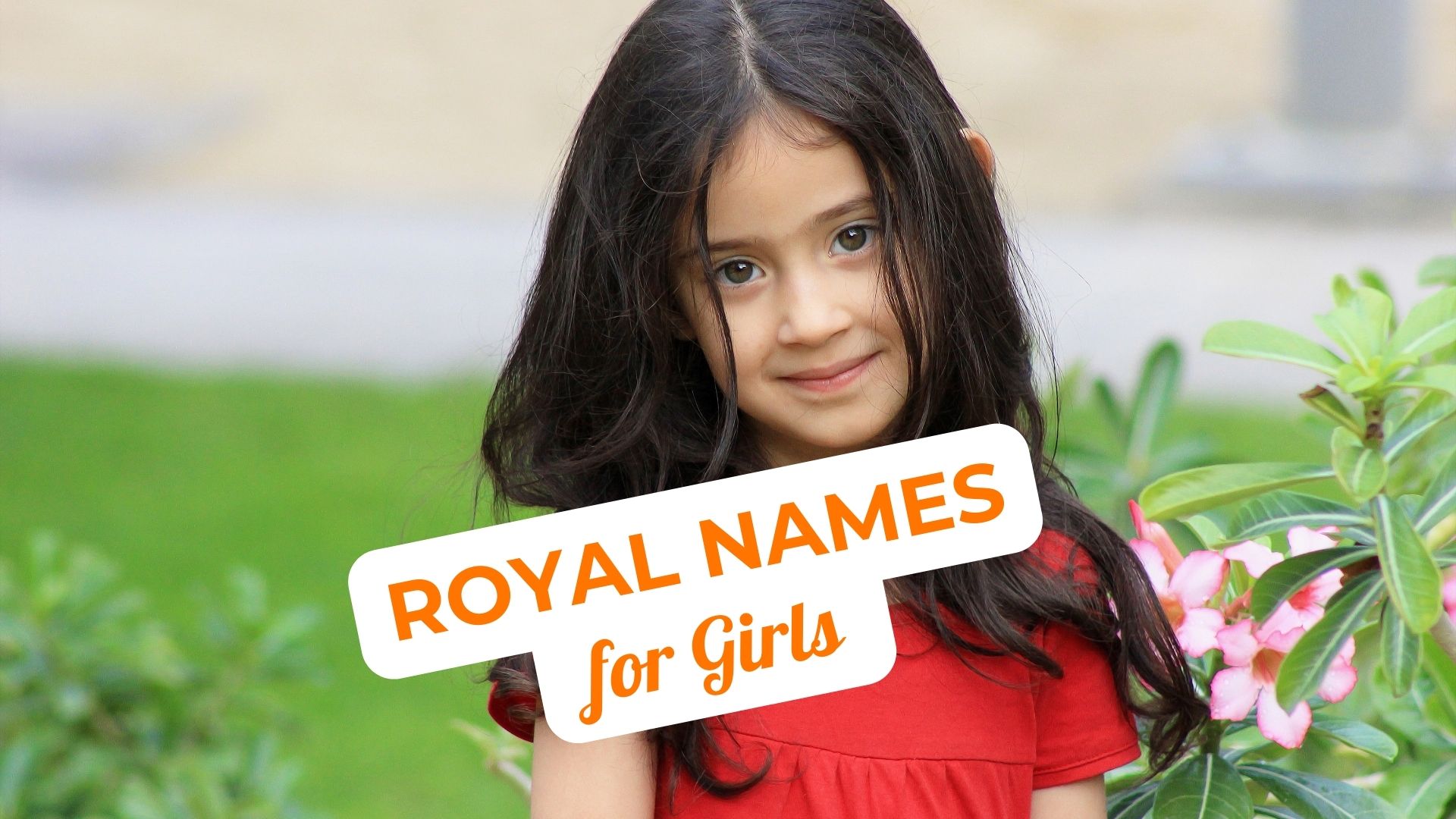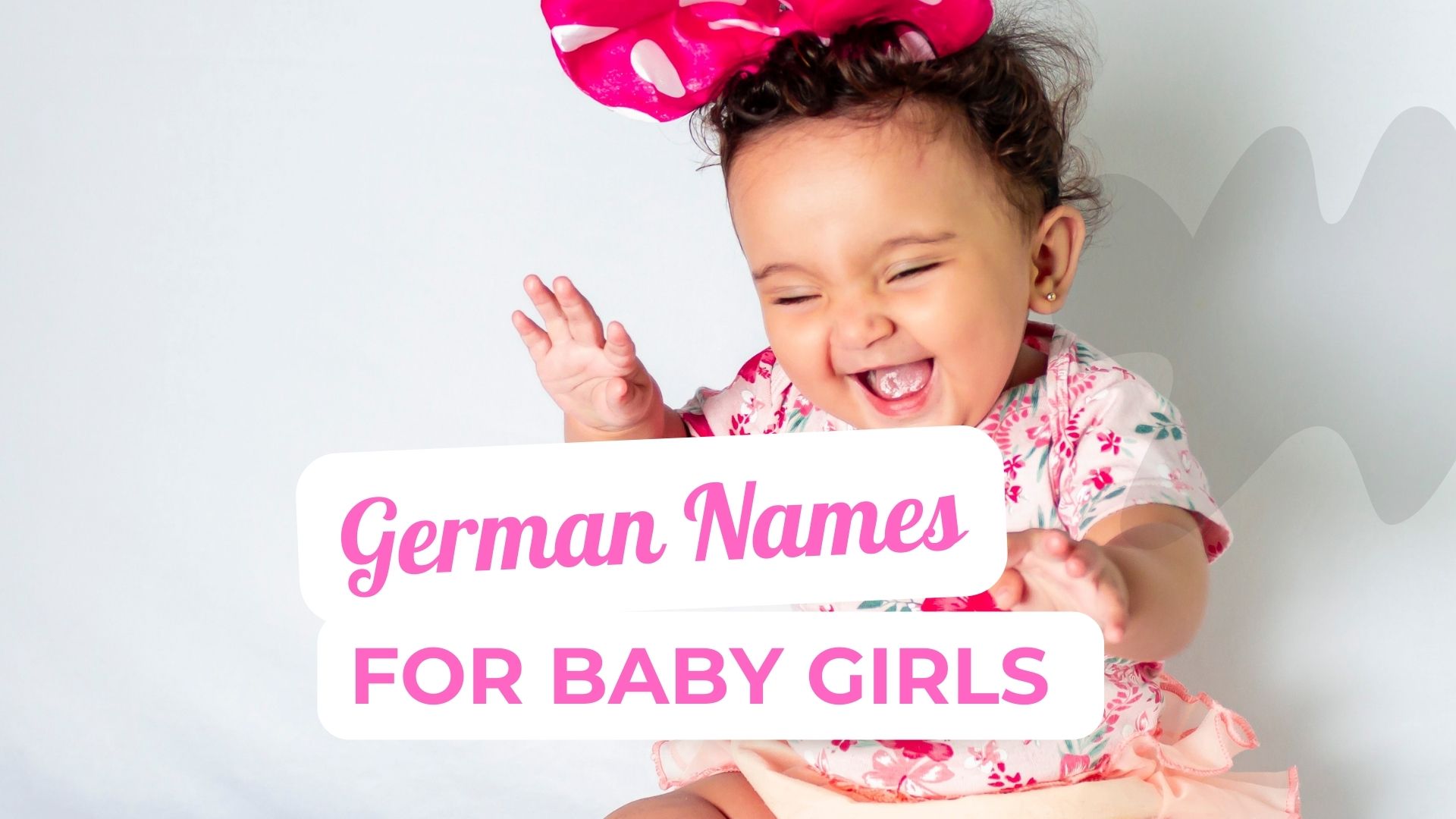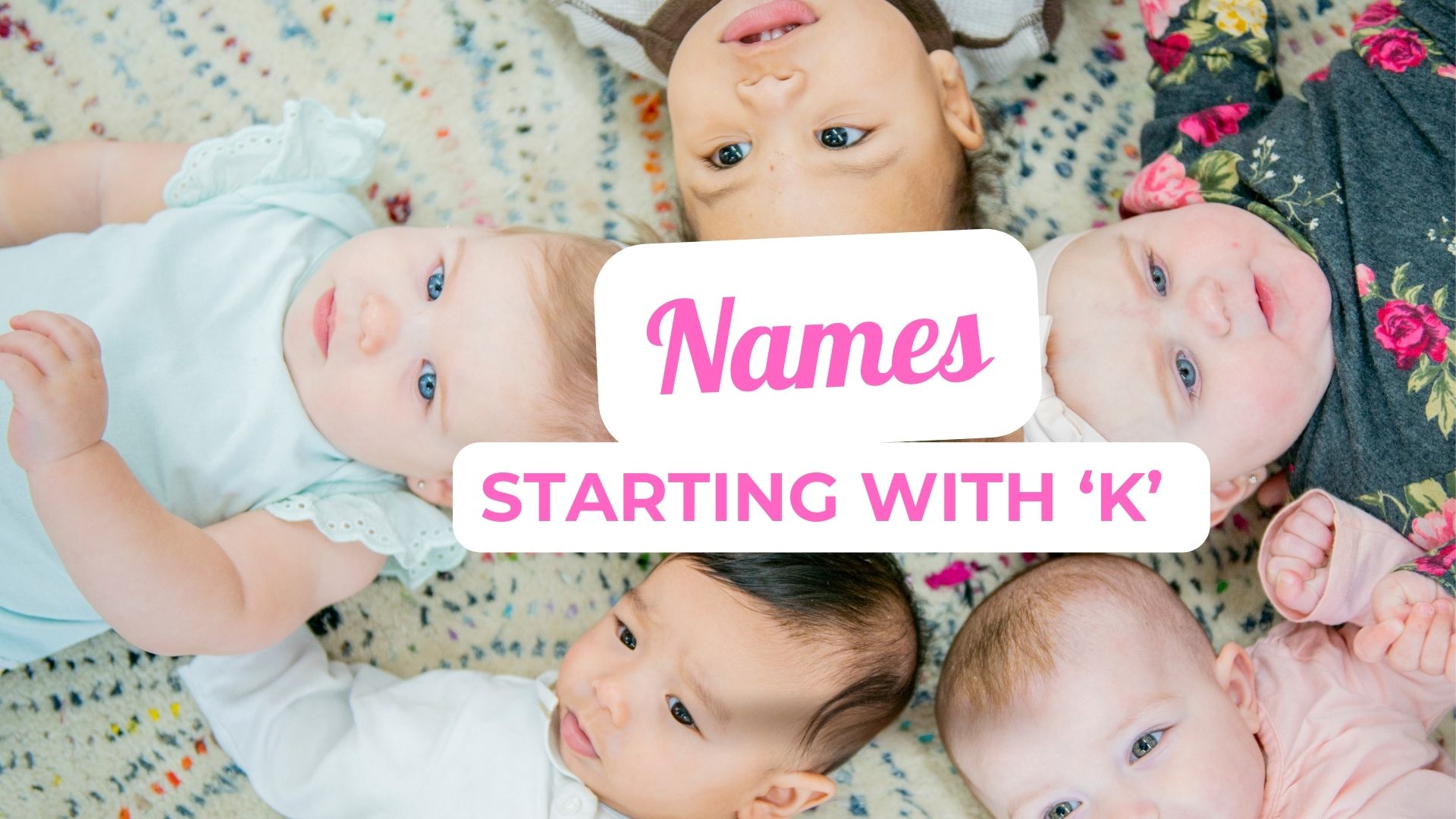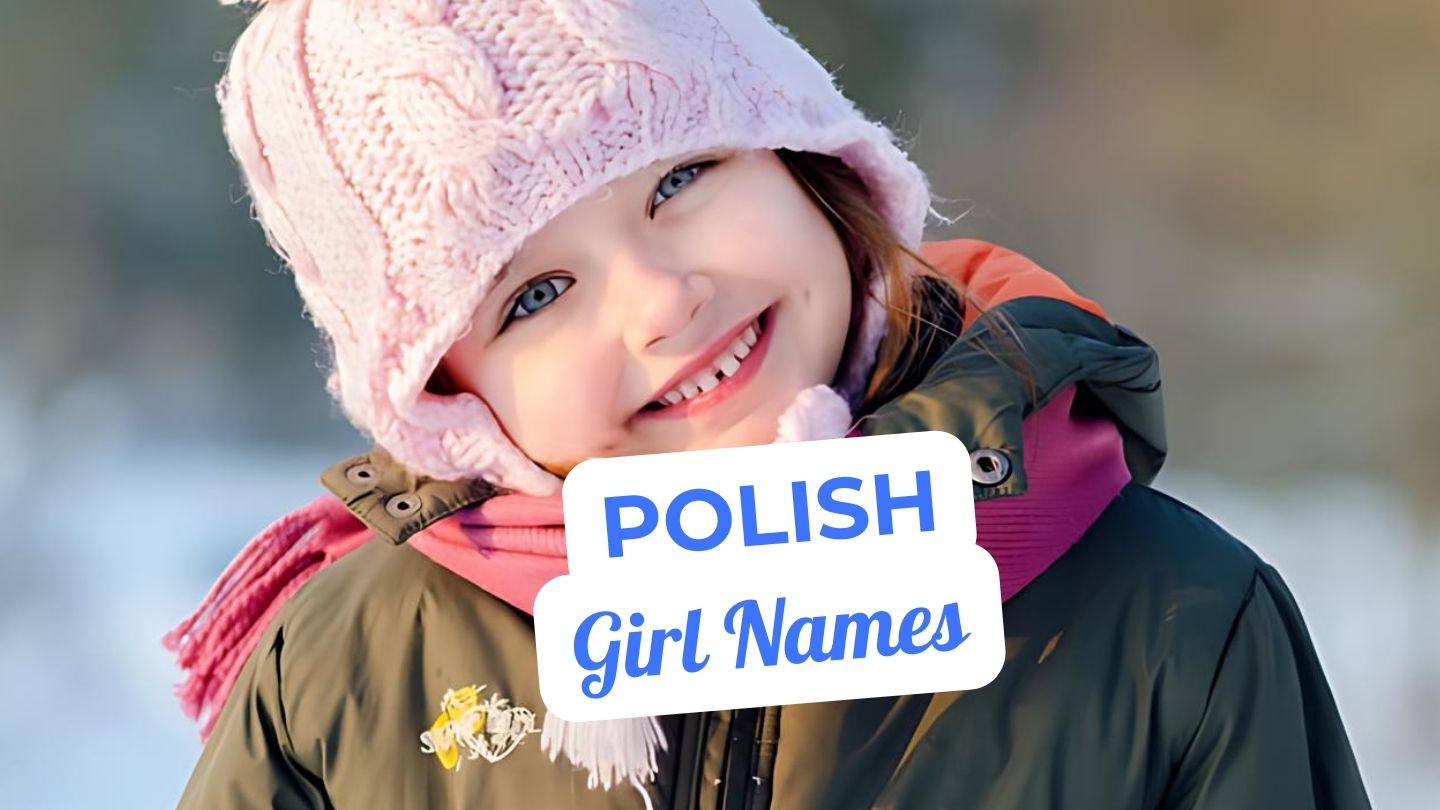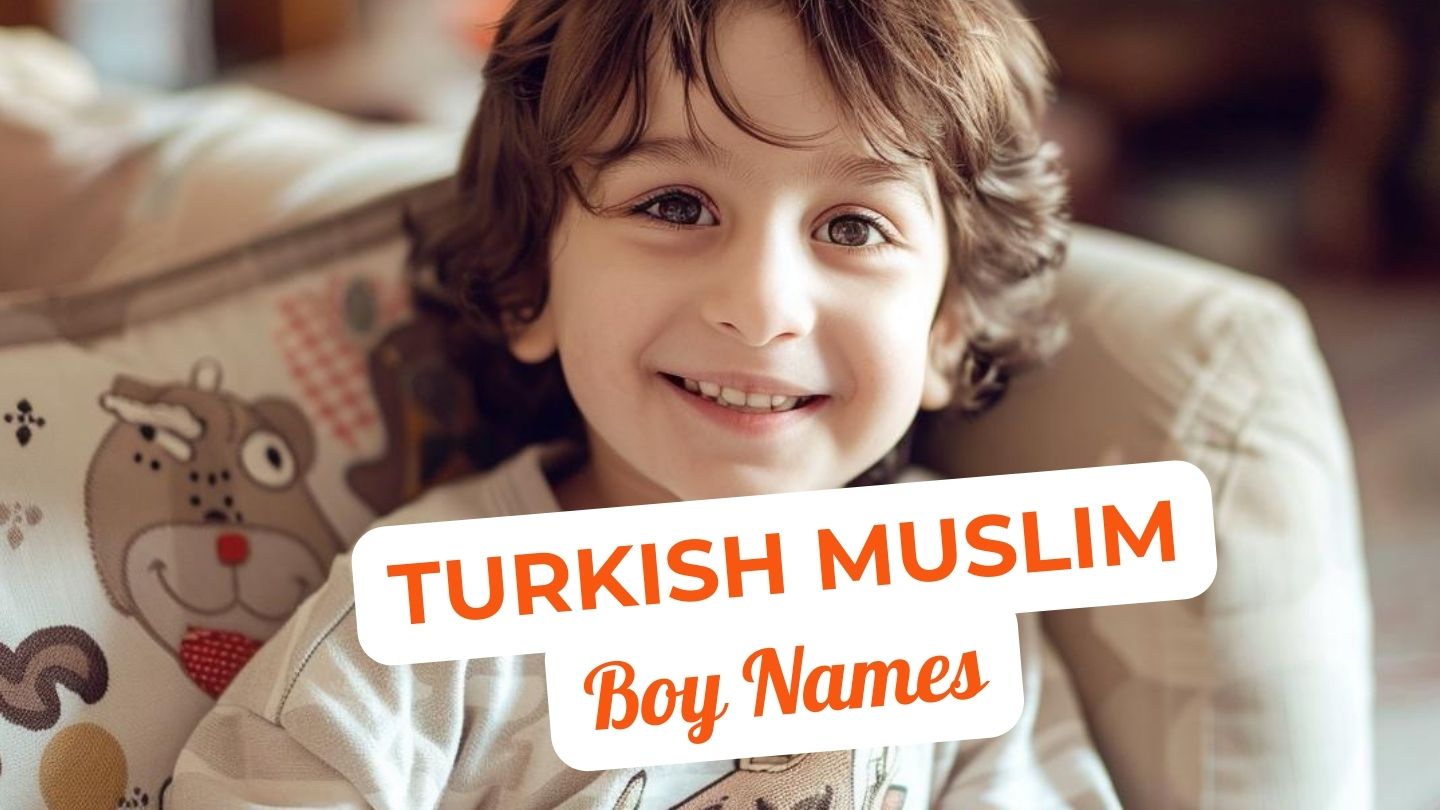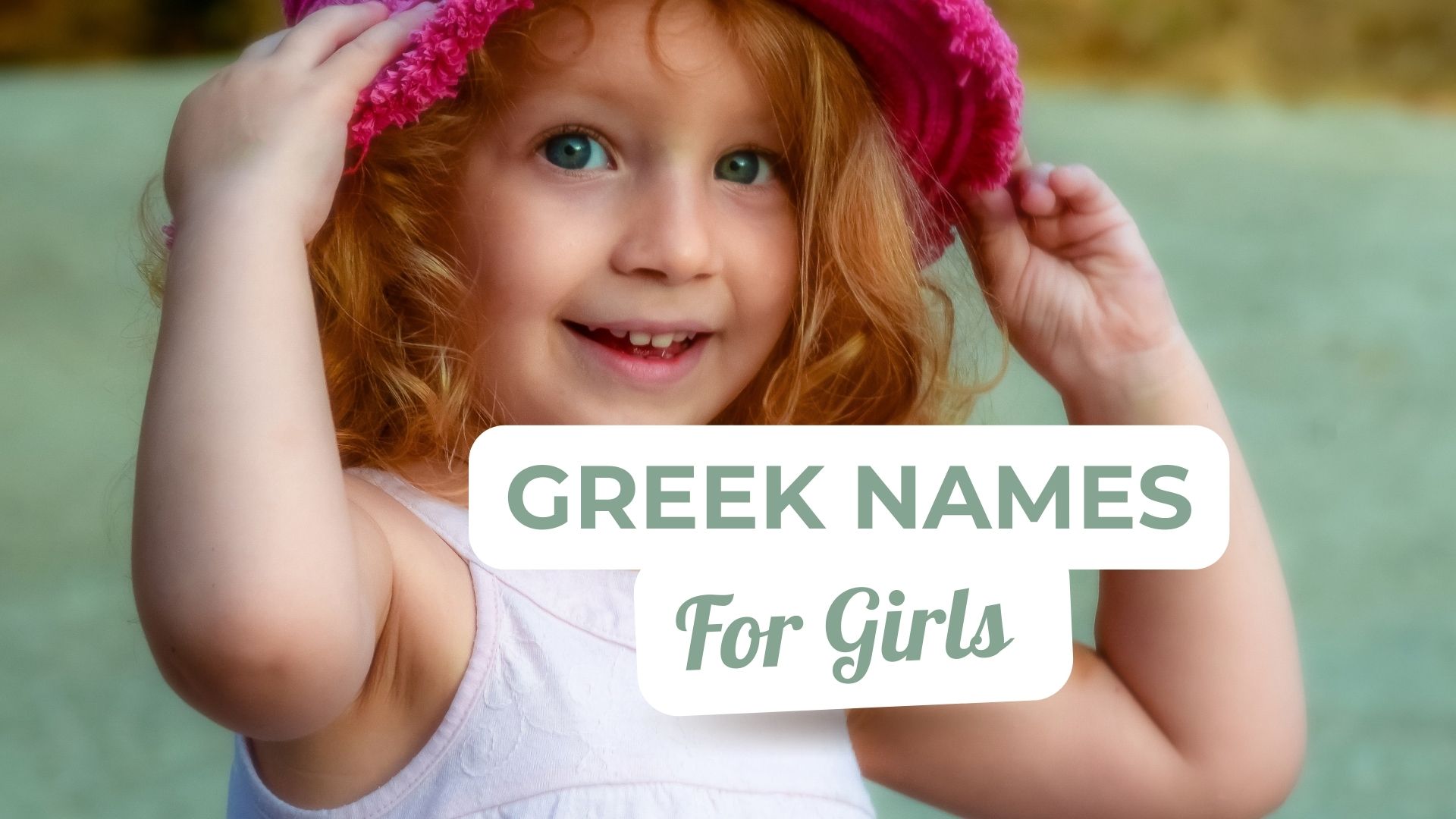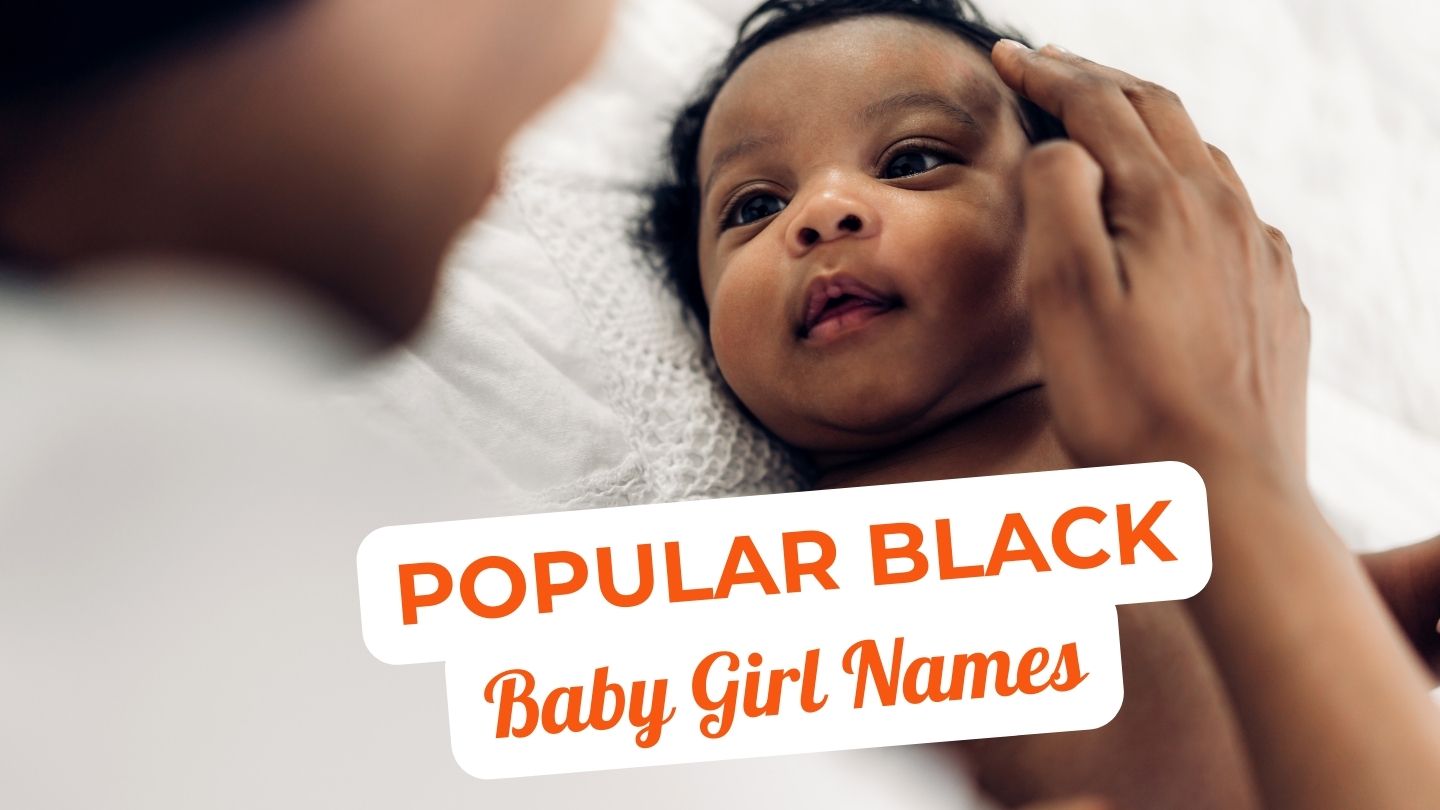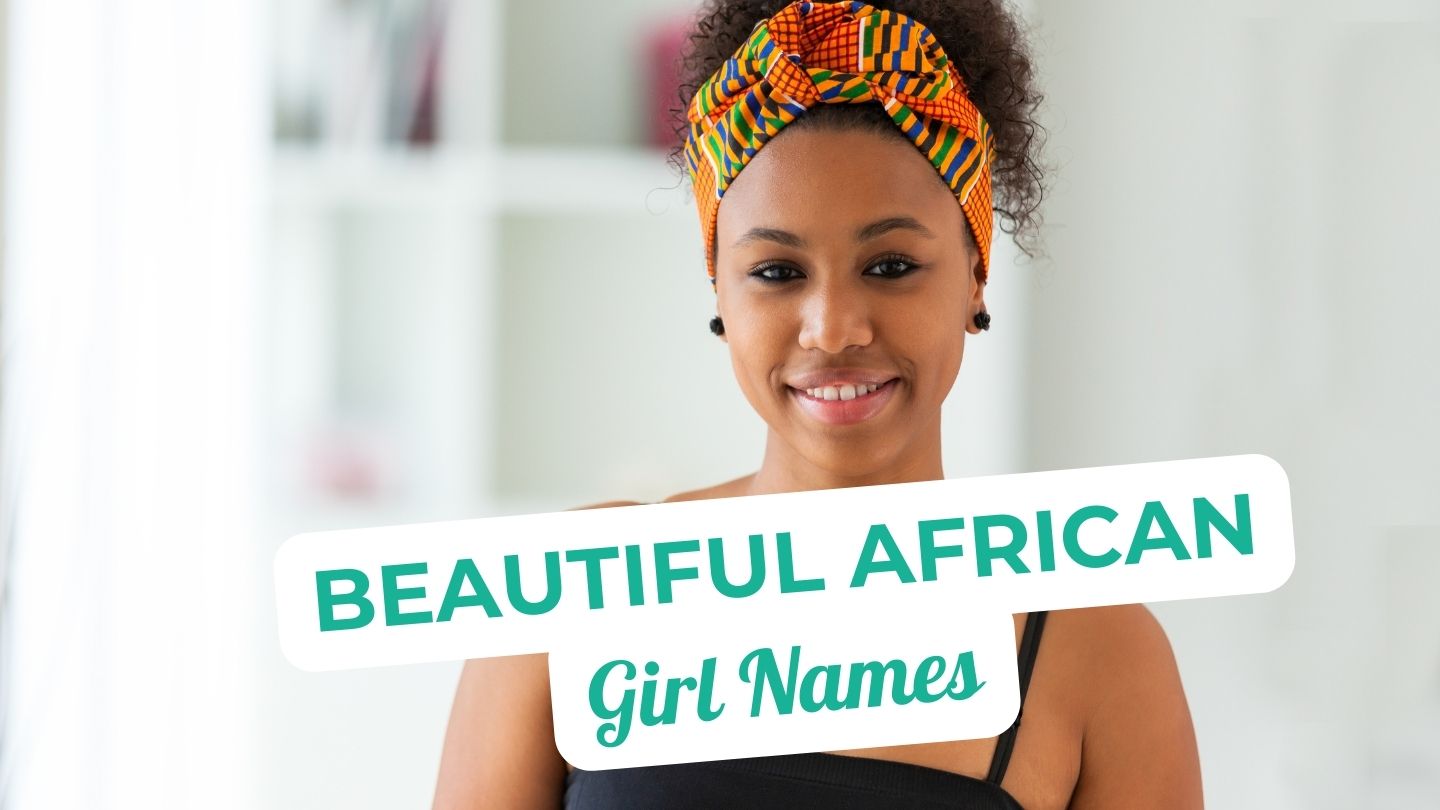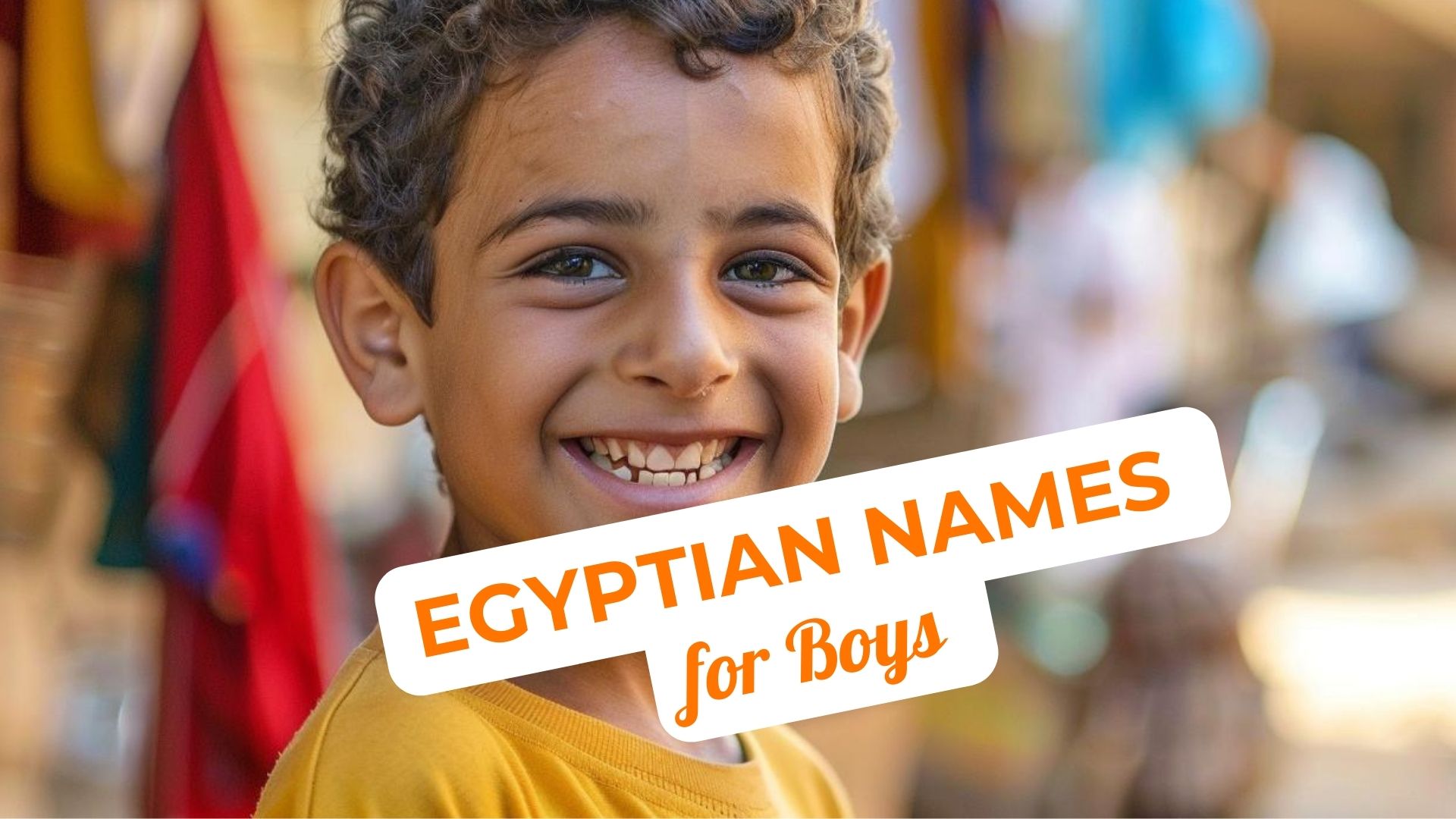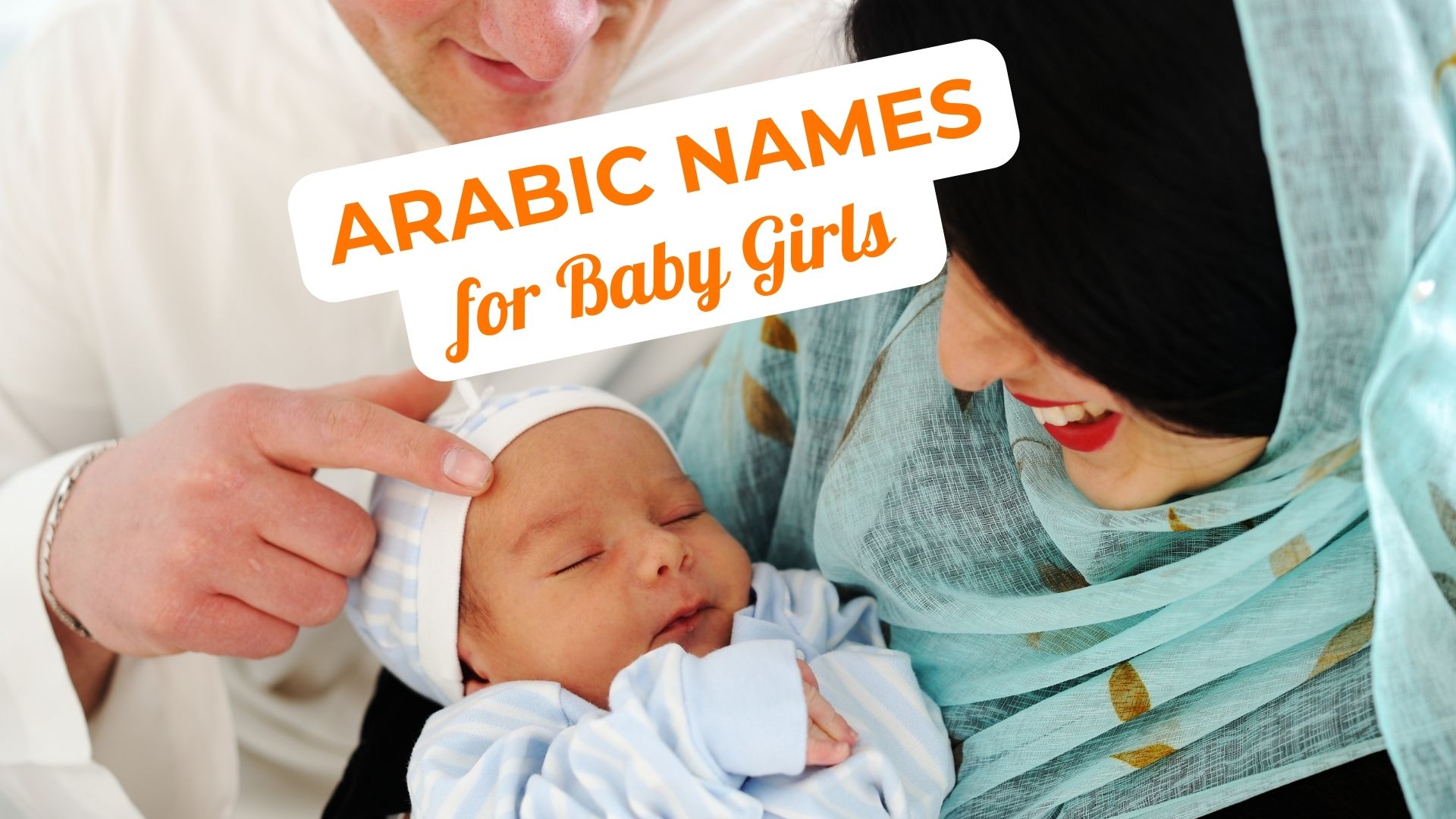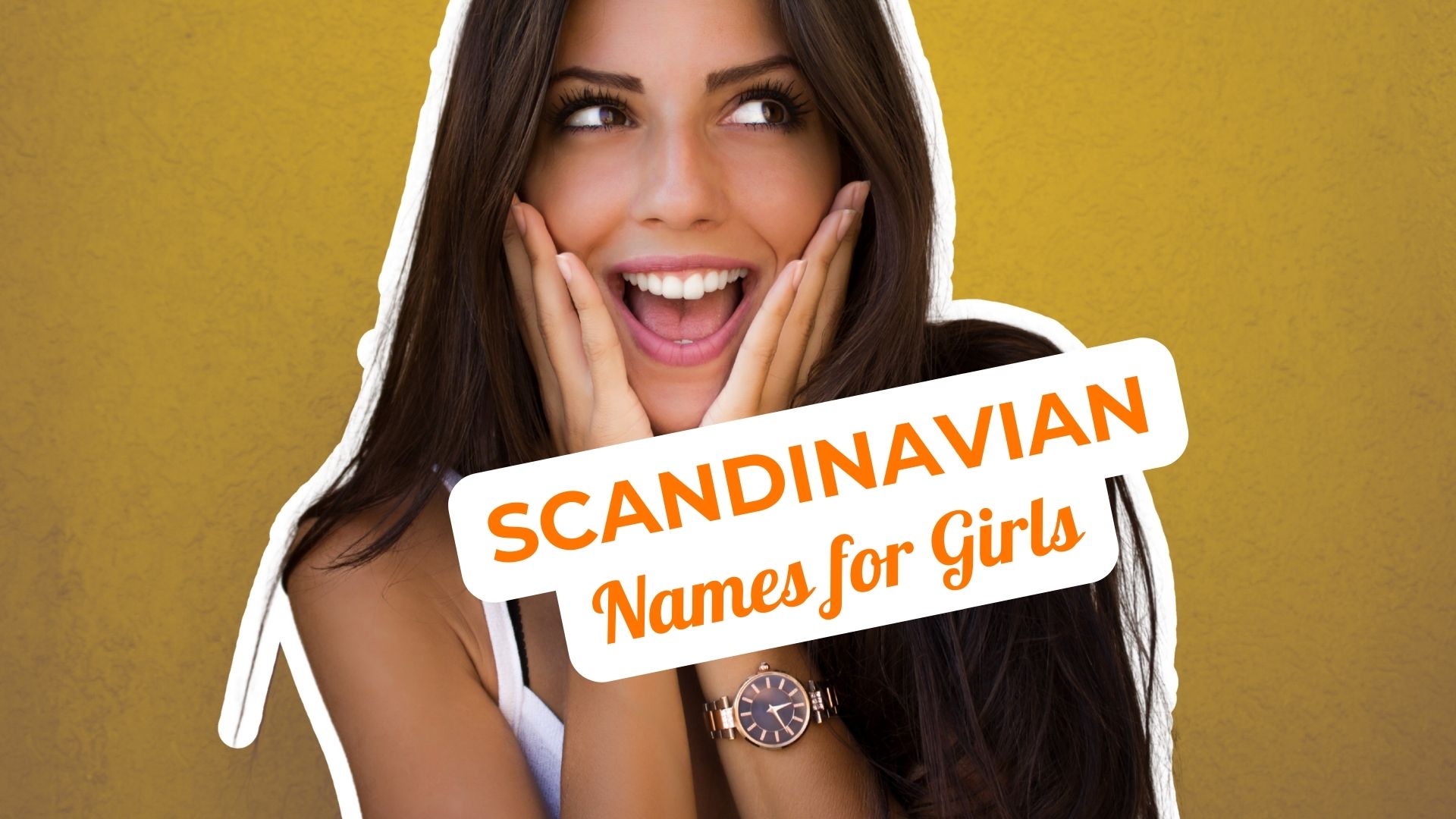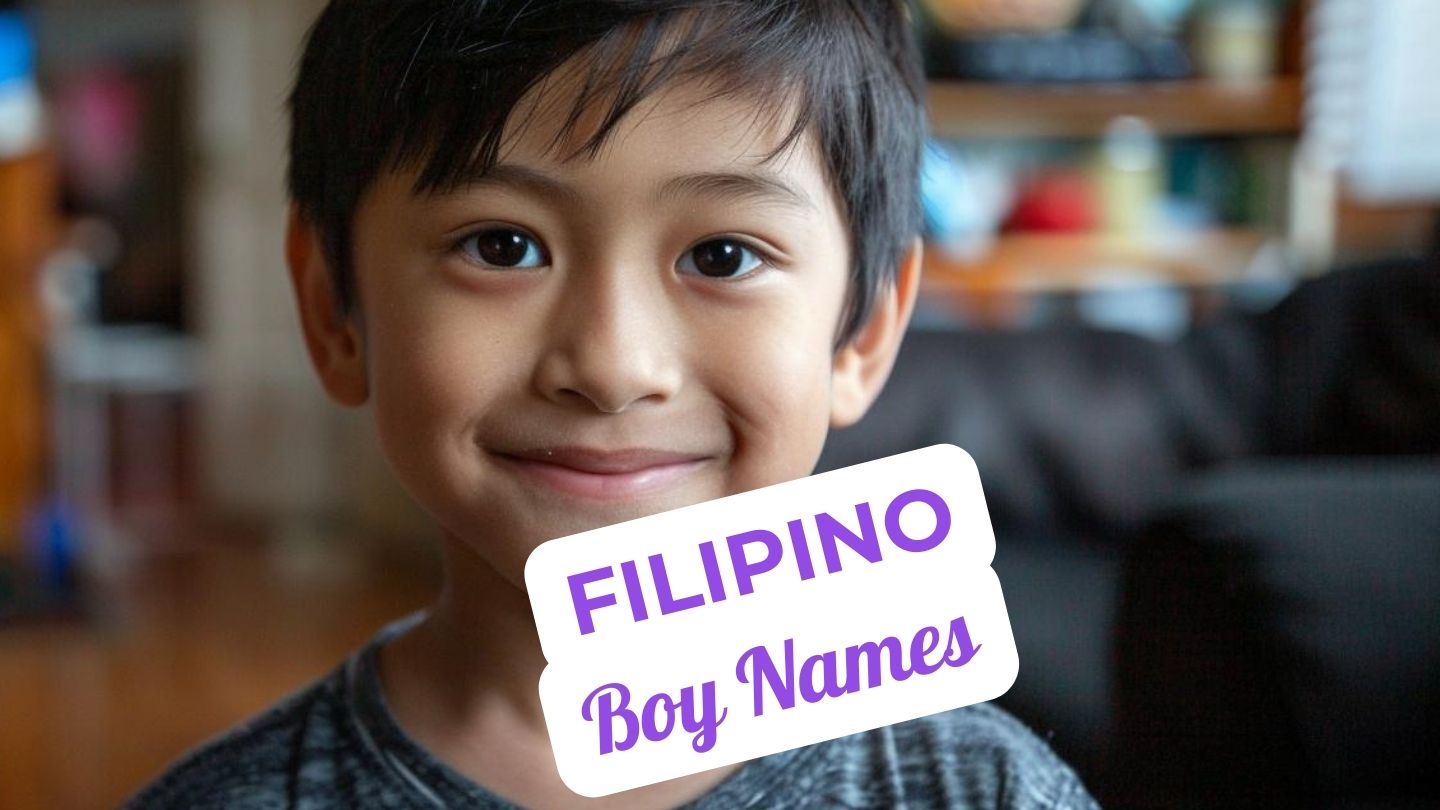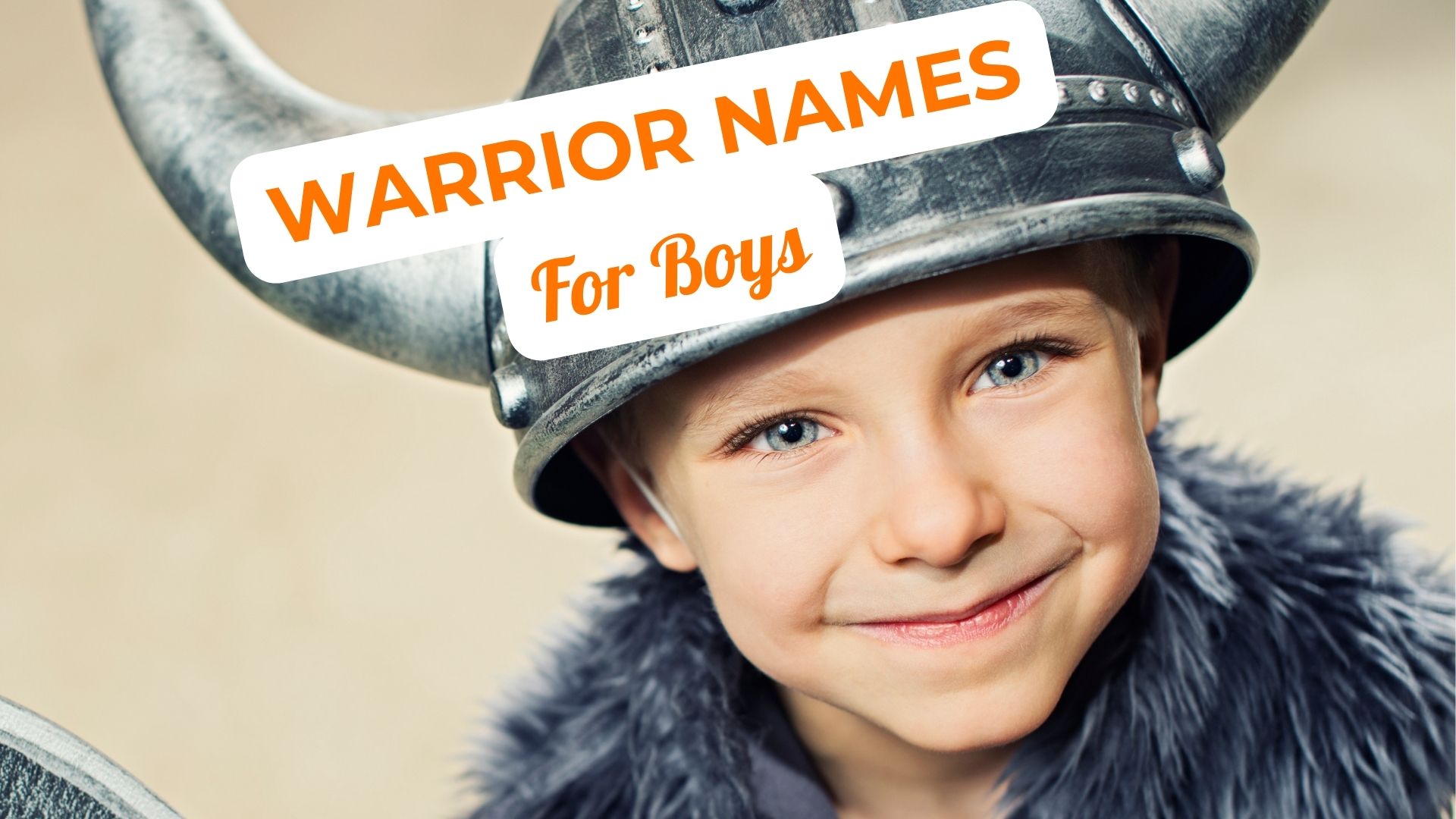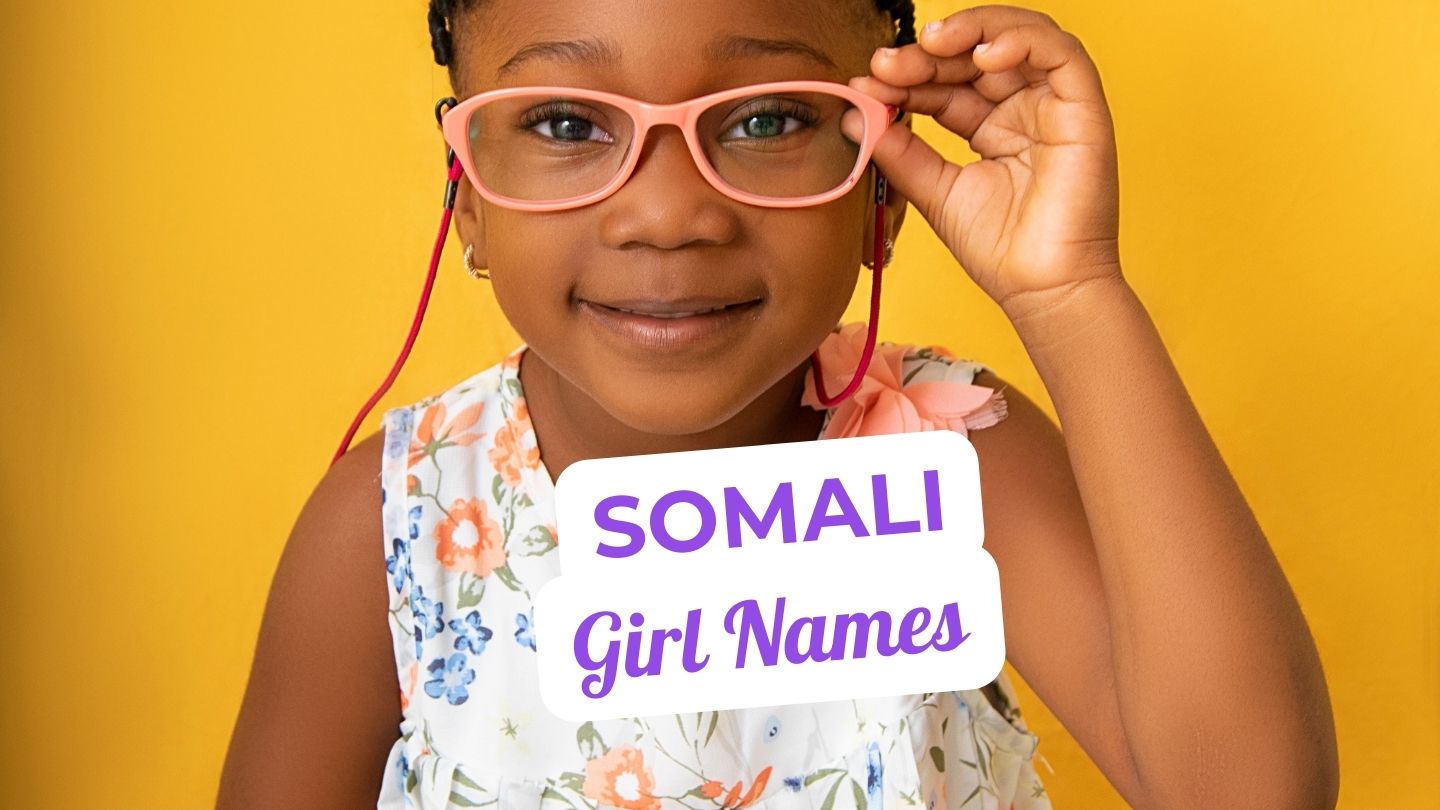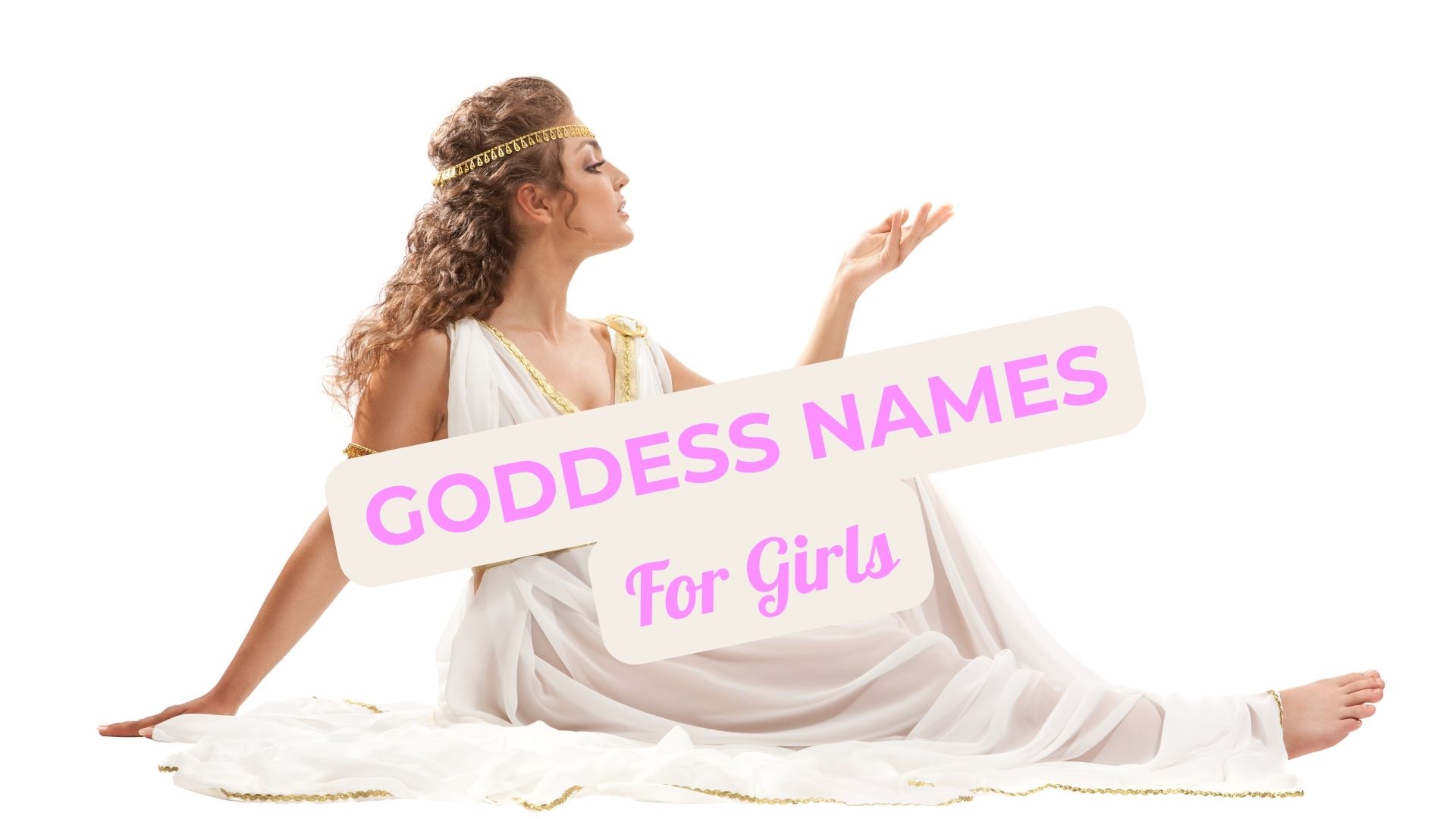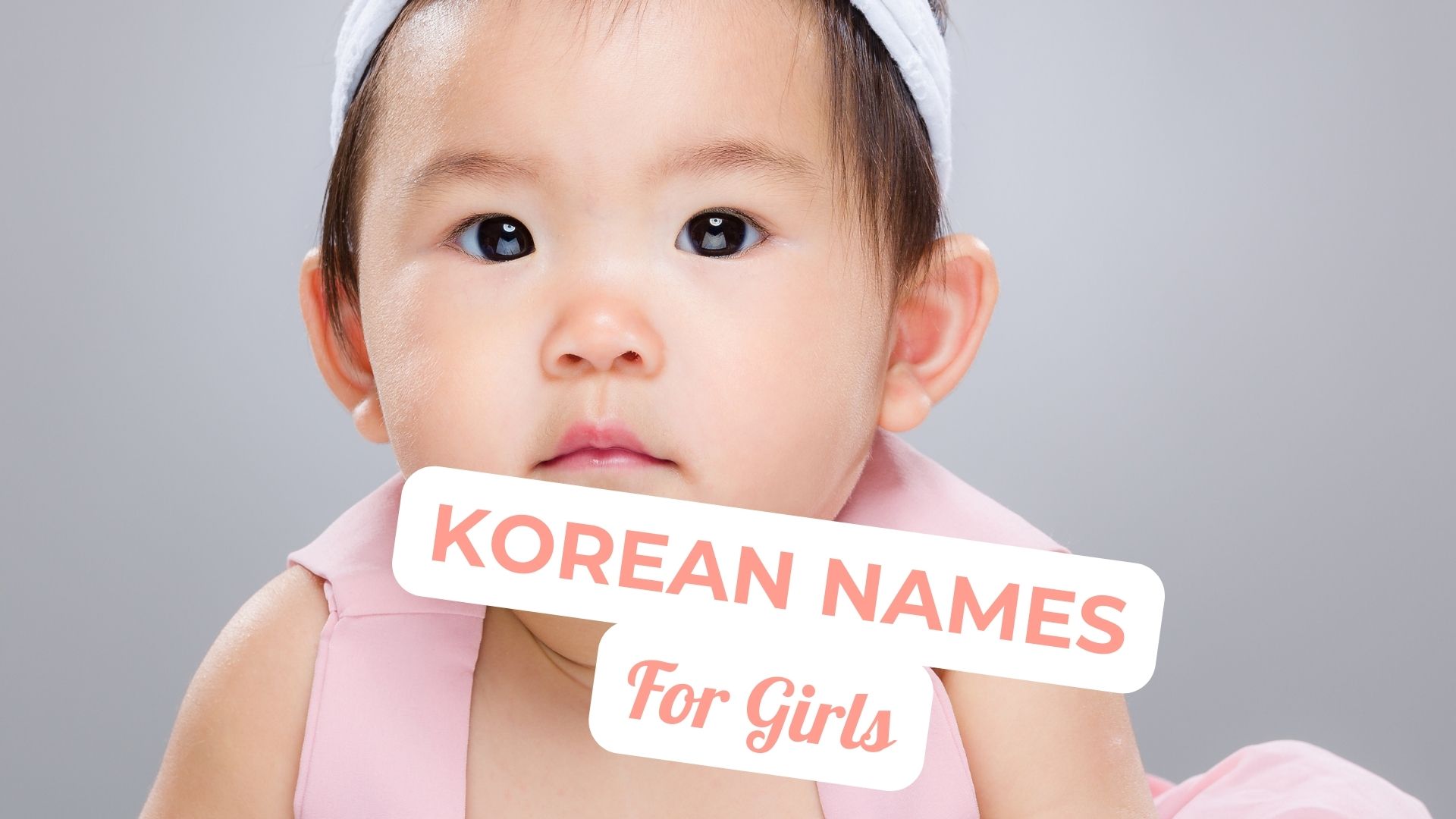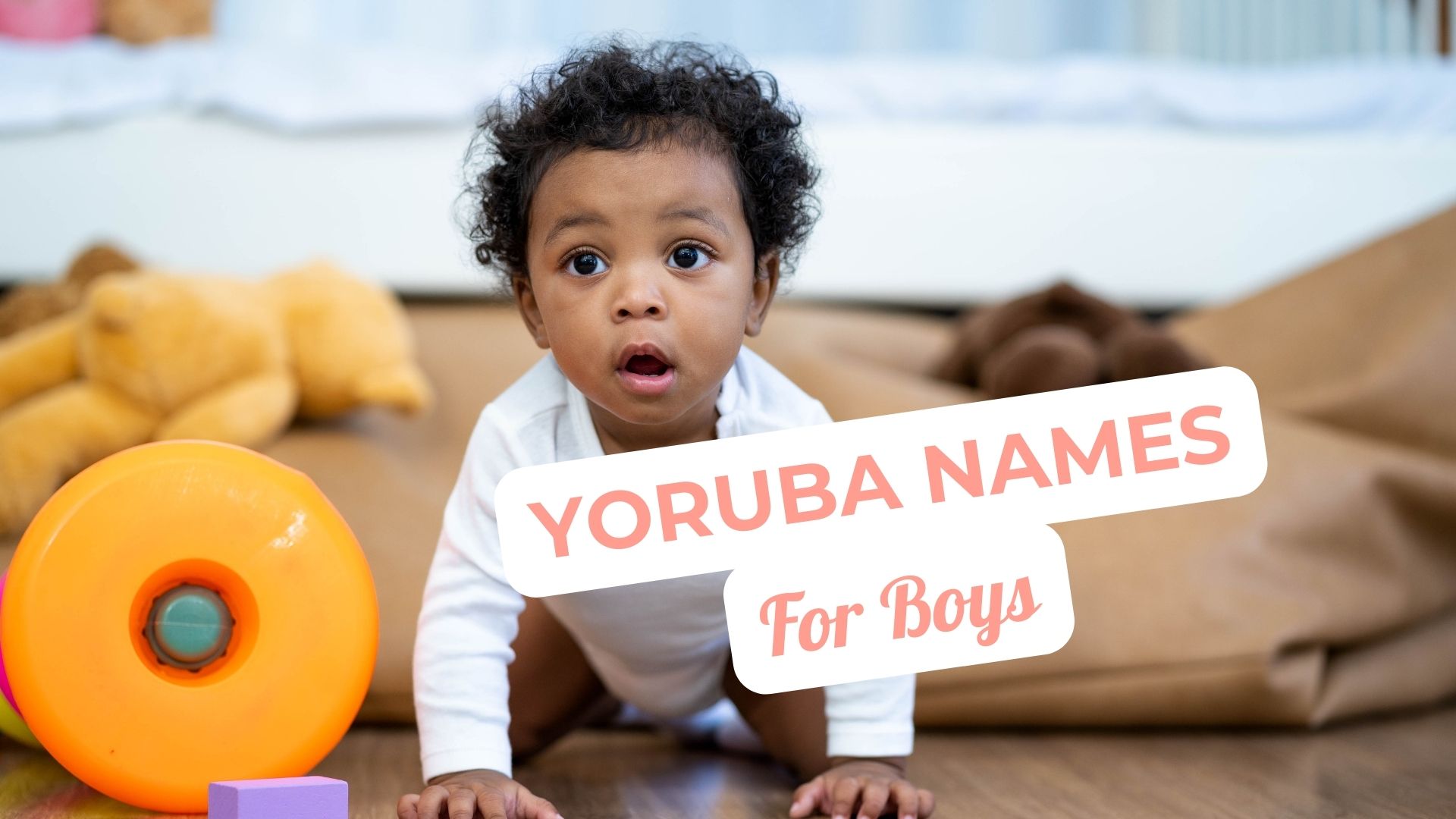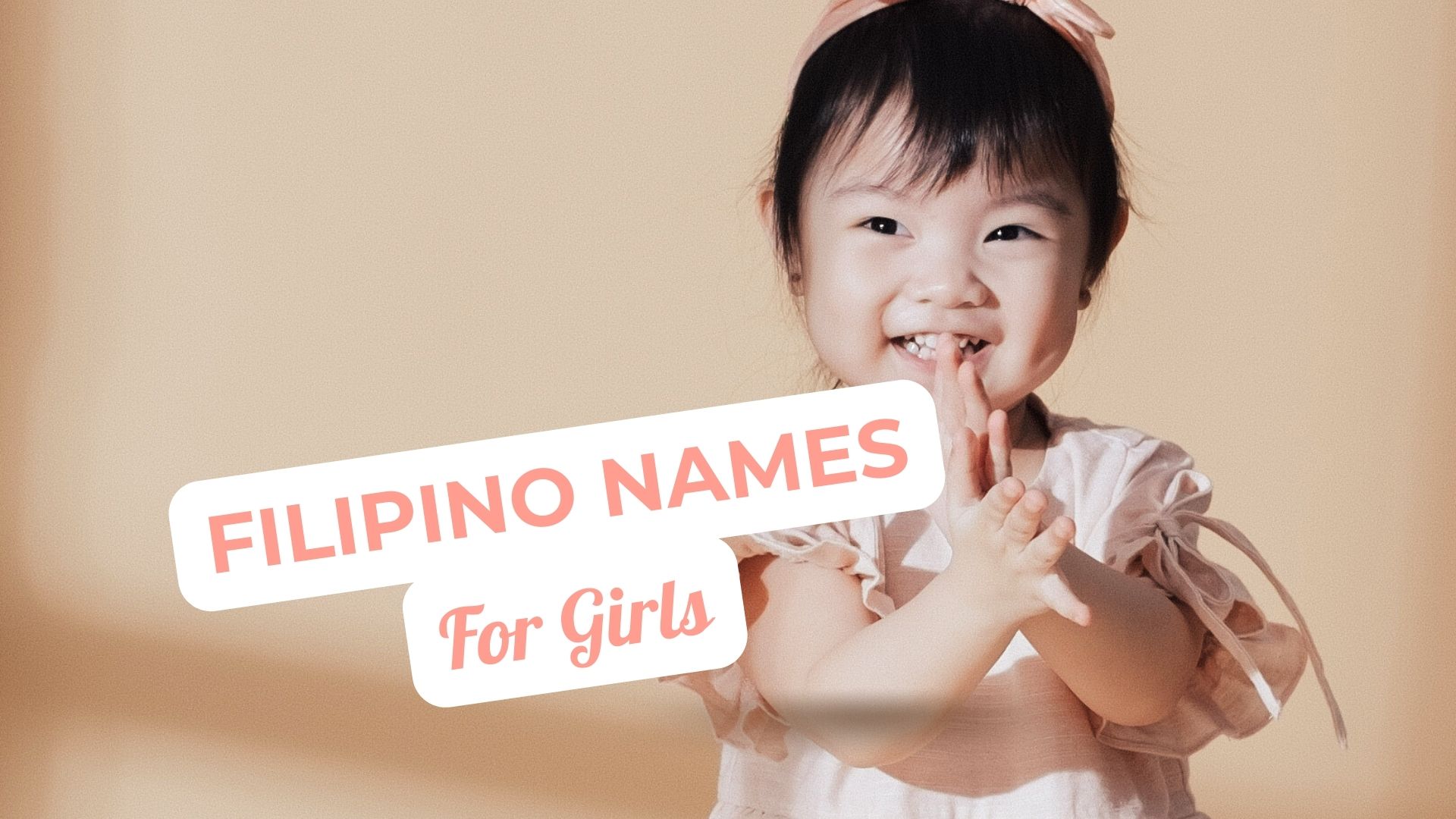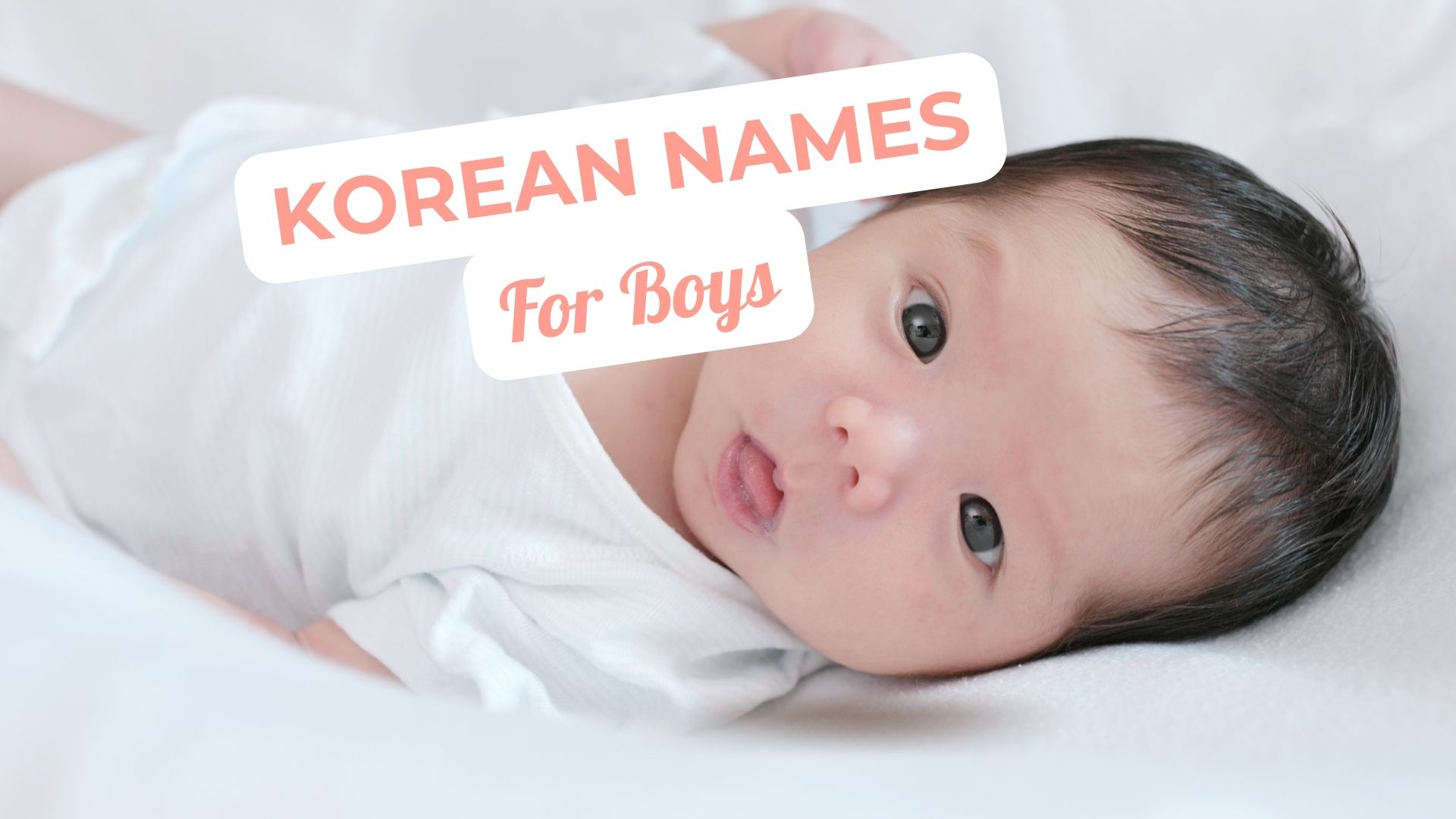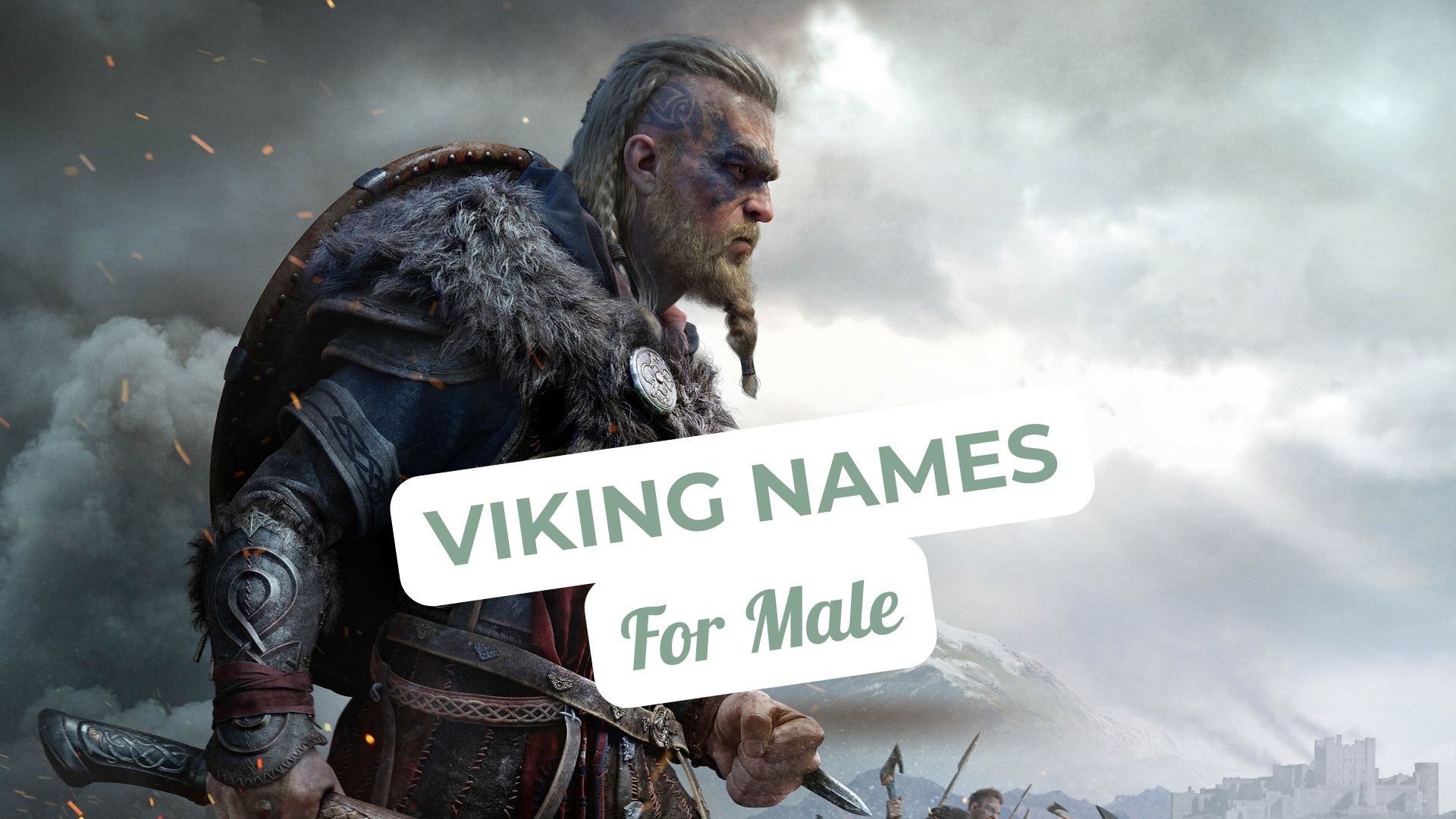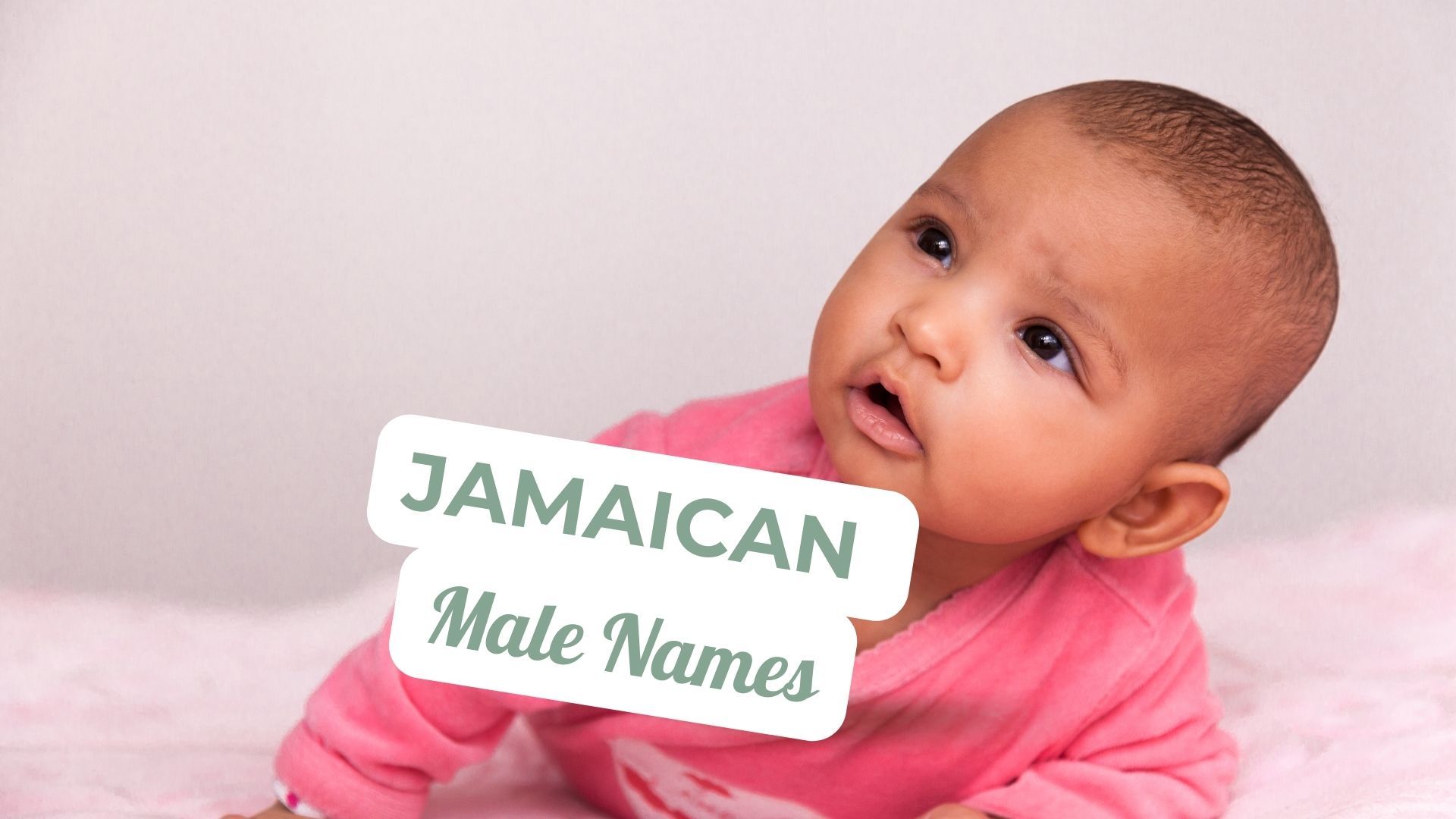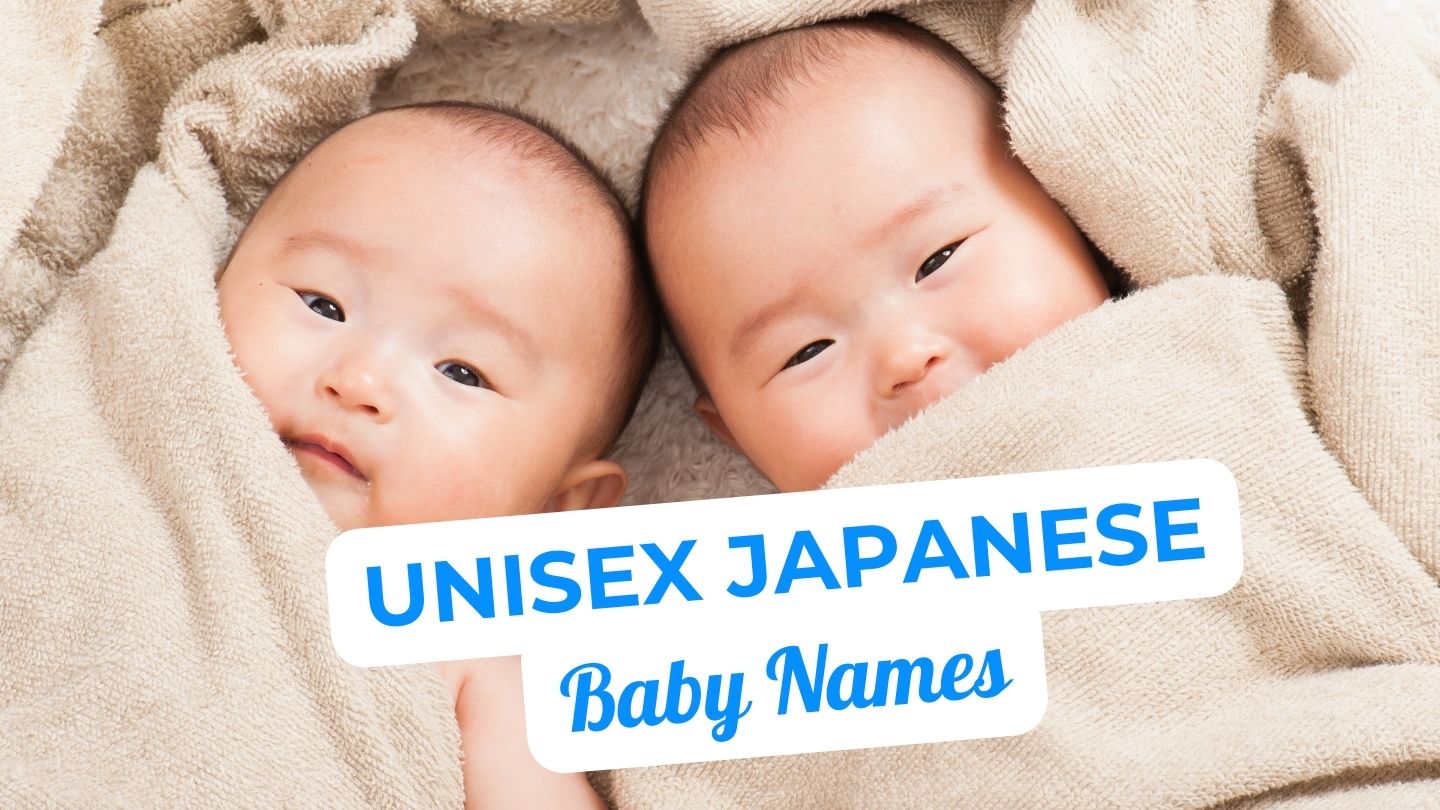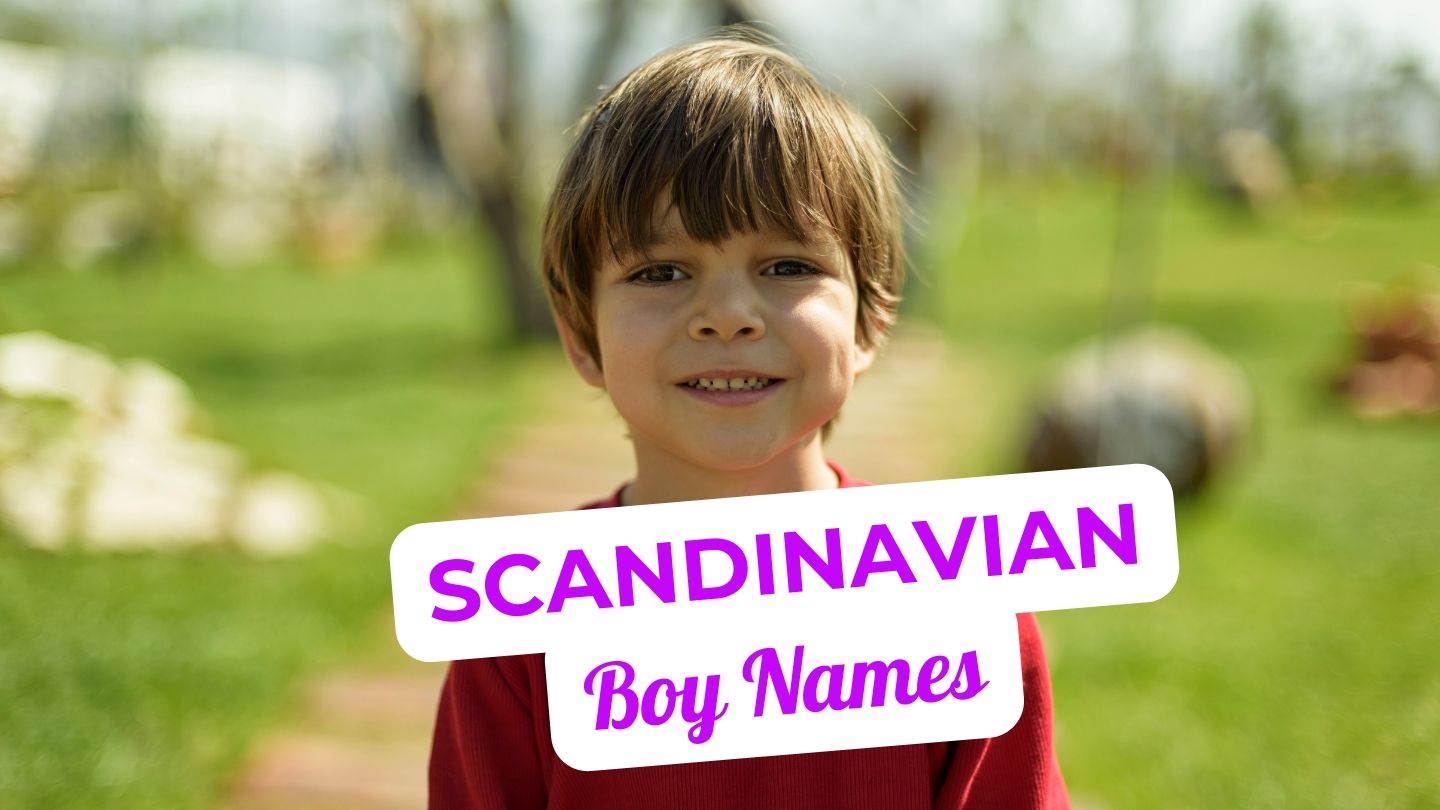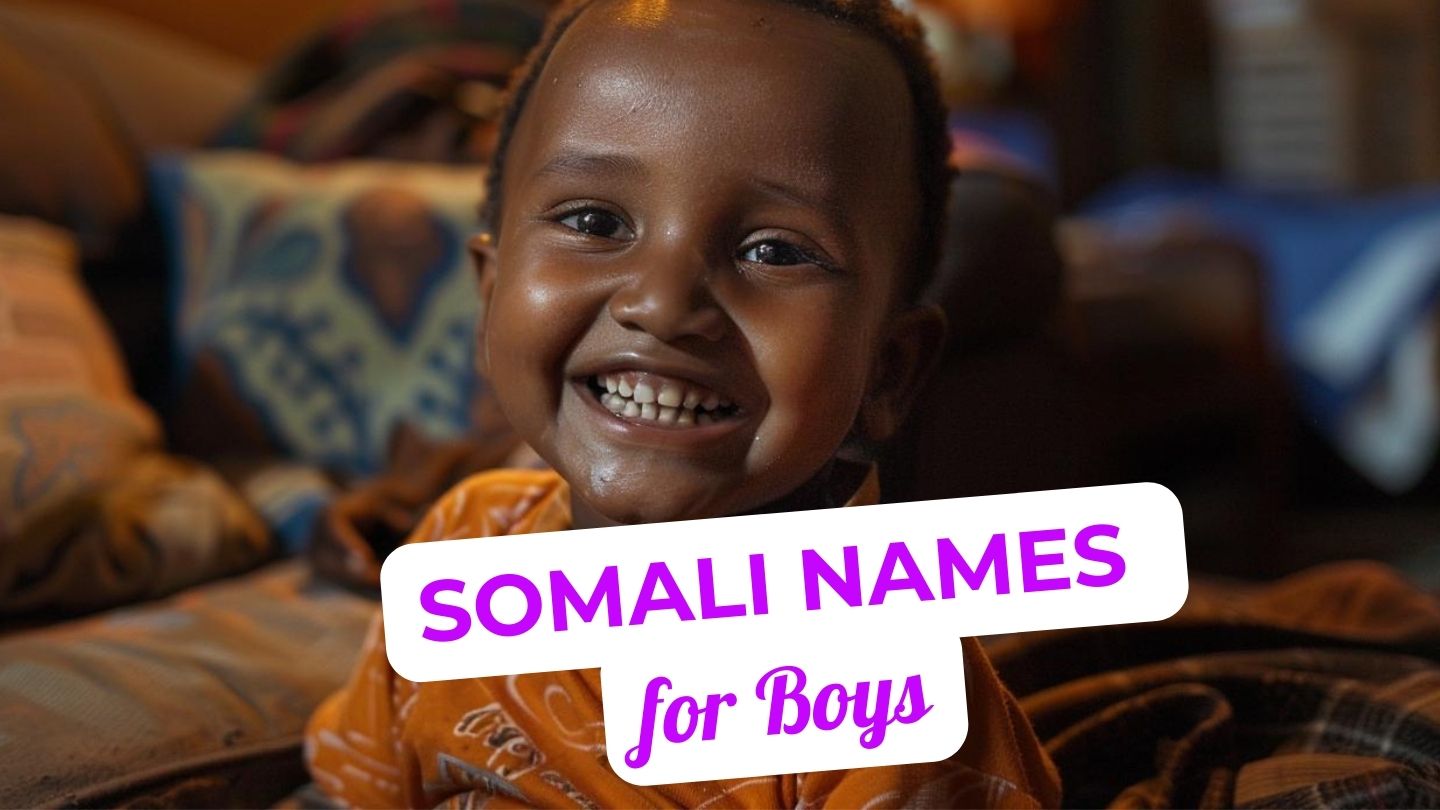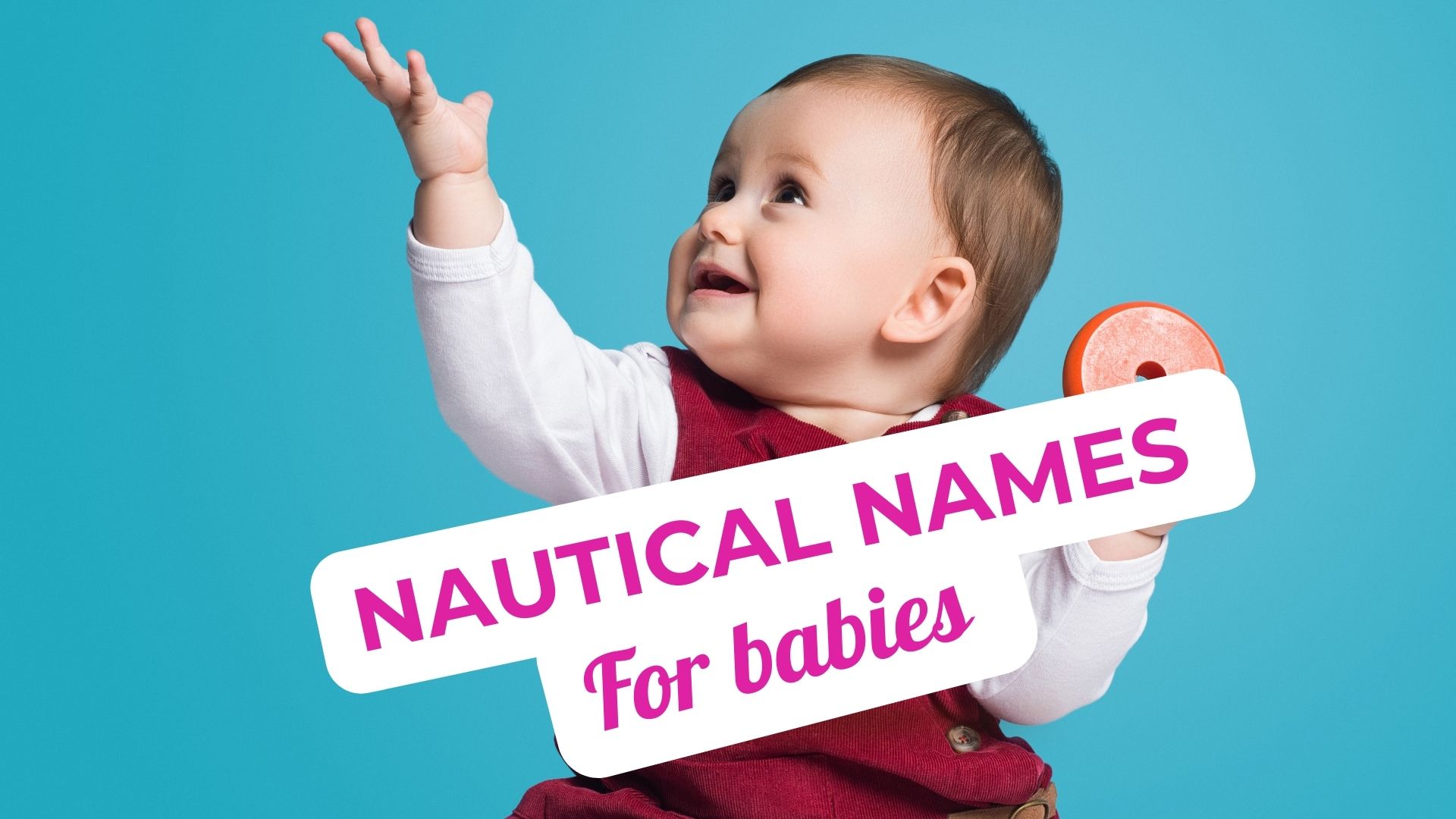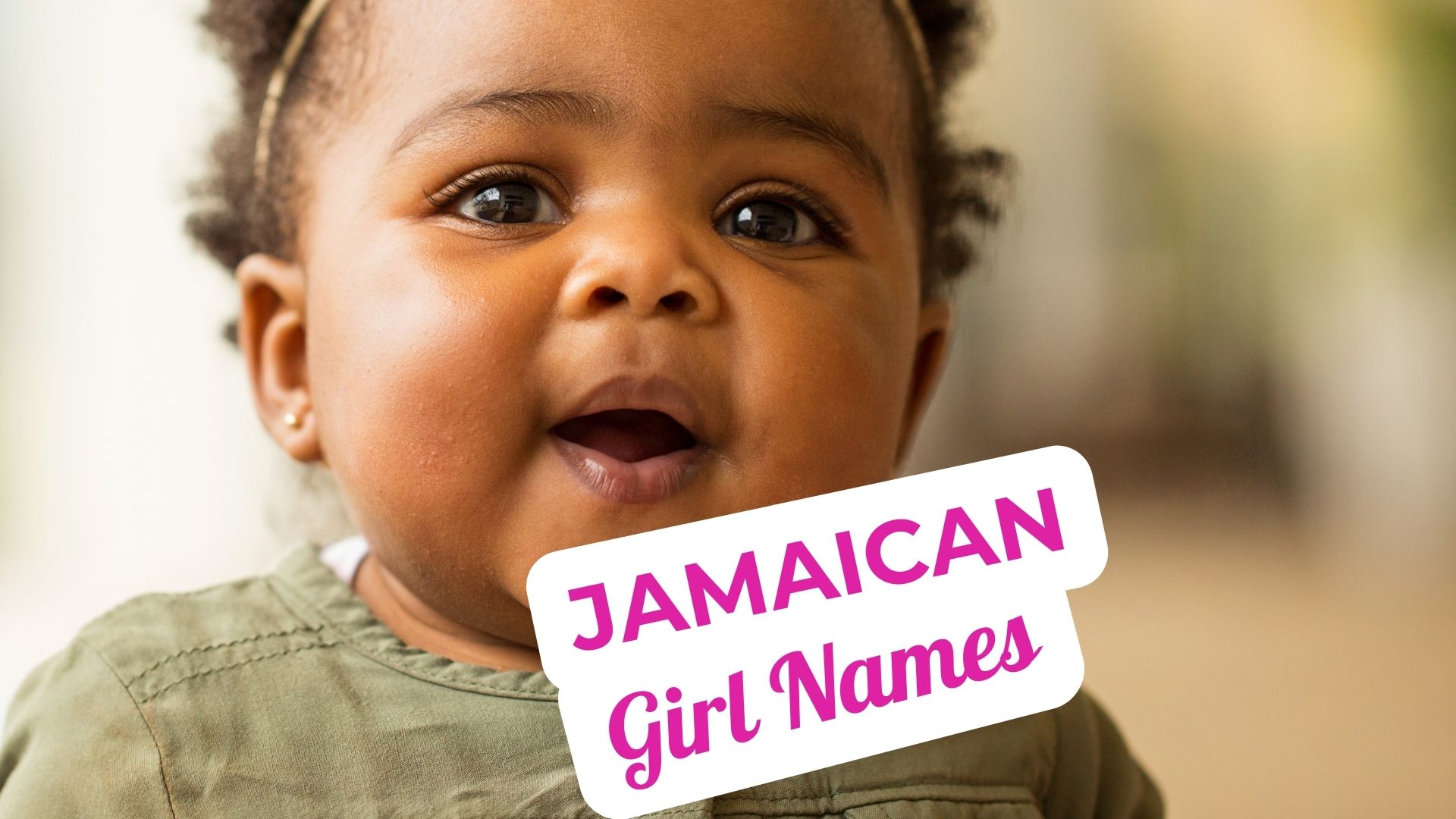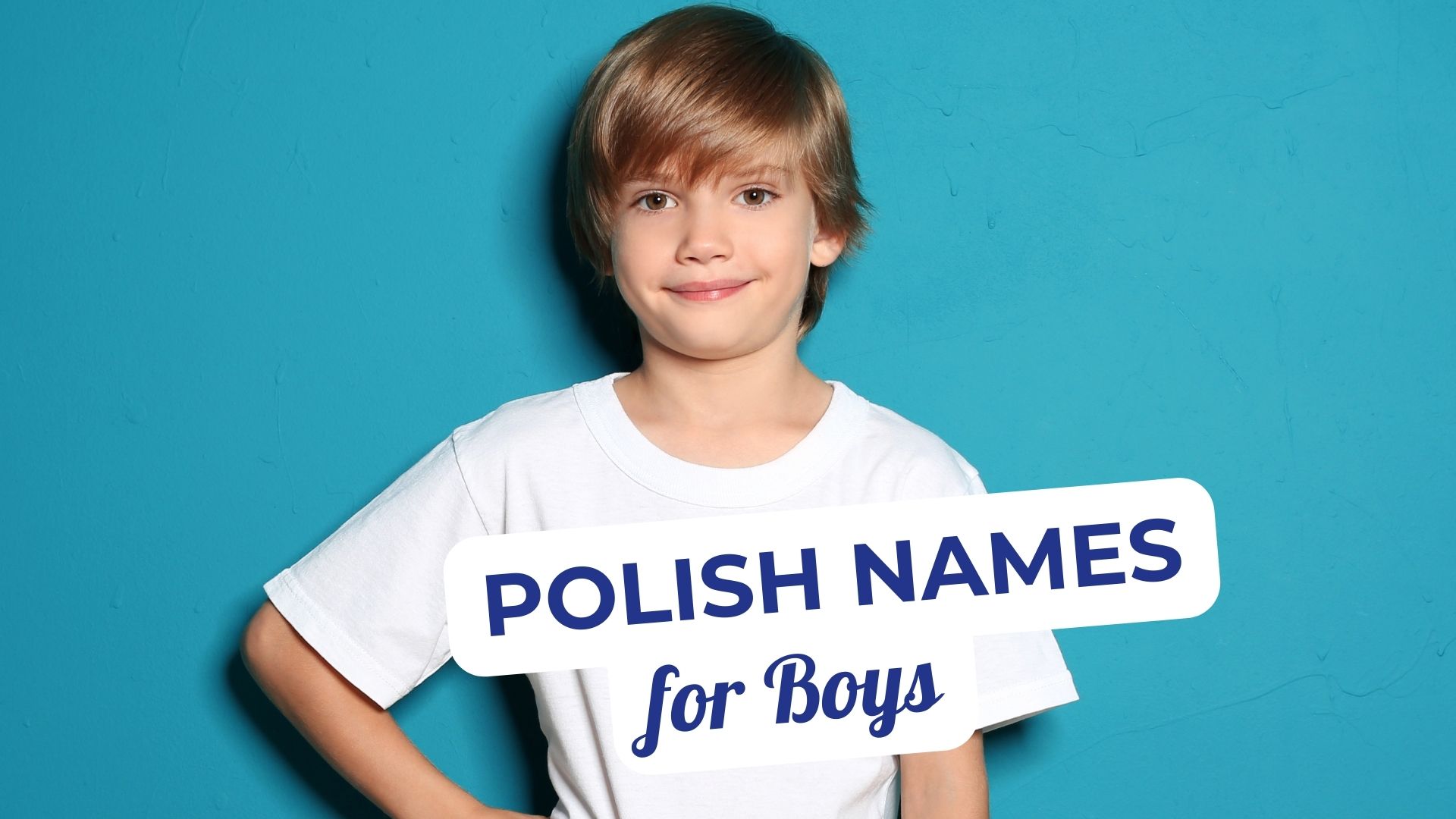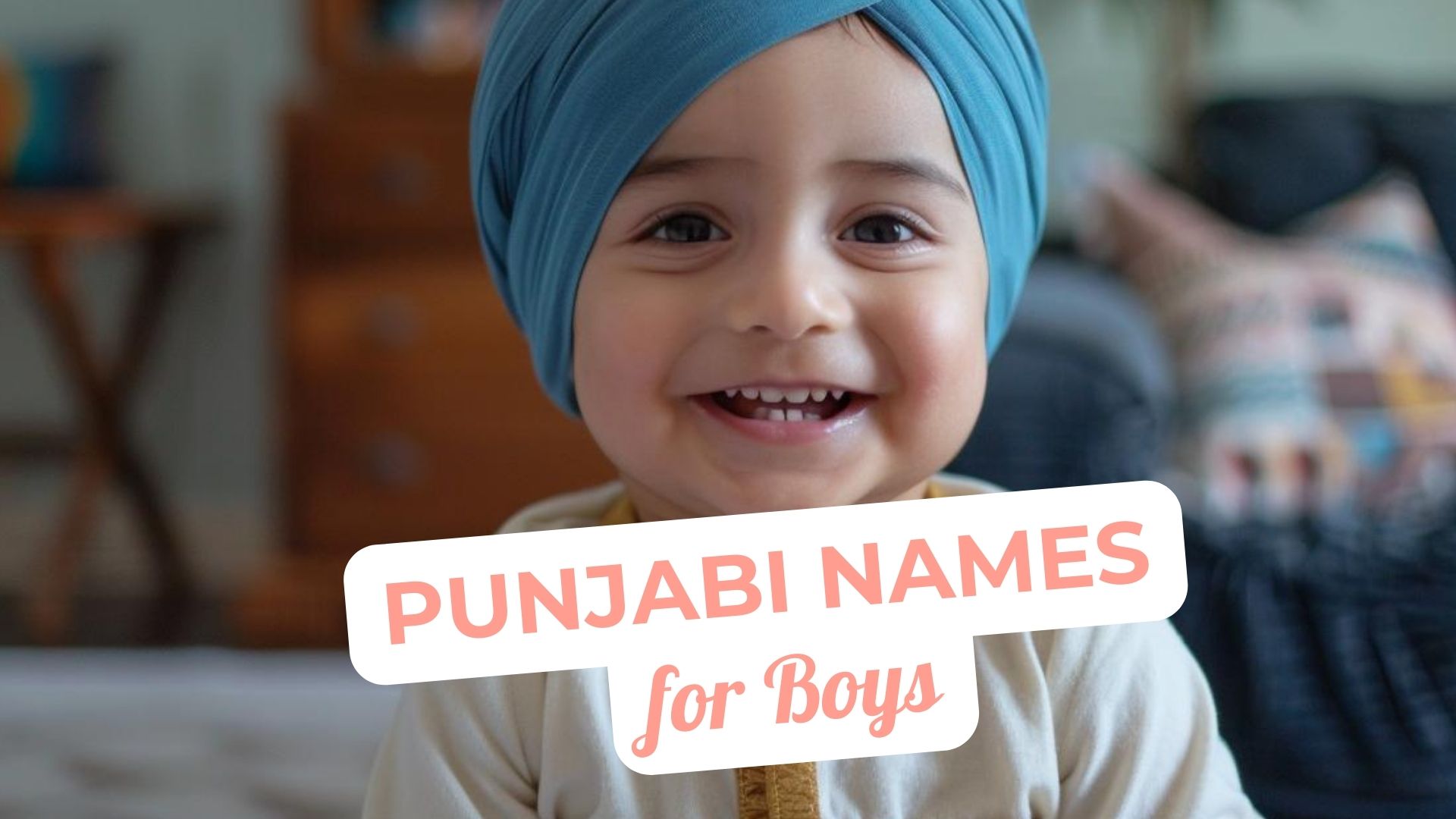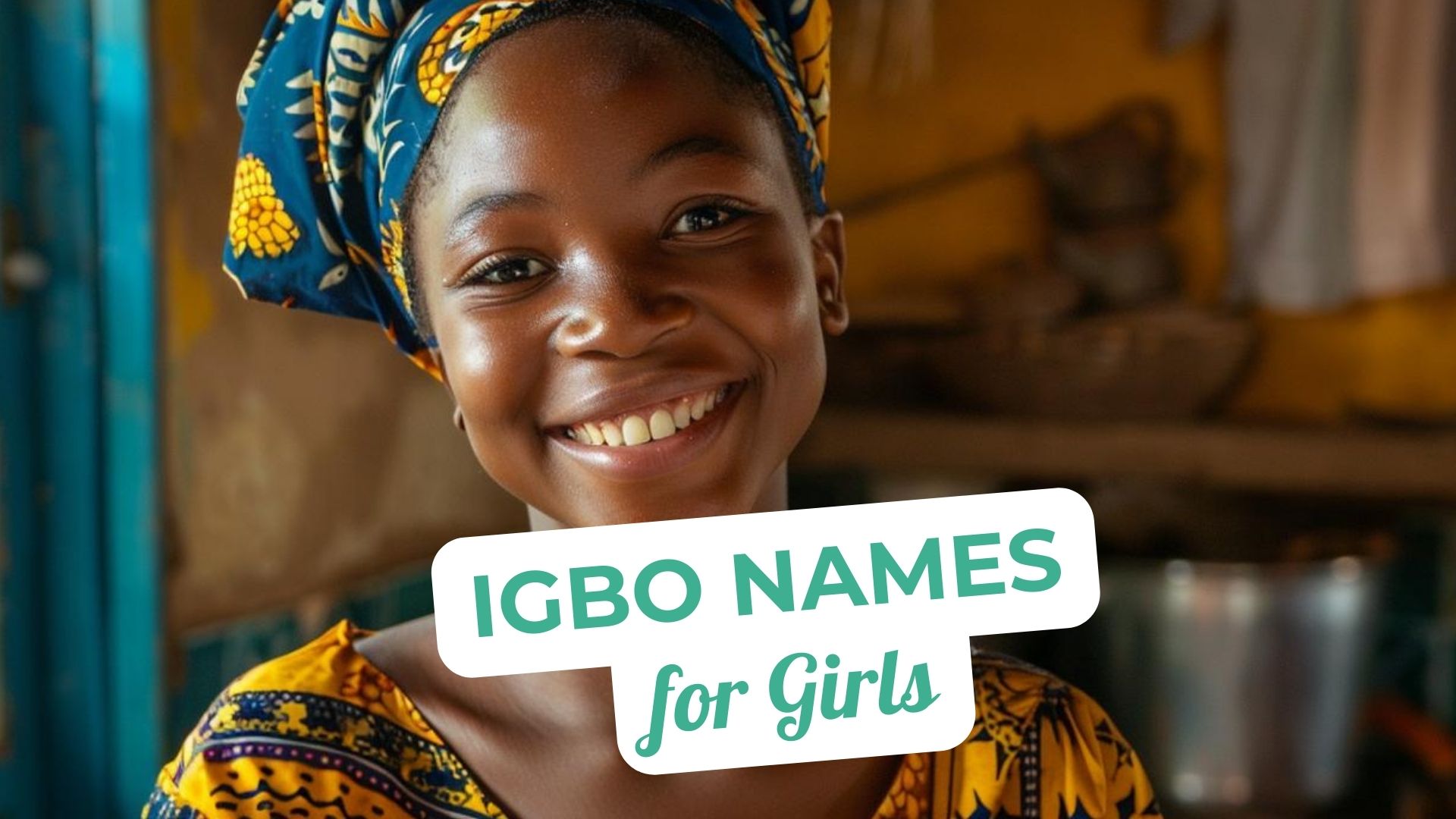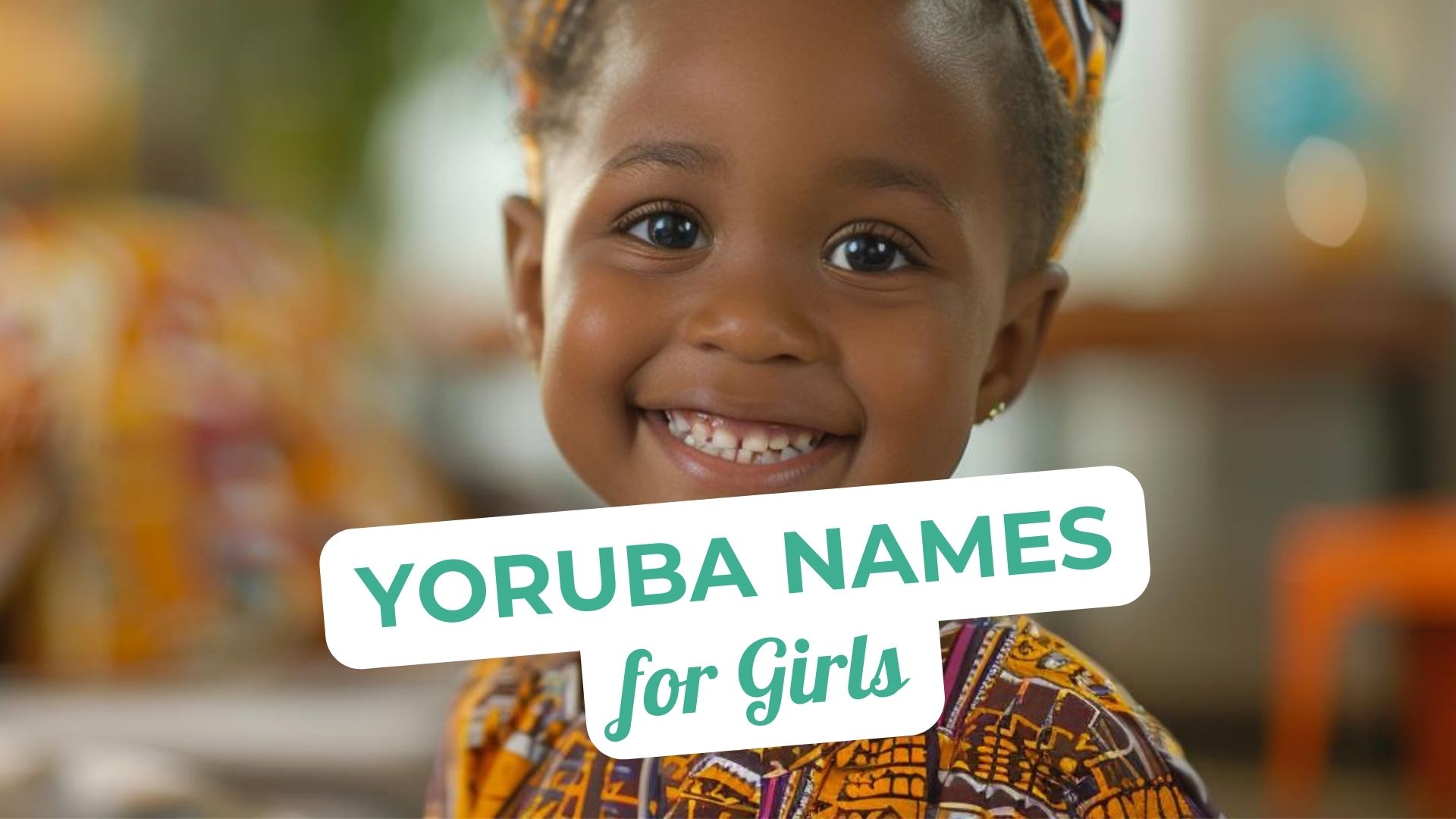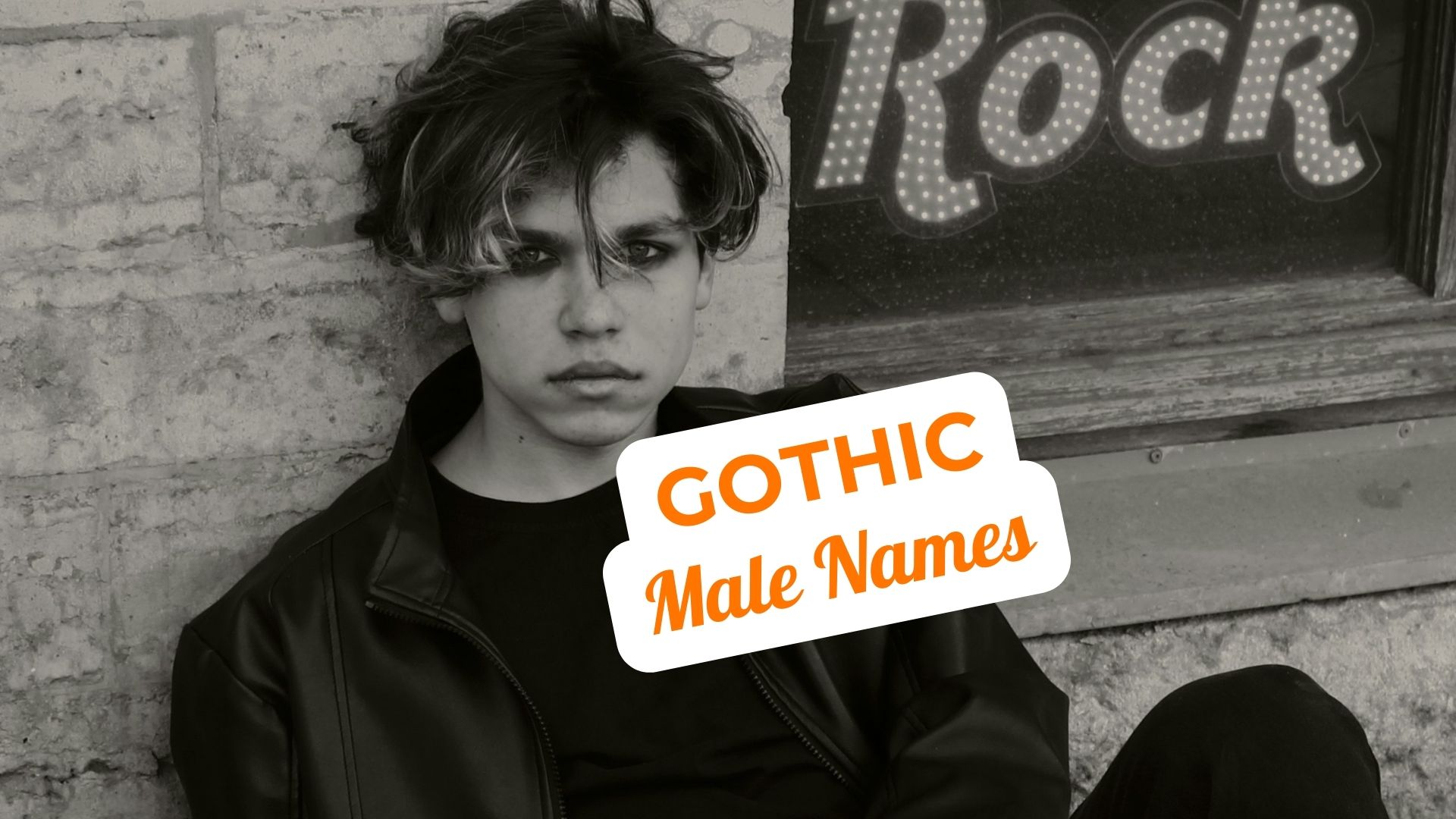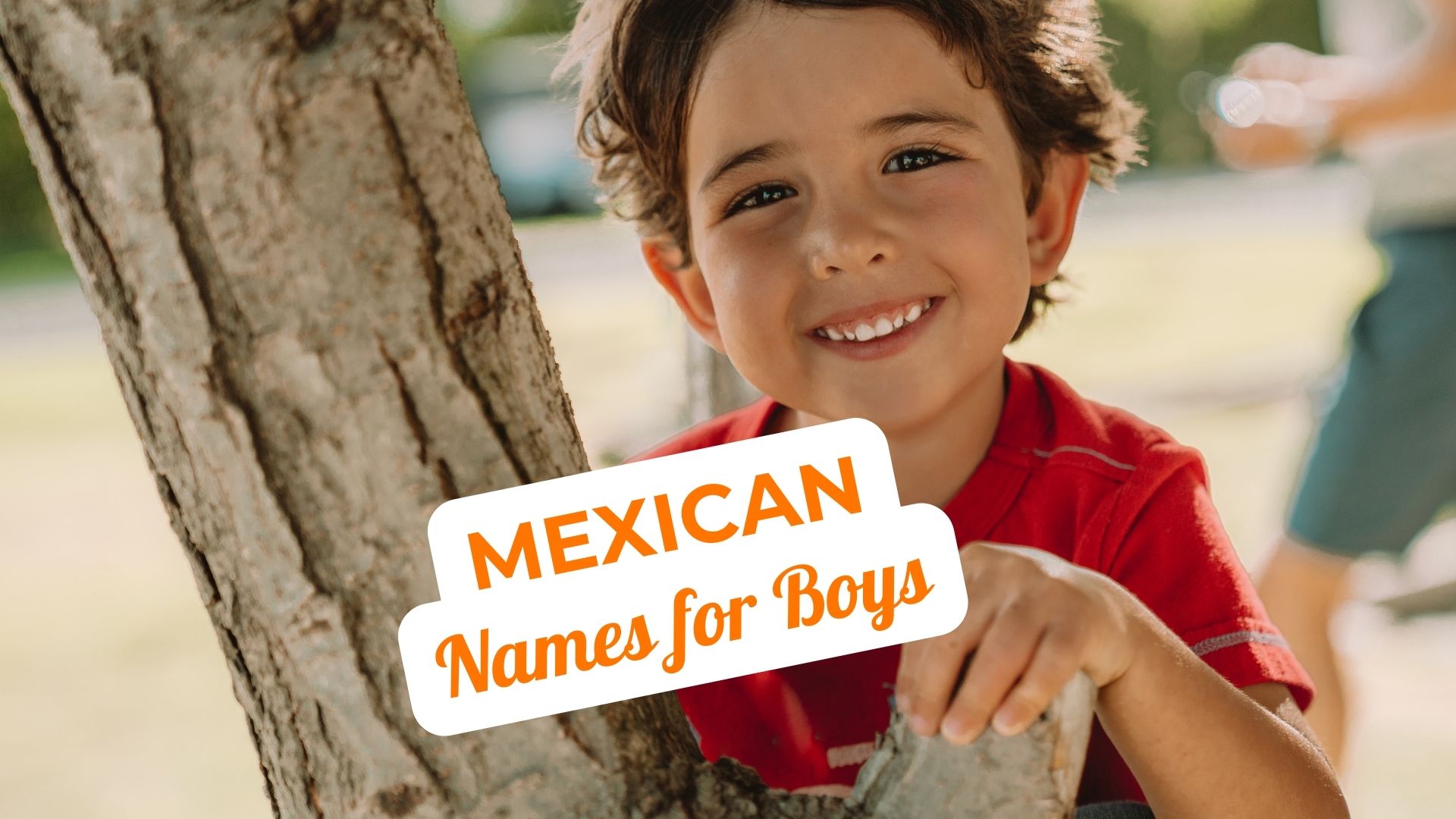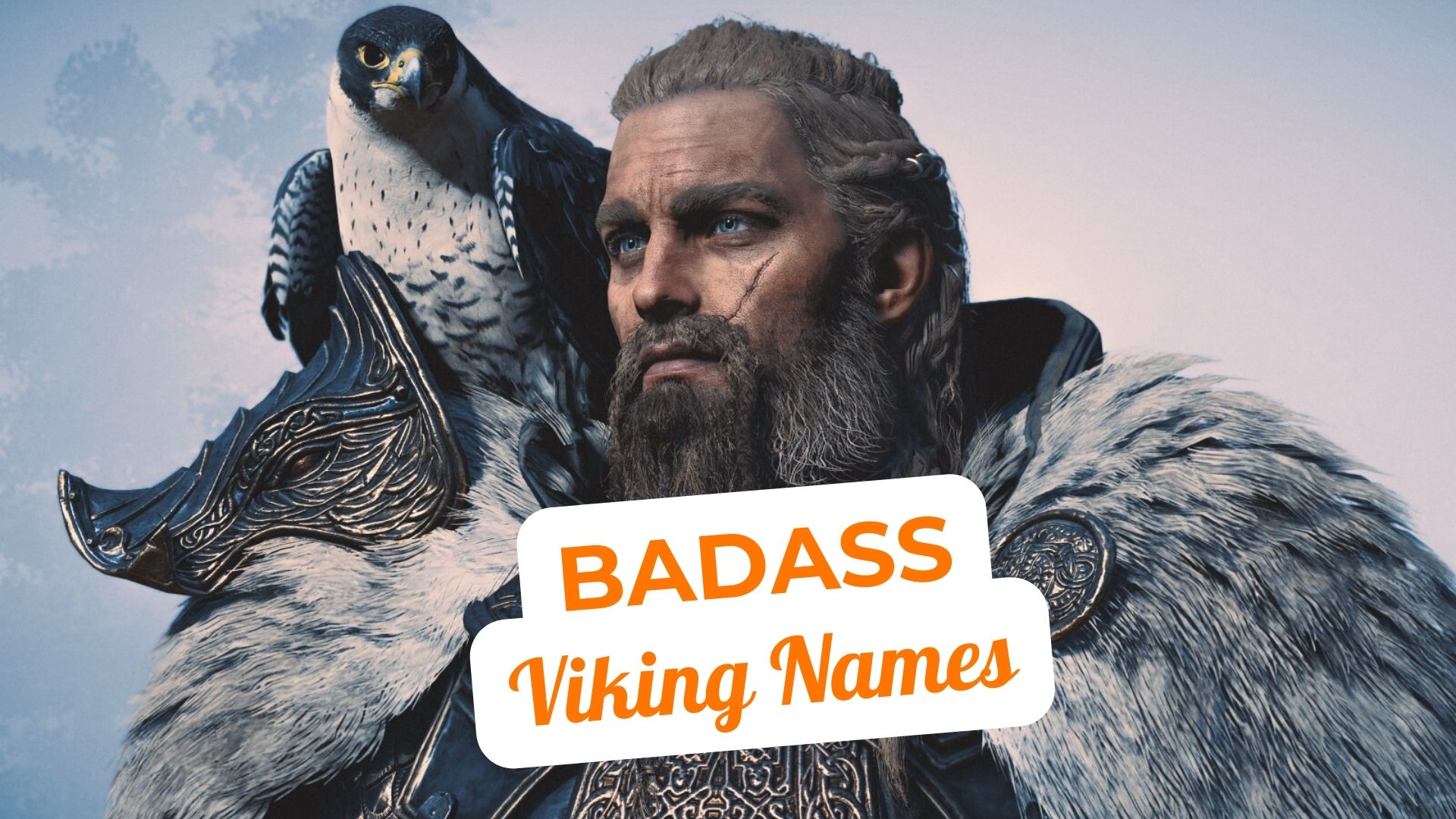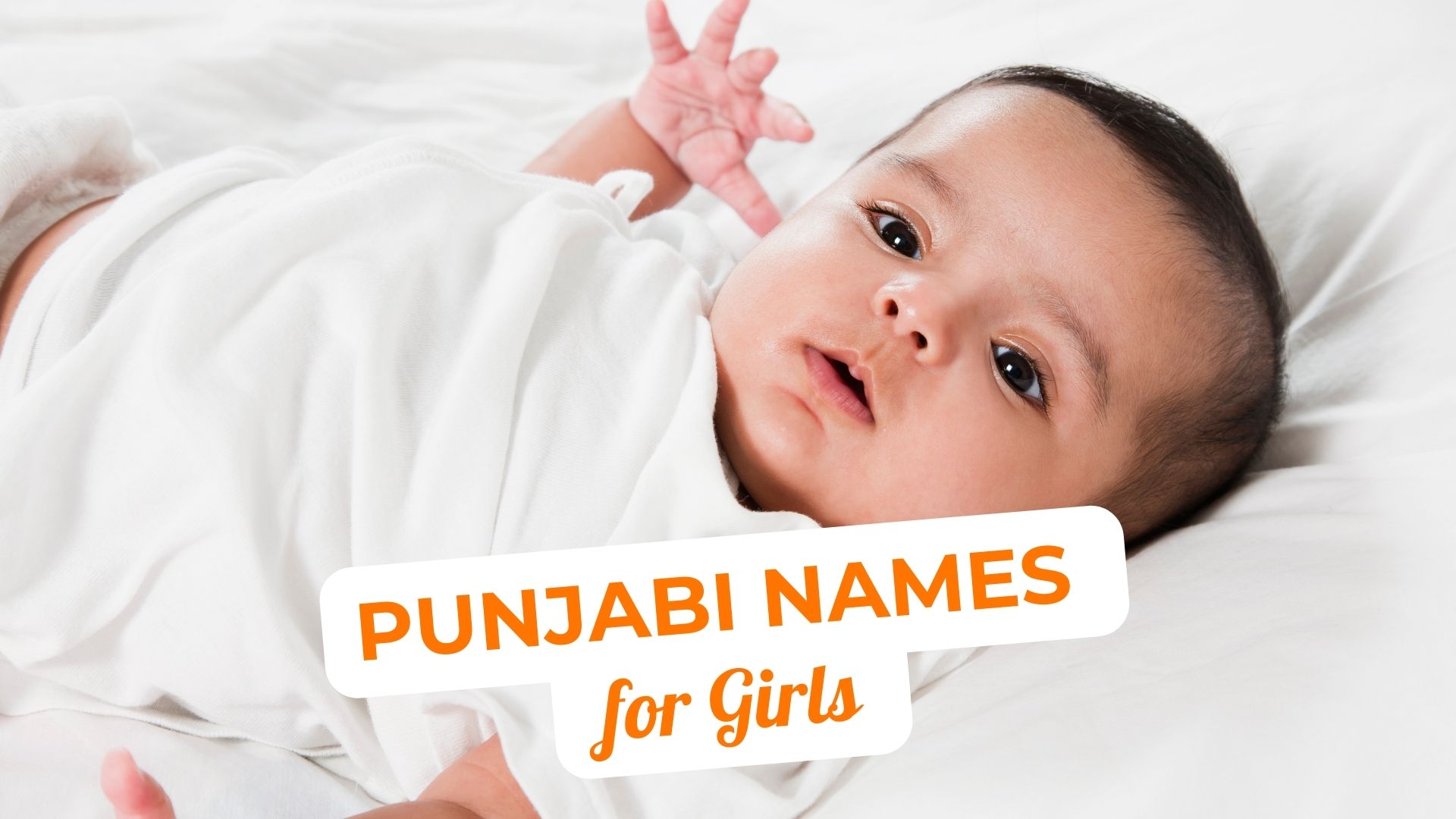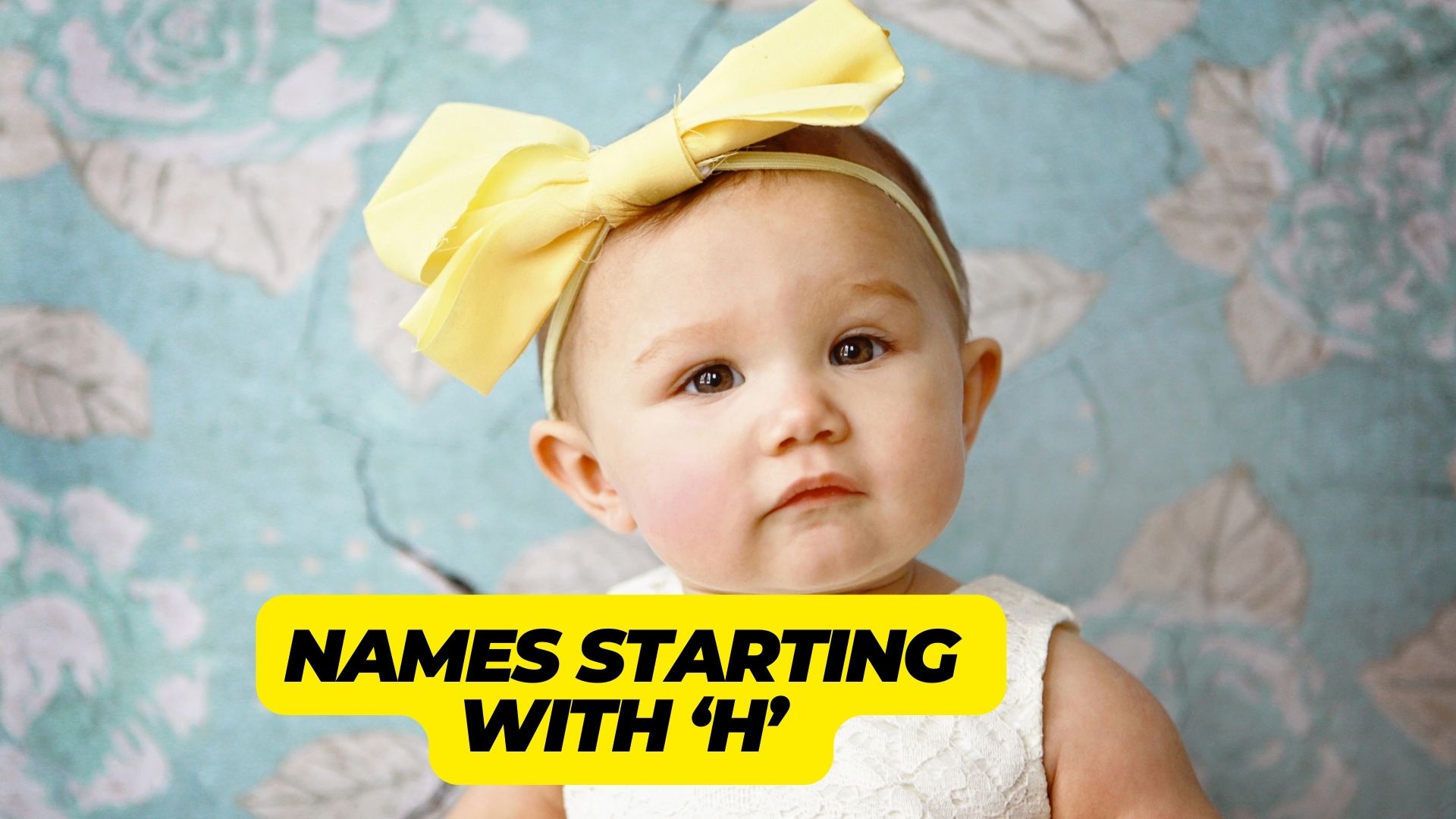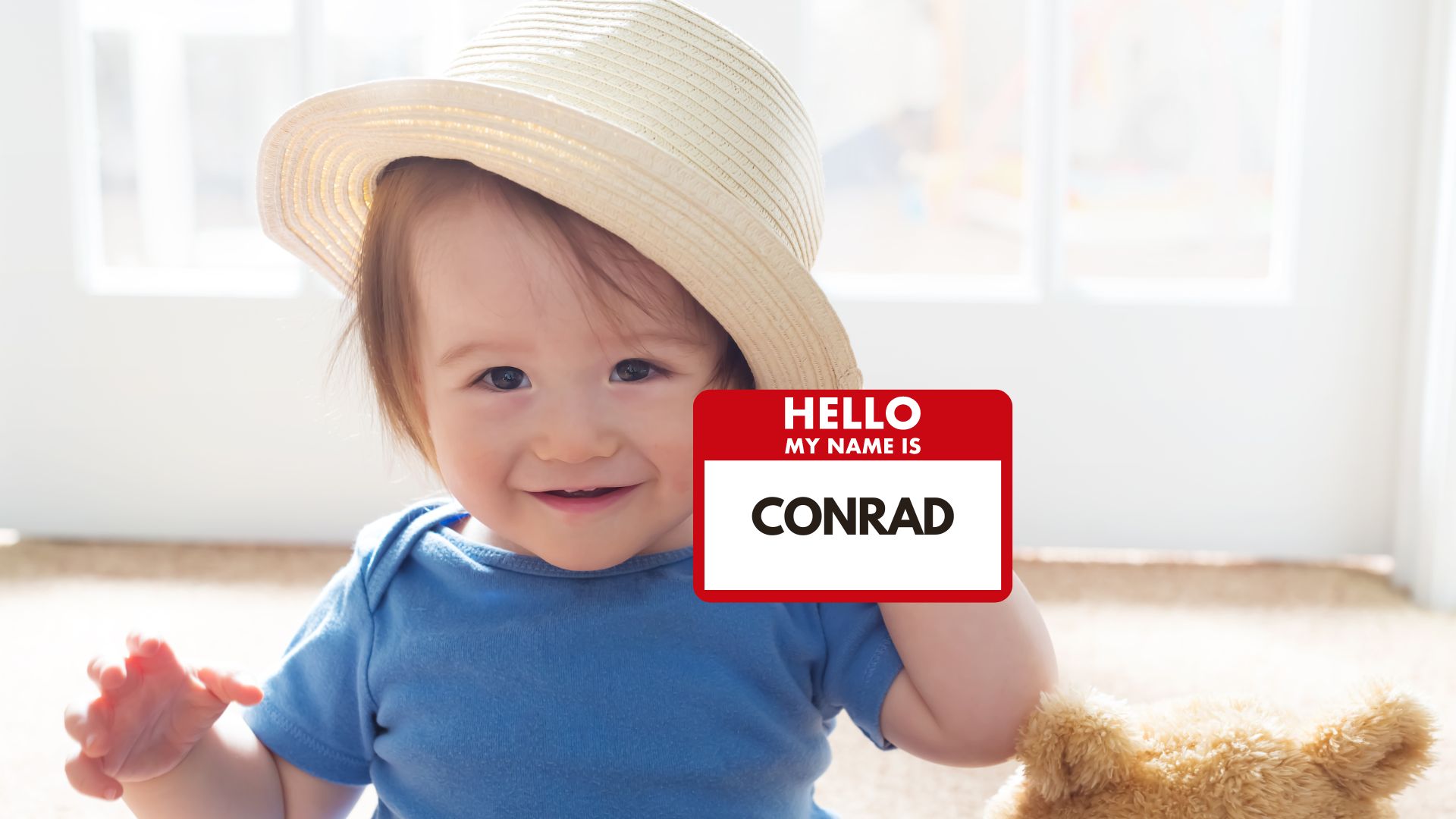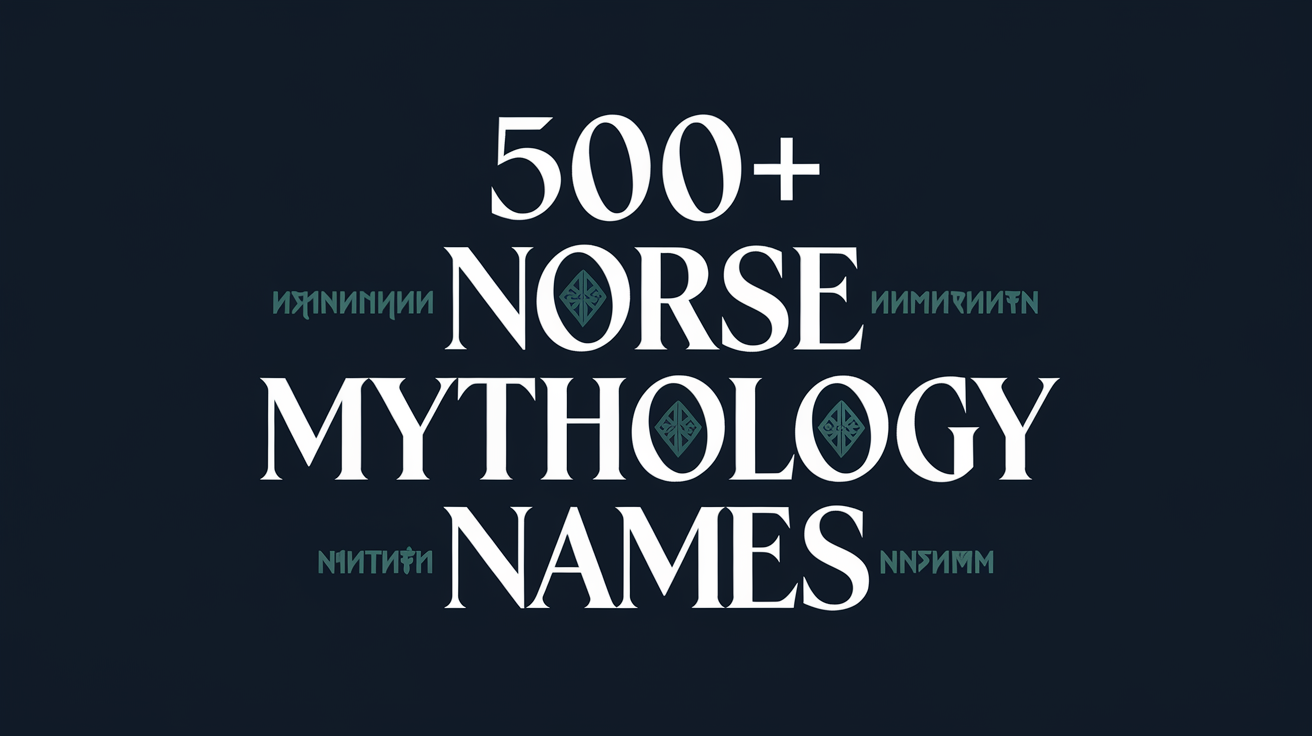
Norse mythology has always fascinated me, especially the names that carry so much meaning and history.
These names aren’t just words. They’re rich with stories that represent strength, wisdom, and the powerful forces of nature.
When I hear names like Odin, Freya, or Thor, I immediately think of epic battles, cosmic adventures, and timeless lessons.
Each name tells a story, whether it’s about a trickster god’s cunning or a mighty warrior’s courage.
In this blog, I want to share some of the most intriguing Norse mythology names, exploring their meanings and cultural significance.
Whether you’re a fan of mythology, hunting for a unique name, or just curious about ancient stories, you’re in for an exciting journey.
Let’s dive into this fascinating world and uncover the secrets behind these legendary names together.
Norse Mythology Names Starting with the Letter “A”
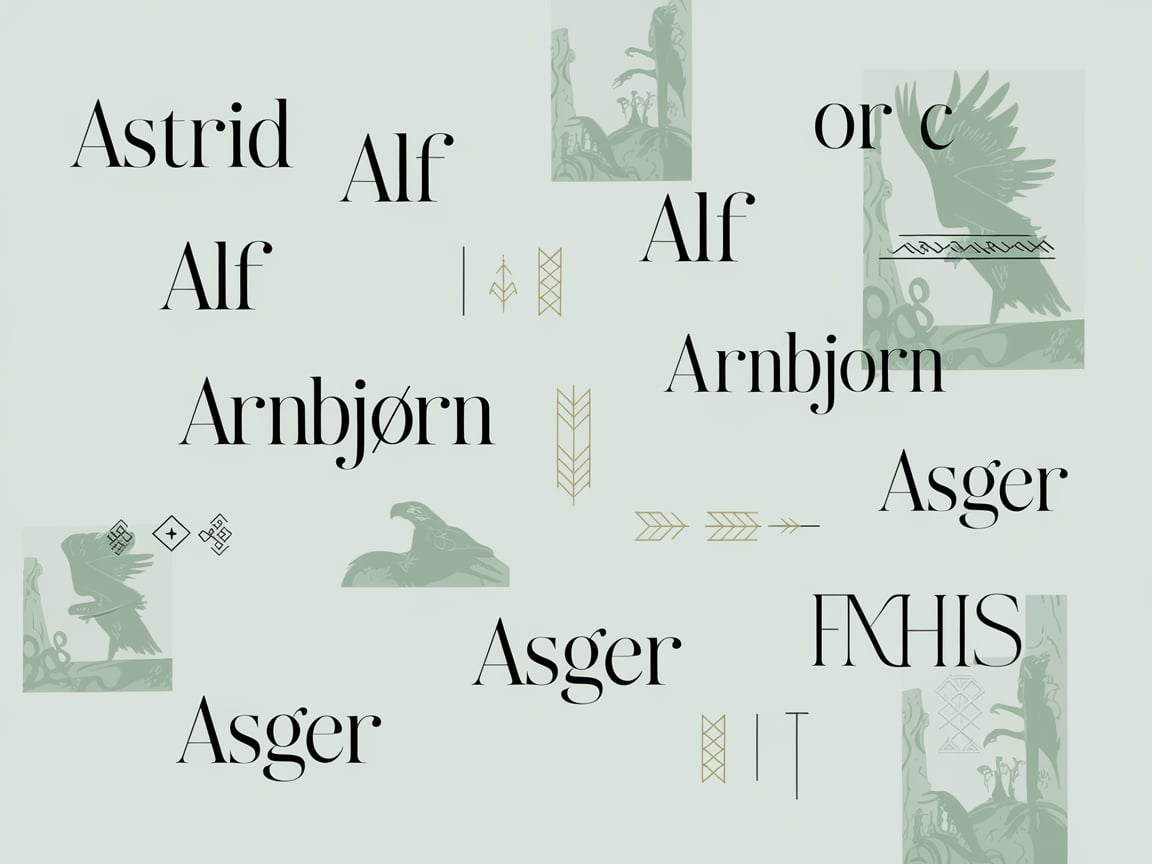
1. Aud
Meaning: Riches and prosperity, often symbolizing wealth and abundance in Norse mythology.
Cultural significance: Represents prosperity and fortune, commonly associated with successful ventures and revered in Viking traditions.
2. Astrid
Meaning: Divine strength and beauty, a beloved name in ancient Norse culture.
Cultural significance: Associated with nobility and admired women in Viking sagas, emphasizing elegance and power.
3. Aslaug
Meaning: Woman promised to the gods, embodying divine destiny and honor.
Cultural significance: A legendary heroine representing beauty, intelligence, and loyalty in Norse sagas.
4. Alf
Meaning: Elf or mystical being, symbolizing magic and otherworldly wisdom.
Cultural significance: Revered in Norse folklore, representing supernatural creatures with great power and intelligence.
5. Alvis
Meaning: All-knowing dwarf, symbolizing immense knowledge and wisdom.
Cultural significance: Central to Norse myths as a figure of intelligence, often outsmarted by gods.
6. Arne
Meaning: Eagle, a symbol of strength and vigilance in Norse culture.
Cultural significance: Associated with warriors and leaders, admired for their courage and insight in Viking traditions.
7. Alfhild
Meaning: Battle elf, embodying the union of bravery and mysticism.
Cultural significance: Celebrated as a mythical warrior maiden in Norse sagas, symbolizing resilience and magical strength.
8. Angrboda
Meaning: Bringer of grief, reflecting turmoil and chaos.
Cultural significance: A powerful giantess tied to Ragnarok, representing an inevitable change in Norse mythology.
9. Arvid
Meaning: Eagle tree, denoting strength rooted in nature.
Cultural significance: Represents resilience and nobility, frequently linked to guardianship in Viking lore.
10. Asa
Meaning: Goddess or divine being, symbolizing spiritual power.
Cultural significance: Revered in Norse mythology as embodying divine femininity and sacred authority.
11. Anund
Meaning: New wave, indicating transformation and progress.
Cultural significance: Associated with innovation and exploration, celebrating dynamic change in Viking history.
12. Andvari
Meaning: Careful one, symbolizing caution and wealth preservation.
Cultural significance: A dwarf tied to greed and fortune, central to moral lessons in Norse sagas.
13. Atli
Meaning: Fatherly figure, representing wisdom and protection.
Cultural significance: A saga character embodying leadership and complex moral themes in Norse tales.
14. Ask
Meaning: Ash tree, the first human in Norse creation myths.
Cultural significance: Central to Norse cosmology, symbolizing life and humanity’s divine origin.
15. Audun
Meaning: Abandoned riches reflect hidden wealth and value.
Cultural significance: Represents the mystery of discovery, linked to the adventurous spirit in Viking lore.
16. Agnar
Meaning: Warrior, denoting courage and combat strength.
Cultural significance: Common in heroic tales, symbolizing Viking bravery and the warrior ethos.
17. Alvilda
Meaning: Elf battle, a blend of magic and courage.
Cultural significance: Celebrated as a legendary warrior woman, showcasing independence in Norse mythology.
18. Asger
Meaning: Spear of the gods, symbolizing divine protection.
Cultural significance: Linked to warriors chosen by gods, emphasizing honor in Norse culture.
19. Arnbjorn
Meaning: Eagle bear, combining traits of strength and vigilance.
Cultural significance: A name of valor and leadership, revered in Viking traditions.
20. Audr
Meaning: Deep wealth, denoting hidden treasures and wisdom.
Cultural significance: Represents the mystical and adventurous themes prominent in Norse mythology.
Norse Mythology Names Starting with the Letter “B”
21. Balder
Meaning: God of light and purity, embodying radiance and goodness.
Cultural significance: A beloved Norse deity symbolizing hope, peace, and harmony, central to many myths.
22. Bergljot
Meaning: Light that shines from the mountain, signifying brightness and strength.
Cultural significance: A name tied to resilience and clarity, often associated with natural beauty in Norse sagas.
23. Bjorn
Meaning: The bear symbolizes strength and courage in Norse traditions.
Cultural significance: A common name among Vikings, representing bravery and a deep connection to nature.
24. Bodil
Meaning: Remedy or salvation in battle, signifying hope and healing.
Cultural significance: Associated with warriors who bring peace and resolution, celebrated in Norse legends.
25. Brynhild
Meaning: Armored battle maiden, denoting strength and protection.
Cultural significance: A prominent Valkyrie in Norse mythology, embodying courage and divine destiny.
26. Bersi
Meaning: Bear-like warrior, symbolizing ferocity and dominance in combat.
Cultural significance: Revered in Viking sagas as a fearless and powerful fighter.
27. Bergthora
Meaning: Protection from the mountains, representing shelter and safety.
Cultural significance: A name linked to steadfastness and nurturing qualities in Norse stories.
28. Beinir
Meaning: Straight and trustworthy, symbolizing honesty and loyalty.
Cultural significance: A name representing integrity, often tied to loyal figures in Norse sagas.
29. Baug
Meaning: Ring or circle, symbolizing unity and completeness.
Cultural significance: Associated with bonds of loyalty and cycles of life in Norse mythology.
30. Bragi
Meaning: God of poetry, eloquence, and wisdom.
Cultural significance: Revered as the patron of poets and skalds, symbolizing creative expression in Norse culture.
31. Bersi the Bold
Meaning: Fearless bear-like warrior, emphasizing dominance and bravery.
Cultural significance: A notable Viking figure celebrated for courage and unmatched combat skills in sagas.
32. Bergfinn
Meaning: Protector from the mountain, signifying strength and guardianship.
Cultural significance: Associated with natural fortitude and resilience, admired in Norse folklore.
33. Borr
Meaning: Father of the gods, symbolizing the beginning of divine lineage.
Cultural significance: A key figure in Norse creation myths, linking the divine ancestry to humanity.
34. Bodvar
Meaning: Battle guardian, emphasizing protection and valor.
Cultural significance: A legendary warrior from Norse tales, known for his courage and loyalty.
35. Blenda
Meaning: To dazzle or shine, symbolizing brightness and charisma.
Cultural significance: Celebrated in Nordic legends for cleverness and strength, embodying feminine brilliance.
36. Bera
Meaning: She-bear, symbolizing nurturing strength and protective instincts.
Cultural significance: Common among Viking women, representing maternal power and fierce determination.
37. Brynja
Meaning: Armor or protection, emphasizing defense and security.
Cultural significance: Symbolizes resilience and fortitude, often linked to shieldmaidens in Norse sagas.
38. Bolverk
Meaning: Evil doer, a name denoting cunning and trickery.
Cultural significance: Often associated with Loki’s schemes, representing the darker aspects of Norse mythology.
39. Bjarki
Meaning: Little bear, symbolizing youthful strength and bravery.
Cultural significance: A warrior celebrated in Norse sagas, embodying courage and a connection to nature.
40. Bergulf
Meaning: Wolf of the mountain, representing primal strength and wilderness.
Cultural significance: Revered in Viking lore for embodying raw power and untamed spirit.
Norse Mythology Names Starting with the Letter “C”
41. Ceorl
Meaning: Free man, symbolizing independence and strength.
Cultural significance: Represents liberty and self-reliance, qualities admired in Norse and Viking societies.
42. Cynewulf
Meaning: Royal wolf, denoting leadership and courage.
Cultural significance: Associated with rulers and warriors, symbolizing the power and ferocity of wolves in Norse culture.
43. Crag
Meaning: Rock or cliff, symbolizing strength and stability.
Cultural significance: Tied to nature’s resilience, often used metaphorically in Norse sagas to describe unyielding characters.
44. Cynric
Meaning: Royal kin, symbolizing noble heritage and honor.
Cultural significance: Reflects strong ties to lineage and the importance of ancestry in Norse traditions.
45. Caedmon
Meaning: Wise warrior, denoting intelligence and valor.
Cultural significance: A name celebrated for combining strategic thinking with bravery in Norse battles.
46. Cuthbert
Meaning: Bright fame, symbolizing renowned success.
Cultural significance: Linked to legendary figures known for their achievements and heroic deeds in Viking lore.
47. Caelin
Meaning: Victorious people, signifying triumph and unity.
Cultural significance: Represents communal success, often celebrated in Viking victories and shared accomplishments.
48. Cadoc
Meaning: Battle glory, highlighting honor achieved in war.
Cultural significance: Associated with warriors who earned fame through combat in Norse and Viking traditions.
49. Canute
Meaning: Knot, symbolizing unity and connection.
Cultural significance: Represents the binding strength of family and community in Viking culture.
50. Carl
Meaning: Man, denoting strength and humanity.
Cultural significance: A common Viking name symbolizing the virtues of resilience and independence.
51. Calder
Meaning: Cold stream, symbolizing clarity and resilience.
Cultural significance: Represents nature’s enduring strength, often tied to the rugged landscapes of Norse mythology.
52. Callan
Meaning: Battle or rock, denoting strength, and perseverance.
Cultural significance: Associated with steadfast warriors and unyielding characters in Viking legends.
53. Carn
Meaning: Pile of stones, often used as a marker or memorial.
Cultural significance: It represents remembrance and honor, which is significant in Norse culture for commemorating the fallen.
54. Cedric
Meaning: Bounty or pattern of generosity, reflecting abundance.
Cultural significance: A name tied to leadership and the fair distribution of resources in Viking lore.
55. Cerdic
Meaning: Chieftain or ruler, symbolizing authority and power.
Cultural significance: It represents leadership and strategic thinking, which are admired traits of Viking kings and warriors.
56. Circe
Meaning: Enchantress, denoting magic and wisdom.
Cultural significance: Associated with mystical women in Norse mythology who possessed supernatural powers.
57. Clovis
Meaning: Renowned warrior, highlighting strength and bravery.
Cultural significance: Celebrates heroic deeds common among Viking leaders and conquerors.
58. Colborn
Meaning: Dark brook, symbolizing mystery and depth.
Cultural significance: Represents the unknown and mystical aspects of nature in Norse traditions.
59. Conn
Meaning: Wisdom or intelligence, denoting strategic skill.
Cultural significance: Tied to figures known for cunning and knowledge in Viking sagas.
60. Cormac
Meaning: Charioteer, symbolizing speed and control.
Cultural significance: Represents mastery over the elements and the ability to navigate life’s challenges in Norse culture.
Norse Mythology Names Starting with the Letter “D”
61. Dag
Meaning: Day symbolizes light and clarity.
Cultural significance: Represents the brightness of daytime, often associated with hope and renewal in Norse mythology.
62. Dagny
Meaning: New day, reflecting fresh beginnings.
Cultural significance: Celebrates optimism and resilience, often linked to strong-willed women in Viking lore.
63. Delling
Meaning: Shining one, symbolizing the dawn.
Cultural significance: A god associated with the break of day, embodying light and new beginnings.
64. Disa
Meaning: Goddess or deity, emphasizing divine femininity.
Cultural significance: A revered figure symbolizing protection and nurturing in Norse traditions.
65. Dreng
Meaning: Warrior, denoting bravery and valor.
Cultural significance: Represents the ideal Viking spirit, tied to honor and courage in battle.
66. Drott
Meaning: Lord or ruler, symbolizing authority and power.
Cultural significance: Reflects leadership and governance, admired traits among Norse chieftains and kings.
67. Dyggvi
Meaning: Trustworthy or loyal, emphasizing dependability.
Cultural significance: A legendary king in Norse sagas, embodying loyalty and integrity.
68. Draugr
Meaning: Ghost or revenant, symbolizing restless spirits.
Cultural significance: Central to Norse myths, representing the haunting presence of the undead.
69. Dagrunn
Meaning: Secret of the day, reflecting mystery and light.
Cultural significance: Associated with hidden truths and enlightenment in Norse mythology.
70. Dvalin
Meaning: Slumberer, symbolizing rest and stillness.
Cultural significance: A dwarf in Norse mythology known for crafting powerful artifacts and wisdom.
71. Dagfinn
Meaning: Day’s warrior symbolizes light and courage.
Cultural significance: Represents a warrior who brings clarity and hope, celebrated in Norse tales of bravery.
72. Darri
Meaning: Spear or javelin, denoting strength and precision.
Cultural significance: Associated with skilled warriors, symbolizing focus and accuracy in Viking battles.
73. Disa-Vor
Meaning: Protective goddess, highlighting strength and guardianship.
Cultural significance: Revered in Norse folklore as a nurturing and safeguarding figure for communities.
74. Dofri
Meaning: Giant or strong one, symbolizing immense power.
Cultural significance: Represents formidable strength and resilience, often tied to mountain-dwelling giants in Norse mythology.
75. Dori
Meaning: Beloved or cherished, reflecting deep affection.
Cultural significance: A dwarf in Norse myths, celebrated for craftsmanship and loyalty to kin.
76. Drafa
Meaning: Wave or surge, symbolizing motion and strength.
Cultural significance: Reflects the dynamic and untamed power of the sea in Norse traditions.
77. Dyra
Meaning: Precious or valuable, denoting worth.
Cultural significance: Celebrates the importance of treasured people or items in Viking culture.
78. Drifa
Meaning: Snowdrift, representing winter and purity.
Cultural significance: Reflects the harsh yet beautiful Scandinavian landscapes central to Norse mythology.
79. Dyn
Meaning: Noise or roar, symbolizing power and energy.
Cultural significance: Represents thunderous events and mighty forces, often associated with battles in Viking lore.
80. Dagrun
Meaning: Secret wisdom of the day, highlighting enlightenment.
Cultural significance: Represents hidden truths and mystical insight, celebrated in Norse sagas of discovery.
Norse Mythology Names Starting with the Letter “E”
81. Einar
Meaning: Lone warrior, symbolizing individuality and courage.
Cultural significance: Represents the Viking spirit of bravery and resilience, often celebrated in Norse sagas.
82. Embla
Meaning: Elm tree, symbolizing creation and life.
Cultural significance: The first woman in Norse mythology, created alongside Ask as the ancestors of humanity.
83. Erling
Meaning: Descendant of earls, emphasizing noble heritage.
Cultural significance: Represents ties to Viking nobility and leadership in Norse traditions.
84. Eir
Meaning: Goddess of healing, symbolizing mercy and care.
Cultural significance: A goddess revered for her medical knowledge and association with well-being in Norse mythology.
85. Egil
Meaning: Respect or awe, highlighting strength and skill.
Cultural significance: A legendary warrior and poet celebrated for his bravery and artistry in Viking lore.
86. Eindride
Meaning: Riding alone, symbolizing independence.
Cultural significance: Represents self-reliance and strength, which are admired qualities in Norse culture.
87. Eysteinn
Meaning: Eternal stone, denoting stability and permanence.
Cultural significance: Represents unyielding strength and steadfastness in Norse mythology.
88. Elva
Meaning: Elf or supernatural being, symbolizing magic.
Cultural significance: Represents mystical elements in Norse folklore, associated with enchantment and nature.
89. Eyvindr
Meaning: Island wind, emphasizing freedom and exploration.
Cultural significance: Reflects the Viking spirit of adventure and connection to nature’s forces.
90. Elrik
Meaning: Noble ruler, denoting leadership and wisdom.
Cultural significance: Celebrates the qualities of a just and respected leader in Norse traditions.
91. Eirik
Meaning: Eternal ruler, symbolizing enduring leadership.
Cultural significance: A name tied to Viking kings, reflecting power and longevity in Norse history.
92. Eldrid
Meaning: Fire and peace represent balance.
Cultural significance: Embodies the duality of strength and tranquility in Norse mythology.
93. Eskil
Meaning: Divine cauldron, symbolizing wisdom and renewal.
Cultural significance: Represents sacred rituals and divine inspiration in Norse culture.
94. Erikr
Meaning: Sole ruler, highlighting power and authority.
Cultural significance: Associated with Viking kings and their dominance in Norse lore.
95. Eydis
Meaning: Goddess of luck, symbolizing fortune and protection.
Cultural significance: Represents divine guardianship and prosperity in Norse mythology.
96. Eldgrim
Meaning: Fierce protector, denoting bravery and loyalty.
Cultural significance: Celebrates the warrior spirit central to Viking traditions.
97. Edla
Meaning: Noblewoman, symbolizing grace and strength.
Cultural significance: Associated with noble lineage and the virtues of Viking women.
98. Eyra
Meaning: Calm or peaceful, symbolizing serenity.
Cultural significance: Represents tranquility and harmony, often admired in Norse sagas.
99. Eilif
Meaning: Immortal or everlasting, symbolizing eternity.
Cultural significance: Reflects enduring strength and resilience in Norse mythology.
100. Erlend
Meaning: Foreigner or traveler, denoting exploration.
Cultural significance: Represents the Viking spirit of discovery and curiosity in distant lands.
Norse Mythology Names Starting with the Letter “F”
101. Freya
Meaning: Lady, symbolizing love, beauty, fertility, magic, and the divine feminine power in Norse culture.
Cultural significance: A prominent goddess associated with love, war, and magic, revered among the Vanir and Aesir.
102. Freyr
Meaning: Lord, representing fertility, prosperity, sunshine, and rain as essential for agricultural growth.
Cultural significance: A Vanir god celebrated for wealth, peace, and harmony, deeply tied to nature’s cycles.
103. Fenrir
Meaning: Monster wolf, signifying untamed chaos, destruction, and the inevitable forces of change in the cosmos.
Cultural significance: A giant wolf prophesied to kill Odin during Ragnarok, feared as a harbinger of doom.
104. Frigg
Meaning: Beloved or wife, symbolizing wisdom, motherhood, nurturing love, and foresight of the future.
Cultural significance: Odin’s wife and queen of the Aesir embodies family devotion and insight into destiny.
105. Forseti
Meaning: Presiding one, representing fairness, justice, and the resolution of disputes through wisdom and negotiation.
Cultural significance: The god of justice and reconciliation, ensuring peace and order within Asgard and Midgard.
106. Fafnir
Meaning: Dragon or serpent, symbolizing greed, corruption, and transformation through moral lessons in Norse stories.
Cultural significance: A dwarf who transformed into a dragon due to greed, central in the Volsunga Saga.
107. Fjorgyn
Meaning: Earth or land, representing the nurturing and enduring power of the natural world.
Cultural significance: The earth goddess, Thor’s mother, symbolizes the connection between gods and the environment.
108. Folkvangr
Meaning: Field of the people, representing the afterlife for warriors chosen by Freya.
Cultural significance: A serene realm in Norse mythology where half of the valiant dead are welcomed.
109. Fulla
Meaning: Bountiful, reflecting abundance, prosperity, and unwavering loyalty to family and the divine.
Cultural significance: A goddess serving Frigg, symbolizing devotion, wealth, and prosperity within Norse mythology.
110. Frodi
Meaning: Peaceful ruler, emphasizing leadership, harmony, and the importance of stability in society.
Cultural significance: A legendary king associated with an era of prosperity and peace in Viking lore.
111. Fjolnir
Meaning: All-knowing one, representing wisdom, intellectual mastery, and pursuit of enlightenment.
Cultural significance: A legendary figure tied to Odin, reflecting wisdom’s value in Norse mythology.
112. Fasti
Meaning: The steadfast one, highlighting loyalty, dependability, and enduring resilience against adversity.
Cultural significance: Represents the importance of perseverance and unwavering determination in Norse cultural values.
113. Fridbjorn
Meaning: Peace bear, symbolizing strength, protection, and the ability to maintain peace through power.
Cultural significance: Embodies balance between might and harmony, ideal traits of Viking leaders.
114. Freki
Meaning: Ravenous one, reflecting insatiable hunger, primal instincts, and fierce determination.
Cultural significance: One of Odin’s wolves symbolizes loyalty, wild strength, and the untamed forces of nature.
115. Fjor
Meaning: Vitality or life force, signifying energy, endurance, and the unyielding spirit of existence.
Cultural significance: Represents the essence of life and vigor, central to Norse beliefs in resilience.
116. Fjalar
Meaning: Deceiver or hider, representing cleverness, mischief, and cunning strategies for survival.
Cultural significance: A dwarf in Norse myths, reflecting intelligence and resourcefulness in challenging circumstances.
117. Folki
Meaning: Warrior of the people, emphasizing leadership, courage, and the protection of the community.
Cultural significance: It represents Viking chieftains who are admired for their bravery and role as protectors of their clans.
118. Fridrik
Meaning: Peaceful ruler, symbolizing harmony, wisdom, and the importance of justice in leadership.
Cultural significance: A name tied to Viking kings who upheld peace and fairness within their realms.
119. Freydis
Meaning: Goddess of peace, highlighting strength, independence, and the ability to mediate conflicts.
Cultural significance: Celebrates Norse women as powerful figures, embodying courage and grace in both myth and history.
120. Fylgja
Meaning: Follower spirit, symbolizing protection, guidance, and a deeper connection to one’s fate and destiny.
Cultural significance: A guardian spirit in Norse mythology, representing personal fate and the interconnectedness of life.
Norse Mythology Names Starting with the Letter “G”
121. Gefjon
Meaning: Giver, symbolizing generosity, fertility, and prosperity.
Cultural significance: A goddess associated with agriculture and plowing, representing abundance and creation in Norse mythology.
122. Gunnr
Meaning: War or battle, emphasizing conflict and valor.
Cultural significance: One of the Valkyries symbolizes bravery and the warrior spirit of Norse culture.
123. Garmr
Meaning: Guard or protector, representing loyalty and vigilance.
Cultural significance: A monstrous hound guarding Hel’s gates is significant in Ragnarok and Norse myths about the afterlife.
124. Grid
Meaning: Peace, symbolizing balance and protection.
Cultural significance: A giantess aiding Thor, embodying the power of alliances and strategic thinking.
125. Gyllir
Meaning: Golden, reflecting brightness and wealth.
Cultural significance: One of the horses of the gods symbolizes divine grace and splendor in Norse mythology.
126. Geirrod
Meaning: Spear rider, symbolizing strength and cunning.
Cultural significance: A giant who tested Thor’s might, representing resilience and the challenges of power.
127. Gná
Meaning: Swift or messenger, symbolizing speed and communication.
Cultural significance: A goddess serving Frigg, delivering messages across realms, emphasizing connectivity and divine tasks.
128. Gullveig
Meaning: Gold drink or gold power, symbolizing greed and allure.
Cultural significance: A Vanir figure tied to the Aesir-Vanir war, representing wealth’s corrupting power.
129. Gudrun
Meaning: Battle secret or divine knowledge, emphasizing wisdom in conflict.
Cultural significance: A legendary figure in Norse sagas, known for her loyalty, grief, and courage.
130. Glut
Meaning: Glow or brightness, symbolizing light and warmth.
Cultural significance: A fire giantess representing energy and the transformative power of flames in Norse beliefs.
131. Geri
Meaning: Ravenous, reflecting hunger and ferocity.
Cultural significance: One of Odin’s wolves symbolizes loyalty and the primal instincts in Norse myths.
132. Geir
Meaning: Spear, denoting precision and martial strength.
Cultural significance: Common in Viking names, representing courage and skill in battle.
133. Goti
Meaning: Gothic man, symbolizing identity and heritage.
Cultural significance: Reflects connections to the Gothic tribes admired in early Norse culture.
134. Gullinbursti
Meaning: Golden bristles symbolize craftsmanship and protection.
Cultural significance: A boar crafted by dwarves, gifted to Freyr, embodying divine power and artistry.
135. Gardar
Meaning: Enclosure or stronghold, representing safety and defense.
Cultural significance: Symbolizes the protective nature of Norse settlements and their resilience against threats.
136. Gudbrand
Meaning: God’s sword, emphasizing divine protection and strength.
Cultural significance: Represents warriors chosen by the gods, reflecting loyalty and honor in Viking lore.
137. Glima
Meaning: Flash or gleam, symbolizing agility and light.
Cultural significance: Associated with traditional Viking wrestling, reflecting skill, speed, and physical prowess.
138. Galti
Meaning: Boar, symbolizing ferocity and resilience.
Cultural significance: Revered in Norse myths as a representation of bravery and untamed power.
139. Geirdriful
Meaning: Spear thrower, emphasizing martial skill and precision.
Cultural significance: Valkyrie is known for selecting the bravest warriors for Valhalla, symbolizing divine justice.
140. Gard
Meaning: Protector or keeper, representing guardianship and vigilance.
Cultural significance: Reflects the Norse emphasis on community and the defense of one’s kin and territory.
Norse Mythology Names Starting with the Letter “H”
141. Hela
Meaning: Hidden, symbolizing the mysterious realm of the dead.
Cultural significance: Goddess of the underworld, ruling over Helheim, where the unworthy dead reside in Norse mythology.
142. Heimdall
Meaning: World-brightener, symbolizing vigilance and protection.
Cultural significance: The watchman of the gods, guarding the Bifrost bridge with unmatched perception and foresight.
143. Hodr
Meaning: Warrior, highlighting courage despite blindness.
Cultural significance: A blind god who unknowingly killed Balder, symbolizing tragedy and manipulation in Norse myths.
144. Helgi
Meaning: Holy or blessed, representing sanctity and strength.
Cultural significance: A hero in Norse sagas, known for his valor and connection to divine forces.
145. Hildr
Meaning: Battle, emphasizing conflict and bravery.
Cultural significance: A Valkyrie embodying the warrior spirit, choosing the slain for Valhalla.
146. Hrimfaxi
Meaning: Frost mane, symbolizing the cold night.
Cultural significance: The horse of Nott (Night), pulling her chariot and spreading frost over the land.
147. Hoenir
Meaning: High or sanctuary, symbolizing leadership and wisdom.
Cultural significance: A god associated with creation and counsel, often depicted as a quiet and reflective figure.
148. Hervor
Meaning: Army guard, symbolizing defense and bravery.
Cultural significance: A shieldmaiden from Norse sagas, known for her fearless pursuit of her father’s cursed sword.
149. Hrothgar
Meaning: Glory spear, representing honor and martial prowess.
Cultural significance: A legendary king in Norse and Anglo-Saxon traditions, admired for his leadership and wisdom.
150. Hati
Meaning: He who hates, symbolizing pursuit and predation.
Cultural significance: A wolf chasing the moon plays a crucial role in Ragnarok’s events.
151. Huginn
Meaning: Thought symbolizing intellect and insight.
Cultural significance: One of Odin’s ravens embodies the god’s pursuit of wisdom and knowledge.
152. Hlodyn
Meaning: Earth represents fertility and nurturing strength.
Cultural significance: A personification of the earth, often considered Thor’s mother in Norse mythology.
153. Hrungnir
Meaning: Brawler or strong man, emphasizing physical might.
Cultural significance: A powerful giant defeated by Thor represents strength and the clash between gods and giants.
154. Hallvard
Meaning: Rock guardian, symbolizing steadfastness and loyalty.
Cultural significance: A Viking figure celebrated for his bravery and dedication to protecting the innocent.
155. Hrafn
Meaning: The Raven symbolizes mystery and foresight.
Cultural significance: Revered in Norse culture as a symbol of Odin’s connection to knowledge and the otherworld.
156. Hlin
Meaning: Protector or defender, highlighting care and guardianship.
Cultural significance: A goddess associated with Frigg, symbolizing comfort and protection for those in need.
157. Hati Hróðvitnisson
Meaning: Moon chaser, symbolizing relentless pursuit.
Cultural significance: A wolf destined to devour the moon during Ragnarok, contributing to cosmic chaos.
158. Horsa
Meaning: Horse, representing strength and speed.
Cultural significance: Symbolizes the significance of horses in Norse culture as vital for travel and warfare.
159. Hrokkvir
Meaning: Restless fighter, highlighting tireless energy in battle.
Cultural significance: Embodies the indomitable spirit of Viking warriors in their quests for glory and honor.
160. Harald
Meaning: Army ruler, emphasizing leadership and strategy.
Cultural significance: A common name for Viking kings, representing wisdom, strength, and the power to lead.
Norse Mythology Names Starting with the Letter “I”
161. Idunn
Meaning: Ever young, representing eternal youth, vitality, and the perpetual renewal of life and health.
Cultural significance: Goddess of eternal youth, keeper of the golden apples that grant immortality to the gods.
162. Ing
Meaning: Fertility and abundance, reflecting prosperity, agricultural growth, and harmony with nature’s cycles.
Cultural significance: An early Norse deity associated with fertility, agriculture, and the prosperity of the land.
163. Ivar
Meaning: Bow warrior, symbolizing exceptional skill in battle, precision, and unyielding strength in combat.
Cultural significance: A legendary Viking warrior known for his strategic prowess and unyielding determination.
164. Isarn
Meaning: Iron represents unbreakable strength, endurance, and the forging of tools essential for survival.
Cultural significance: Represents the resilience and unbreakable spirit of warriors in Norse traditions.
165. Imd
Meaning: Motion or energy, symbolizing constant change, dynamism, and the essence of life itself.
Cultural significance: Reflects the ever-changing and powerful forces of nature in Norse mythology.
166. Iving
Meaning: Frozen river, representing the obstacles and endurance required to overcome life’s challenges.
Cultural significance: A mythological river separating Asgard from Jotunheim, symbolizing division and resilience.
167. Ingvar
Meaning: Warrior of Ing, reflecting divine strength, bravery, and divine favor in battle.
Cultural significance: Celebrates the link between mortals and gods, particularly through bravery and strength in warfare.
168. Isolde
Meaning: Ice ruler, symbolizing strength, cold beauty, and mastery over harsh environments.
Cultural significance: Reflects themes of loyalty and endurance often seen in Norse sagas and folklore.
169. Illugi
Meaning: Fire protector, representing the safeguarding of essential resources and warmth against nature’s adversities.
Cultural significance: Represents the guardian spirit of fire, a vital element in Norse survival and mythology.
170. Inga
Meaning: Descendant of Ing, symbolizing heritage, fertility, and the blessings of familial connections.
Cultural significance: Celebrates familial ties and the blessings of Ing, an ancient Norse fertility deity.
171. Isa
Meaning: Ice represents clarity, stillness, and the strength found in enduring cold and challenges.
Cultural significance: Associated with the stark beauty of winter and the balance of life in Norse beliefs.
172. Ingeborg
Meaning: Fortified by Ing, highlighting protection, strength, and divine safeguarding against harm.
Cultural significance: A name symbolizing the safeguarding power of the god Ing and family ties.
173. Ithunn
Meaning: Rejuvenation or renewal, symbolizing the constant cycle of life, vitality, and eternal strength.
Cultural significance: Another form of Idunn, celebrated for maintaining the gods’ immortality through her golden apples.
174. Iormungand
Meaning: Great beast, symbolizing vastness, primal power, and the balance between chaos and order.
Cultural significance: The world serpent encircling Midgard represents chaos and balance in Norse cosmology.
175. Ingolf
Meaning: Ing’s wolf reflects fierce loyalty, protection, and primal strength in challenging situations.
Cultural significance: Represents a fierce protector blessed by the god Ing, common among Viking warriors.
176. Irpa
Meaning: Brown or earth-colored, symbolizing grounding, stability, and the nurturing power of the land.
Cultural significance: A minor Norse deity associated with earthy traits and grounding qualities in myths.
177. Ingrid
Meaning: Beautiful and beloved by Ing, representing harmony, grace, and divine blessings of fertility.
Cultural significance: Symbolizes harmony, fertility, and the blessings of the Norse deity Ing.
178. Ivaldi
Meaning: Skilled worker representing exceptional craftsmanship, resourcefulness, and creativity in creation.
Cultural significance: A dwarf renowned for forging legendary artifacts used by the gods in Norse mythology.
179. Isgerd
Meaning: Ice enclosure symbolizes cold beauty, protective strength, and resilience in the face of adversity.
Cultural significance: A mythical figure representing the blend of strength and elegance found in Norse tales.
180. Ithor
Meaning: Ice god, representing the power, endurance, and challenges posed by harsh winters.
Cultural significance: Symbolizes the enduring strength of winter and its significance in Norse survival and culture.
Norse Mythology Names Starting with the Letter “J”
181. Jarl
Meaning: Nobleman or chieftain, symbolizing leadership, honor, and authority.
Cultural significance: Represents Viking leaders and warriors, emphasizing their vital role in Norse society.
182. Jormungand
Meaning: Great serpent, symbolizing chaos, balance, and power.
Cultural significance: The World Serpent encircling Midgard is central to Ragnarok and Norse cosmology.
183. Jord
Meaning: Earth symbolizes fertility, grounding, and the nurturing aspect of nature.
Cultural significance: Thor’s mother personifies the earth and its life-giving qualities in Norse mythology.
184. Jotun
Meaning: Giant, representing primal forces, strength, and opposition.
Cultural significance: Central figures in Norse myths, often in conflict with gods, symbolizing chaos and nature’s power.
185. Jofurr
Meaning: King or prince, emphasizing leadership and nobility.
Cultural significance: Represents the ideal qualities of a ruler, admired in Viking culture for wisdom and strength.
186. Jonakr
Meaning: Descendant of Jon, symbolizing heritage and lineage.
Cultural significance: A legendary king in Norse sagas, noted for his wisdom and connections to other mythic figures.
187. Jari
Meaning: Helmeted warrior, highlighting protection and combat readiness.
Cultural significance: Reflects the warrior ethos of Vikings, emphasizing resilience and preparedness for battle.
188. Jorund
Meaning: Defender of the land, symbolizing guardianship and loyalty.
Cultural significance: A name linked to Viking warriors who protected their territories with courage and honor.
189. Jafnhar
Meaning: Even high or equally high, symbolizing balance and equality.
Cultural significance: One of Odin’s names reflects his role as a wise and balanced ruler.
190. Jarnsaxa
Meaning: Iron dagger, symbolizing sharpness, strength, and resilience.
Cultural significance: A giantess and Thor’s consort, representing power and the unyielding forces of nature.
191. Jari-Skald
Meaning: Warrior poet, combining creativity and strength.
Cultural significance: Symbolizes the blend of artistry and combat, which are admired qualities in Viking culture.
192. Jodis
Meaning: Battle woman, representing strength and valor.
Cultural significance: Reflects the role of shieldmaidens in Norse mythology, embodying bravery and independence.
193. Jafnhild
Meaning: Equal in battle, symbolizing fairness and shared strength.
Cultural significance: Represents equality and mutual respect among warriors in Viking traditions.
194. Jarnbjorn
Meaning: Iron bear, symbolizing indomitable strength and ferocity.
Cultural significance: A weapon of immense power in Norse myths, representing resilience and dominance.
195. Jor
Meaning: Enclosure or domain, symbolizing protection and stability.
Cultural significance: Represents the safety and structure of Viking settlements and the protective role of leaders.
196. Jofrid
Meaning: Peace of the gods, emphasizing divine harmony.
Cultural significance: A name symbolizing the balance and calm bestowed by the gods in Norse beliefs.
197. Jarnfaxi
Meaning: Iron mane, symbolizing strength and durability.
Cultural significance: The steed of a giant in Norse mythology represents power and endurance.
198. Jorvik
Meaning: Viking settlement symbolizes exploration and community.
Cultural significance: Refers to the historical Viking city of York, representing the reach of Norse influence.
199. Jald
Meaning: Steed or horse, symbolizing mobility and loyalty.
Cultural significance: Reflects the importance of horses in Norse culture for travel, warfare, and status.
200. Jorundr
Meaning: Wandering protector, symbolizing adventure and guardianship.
Cultural significance: A legendary Viking figure celebrated for his exploration and defense of his people.
Norse Mythology Names Starting with the Letter “K”
201. Kari
Meaning: Wind symbolizes freedom, movement, and the invisible forces of nature.
Cultural significance: A personification of wind in Norse mythology, representing the untamed and ever-present natural element.
202. Kvasir
Meaning: Inspired one, denoting wisdom, creativity, and profound understanding.
Cultural significance: A being created from the saliva of the gods, embodying ultimate wisdom and knowledge in Norse myths.
203. Kolgrim
Meaning: Coal mask or shadowy visage, symbolizing mystery and hidden strength.
Cultural significance: Represents enigmatic figures in Norse tales, often tied to transformation and resilience in adversity.
204. Ketill
Meaning: Cauldron or helmet, symbolizing protection, sustenance, and resourcefulness.
Cultural significance: A common Viking name reflecting the importance of both physical defense and nourishment in Norse culture.
205. Kjalarr
Meaning: Shipbuilder or sea traveler, representing ingenuity, exploration, and the connection to the sea.
Cultural significance: One of Odin’s many names, highlighting the Norse people’s mastery of the seas and navigation.
206. Knut
Meaning: Knot, symbolizing unity, connection, and strength in binding.
Cultural significance: A popular Viking name associated with steadfast loyalty and the interconnectedness of people and communities.
207. Kol
Meaning: Coal represents warmth, energy, and the fire of life.
Cultural significance: Often used in names to symbolize the essential role of fire in survival and transformation.
208. Kjell
Meaning: Kettle or cauldron, denoting protection and provision.
Cultural significance: A name tied to Norse hospitality, emphasizing the importance of caring for one’s kin and community.
209. Kollr
Meaning: Dark one, symbolizing mystery, strength, and the unknown.
Cultural significance: Often used to describe figures who operate in shadows or possess hidden wisdom in Norse lore.
210. Kraka
Meaning: Crow represents intelligence, adaptability, and transformation.
Cultural significance: A legendary figure in Norse tales, known for her wit and as the wife of Ragnar Lodbrok.
211. Kolskegg
Meaning: Coal beard symbolizes ruggedness, strength, and resilience.
Cultural significance: A name tied to Viking warriors, highlighting their fearlessness and tough exteriors.
212. Ketilbjorn
Meaning: Cauldron bear, representing nurturing strength and powerful guardianship.
Cultural significance: Embodies the combination of protection and sustenance, admired traits in Viking culture.
213. Krafla
Meaning: Power or eruption, symbolizing unstoppable energy and transformation.
Cultural significance: Associated with volcanic activity, reflecting the raw and transformative forces of nature in Norse mythology.
214. Knutr
Meaning: Knot or anchor, representing stability, security, and strength.
Cultural significance: A symbol of unity and perseverance, often associated with strong leadership in Norse tradition.
215. Kolthor
Meaning: Dark thunder symbolizes overwhelming power and mystery.
Cultural significance: Reflects the strength of Thor combined with the enigmatic qualities of the unknown in Norse myths.
216. Kjartan
Meaning: Sea warrior, representing strength, adaptability, and connection to the ocean.
Cultural significance: A name tied to Norse seafarers, reflecting their skill and dominance over the seas.
217. Karli
Meaning: Manly or free man, emphasizing independence, courage, and self-sufficiency.
Cultural significance: It represents the Norse ideal of strength and autonomy, which is celebrated in Viking society.
218. Kappi
Meaning: Champion or hero, symbolizing valor, bravery, and achievement.
Cultural significance: A title of honor in Norse sagas, often associated with great warriors and leaders.
219. Ketling
Meaning: Little cauldron, representing nurturing care and provision.
Cultural significance: A diminutive form emphasizing the nurturing and protective aspects of Norse familial bonds.
220. Kalmarr
Meaning: Calm sea, symbolizing tranquility, balance, and mastery over natural forces.
Cultural significance: Reflects the deep connection of Norse people to the sea and their navigation skills.
Norse Mythology Names Starting with the Letter “L”
221. Loki
Meaning: Trickster or tangle, symbolizing cunning, chaos, and transformation.
Cultural significance: A complex figure in Norse mythology, known for mischief, shape-shifting, and pivotal roles in mythological events.
222. Laufey
Meaning: Leafy, representing growth, nature, and subtle strength.
Cultural significance: Loki’s mother symbolizes the quiet yet essential force of nature and nurturing in mythology.
223. Lif
Meaning: Life symbolizes survival, hope, and the endurance of humanity.
Cultural significance: One of two humans who survive Ragnarok, destined to repopulate the world, representing renewal and resilience.
224. Lifthrasir
Meaning: Lover of life, representing vitality, courage, and perseverance.
Cultural significance: The second human to survive Ragnarok alongside Lif, ensuring the continuation of humanity.
225. Laga
Meaning: Water or law, symbolizing fluidity and order.
Cultural significance: A goddess associated with wells and healing waters, reflecting balance and life-sustaining elements.
226. Ljot
Meaning: Light symbolizes clarity, guidance, and spiritual illumination.
Cultural significance: Reflects the importance of light as a guiding force in both physical and metaphorical realms.
227. Leif
Meaning: Heir or descendant, representing legacy, exploration, and continuity.
Cultural significance: A common Norse name, most famously borne by Leif Erikson, a legendary Viking explorer.
228. Lofn
Meaning: Comforter, symbolizing love, kindness, and reconciliation.
Cultural significance: A goddess who facilitates unions and relationships, representing harmony and compassion in Norse mythology.
229. Lyngvi
Meaning: Heather Island represents natural beauty, solitude, and tranquility.
Cultural significance: The island where Fenrir is bound symbolizes isolation and the tension between chaos and control.
230. Lodur
Meaning: Flame or warmth, symbolizing creation and life-giving force.
Cultural significance: One of the gods who created humanity, representing vitality and the spark of existence.
231. Langlif
Meaning: Long life, representing endurance, prosperity, and well-being.
Cultural significance: A name reflecting the Norse aspiration for longevity and meaningful existence.
232. Ljosalfr
Meaning: Light elf, symbolizing purity, wisdom, and ethereal beauty.
Cultural significance: One of the races of elves in Norse mythology, representing higher knowledge and spiritual elevation.
233. Lit
Meaning: Small or diminutive, symbolizing humility and service.
Cultural significance: A dwarf in Norse mythology, representing the overlooked yet essential contributors to mythic events.
234. Lundr
Meaning: Grove or sacred forest, symbolizing spiritual sanctity and connection to nature.
Cultural significance: Represents the importance of sacred natural spaces in Norse beliefs and rituals.
235. Logi
Meaning: Flame or fire, symbolizing energy, passion, and destruction.
Cultural significance: A fire giant embodying the raw, untamable power of fire in Norse mythology.
236. Langbard
Meaning: Long beard, representing wisdom, age, and authority.
Cultural significance: Often used to signify elder figures in Norse culture, embodying respect and knowledge.
237. Lofot
Meaning: Beloved foot or path, symbolizing guidance and connection.
Cultural significance: Reflects the journey of life and the ties that bind individuals to their communities.
238. Lyting
Meaning: Lightning symbolizes sudden change, power, and illumination.
Cultural significance: Reflects the unpredictable and transformative power of storms in Norse cosmology.
239. Leika
Meaning: To play or engage, symbolizing joy, creativity, and spontaneity.
Cultural significance: Represents the lighter, more joyful aspects of life celebrated in Viking culture.
240. Ljosvidr
Meaning: Light forest, symbolizing clarity, balance, and the blending of nature and enlightenment.
Cultural significance: A sacred place or state of being in Norse mythology, reflecting harmony between nature and spirit.
Norse Mythology Names Starting with the Letter “M”
241. Magni
Meaning: Mighty or strong, symbolizing unmatched power, resilience, and heroic strength.
Cultural significance: Son of Thor and the giantess Jarnsaxa, Magni represents the continuation of divine power and bravery.
242. Modi
Meaning: Courage or wrath, representing fierce determination, valor, and emotional intensity.
Cultural significance: Thor’s son embodies the warrior spirit and unyielding resolve essential to Viking ideals.
243. Mimir
Meaning: Memory or wisdom, symbolizing knowledge, reflection, and the pursuit of truth.
Cultural significance: A wise figure in Norse mythology, keeper of the Well of Wisdom, and advisor to the gods.
244. Mani
Meaning: Moon, representing calm, serenity, and the passage of time.
Cultural significance: The personification of the moon, guiding night travelers, and maintaining the celestial balance in Norse cosmology.
245. Midgard
Meaning: Middle enclosure, symbolizing protection, community, and the mortal realm.
Cultural significance: The world of humans, surrounded by chaos, represents the balance between order and disorder in Norse mythology.
246. Mist
Meaning: Mist or fog, symbolizing mystery, obscurity, and the unknown.
Cultural significance: A Valkyrie known for choosing the slain in battle, representing the enigmatic aspects of destiny.
247. Muninn
Meaning: Memory or thought representing the retention and reflection of knowledge.
Cultural significance: One of Odin’s ravens embodies the power of memory and wisdom in the pursuit of truth.
248. Mjolnir
Meaning: Lightning or crusher, symbolizing divine power, protection, and justice.
Cultural significance: Thor’s hammer is a powerful weapon that defends Asgard and symbolizes the strength of the gods.
249. Mardoll
Meaning: Sea jewel, symbolizing beauty, radiance, and preciousness.
Cultural significance: One of Freya’s names reflects her association with love, fertility, and the treasures of the sea.
250. Modgud
Meaning: Wrathful battle, representing strength, courage, and persistence in the face of danger.
Cultural significance: The guardian of Gjallarbru, the bridge to Hel, symbolizing steadfastness and duty.
251. Mistilteinn
Meaning: Mistletoe twig, symbolizing fragility and hidden power.
Cultural significance: The weapon used to kill Balder, representing unintended consequences and the delicate balance of fate.
252. Myrkvidr
Meaning: Dark forest, symbolizing mystery, danger, and transformation.
Cultural significance: A mythical forest in Norse tales, reflecting the trials and unknowns of life’s journey.
253. Magar
Meaning: Brother or companion, symbolizing loyalty, kinship, and unity.
Cultural significance: Represents the strong bonds between warriors and family in Viking society.
254. Mani-Hati
Meaning: Moon chaser, symbolizing the relentless pursuit of celestial balance.
Cultural significance: Hati’s chase of the moon reflects cosmic cycles and the inevitability of fate in Norse mythology.
255. Megin
Meaning: Power or strength, symbolizing physical and spiritual might.
Cultural significance: Represents the divine force imbued in gods and heroes, critical in overcoming challenges.
256. Mork
Meaning: Forest or wilderness, representing the untamed and primal aspects of nature.
Cultural significance: Reflects the Norse reverence for wild landscapes as both a source of life and danger.
257. Mistblindi
Meaning: Mist-blind, symbolizing confusion and the inability to see clearly.
Cultural significance: A giant in Norse myths, representing the challenges of discernment in complex situations.
258. Mjardar
Meaning: Bright land or meadow, representing peace, beauty, and abundance.
Cultural significance: Reflects the Norse ideal of harmonious living and the prosperity of well-tended land.
259. Myrkr
Meaning: Darkness or shadow, symbolizing fear, introspection, and hidden truths.
Cultural significance: Represents the balance between light and dark, a recurring theme in Norse mythology.
260. Modir
Meaning: Mother, symbolizing nurturing, creation, and unconditional love.
Cultural significance: Represents the strong maternal figures in Norse lore, embodying protection and the continuation of life.
Norse Mythology Names Starting with the Letter “N”
261. Nanna
Meaning: Courageous or daring woman, symbolizing bravery, loyalty, and devotion in the face of adversity.
Cultural significance: Wife of Balder, who died of grief after his death, embodying unwavering love and sacrifice.
262. Naglfar
Meaning: Nail ship, representing doom, destruction, and the inevitability of cosmic chaos.
Cultural significance: A ship made of dead men’s nails, foretold to carry giants to battle during Ragnarok.
263. Njord
Meaning: Strong sea or protector of the coast, symbolizing wealth, abundance, and maritime power.
Cultural significance: A Vanir god associated with the sea, fertility, and prosperity, revered by coastal communities.
264. Nidhogg
Meaning: Malice striker, symbolizing destruction, corruption, and the devouring of life and order.
Cultural significance: A serpent gnawing at the roots of Yggdrasil, representing chaos and the cycle of decay.
265. Narfi
Meaning: Tight or constricting, symbolizing entrapment, bonds, and suffering.
Cultural significance: A son of Loki, transformed into a wolf, representing sacrifice and the darker aspects of destiny.
266. Nott
Meaning: Night, symbolizing rest, mystery, and the balance between light and dark.
Cultural significance: A goddess personifying night, who drives her chariot across the sky, bringing darkness and peace.
267. Nidavellir
Meaning: Dark fields, representing mystery, craftsmanship, and hidden treasures.
Cultural significance: The home of the dwarves, renowned for forging legendary artifacts such as Mjolnir and Gungnir.
268. Norfi
Meaning: Darkness or shadow, symbolizing the unknown and the hidden forces of the world.
Cultural significance: A figure linked to night and secrecy, embodying the mysteries of Norse cosmology.
269. Nauma
Meaning: Delicate thread, symbolizing fate, intricacy, and the interconnectedness of life.
Cultural significance: A name tied to the Norns, the weavers of fate, emphasizing life’s fragility and destiny.
270. Norn
Meaning: Fate or destiny, representing inevitability, order, and the passage of time.
Cultural significance: The Norns are powerful beings who control the fate of gods and men by weaving their threads.
271. Niflung
Meaning: Descendant of the mist, symbolizing mystery, sorrow, and cursed treasures.
Cultural significance: A legendary lineage tied to the cursed hoard of gold, central to the Volsunga Saga.
272. Nari
Meaning: Narrow or confined, symbolizing limits, restraint, and the consequences of one’s actions.
Cultural significance: Another son of Loki, whose fate reflects the complex dynamics of family and destiny.
273. Nastrond
Meaning: Shore of corpses, symbolizing punishment, decay, and the consequences of evil deeds.
Cultural significance: A place in the underworld for the wicked, representing the darker side of Norse eschatology.
274. Njall
Meaning: Champion or defender, symbolizing honor, bravery, and protection.
Cultural significance: A common Viking name, associated with figures who safeguarded their families and communities.
275. Nyth
Meaning: Fear or dread, symbolizing caution, humility, and respect for powerful forces.
Cultural significance: Represents the fearsome aspects of nature and the divine, central to Norse reverence.
276. Naglar
Meaning: Nails, symbolizing construction, unity, and creation.
Cultural significance: Tied to the creation of Naglfar, emphasizing the interconnectedness of life and death in Norse myths.
277. Norna
Meaning: One who determines fate, symbolizing control, power, and the weaving of destiny.
Cultural significance: Associated with the Norns, reflecting their profound influence over the lives of gods and humans.
278. Nidh
Meaning: Striker or attacker, symbolizing aggression, power, and relentless energy.
Cultural significance: Often associated with conflict and the challenges of life’s struggles in Norse mythology.
279. Niflr
Meaning: Misty one, symbolizing obscurity, uncertainty, and hidden truths.
Cultural significance: Represents the mysterious and ever-present mist from which the Norse cosmos originated.
280. Norvag
Meaning: Guardian of the north, symbolizing protection, strength, and the harsh beauty of Scandinavian landscapes.
Cultural significance: Reflects the deep connection to geography and the resilience of Norse people in their environment.
Norse Mythology Names Starting with the Letter “O”
281. Odin
Meaning: Fury or inspiration, symbolizing wisdom, war, poetry, and leadership.
Cultural significance: The chief god in Norse mythology is revered as a seeker of knowledge and a guide to warriors.
282. Odr
Meaning: Frenzy or passion, representing deep emotion, creativity, and drive.
Cultural significance: Associated with intense love and poetic inspiration, often linked to Freya as her consort.
283. Orvar
Meaning: Arrow, symbolizing precision, speed, and purpose.
Cultural significance: Reflects the importance of skill and focus in Viking warfare and hunting traditions.
284. Olrun
Meaning: Magical knowledge or secret rune, symbolizing mystery, wisdom, and spiritual insight.
Cultural significance: A Valkyrie associated with the mystical power of runes, embodying the esoteric aspects of Norse culture.
285. Ottar
Meaning: Warrior or fighter, representing strength, courage, and determination in battle.
Cultural significance: A loyal devotee of Freya, reflecting the dedication and bravery of Norse warriors.
286. Oegir
Meaning: Sea symbolizes the vast, powerful, and unpredictable nature of the ocean.
Cultural significance: A giant and god of the sea, known for hosting feasts for the gods and representing maritime forces.
287. Ostara
Meaning: Dawn or rising light, symbolizing renewal, hope, and the coming of spring.
Cultural significance: A goddess of fertility and rebirth, associated with cycles of nature and the changing seasons.
288. Olav
Meaning: Ancestor’s descendant, symbolizing lineage, heritage, and the continuity of family.
Cultural significance: A common Viking name honoring ancestral strength and the pride of familial connections.
289. Osla
Meaning: Divine protection, representing guardianship, safety, and care from higher powers.
Cultural significance: Reflects the belief in divine intervention and the protection of warriors and families in Viking lore.
290. Ork
Meaning: Strength or power, symbolizing raw energy and physical dominance.
Cultural significance: Represents the primal might of giants and warriors, essential in the battle-focused Norse culture.
291. Ottil
Meaning: Fortune or wealth, representing prosperity, success, and the rewards of hard work.
Cultural significance: Highlights the value of resourcefulness and the blessings of abundance in Norse society.
292. Otkell
Meaning: Descendant of fire, symbolizing vitality, energy, and transformation.
Cultural significance: A name tied to the creative and destructive power of fire in Norse mythology.
293. Orlyg
Meaning: Battle pledge, representing loyalty, commitment, and unyielding determination in the face of conflict.
Cultural significance: Reflects the Viking ideal of honor and the sacred bonds of oaths taken in war.
294. Olmod
Meaning: Ancestor’s wrath, symbolizing vengeance, strength, and the enduring power of heritage.
Cultural significance: Represents the fierce protection of family and the importance of avenging wrongs in Norse culture.
295. Orka
Meaning: Energy or force, symbolizing vigor, determination, and unrelenting effort.
Cultural significance: Reflects the drive and resilience of Norse warriors in overcoming great challenges.
296. Ostri
Meaning: Eastern one, symbolizing exploration, adaptability, and connection to new lands.
Cultural significance: Represents the Norse spirit of adventure and the importance of discovering and embracing new horizons.
297. Orn
Meaning: Eagle represents vision, freedom, and high aspirations.
Cultural significance: Symbolizes the connection to the divine and the sharp focus needed to achieve greatness.
298. Onund
Meaning: Warrior’s defender, symbolizing guardianship, protection, and strategic strength.
Cultural significance: A name tied to legendary Norse heroes who protected their people and lands.
299. Odhinn
Meaning: Master of fury or ecstasy, representing deep wisdom, mysticism, and boundless power.
Cultural significance: A variation of Odin’s name, emphasizing his mastery over emotions, war, and esoteric knowledge.
300. Odel
Meaning: Inheritance or home, symbolizing roots, belonging, and the importance of legacy.
Cultural significance: Reflects the Norse emphasis on family, land, and the enduring significance of heritage.
Norse Mythology Names Starting with the Letter “P”
301. Porr
Meaning: Thunder symbolizes strength, protection, and the primal power of nature.
Cultural significance: The Old Norse name for Thor, the god of thunder and protector of Asgard and Midgard.
302. Pott
Meaning: Vessel or container, symbolizing provision, nourishment, and the ability to sustain life.
Cultural significance: Represents the essential tools of daily life and survival in Viking culture.
303. Pithr
Meaning: Father, symbolizing guidance, strength, and the foundation of family.
Cultural significance: Reflects the importance of paternal figures and ancestry in Norse traditions and myths.
304. Plaga
Meaning: Plague or affliction, representing challenges, adversity, and the inevitability of struggle in life.
Cultural significance: Tied to themes of endurance and the gods’ intervention in mortal affairs in Norse mythology.
305. Pallr
Meaning: Throne, symbolizing authority, sovereignty, and leadership.
Cultural significance: It represents the seat of power for gods and kings, emphasizing divine and royal rule in Norse culture.
306. Perun
Meaning: Thunderer, symbolizing strength, protection, and weather’s power over the land.
Cultural significance: Although more common in Slavic myths, Perun is linked to Thor’s thunderous attributes in shared Indo-European lore.
307. Pil
Meaning: Arrow, symbolizing precision, speed, and focus.
Cultural significance: Reflects the importance of skill in archery and hunting for survival and success in Norse society.
308. Pipar
Meaning: Pepper symbolizes spice, vitality, and energy in life.
Cultural significance: Represents the Norse appreciation for rare and precious goods, often obtained through trade and exploration.
309. Pjallr
Meaning: Bell or chime, symbolizing communication, announcements, and connection.
Cultural significance: Used in rituals and celebrations, emphasizing the role of sound in marking significant events in Norse culture.
310. Porrason
Meaning: Son of Thunder, representing legacy, strength, and divine connection.
Cultural significance: A name highlighting familial ties to Thor, emphasizing honor and continuity of his protective spirit.
311. Pleni
Meaning: Fullness or abundance, symbolizing prosperity, satisfaction, and completeness.
Cultural significance: Represents the Norse ideals of abundance through hard work, resourcefulness, and connection to the gods.
312. Pjotr
Meaning: Stone or rock, symbolizing steadfastness, resilience, and permanence.
Cultural significance: Reflects the enduring nature of physical and moral strength in Viking and Norse ideals.
313. Prida
Meaning: Pride or dignity, symbolizing self-respect, honor, and achievement.
Cultural significance: Represents the Viking value of earning respect through bravery and noble deeds in life.
314. Pallstein
Meaning: Throne rock, symbolizing unshakable authority and divine power.
Cultural significance: Reflects the enduring and immovable strength of leadership and divine rule in Norse culture.
315. Pjarn
Meaning: Iron armor symbolizes protection, resilience, and impenetrability.
Cultural significance: Highlights the importance of being prepared for battle and the warrior’s strength in Norse mythology.
316. Porgils
Meaning: Thor’s hostage, representing protection under divine power.
Cultural significance: A name tied to Thor’s guardianship and the safety he offers to mortals in Norse myths.
317. Pjalki
Meaning: Plank or board, symbolizing foundation and support.
Cultural significance: Represents the practical tools essential for Viking ships and homes, emphasizing utility and craftsmanship.
318. Porsa
Meaning: Thunderous one, symbolizing overwhelming power and energy.
Cultural significance: A name honoring Thor’s might, often given to those admired for their strength and boldness.
319. Pilvidr
Meaning: Arrow wood symbolizes the source of weaponry and its connection to nature.
Cultural significance: Highlights the balance between nature and human craftsmanship in creating tools for survival.
320. Prusti
Meaning: To burst or erupt, symbolizing sudden power and transformative energy.
Cultural significance: Reflects the forceful and transformative aspects of nature, such as volcanic eruptions and thunderstorms, in Norse beliefs.
Norse Mythology Names Starting with the Letter “Q”
321. Quill
Meaning: Feather or writing tool, symbolizing communication, wisdom, and creativity.
Cultural significance: Reflects the importance of runes and written records in preserving Norse mythology and history.
322. Quickr
Meaning: Swift or fast, symbolizing agility, speed, and responsiveness.
Cultural significance: Represents the qualities admired in warriors and messengers, emphasizing efficiency and quick decision-making.
323. Quinara
Meaning: Queenly or regal, symbolizing nobility, leadership, and divine authority.
Cultural significance: Highlights the role of strong female figures in Norse mythology and their influence on society.
324. Quist
Meaning: Twig or branch, symbolizing growth, resilience, and connection to nature.
Cultural significance: Represents the deep bond between Norse culture and the natural world, especially sacred trees like Yggdrasil.
325. Qvarl
Meaning: Axe wielder, symbolizing strength, precision, and readiness for battle.
Cultural significance: Reflects the importance of axes as tools and weapons, central to Viking warfare and survival.
326. Qviotr
Meaning: Quiet or calm, symbolizing serenity, control, and inner strength.
Cultural significance: Represents the balance between chaos and peace, a recurring theme in Norse cosmology.
327. Qvala
Meaning: Echo or voice, symbolizing communication, memory, and the lasting impact of words.
Cultural significance: Reflects the oral tradition of storytelling and the power of spoken tales in Norse culture.
328. Qvidir
Meaning: Wood spirit symbolizes life, energy, and the sanctity of forests.
Cultural significance: Represents the Norse reverence for nature spirits and their role in maintaining balance in the world.
329. Qvaldr
Meaning: Suffering or trial, symbolizing endurance, resilience, and growth through hardship.
Cultural significance: Reflects the Norse belief in overcoming adversity as a path to honor and strength.
330. Qvorn
Meaning: Mill or grinder, symbolizing transformation, sustenance, and the power of hard work.
Cultural significance: Represents the importance of effort and labor in sustaining communities and achieving prosperity.
331. Qvittr
Meaning: Whisper, symbolizing secrets, subtlety, and hidden truths.
Cultural significance: Reflects the Norse fascination with hidden knowledge, often revealed through prophecy or divine intervention.
332. Qvolm
Meaning: Stormcloud, symbolizing power, unpredictability, and transformation.
Cultural significance: Represents the raw forces of nature that both challenge and sustain life in Norse mythology.
333. Qvengr
Meaning: Ring or circle, symbolizing unity, eternity, and the cycles of life.
Cultural significance: Tied to the sacred symbolism of rings in Norse culture, representing bonds and oaths.
334. Qvyrn
Meaning: Whirlpool or vortex, symbolizing chaos, energy, and the convergence of forces.
Cultural significance: Represents the blending of opposing elements, such as order and chaos, in Norse cosmology.
335. Qvast
Meaning: Cleansing or purification, symbolizing renewal, clarity, and preparation for new beginnings.
Cultural significance: Reflects the Norse ritual practices that emphasized spiritual and physical purification.
336. Qvitha
Meaning: White or pure, symbolizing clarity, truth, and divine favor.
Cultural significance: Represents purity and the sacred light often associated with the gods in Norse mythology.
337. Qvarnir
Meaning: Quiet giant, symbolizing hidden strength and patience.
Cultural significance: Highlights the often-overlooked giants in Norse mythology who played pivotal roles in cosmic events.
338. Qvornheim
Meaning: Home of the mills, symbolizing sustenance, creation, and community.
Cultural significance: Represents the essential role of resources and craftsmanship in Norse life and mythology.
339. Qvalir
Meaning: Hard labor, symbolizing effort, endurance, and dedication to one’s goals.
Cultural significance: Reflects the Viking ethos of achieving honor and success through perseverance and hard work.
340. Qvengrson
Meaning: Son of the ring, symbolizing heritage, loyalty, and connection to sacred traditions.
Cultural significance: Reflects the importance of familial bonds and oaths in Viking culture and Norse mythology.
Norse Mythology Names Starting with the Letter “R”
341. Ragnarok
Meaning: Fate of the gods, symbolizing the end of the world and a new beginning.
Cultural significance: The prophesied apocalypse in Norse mythology, where gods and giants clash, leading to renewal.
342. Ran
Meaning: Theft or plundering, representing the perilous nature of the sea.
Cultural significance: A sea goddess who captures sailors with her net, embodying the sea’s danger and mystery.
343. Rota
Meaning: Battle noise or tumult, symbolizing chaos, bravery, and the honor of combat.
Cultural significance: A Valkyrie who selects fallen warriors for Valhalla, representing valor and the glory of war.
344. Regin
Meaning: Counsel or power, representing wisdom, strategy, and the ability to influence.
Cultural significance: A dwarf and foster father of Sigurd, known for his cunning and role in forging a cursed sword.
345. Ratatoskr
Meaning: Drill-tooth, symbolizing communication, curiosity, and mischief.
Cultural significance: A squirrel who carries messages between the eagle at the top and Nidhogg at Yggdrasil’s roots.
346. Rindr
Meaning: Bark or shield, symbolizing protection, resilience, and nature’s strength.
Cultural significance: A goddess and mother of Vali, her story represents the necessity of revenge in Norse mythology.
347. Randulfr
Meaning: Shield wolf, symbolizing fierce protection and loyalty.
Cultural significance: Reflects the dual qualities of defense and aggression admired in Viking warriors.
348. Reginnaglar
Meaning: Divine nails symbolize creation, craftsmanship, and permanence.
Cultural significance: Represents the tools used in constructing sacred spaces and artifacts in Norse myths.
349. Ragnvald
Meaning: Ruler’s power or divine authority, symbolizing leadership, wisdom, and strength.
Cultural significance: A name tied to Viking leaders who commanded respect and upheld justice in their communities.
350. Raudr
Meaning: Red symbolizes passion, vitality, and blood.
Cultural significance: Reflects the fiery spirit and courage of warriors, as well as the lifeblood of nature.
351. Refil
Meaning: Sword or blade, symbolizing sharpness, precision, and power.
Cultural significance: Represents the tools of war and honor, central to the Viking warrior ethos.
352. Rognir
Meaning: Decider or ruler, symbolizing authority, judgment, and strategy.
Cultural significance: An epithet for Odin, reflecting his role as a wise and decisive leader.
353. Ragnhild
Meaning: Battle counselor, symbolizing wisdom, strategy, and bravery in war.
Cultural significance: A name reflecting the importance of female figures in Norse sagas as wise advisors.
354. Rangrid
Meaning: House destroyer, symbolizing power, destruction, and the ability to overcome obstacles.
Cultural significance: A Valkyrie who embodies the chaos and strength of battle in Norse mythology.
355. Regnbogi
Meaning: The rainbow symbolizes connection, hope, and divine paths.
Cultural significance: Represents Bifrost, the bridge connecting Midgard and Asgard, highlighting unity between humans and gods.
356. Rakki
Meaning: Guardian or protector, symbolizing loyalty, strength, and vigilance.
Cultural significance: Reflects the protective qualities of dogs and their role in Norse households and myths.
357. Ragnfred
Meaning: Peaceful ruler, symbolizing leadership, harmony, and justice.
Cultural significance: A name that balances the warrior spirit with the pursuit of peace and fairness.
358. Rykir
Meaning: Smoke or vapor, symbolizing transformation, mystery, and the unseen.
Cultural significance: Represents the transition between realms and the mystical aspects of Norse cosmology.
359. Rorrik
Meaning: Famous ruler, symbolizing renown, respect, and authority.
Cultural significance: Associated with leaders who earned their status through valor and wisdom in Norse society.
360. Rekk
Meaning: Warrior or fighter, symbolizing strength, endurance, and the pursuit of honor.
Cultural significance: Reflects the core values of Viking culture, where warriors were celebrated for their bravery and resilience.
Norse Mythology Names Starting with the Letter “S”
361. Sif
Meaning: Bride or wife, symbolizing loyalty, partnership, and beauty.
Cultural significance: Thor’s golden-haired wife represents familial bonds, fertility, and the prosperity of the harvest.
362. Skadi
Meaning: Shadow or harm, symbolizing strength, independence, and resilience.
Cultural significance: A giantess and goddess associated with winter, skiing, and hunting, embodying self-reliance and natural power.
363. Sleipnir
Meaning: Smooth or slippery, symbolizing speed, agility, and unmatched endurance.
Cultural significance: Odin’s eight-legged horse represents the ability to traverse realms and the connection between worlds.
364. Surtr
Meaning: Black or charred, symbolizing destruction, chaos, and transformation.
Cultural significance: A fire giant plays a key role in Ragnarok, symbolizing the cyclical nature of creation and destruction.
365. Sigurd
Meaning: Victory guard, symbolizing triumph, protection, and heroism.
Cultural significance: A legendary hero known for slaying the dragon Fafnir and his role in the Volsunga Saga.
366. Svartalf
Meaning: Dark elf, symbolizing secrecy, craftsmanship, and hidden knowledge.
Cultural significance: Represents the race of dwarves skilled in forging powerful artifacts in Norse mythology.
367. Sunna
Meaning: Sun, symbolizing light, warmth, and the source of life.
Cultural significance: The personification of the sun, driving her chariot across the sky, bringing day and energy to the world.
368. Sigyn
Meaning: Victory giver, symbolizing loyalty, patience, and devotion.
Cultural significance: Loki’s faithful wife, who stayed by his side during his punishment, represents enduring love and sacrifice.
369. Sindri
Meaning: Spark or cinder, symbolizing creativity, transformation, and renewal.
Cultural significance: A dwarf renowned for crafting magical items, including Mjolnir, Thor’s hammer, symbolizing ingenuity and skill.
370. Skoll
Meaning: Treachery or mockery, symbolizing relentless pursuit and inevitability.
Cultural significance: A wolf chasing the sun, destined to catch and devour it during Ragnarok, reflecting cosmic cycles.
371. Snorri
Meaning: Attack or onslaught, symbolizing boldness and determination.
Cultural significance: A common name among Vikings, reflecting their aggressive spirit and drive to conquer challenges.
372. Surtalogi
Meaning: Fire of Surtr, symbolizing unrestrained destruction and the force of elemental power.
Cultural significance: The fire that engulfs the world during Ragnarok represents the cleansing and renewal of the cosmos.
373. Sol
Meaning: Sun, representing clarity, vitality, and the life-giving force.
Cultural significance: Another name for Sunna, emphasizing the importance of the sun in Norse cosmology and life cycles.
374. Sigvaldr
Meaning: Victorious ruler, symbolizing leadership, strength, and triumph in battle.
Cultural significance: Reflects the Viking ideals of honor and glory achieved through wise and courageous leadership.
375. Svipdag
Meaning: Sudden day or quick light, symbolizing revelation, clarity, and epiphany.
Cultural significance: A hero from Norse sagas, known for his quests and connection to the goddess Freya.
376. Steinarr
Meaning: Stone warrior, symbolizing steadfastness, resilience, and strength.
Cultural significance: Reflects the unyielding spirit of Viking warriors, who faced adversity with courage and determination.
377. Stigandr
Meaning: Wanderer, symbolizing exploration, freedom, and curiosity.
Cultural significance: Represents the Viking spirit of adventure and discovery, seeking knowledge and new horizons.
378. Svanhild
Meaning: Swan battle, symbolizing grace, beauty, and strength in the face of adversity.
Cultural significance: A tragic heroine in Norse sagas, embodying loyalty, resilience, and poetic beauty.
379. Sigmund
Meaning: Victory hand, symbolizing triumph, power, and destiny.
Cultural significance: A legendary hero in the Volsunga Saga represents the fulfillment of fate through courage and perseverance.
380. Svartheim
Meaning: Dark world, symbolizing mystery, craftsmanship, and hidden realms.
Cultural significance: The realm of dwarves in Norse cosmology reflects mastery over creation and the secrets of the earth.
Norse Mythology Names Starting with the Letter “T”
381. Thor
Meaning: Thunder symbolizes strength, protection, and unyielding power.
Cultural significance: The Norse god of thunder and protector of Asgard, known for his hammer, Mjolnir, and heroic battles against giants.
382. Tyr
Meaning: God or divine, representing justice, courage, and sacrifice.
Cultural significance: A god of law and order, famously sacrificing his hand to bind the wolf Fenrir, embodying selflessness and honor.
383. Thrym
Meaning: Noise or uproar, symbolizing chaos, strength, and defiance.
Cultural significance: A giant who stole Thor’s hammer represents the adversaries of the gods in Norse mythology.
384. Thjalfi
Meaning: Swift or quick, symbolizing agility, adaptability, and sharp thinking.
Cultural significance: Thor’s loyal servant is known for his speed, reflecting the value of loyalty and cleverness in Norse culture.
385. Thrud
Meaning: Strength or power, symbolizing might, resilience, and endurance.
Cultural significance: Thor’s daughter, embodying the physical and spiritual strength of her lineage, is admired in Norse tradition.
386. Thokk
Meaning: Thanks or gratitude, symbolizing subtle defiance and hidden strength.
Cultural significance: A disguise of Loki, who refused to mourn Balder’s death, reflecting cunning and disruption.
387. Tanngnjostr
Meaning: Tooth grinder, symbolizing resilience, hard work, and sustenance.
Cultural significance: One of Thor’s goats pulled his chariot, representing endurance and the cyclical nature of life and death.
388. Tanngrisnir
Meaning: Tooth gnasher, symbolizing determination, raw strength, and vitality.
Cultural significance: Thor’s second goat emphasizes perseverance and the essential nature of strength in Norse mythology.
389. Thjazi
Meaning: Frost giant, symbolizing cold, danger, and transformation.
Cultural significance: A giant who kidnapped Idunn represents the constant conflict between the gods and giants in Norse cosmology.
390. Tyrfing
Meaning: Magic sword, symbolizing cursed power, fate, and the duality of creation and destruction.
Cultural significance: A weapon forged by dwarves, embodying the consequences of greed and the inevitability of destiny.
391. Thorsdottir
Meaning: Daughter of Thor, symbolizing strength, honor, and divine heritage.
Cultural significance: This represents the continuation of Thor’s legacy and the revered familial bonds in Norse mythology.
392. Thrivaldi
Meaning: Mighty wielder, symbolizing immense strength and dominance.
Cultural significance: A giant known for his power and resistance, reflecting the ever-present challenges faced by gods and men.
393. Thrandr
Meaning: Spear, symbolizing precision, warfare, and the tools of battle.
Cultural significance: Represents the martial skill and weaponry essential to Viking culture and Norse heroism.
394. Thrymheim
Meaning: Home of uproar, symbolizing chaos, strength, and the natural forces of the mountains.
Cultural significance: The mountain home of the giant Thjazi represents isolation and primal power.
395. Thokki
Meaning: Cheer or joy, symbolizing subtle manipulation and hidden motives.
Cultural significance: Reflects Loki’s cunning as he disguises himself to sabotage the gods’ plans in Norse tales.
396. Tiwaz
Meaning: The sky or heavenly one, symbolizing divine justice and universal order.
Cultural significance: Another name for Tyr, emphasizing his role as the god of law, balance, and honor.
397. Tjalfi
Meaning: Servant of Thor, symbolizing loyalty, agility, and intelligence.
Cultural significance: Represents the quick-witted and dependable nature of those who serve the gods in Norse mythology.
398. Thrastar
Meaning: Thrush bird, symbolizing freedom, agility, and harmony with nature.
Cultural significance: Represents the importance of nature’s creatures in Norse cosmology and their symbolic roles.
399. Thrymsson
Meaning: Son of uproar, symbolizing chaos and the continuation of primal power.
Cultural significance: Highlights the enduring conflict between the gods and the descendants of giants in Norse mythology.
400. Thrandheim
Meaning: Land of spears, symbolizing warfare, protection, and unity.
Cultural significance: It represents a place of defense and readiness for battle, which is central to Norse survival and legacy.
Norse Mythology Names Starting with the Letter “U”
401. Ullr
Meaning: Glory or splendor, symbolizing skill, honor, and brilliance in action.
Cultural significance: A god of hunting, archery, and skiing, representing survival skills and the grace of mastery in Norse mythology.
402. Urd
Meaning: Fate or destiny, symbolizing the past and its impact on the present.
Cultural significance: One of the three Norns who weave the threads of fate, embodying the inevitability of time and destiny.
403. Utgard
Meaning: Outer enclosure, symbolizing the unknown, danger, and the boundaries beyond the gods’ protection.
Cultural significance: The realm of the giants represents chaos and the untamed forces of nature in Norse cosmology.
404. Unn
Meaning: Wave or joy, symbolizing the power of water and emotional depth.
Cultural significance: A name tied to the sea and its life-giving yet uncontrollable nature, central to Norse livelihood and lore.
405. Unnr
Meaning: Deep or profound, representing wisdom, introspection, and inner strength.
Cultural significance: Often associated with strong and resilient figures, reflecting the Norse reverence for depth in character and thought.
406. Utgard-Loki
Meaning: Loki of the outer realm symbolizes deception, intelligence, and the challenges of the unknown.
Cultural significance: A giant who tested Thor and his companions, embodying the cunning and unpredictable nature of giants.
407. Ulfr
Meaning: Wolf, symbolizing ferocity, independence, and primal instincts.
Cultural significance: Wolves are central to Norse mythology, representing both loyalty (as in Odin’s wolves) and chaos (as in Fenrir).
408. Ullin
Meaning: Sacred or holy, symbolizing purity, reverence, and divine connection.
Cultural significance: Reflects the spiritual aspect of Norse rituals and the importance of sacred oaths in their culture.
409. Ulfhednar
Meaning: Wolf-skin warrior, symbolizing ferocity, transformation, and berserker strength.
Cultural significance: Warriors who wore wolf skins and fought with primal rage, channeling animalistic power in battle.
410. Utstein
Meaning: Stone of the outer realm, symbolizing resilience, permanence, and the mysteries of the unknown.
Cultural significance: Represents the unyielding nature of the world beyond human control, as seen in the distant realms of Norse cosmology.
411. Urdarbrunnr
Meaning: Well of Urd, symbolizing wisdom, fate, and the depth of time.
Cultural significance: A sacred well beneath Yggdrasil, where the Norns weave the threads of destiny for gods and humans alike.
412. Ulmarr
Meaning: Famous wolf, symbolizing strength, renown, and the connection to primal forces.
Cultural significance: Represents the balance between wild power and the honor of legacy in a Norse warrior culture.
413. Unnhild
Meaning: Battle wave, symbolizing the unstoppable force and ferocity of warriors.
Cultural significance: A name reflecting the Viking spirit of resilience and the inevitable clash of forces in life.
414. Ulfketil
Meaning: Wolf cauldron, symbolizing nurturing strength and primal protection.
Cultural significance: Represents a combination of ferocity and care, traits admired in Viking leaders and guardians.
415. Ulrik
Meaning: Noble ruler, symbolizing authority, wisdom, and leadership.
Cultural significance: A name reflecting the qualities of Viking chieftains, revered for their just rule and courage.
416. Urdarmal
Meaning: Speech of Urd, symbolizing prophecy, truth, and divine guidance.
Cultural significance: Represents the profound wisdom and foresight granted by the Norns in Norse mythology.
417. Utstegn
Meaning: Traveler beyond, symbolizing exploration, adaptability, and courage in facing the unknown.
Cultural significance: Reflects the Viking spirit of venturing into uncharted territories, both physically and metaphorically.
418. Ulfheim
Meaning: Home of wolves, symbolizing loyalty, community, and strength in unity.
Cultural significance: It represents a sacred place tied to the spirit of the wolf and its role in Norse lore.
419. Utskog
Meaning: Outer forest, symbolizing mystery, danger, and the untamed beauty of nature.
Cultural significance: Reflects the Norse reverence for the wild and the balance between humanity and nature’s forces.
420. Uthrun
Meaning: Secret revelation, symbolizing discovery, wisdom, and the unveiling of hidden truths.
Cultural significance: Represents the moments of enlightenment and understanding that shape destinies in Norse mythology.
Norse Mythology Names Starting with the Letter “V”
421. Vali
Meaning: The chosen one or avenger, symbolizing retribution, justice, and unwavering loyalty.
Cultural significance: Son of Odin and Rindr, born to avenge Balder’s death, represents the inevitability of justice in Norse mythology.
422. Vidar
Meaning: Wide ruler or forest protector, symbolizing strength, endurance, and harmony with nature.
Cultural significance: A god who survives Ragnarok and avenges Odin by slaying Fenrir, embodying resilience and divine retribution.
423. Valkyrie
Meaning: Chooser of the slain, symbolizing courage, fate, and guidance to the afterlife.
Cultural significance: Female figures who decide which warriors die and which go to Valhalla, representing divine judgment and honor in battle.
424. Ve
Meaning: Sacred or holy, symbolizing creation, divinity, and the power of ritual.
Cultural significance: One of Odin’s brothers, who helped create the world, reflects divine collaboration in shaping existence.
425. Volund
Meaning: Skilled one or artisan, symbolizing creativity, craftsmanship, and ingenuity.
Cultural significance: A legendary blacksmith in Norse sagas, celebrated for forging powerful weapons and artifacts.
426. Vanir
Meaning: Fertility gods symbolize abundance, peace, and prosperity.
Cultural significance: A group of deities associated with nature, fertility, and wealth, often contrasted with the warlike Aesir gods.
427. Vigrid
Meaning: Battlefield or plain of war, symbolizing conflict, destiny, and ultimate confrontation.
Cultural significance: The field where the final battle of Ragnarok takes place represents the culmination of cosmic struggles.
428. Vidblain
Meaning: Wide blue or broad heavens, symbolizing clarity, openness, and hope.
Cultural significance: One of the heavens above Asgard reflects the vastness and serenity of the cosmos.
429. Vafthrudnir
Meaning: Mighty weaver or knower, symbolizing knowledge, strategy, and cosmic understanding.
Cultural significance: A giant known for his wisdom who challenges Odin in a riddle contest, embodying the quest for truth.
430. Viggo
Meaning: Battle or war, symbolizing bravery, determination, and the warrior spirit.
Cultural significance: A common Viking name representing the relentless drive for honor and success in combat.
431. Vanadis
Meaning: Goddess of the Vanir, symbolizing fertility, beauty, and divine power.
Cultural significance: Another name for Freya, emphasizing her role as a central figure in love, war, and magic.
432. Vetr
Meaning: Winter symbolizes endurance, hardship, and the cycles of nature.
Cultural significance: Reflects the harsh Scandinavian winters and their role in shaping Norse resilience and adaptability.
433. Vigr
Meaning: Spear or warrior, symbolizing precision, focus, and readiness for battle.
Cultural significance: Represents the tools and skills essential for survival and glory in Viking warfare.
434. Valhalla
Meaning: Hall of the slain, symbolizing honor, glory, and eternal reward.
Cultural significance: Odin’s hall where chosen warriors live after death, preparing for Ragnarok and celebrating their heroic deeds.
435. Vanaheim
Meaning: Home of the Vanir, symbolizing harmony, prosperity, and natural beauty.
Cultural significance: One of the nine realms in Norse cosmology, representing peace and abundance associated with the Vanir gods.
436. Vidofnir
Meaning: Tree snake or dazzling serpent, symbolizing beauty, danger, and mystery.
Cultural significance: A mythical rooster perched on Yggdrasil represents cosmic cycles and the balance between light and dark.
437. Vardr
Meaning: Watcher or guardian, symbolizing vigilance, protection, and foresight.
Cultural significance: Represents the spiritual entities believed to guard individuals, reflecting the Norse belief in unseen protectors.
438. Viglundr
Meaning: Battle grove or forest warrior, symbolizing strength, resilience, and connection to nature.
Cultural significance: Represents the harmonious balance between human courage and the power of the natural world.
439. Valdyr
Meaning: Wild beast or wolf, symbolizing ferocity, independence, and primal instincts.
Cultural significance: Reflects the Norse admiration for wolves as symbols of both loyalty and raw power in their myths.
440. Voluspa
Meaning: Prophecy of the seeress, symbolizing knowledge, destiny, and the unveiling of cosmic truths.
Cultural significance: The most famous Norse poem recounts the creation, history, and eventual destruction of the world, emphasizing the importance of fate and wisdom.
Norse Mythology Names Starting with the Letter “W”
441. Wayland
Meaning: Skilled craftsman or smith, symbolizing ingenuity, mastery, and artistic excellence.
Cultural significance: A legendary blacksmith in Norse and Germanic mythology, celebrated for forging unparalleled weapons and tools, representing the importance of craftsmanship in shaping the gods’ and heroes’ fates.
442. Woden
Meaning: Fury or inspiration, symbolizing wisdom, war, and divine leadership.
Cultural significance: An Old English version of Odin, reflecting his role as a powerful deity guiding warriors and poets with insight and bravery.
443. Wyrd
Meaning: Fate or destiny, symbolizing the interconnectedness of actions and consequences.
Cultural significance: A concept akin to the Norns’ weaving of fate, representing the inescapable and cyclical nature of life in Norse beliefs.
444. Wigmund
Meaning: Battle protector, symbolizing courage, leadership, and resilience.
Cultural significance: Represents the qualities of a Viking leader who guards his people and fights bravely in combat, embodying the Norse ideal of heroic protection.
445. Warith
Meaning: Guardian or inheritor, symbolizing vigilance, preservation, and legacy.
Cultural significance: Reflects the Norse emphasis on safeguarding ancestral lands and traditions, ensuring they are passed down through generations.
446. Warg
Meaning: Wolf or outlaw, symbolizing ferocity, freedom, and defiance of societal norms.
Cultural significance: Represents wolves as both feared predators and symbols of independence, often associated with Fenrir and other powerful lupine figures in Norse myths.
447. Walhall
Meaning: Hall of the fallen, symbolizing honor, courage, and the eternal reward for valor.
Cultural significance: An alternate spelling of Valhalla, highlighting the sacred space where Odin welcomes warriors who died gloriously in battle.
448. Wethrin
Meaning: Guardian of water, symbolizing flow, adaptability, and life’s sustenance.
Cultural significance: Represents the reverence Norse people held for water as both a life-giving and potentially destructive force, reflecting nature’s duality.
449. Wulfstan
Meaning: Wolf stone, symbolizing unyielding strength, loyalty, and primal instincts.
Cultural significance: A name tied to Norse and Anglo-Saxon heritage, reflecting the enduring connection between humans and the strength of wolves.
450. Wynnfrith
Meaning: Joy and peace, symbolizing harmony, prosperity, and contentment.
Cultural significance: Represents the balance between achieving victory in battle and the pursuit of peace and happiness in Norse life.
451. Wiglaf
Meaning: Warrior remnant, symbolizing loyalty, courage, and unwavering support.
Cultural significance: A name celebrated in heroic tales for standing by leaders in their darkest moments, reflecting the Viking ideal of camaraderie.
452. Wulfric
Meaning: Wolf ruler, symbolizing power, leadership, and the untamed spirit.
Cultural significance: Represents the Viking admiration for wolves as symbols of strength, dominance, and loyalty within their packs.
453. Welund
Meaning: Divine artisan, symbolizing creativity, intelligence, and mastery of craft.
Cultural significance: Another name for Wayland, highlighting the blacksmith’s revered role in creating legendary weapons and artifacts.
454. Wigstan
Meaning: Battle stone, symbolizing resilience, endurance, and protection.
Cultural significance: Reflects the qualities of a steadfast warrior who provides strength and stability in the face of challenges.
455. Wyrmbane
Meaning: Slayer of serpents, symbolizing bravery, strength, and the triumph of good over evil.
Cultural significance: Represents the heroic deeds of Norse warriors and gods who confronted and defeated chaos in the form of serpents or dragons.
456. Walhalla
Meaning: Eternal warrior’s home, symbolizing valor, honor, and divine recognition.
Cultural significance: Another form of Valhalla emphasizes the eternal reward for those who prove their bravery in life and battle.
457. Wulfnoth
Meaning: Protector of wolves, symbolizing loyalty, guardianship, and the bond between humans and nature.
Cultural significance: Highlights the Norse respect for the strength and familial loyalty of wolves, often seen as sacred animals.
458. Wygar
Meaning: Sacred armor symbolizes divine protection, resilience, and readiness for battle.
Cultural significance: Represents the blessed tools of war forged by the gods or gifted to heroes to ensure victory.
459. Wethil
Meaning: Storm bringer, symbolizing change, raw power, and transformation.
Cultural significance: Reflects the Norse reverence for the untamed elements of nature, which bring both destruction and renewal.
460. Wintar
Meaning: Winter symbolizes endurance, survival, and the cycles of hardship and renewal.
Cultural significance: Represents the harsh Nordic winters that shaped the strength and adaptability of the Norse people and their myths.
Norse Mythology Names Starting with the Letter “X”
461. Xaenir
Meaning: Guardian of light, symbolizing protection, clarity, and divine radiance.
Cultural significance: Represents the warriors who safeguard realms and bring clarity during chaotic times in Norse cosmology.
462. Xirnulf
Meaning: Wolf of the sun, symbolizing loyalty, primal power, and cosmic energy.
Cultural significance: Inspired by wolves like Skoll, who chase celestial bodies, reflecting the cycle of nature and time.
463. Xidun
Meaning: Eternal youth, symbolizing rejuvenation and the renewal of life.
Cultural significance: Draws from Idunn, the goddess of youth, connecting to her golden apples and vitality.
464. Xarnir
Meaning: Warrior flame, symbolizing courage, resilience, and unyielding spirit.
Cultural significance: This represents the fiery determination of Norse heroes who persevere through adversity.
465. Xaldr
Meaning: Ice guardian, symbolizing strength, endurance, and control over the harsh elements.
Cultural significance: Inspired by Norse figures connected to frost and resilience, such as the frost giants.
466. Xavnir
Meaning: Seeker of wisdom, symbolizing knowledge, exploration, and intellectual growth.
Cultural significance: Echoes Odin’s quest for wisdom, reflecting the value of learning and sacrifice in Norse myths.
467. Xelgund
Meaning: Defender of realms, symbolizing protection and honor.
Cultural significance: Represents warriors who defend the gods and humans from chaos and external threats in Norse lore.
468. Xorvik
Meaning: Eternal traveler, symbolizing exploration and discovery.
Cultural significance: Inspired by Norse seafarers who ventured into unknown territories, embodying curiosity and bravery.
469. Xrunar
Meaning: Master of runes, symbolizing mysticism, knowledge, and divine connection.
Cultural significance: Represents figures who wield the power of runes to shape fate and destiny, central to Norse beliefs.
470. Xvennir
Meaning: Shadow warrior, symbolizing stealth, strategy, and adaptability.
Cultural significance: Reflects the cunning and resourcefulness admired in Norse warriors and gods like Loki.
471. Xaeldir
Meaning: Protector of the forest, symbolizing harmony with nature and guardianship of sacred spaces.
Cultural significance: Inspired by the Norse reverence for Yggdrasil and sacred groves, emphasizing the bond with nature.
472. Xarnir
Meaning: Thunder’s herald symbolizes power, authority, and unyielding strength.
Cultural significance: Draws from Thor, representing the awe and respect commanded by the forces of nature.
473. Xuldr
Meaning: Ice and flame symbolize balance, transformation, and duality.
Cultural significance: Reflects the interplay between opposing forces, a recurring theme in Norse cosmology.
474. Xvalir
Meaning: Guardian of fate, symbolizing destiny, justice, and divine intervention.
Cultural significance: Inspired by the Norns, emphasizing the inevitability of destiny and the interconnectedness of life.
475. Xarnulf
Meaning: Noble wolf, symbolizing leadership, loyalty, and ferocity.
Cultural significance: Mirrors Fenrir’s primal strength while honoring the protective qualities of wolves in Norse culture.
476. Xetir
Meaning: Star seeker, symbolizing cosmic exploration and divine guidance.
Cultural significance: Reflects the Vikings’ reliance on stars for navigation and their connection to celestial beings.
477. Xofnir
Meaning: Radiant serpent, symbolizing wisdom, transformation, and mystery.
Cultural significance: Inspired by Jormungandr and Vidofnir, representing the power and beauty of mythical creatures.
478. Xulnir
Meaning: Silent protector, symbolizing unseen strength and loyalty.
Cultural significance: Represents guardians who protect others without seeking recognition, embodying humility and duty.
479. Xvarn
Meaning: Flame of the forge, symbolizing creation, skill, and the transformative power of fire.
Cultural significance: Draws from Norse smiths like Sindri, highlighting the craftsmanship that shaped legendary artifacts.
480. Xridar
Meaning: Rider of the storm, symbolizing freedom, power, and mastery over natural forces.
Cultural significance: Reflects the Norse awe of storm gods like Thor and the forces they command.
Norse Mythology Names Starting with the Letter “Y”
481. Yggdrasil
Meaning: Steed of the terrible one, symbolizing life, connection, and the cosmos.
Cultural significance: The World Tree connects all realms, representing the interwoven nature of life and destiny in Norse cosmology.
482. Ymir
Meaning: Screamer or primordial giant, symbolizing creation, chaos, and the foundation of existence.
Cultural significance: The first is in Norse mythology, from whose body the gods crafted the world, embodying the duality of creation and destruction.
483. Ydalir
Meaning: Valley of yew trees, symbolizing rebirth, eternity, and growth.
Cultural significance: The home of Ullr, god of hunting and archery, reflects harmony with nature and survival skills.
484. Yngvi
Meaning: Ancestor or leader, symbolizing fertility, prosperity, and leadership.
Cultural significance: An early name for Freyr, representing the Vanir gods’ role in promoting abundance and harmony.
485. Ylfing
Meaning: Wolf kin, symbolizing ferocity, loyalty, and primal instincts.
Cultural significance: Represents warriors with ties to wolves, reflecting their strength and wild spirit in Norse mythology.
486. Yrsa
Meaning: Wild she-bear, symbolizing strength, independence, and maternal protection.
Cultural significance: A legendary queen and mother in Norse sagas, embodying resilience and leadership.
487. Yring
Meaning: Swirling or spiral, symbolizing movement, energy, and transformation.
Cultural significance: Represents the natural forces of wind, water, and fate, central to Norse cosmological cycles.
488. Ytir
Meaning: Bowstring, symbolizing precision, tension, and readiness.
Cultural significance: Reflects the importance of archery and the tools of survival and warfare in Viking culture.
489. Ysa
Meaning: Ice symbolizes clarity, endurance, and the beauty of frozen stillness.
Cultural significance: Reflects the Norse reverence for the harsh, icy landscapes of Scandinavia and their impact on survival.
490. Ydalinn
Meaning: Dweller in the Yew Valley, symbolizing adaptability, resilience, and connection to sacred natural spaces.
Cultural significance: A name tied to those who live harmoniously with the forest and the cycles of life.
491. Ylva
Meaning: She-wolf, symbolizing independence, cunning, and strength.
Cultural significance: A name reflecting the Norse admiration for wolves as symbols of freedom and power in nature.
492. Yggthorr
Meaning: Thor of the tree symbolizes strength, protection, and the balance between man and nature.
Cultural significance: Represents the connection between the god Thor and sacred groves, emphasizing the divine protection of the natural world.
493. Yvarr
Meaning: Archer or bow warrior, symbolizing precision, skill, and courage.
Cultural significance: Represents the legendary Viking archers, celebrated for their prowess and dedication in battle.
494. Yrsula
Meaning: Fierce bear, symbolizing courage, protection, and nurturing instincts.
Cultural significance: Reflects the traits of strength and maternal care admired in Norse culture and mythology.
495. Yrnir
Meaning: Ash tree guardian, symbolizing stability, growth, and sacred protection.
Cultural significance: Tied to Yggdrasil, representing the guardianship of the World Tree and the balance it maintains.
496. Yggrvaldr
Meaning: Ruler of fear, symbolizing awe, respect, and divine power.
Cultural significance: An epithet for Odin, emphasizing his role as a powerful and sometimes terrifying god.
497. Ygnir
Meaning: Flame of the hearth, symbolizing warmth, community, and life’s sustenance.
Cultural significance: Reflects the Norse reliance on fire for survival and its sacred place in homes and rituals.
498. Yfringr
Meaning: Overcomer, symbolizing triumph, resilience, and success against great odds.
Cultural significance: Represents the Norse warrior spirit and the belief in earning glory through effort and courage.
499. Yngling
Meaning: Descendant of Yngvi, symbolizing heritage, leadership, and divine connection.
Cultural significance: Represents the royal lineage of Freyr, emphasizing the connection between divine favor and noble ancestry.
500. Yrnirsson
Meaning: Son of the ash tree, symbolizing legacy, growth, and continuity.
Cultural significance: Tied to the sacred ash tree Yggdrasil, representing the enduring legacy of life and interconnectedness.
Norse Mythology Names Starting With The Letter “Z”
501. Zarnir
Meaning: Protector of the skies, symbolizing divine guardianship, clarity, and celestial power.
Cultural significance: Reflects the Norse reverence for the heavens and the gods who watch over Midgard from above.
502. Zaldr
Meaning: Flame guardian, symbolizing strength, purification, and transformation.
Cultural significance: Inspired by the fire giants, representing the dual nature of fire as both destructive and life-giving.
503. Zivnir
Meaning: Bringer of life, symbolizing renewal, fertility, and prosperity.
Cultural significance: Draws from Freyr’s association with growth and abundance, reflecting the cycles of life.
504. Zrymir
Meaning: Giant of storms, symbolizing chaos, strength, and the untamed forces of nature.
Cultural significance: Inspired by frost giants like Ymir, representing the raw power of elemental forces.
505. Zennir
Meaning: Wise seer, symbolizing foresight, intuition, and cosmic knowledge.
Cultural significance: Echoes the wisdom of the Norns and Odin’s pursuit of understanding through sacrifice.
506. Zolfr
Meaning: Shadow wolf, symbolizing cunning, loyalty, and the balance between light and darkness.
Cultural significance: Represents the wolves in Norse mythology, such as Fenrir, and their symbolic role in fate and strength.
507. Zivlinn
Meaning: Sacred grove, symbolizing peace, harmony, and spiritual connection.
Cultural significance: Reflects the importance of natural sanctuaries like Yggdrasil in Norse rituals and beliefs.
508. Zvarnir
Meaning: Cosmic spiral, symbolizing eternity, cycles, and the infinite.
Cultural significance: Represents the endless loops of time and fate, a recurring theme in Norse mythology.
509. Zognir
Meaning: Keeper of runes, symbolizing wisdom, magic, and the ability to shape destiny.
Cultural significance: Inspired by Odin’s discovery of runes, representing the power of written and spoken magic.
510. Zyfrid
Meaning: Victory of frost, symbolizing endurance, resilience, and triumph in the harshest conditions.
Cultural significance: Inspired by Norse resilience in the face of brutal winters and the frost giants’ role in mythology.
511. Zennvaldr
Meaning: Ruler of serenity, symbolizing calm authority, balance, and wise leadership.
Cultural significance: Represents the ideal of harmony between strength and peace in Viking leadership.
512. Zjalfi
Meaning: Silent speed, symbolizing stealth, agility, and quick thinking.
Cultural significance: Reflects qualities admired in servants like Thjalfi, who served Thor with loyalty and skill.
513. Ztormir
Meaning: Thunder’s wrath, symbolizing overwhelming power and unrelenting force.
Cultural significance: Represents the thunderous might of Thor and the awe-inspiring power of storms in Norse cosmology.
514. Zvidir
Meaning: Bearer of light, symbolizing hope, clarity, and the triumph over darkness.
Cultural significance: Reflects the Norse belief in the sun and celestial bodies as life-giving forces and symbols of renewal.
515. Zaldrun
Meaning: Fire rune, symbolizing transformation, protection, and mystical energy.
Cultural significance: Represents the sacred connection between fire and runic magic, essential in Norse rituals.
516. Zhovnir
Meaning: Keeper of secrets, symbolizing mystery, knowledge, and hidden power.
Cultural significance: Inspired by the enigmatic figures in Norse myths who hold the keys to cosmic truths.
517. Zrimnir
Meaning: Frost bearer, symbolizing endurance, preservation, and the quiet strength of cold.
Cultural significance: Reflects the frost giants’ role in shaping the harsh but beautiful Nordic landscapes.
518. Zovald
Meaning: Eternal ruler, symbolizing divine authority, timelessness, and unyielding strength.
Cultural significance: Draws from Odin’s role as a god of both wisdom and war, guiding the realms with balance.
519. Zylnir
Meaning: Wind whisperer, symbolizing communication, subtle power, and adaptability.
Cultural significance: Represents the unseen but vital forces of nature that connect the physical and spiritual worlds.
520. Zyrnirsson
Meaning: Son of the eternal, symbolizing legacy, heritage, and the unbroken chain of existence.
Cultural significance: Reflects the Norse value of continuity through family, the gods, and the enduring cycles of life.
The Legacy of Norse Mythology Names
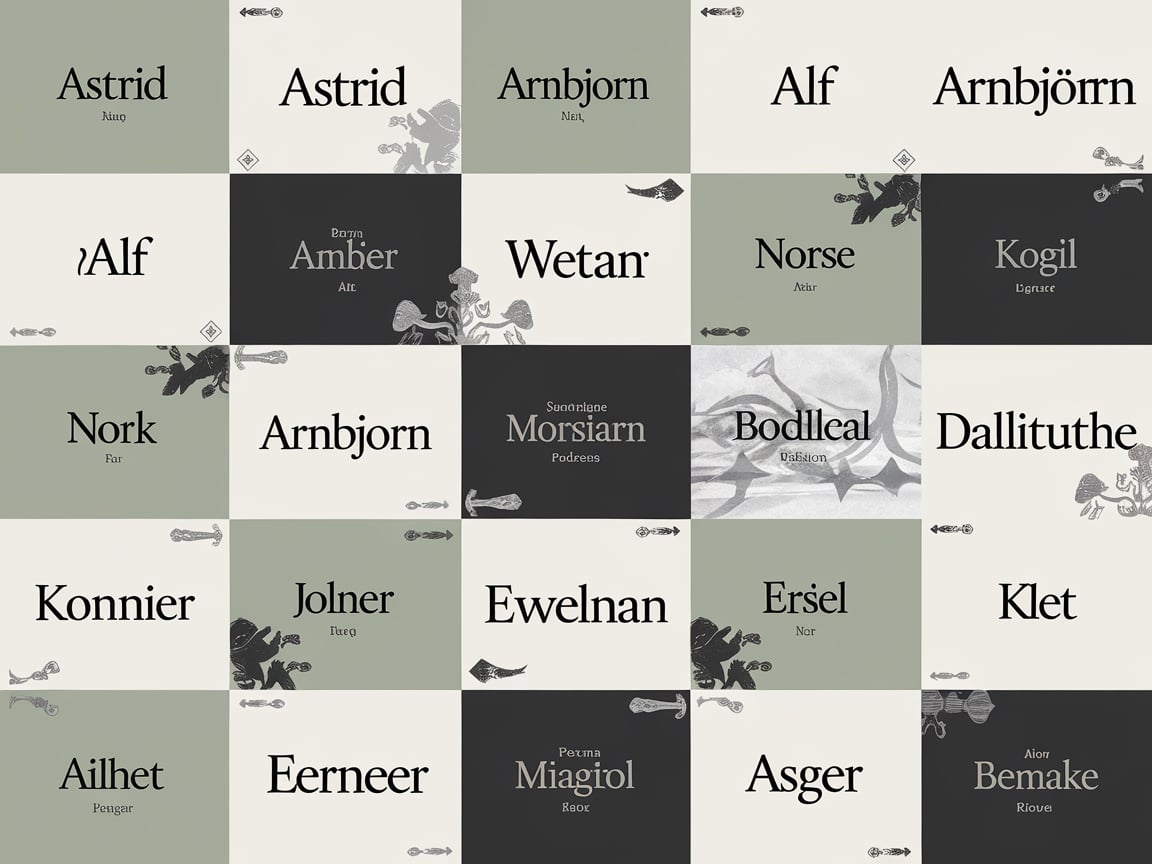
1. The Role of Names in Norse Culture
You know what I find absolutely amazing about Norse culture? They believed names weren’t just labels – they were like little pieces of destiny.
When parents chose a name, they weren’t just picking something that sounded nice; they were actually gifting their child with qualities they hoped would shape their future.
I’ve noticed how these names often tell incredible stories about family connections too. For instance, if someone was named “Thorson” (or Thorsson), it wasn’t just about honoring Thor.
it was about connecting that person to the strength and protection that Thor represented. Pretty cool, right?
2. Names and Their Mythological Roots
Something that gets me excited – is the way Norse mythology sprinkles its magic throughout its naming traditions. Think about names like “Freya” or “Odin” – they carry such powerful energy!
I particularly love how these names often blend strength with beauty, just like the gods they’re named after.
The Norse didn’t just stop at naming people after gods, though. They drew inspiration from everything in their rich mythology. You might find names inspired by:
- Valkyries, those fierce warrior women
- Legendary heroes who performed amazing feats
- Mystical creatures that roamed their stories
- Even the elements of nature they held sacred
What really fascinates me is how these names were chosen to give children special qualities. A name like “Bjorn” (meaning bear) wasn’t just about the animal.
it was about hoping your child would have the strength and courage of a bear. How thoughtful is that?
3. Living Symbols in Norse Names
Something I find particularly meaningful is how Norse names often carried hidden meanings that went way deeper than just sounds.
Take a name like “Astrid” – it means “divine strength,” and parents hoped their daughter would embody that power throughout her life.
The Vikings were incredibly clever with their naming traditions. They believed that names could:
- Protect their children from harm
- Connect them to their ancestors
- Give them special abilities or strengths
- Help shape their future path
I’ve noticed that even today, these names carry that same magical quality. When someone introduces themselves with a Norse-inspired name, there’s often this wonderful moment of connection to those ancient stories and beliefs.
4. The Modern Echo of Ancient Names
You know what makes me smile? Seeing how these powerful naming traditions still influence us today. Parents are still choosing names like Erik, Freya, or Thor, connecting their children to this rich heritage. And each time they do, they’re keeping this beautiful tradition alive.
These names remind us that we’re part of a long, incredible story that stretches back through time. They carry whispers of ancient wisdom, strength, and beauty that still resonate in our modern world.
Isn’t it amazing how something as simple as a name can create such a powerful bridge between past and present?
Conclusion
Exploring Norse mythology Names has been such an exciting journey, and I hope you’ve enjoyed it as much as I have.
These names are more than just labels—they’re deeply rooted in stories of gods, heroes, and the mysteries of the universe.
Whether it’s the mighty Thor, the wise Odin, or the symbolic Yggdrasil, each name carries a legacy of strength, wisdom, and adventure.
What I love most is how these names still resonate today, inspiring everything from baby names to epic fantasy worlds. As we wrap up, I encourage you to keep exploring Norse mythology. It’s an endless treasure trove of inspiration and meaning.
Thanks for joining me on this journey, and let’s continue to celebrate the timeless beauty of these powerful names.
Frequently Asked Questions
Are Norse names still used today?
Absolutely! I’ve noticed how names like Erik, Freya, Thor, and Odin are gaining popularity worldwide. It’s amazing to see how these ancient names are finding new life in modern times. Parents often choose them because they:
- Love the strong meanings behind them
- Feel connected to their Scandinavian heritage
- Appreciate the unique and powerful sound
- Are fans of Norse mythology and culture
How can you tell if a name has Norse origins?
This is one of my favorite questions! While some names are obvious (like Thor), others are more subtle. Here’s what I usually look for:
- Common endings like “-ulf” (wolf), “-mund” (protection), or “-gard” (enclosure)
- References to Norse gods or goddesses
- Elements of nature like “bjorn” (bear) or “arn” (eagle)
- Traditional Norse values like strength, wisdom, or beauty
What’s the deal with Norse naming traditions?
Oh, this is such an interesting aspect! Back in Viking times, naming wasn’t just a casual choice. I find it fascinating how they followed certain patterns:
- Children were often named after deceased relatives
- Names might be inspired by recent events or dreams
- Some families had traditions of starting names with specific letters
- Parents would sometimes combine elements of both parents’ names
Can anyone use Norse mythology names?
I get this question a lot! While these names are part of Norse heritage, they’re generally considered open for anyone to use. However, I always suggest:
- Learning about the name’s meaning and history
- Being respectful of the cultural significance
- Considering how the name might work in your community
- Making sure you can pronounce it correctly
Do Norse names have gender associations?
This is interesting because while many Norse names were traditionally gendered, some modern interpretations are more flexible. I’ve noticed that:
- Some names work for any gender
- Traditional meanings sometimes evolve
- Modern usage might differ from historical use
- Each culture might interpret gender associations differently

